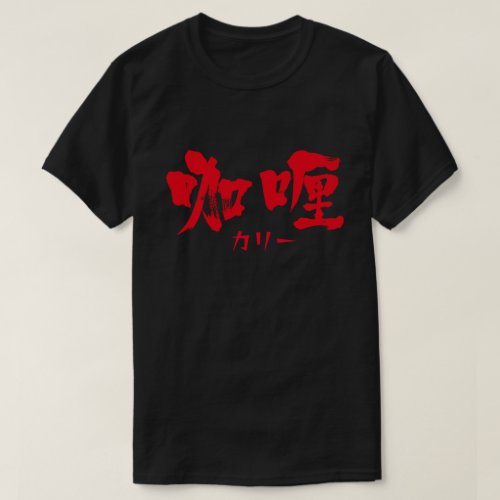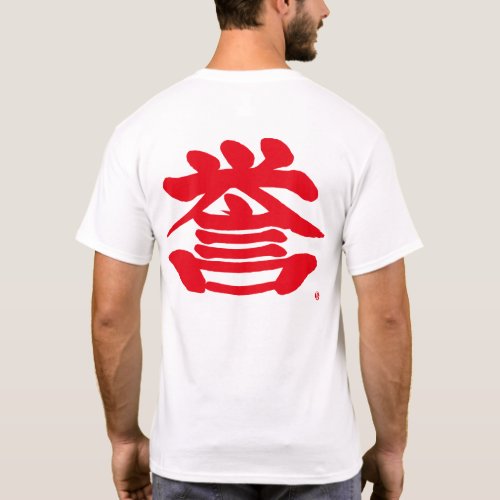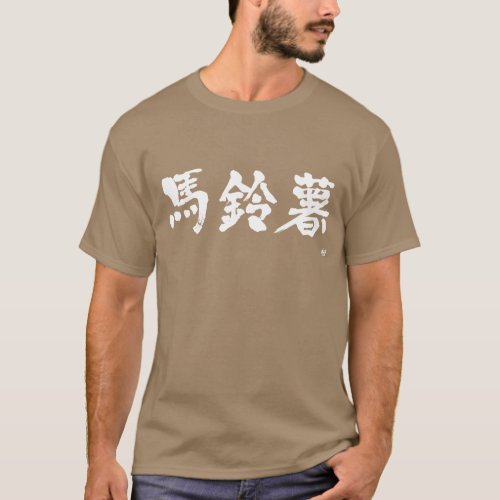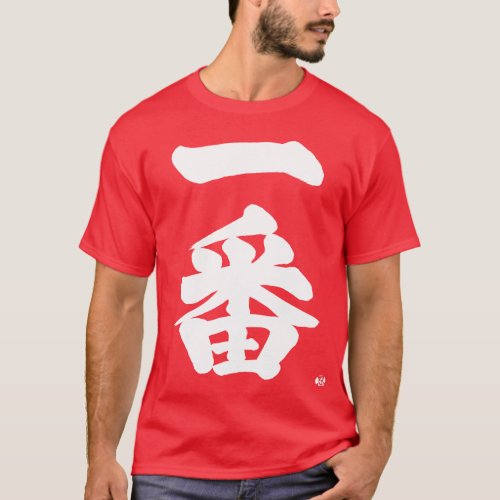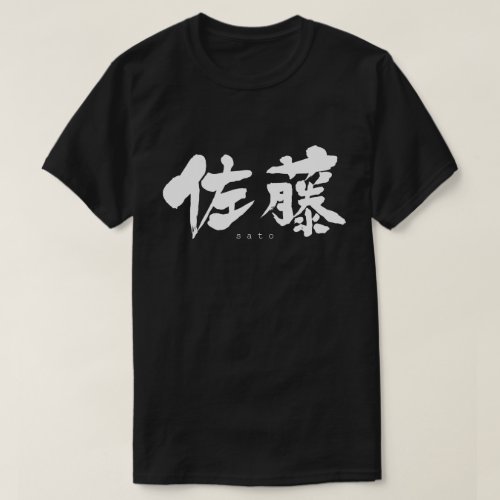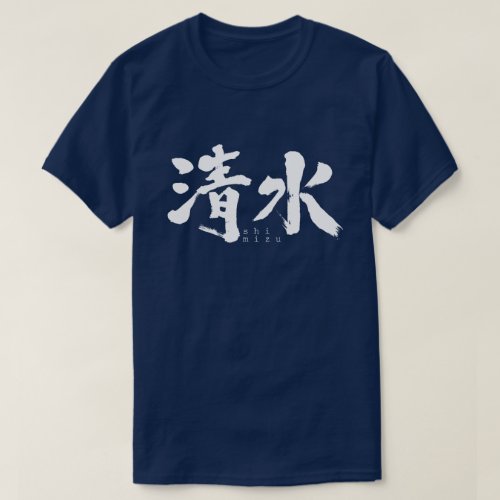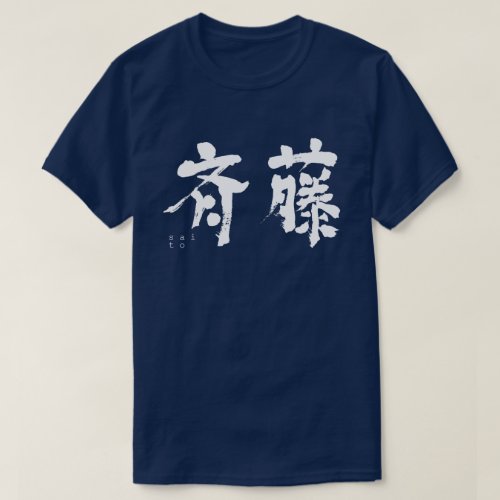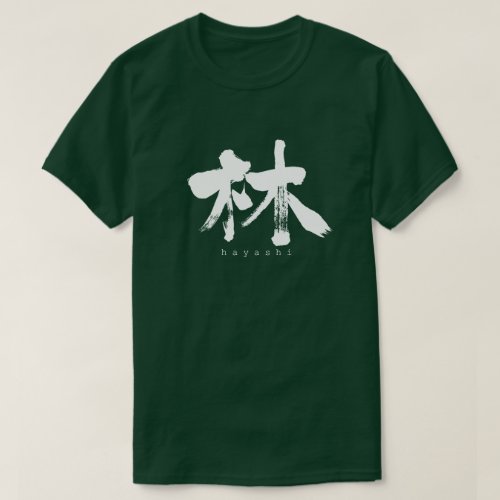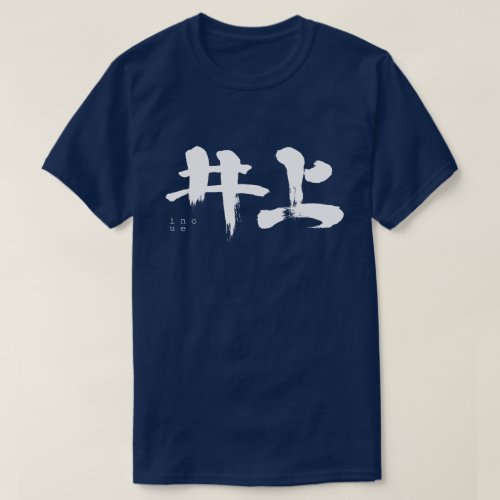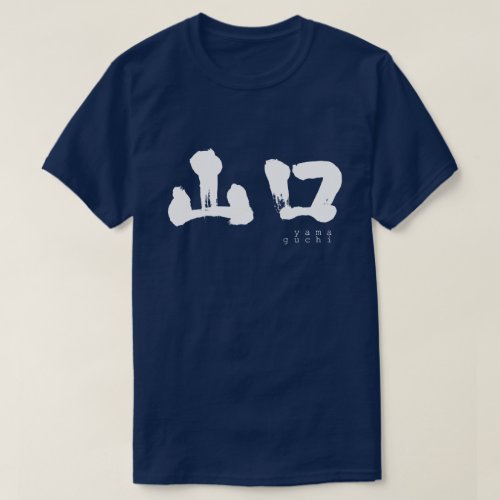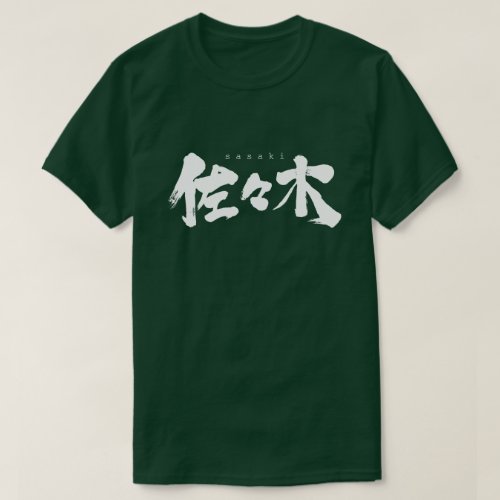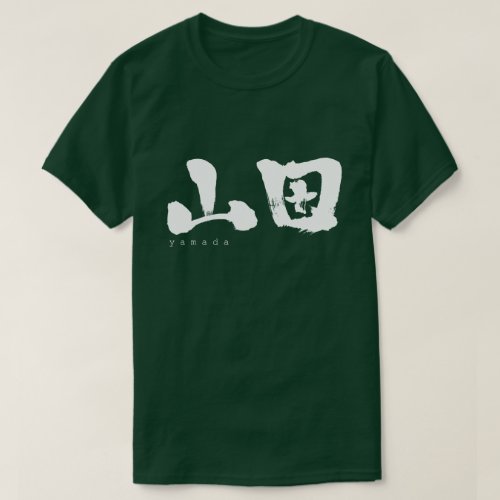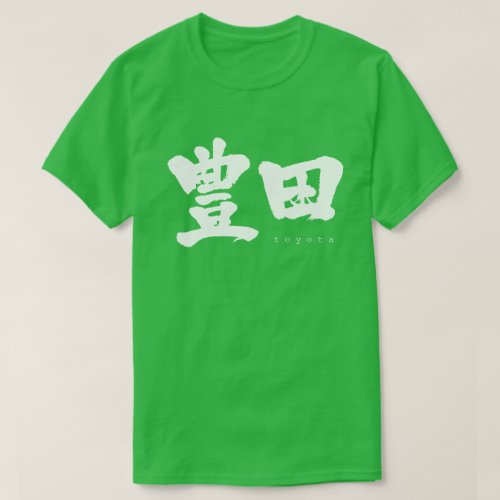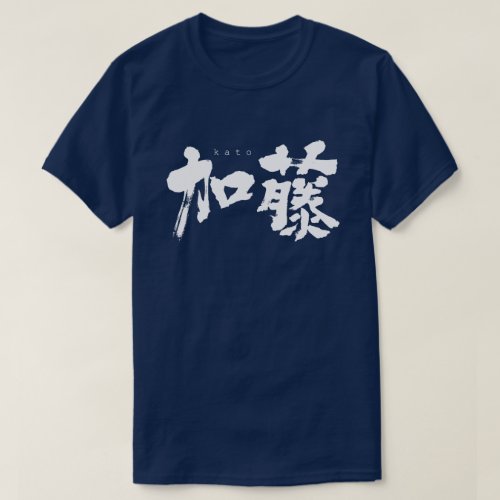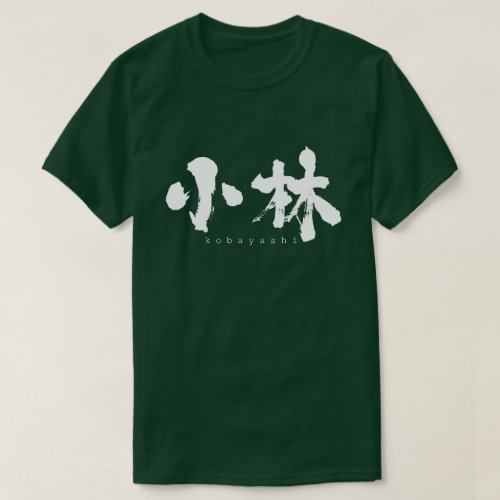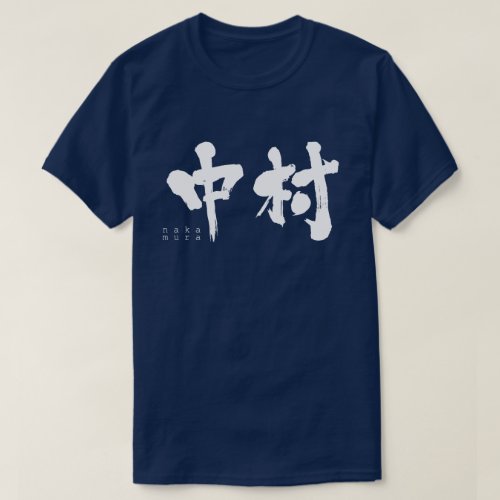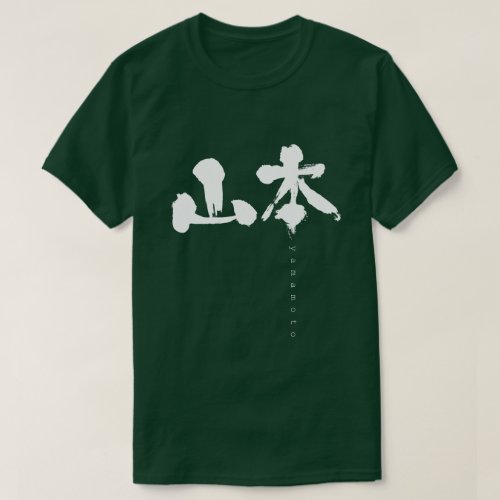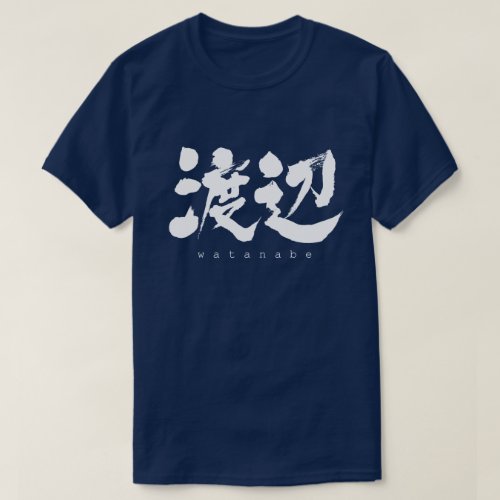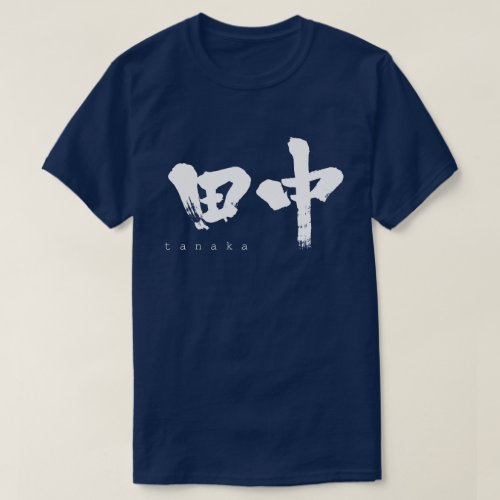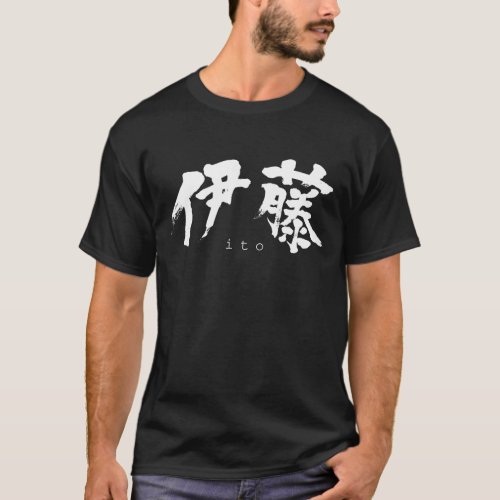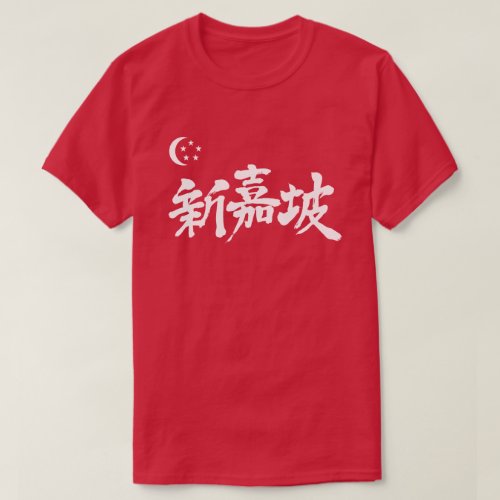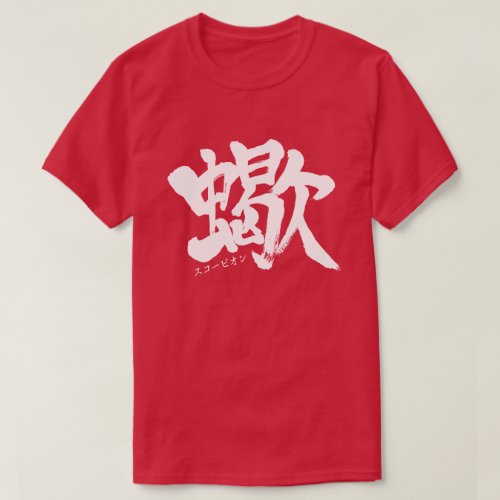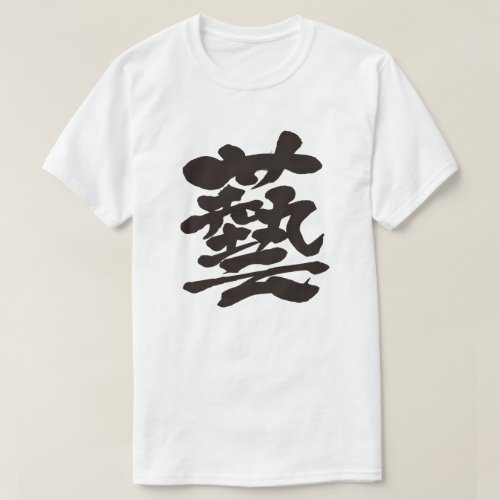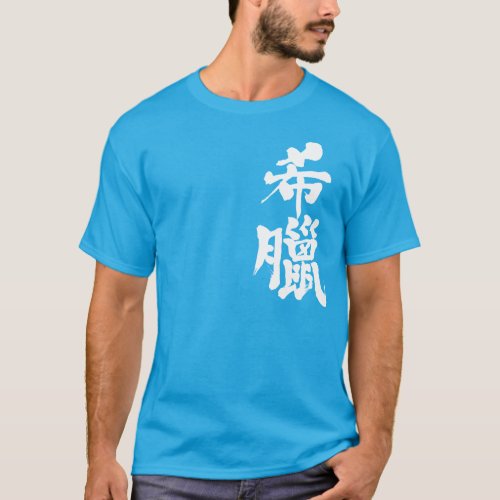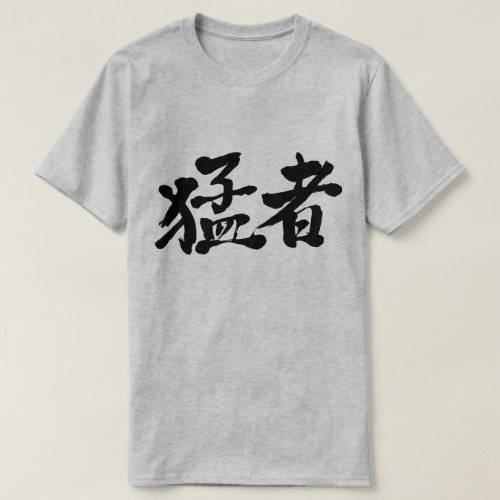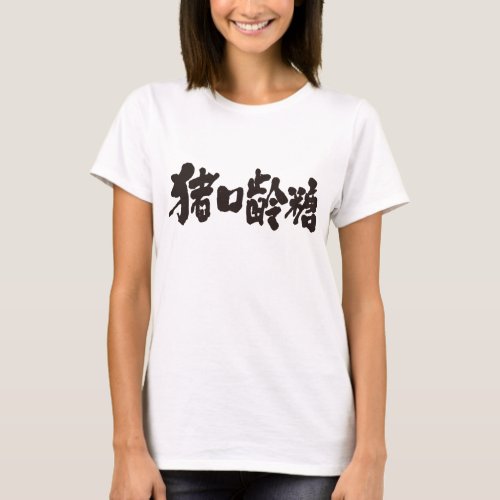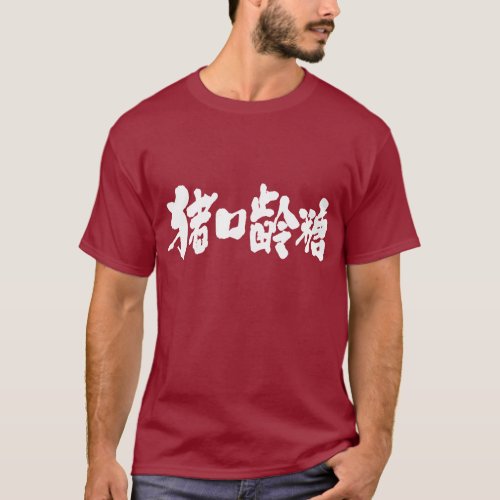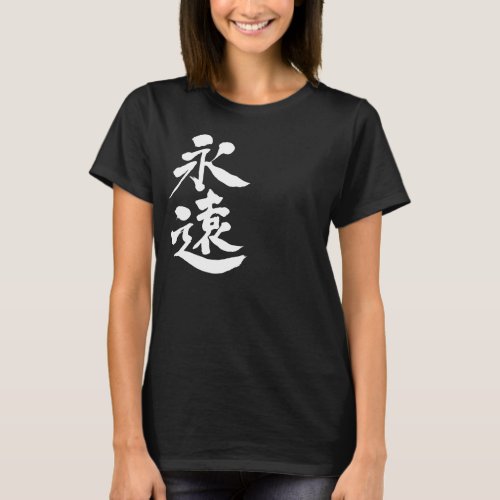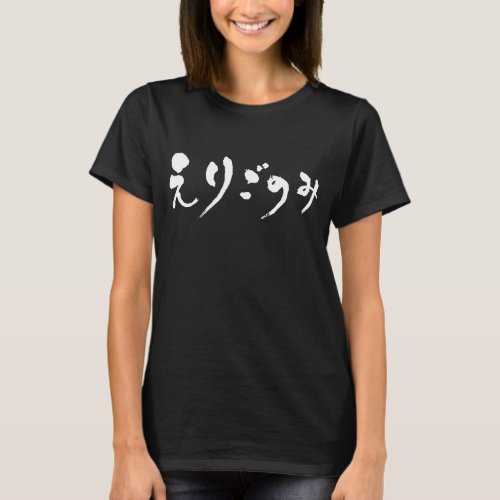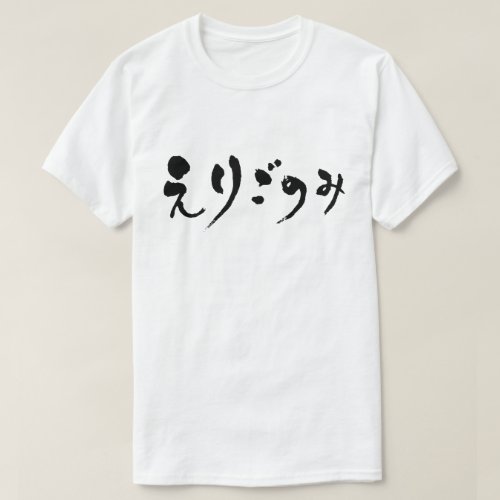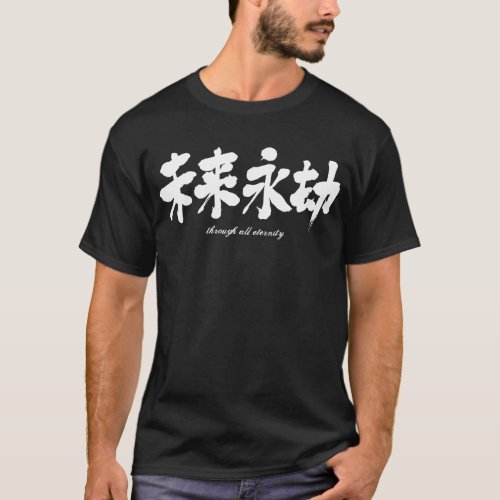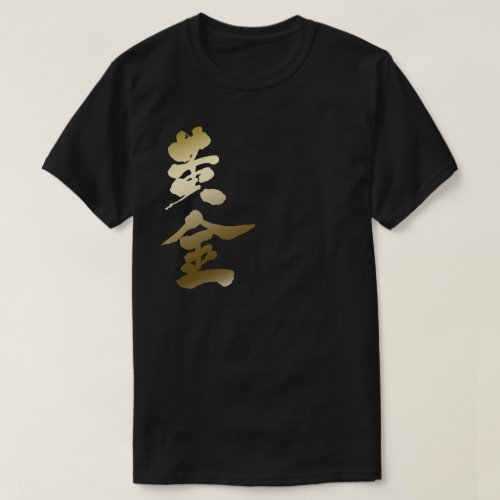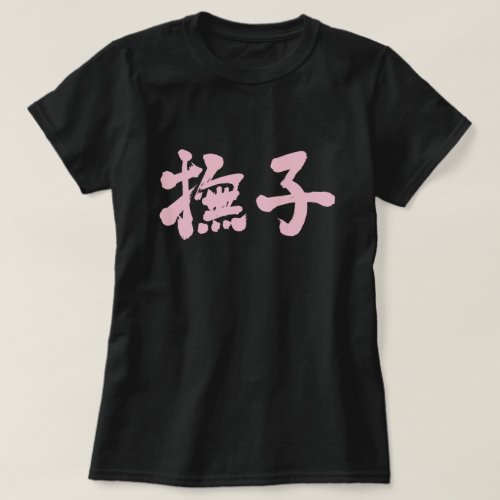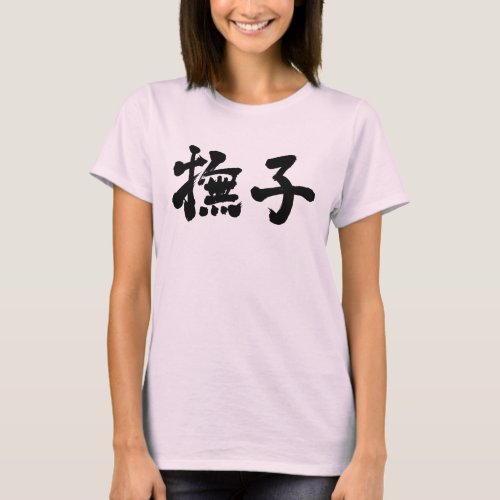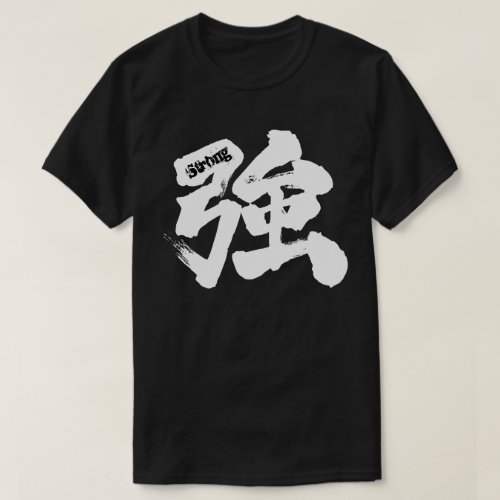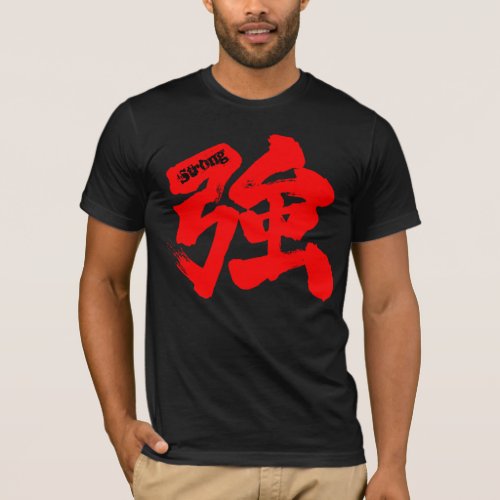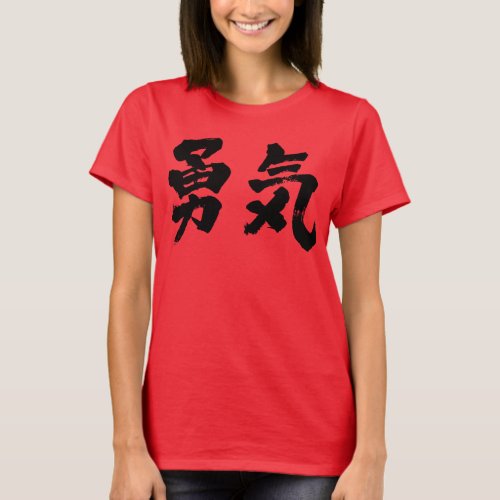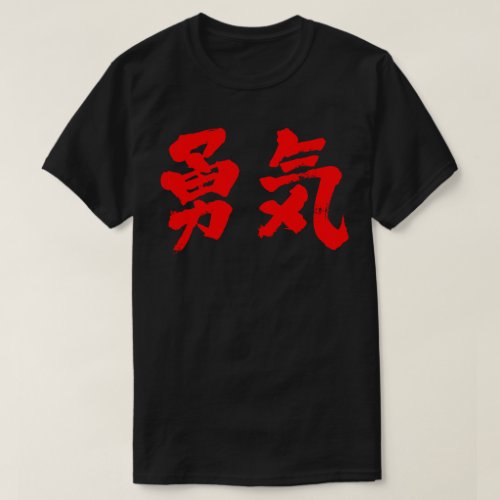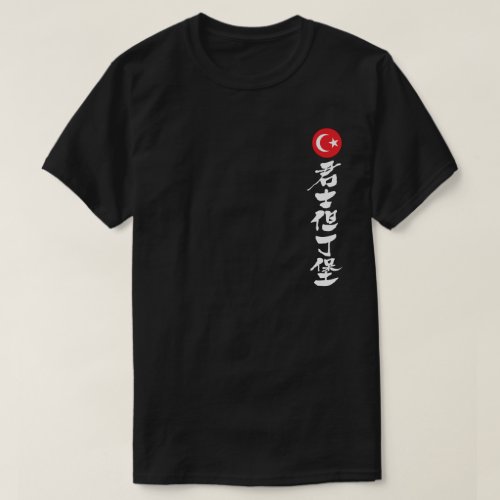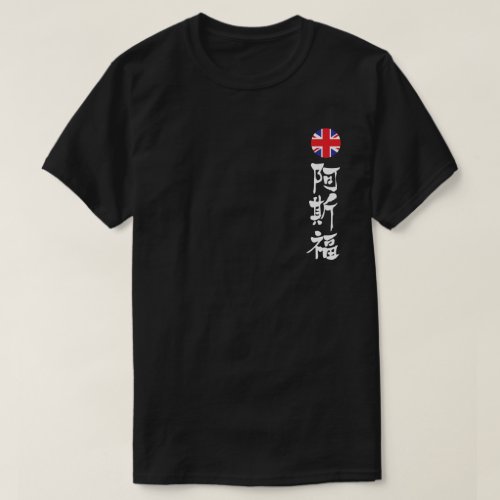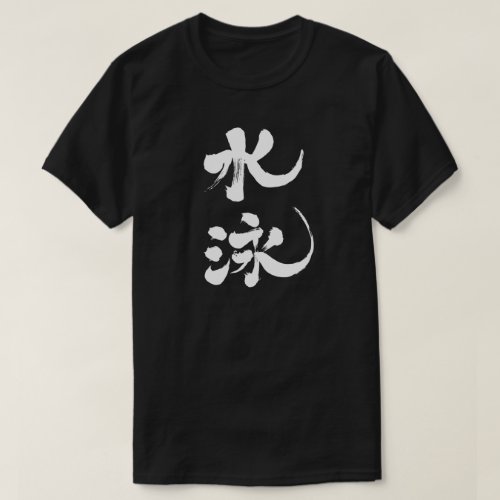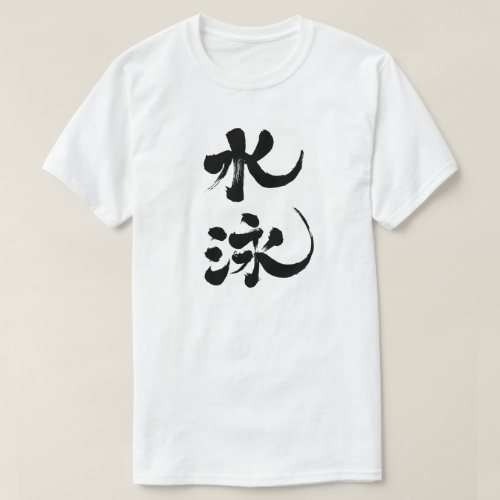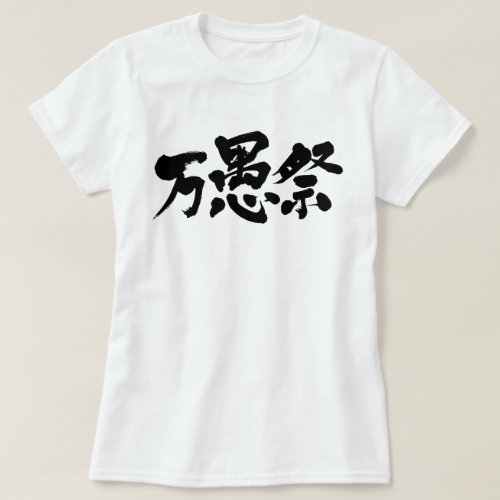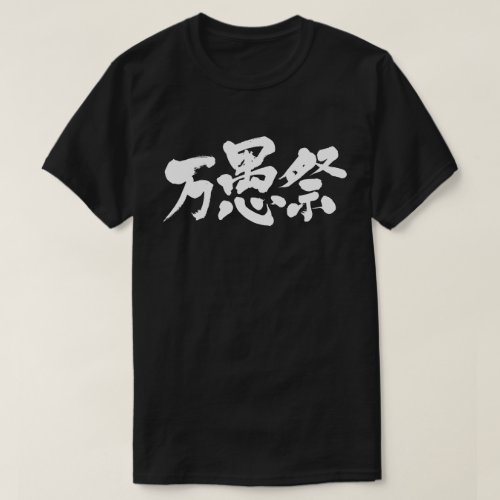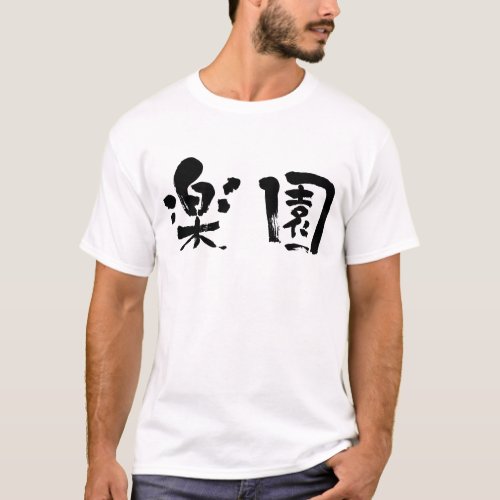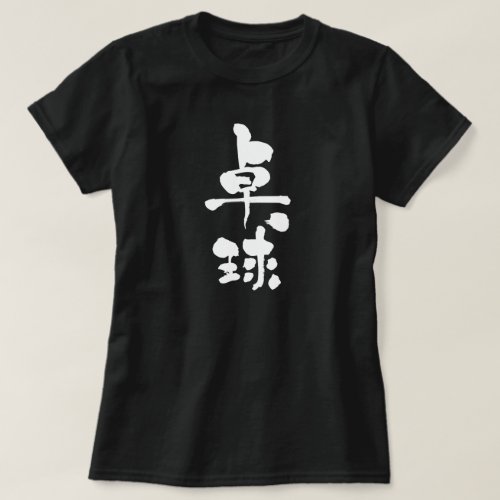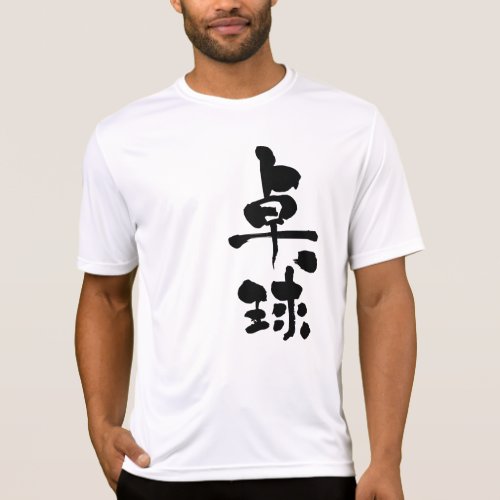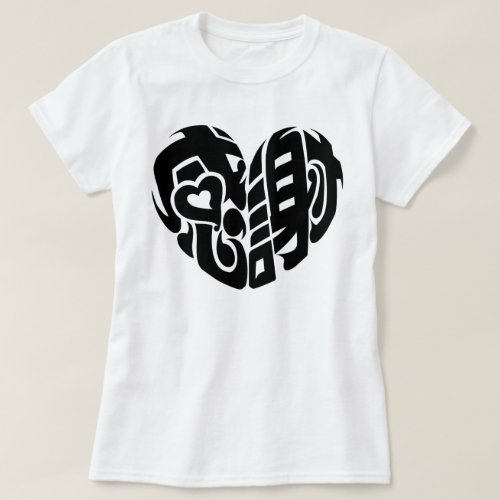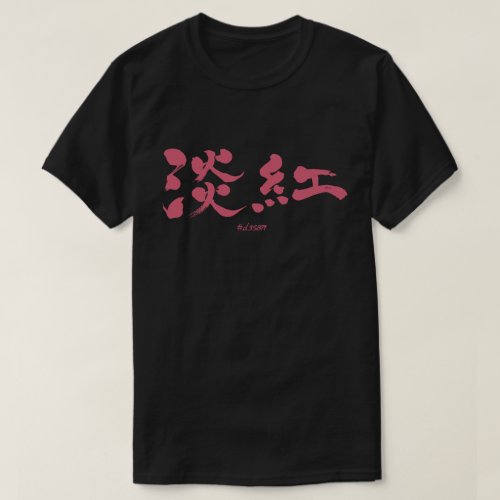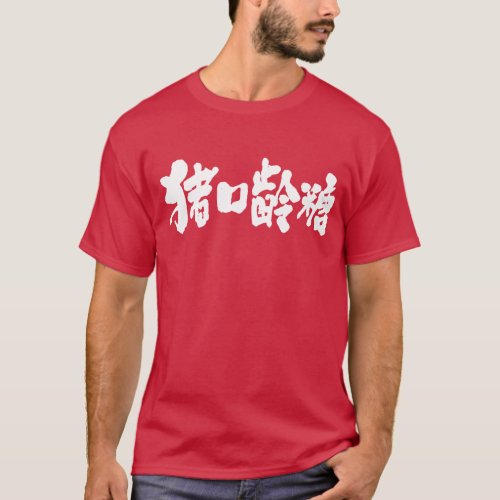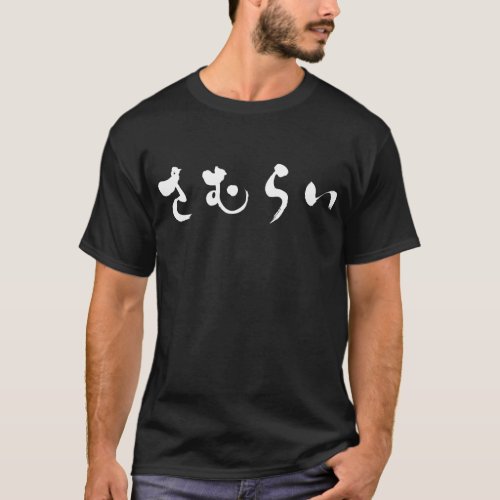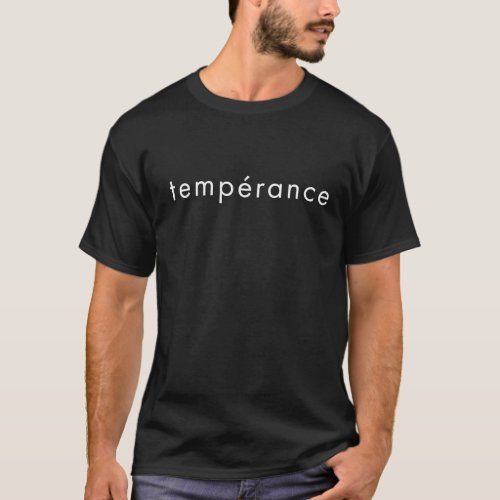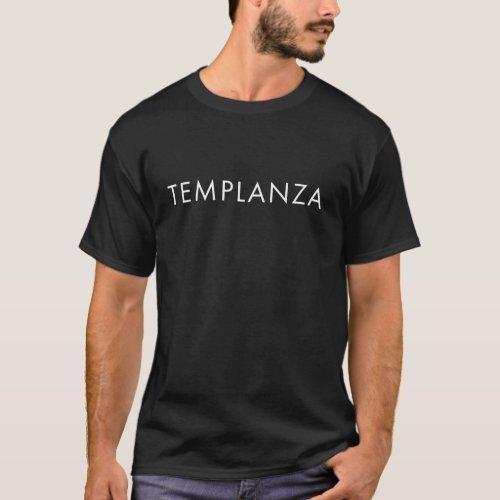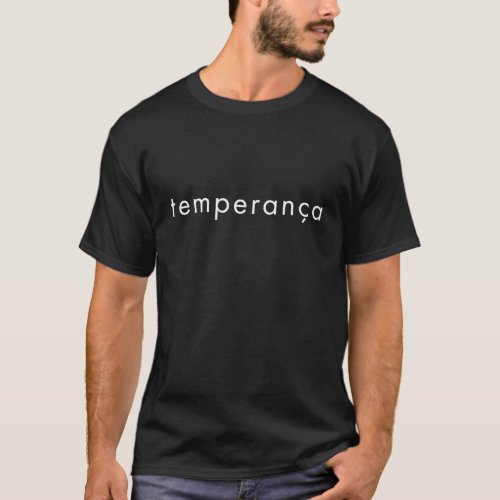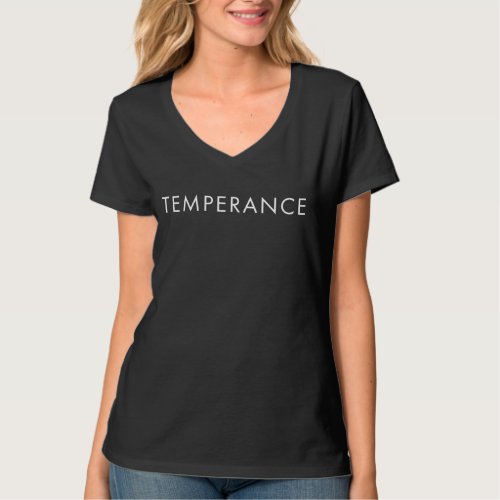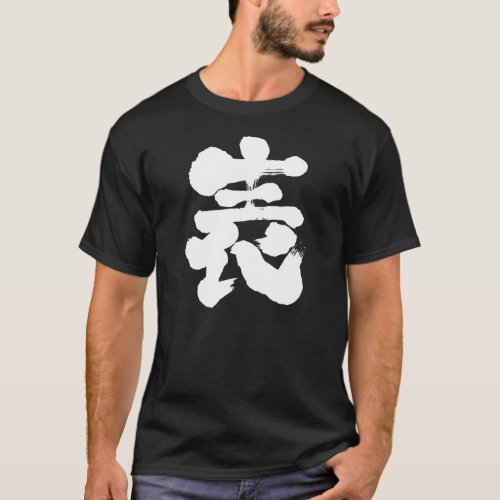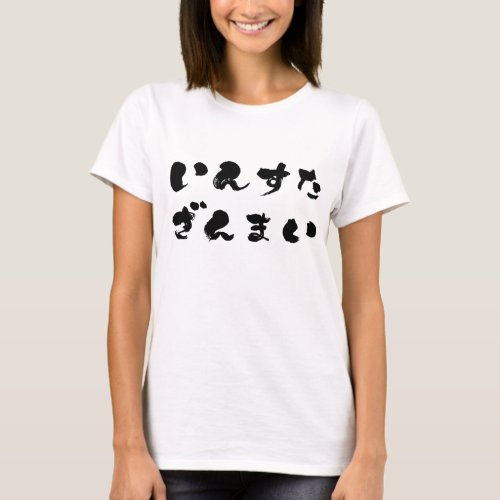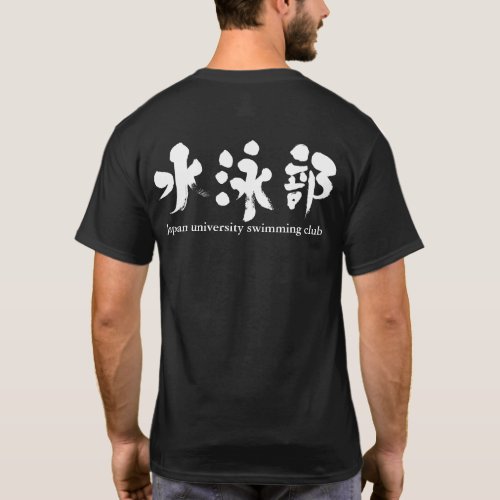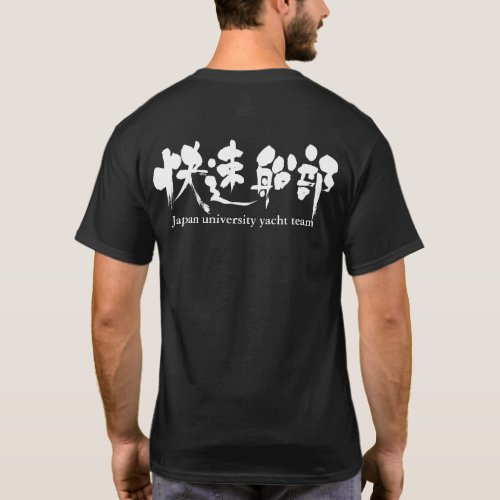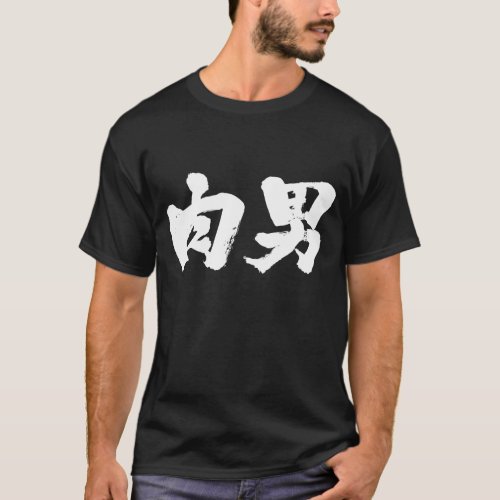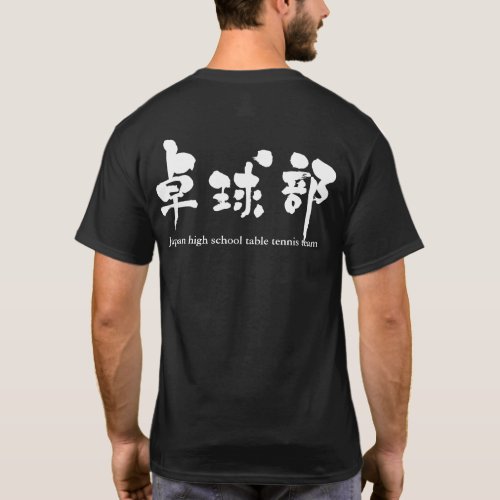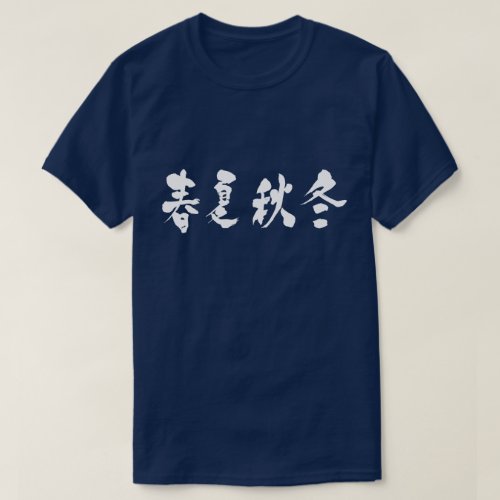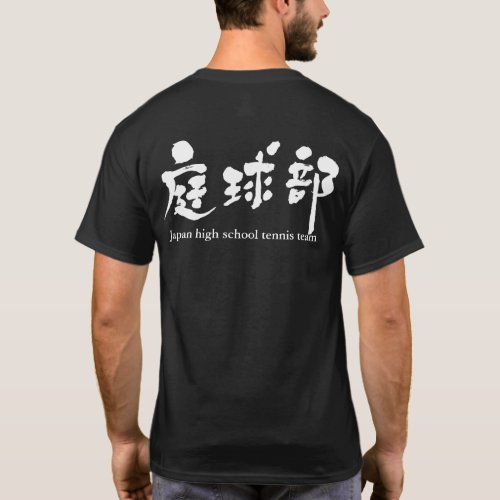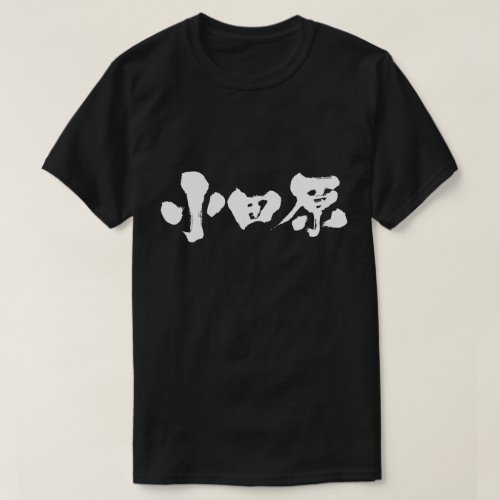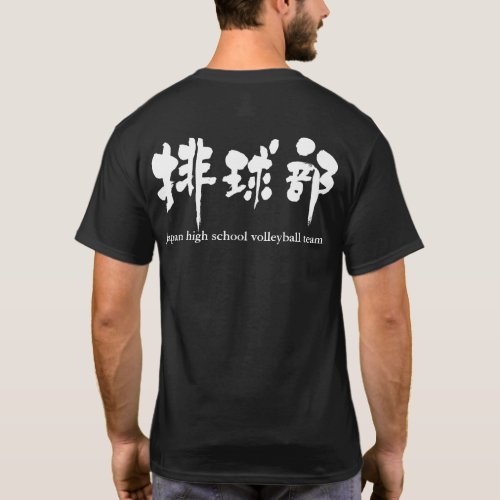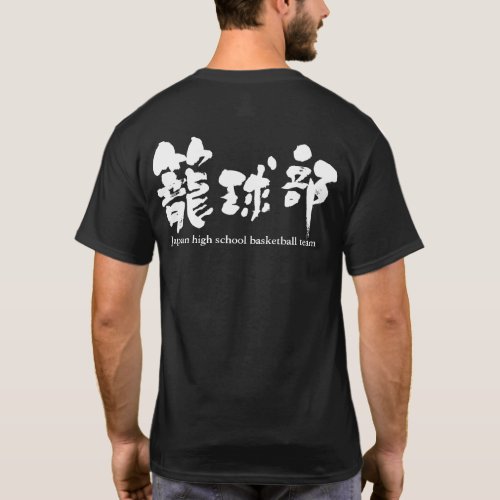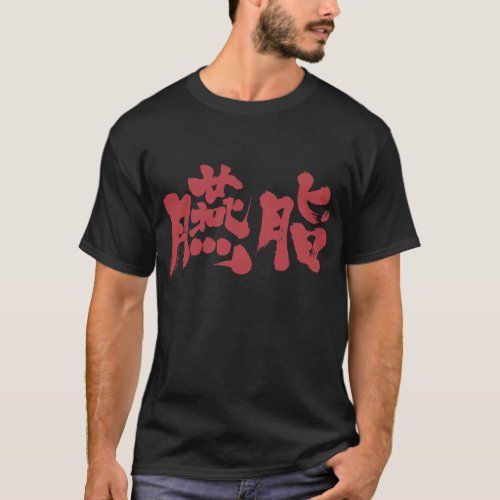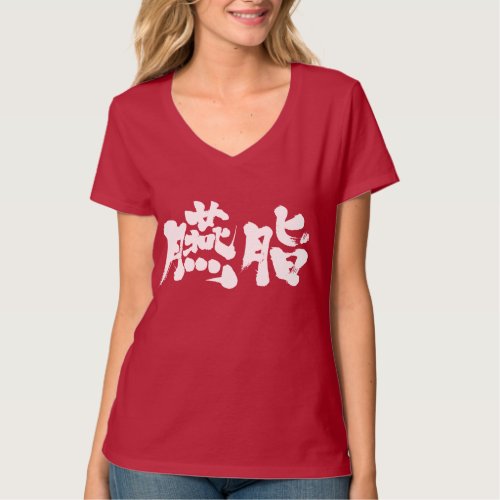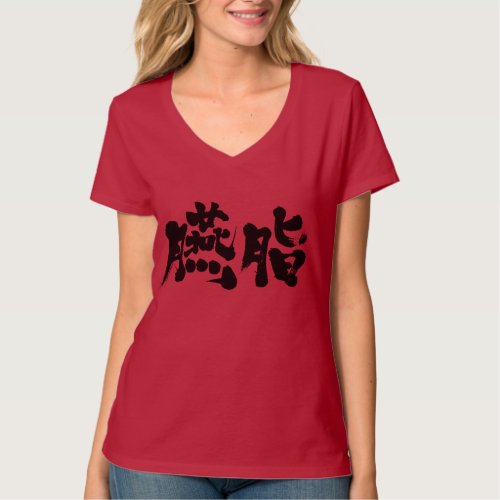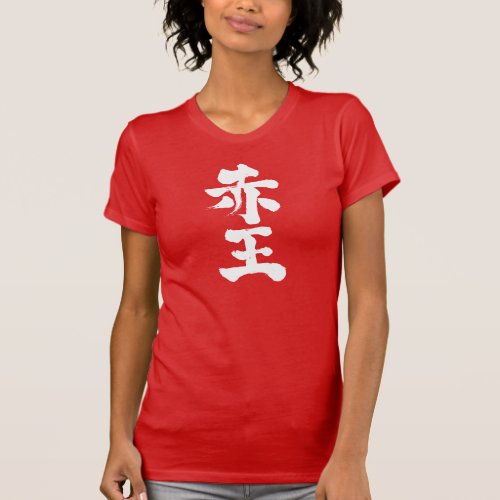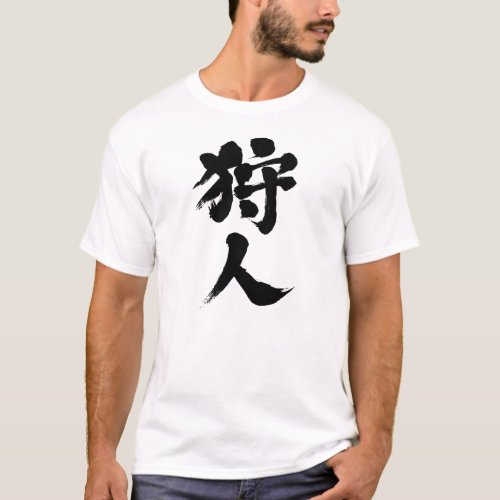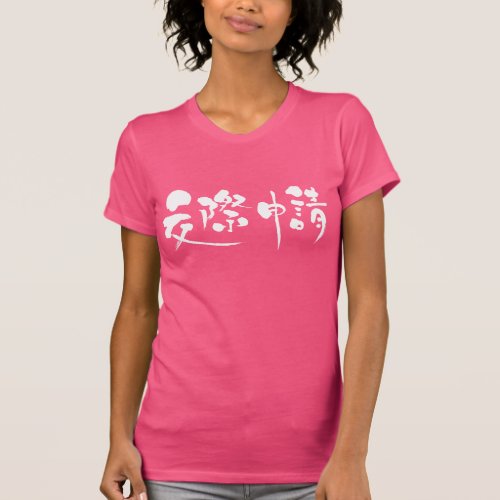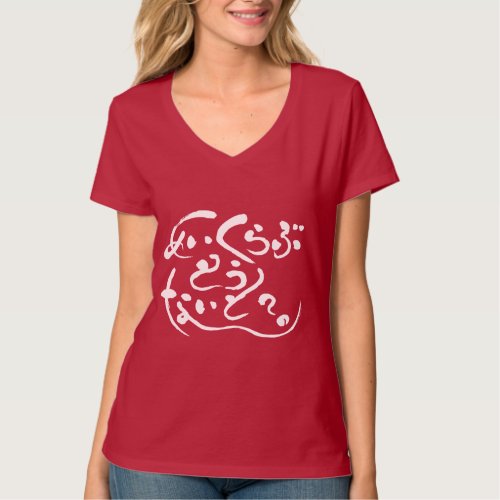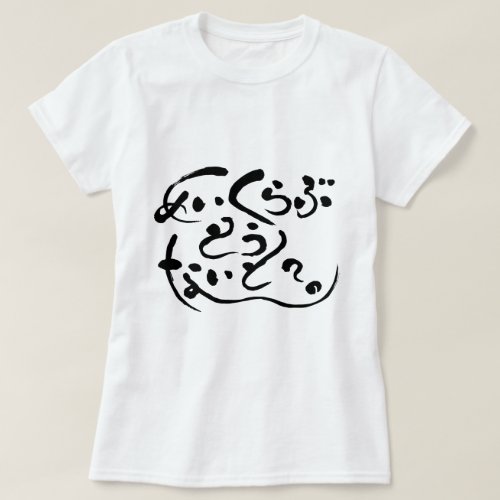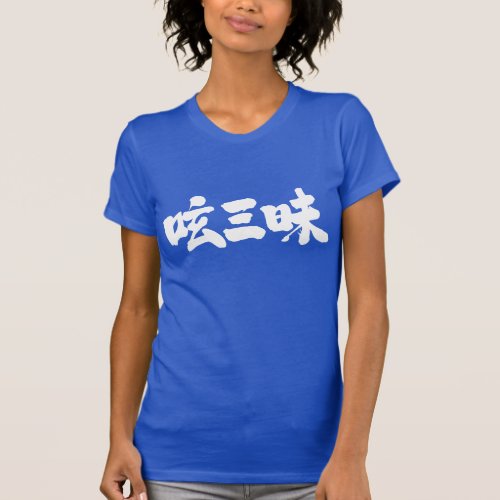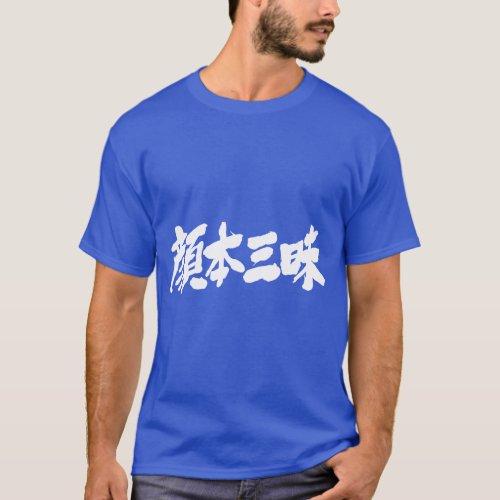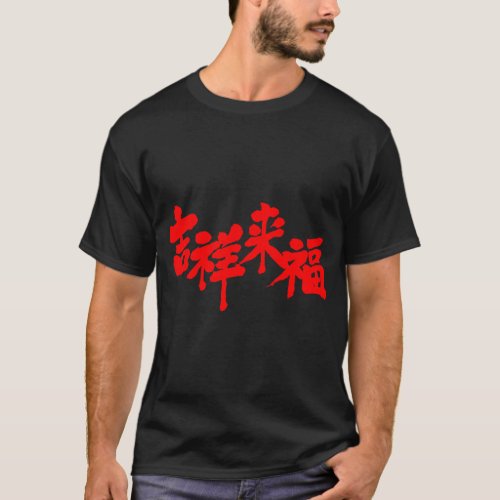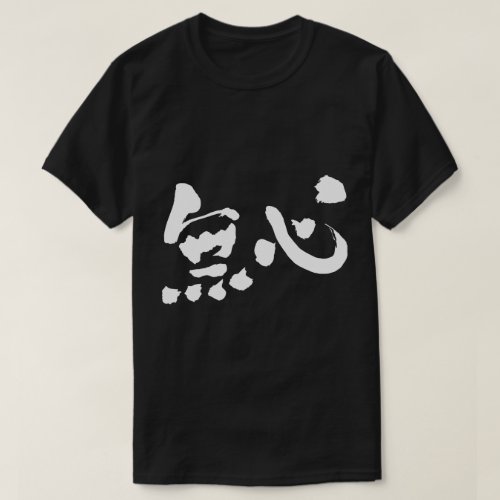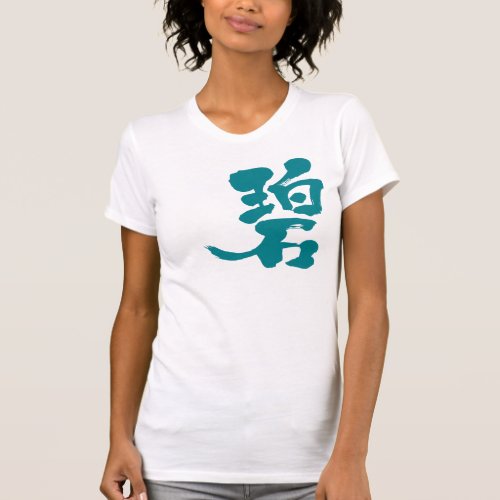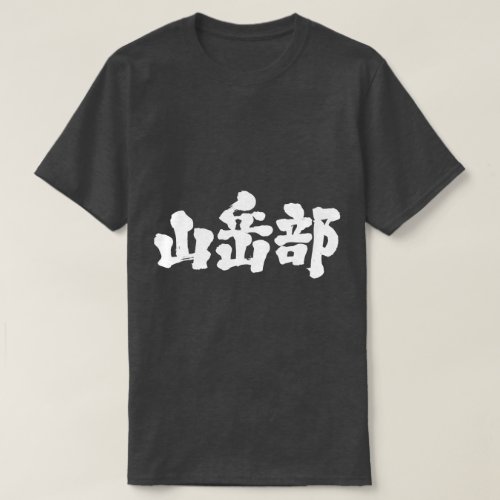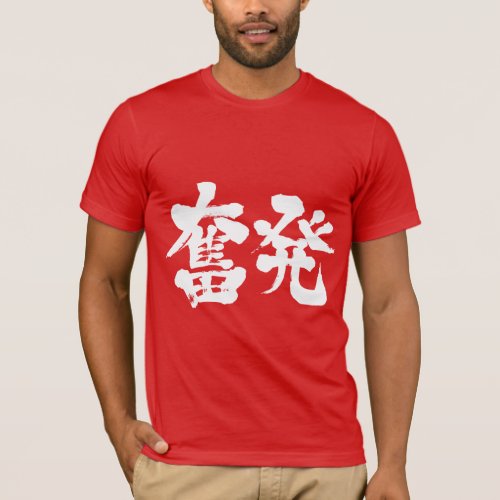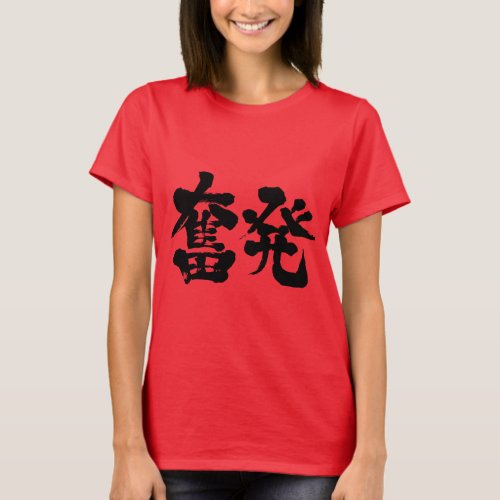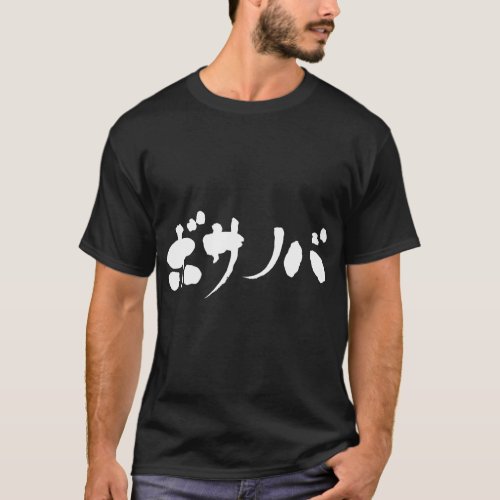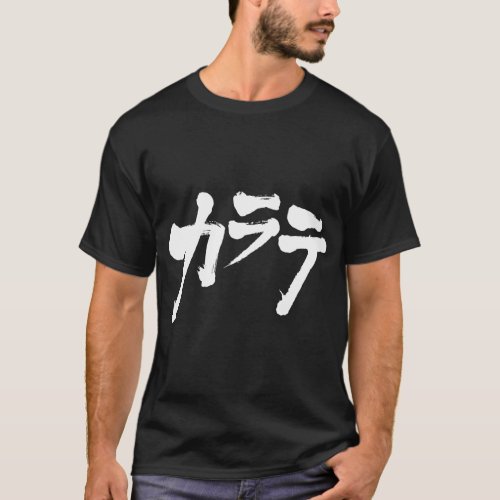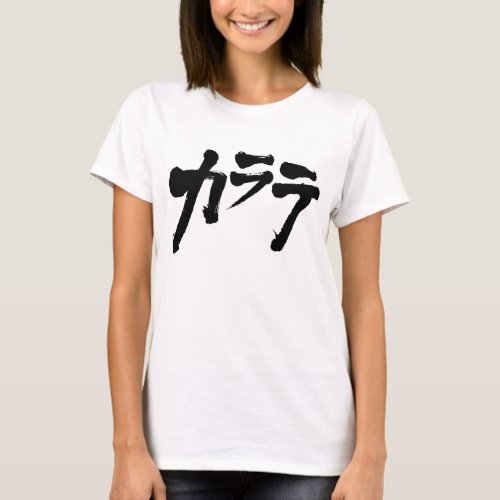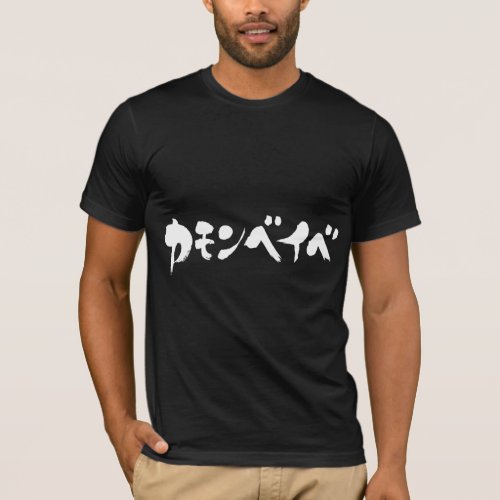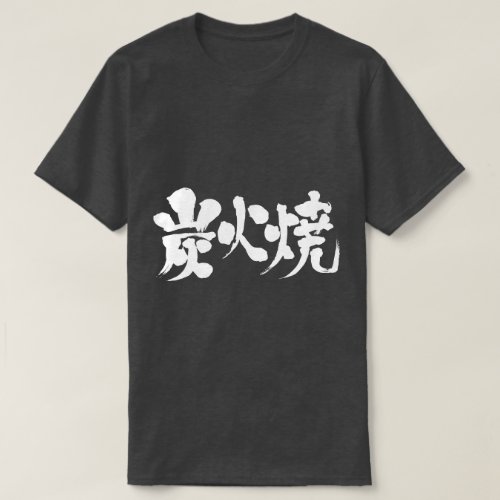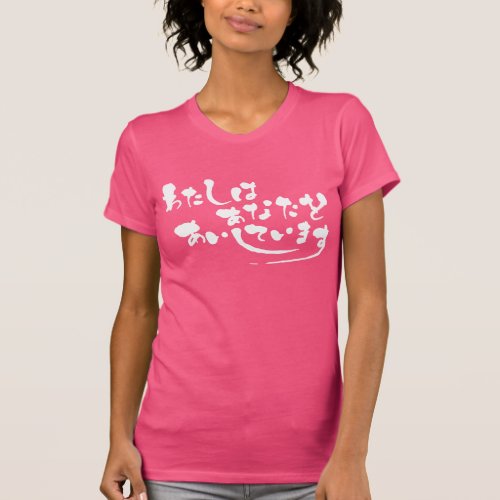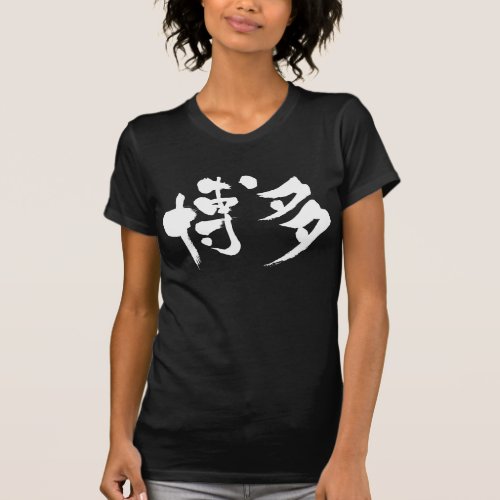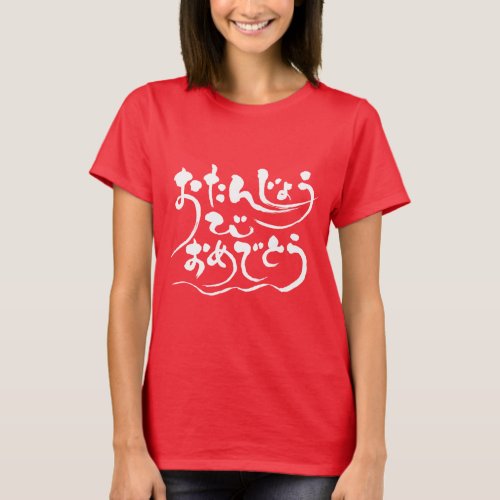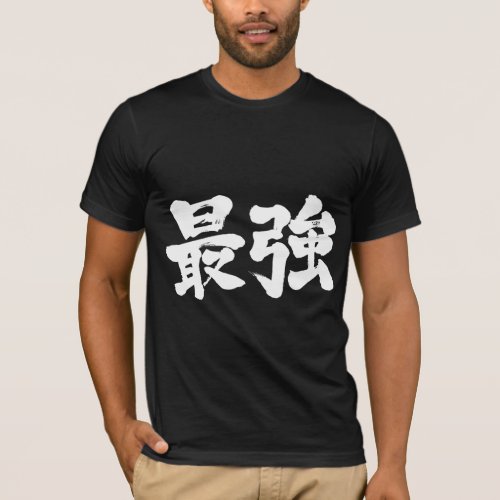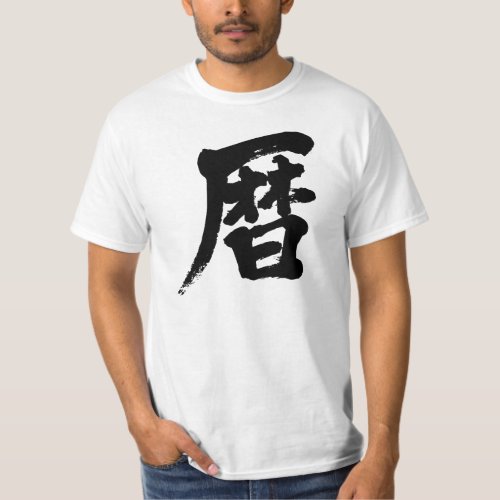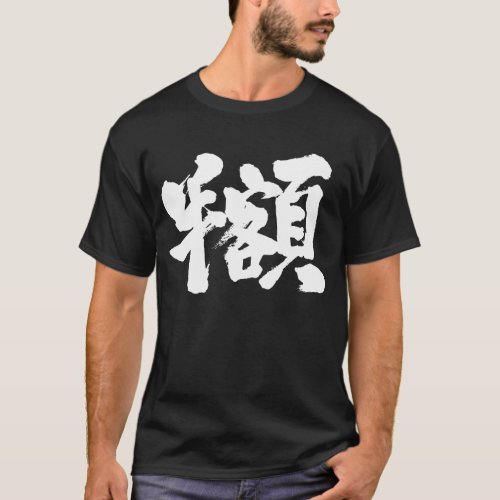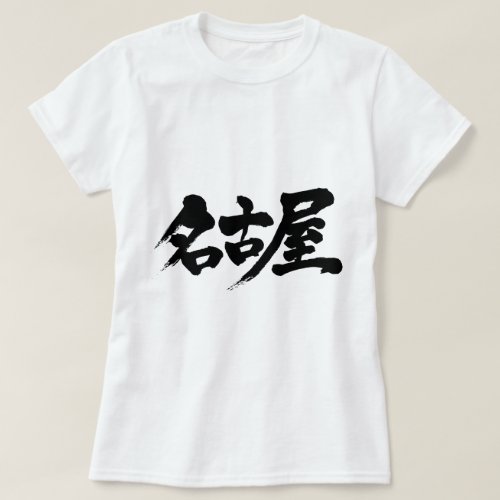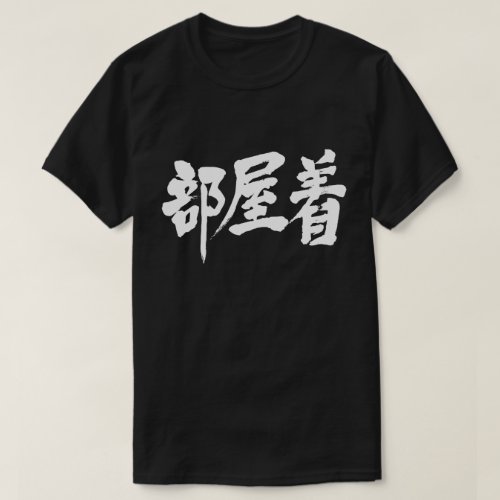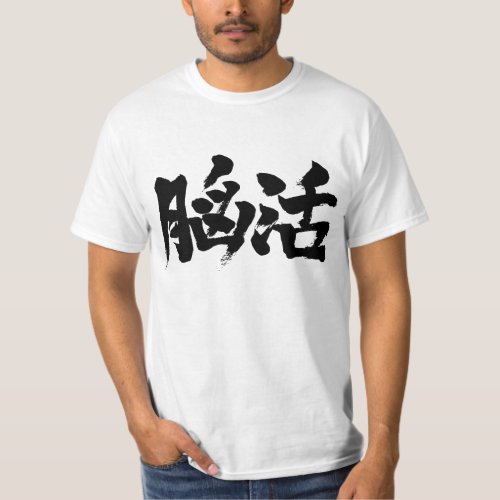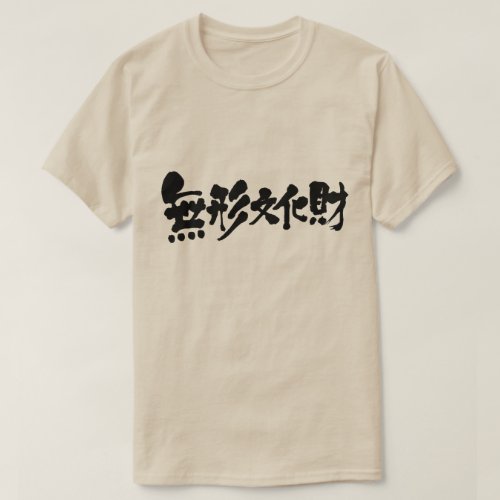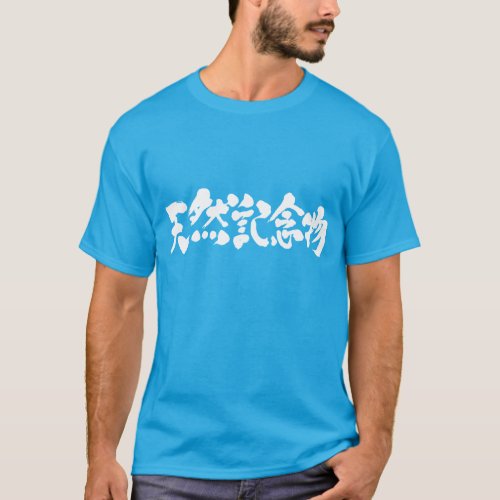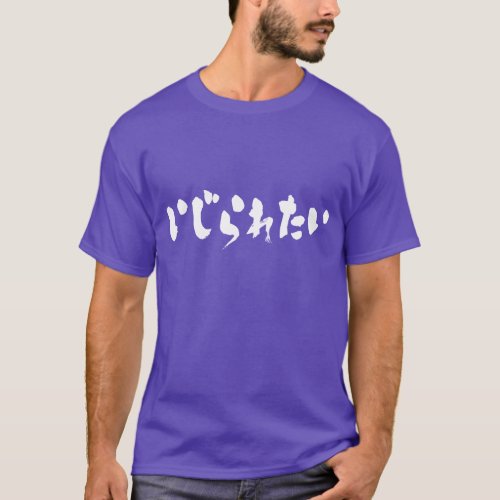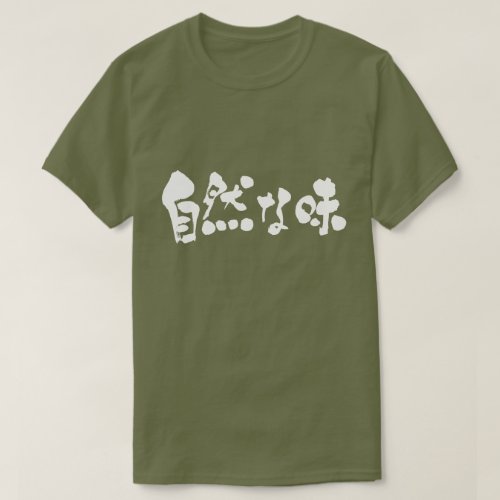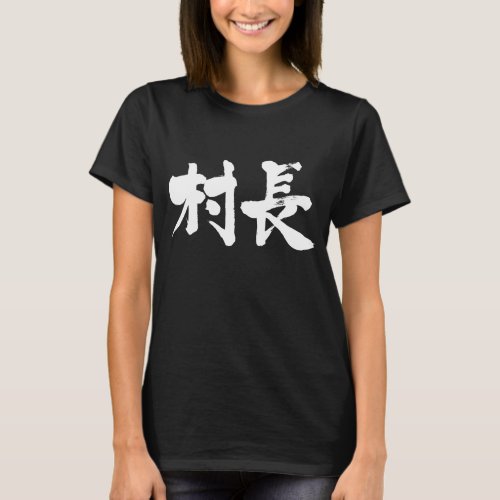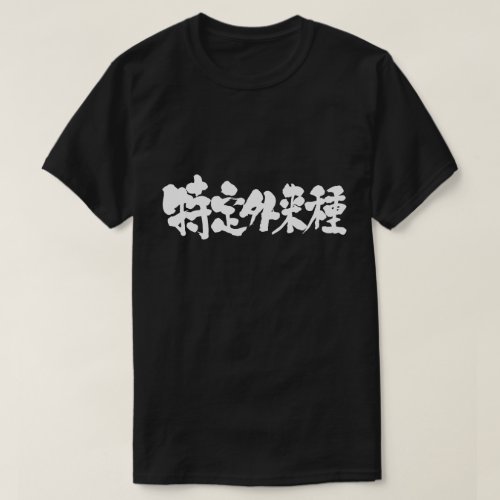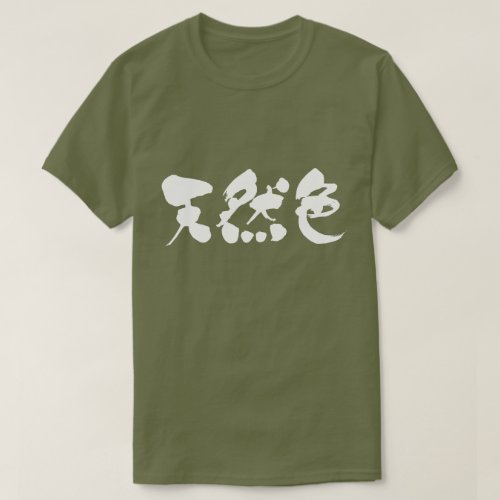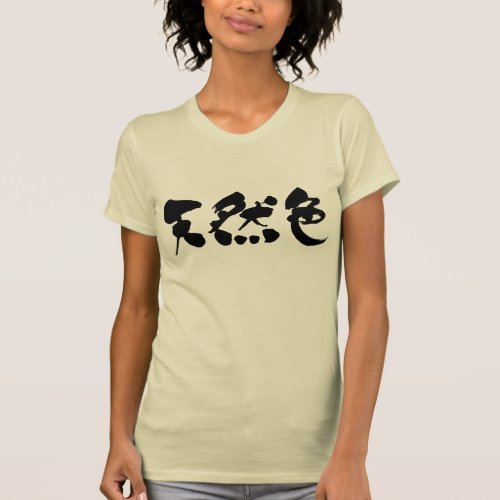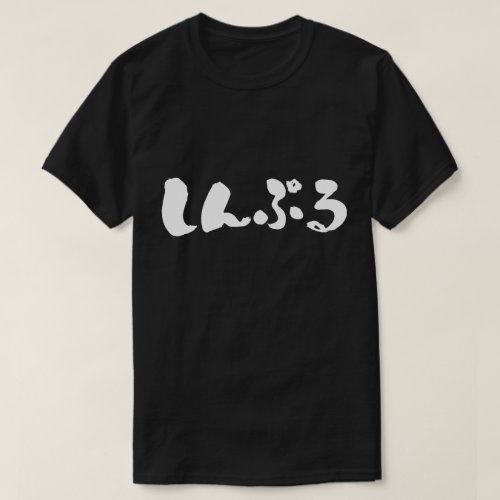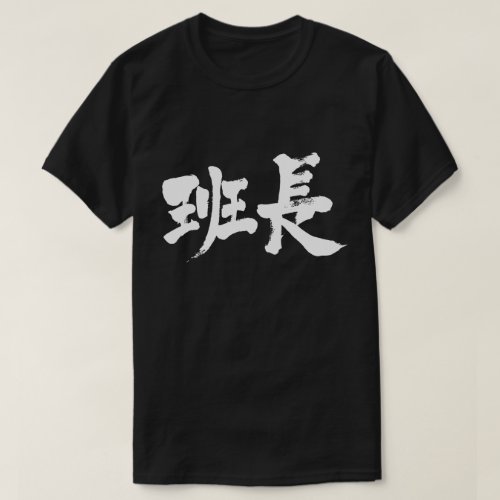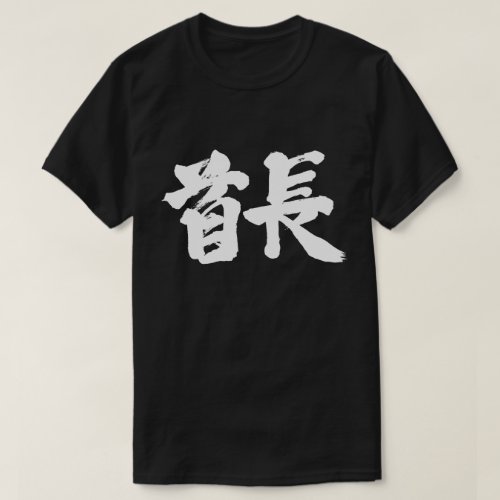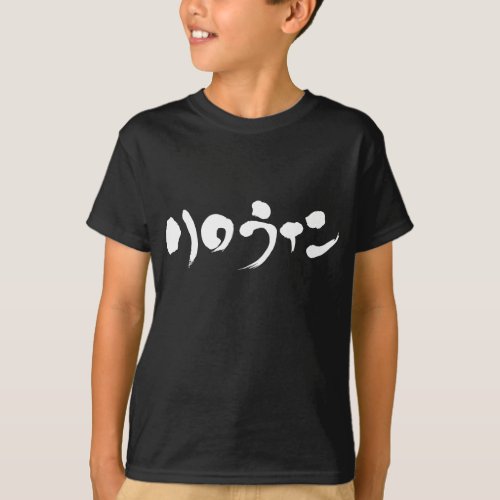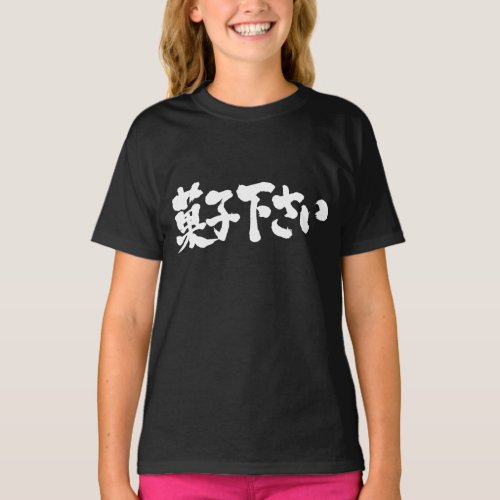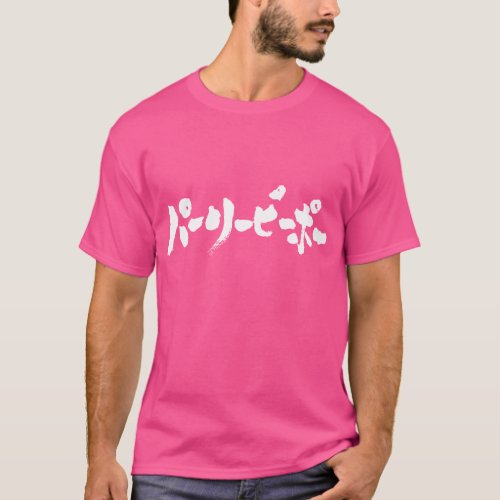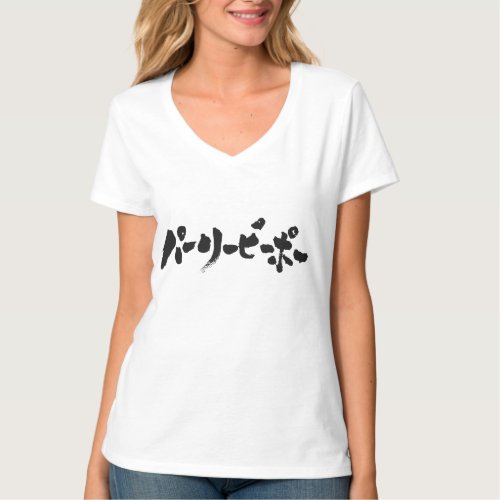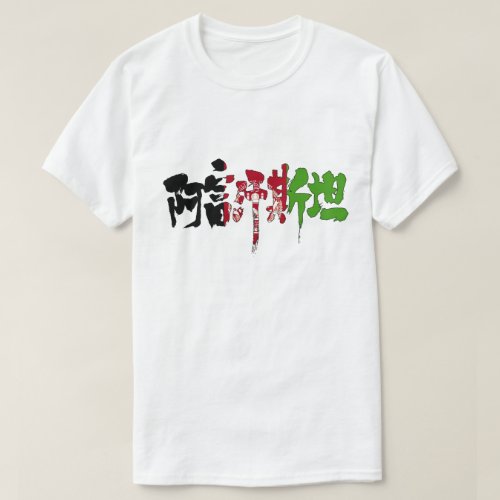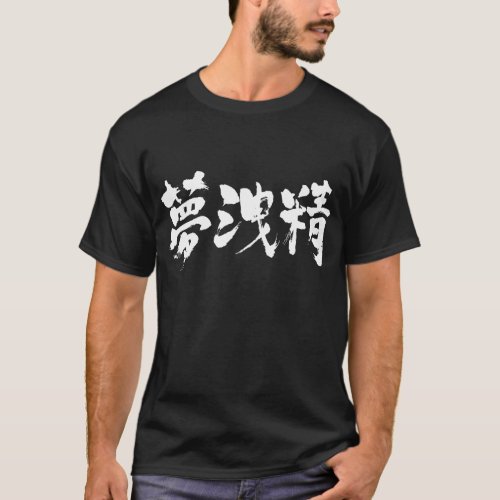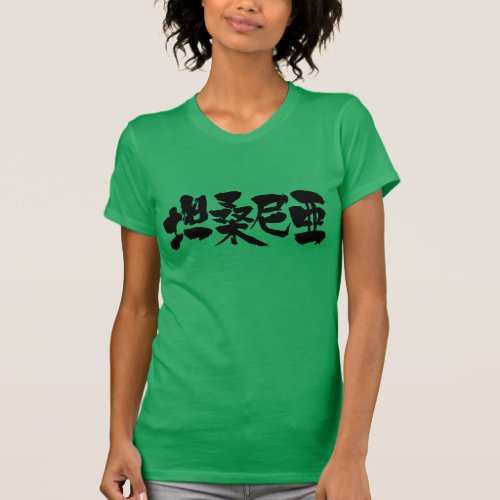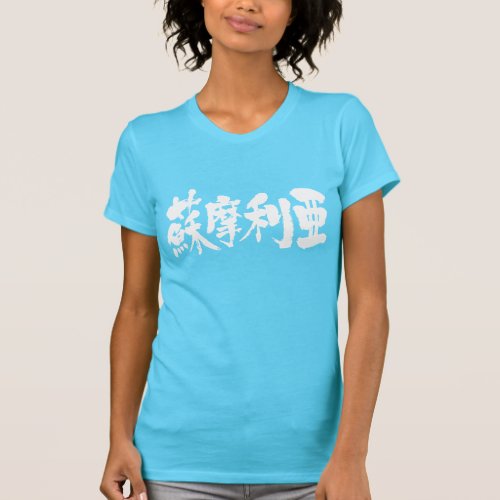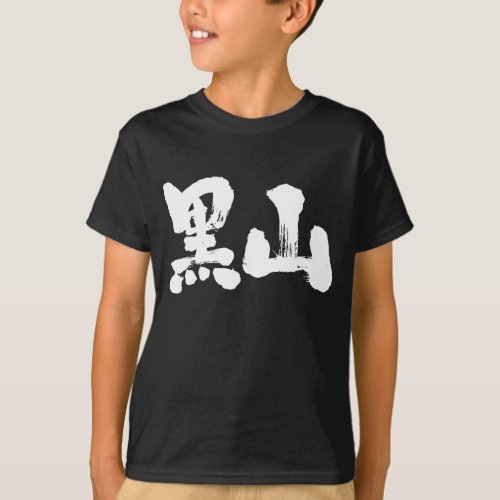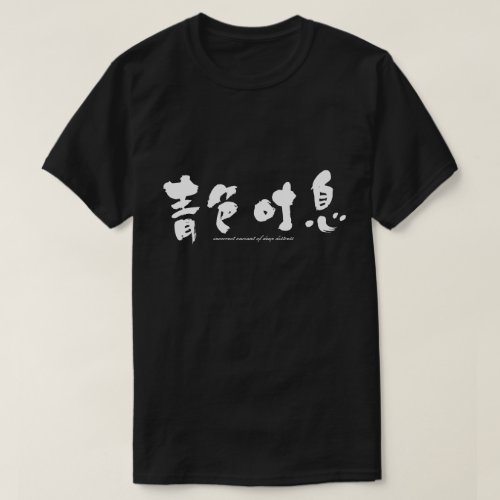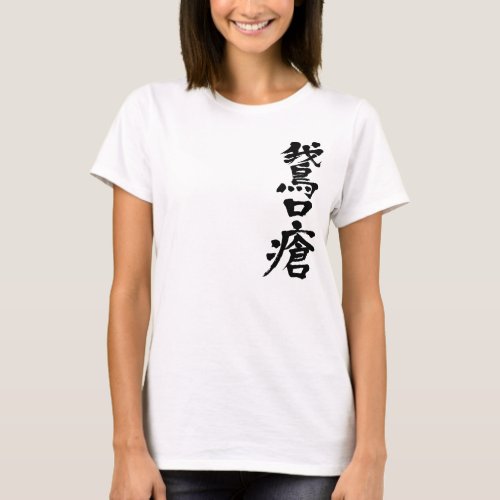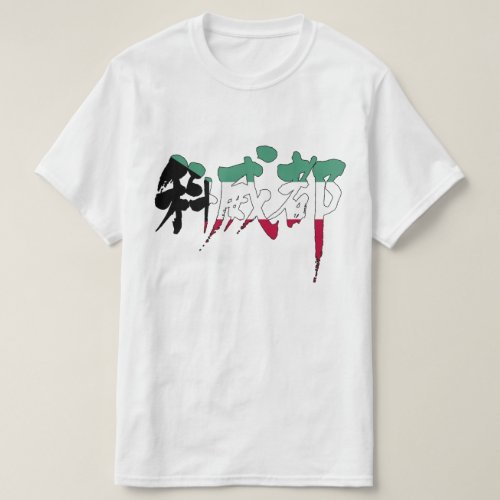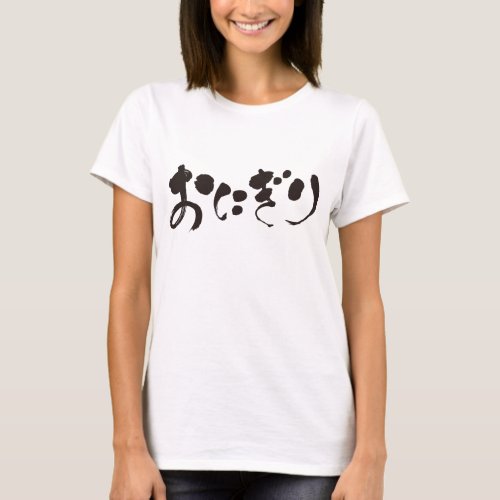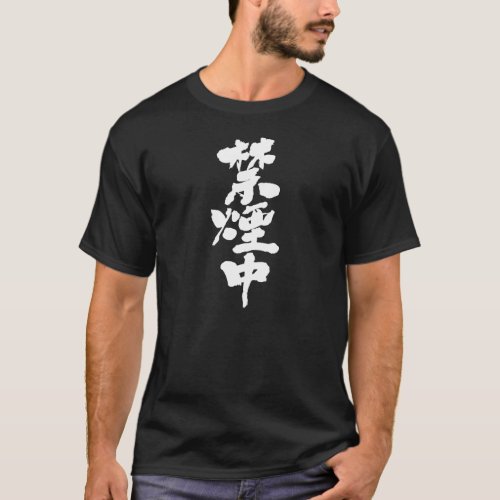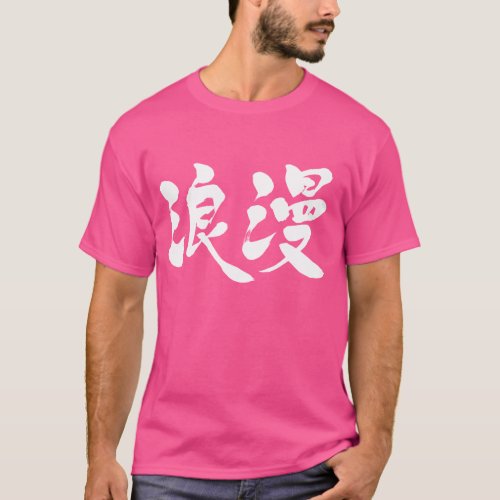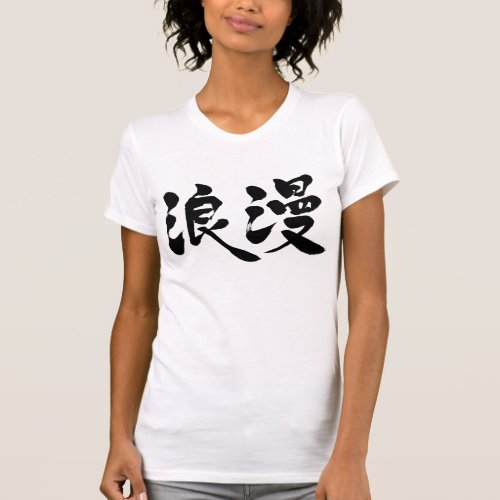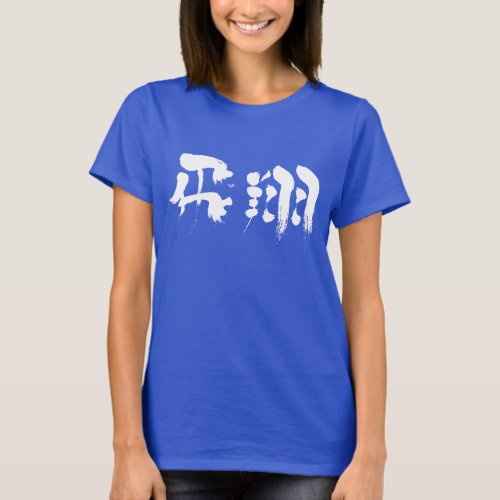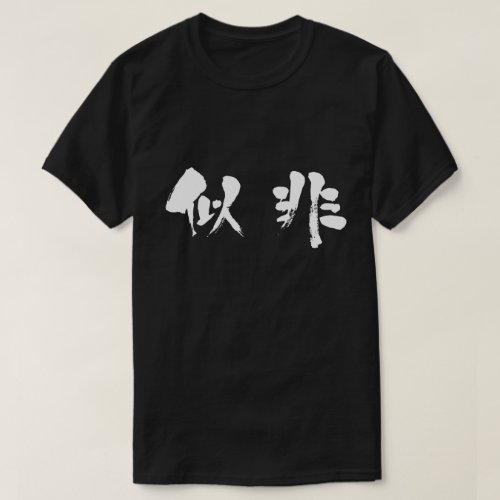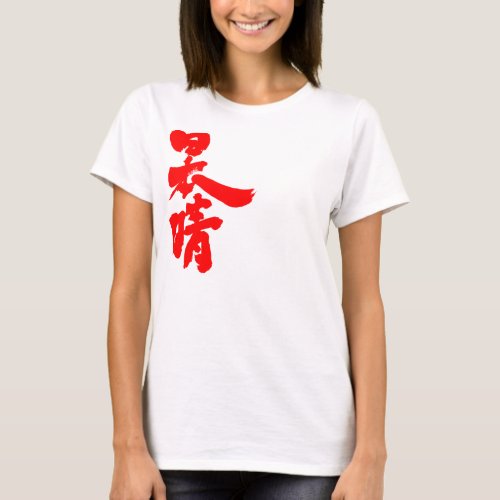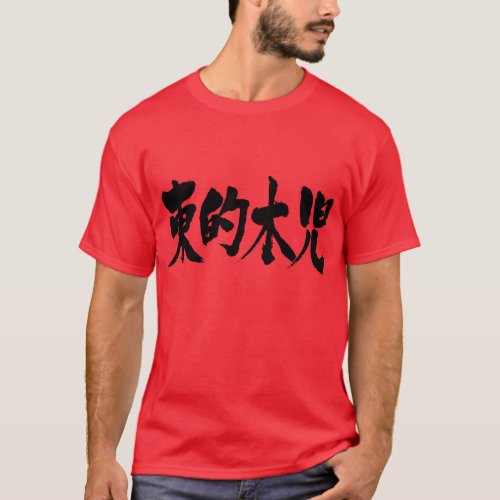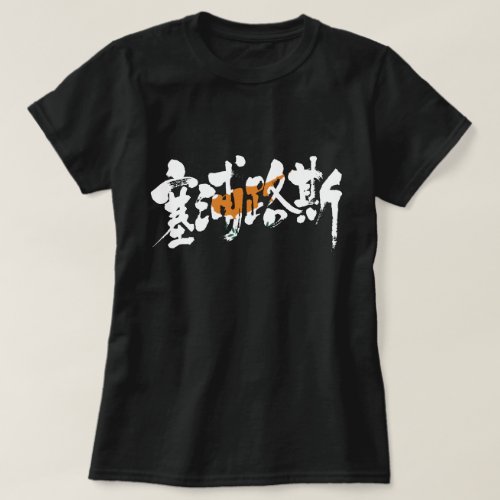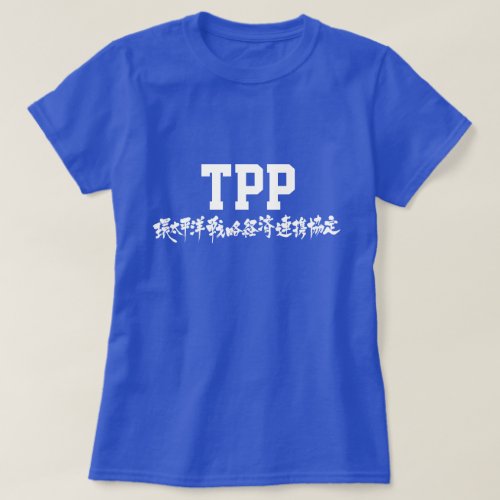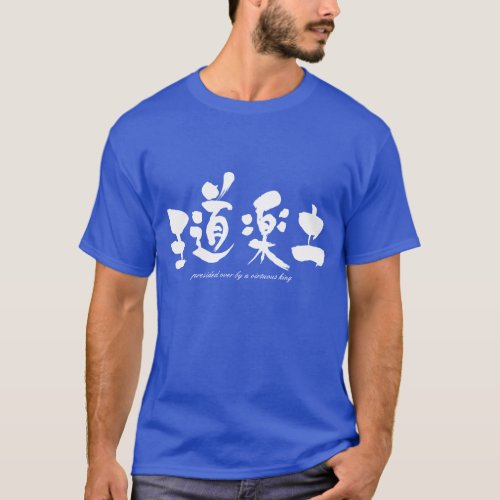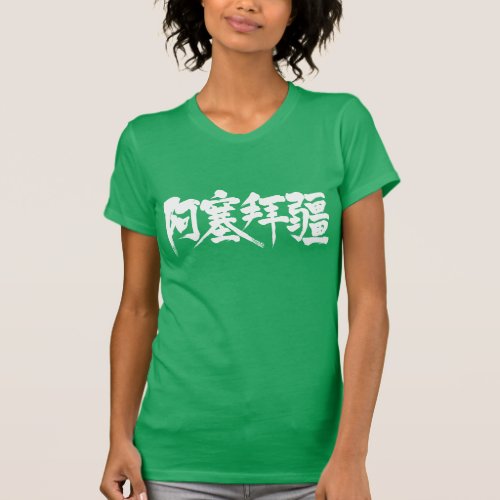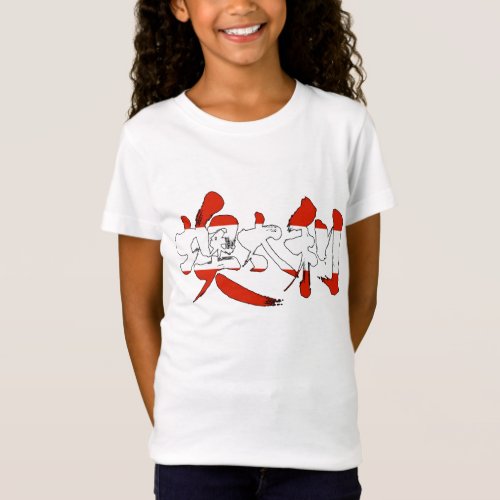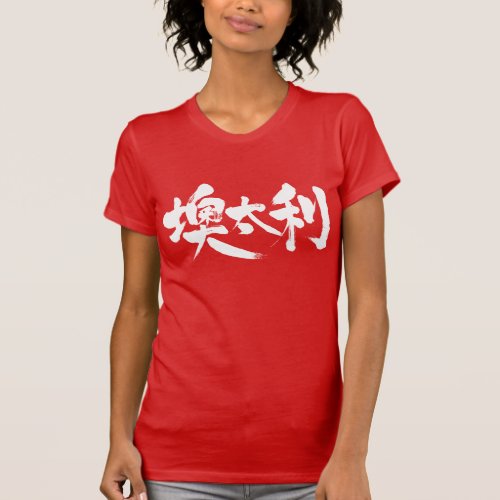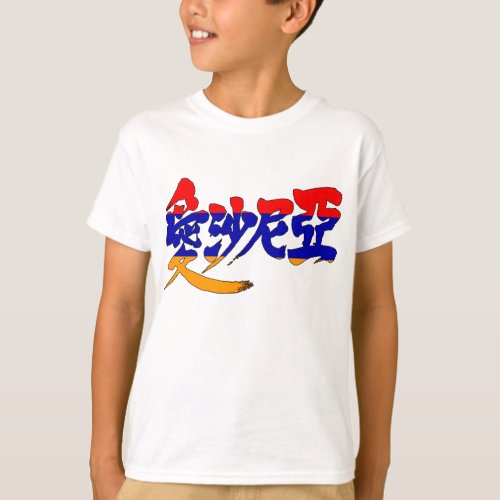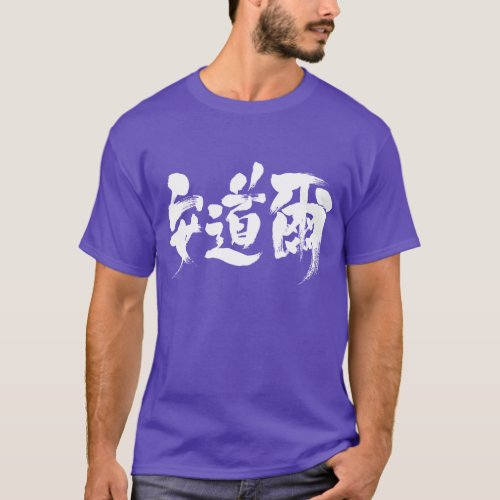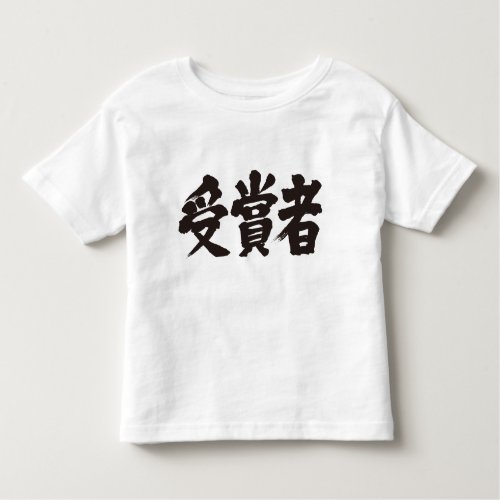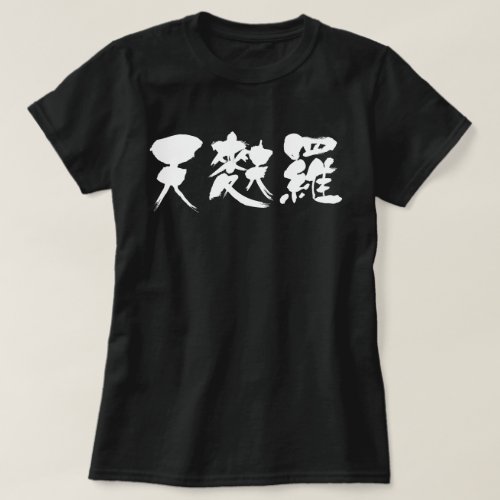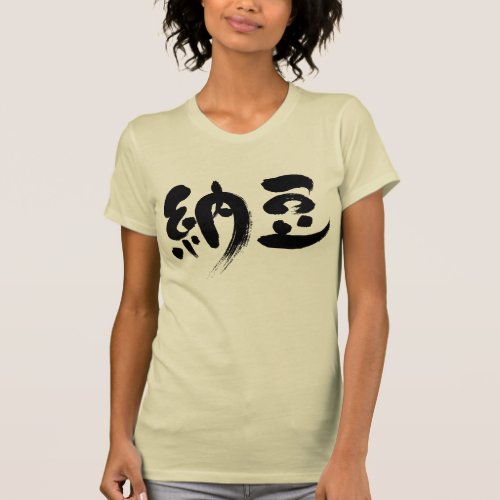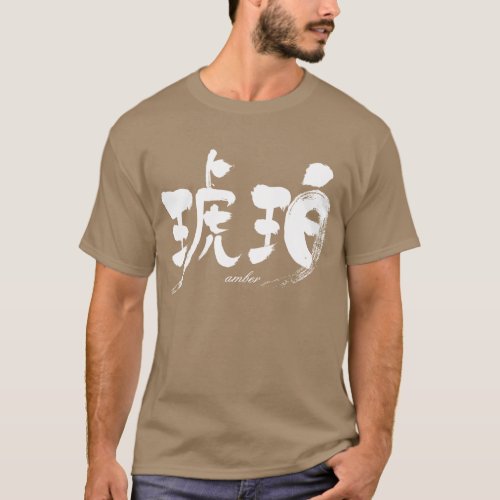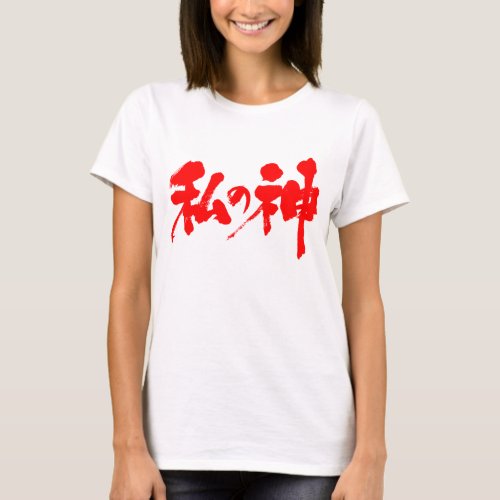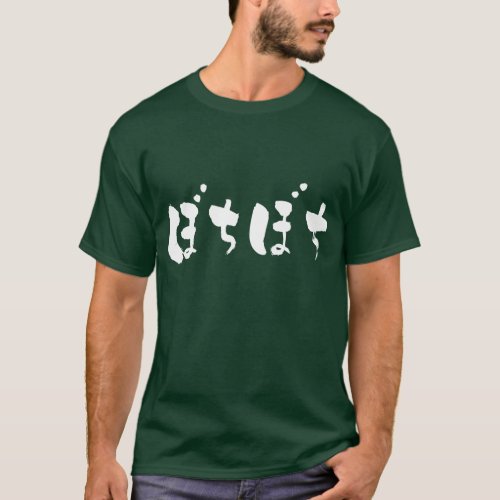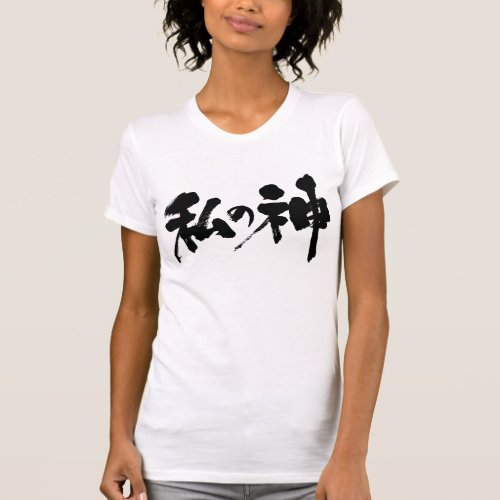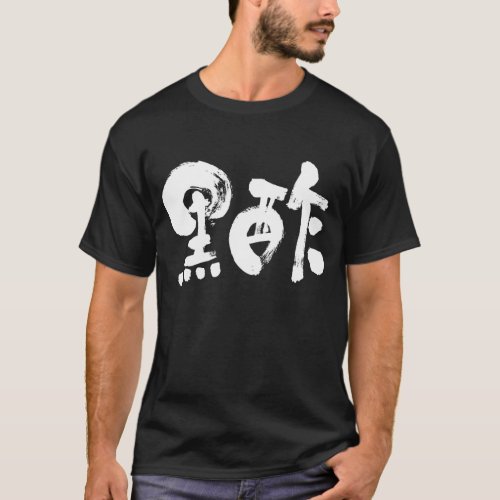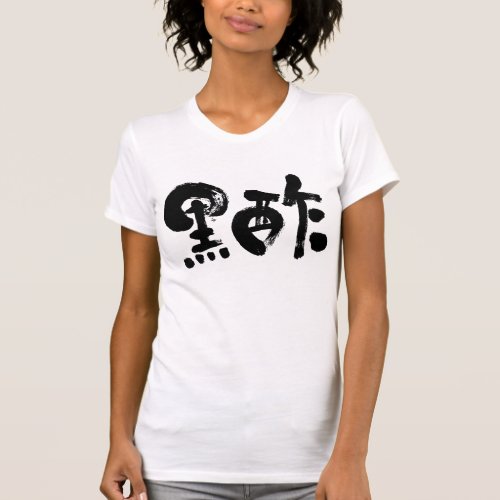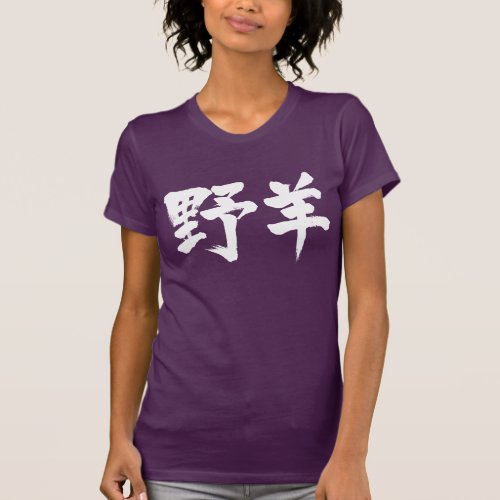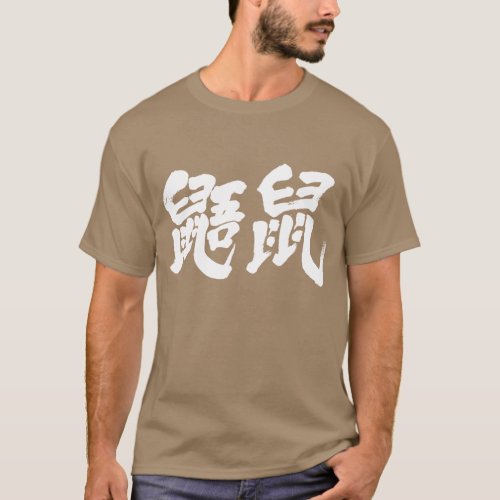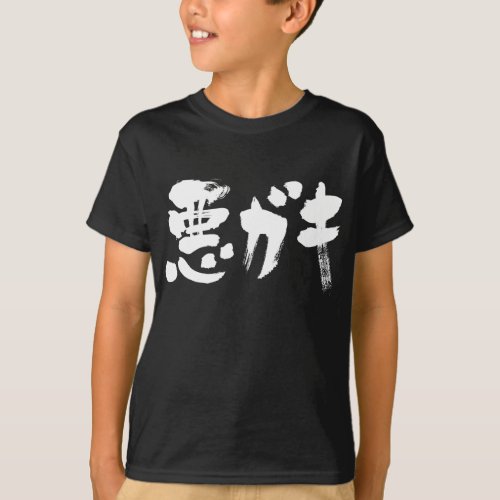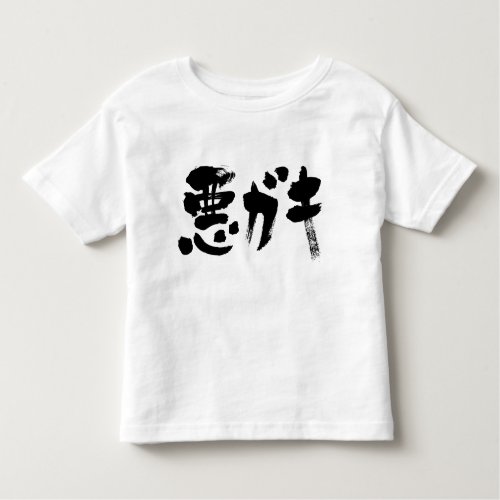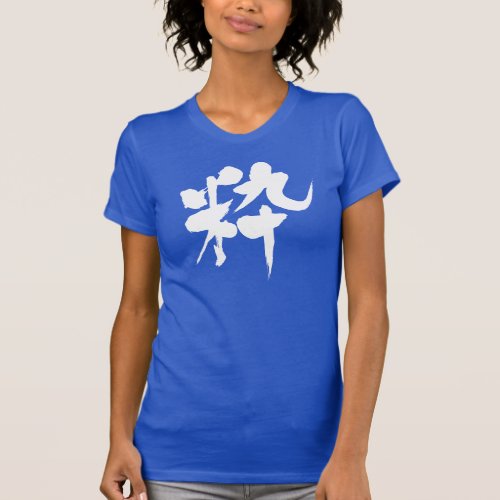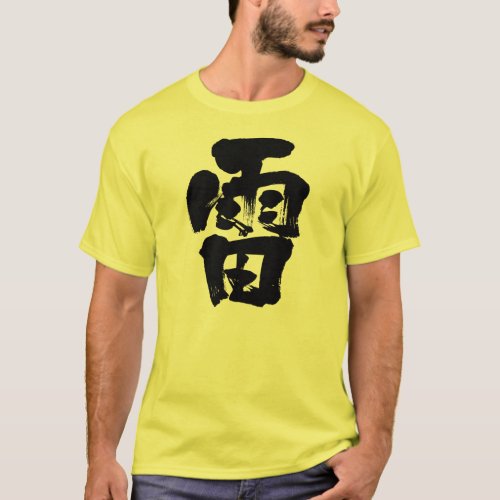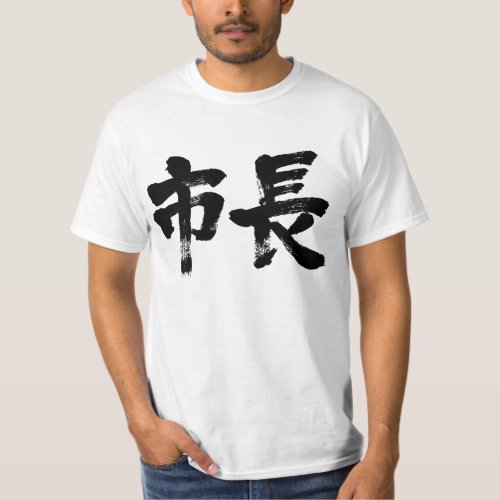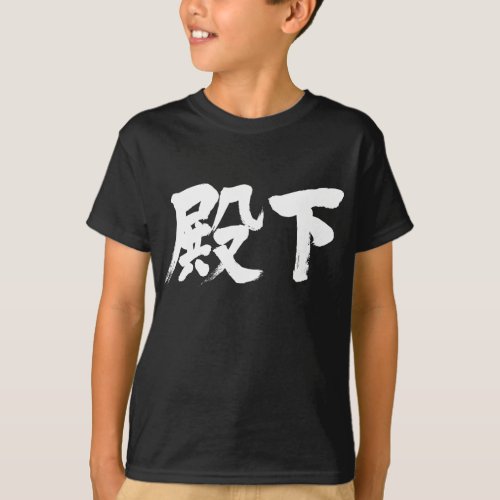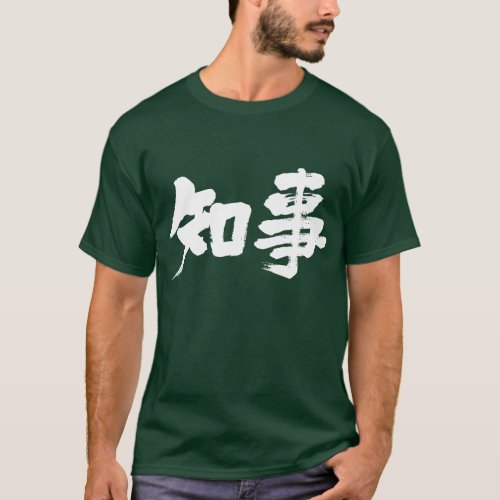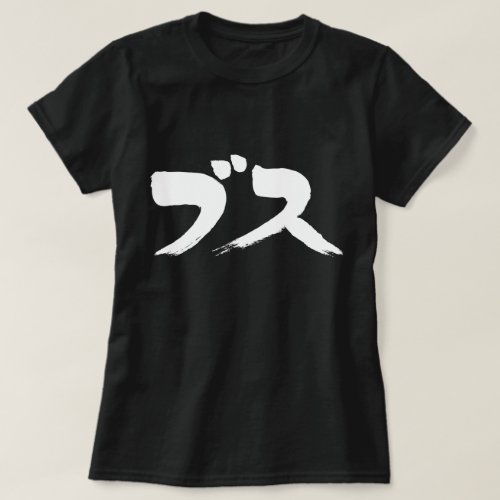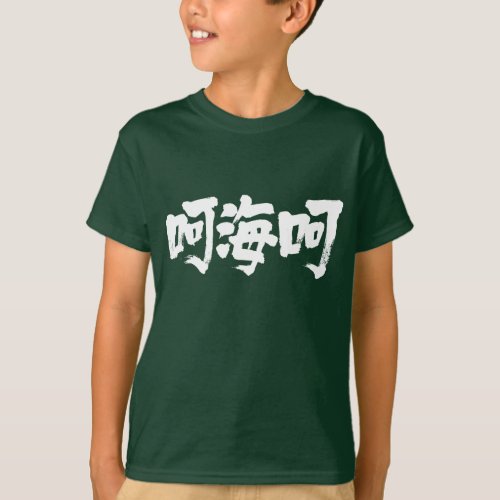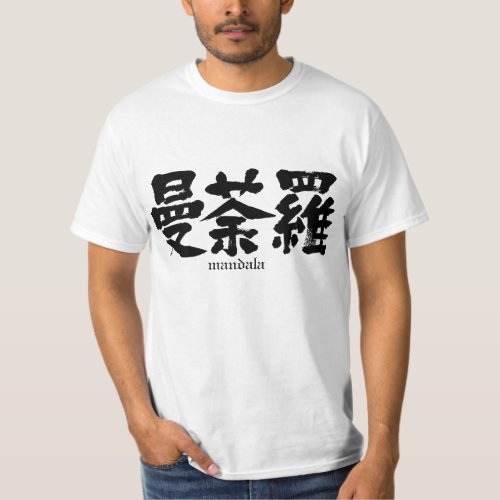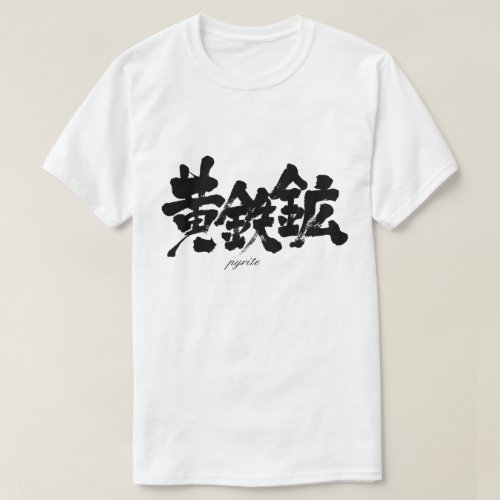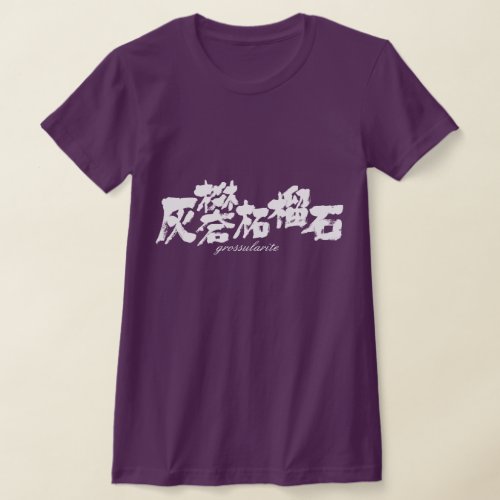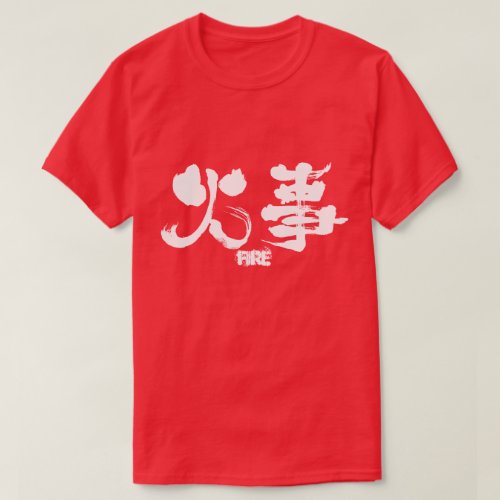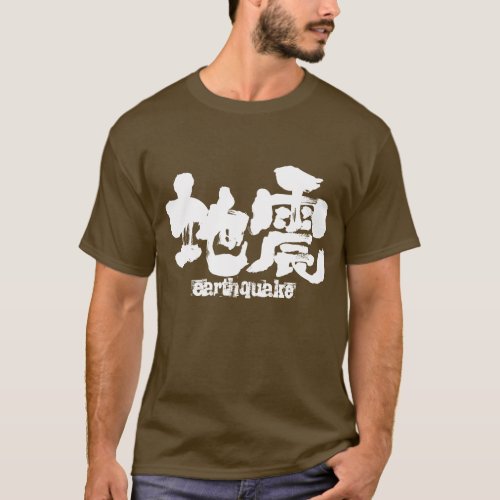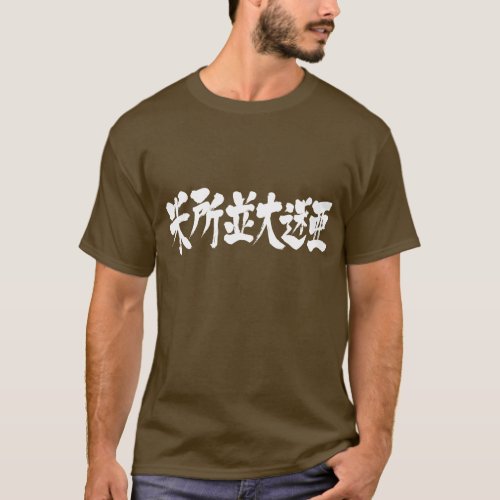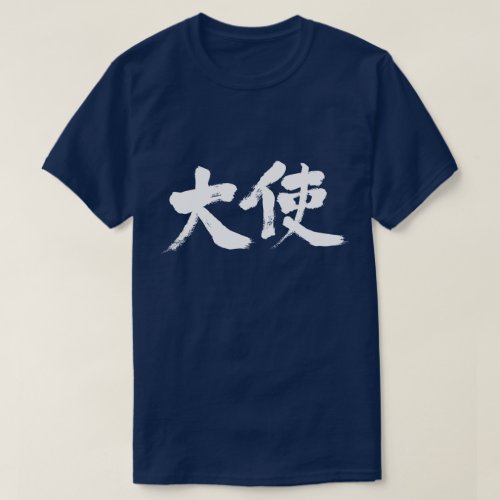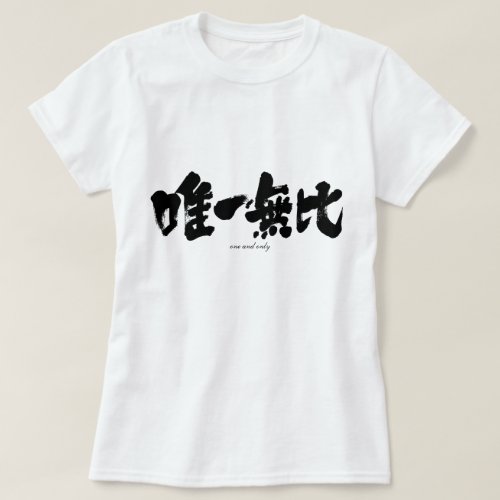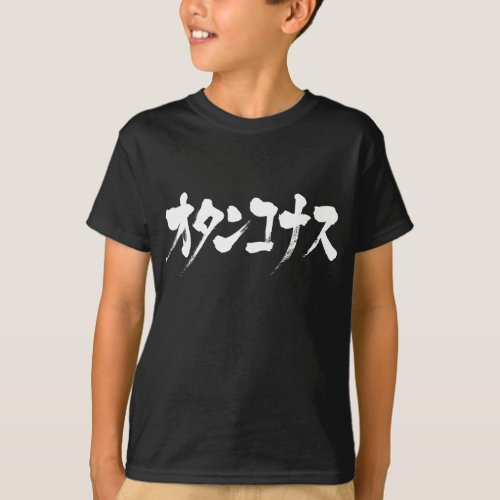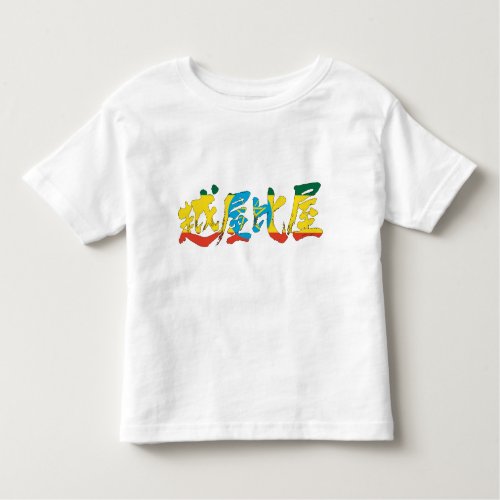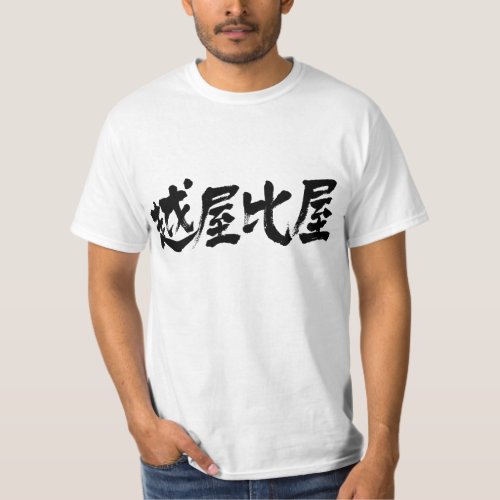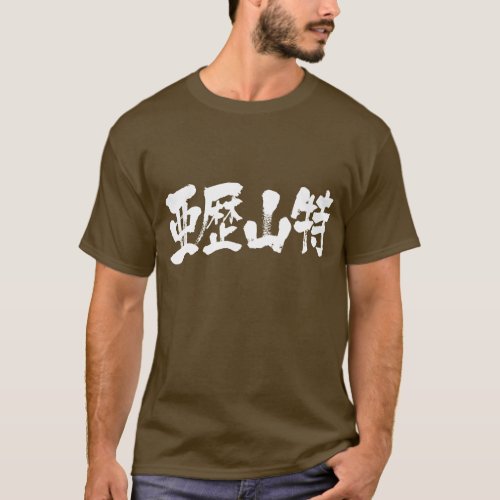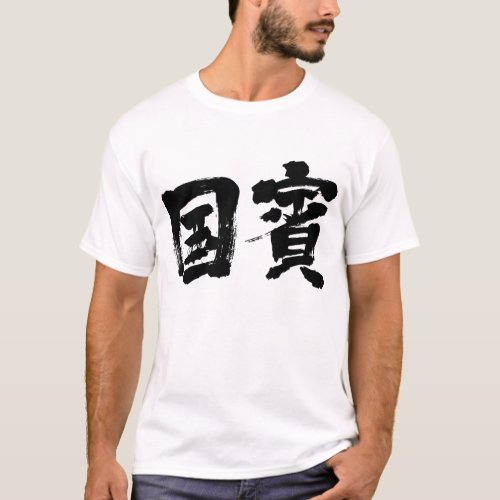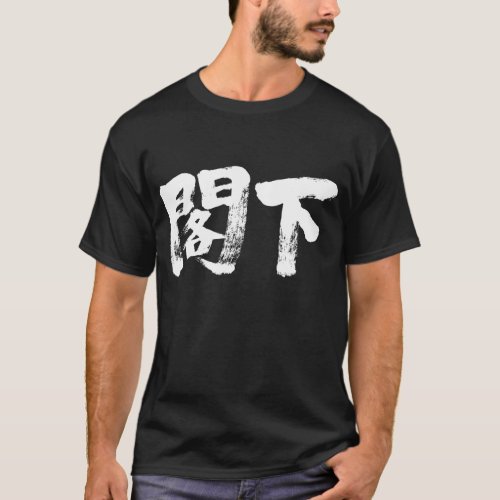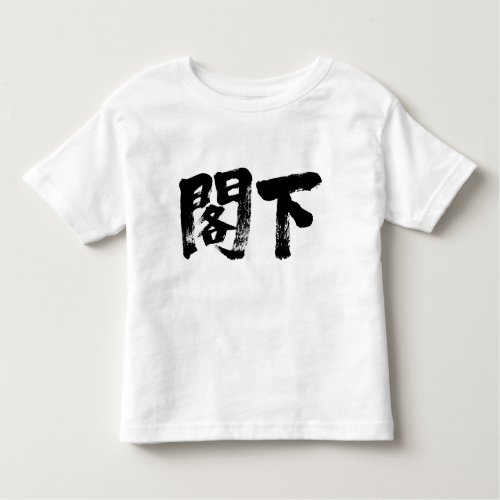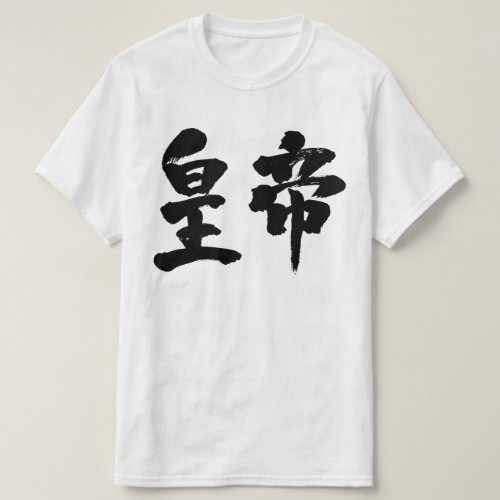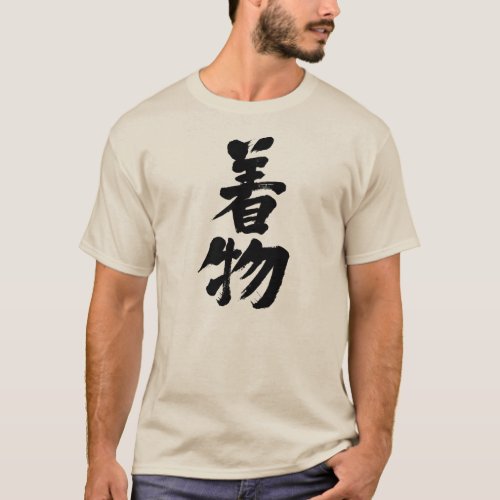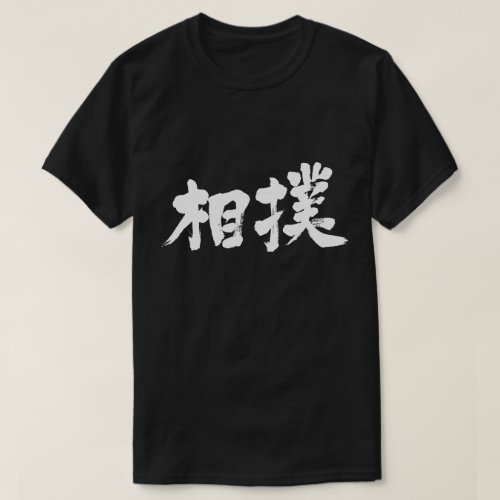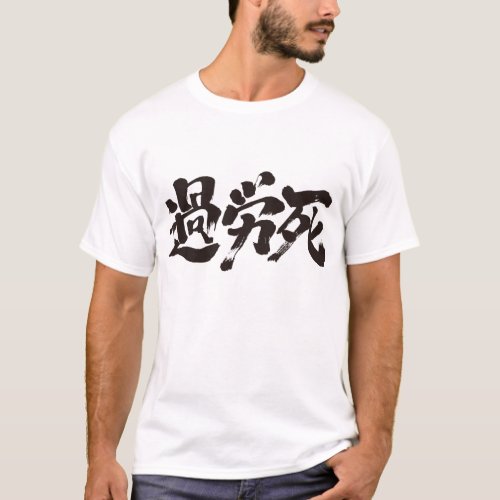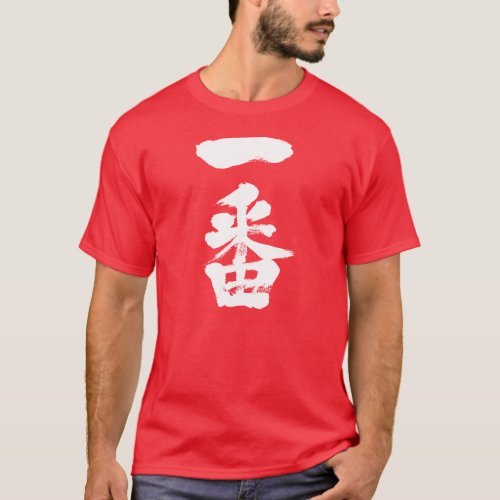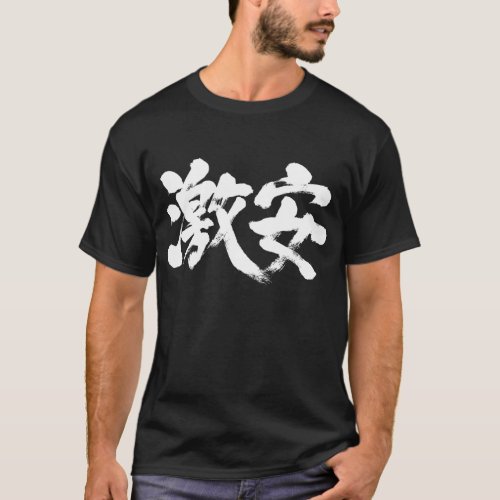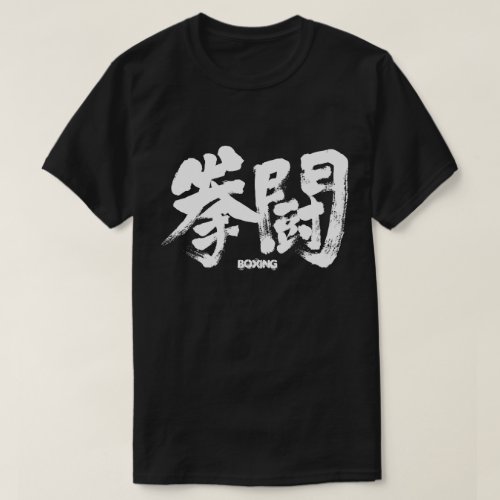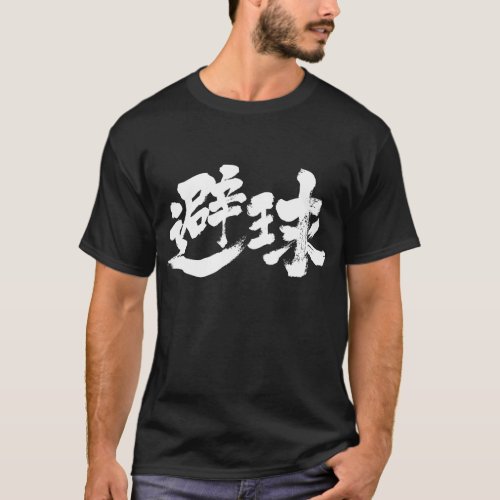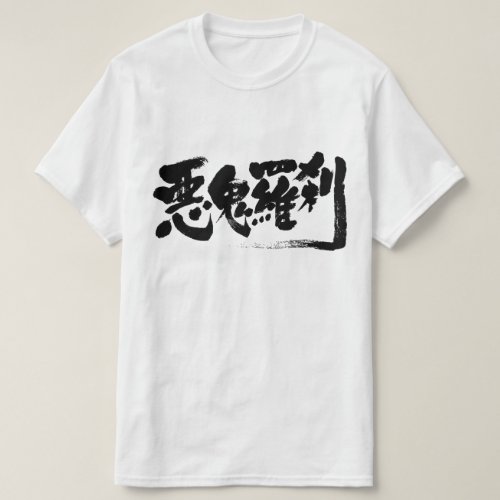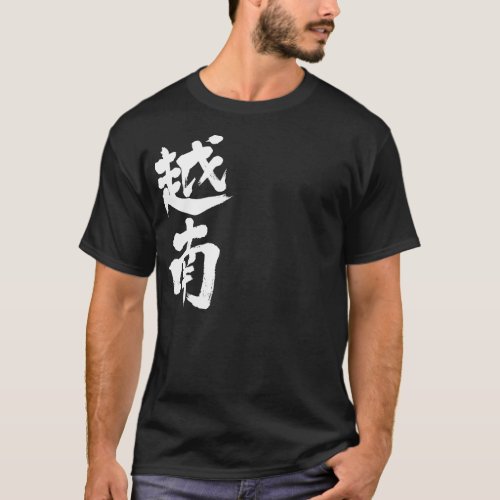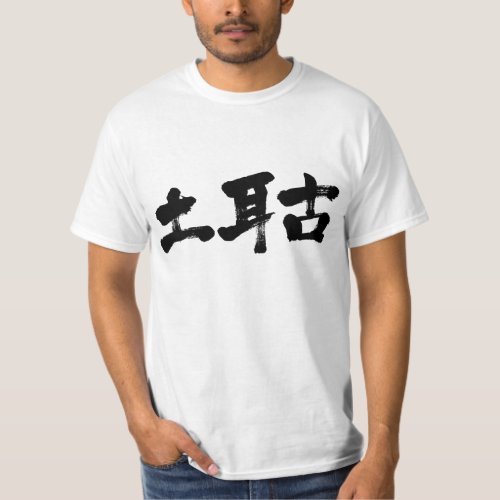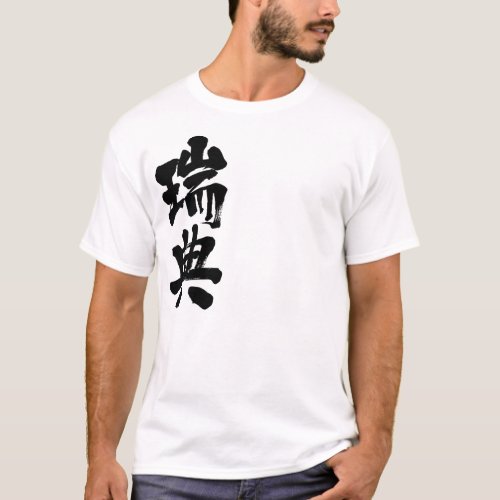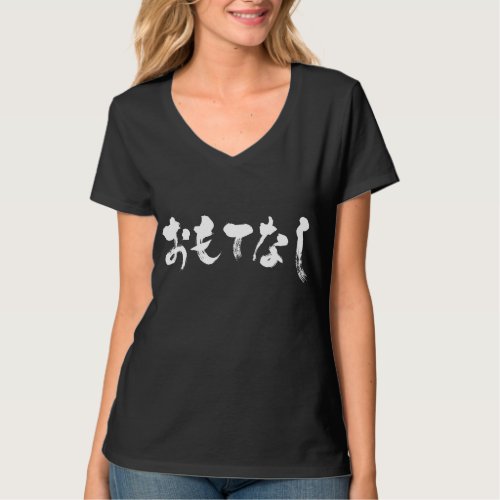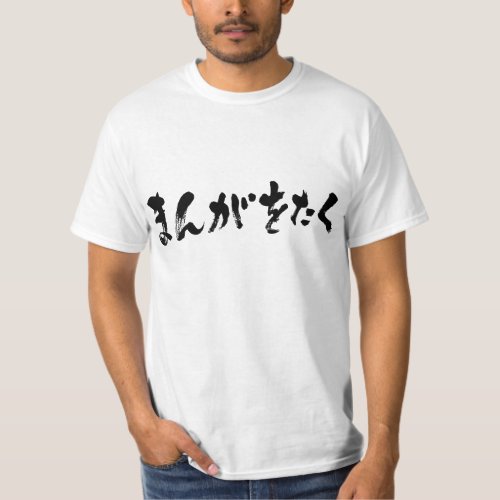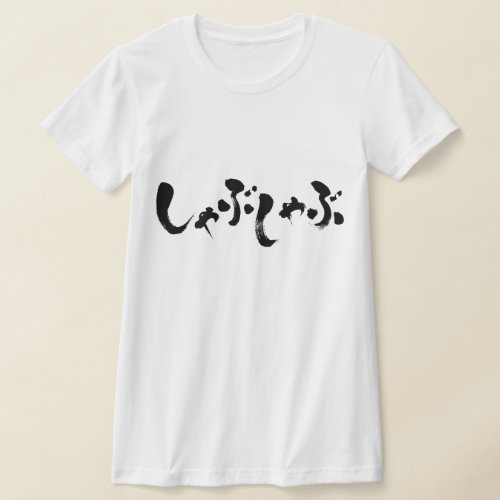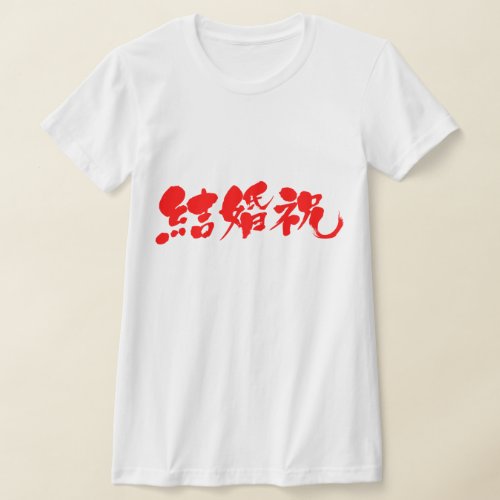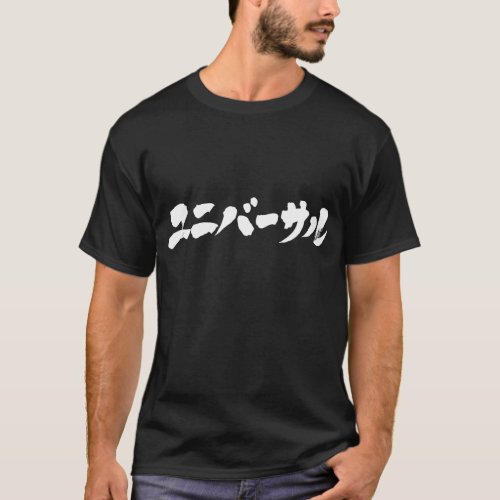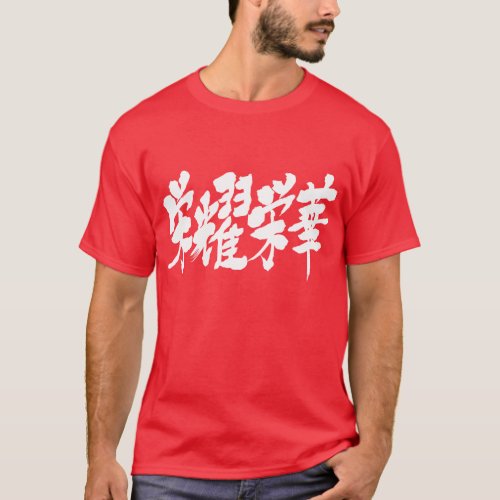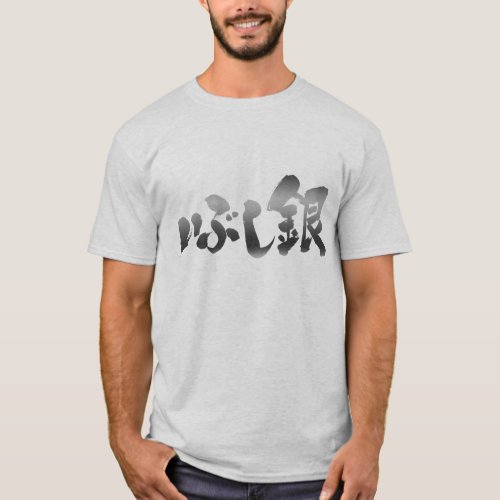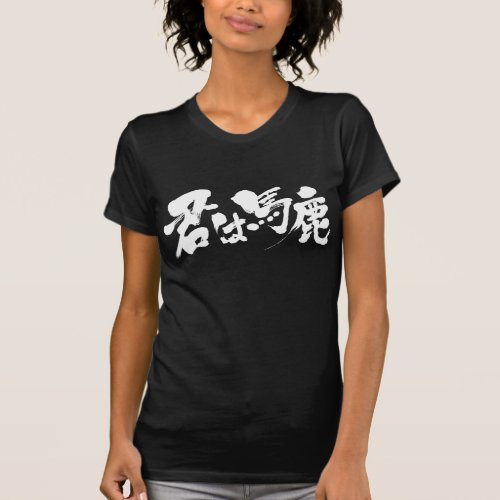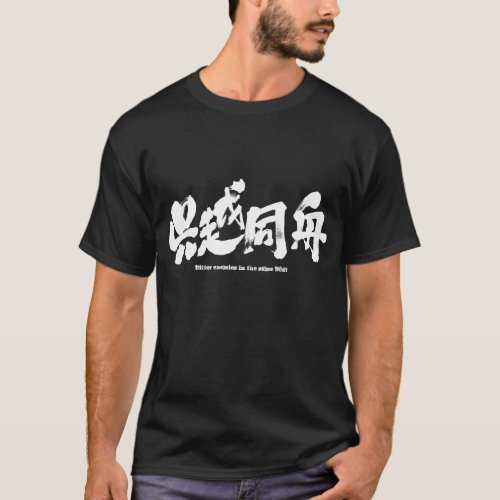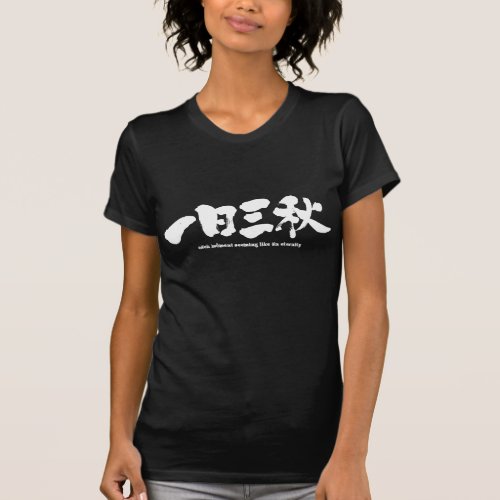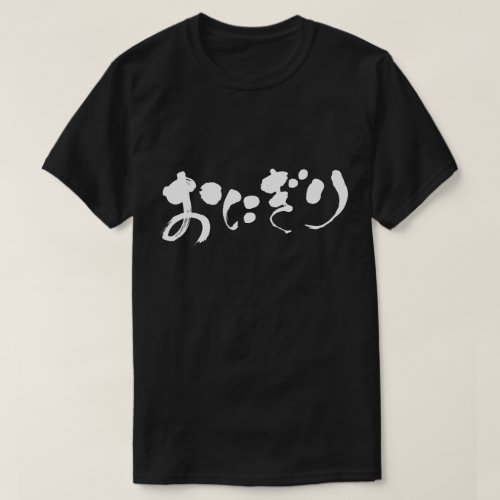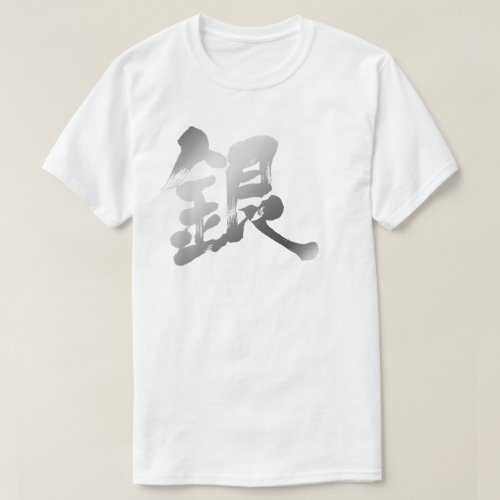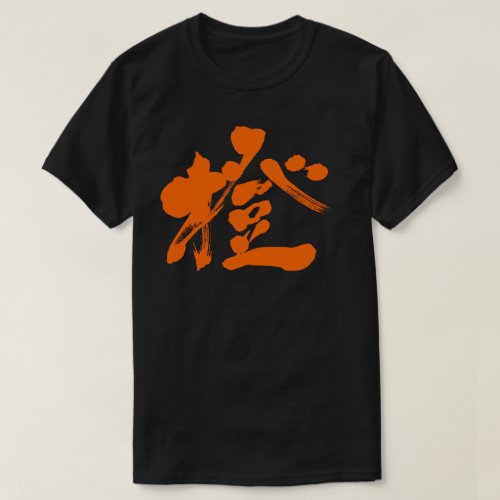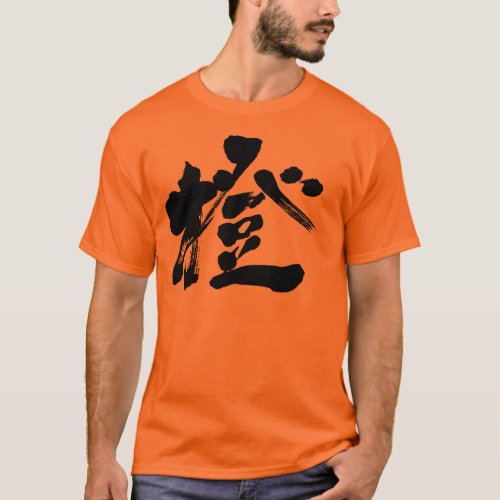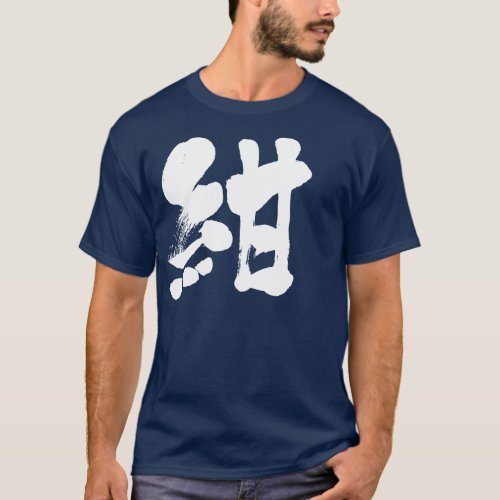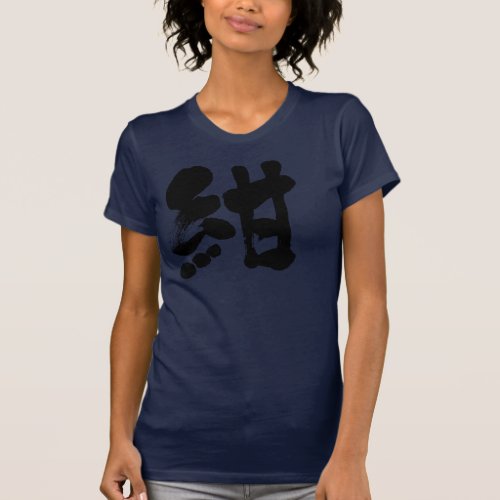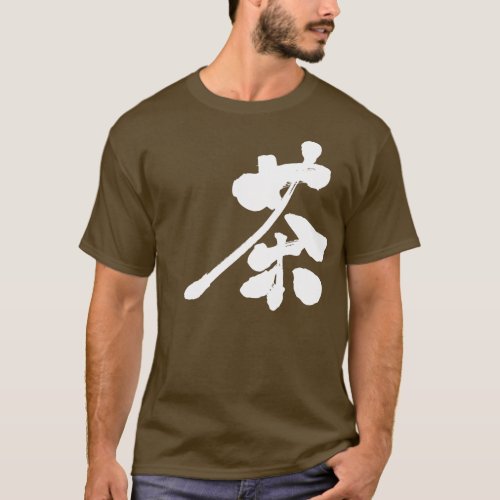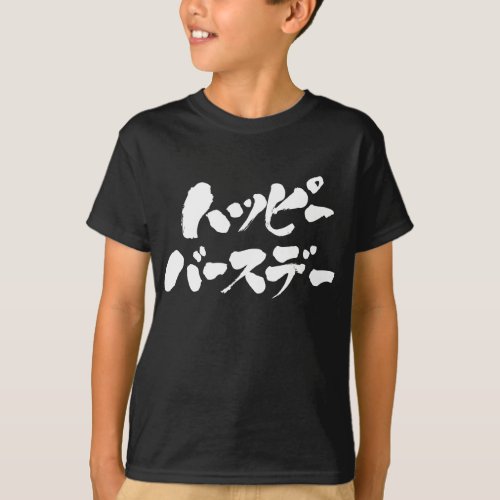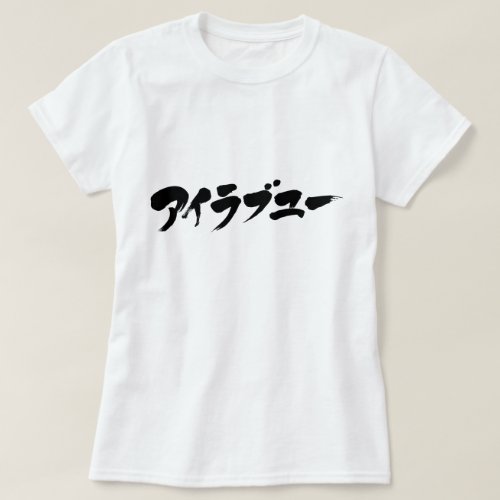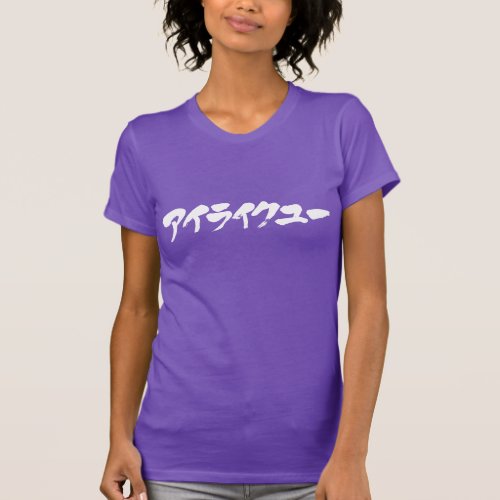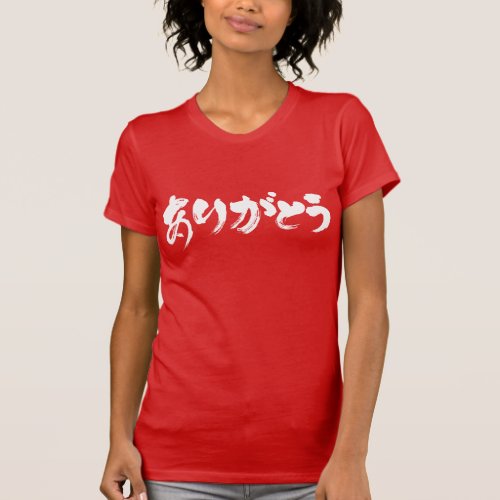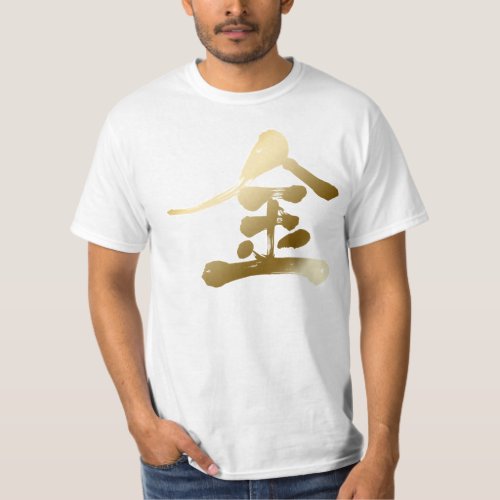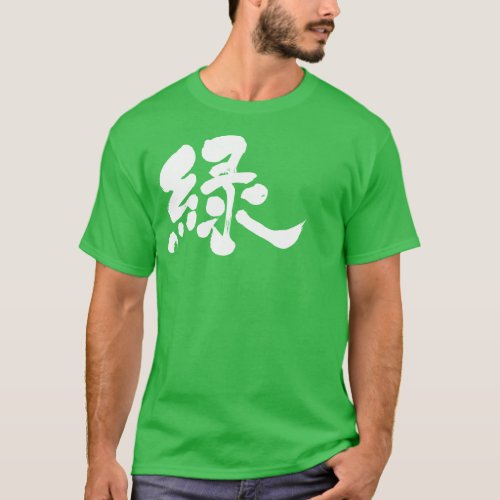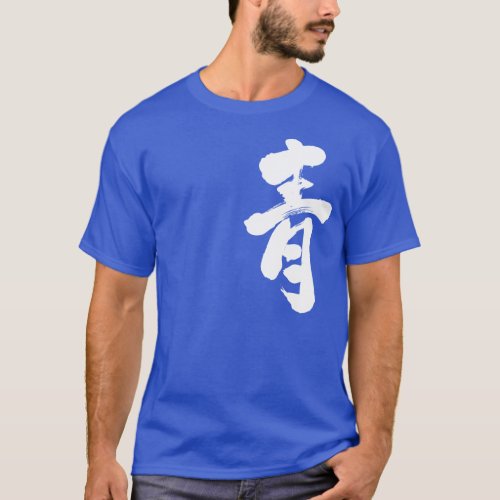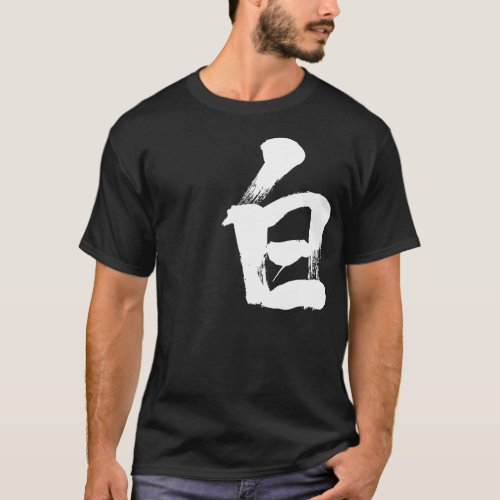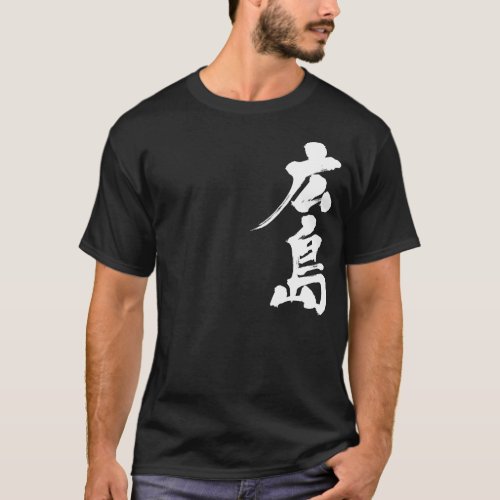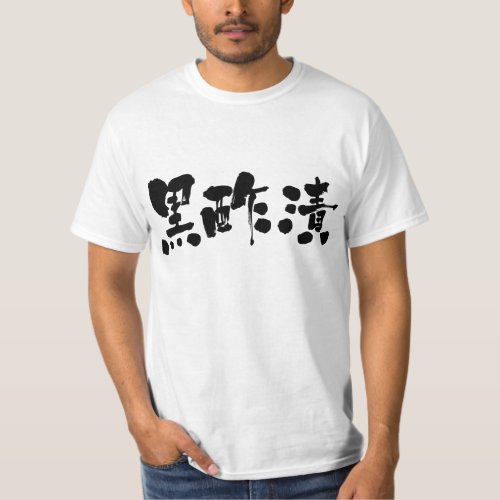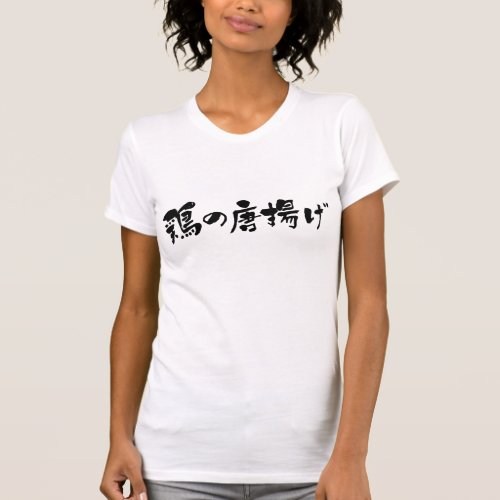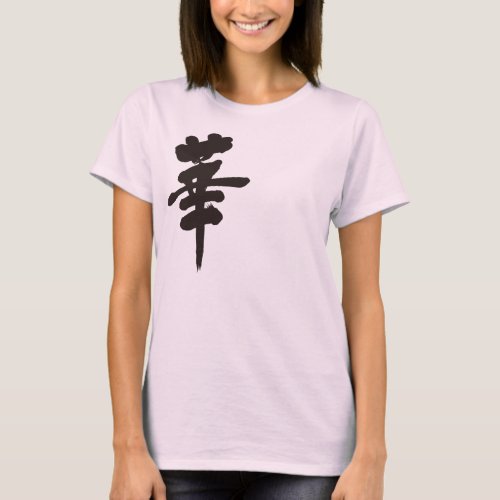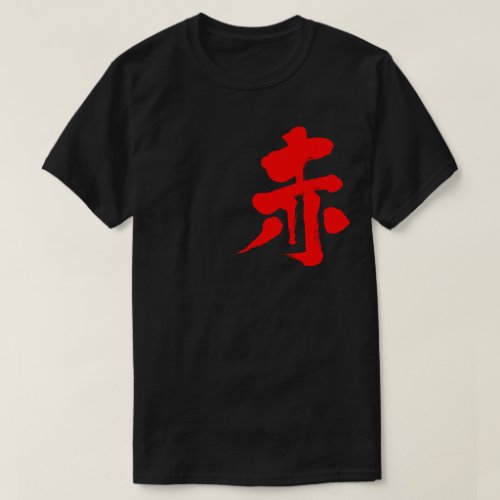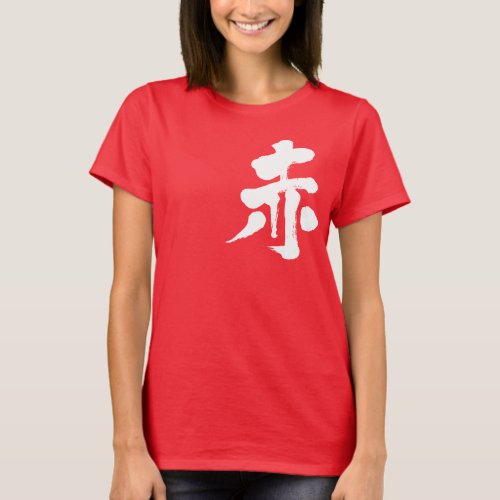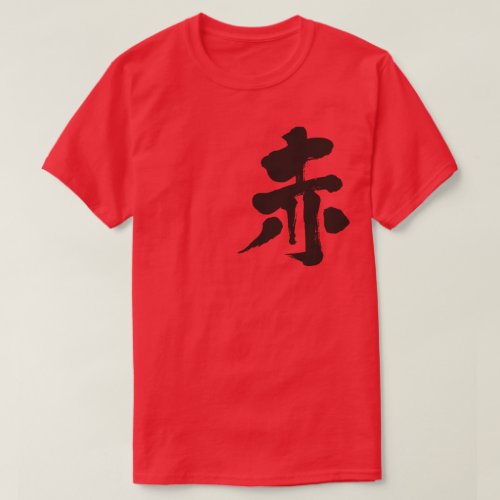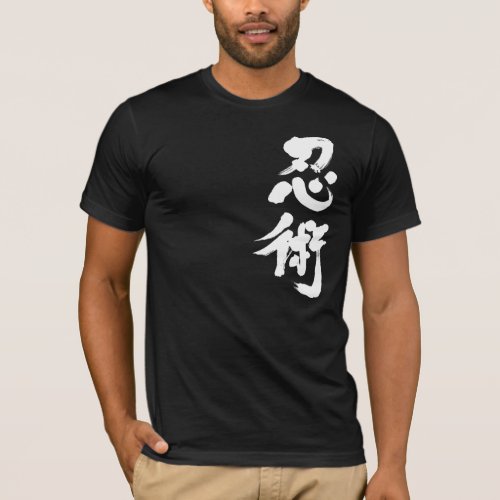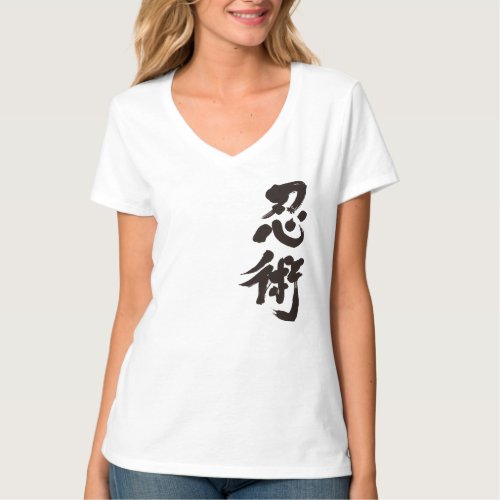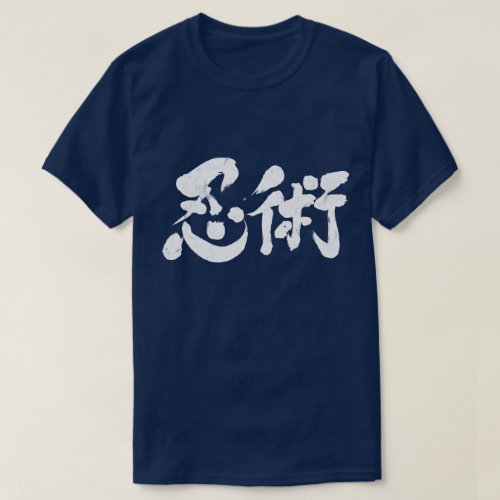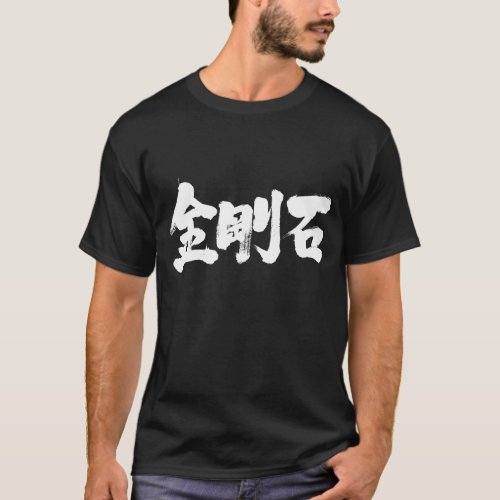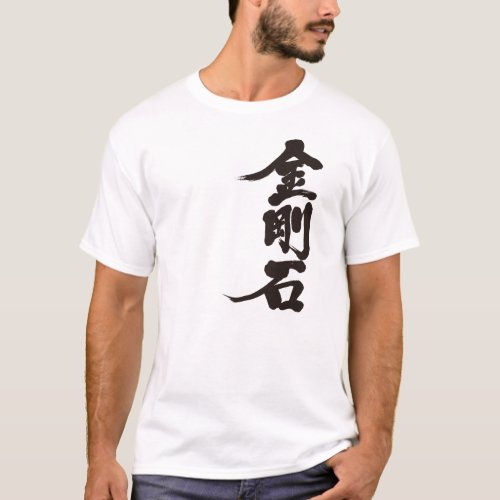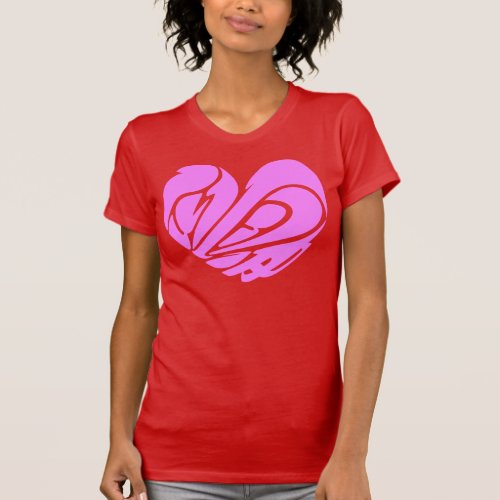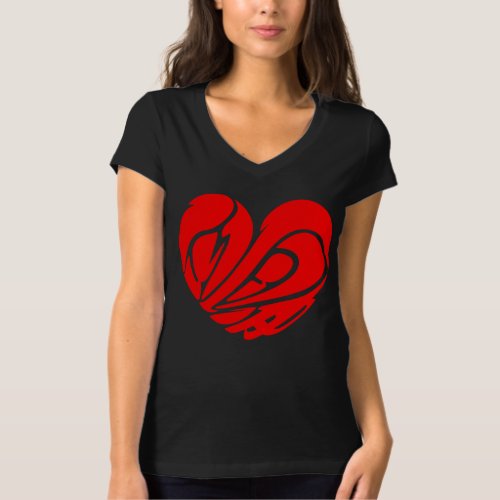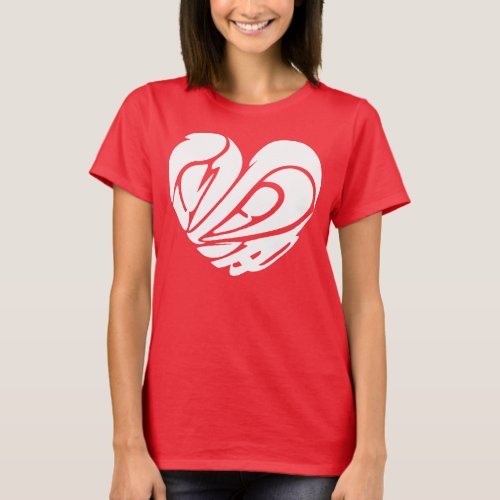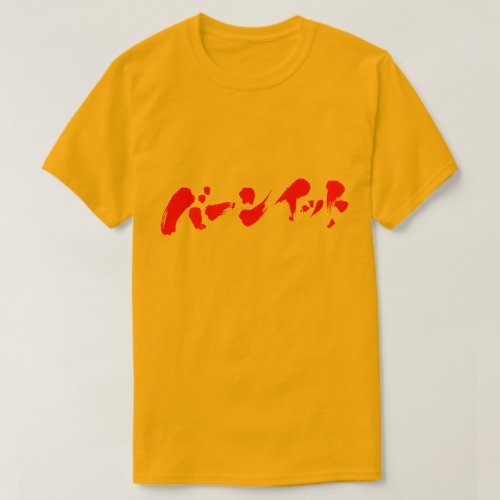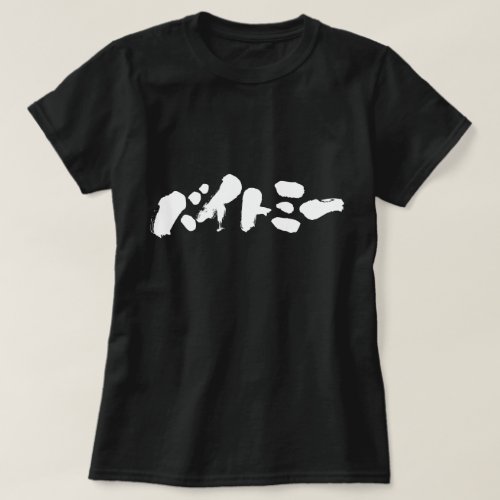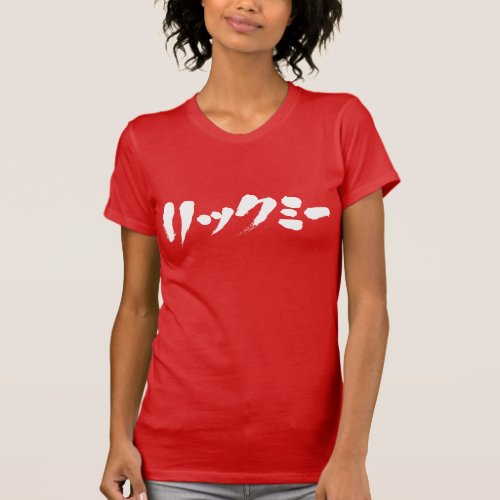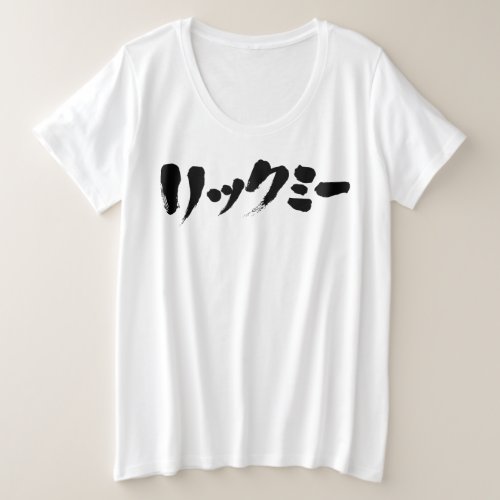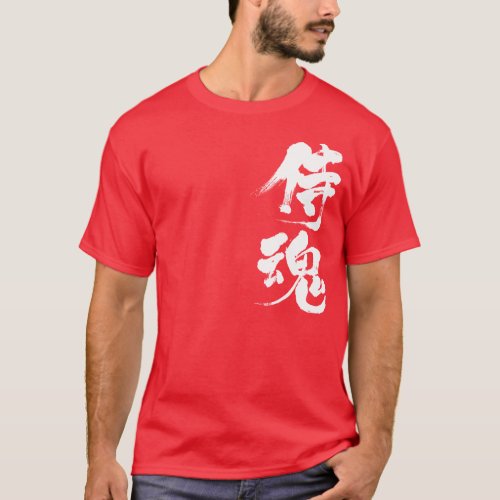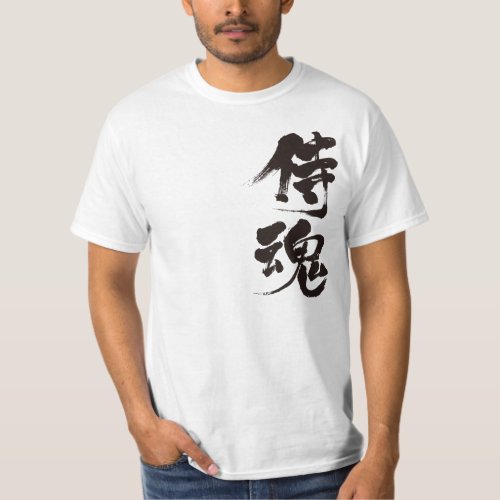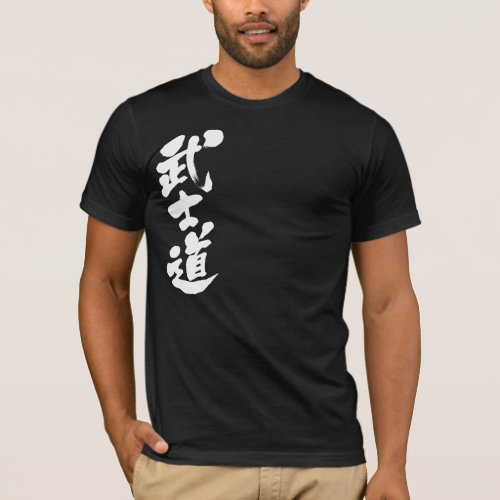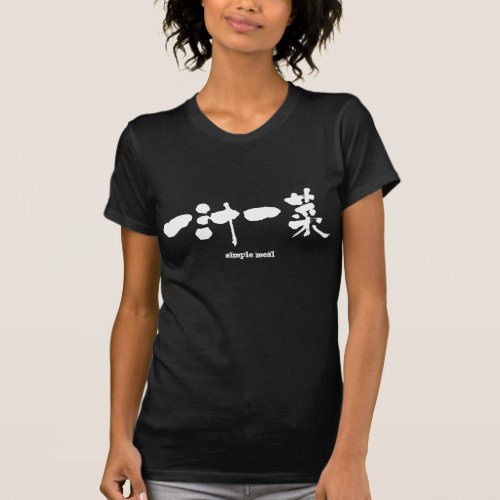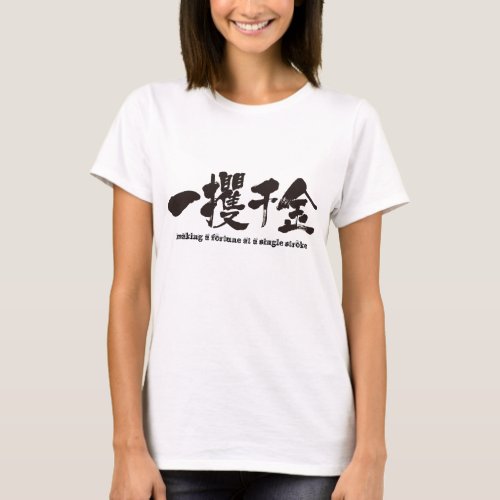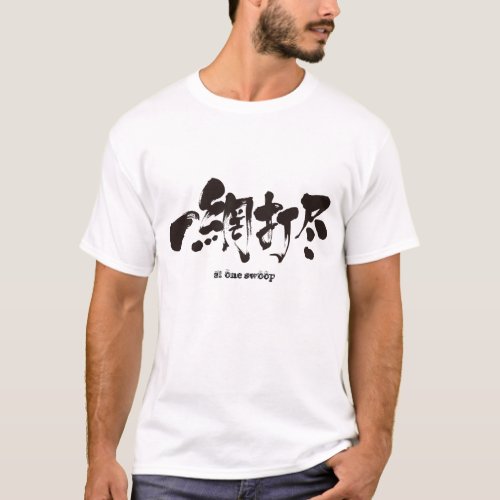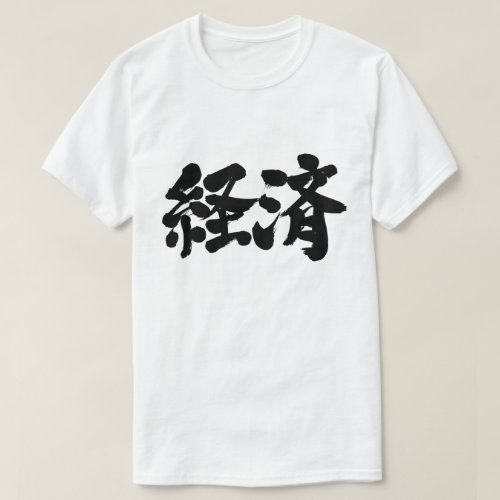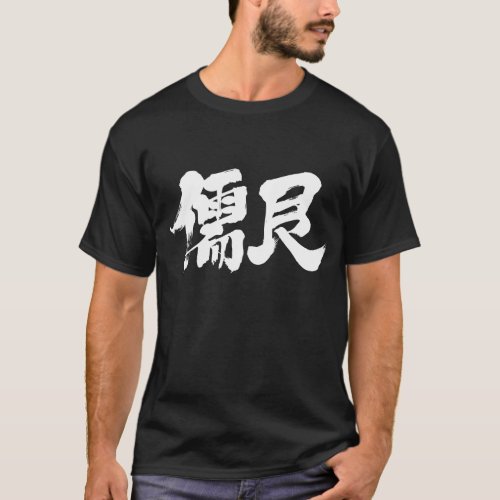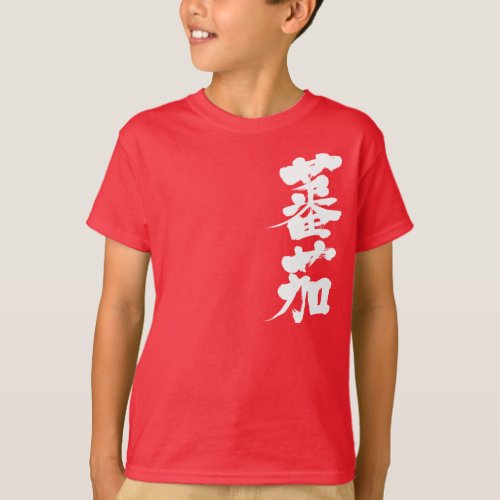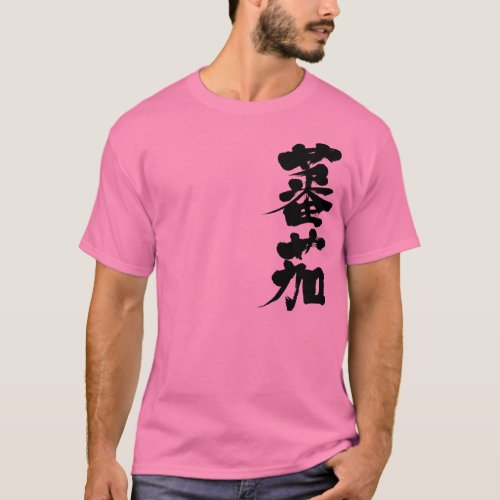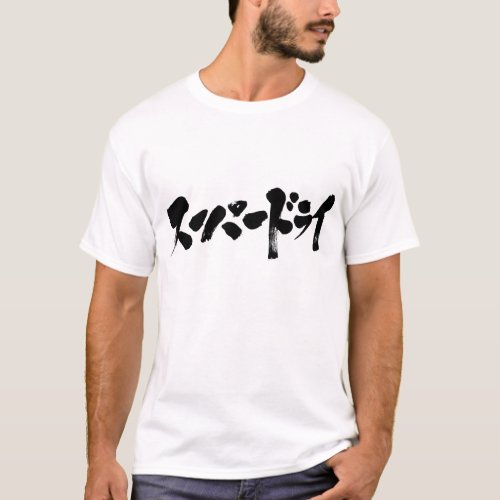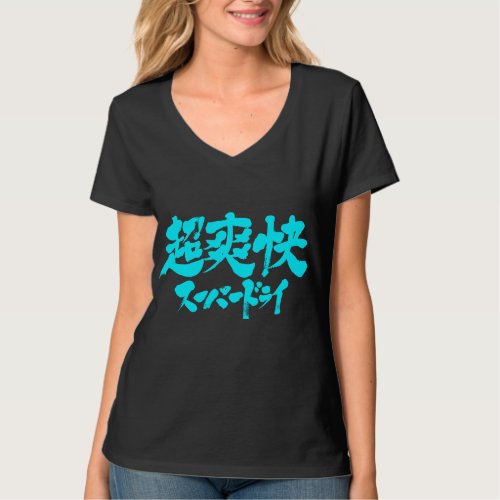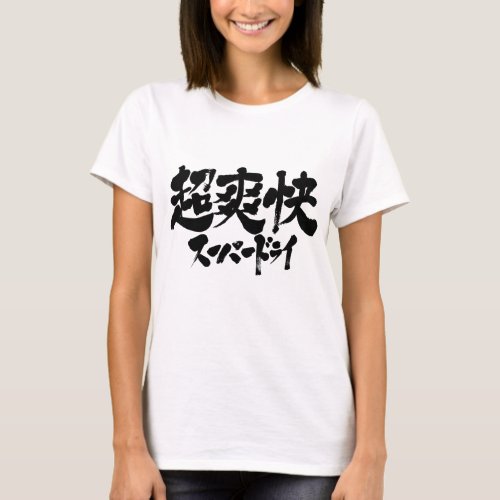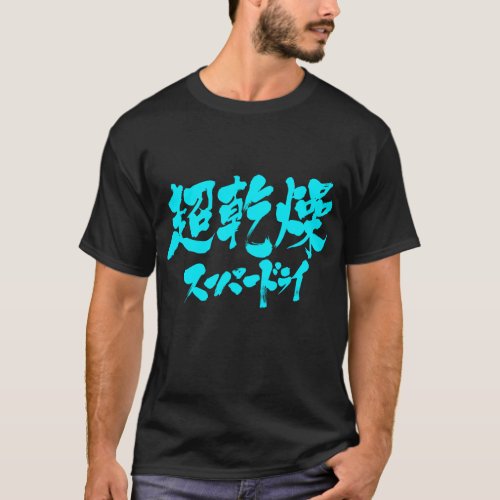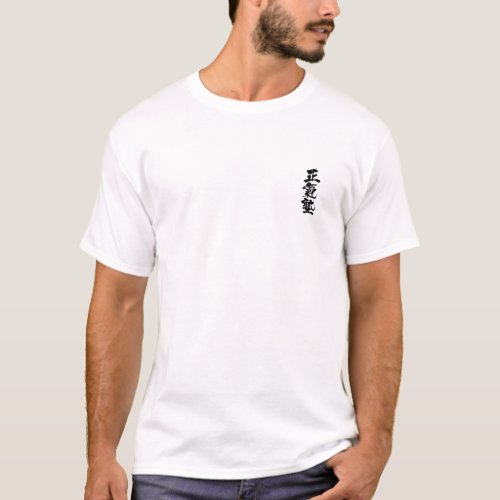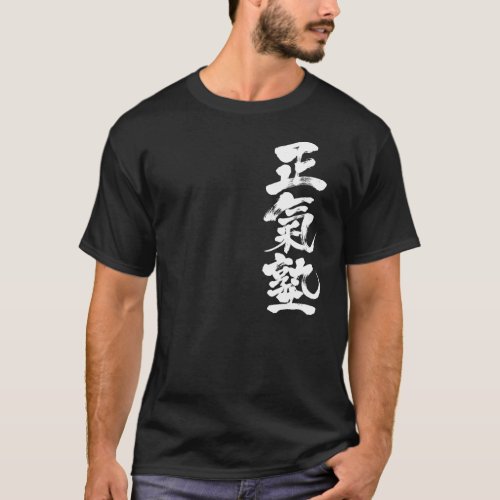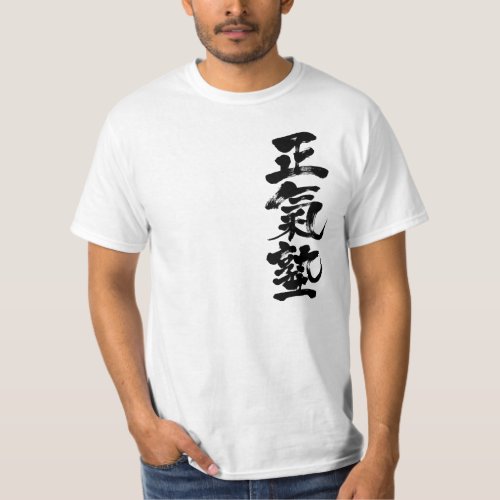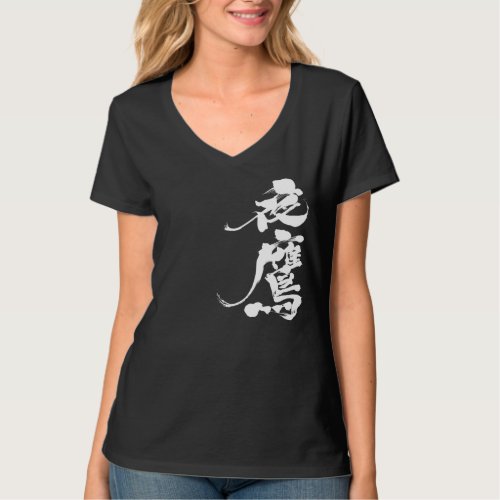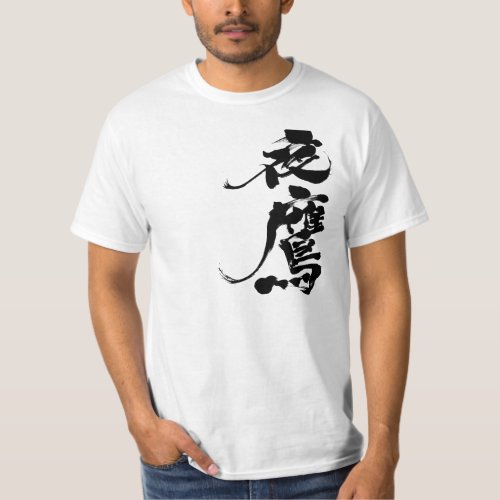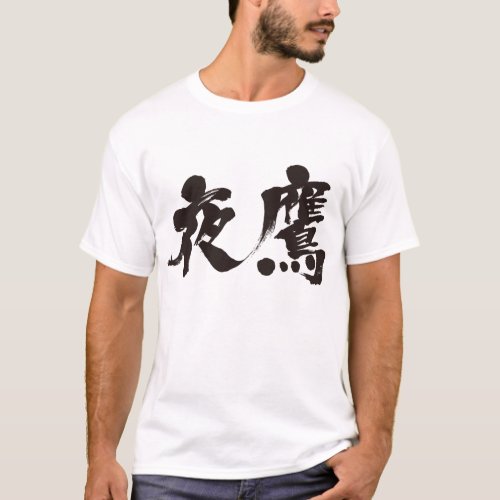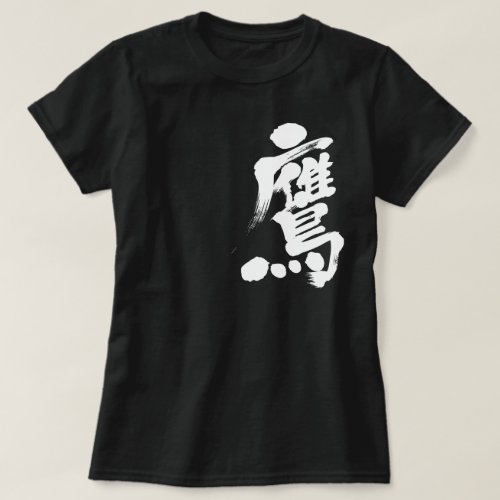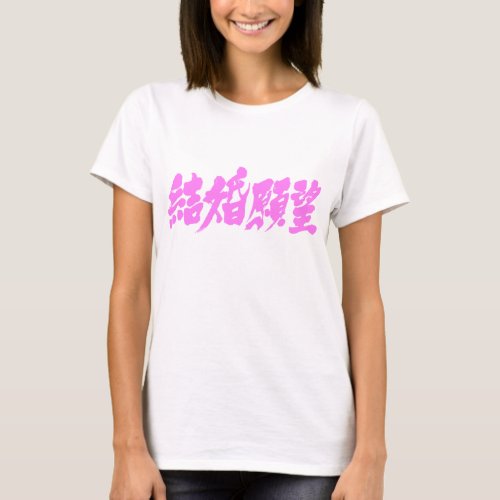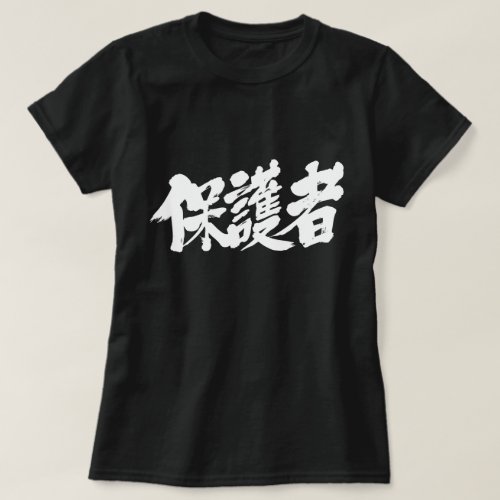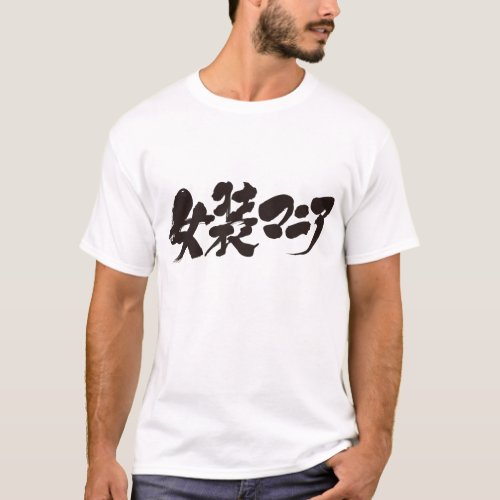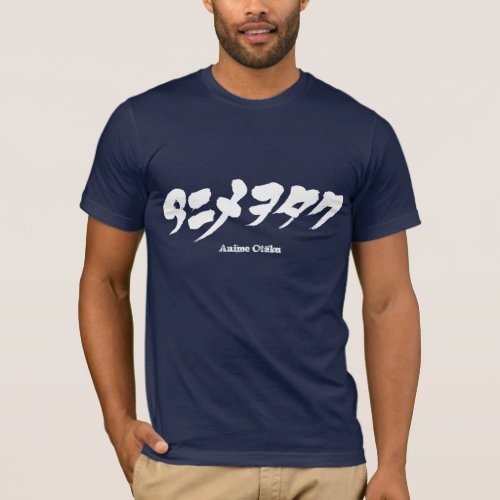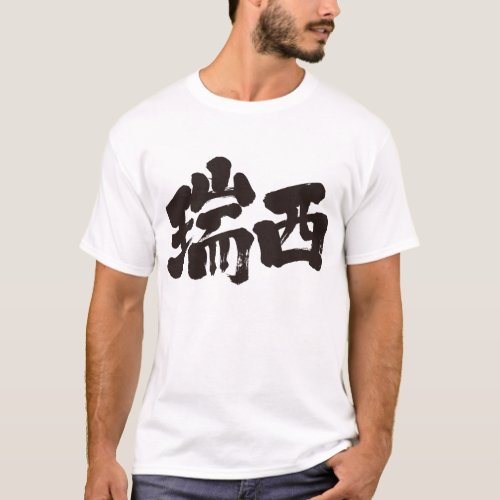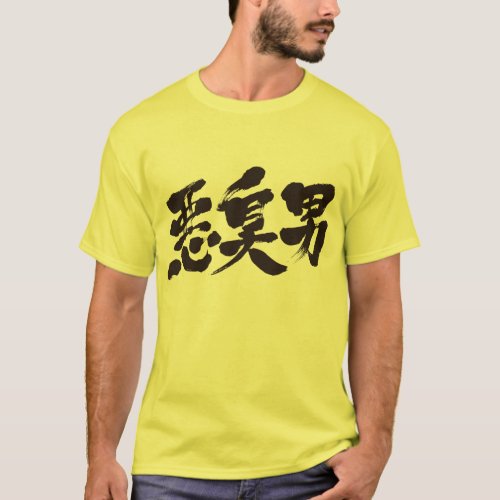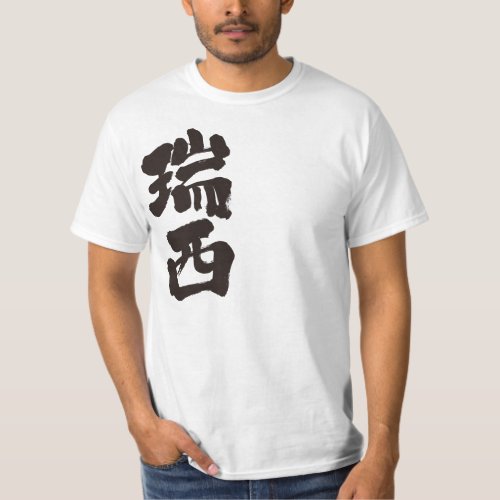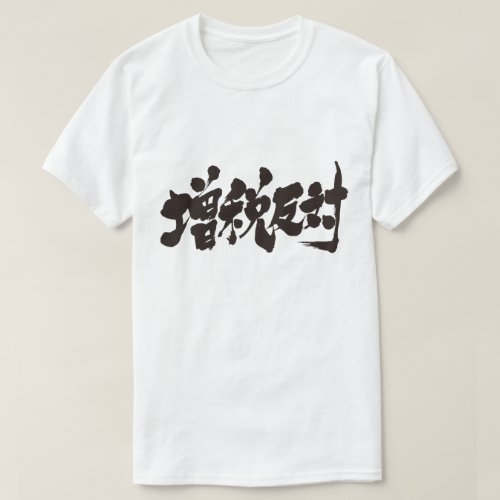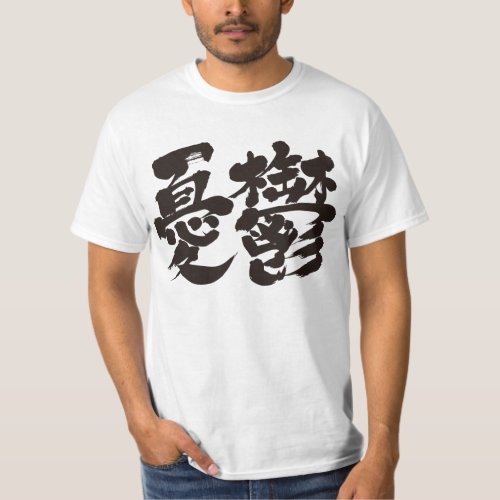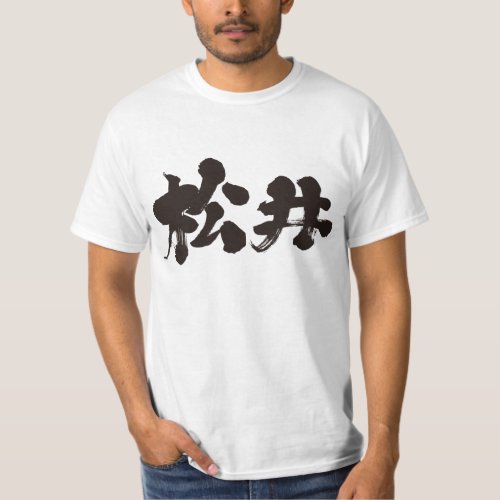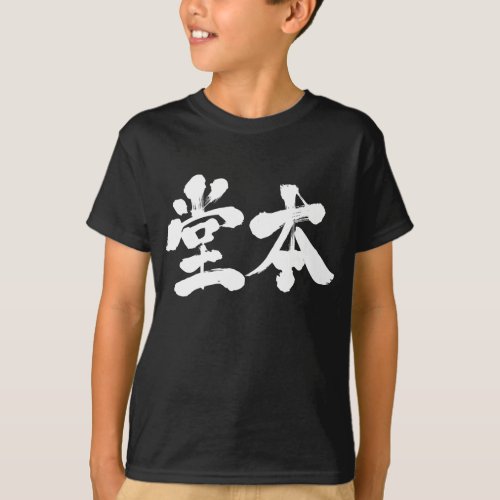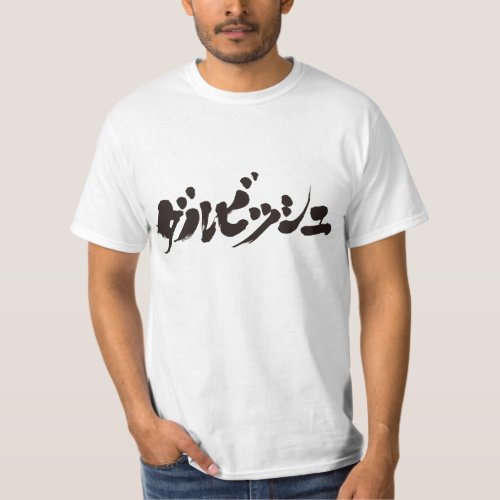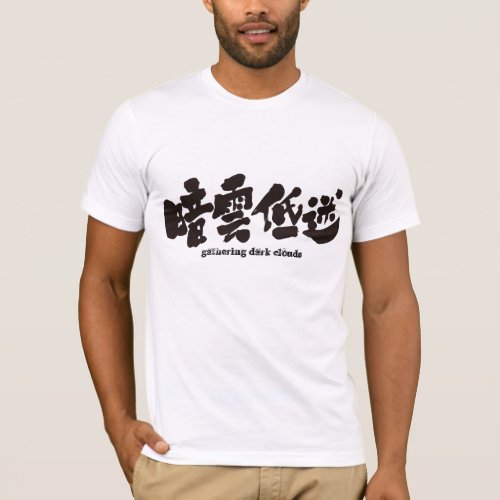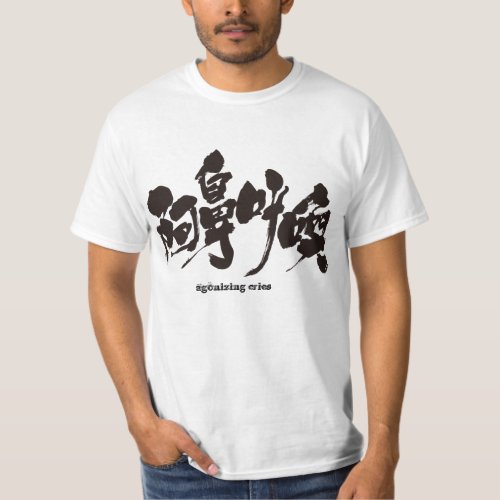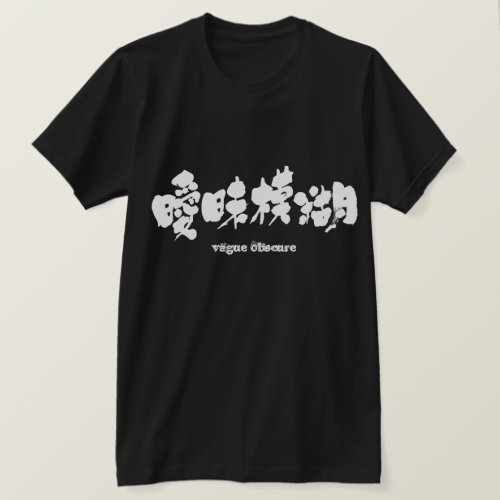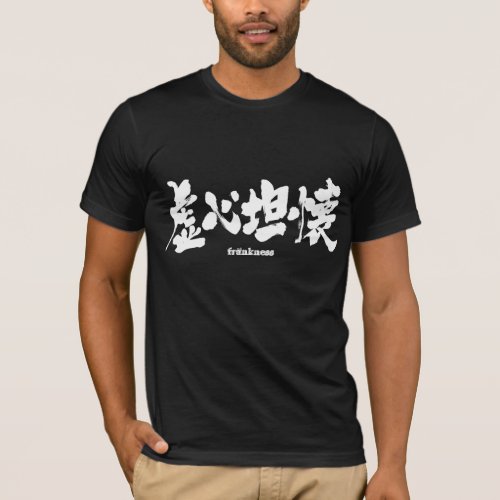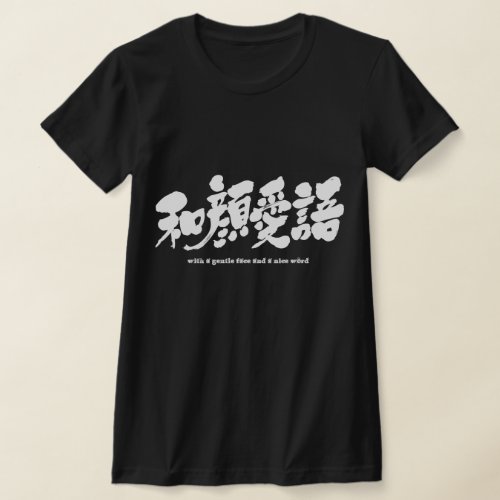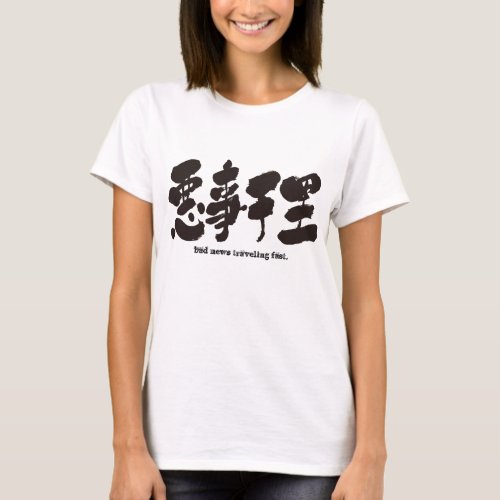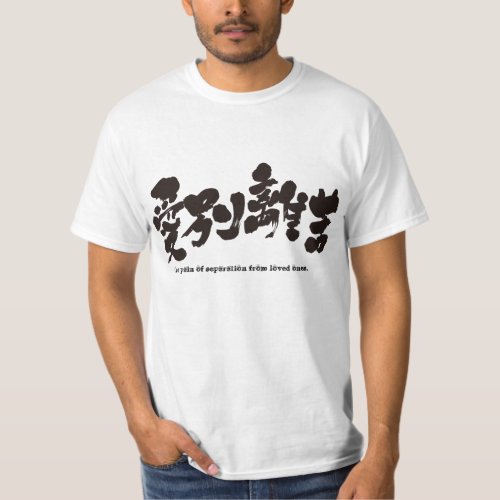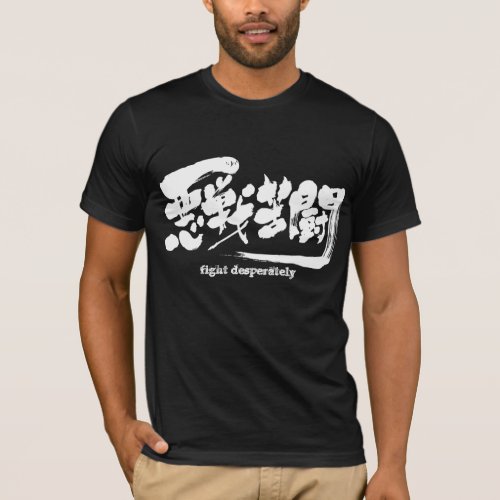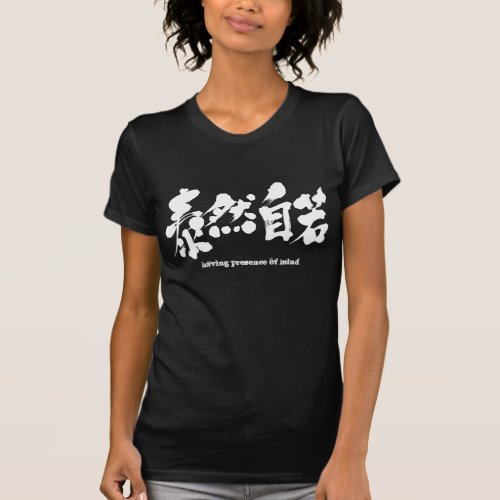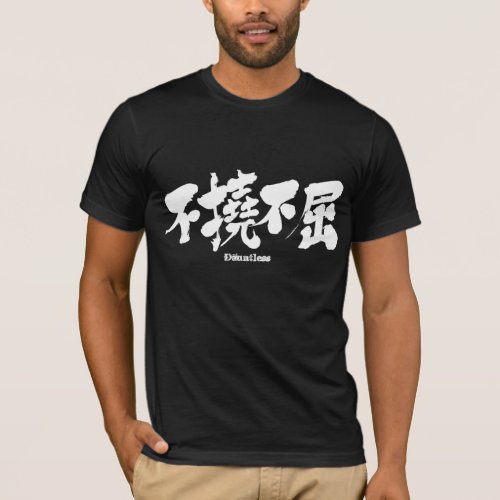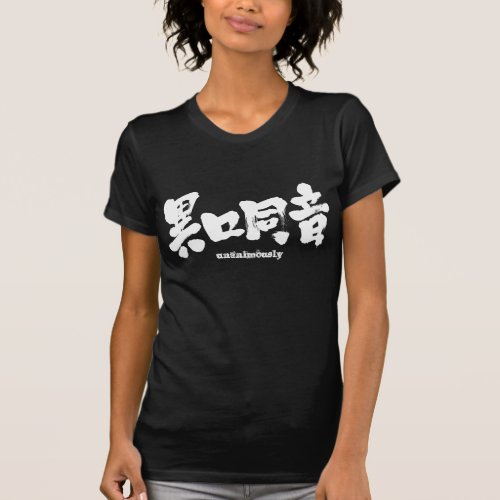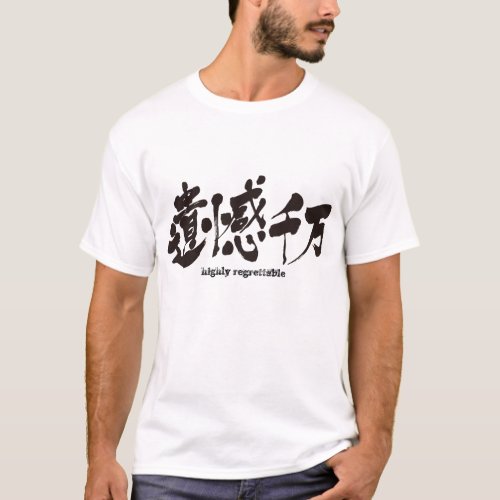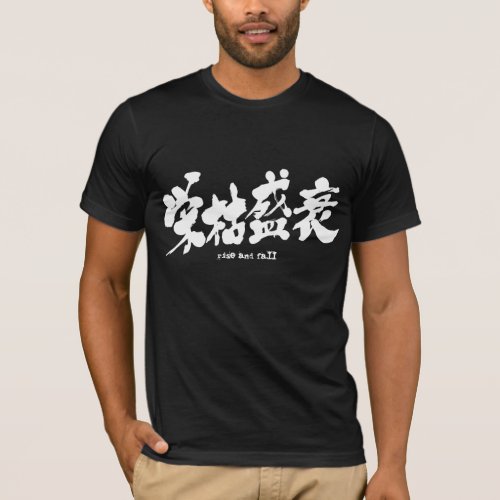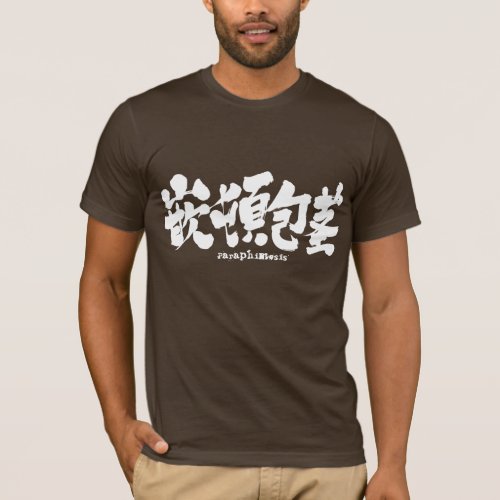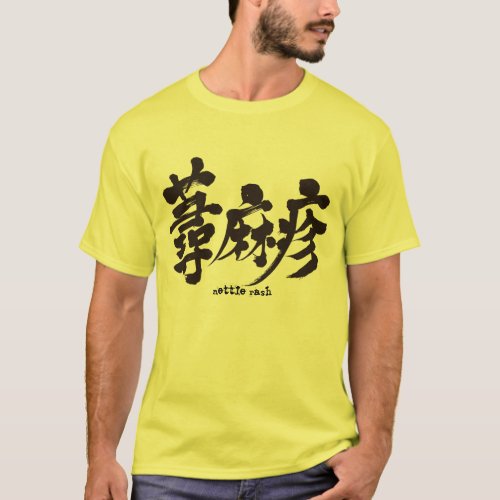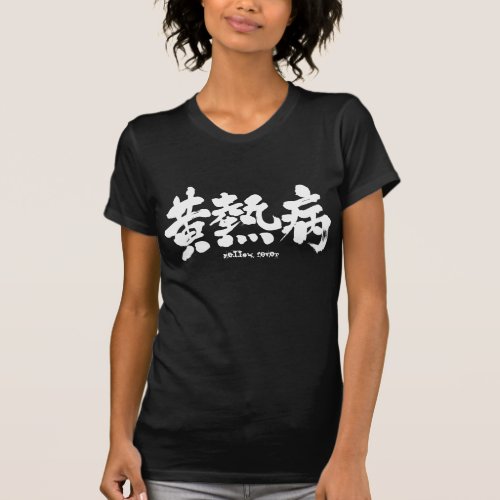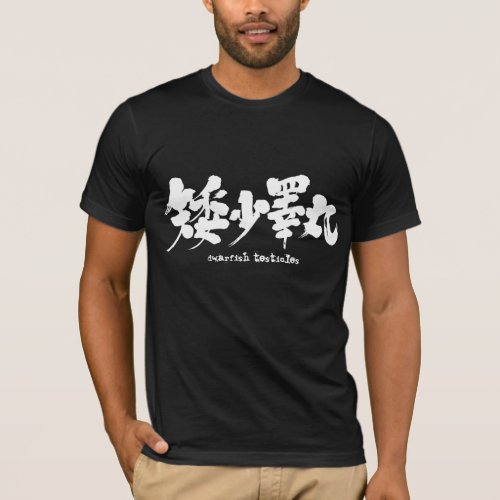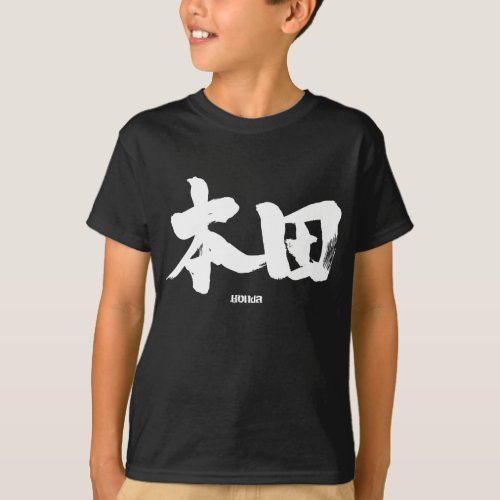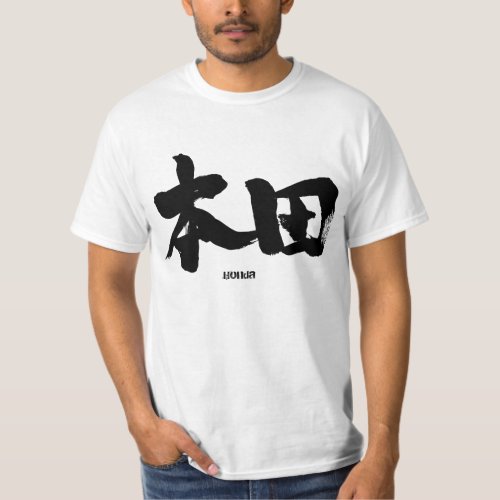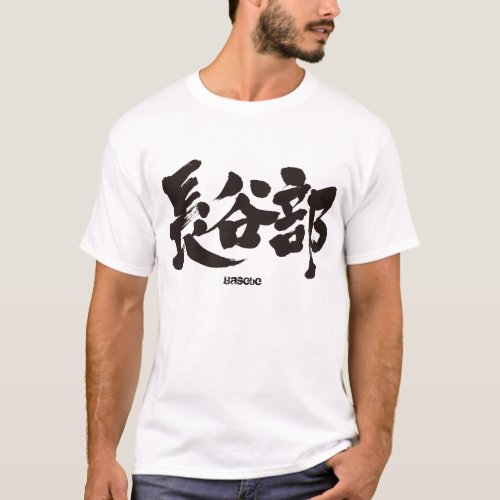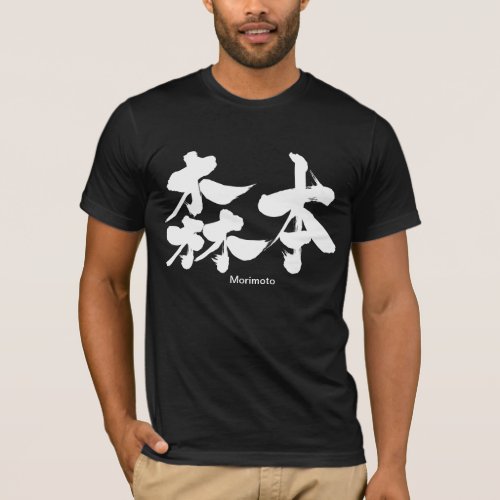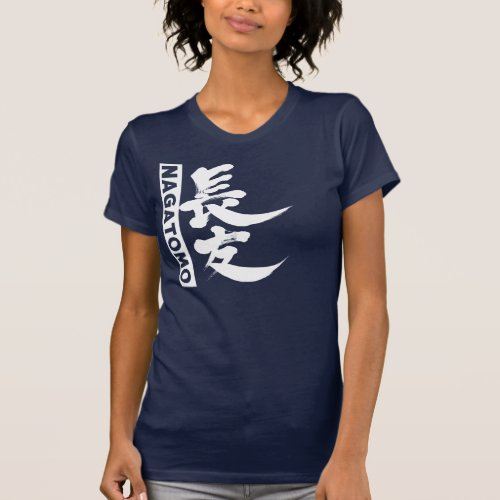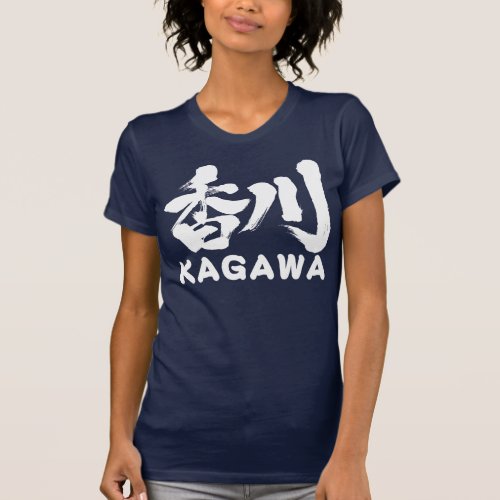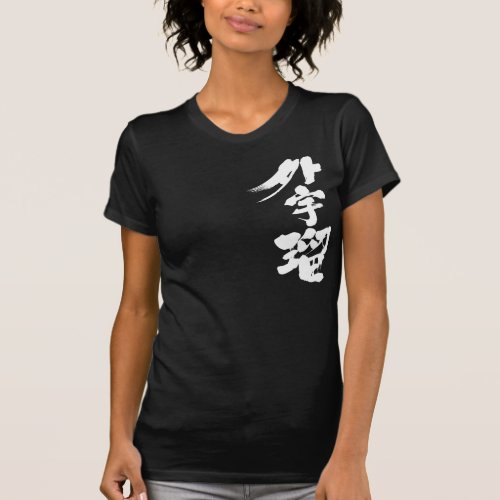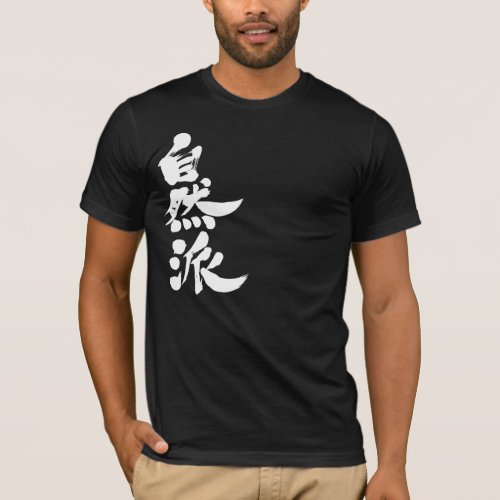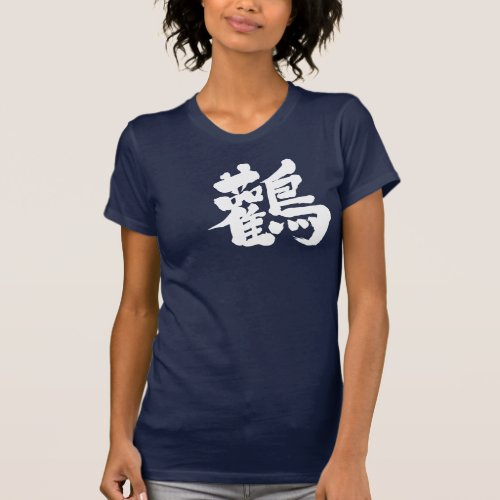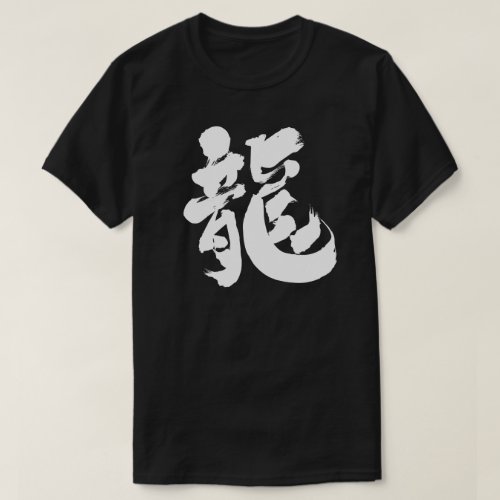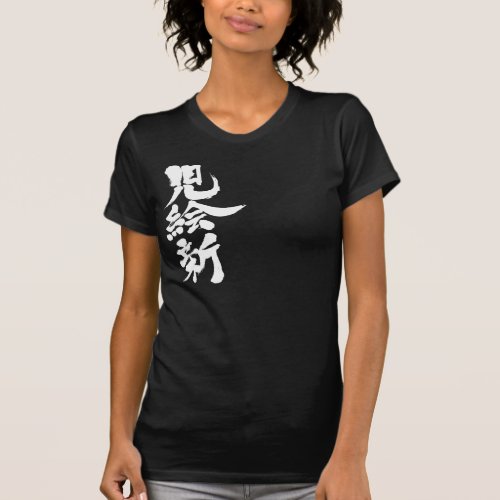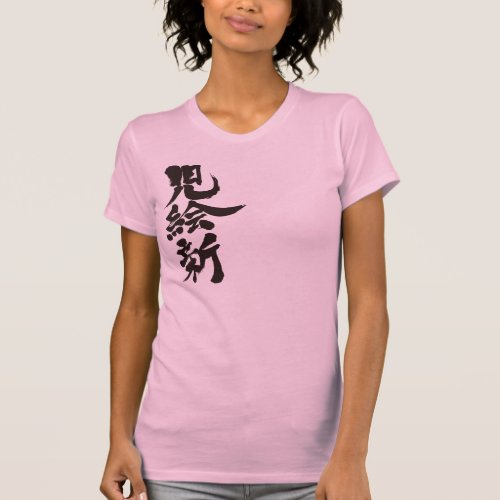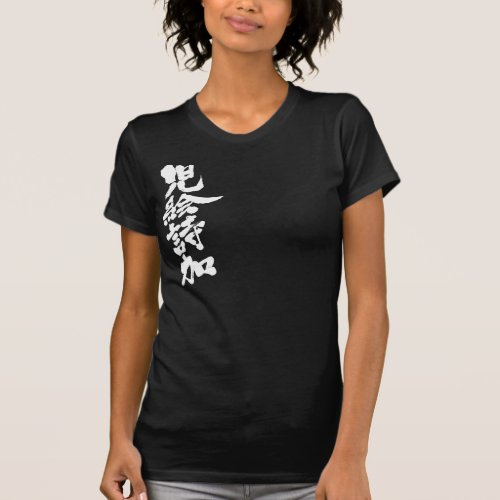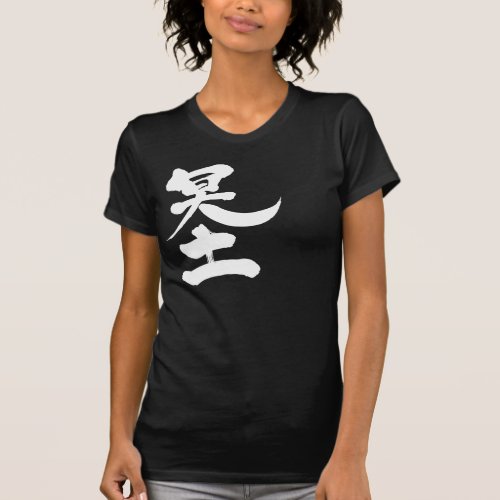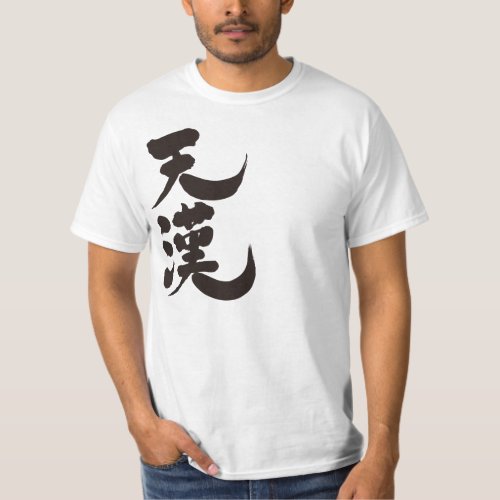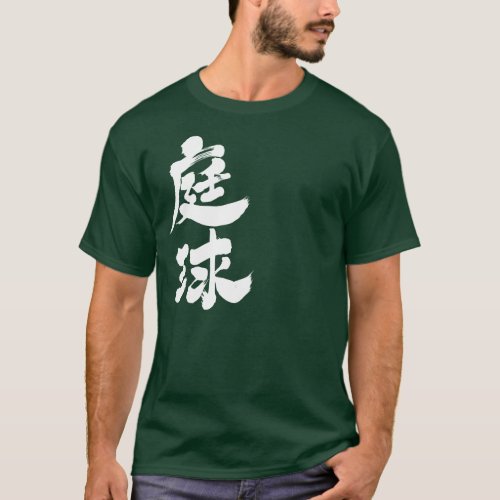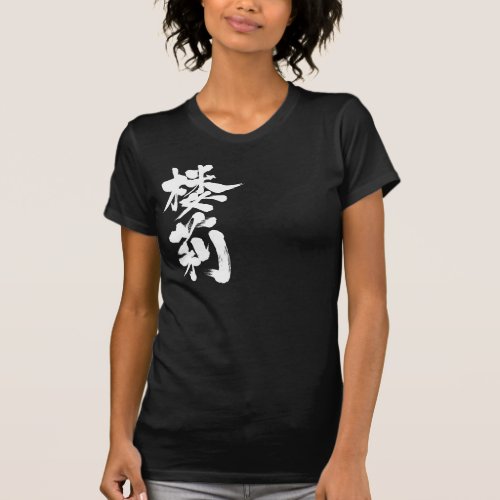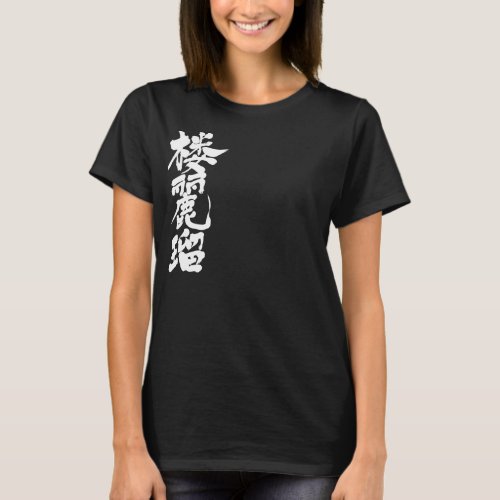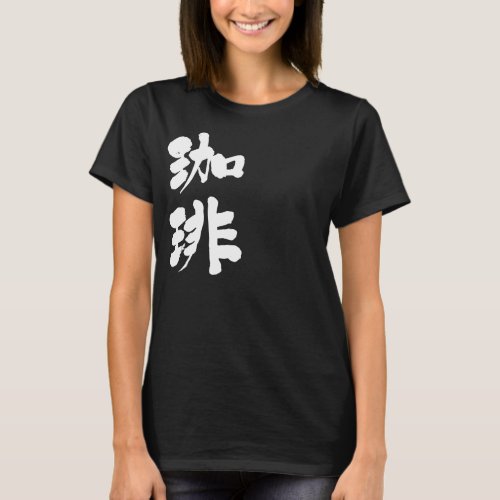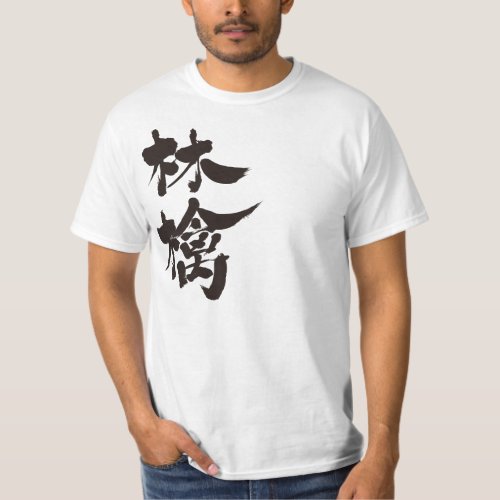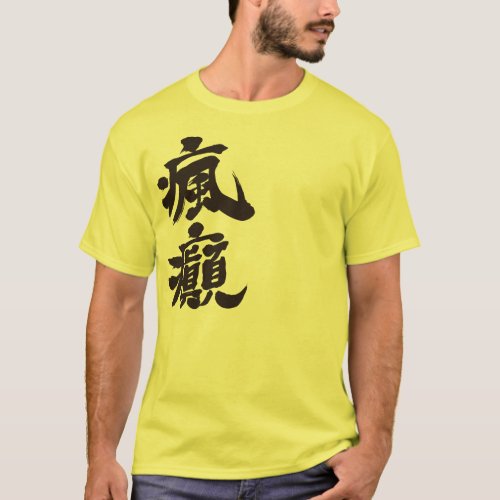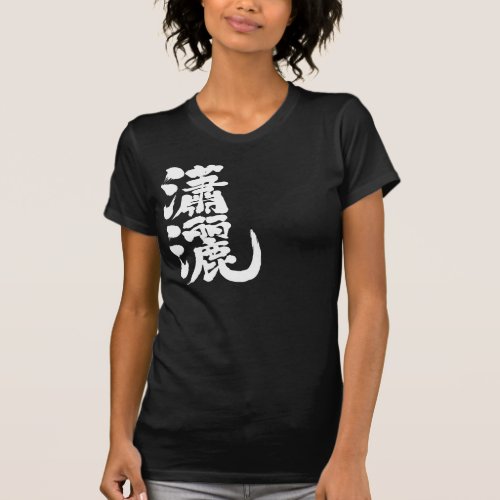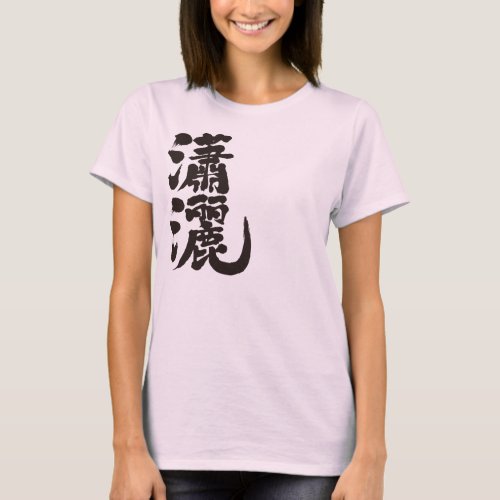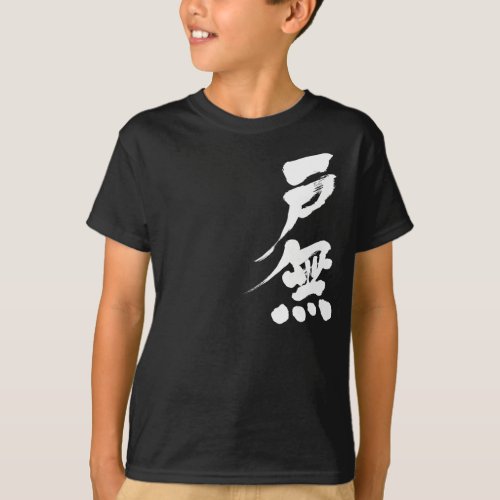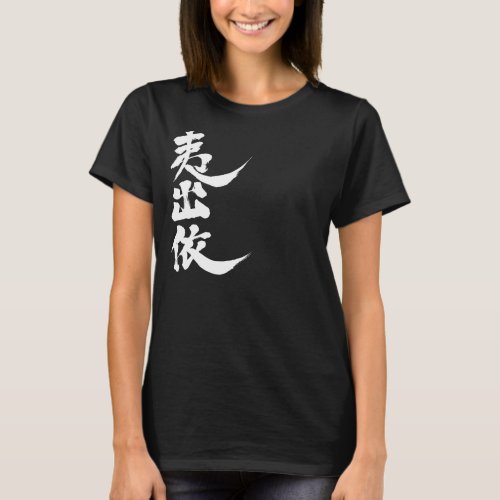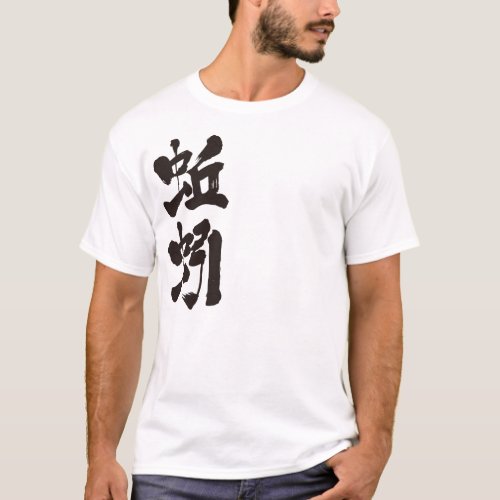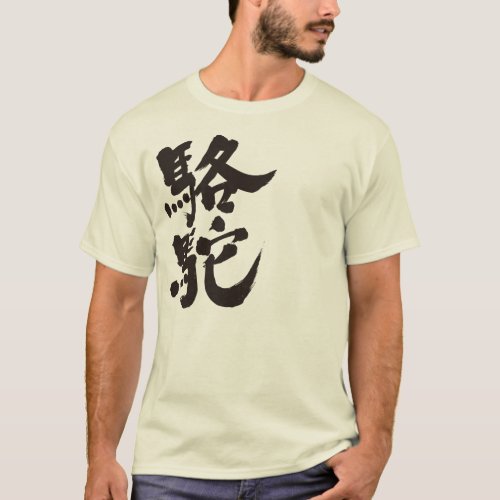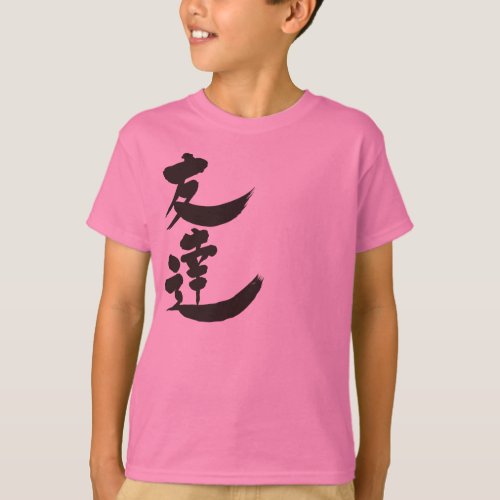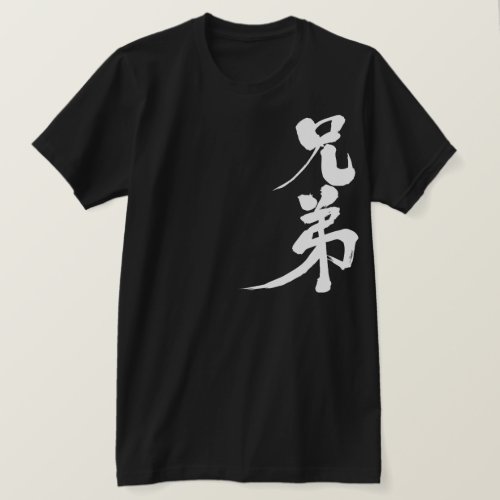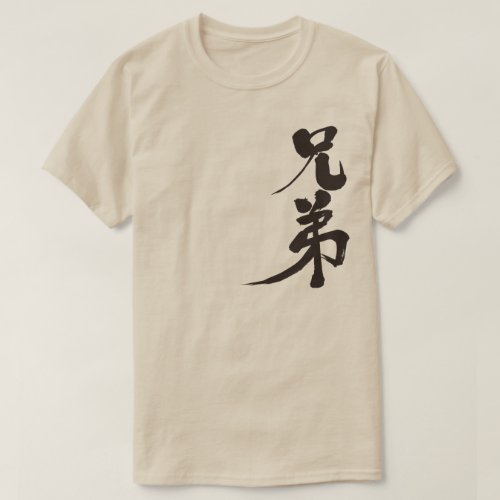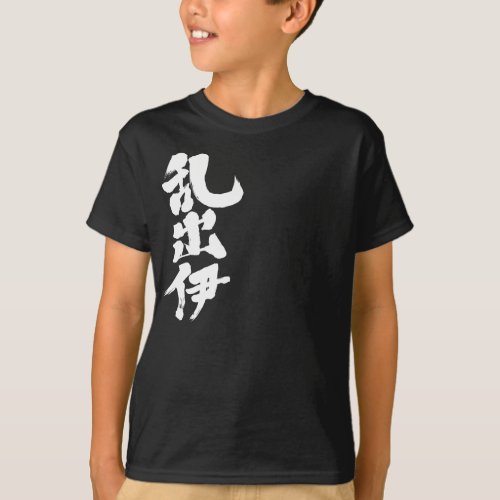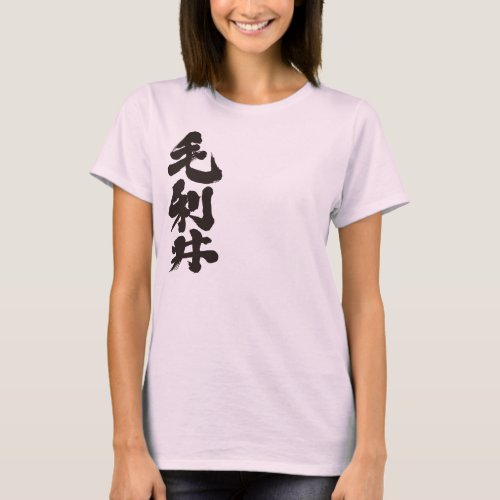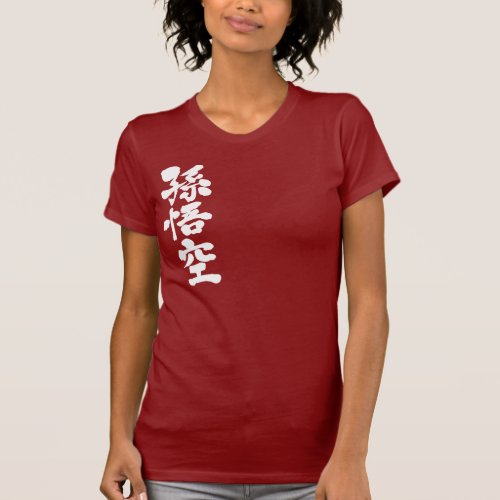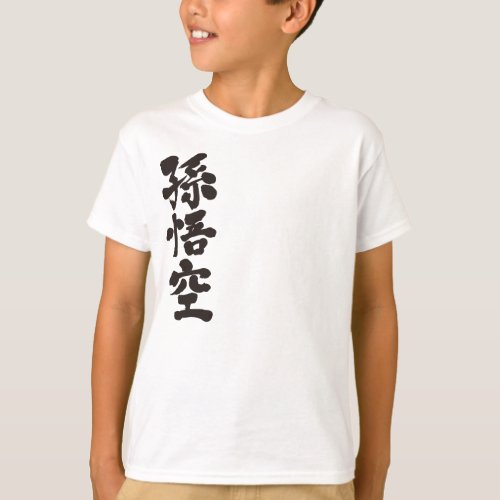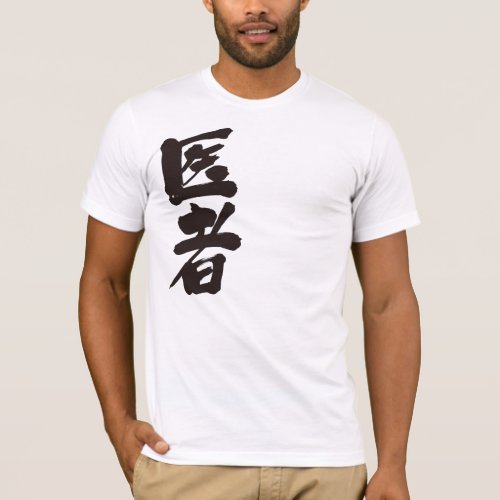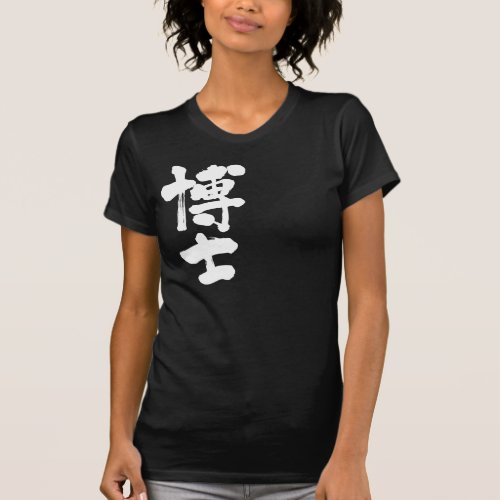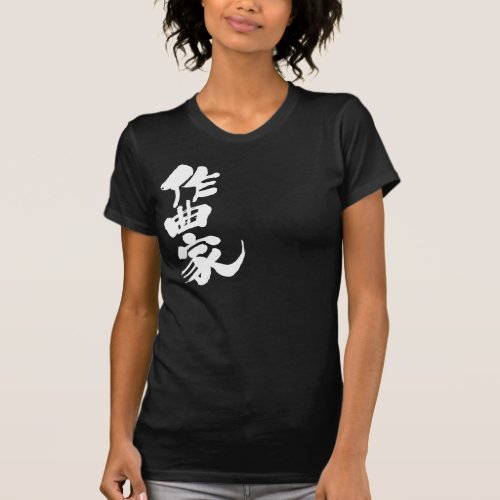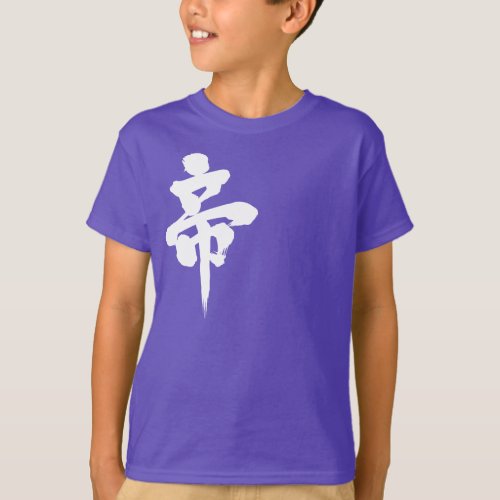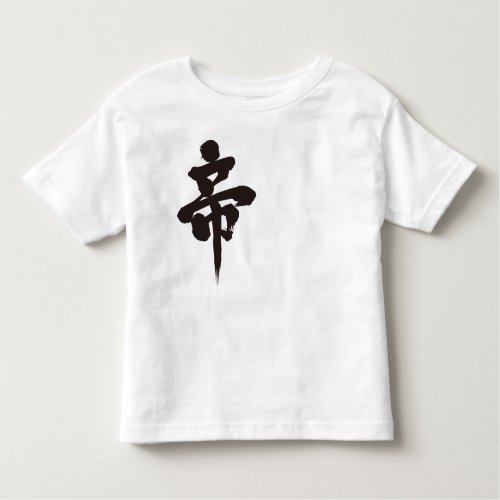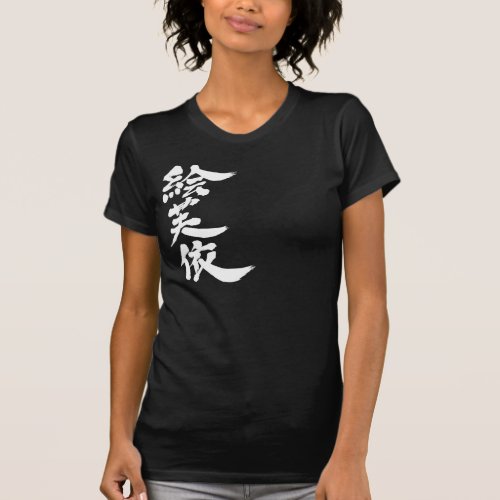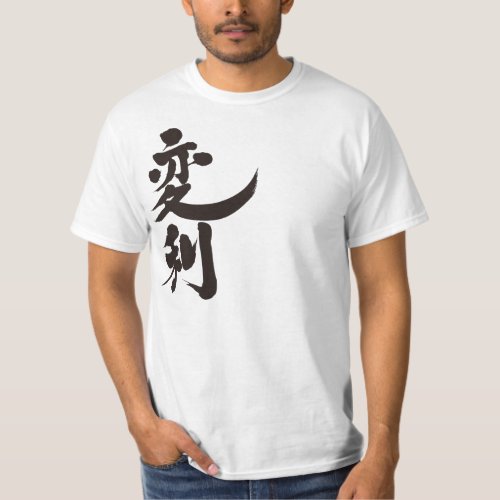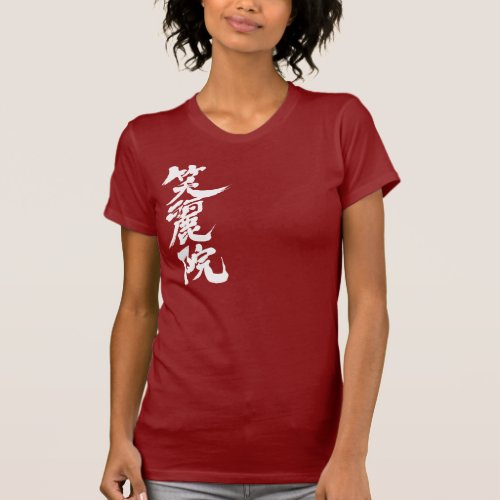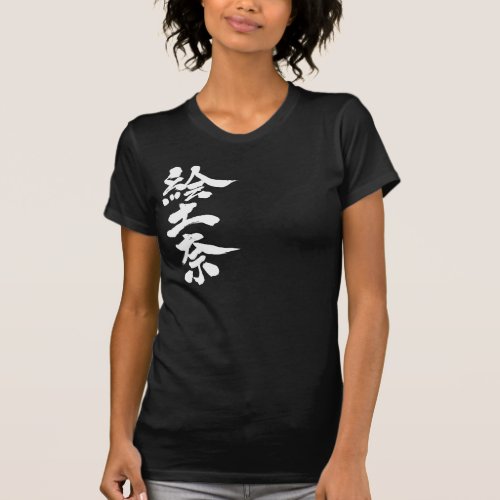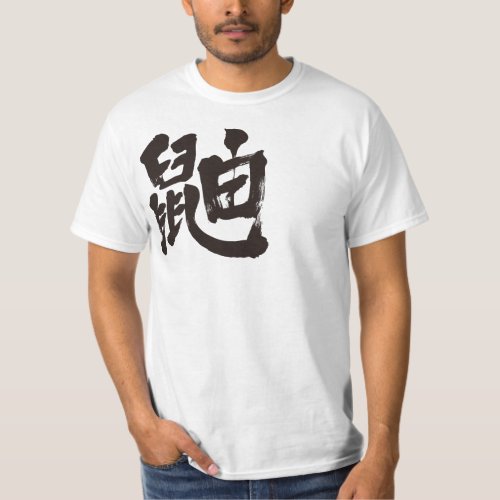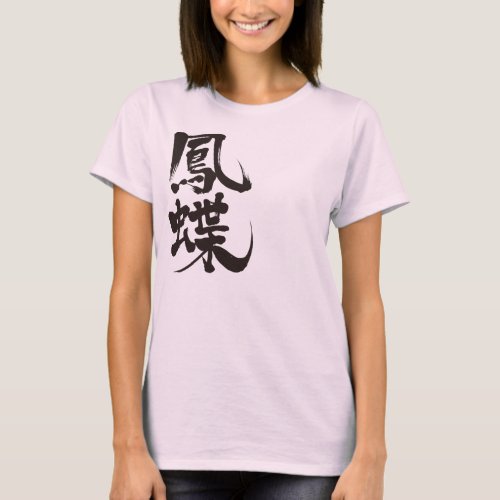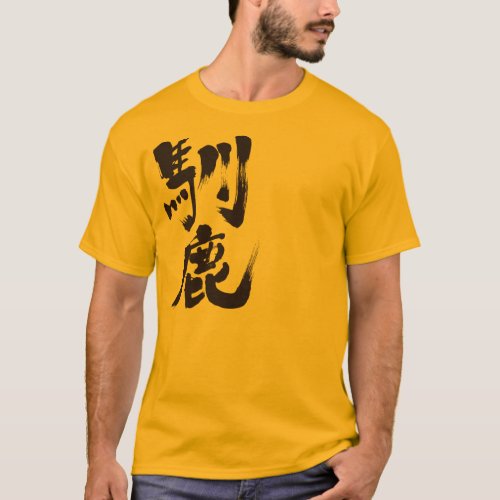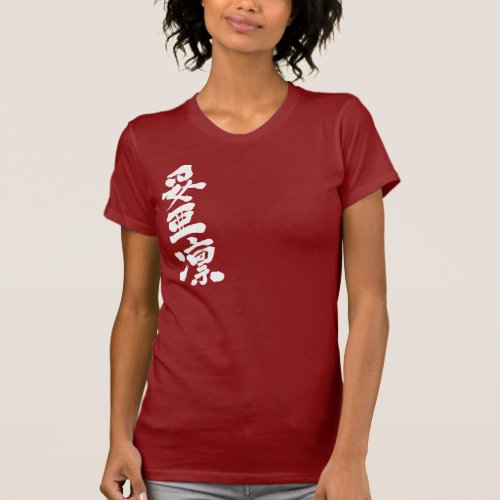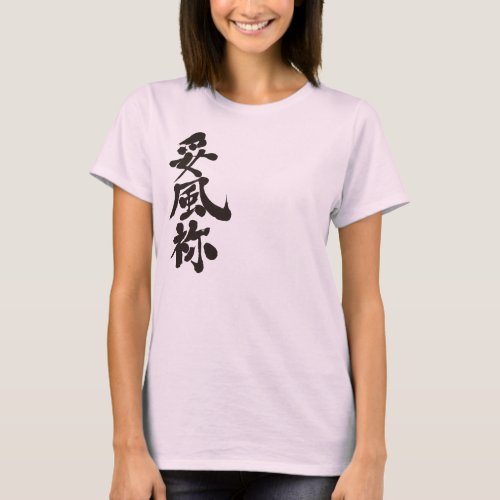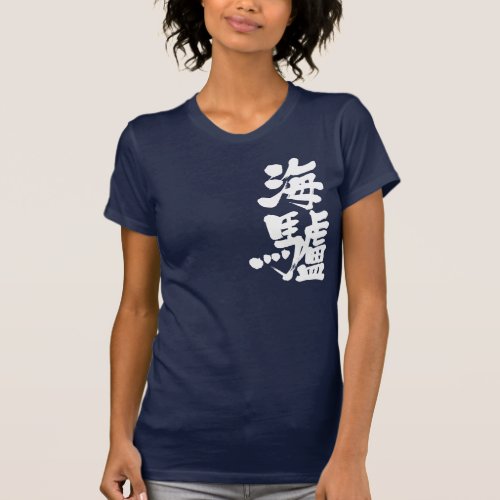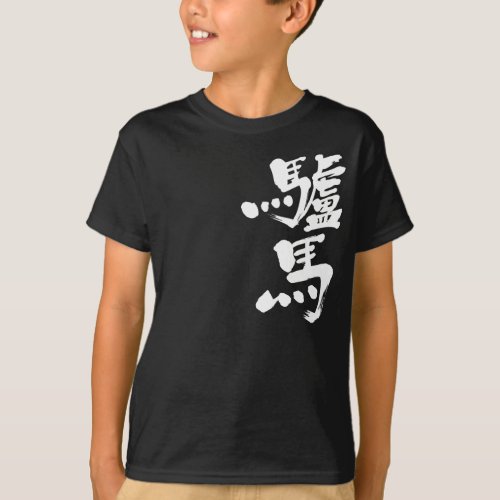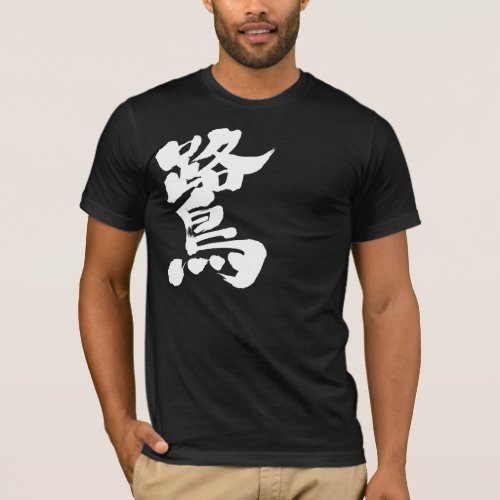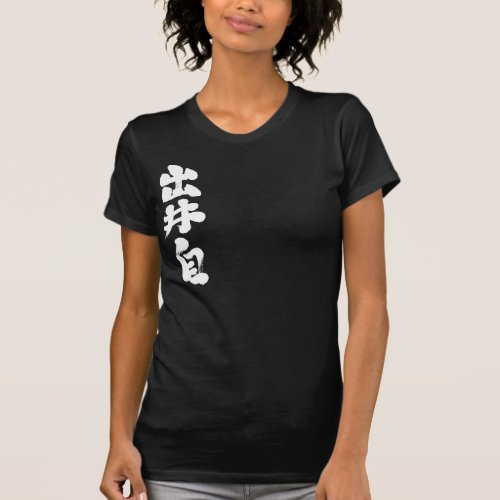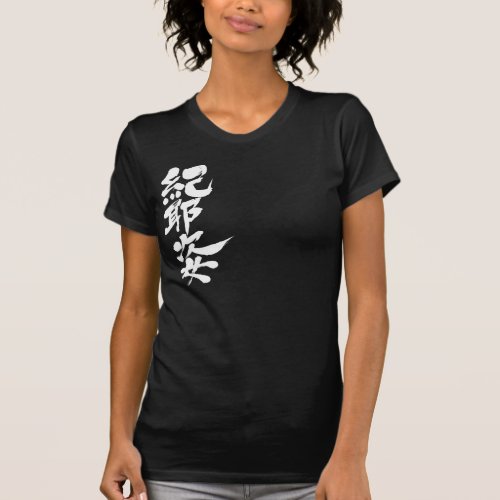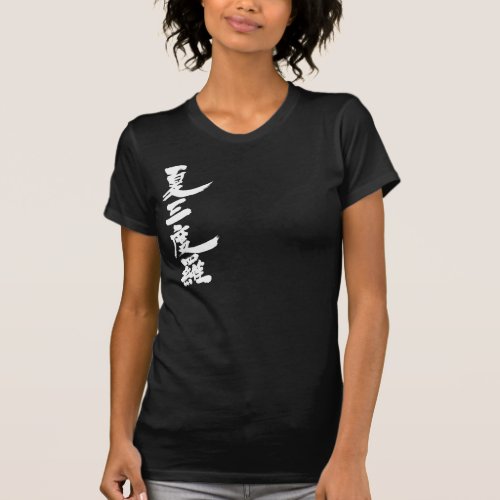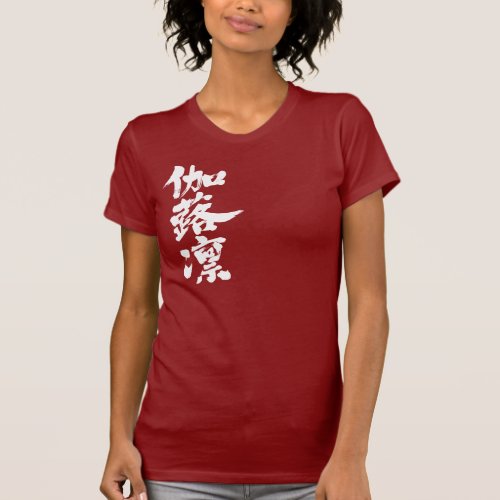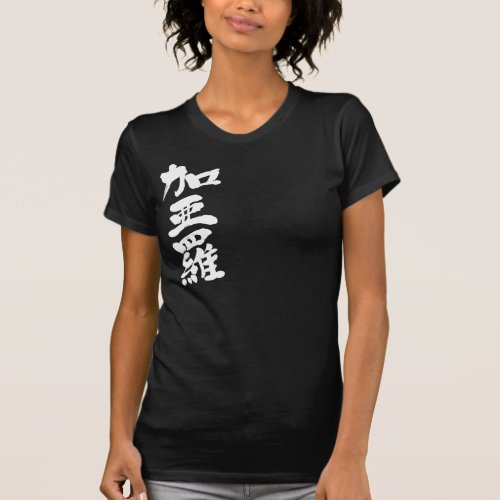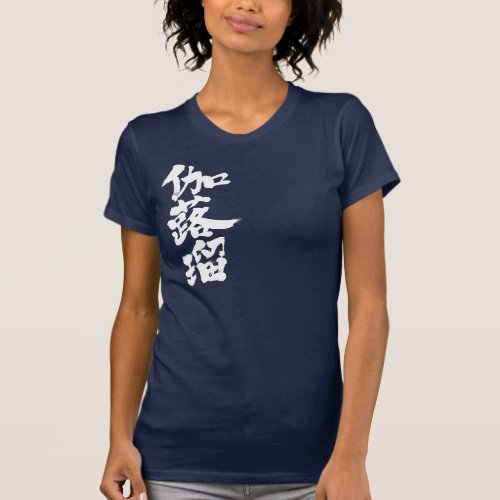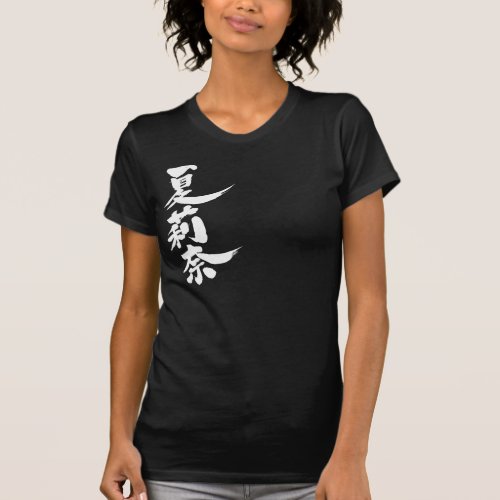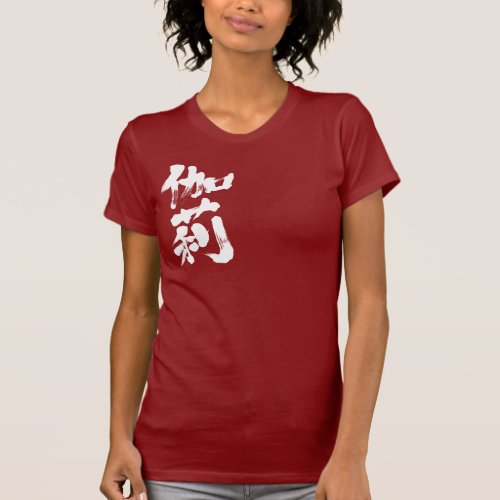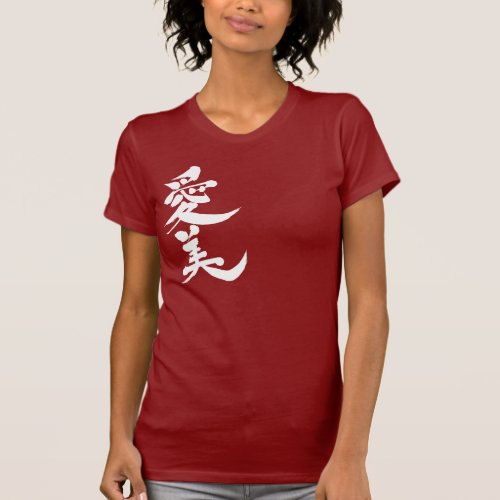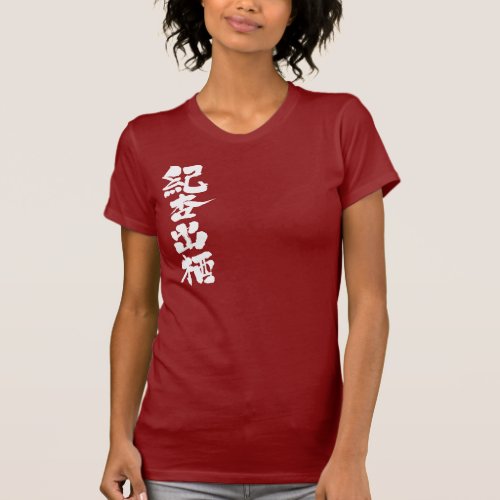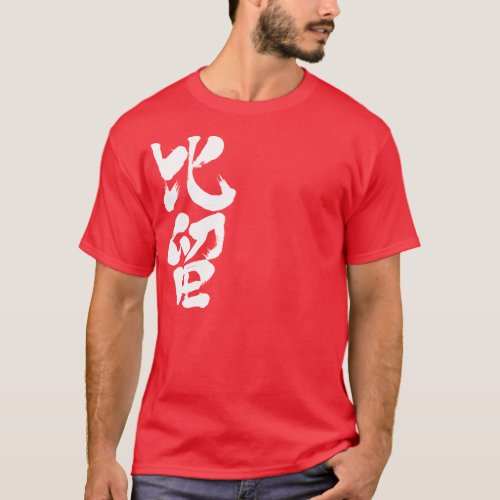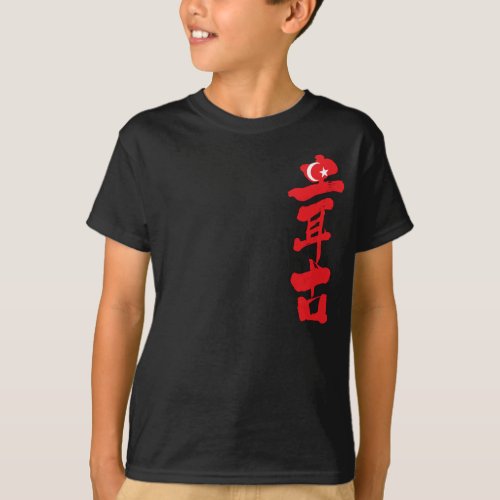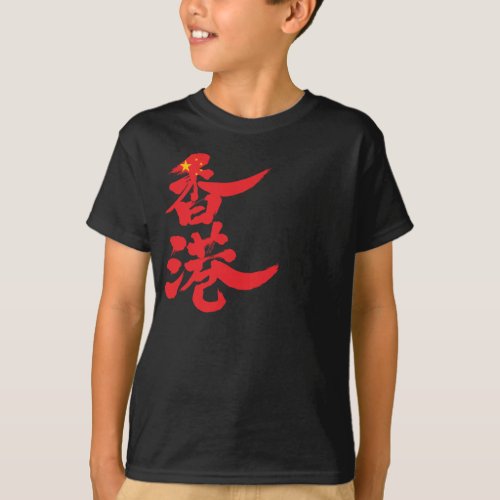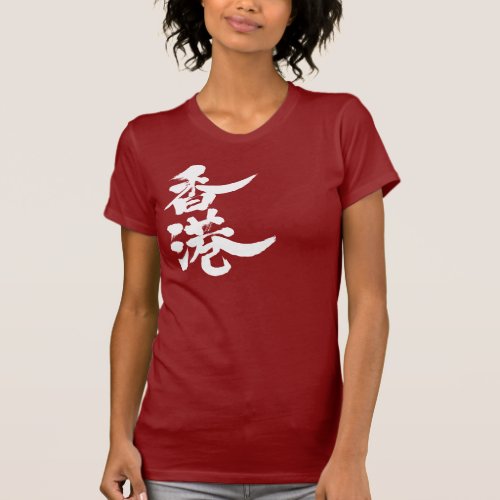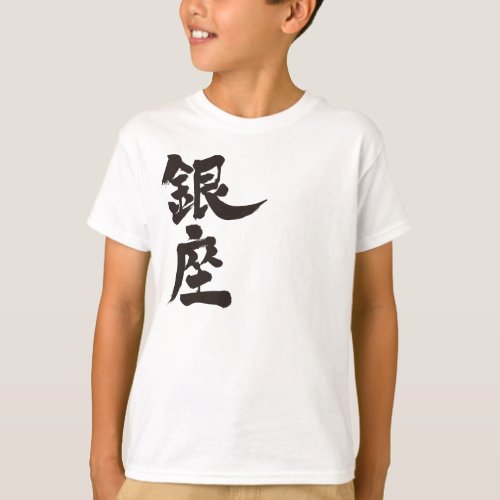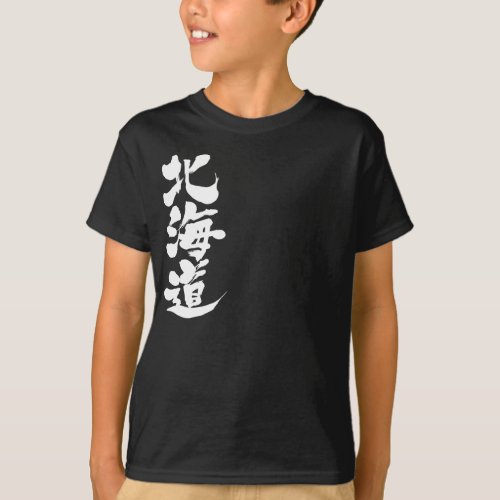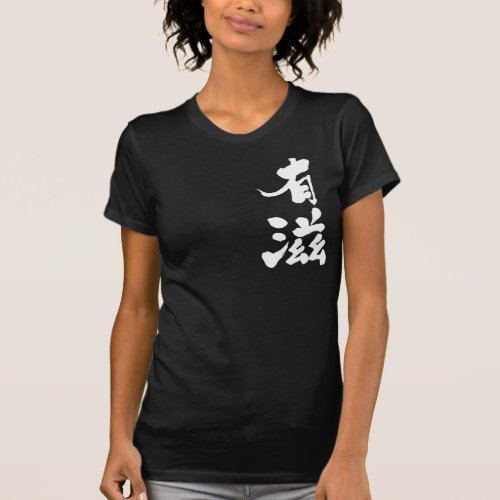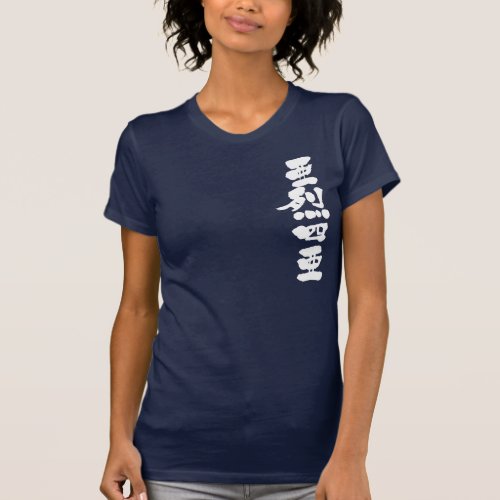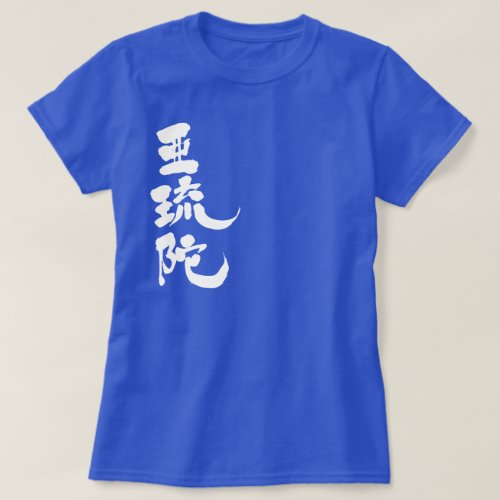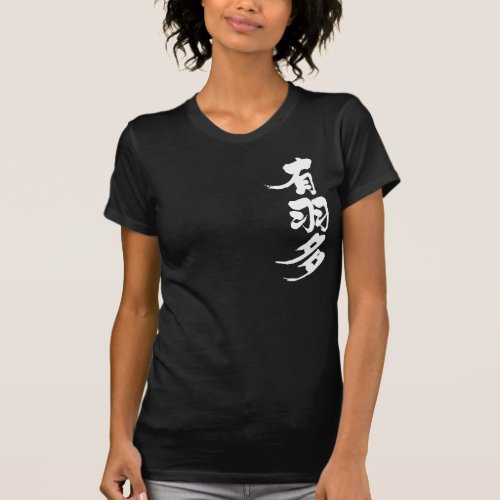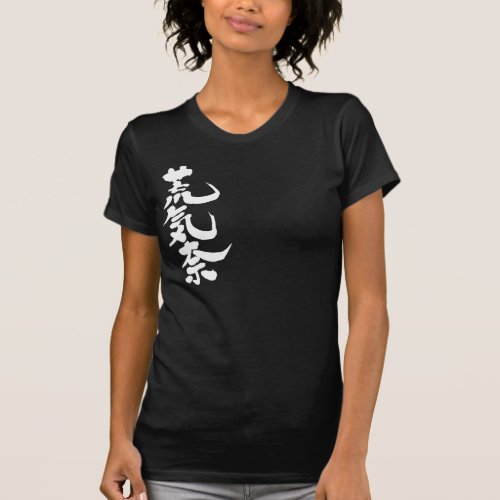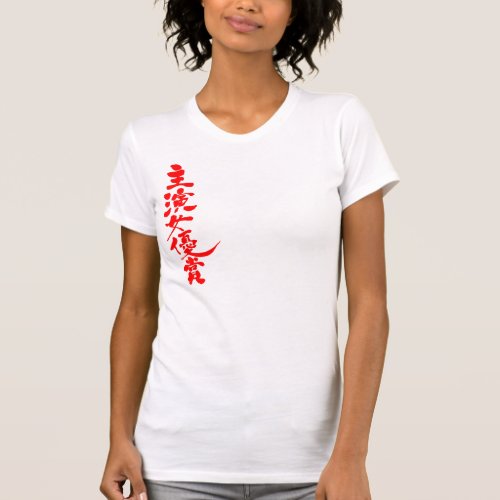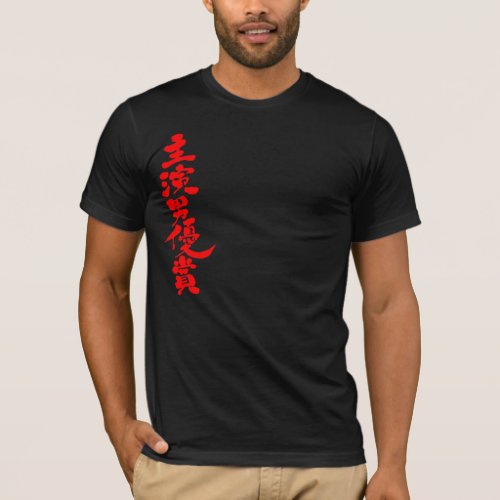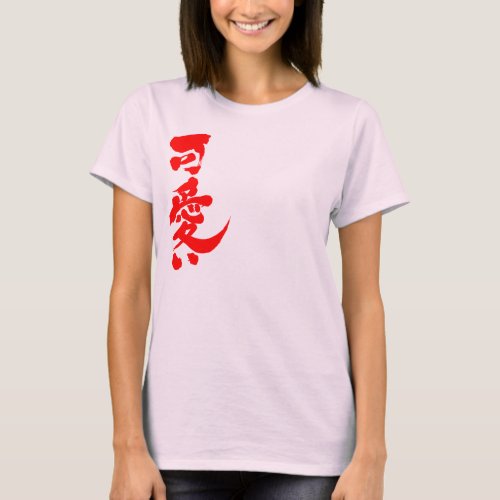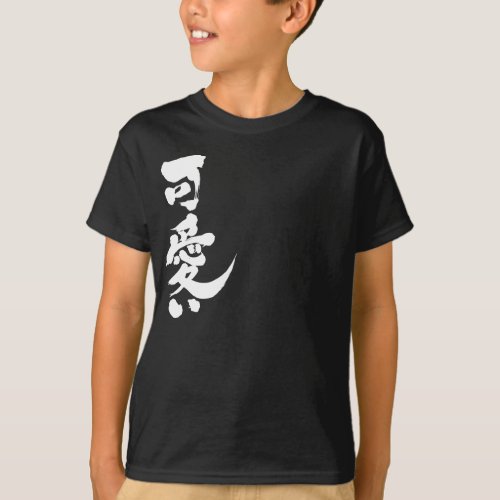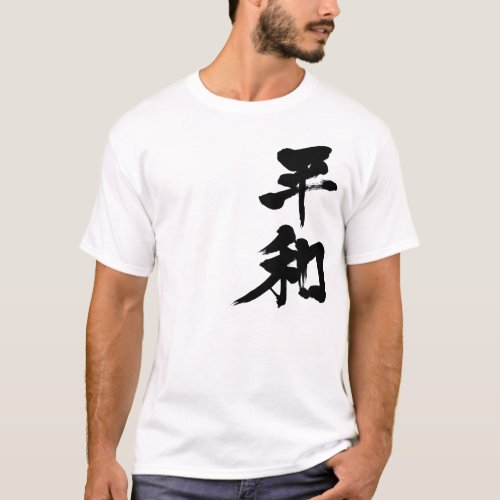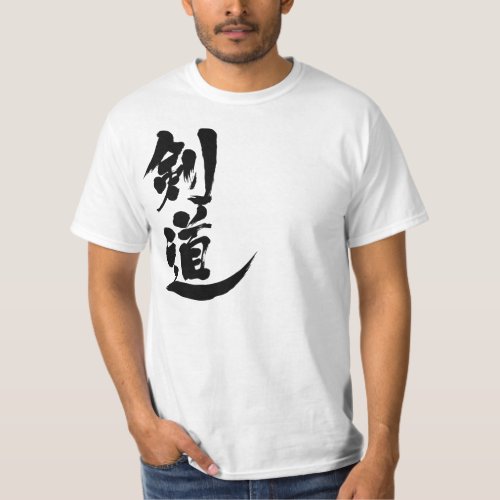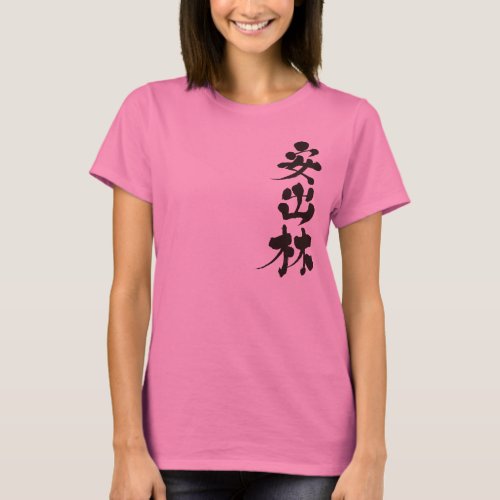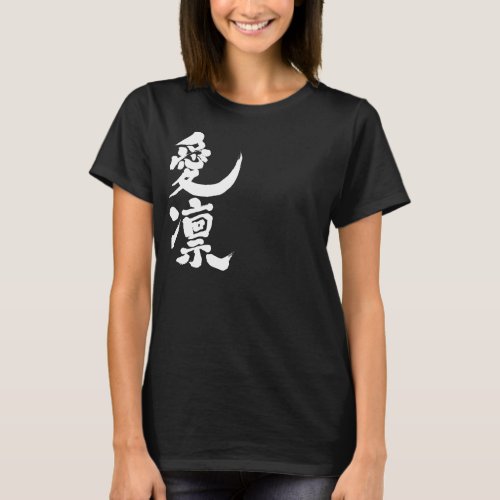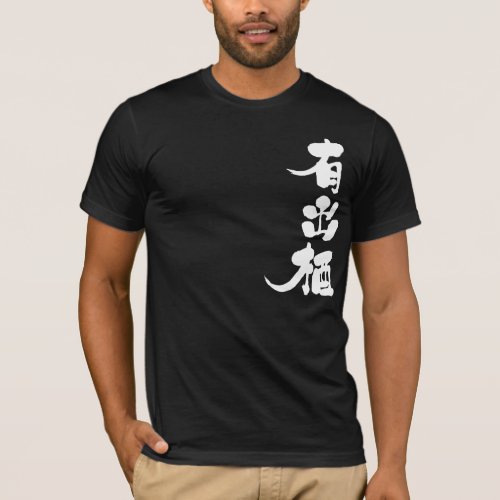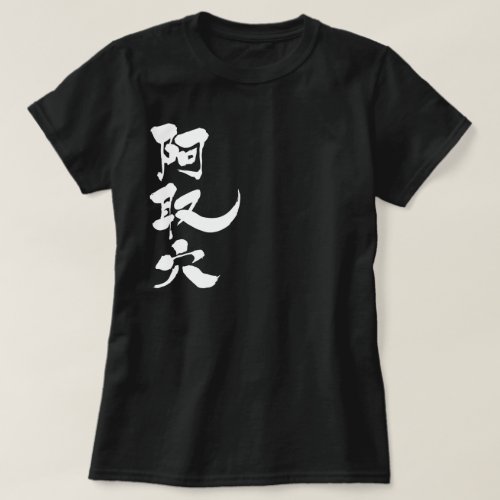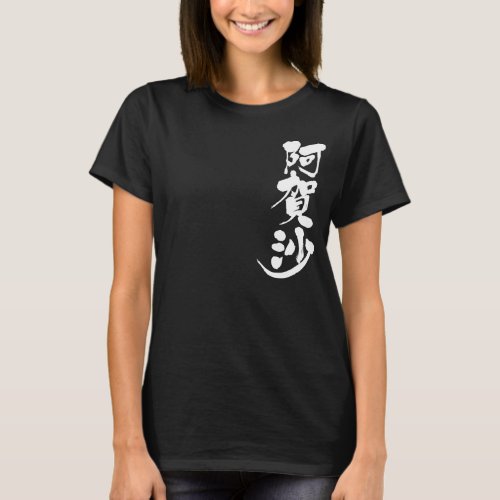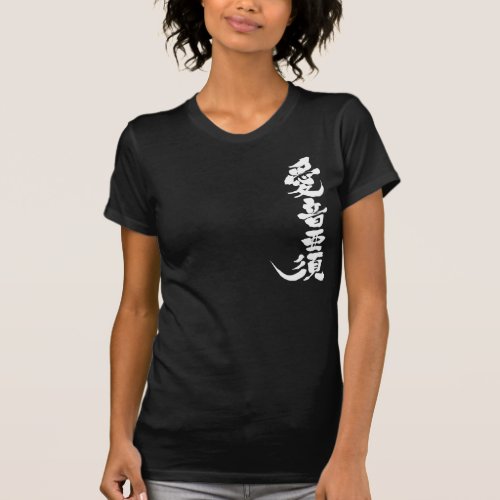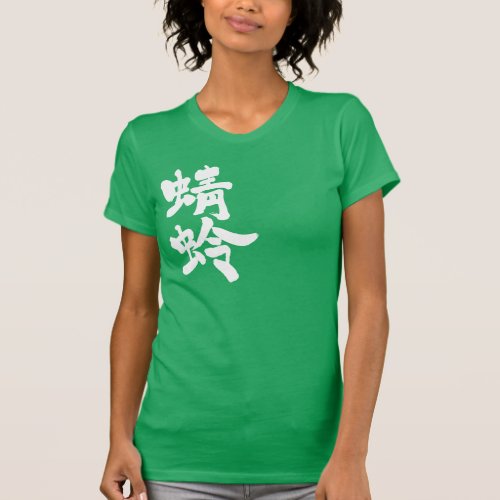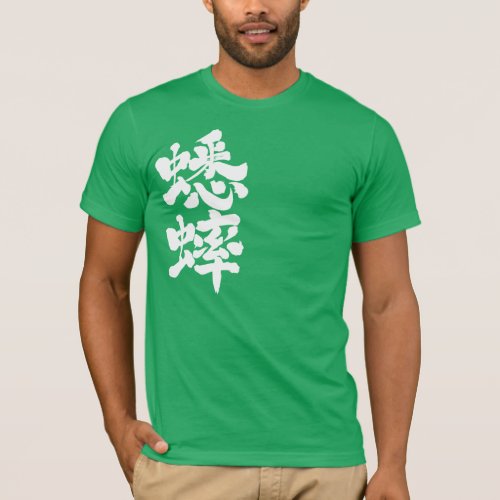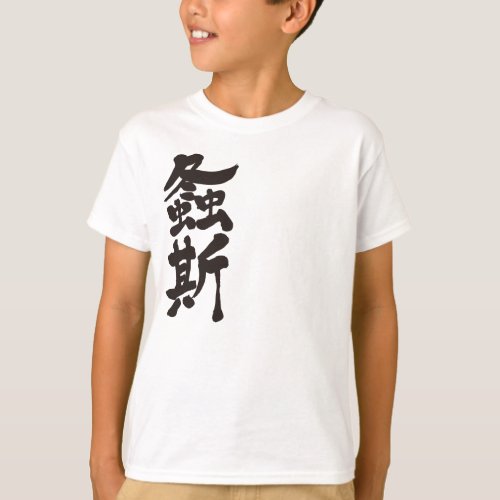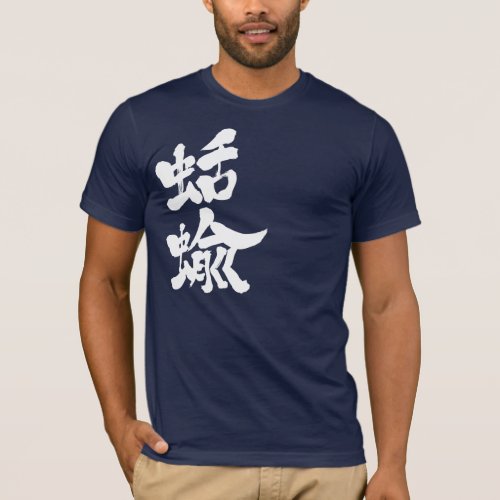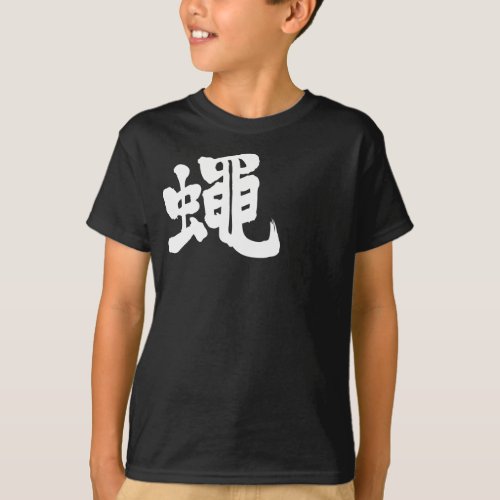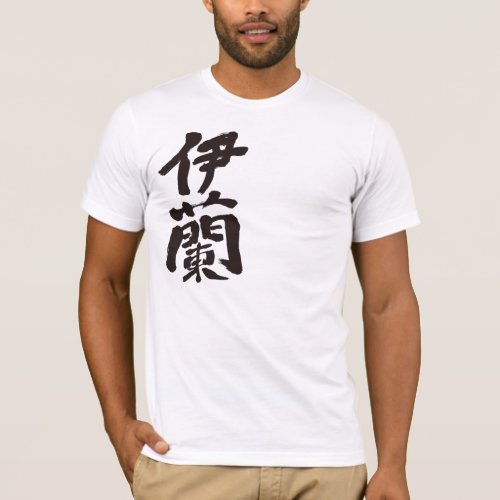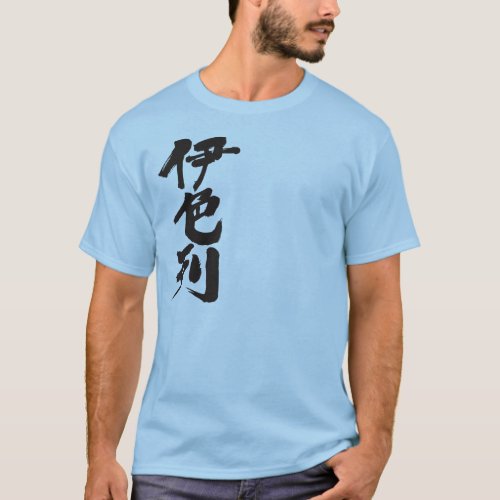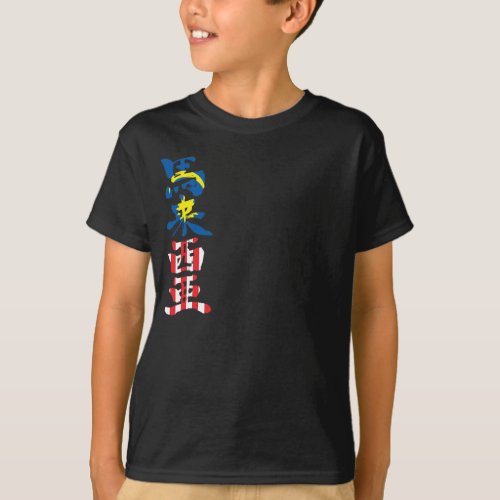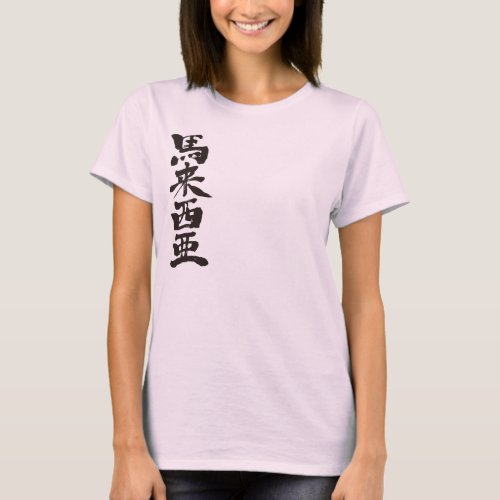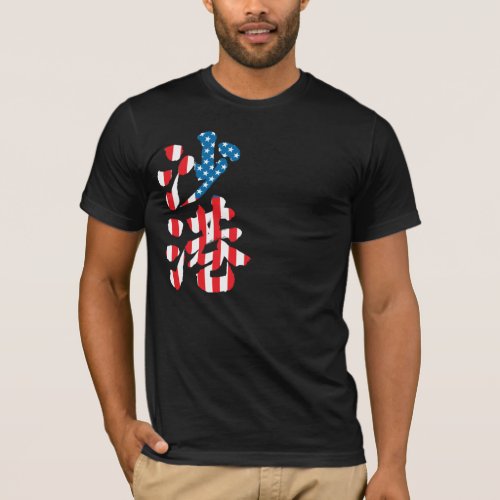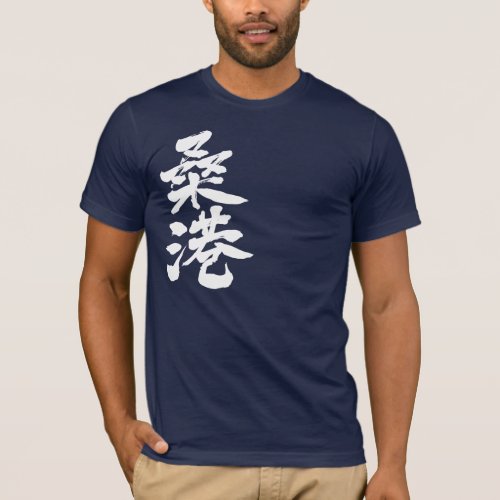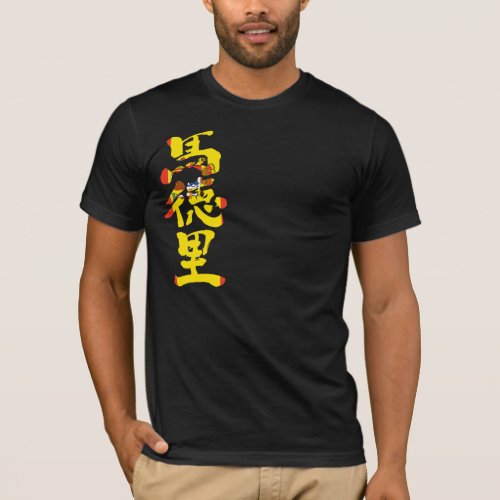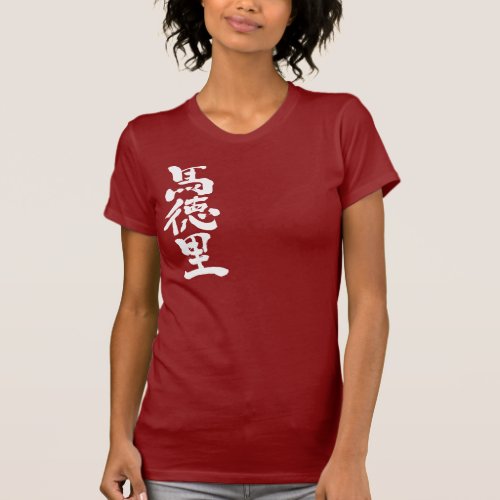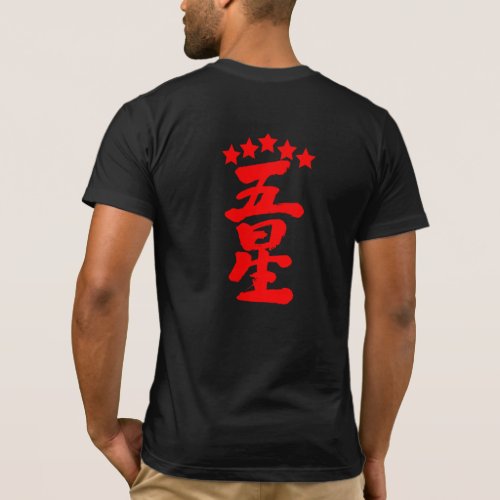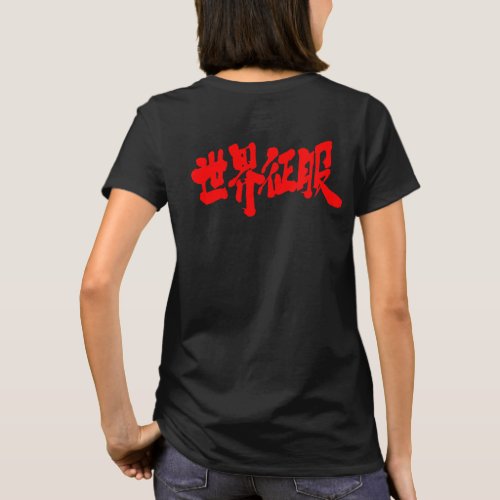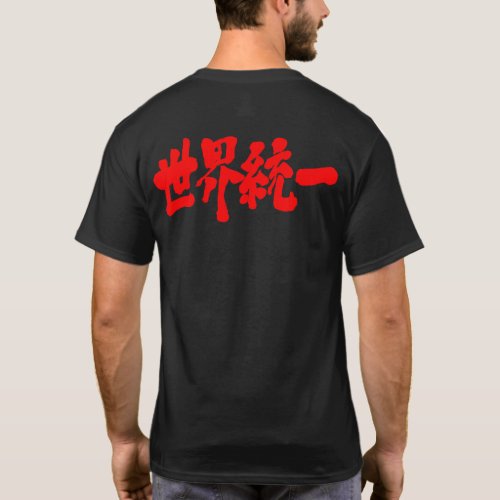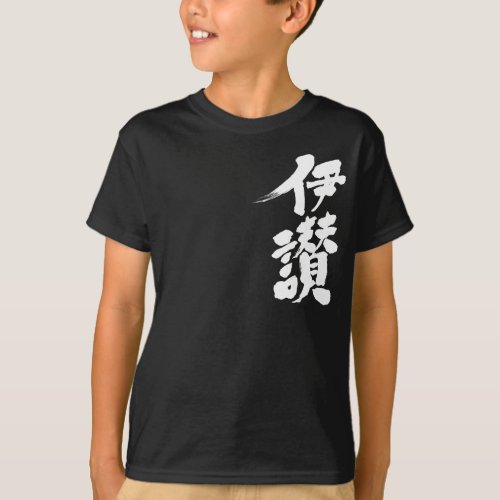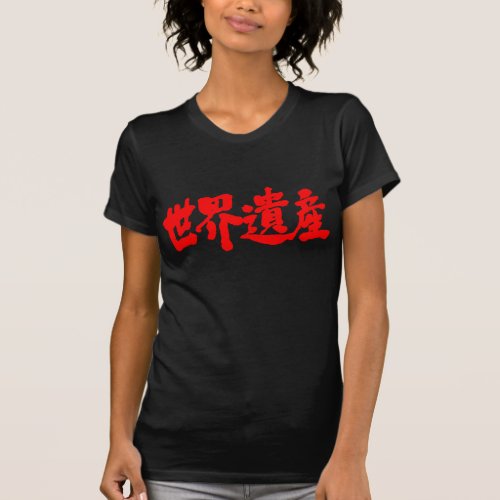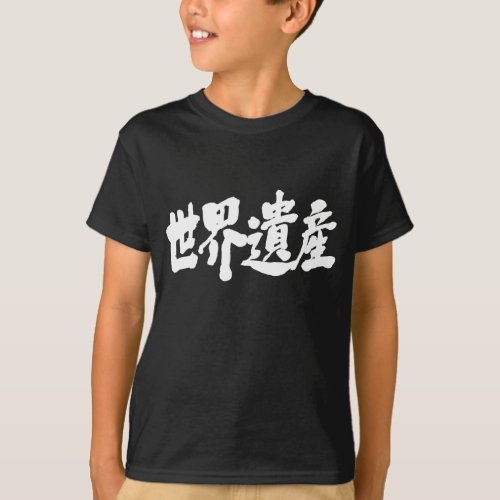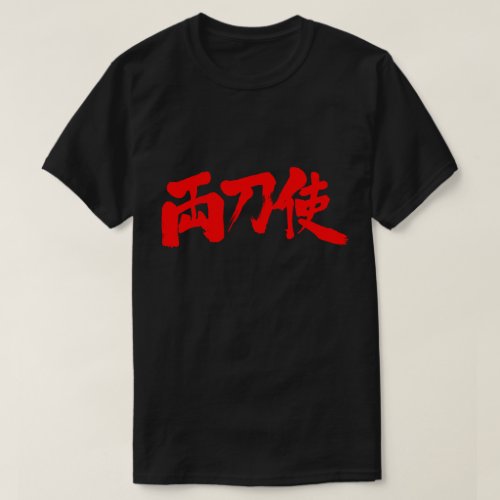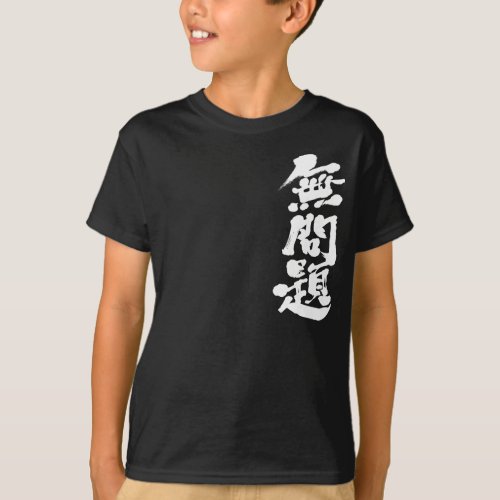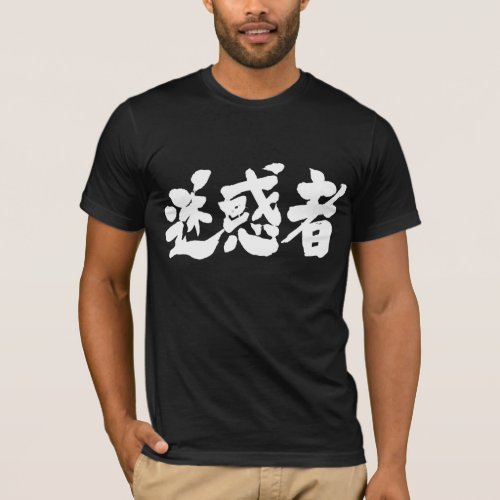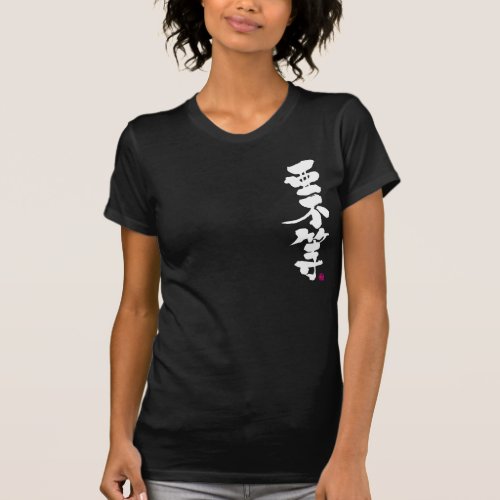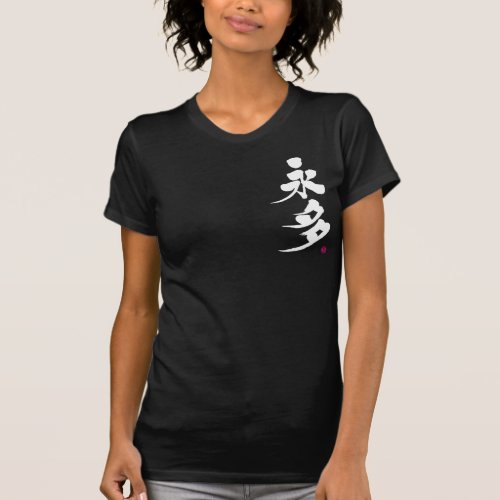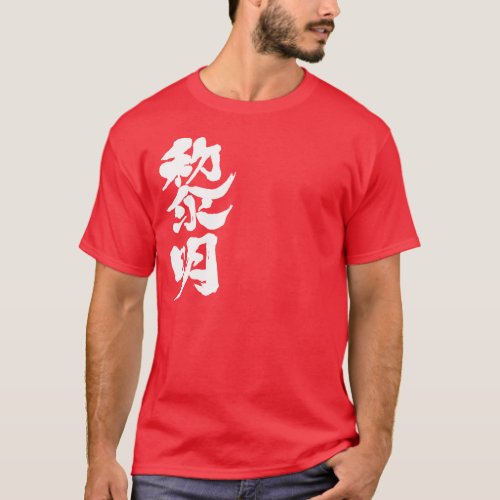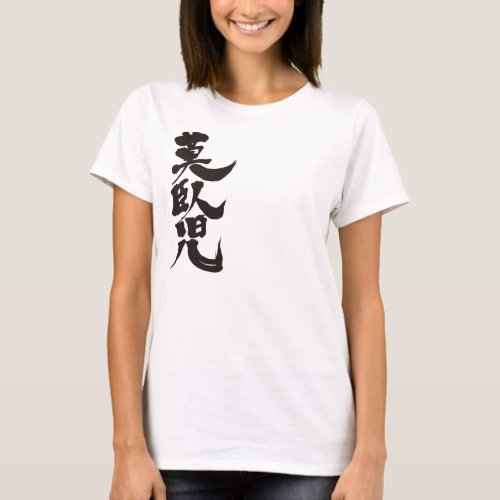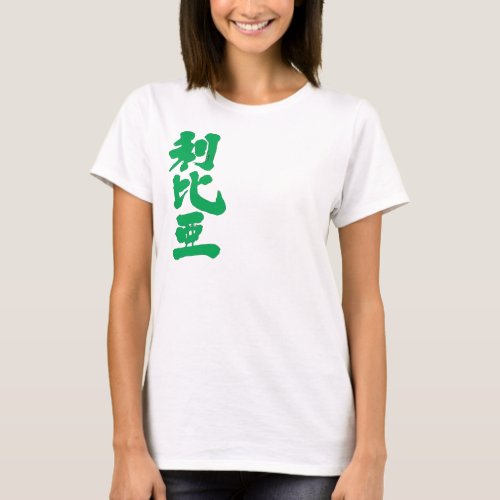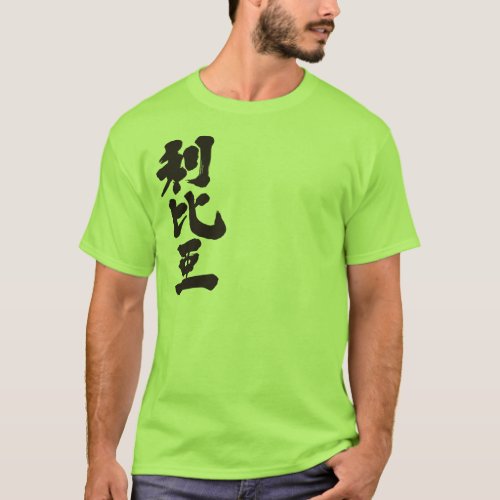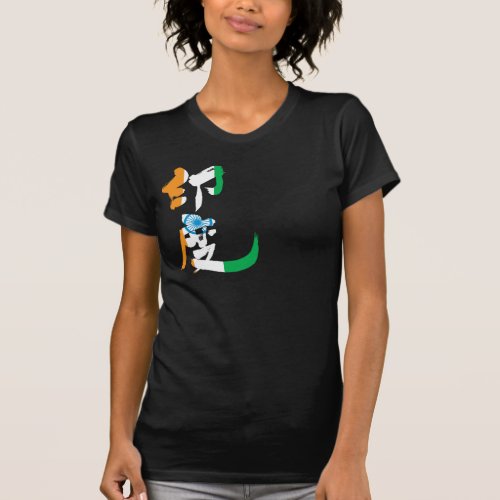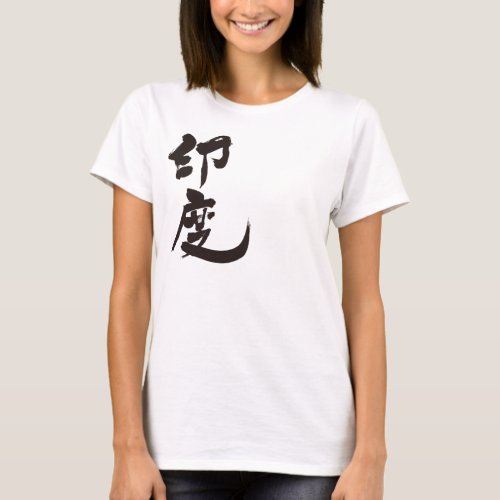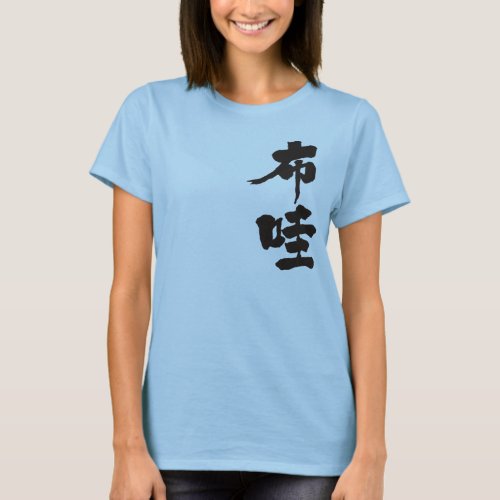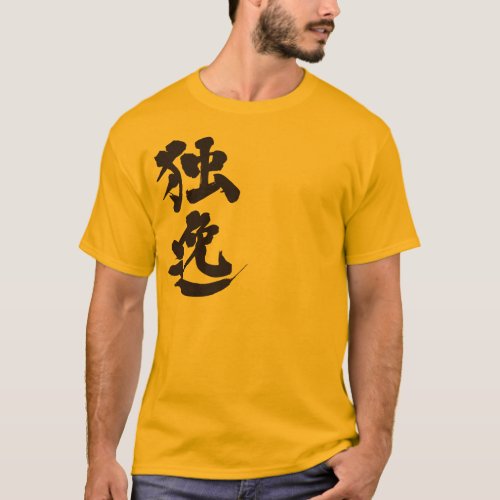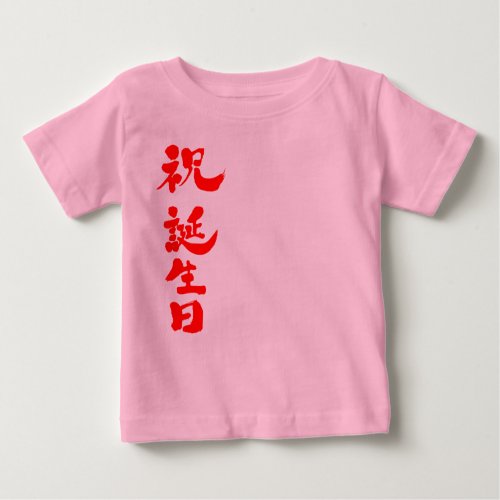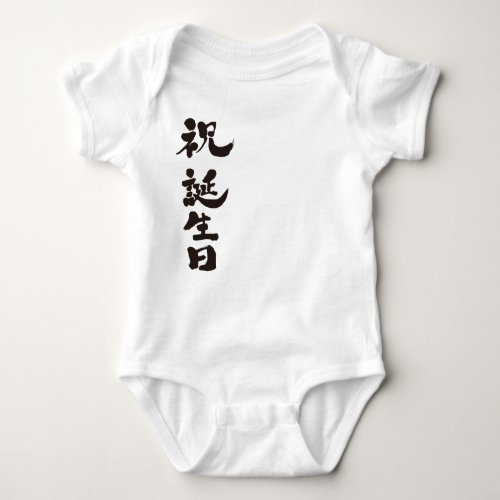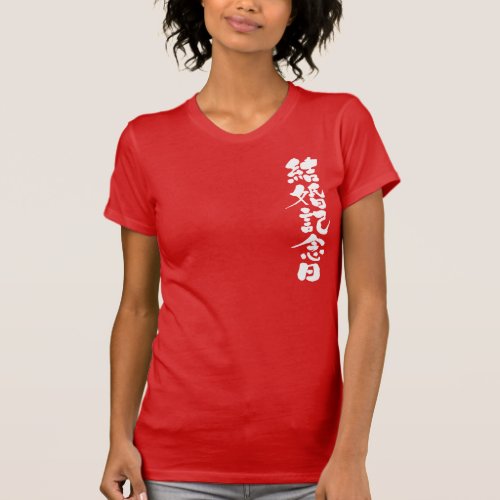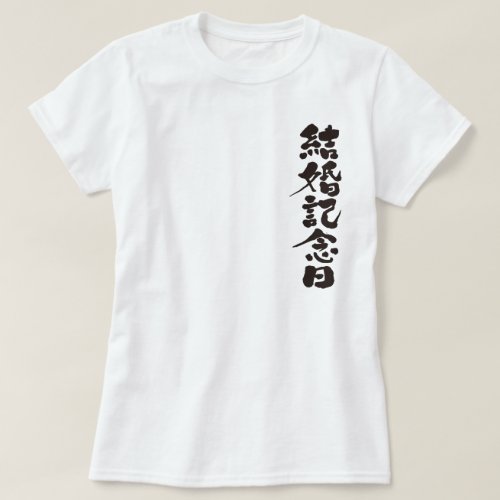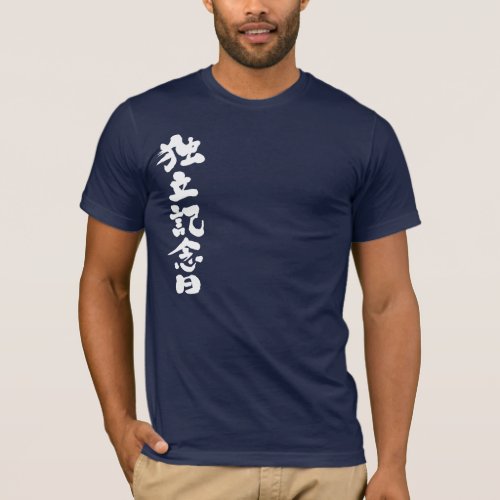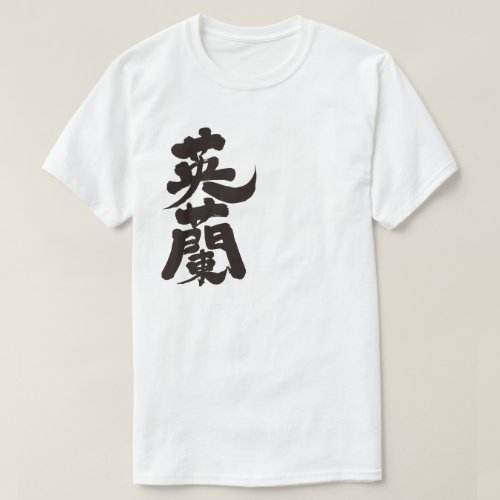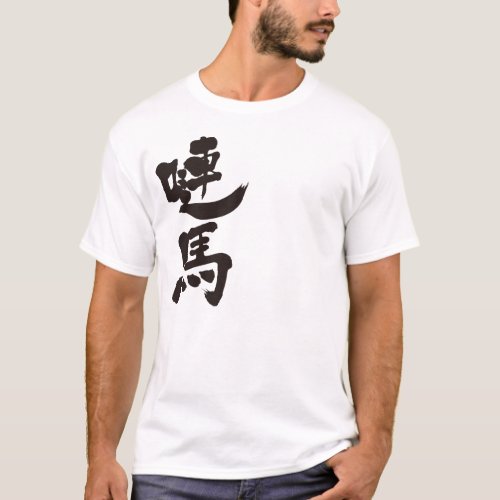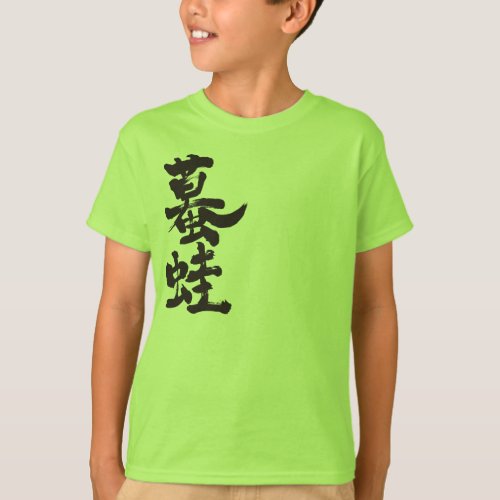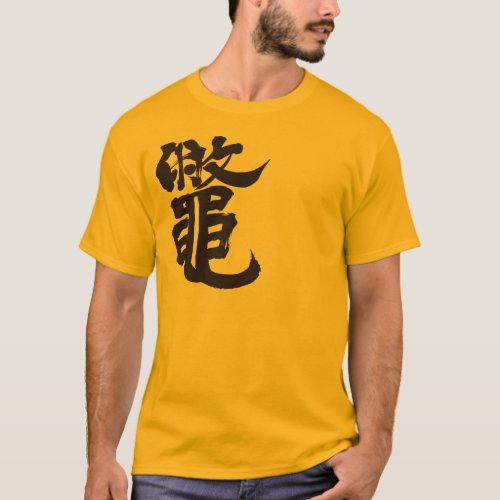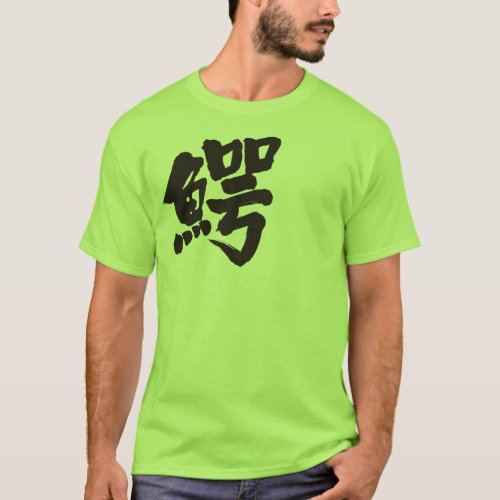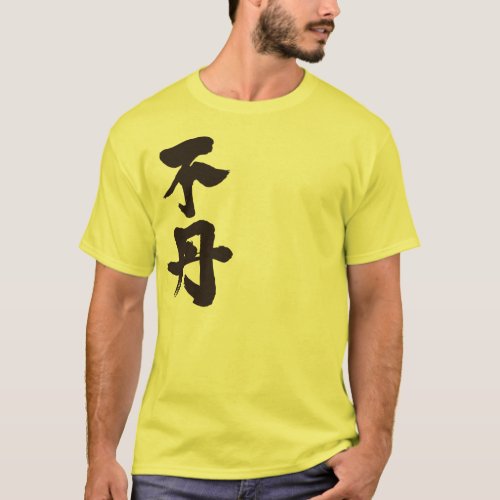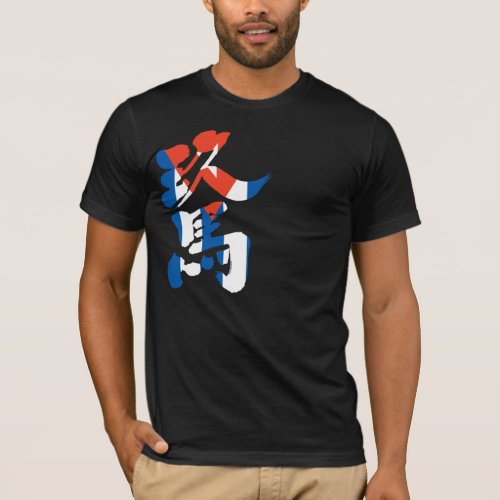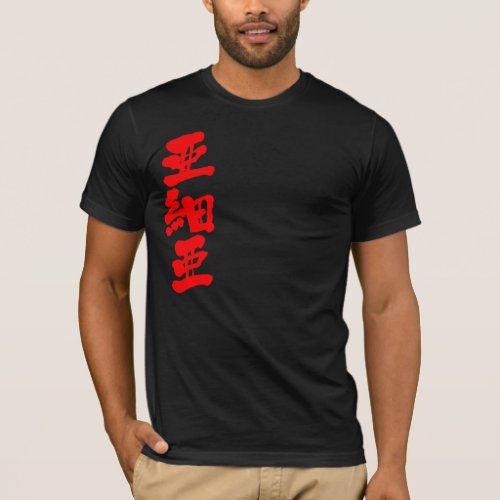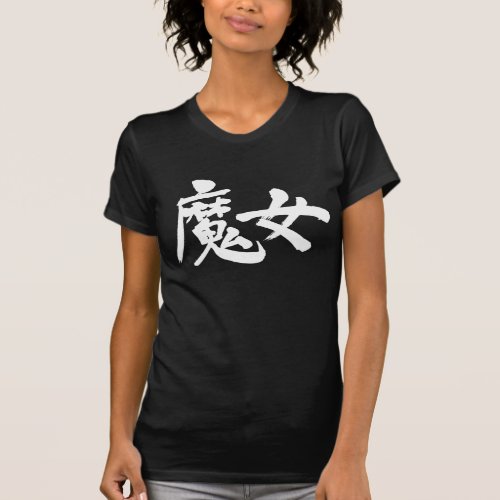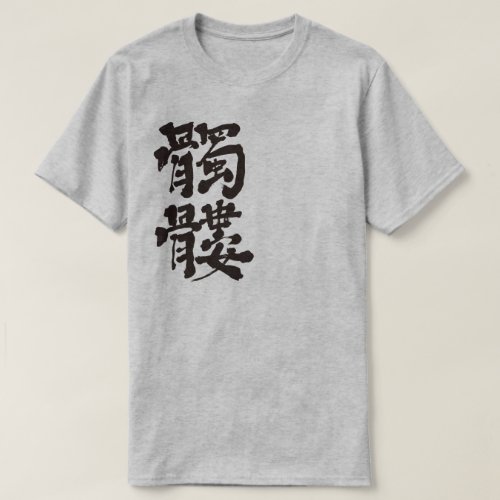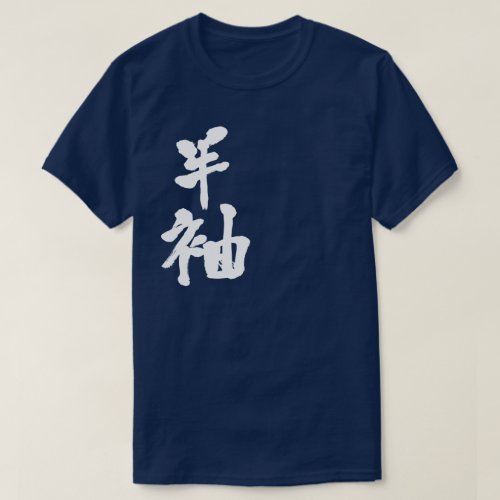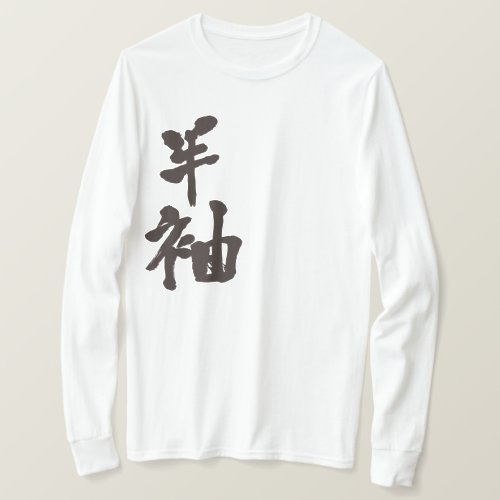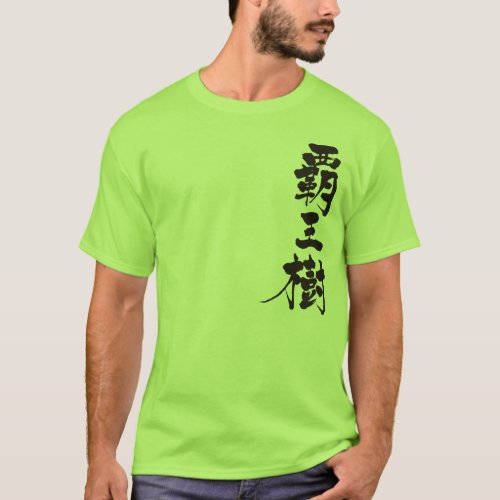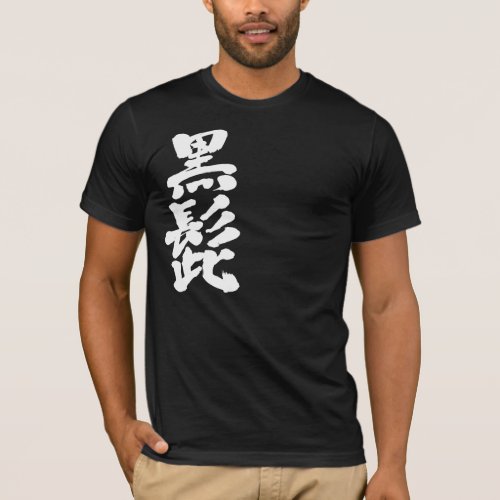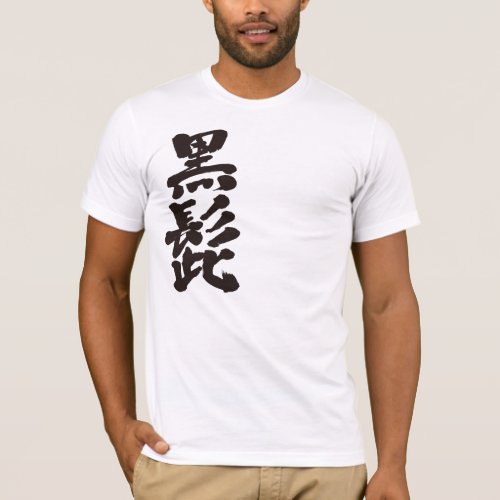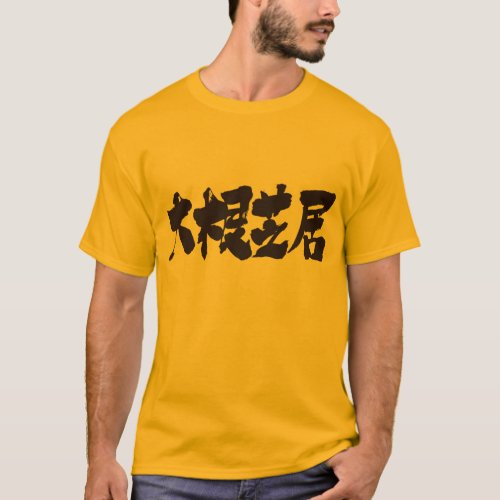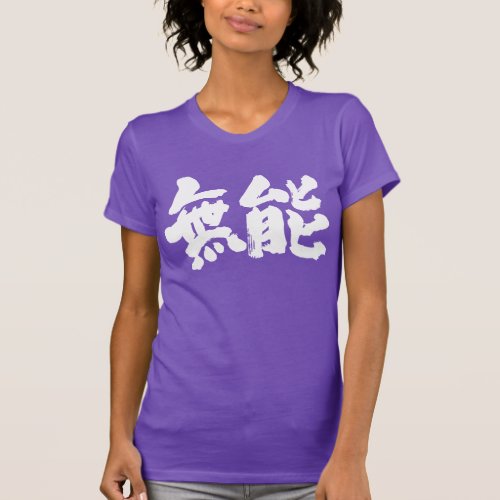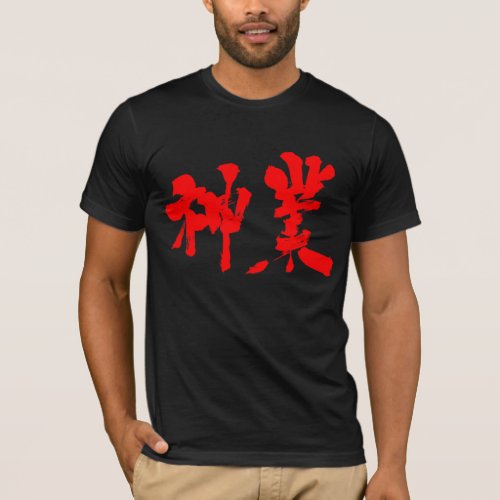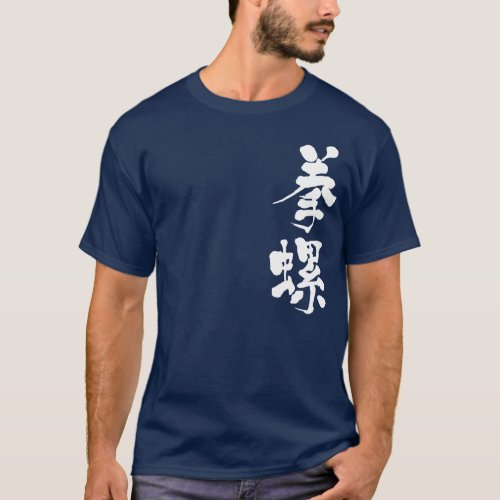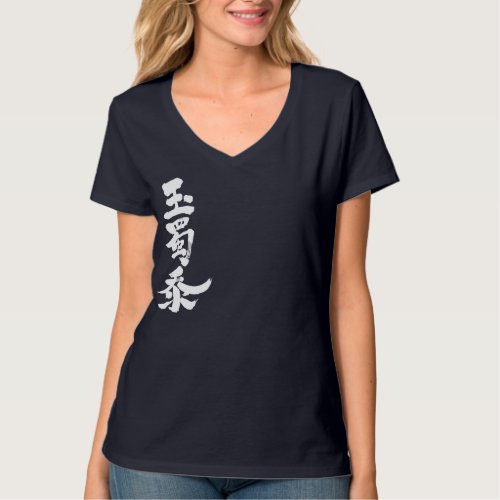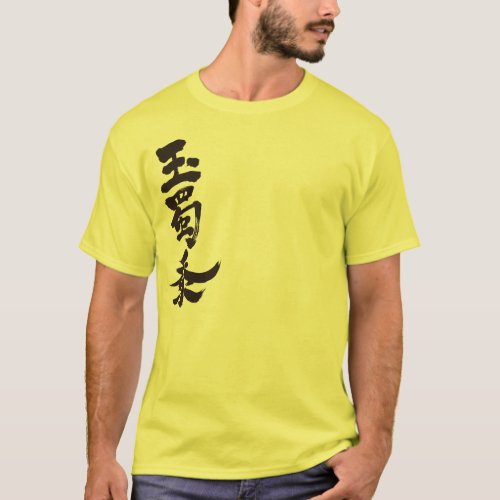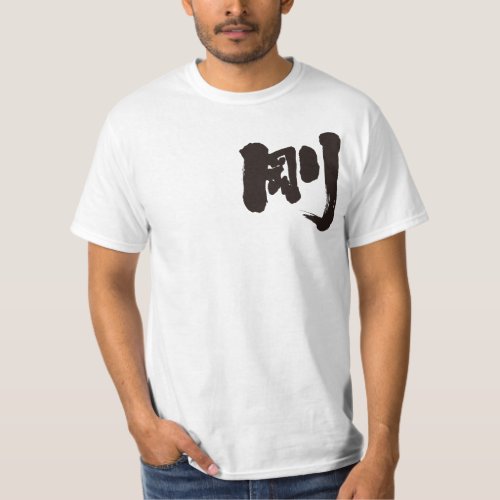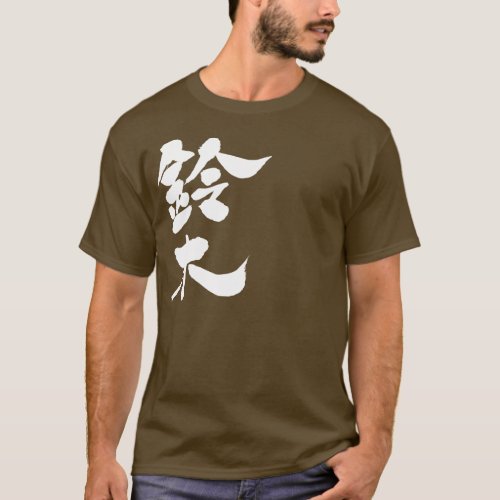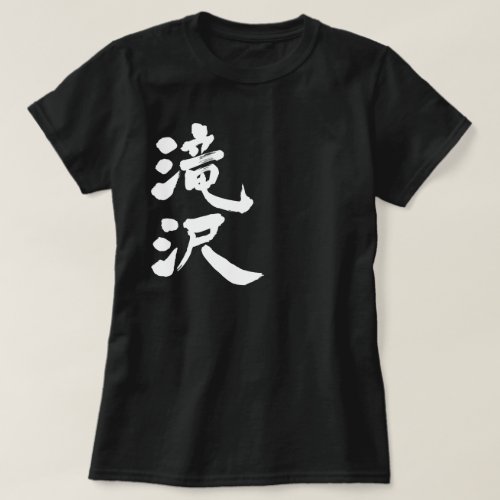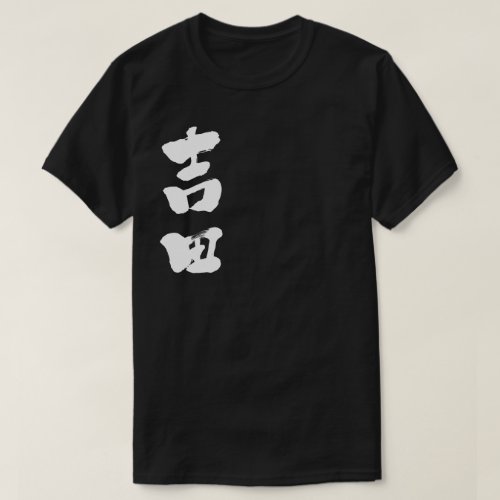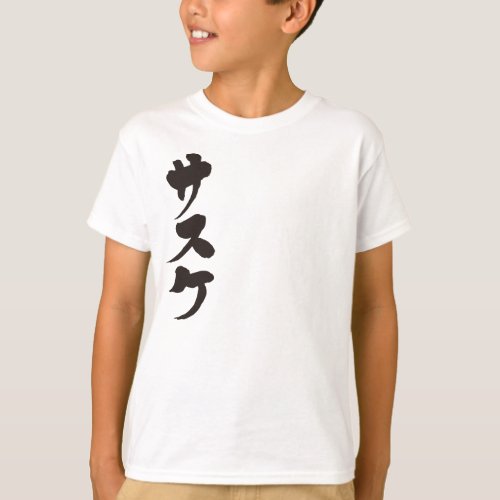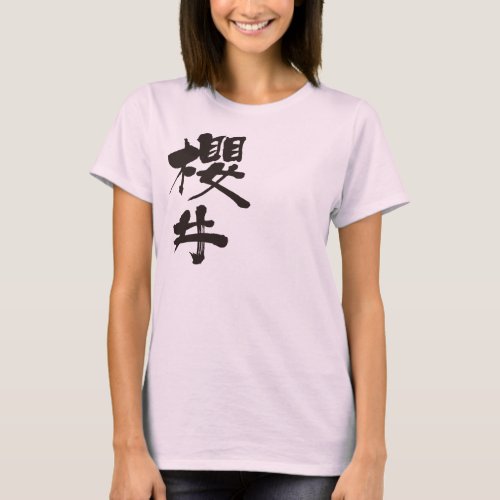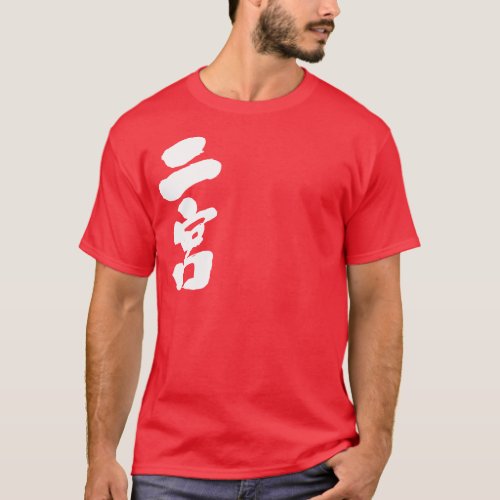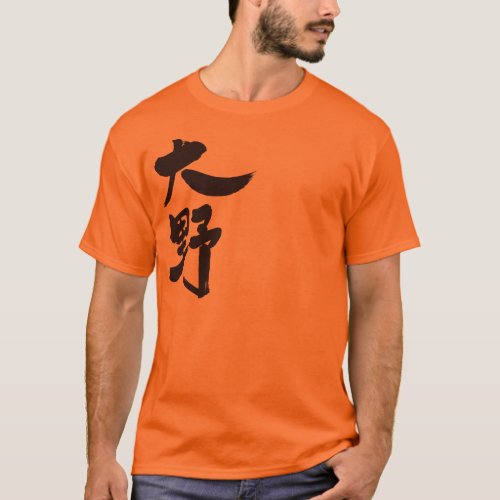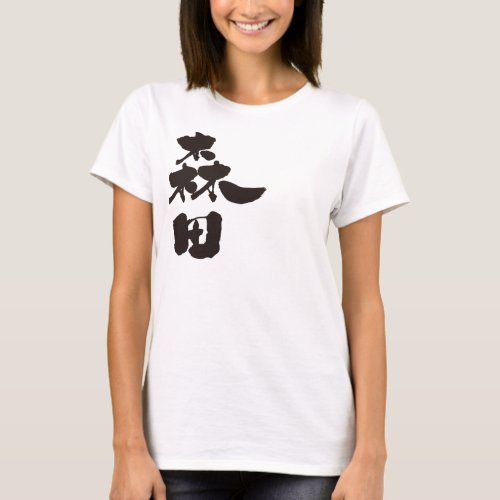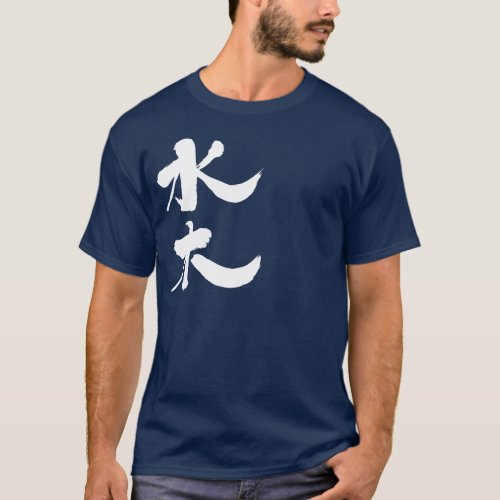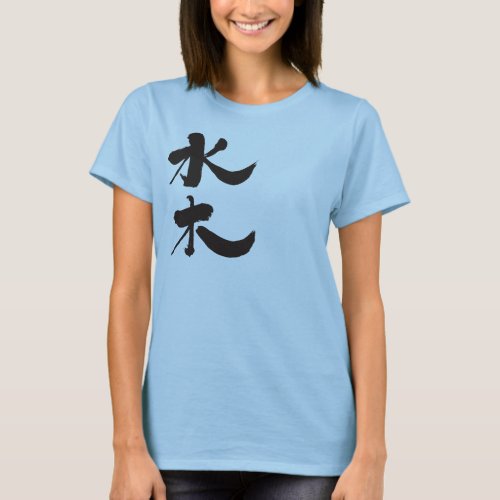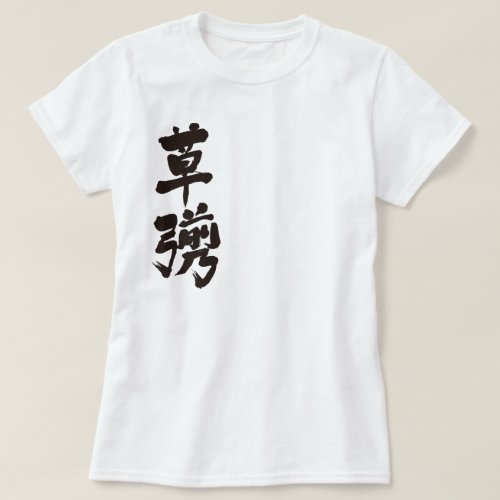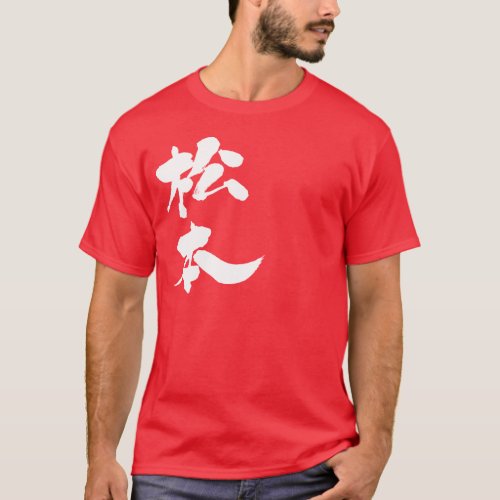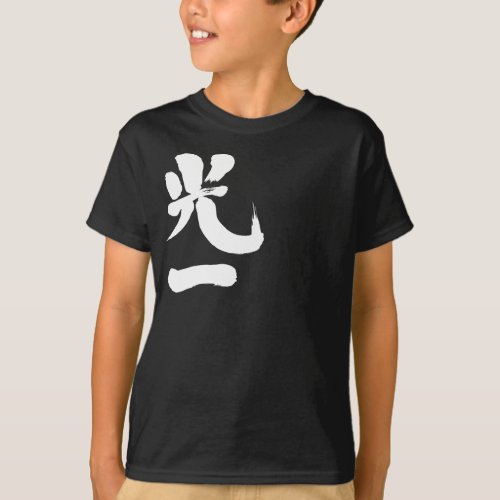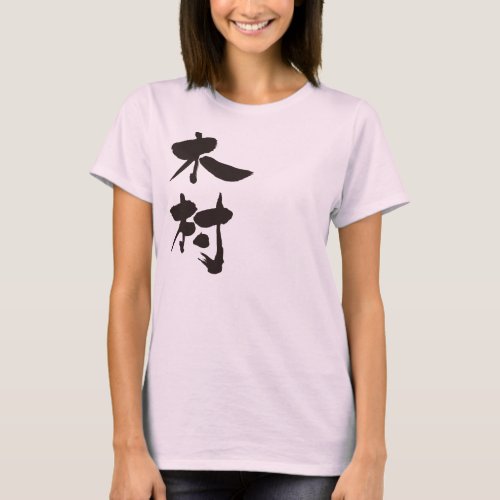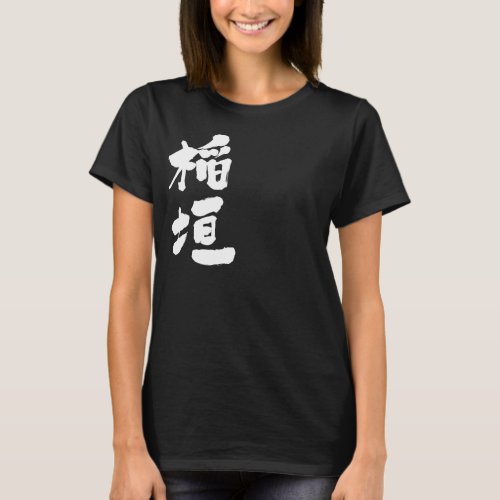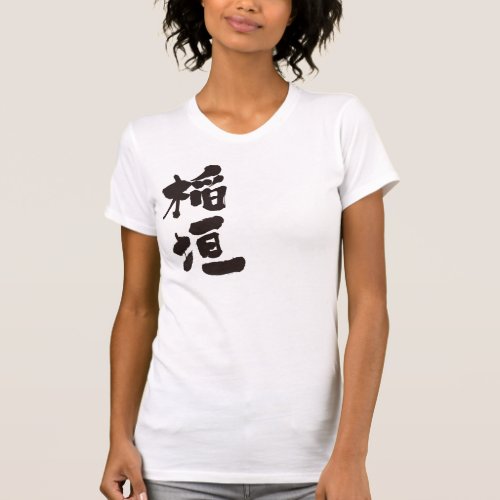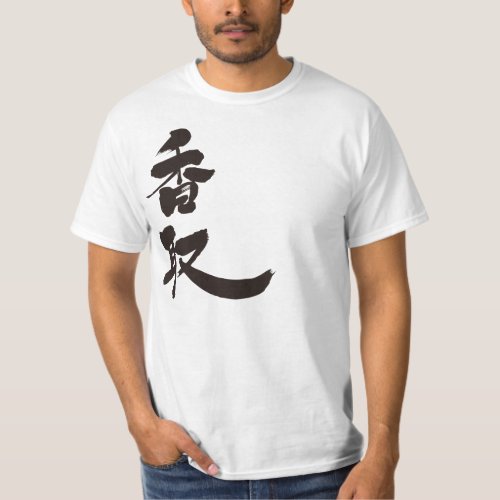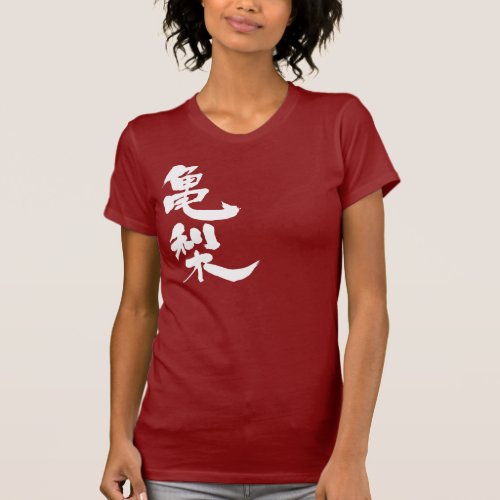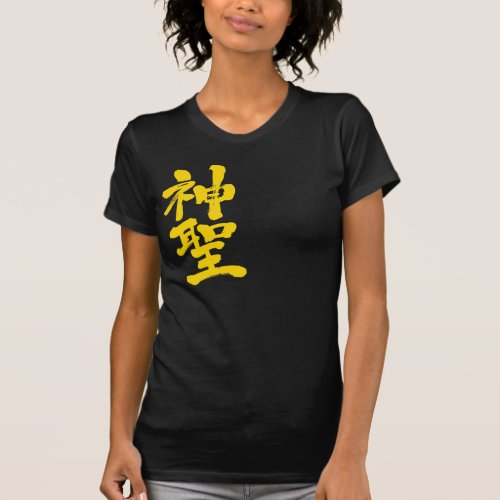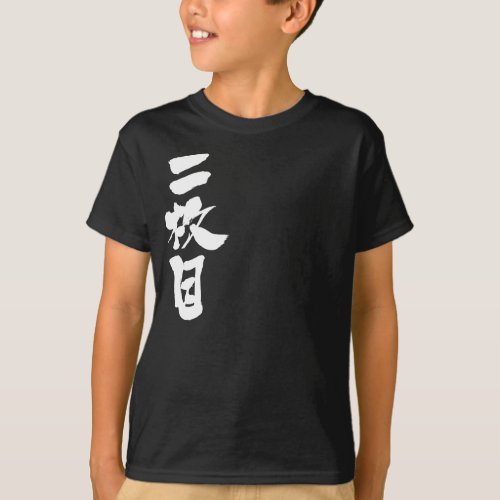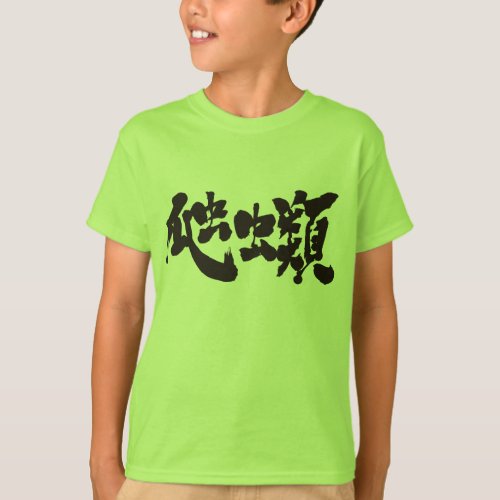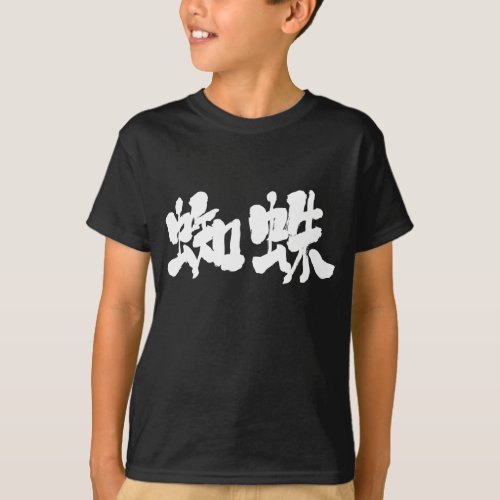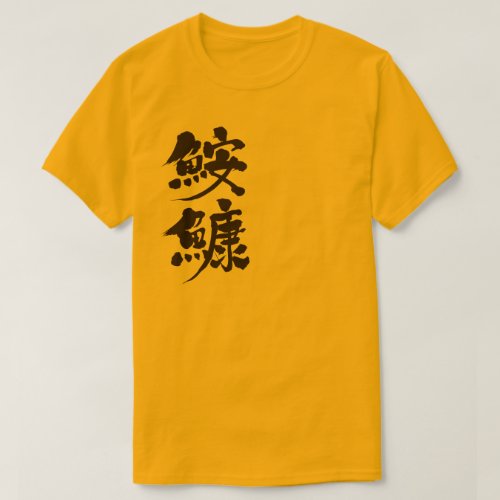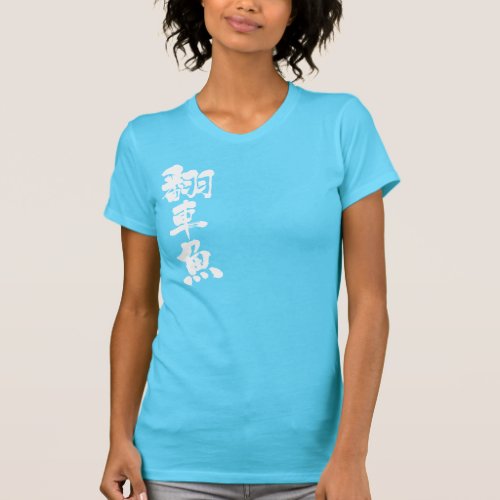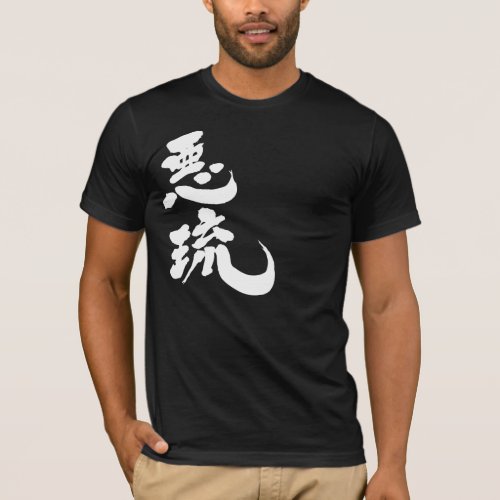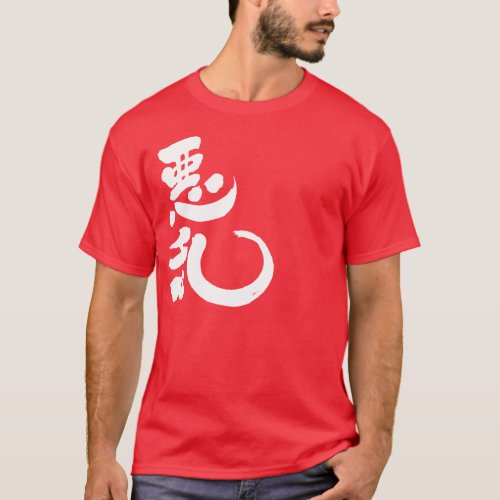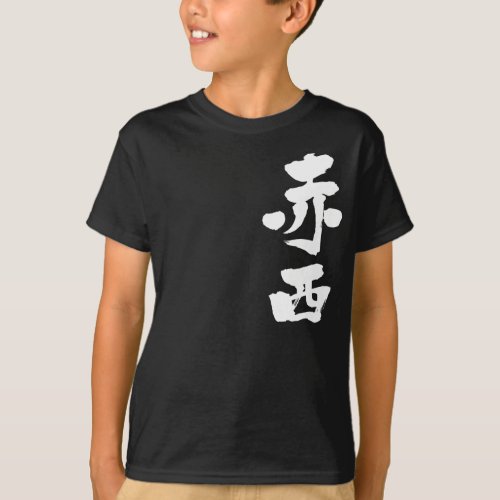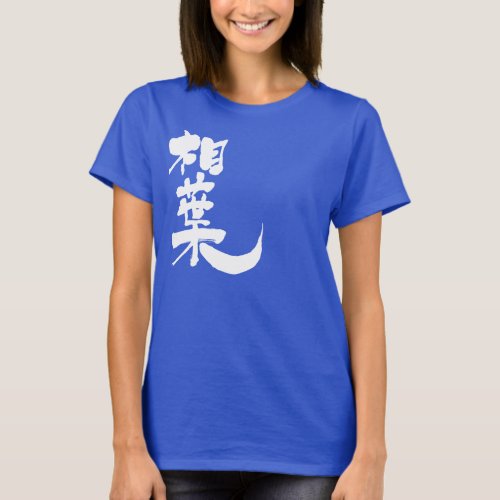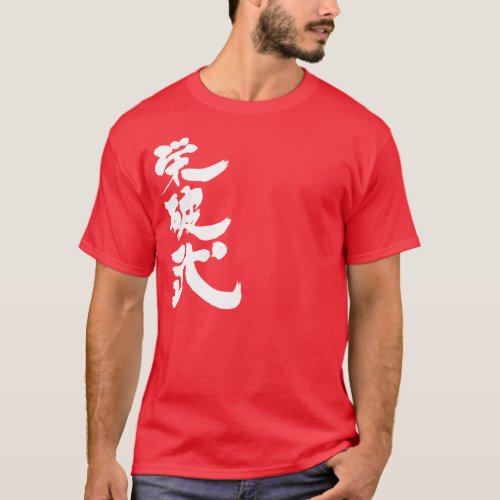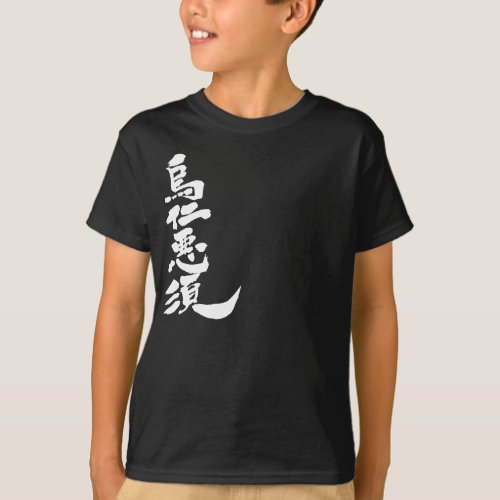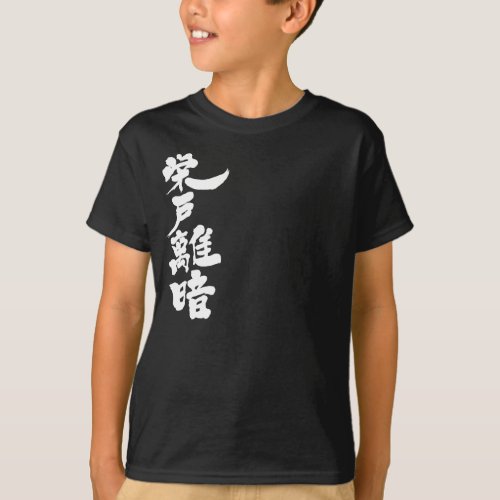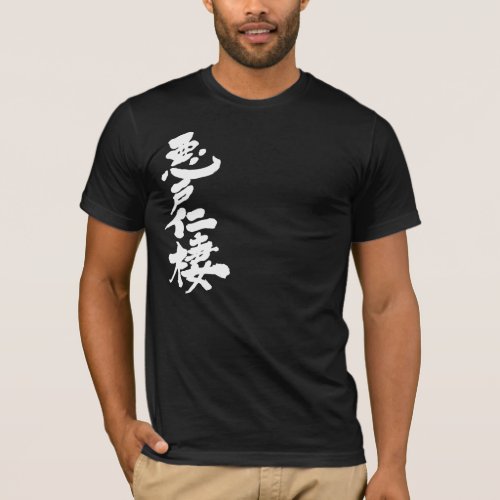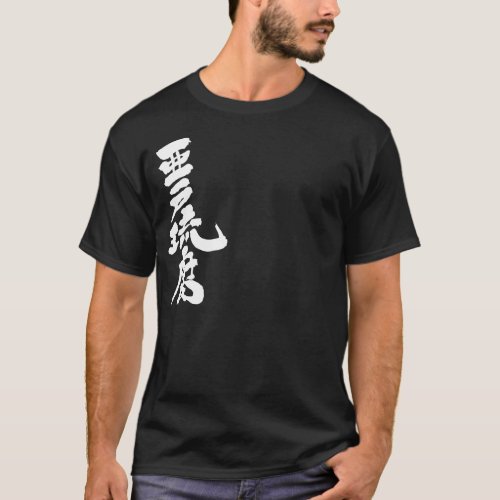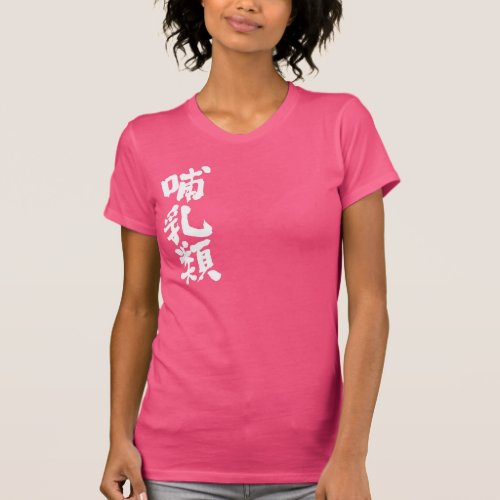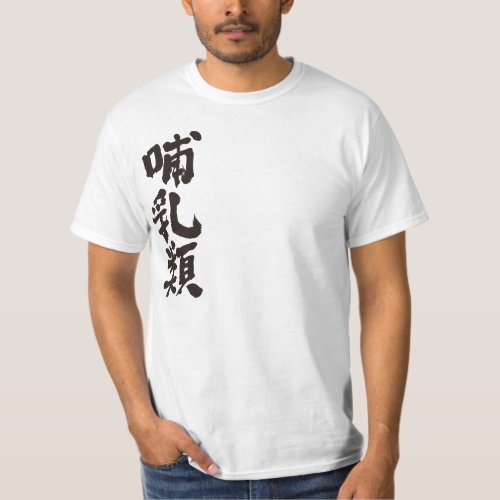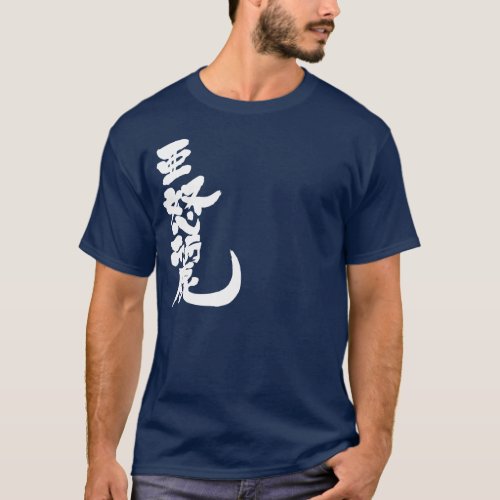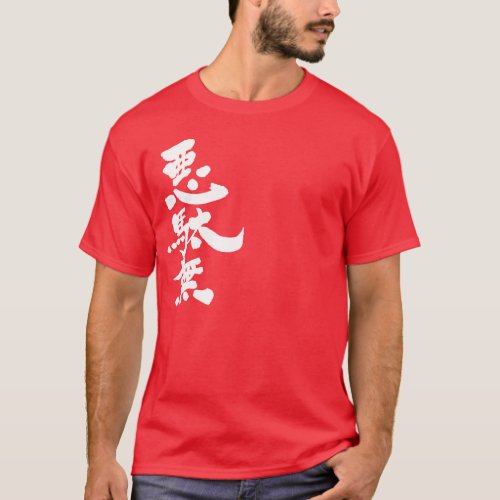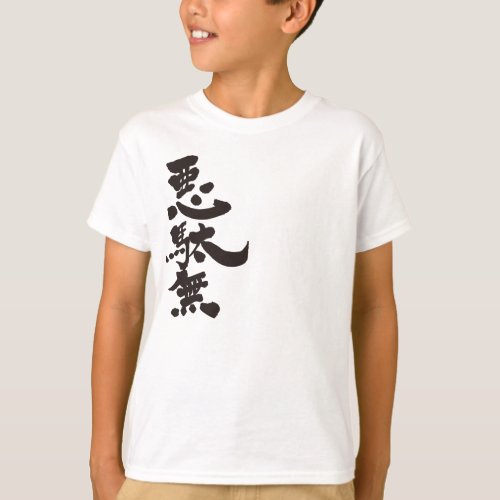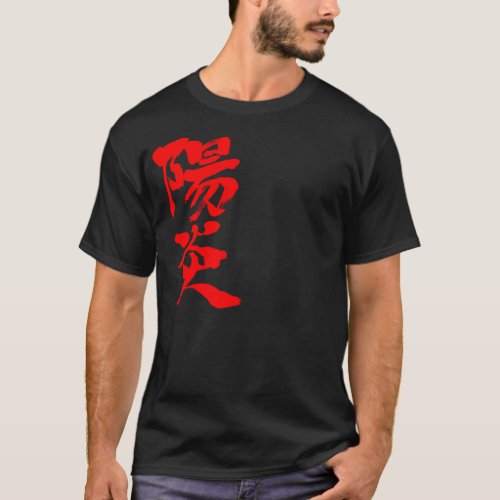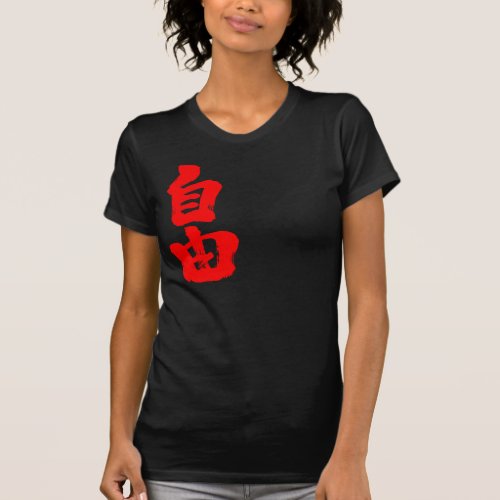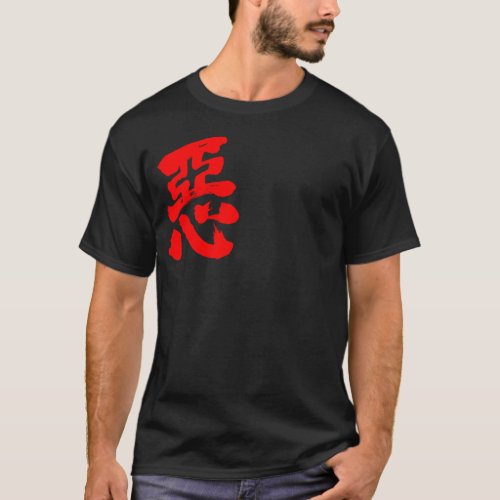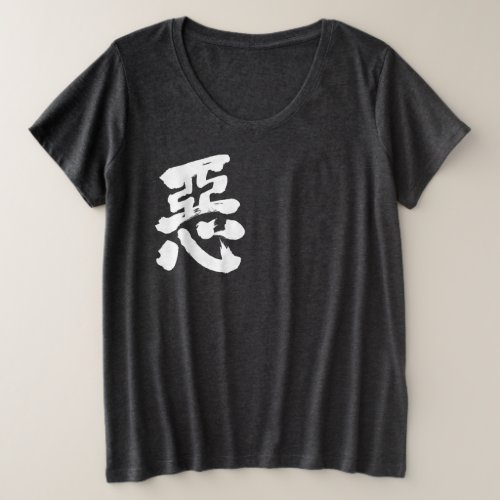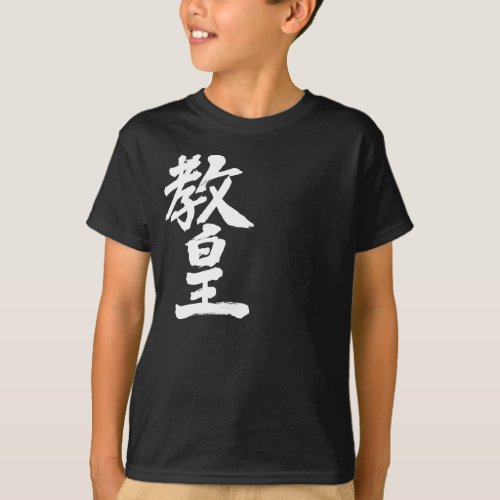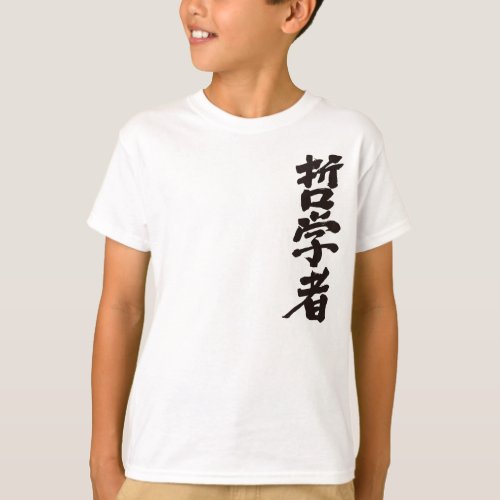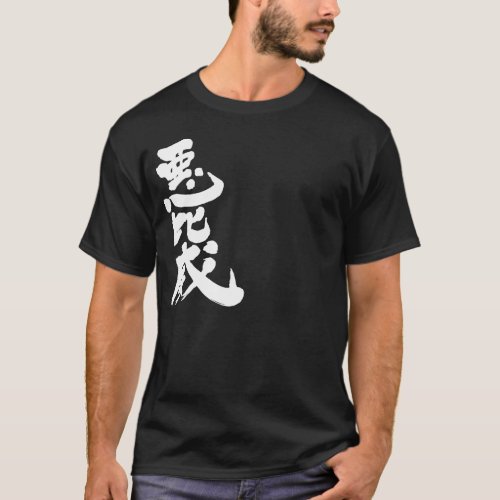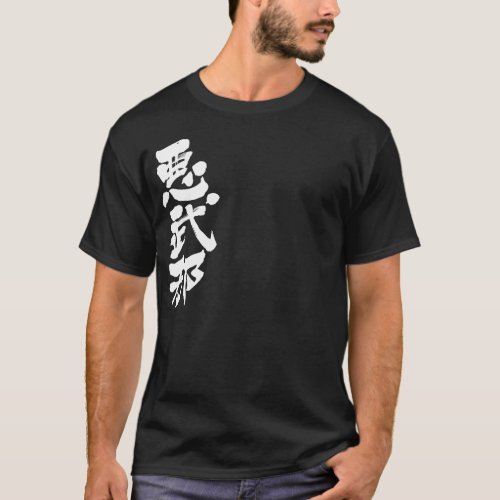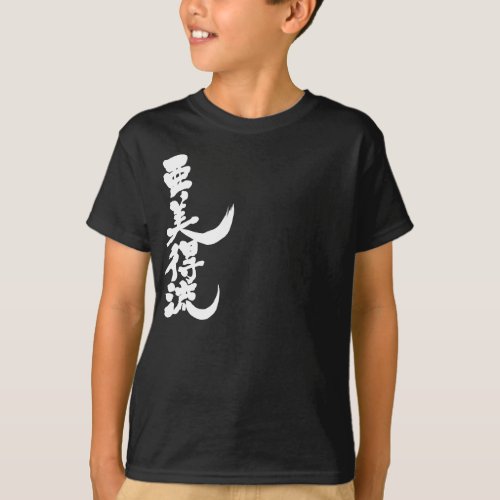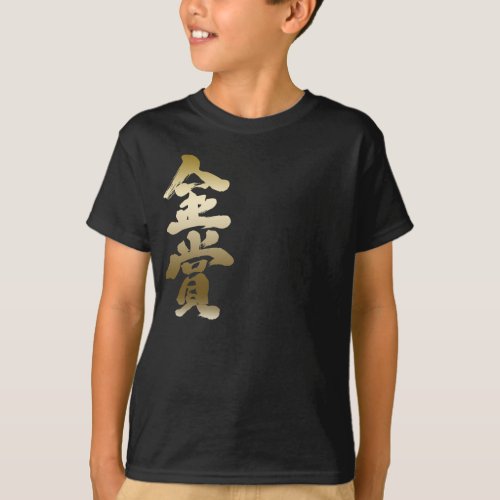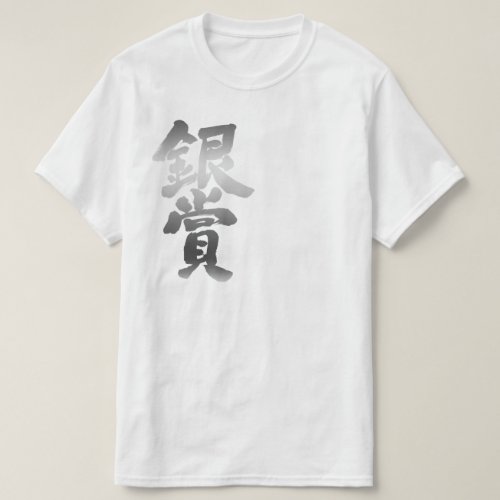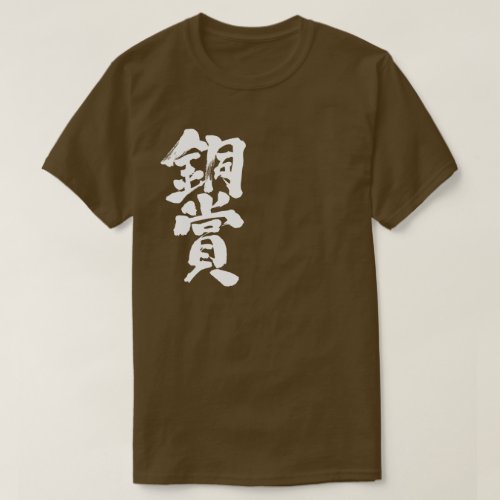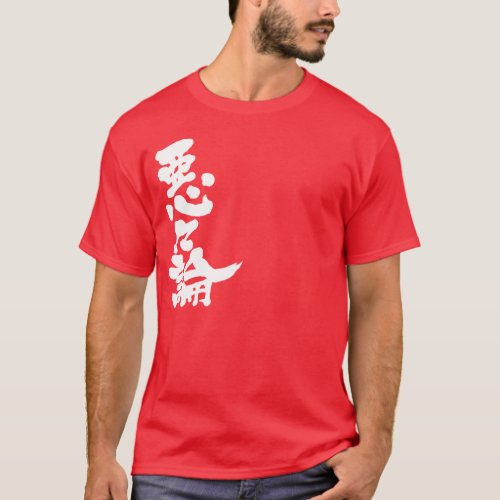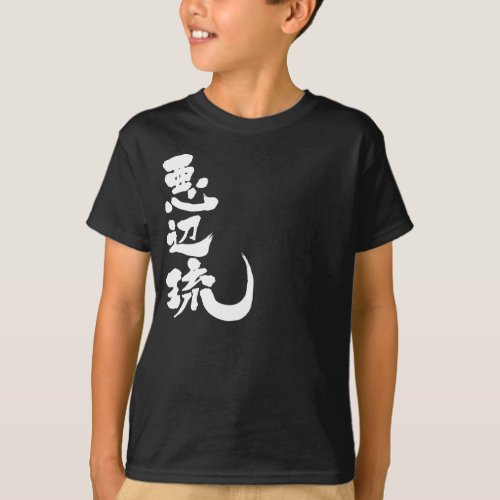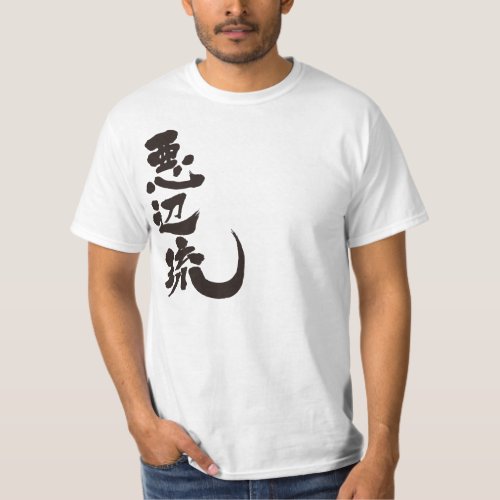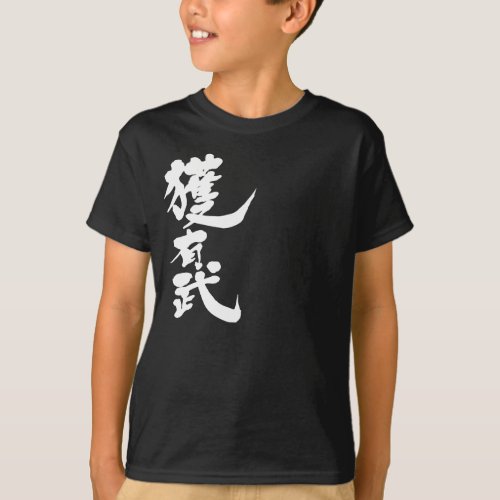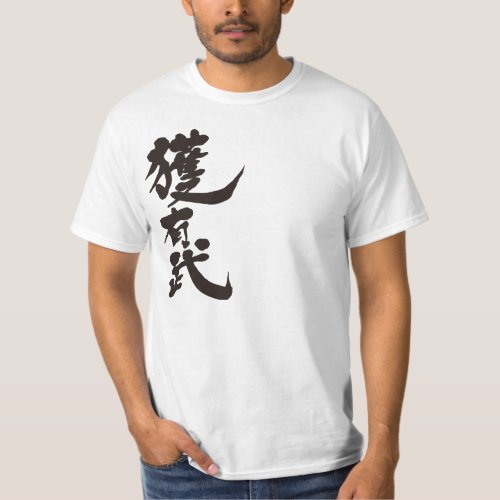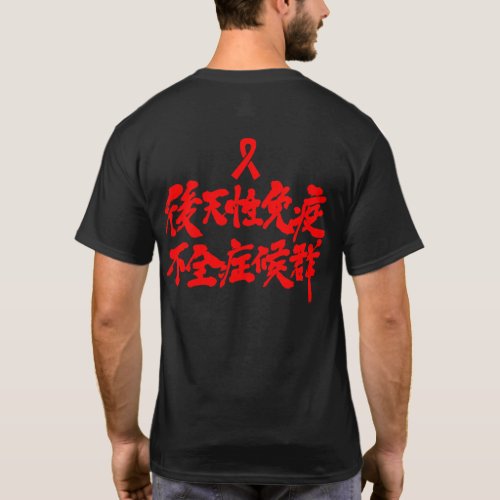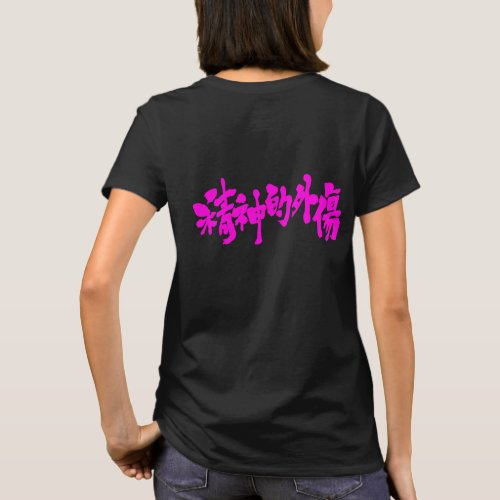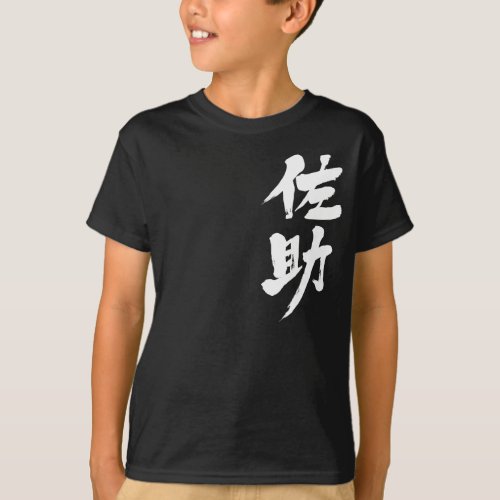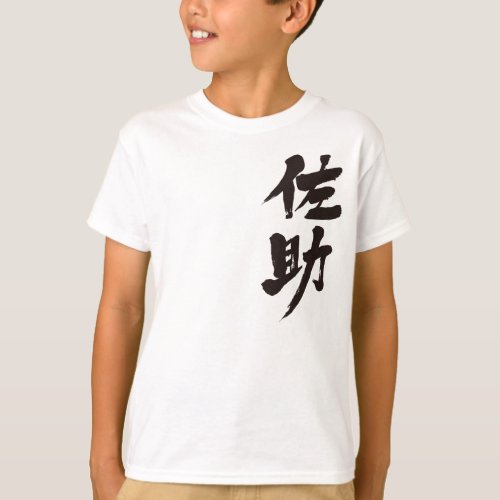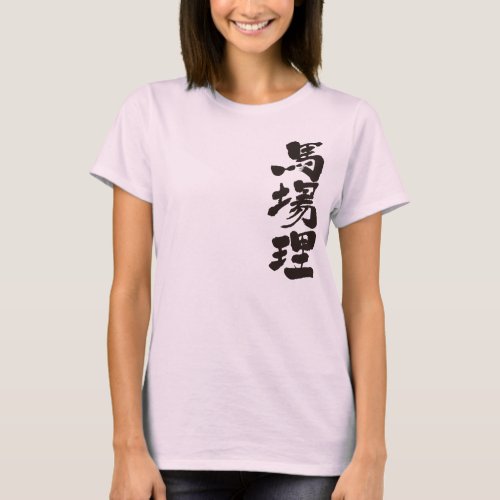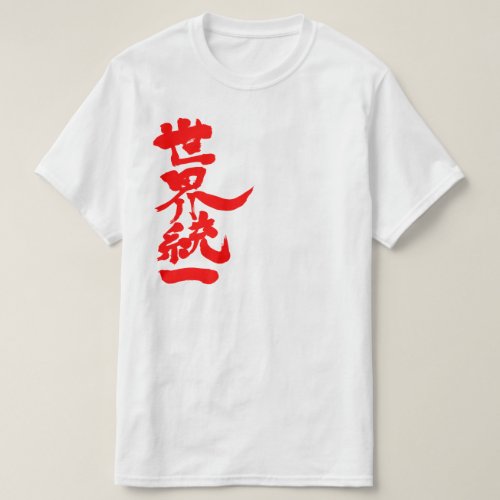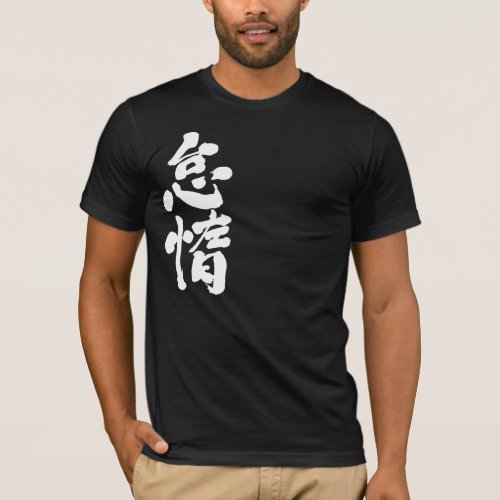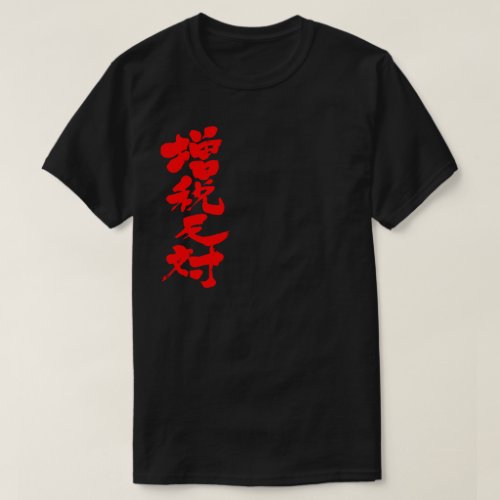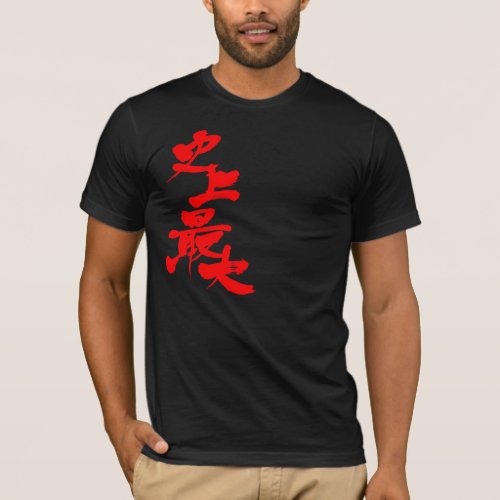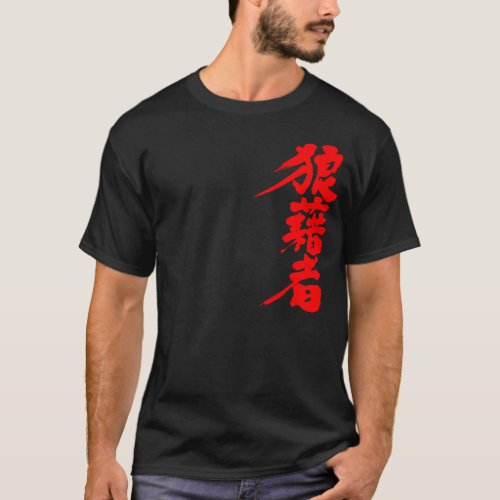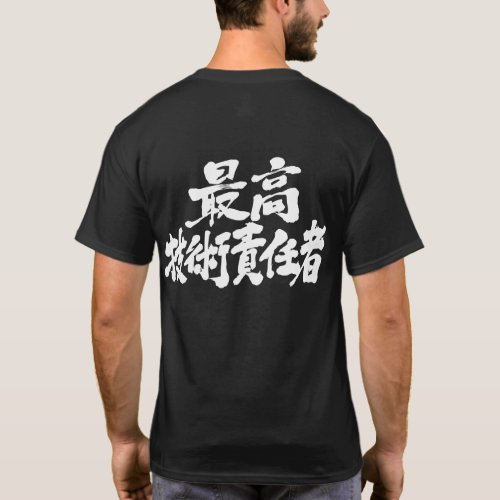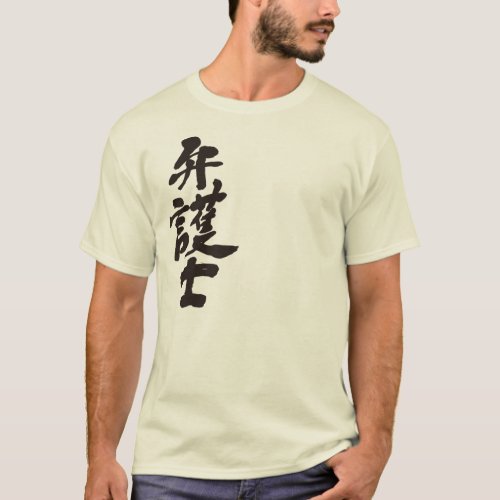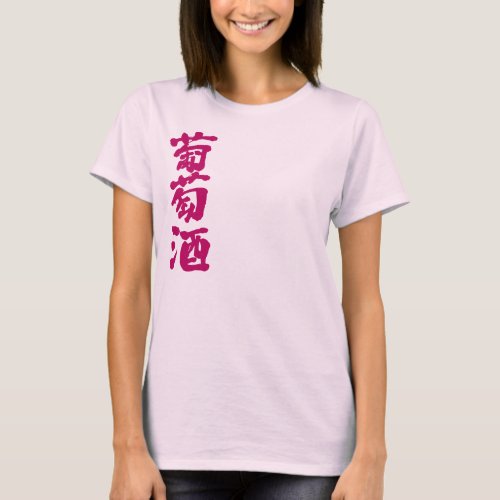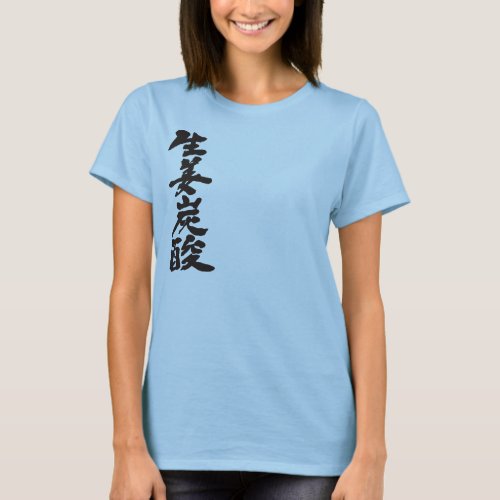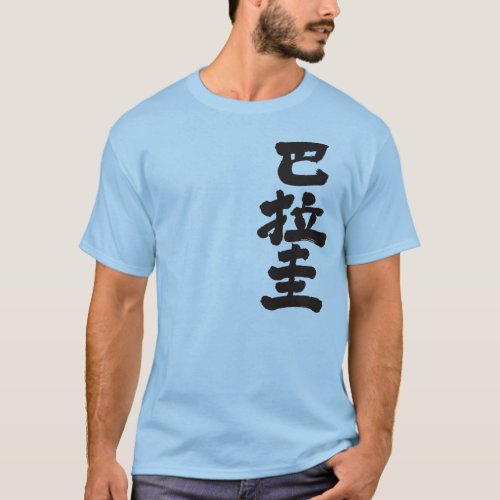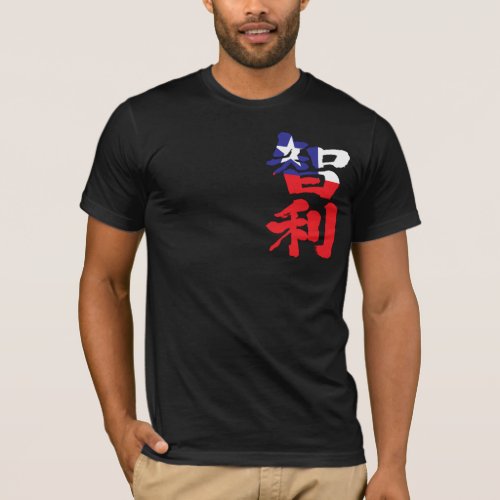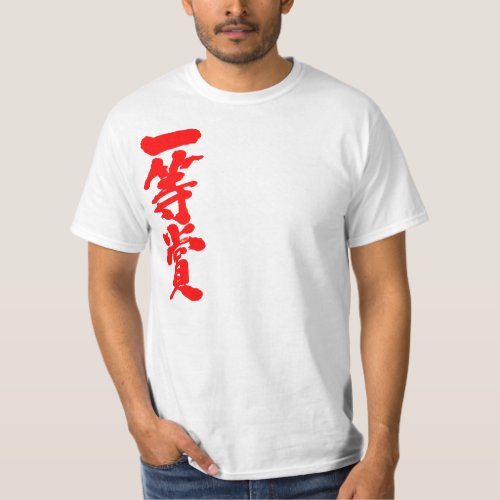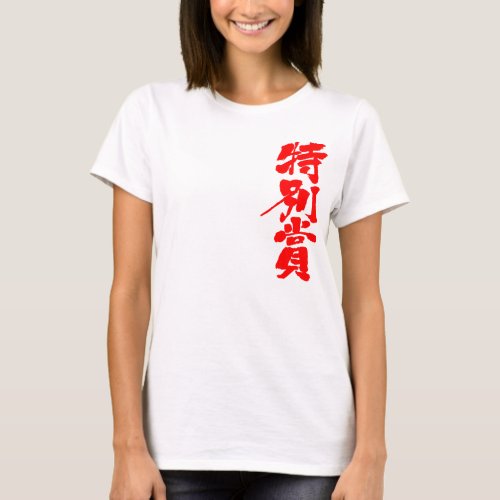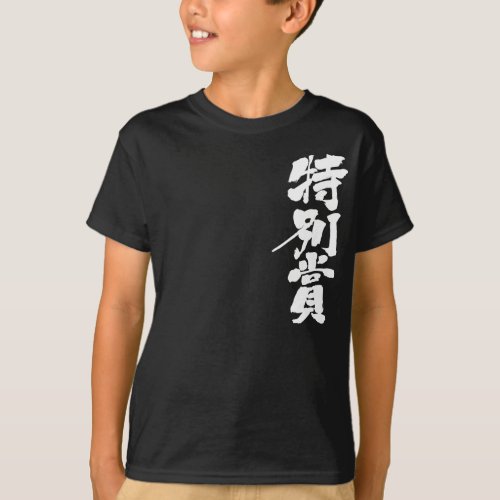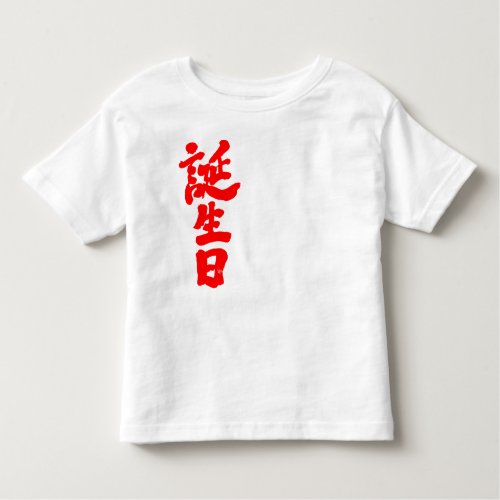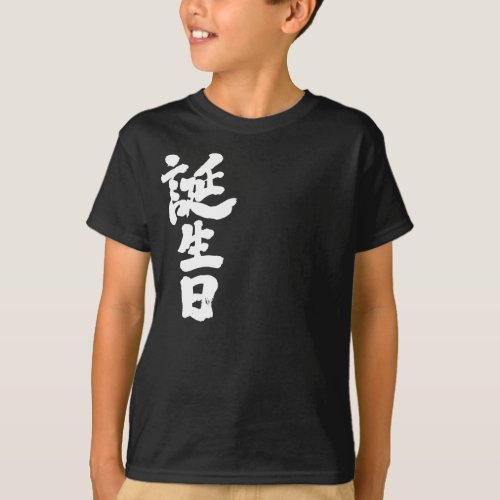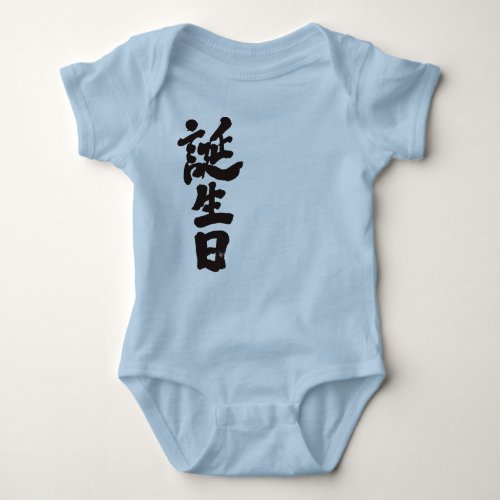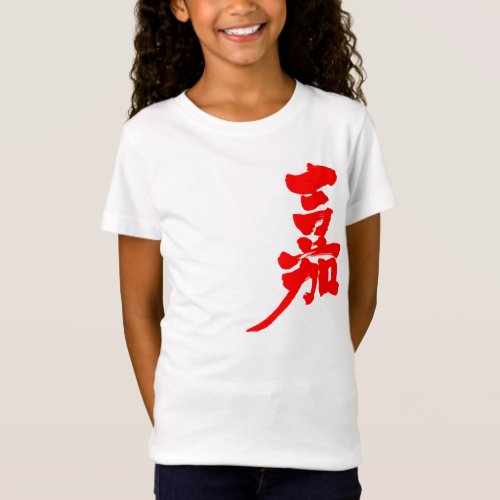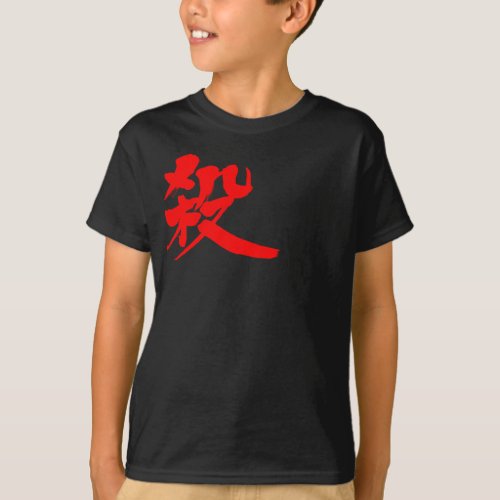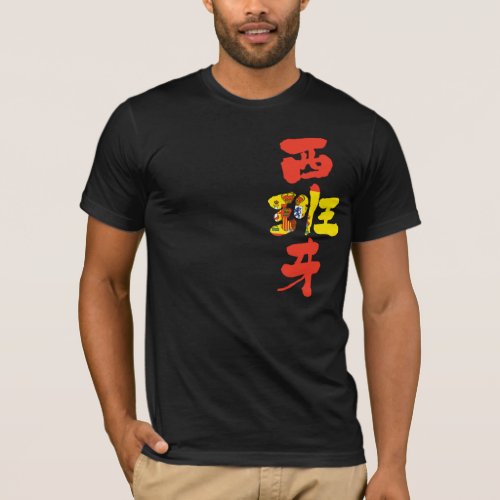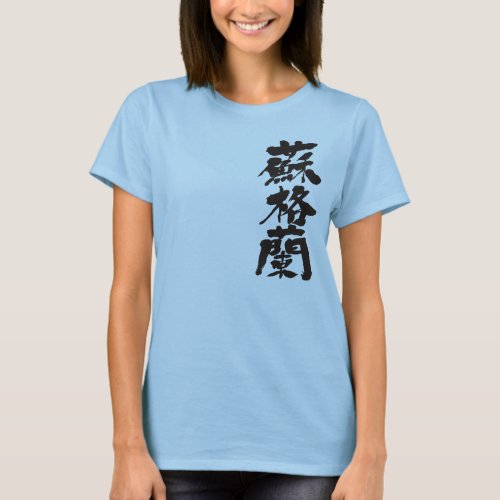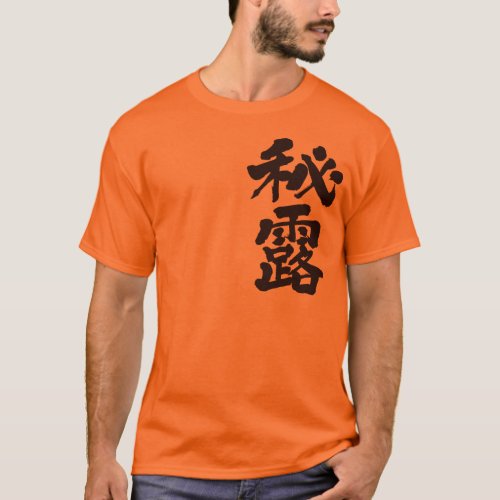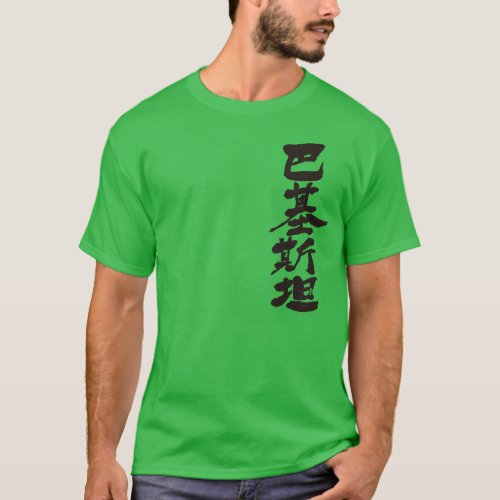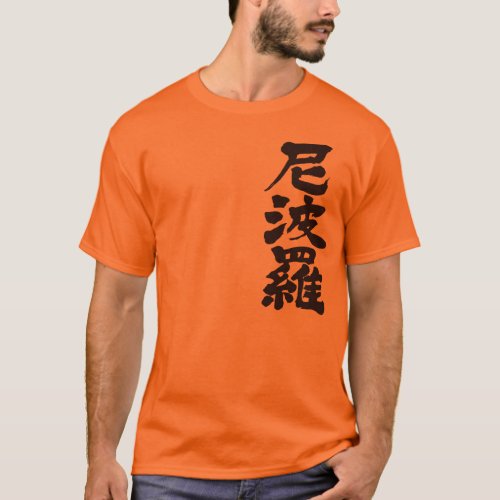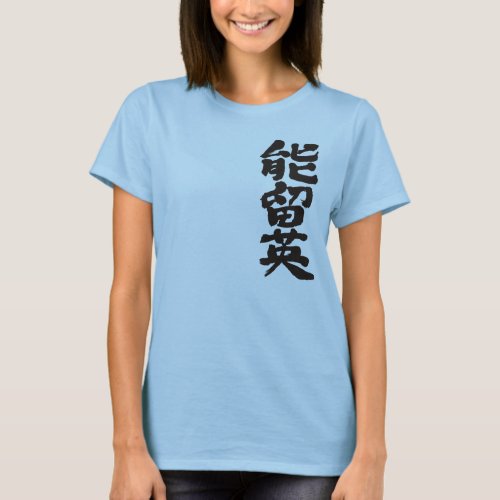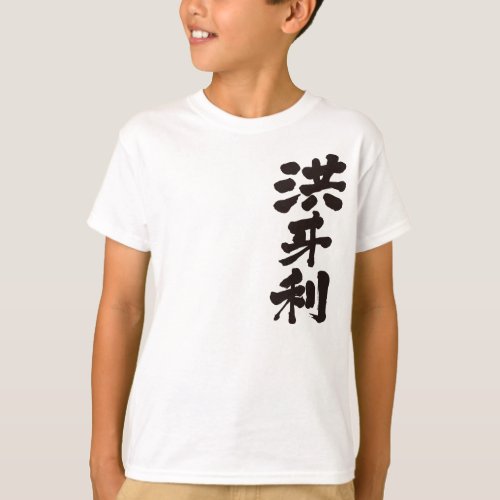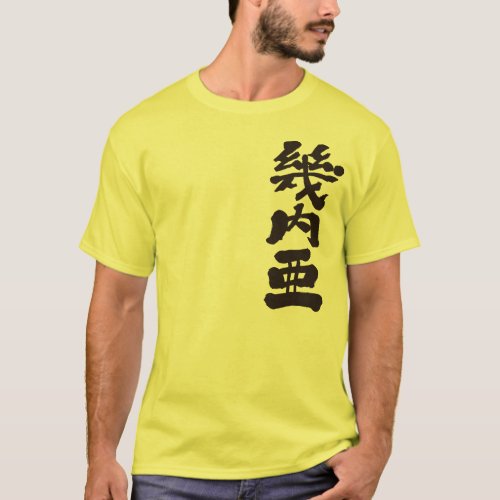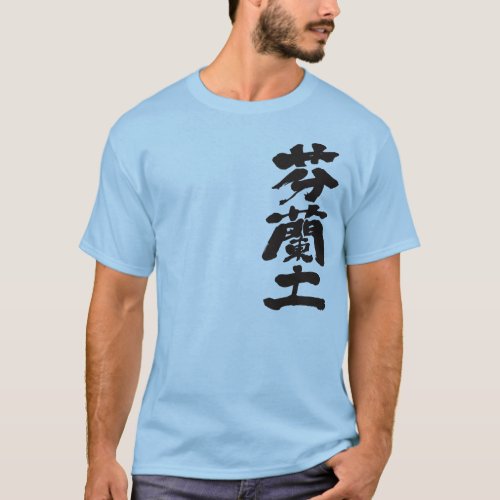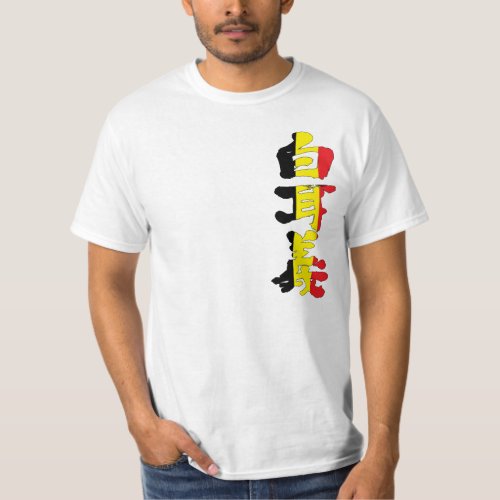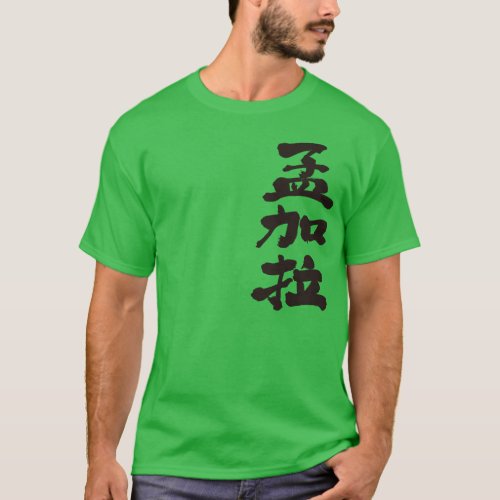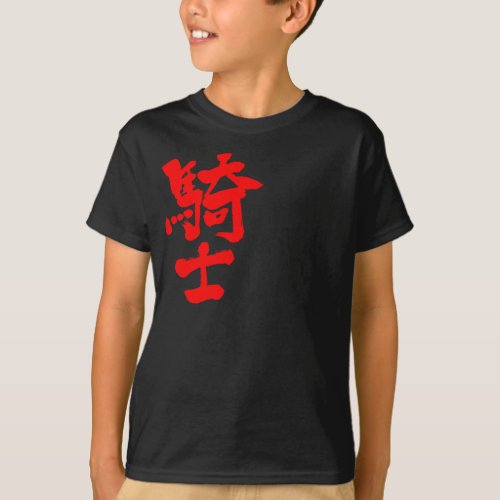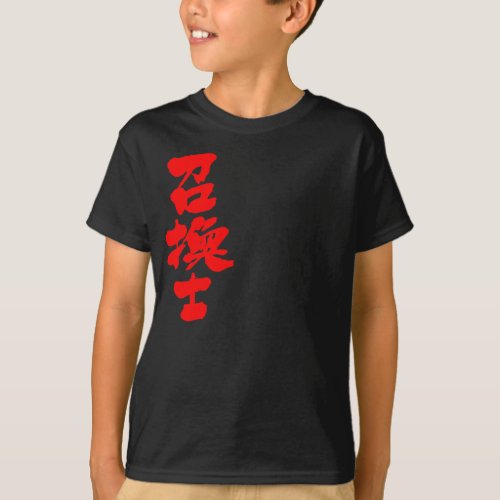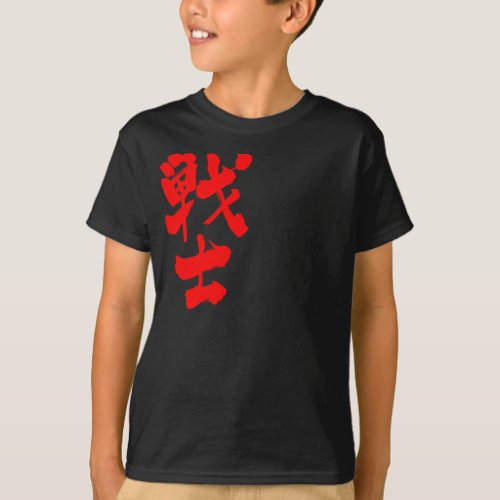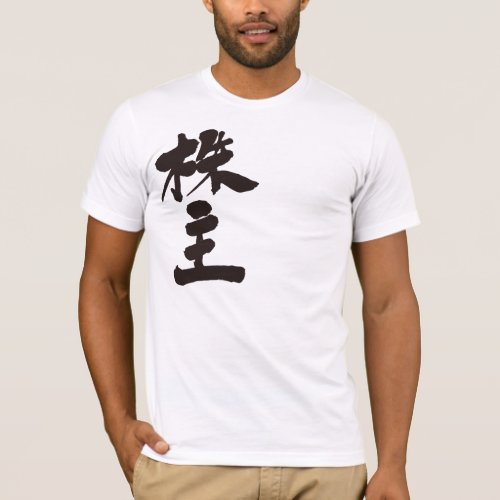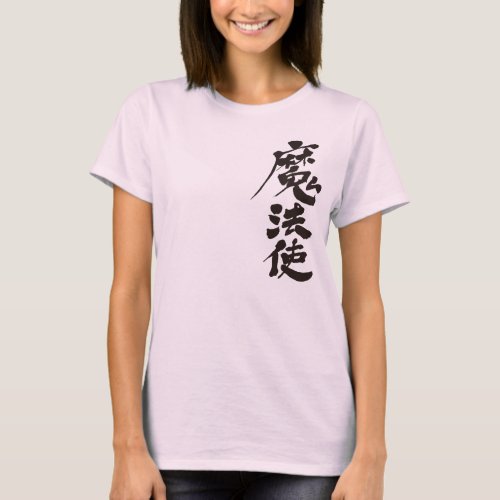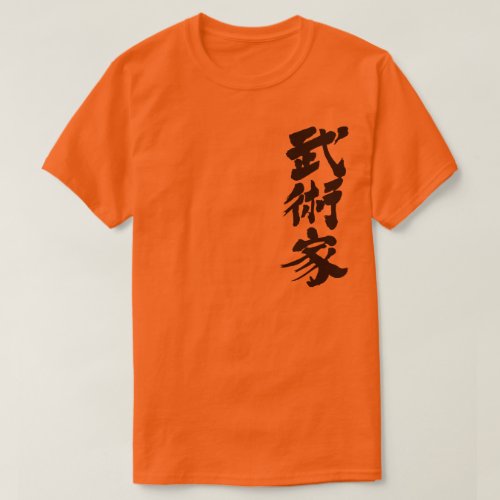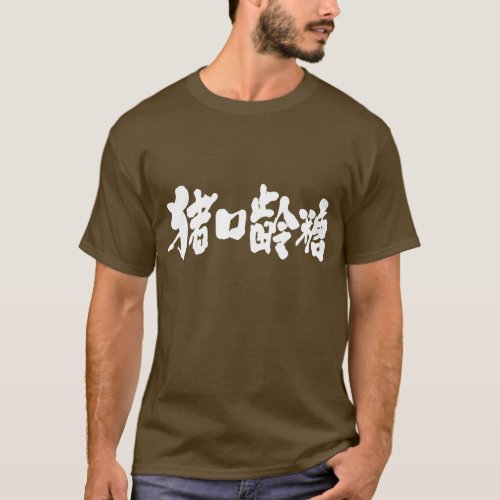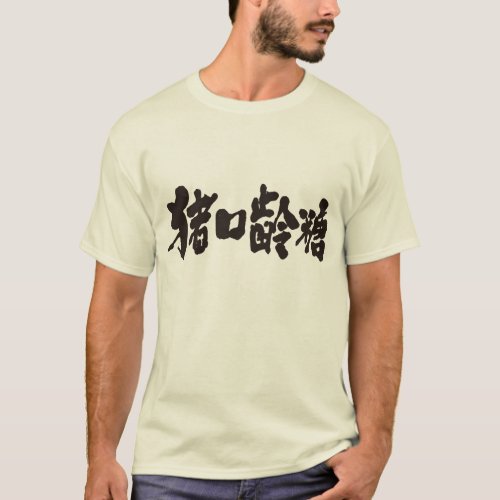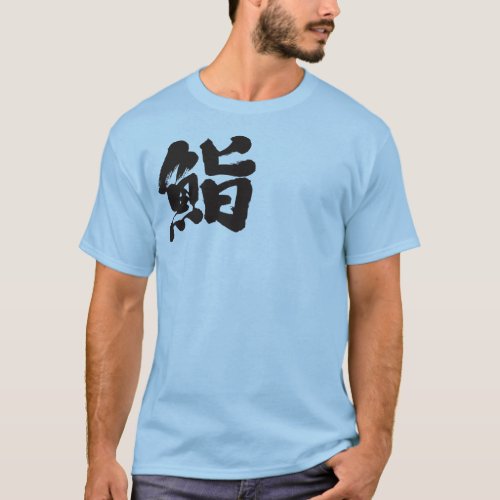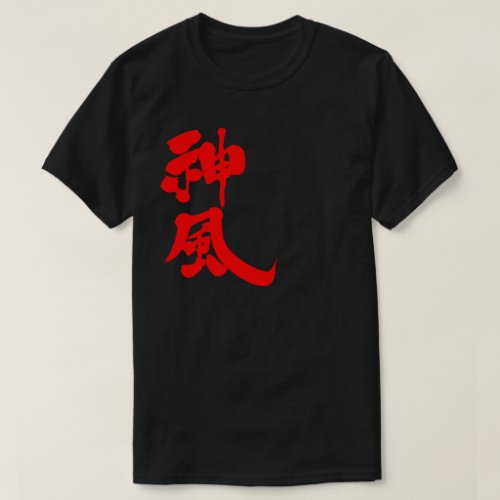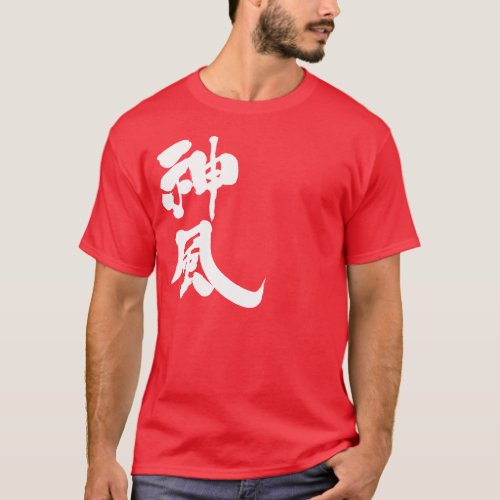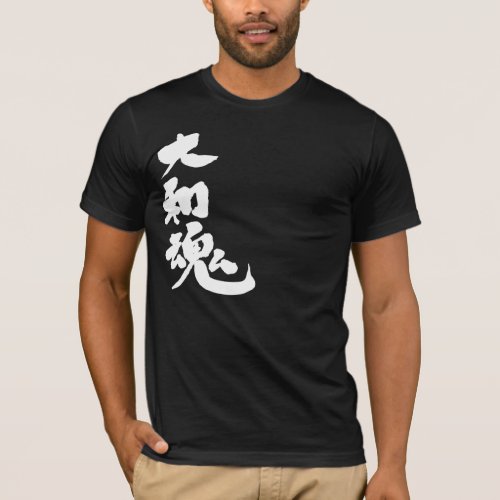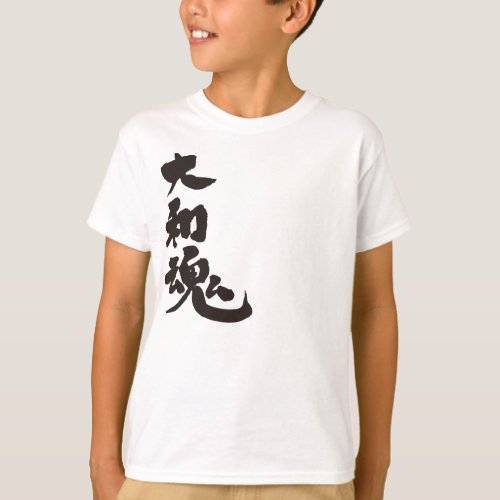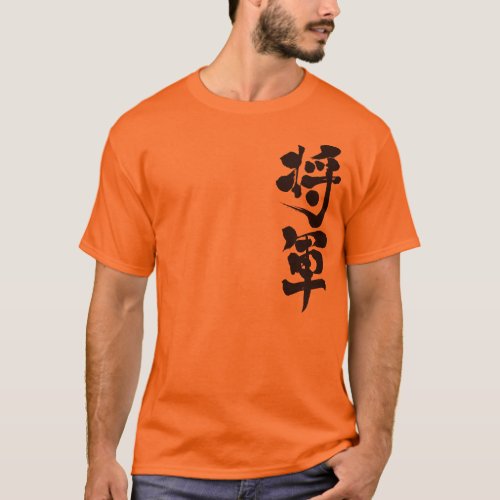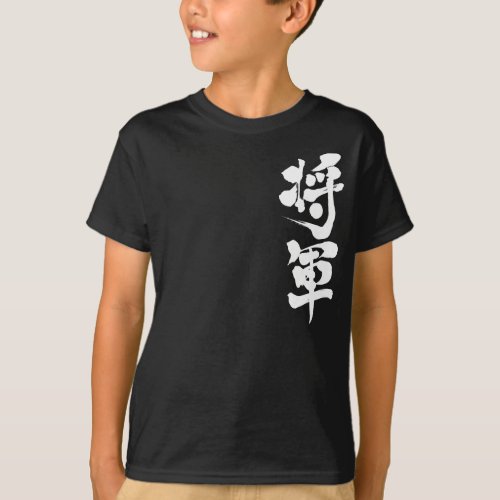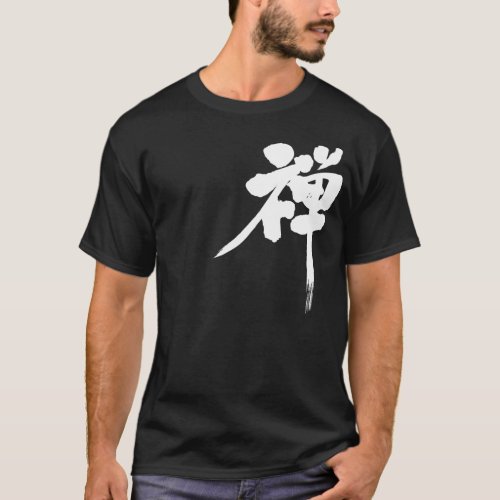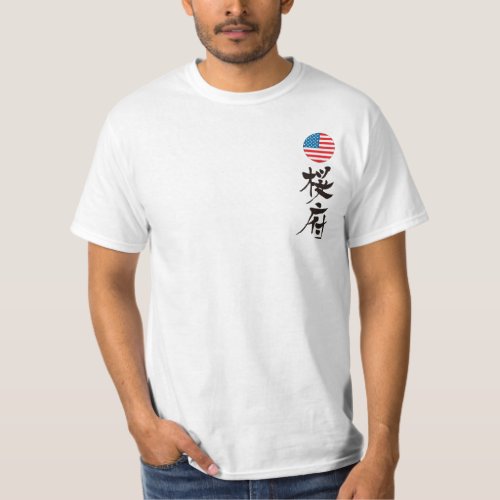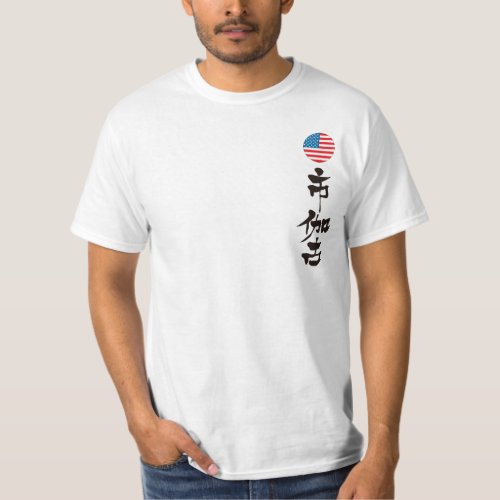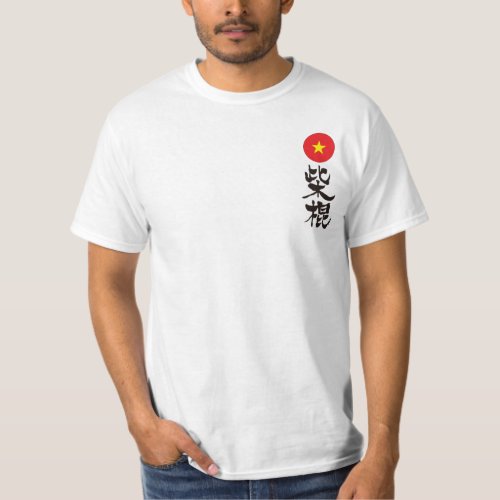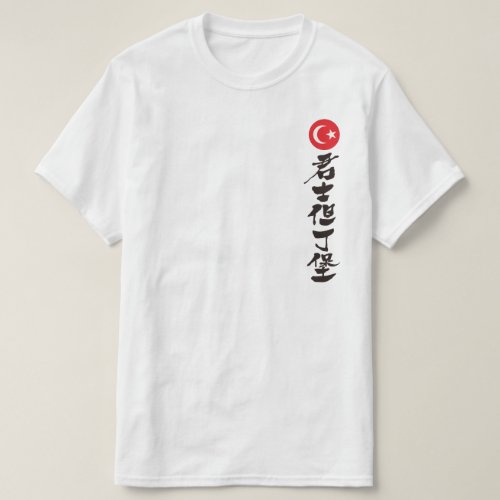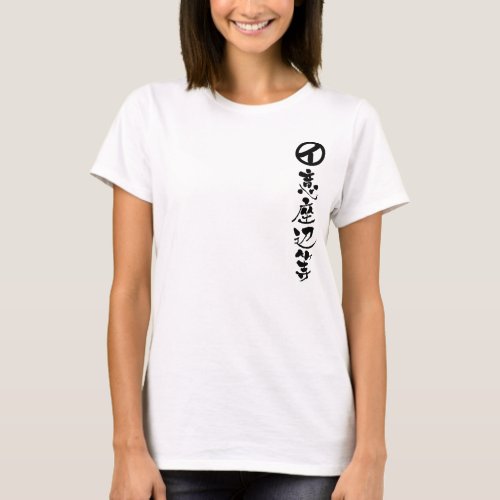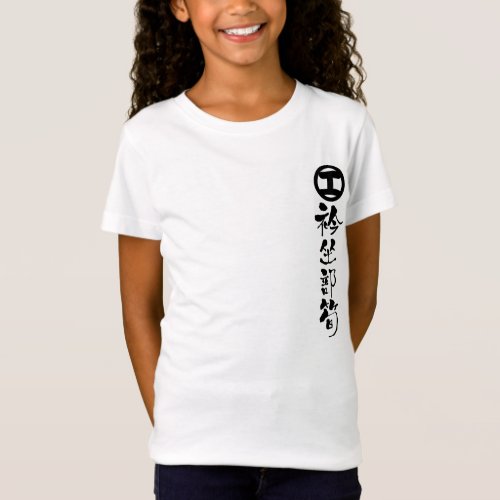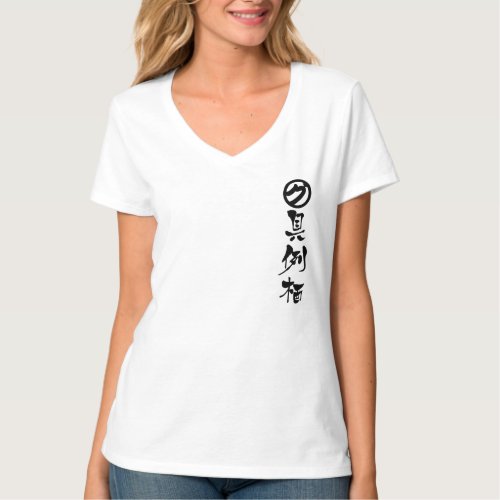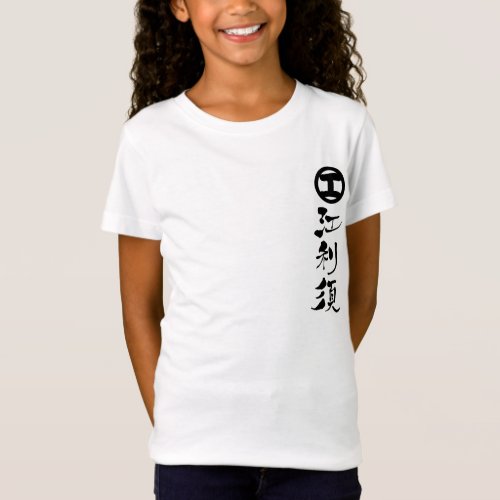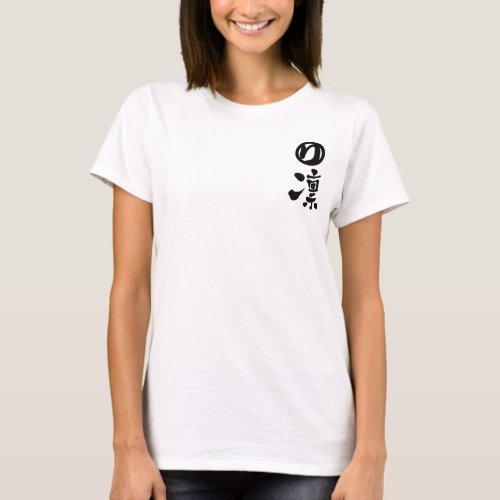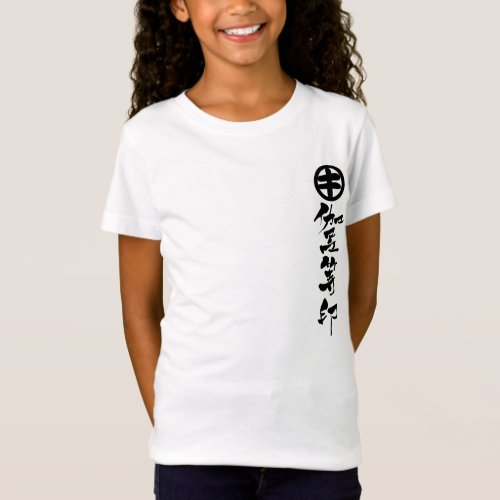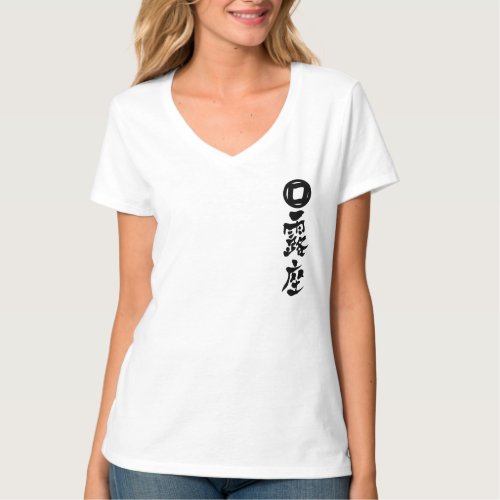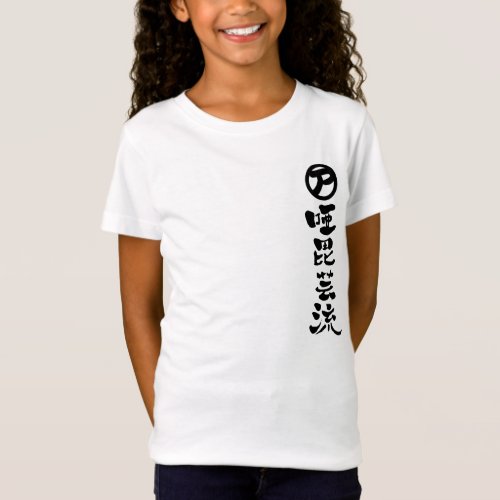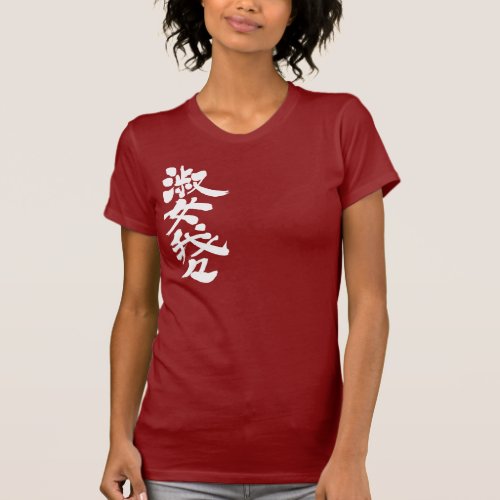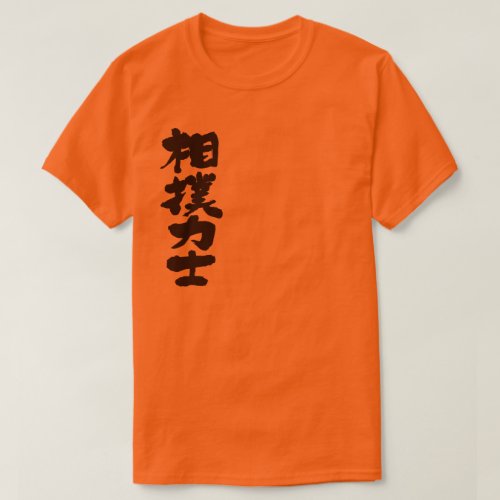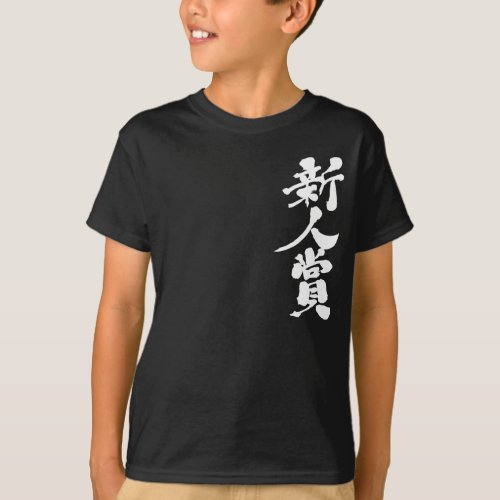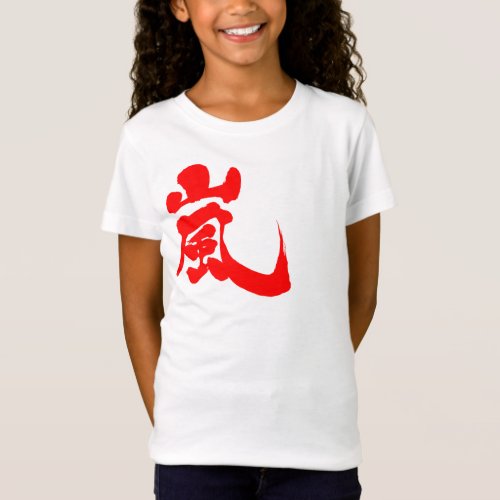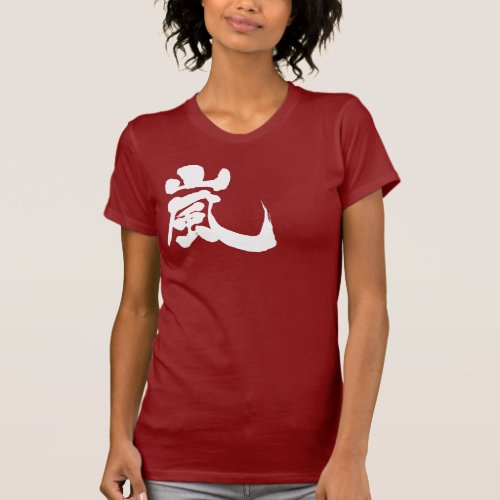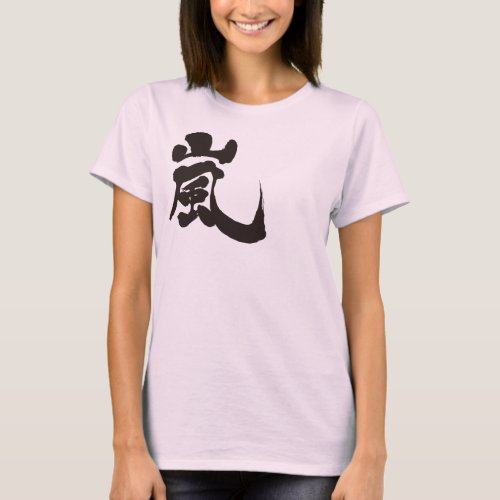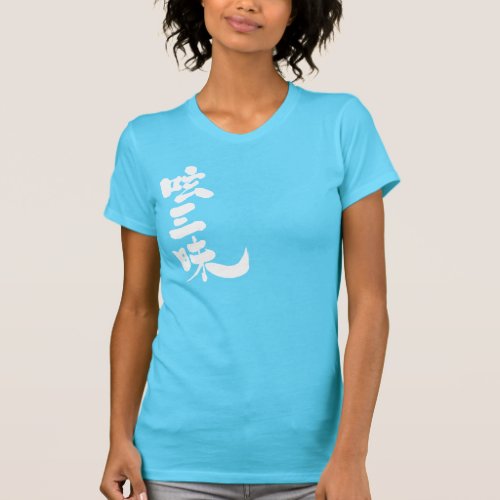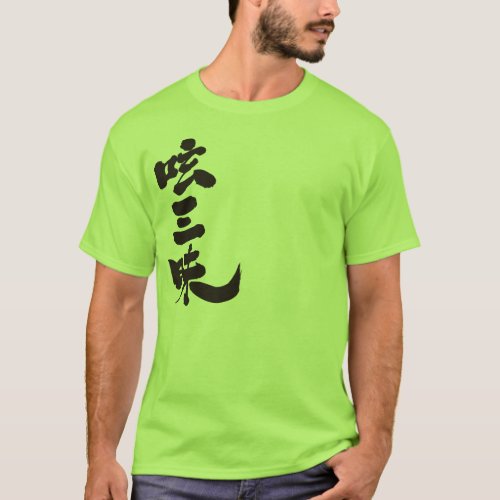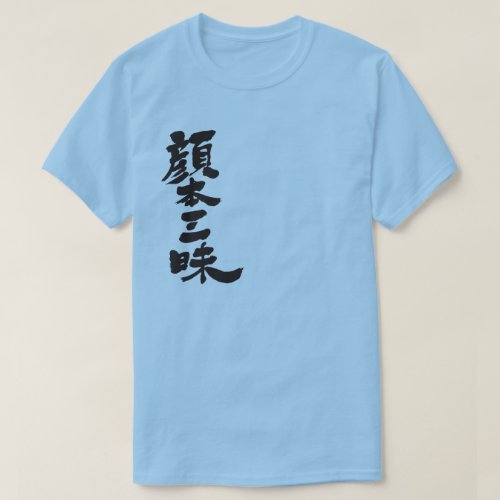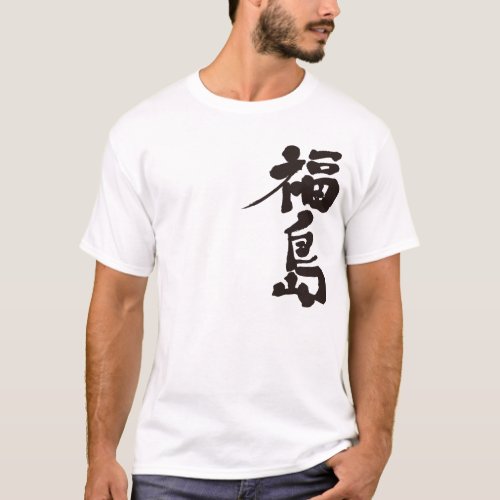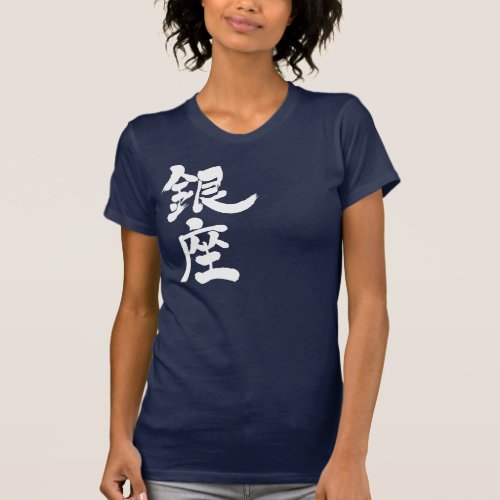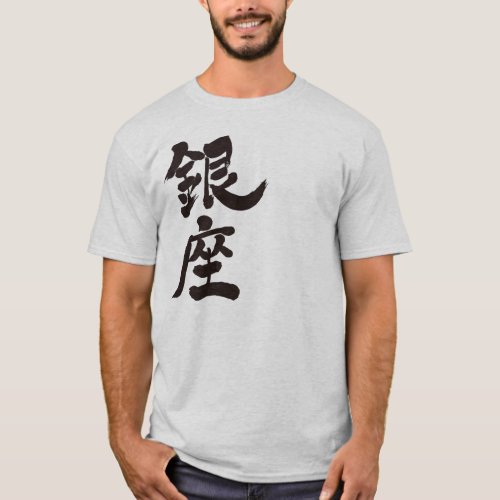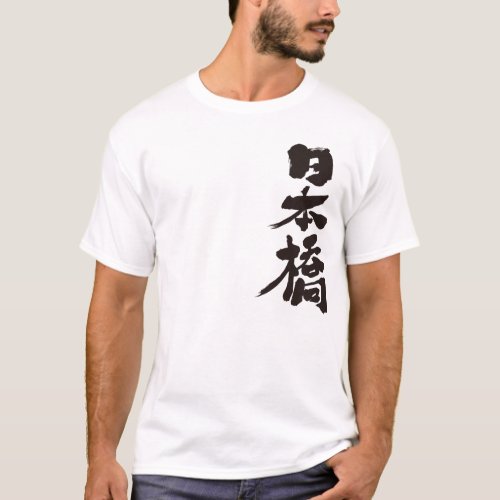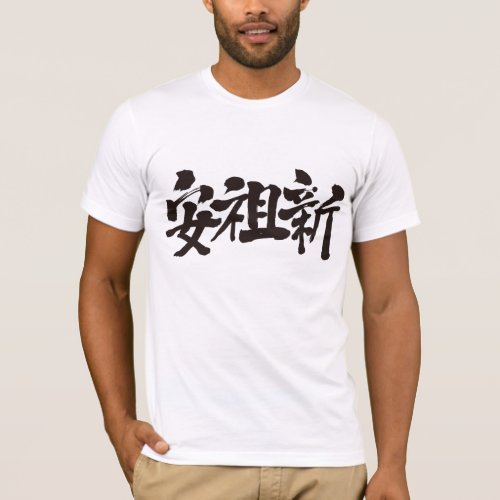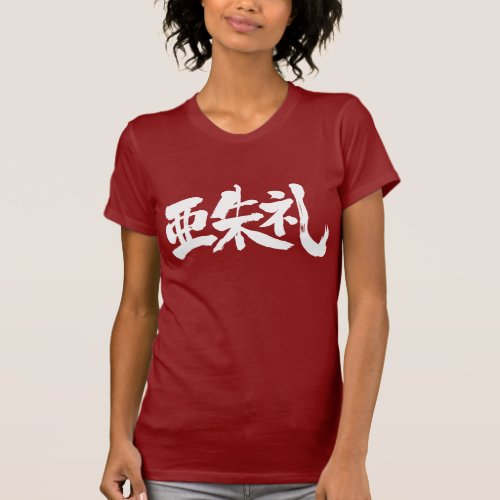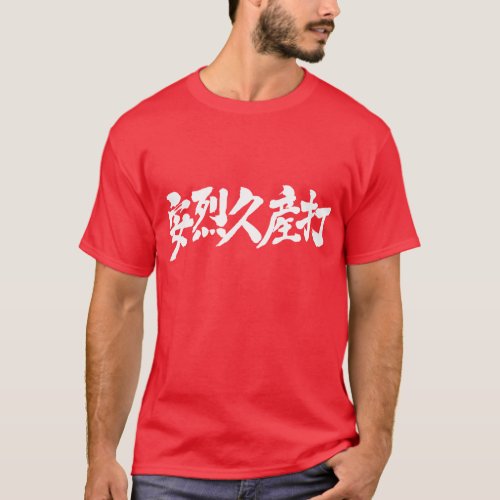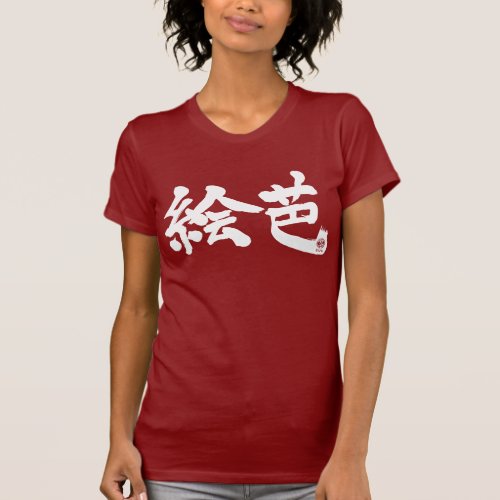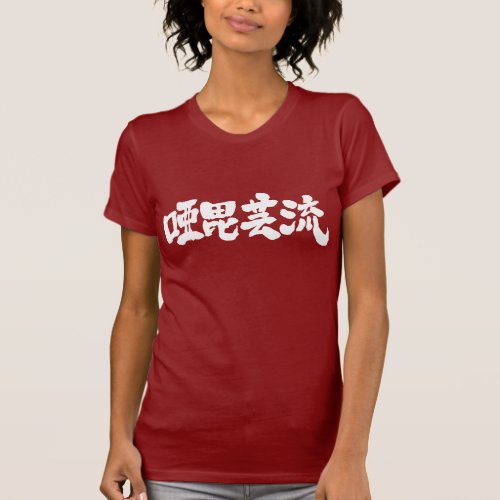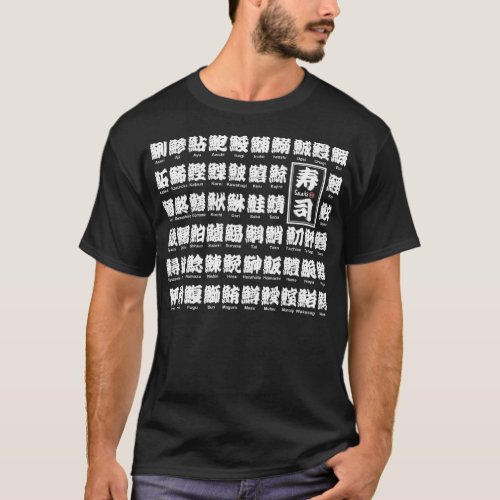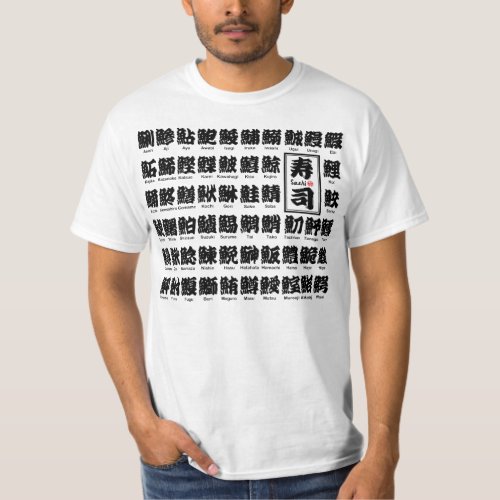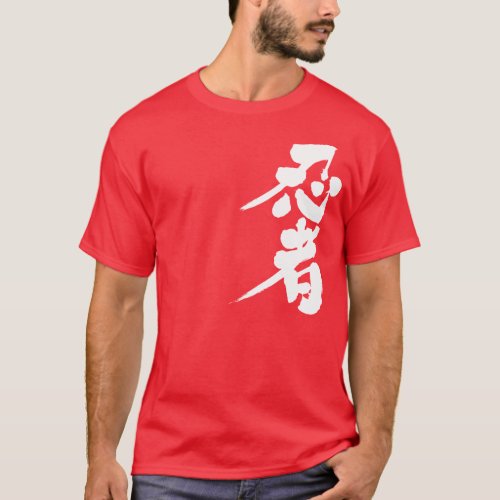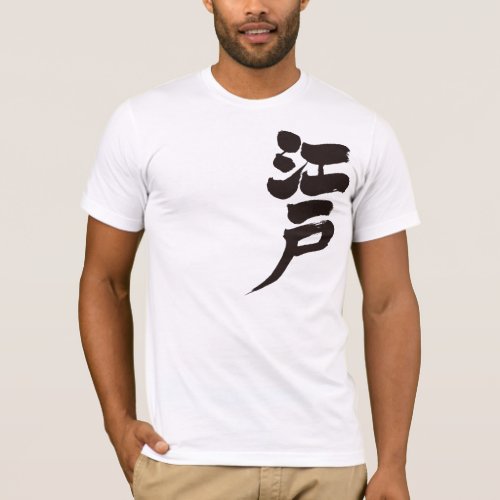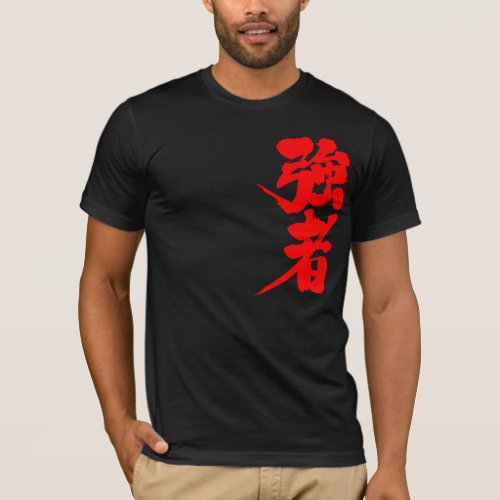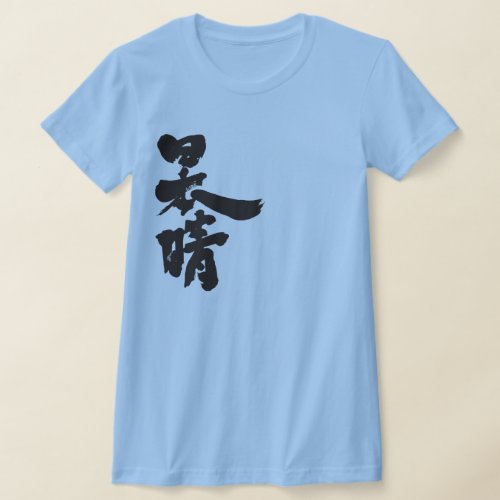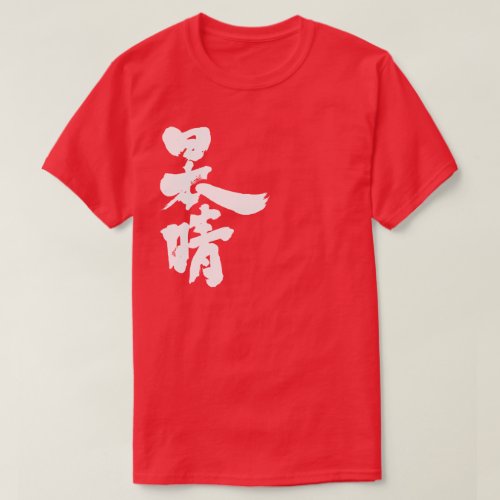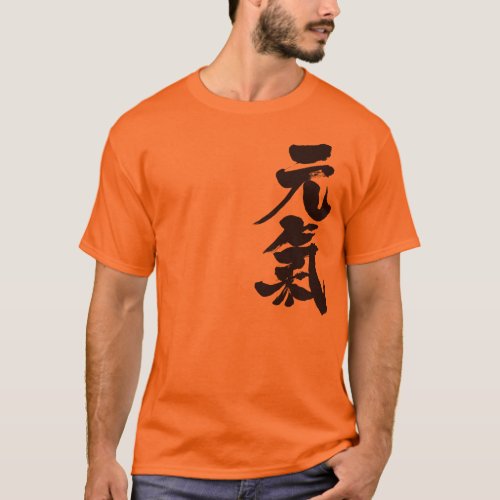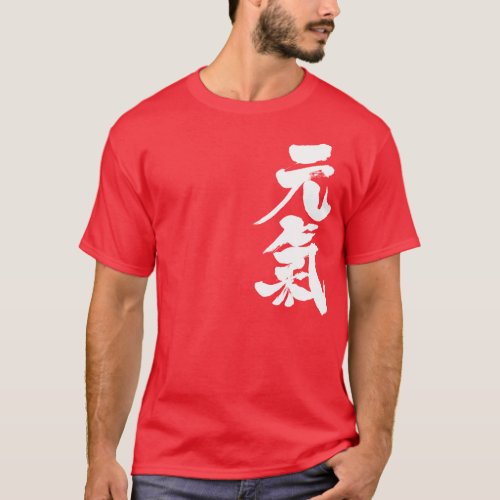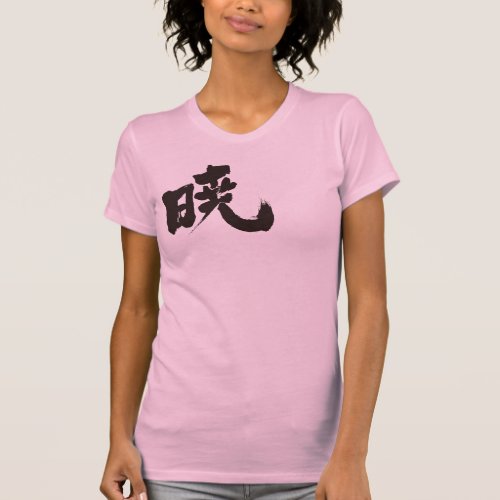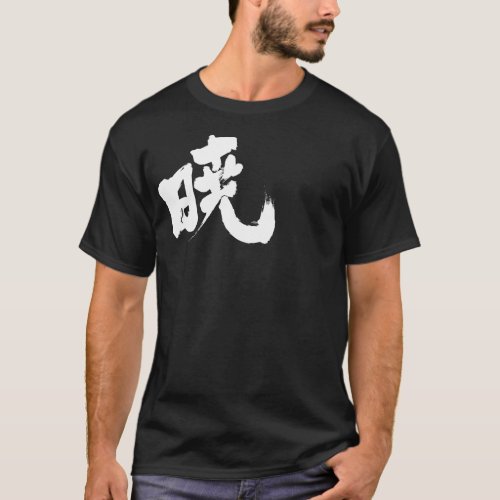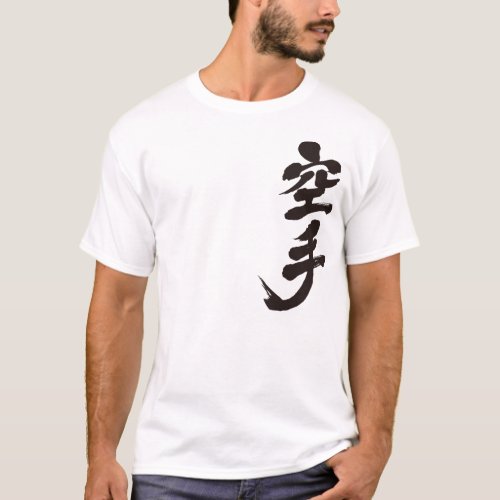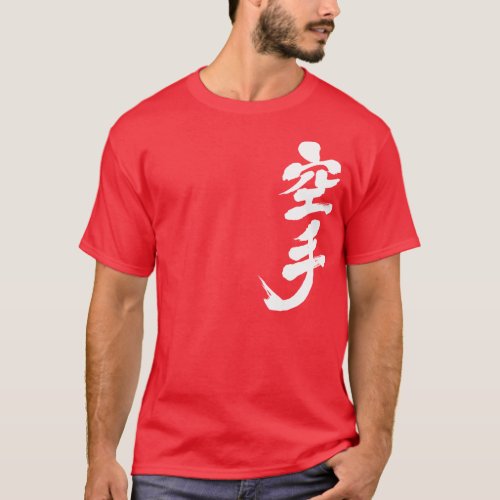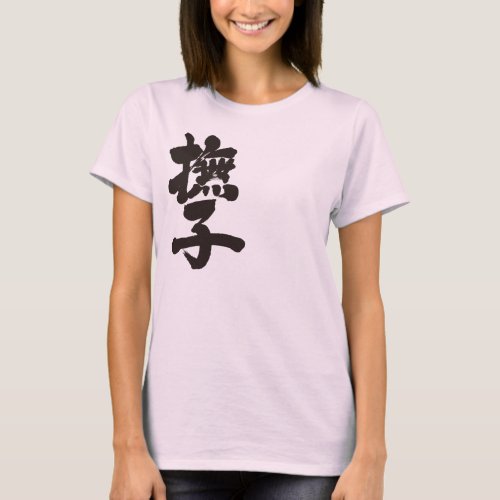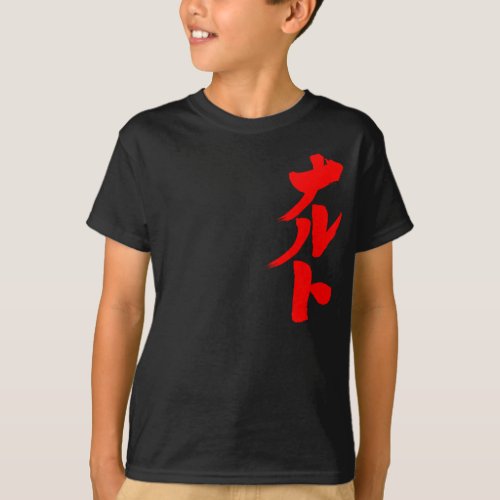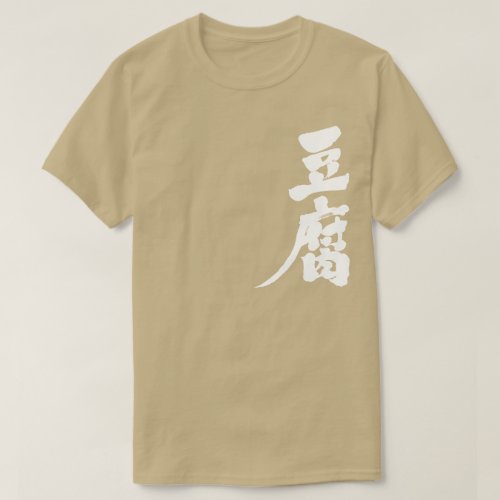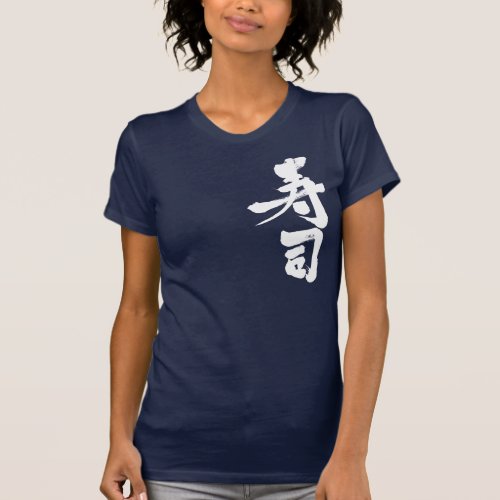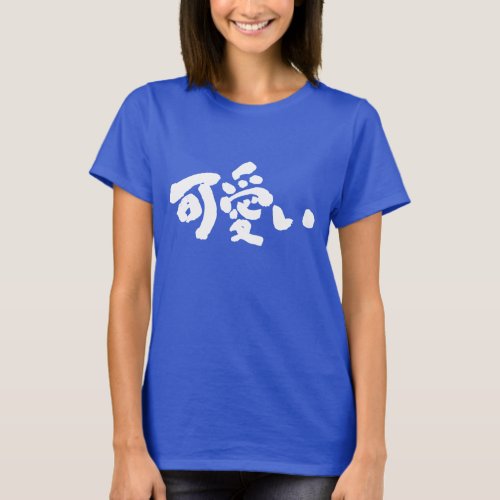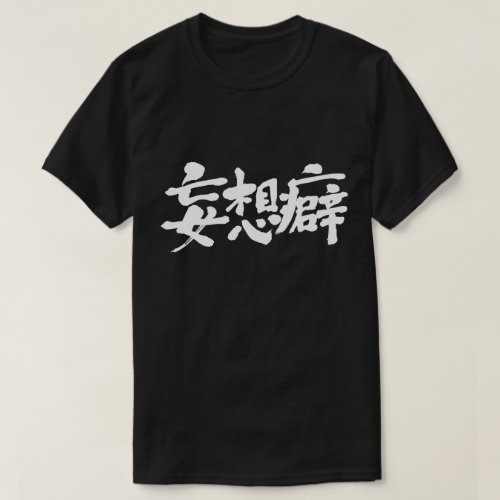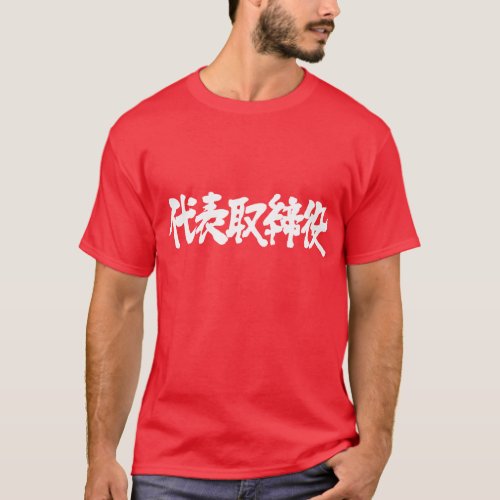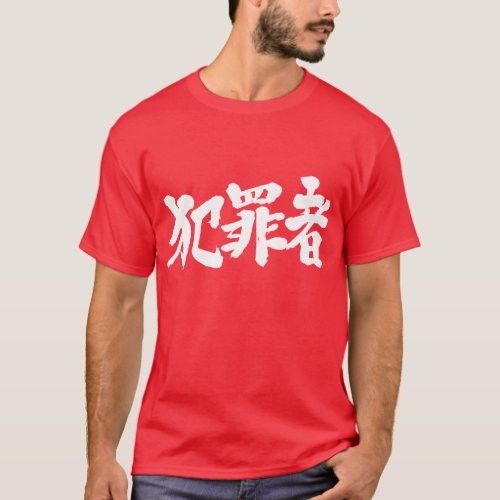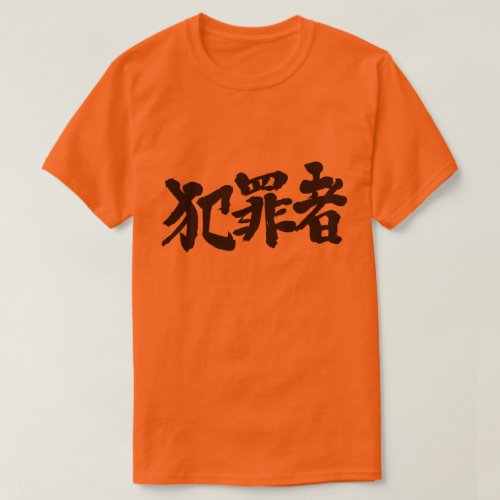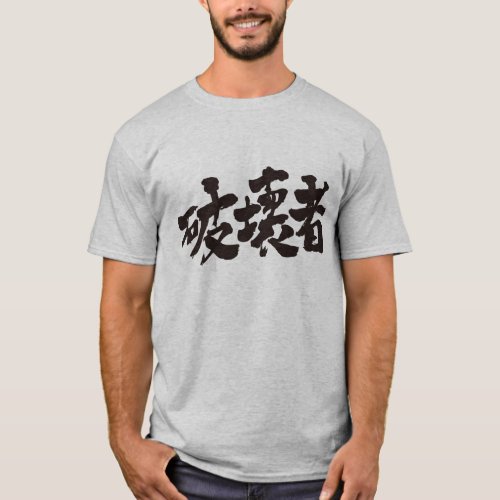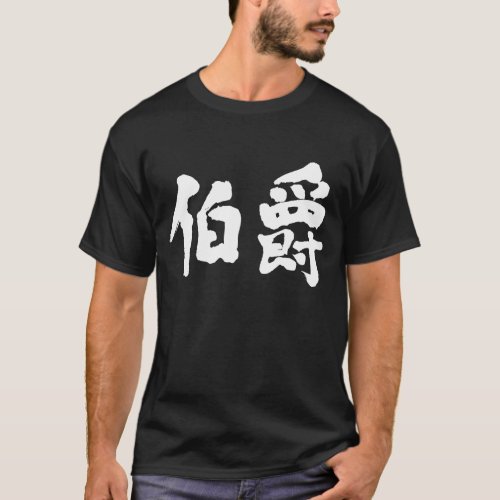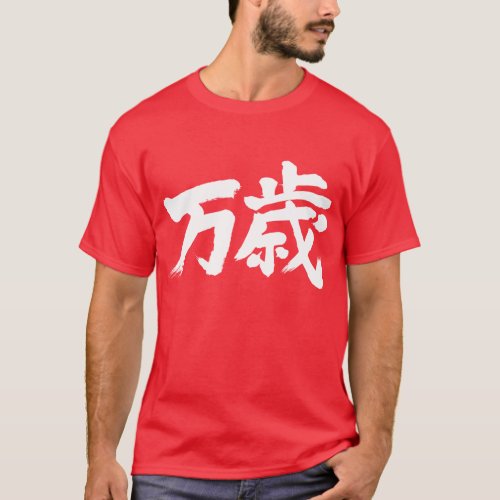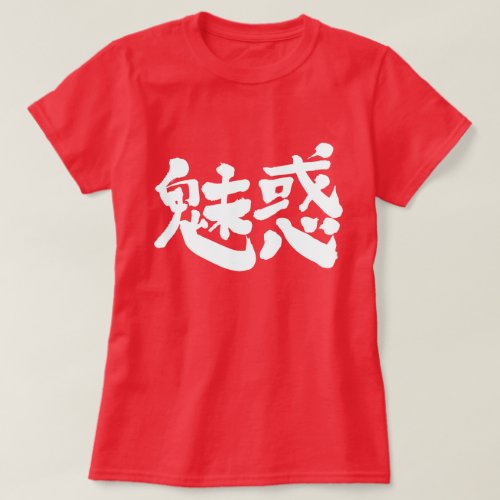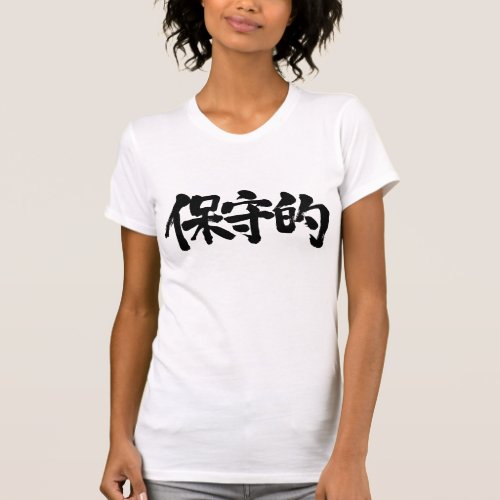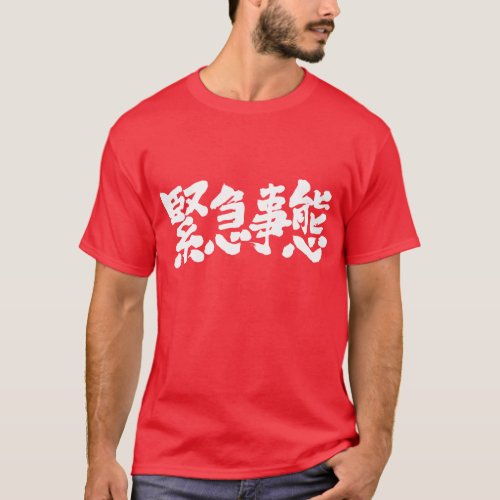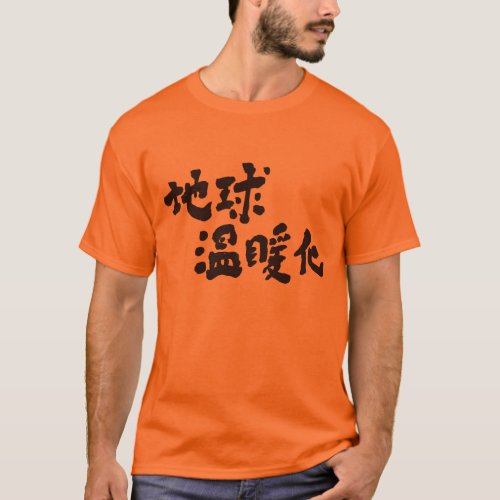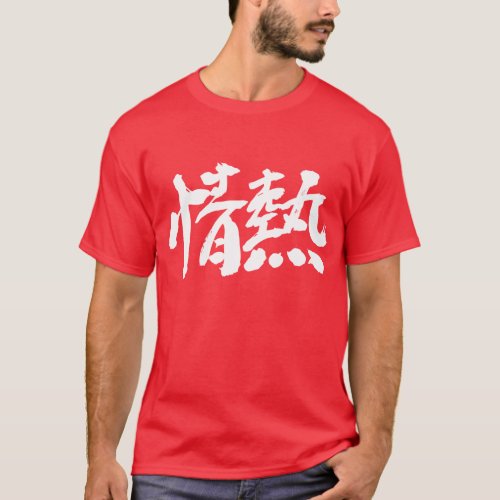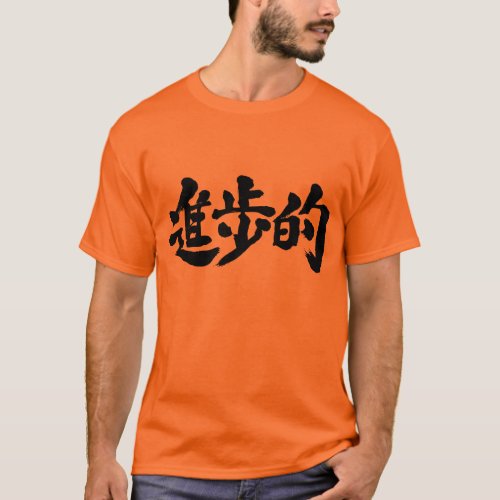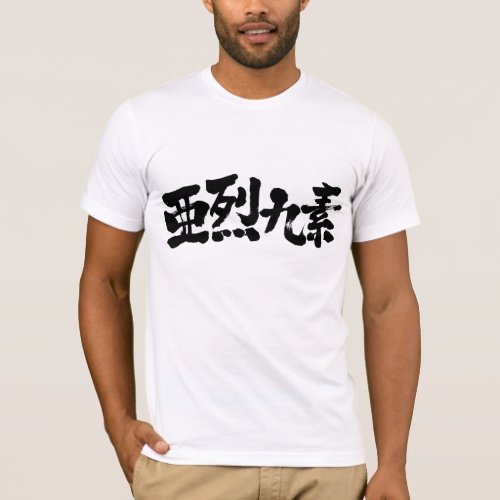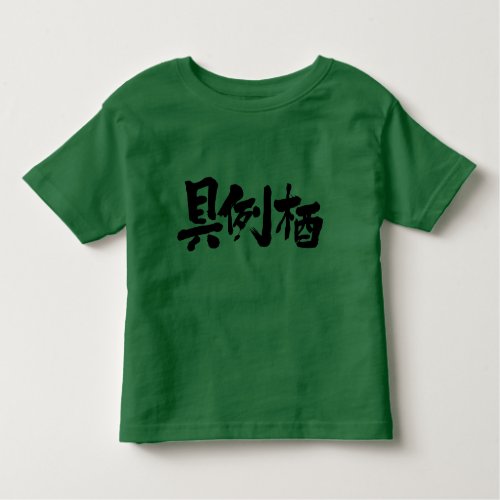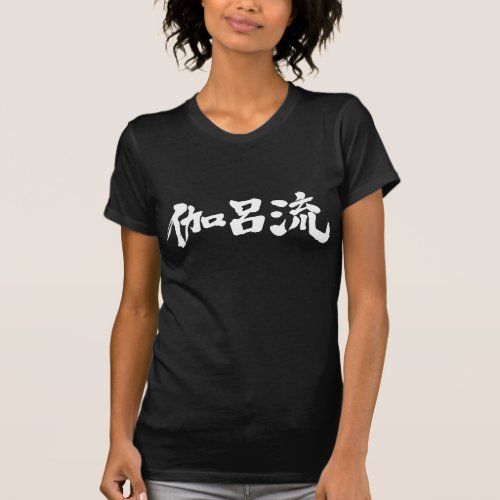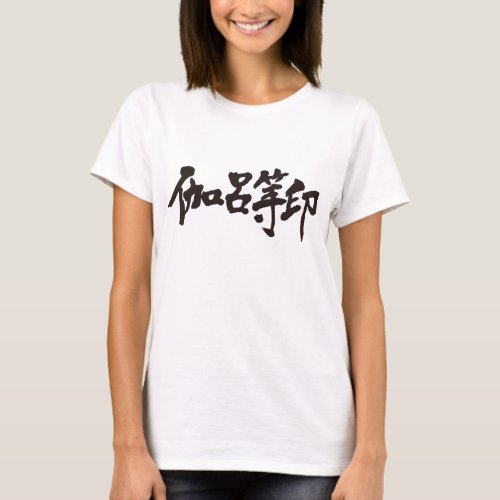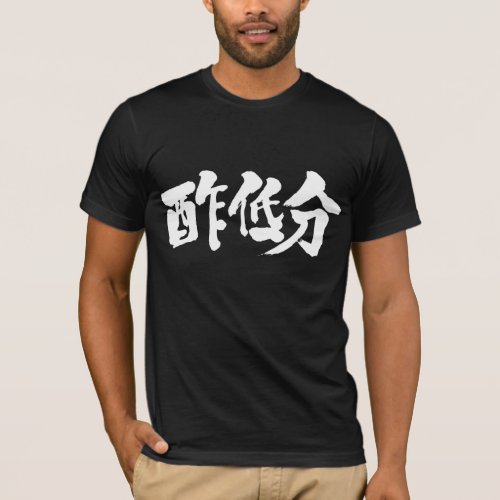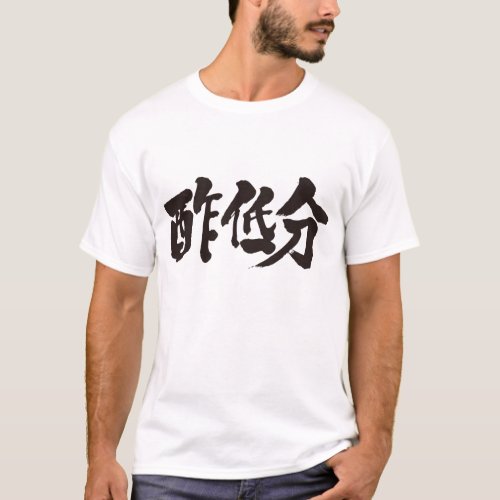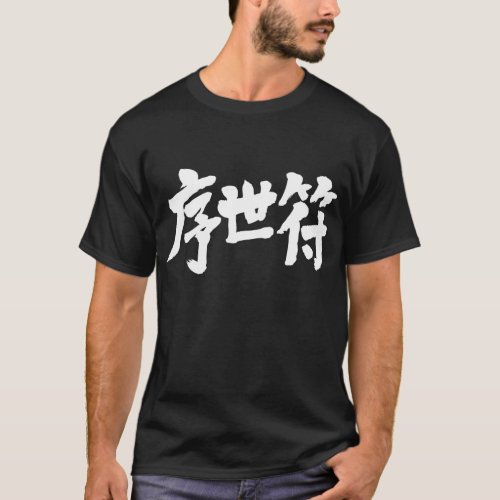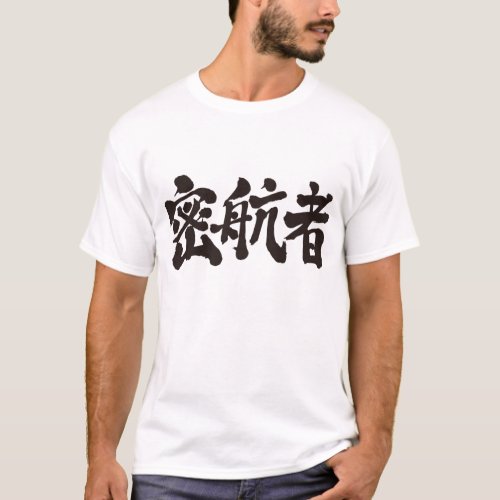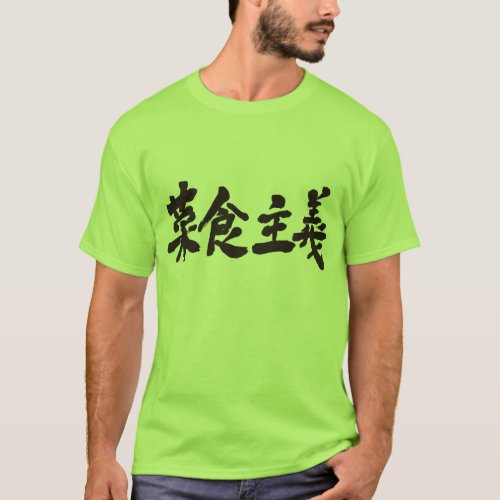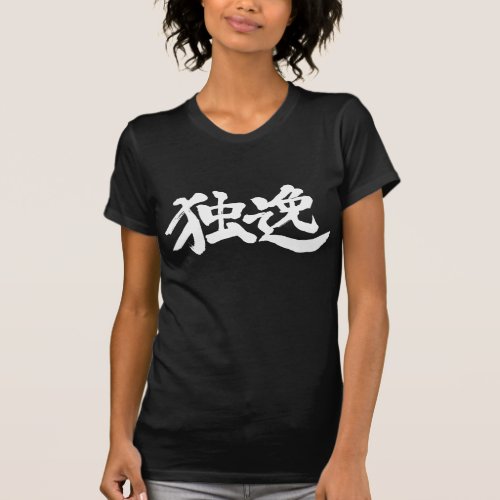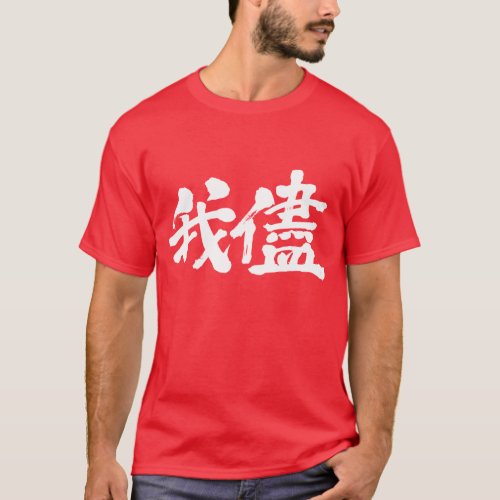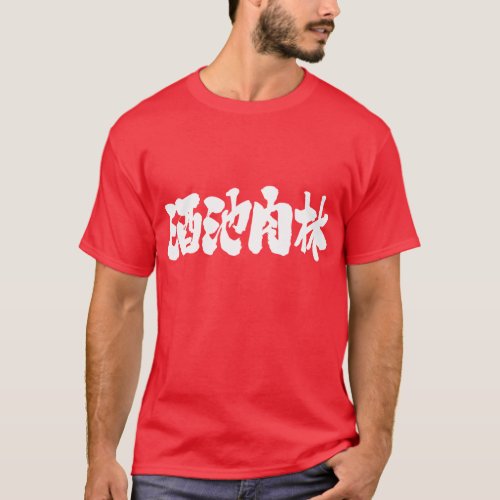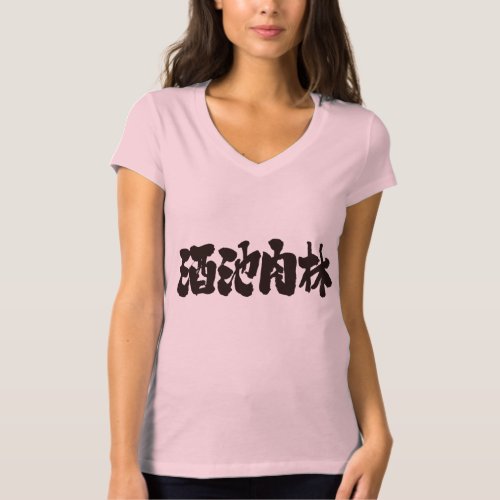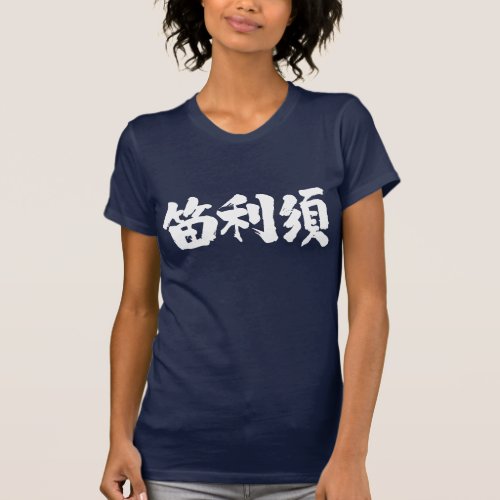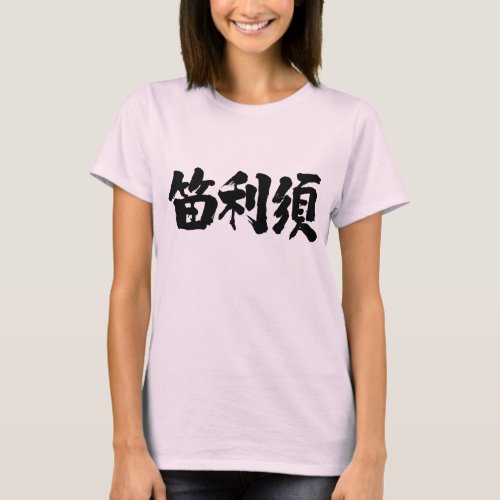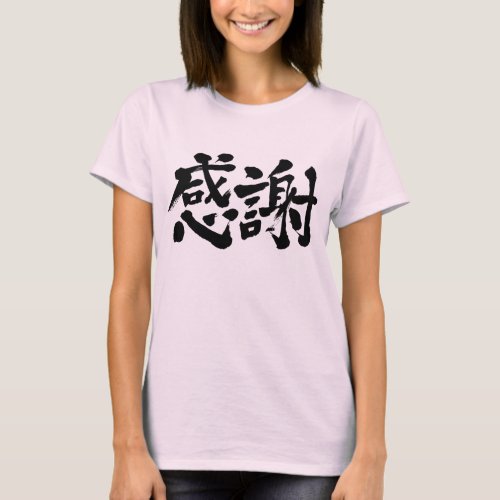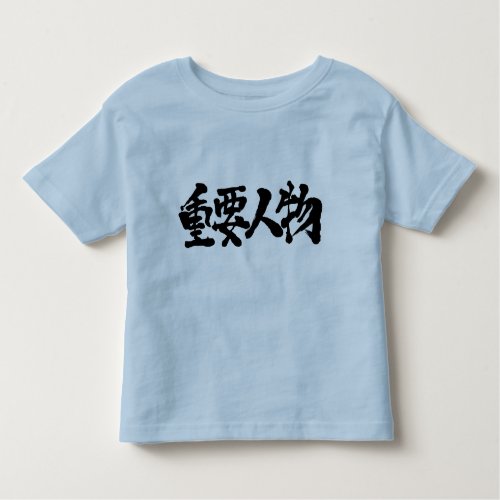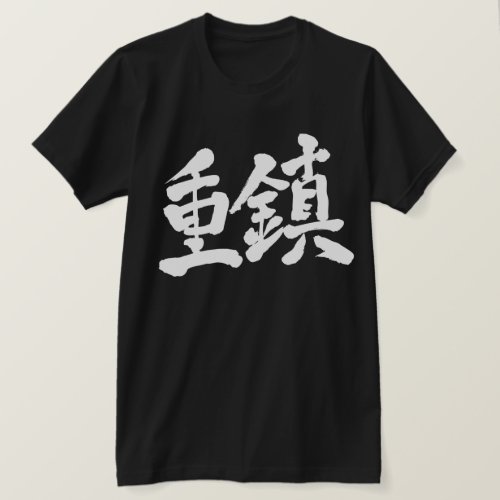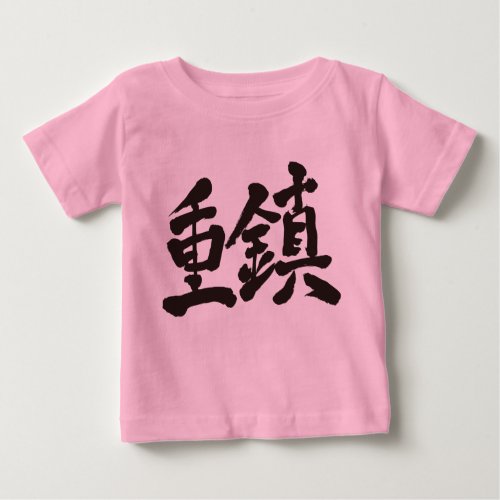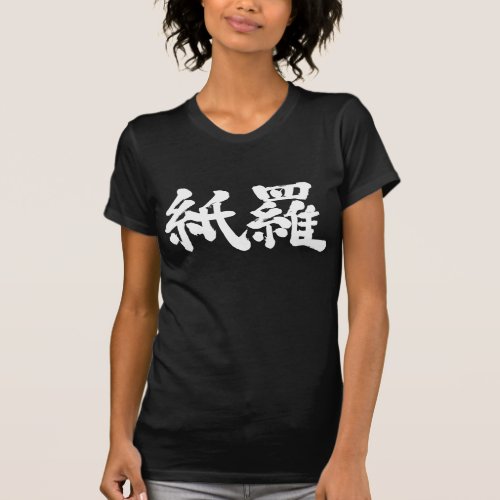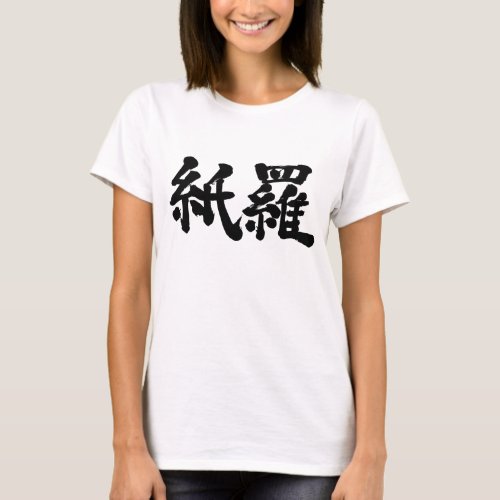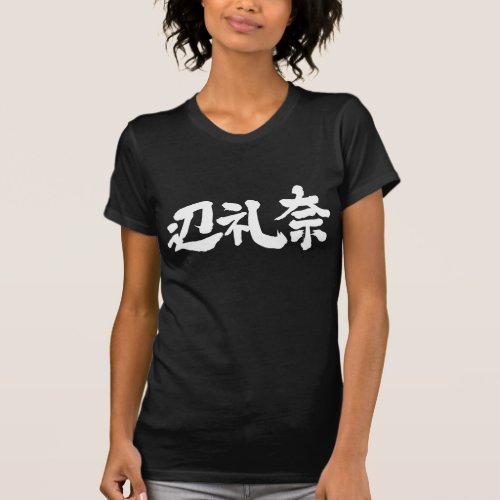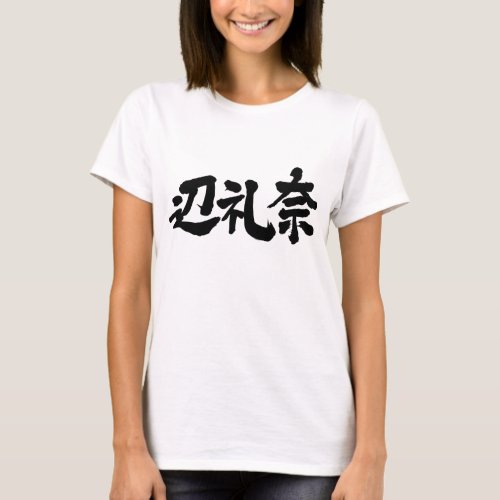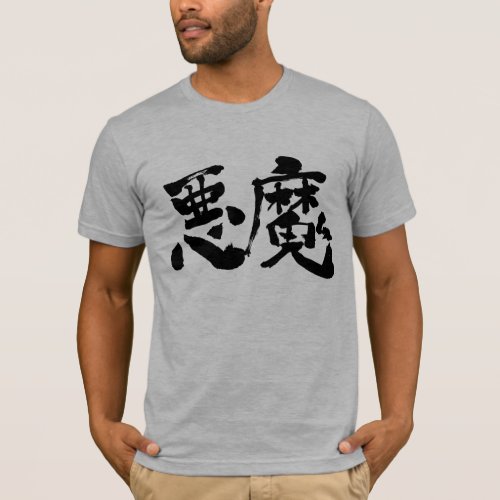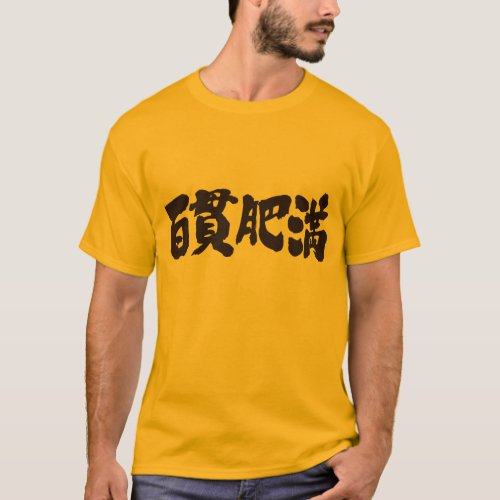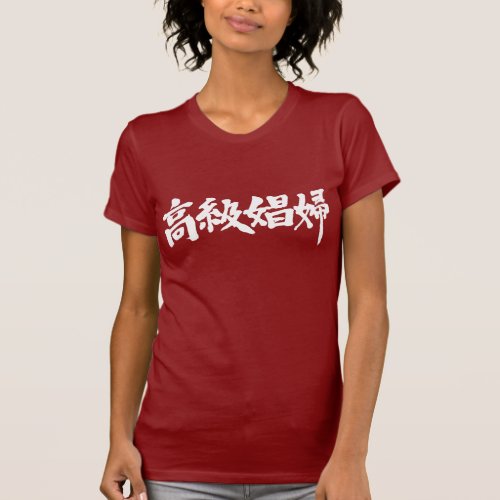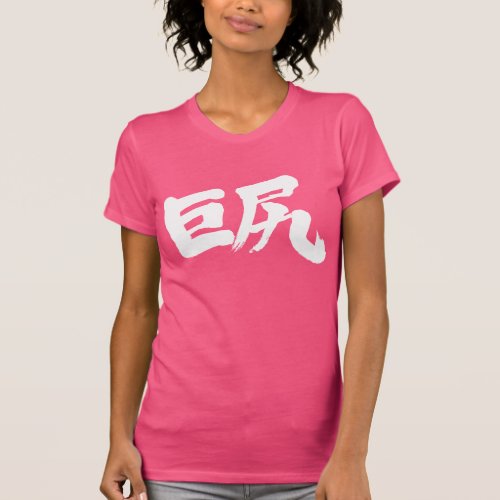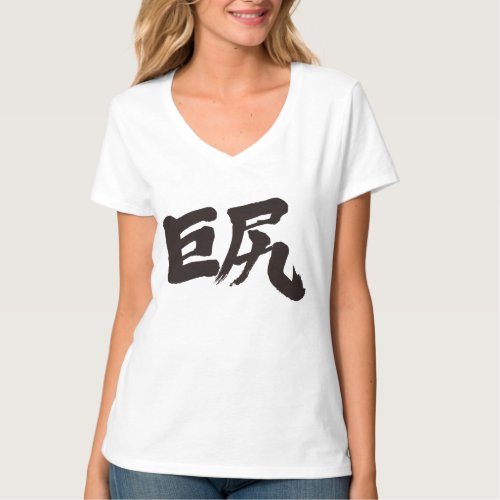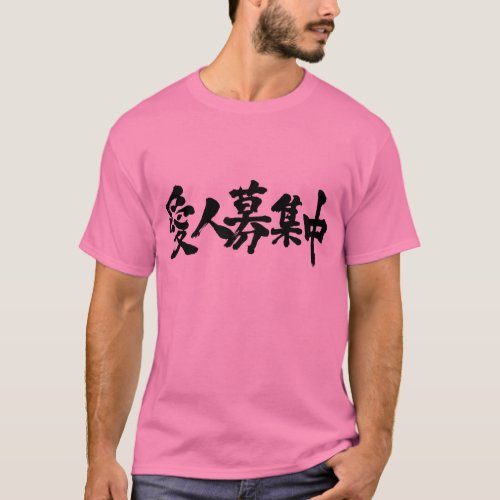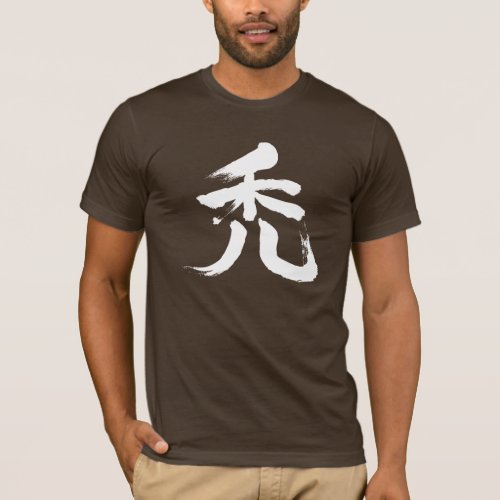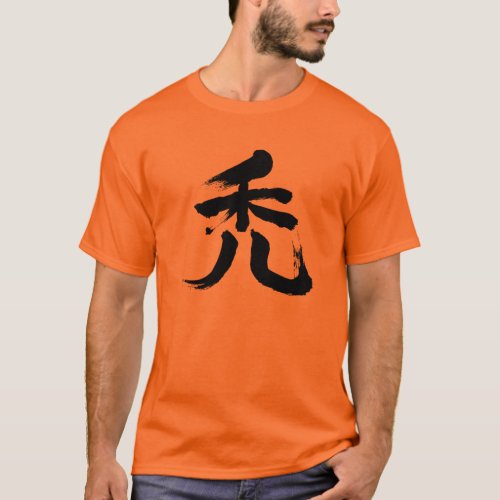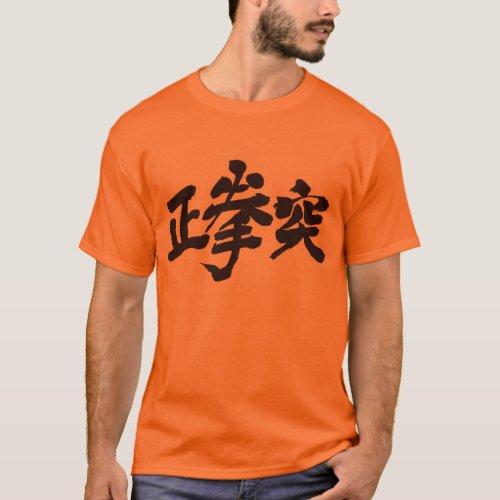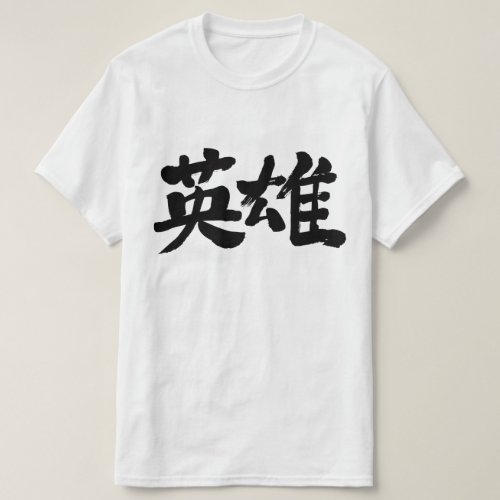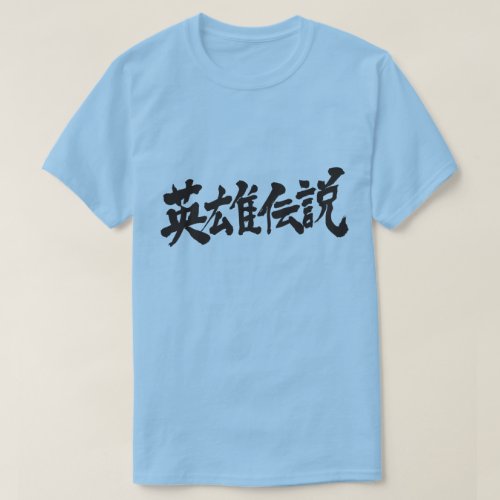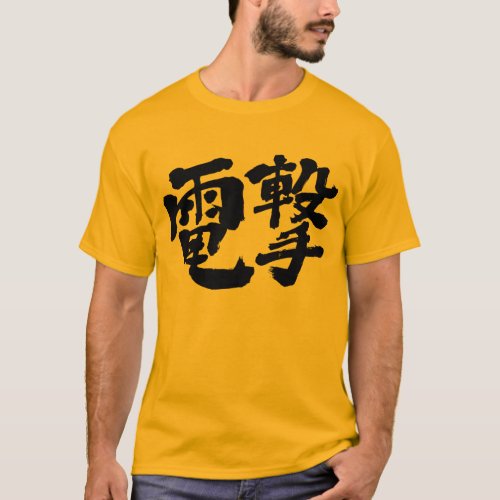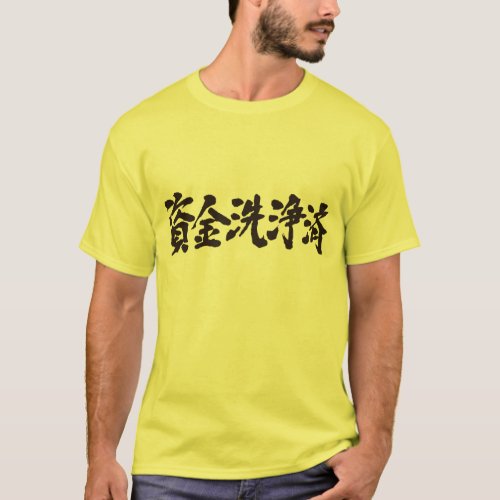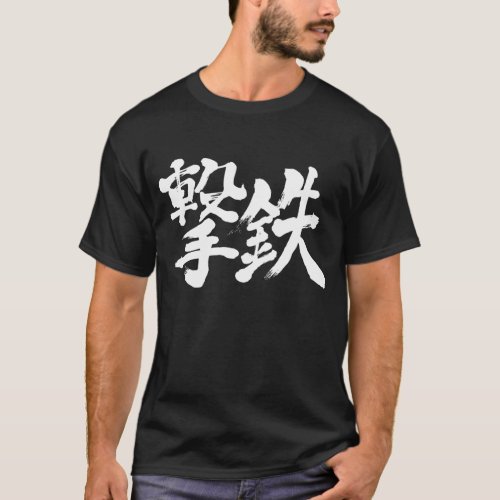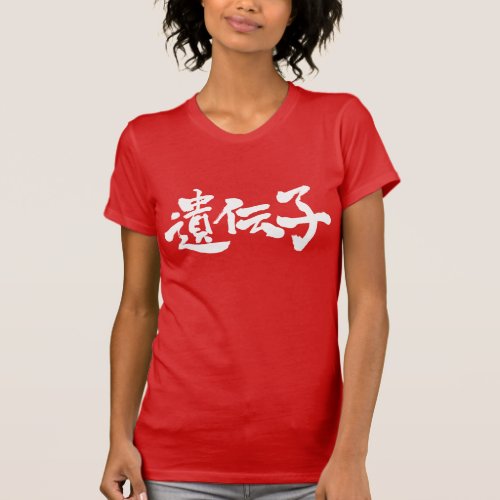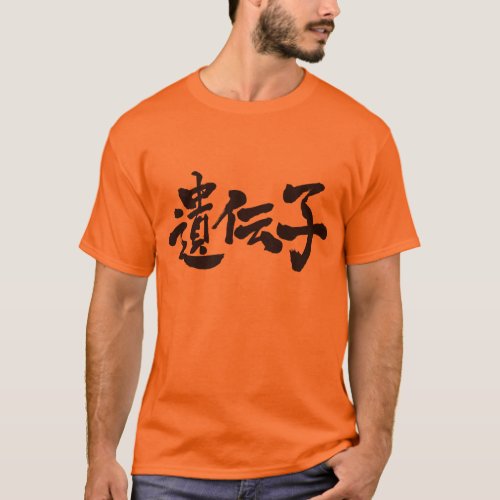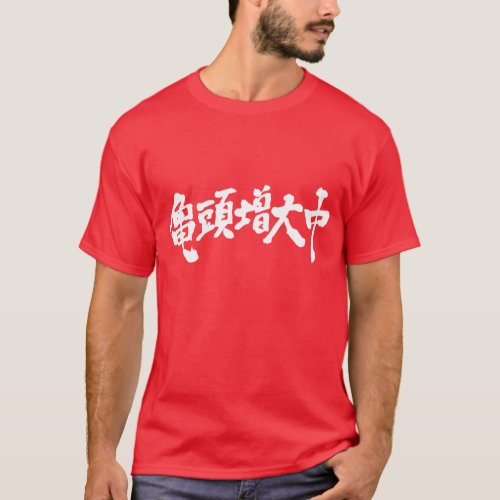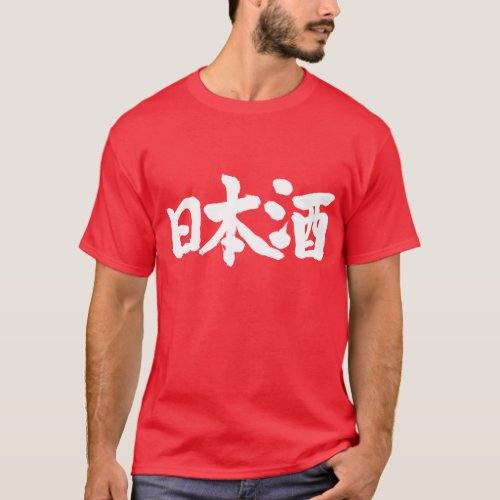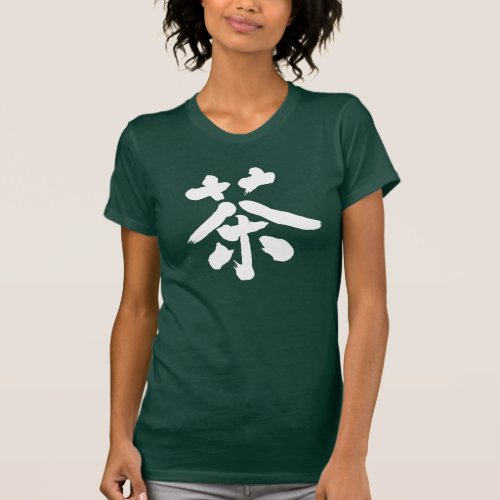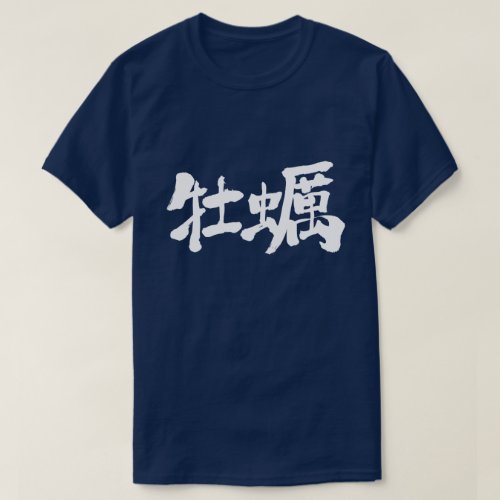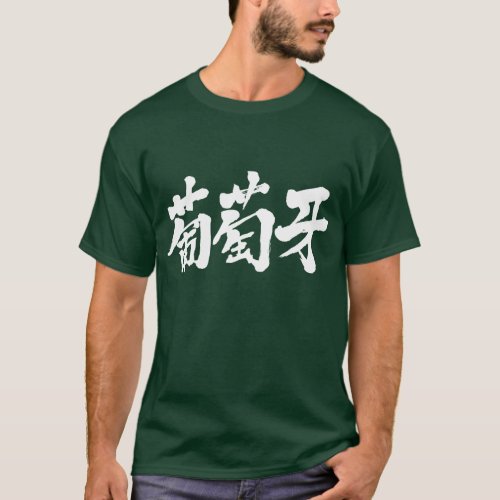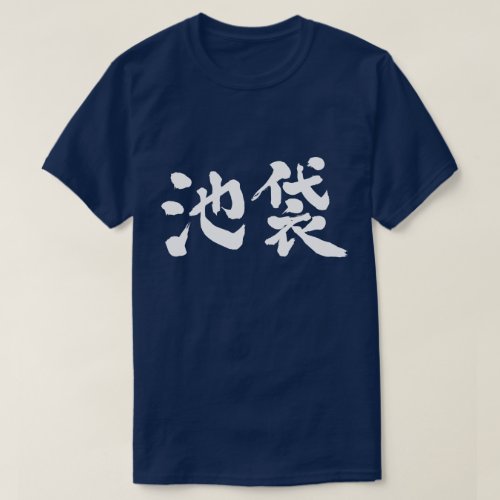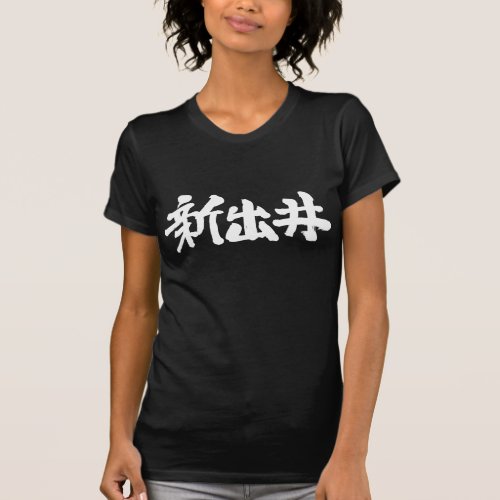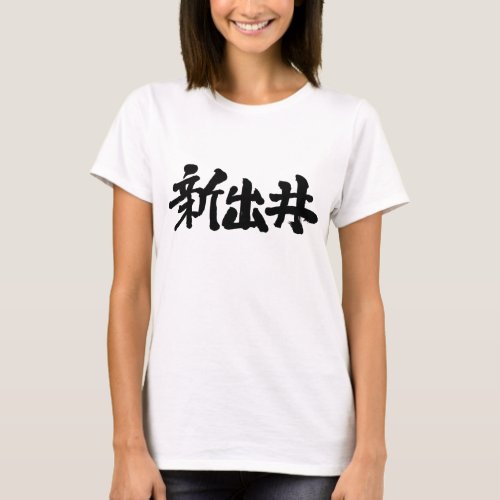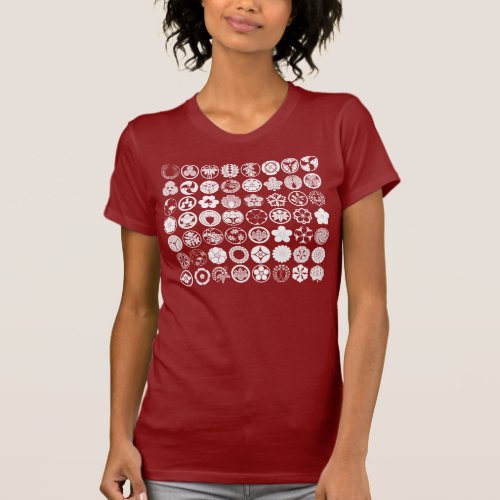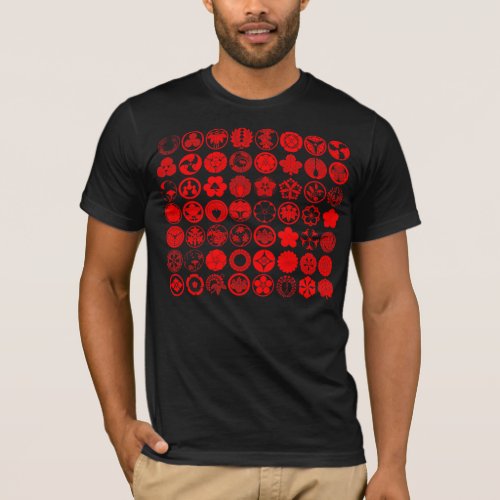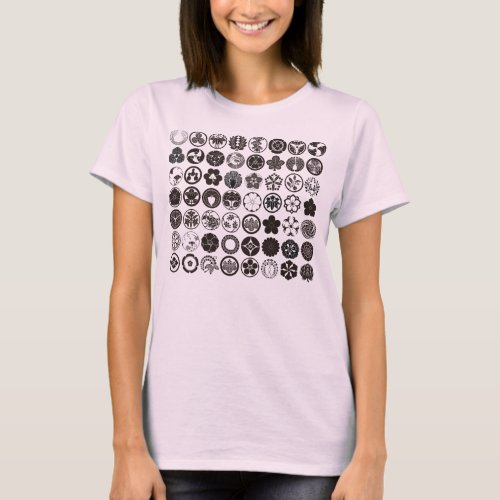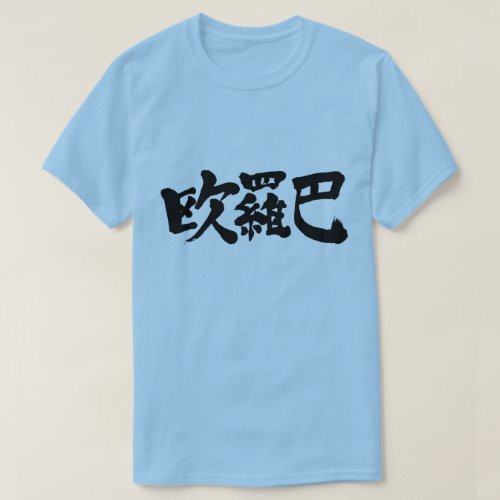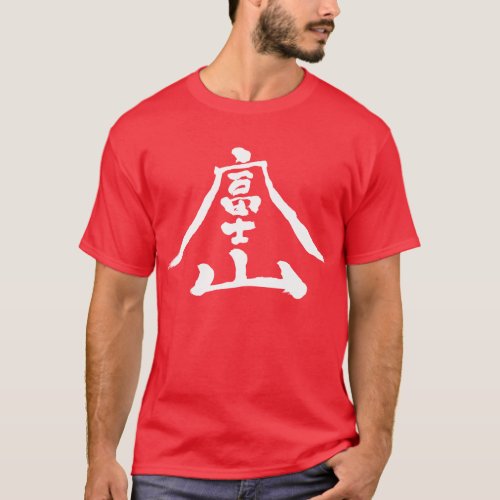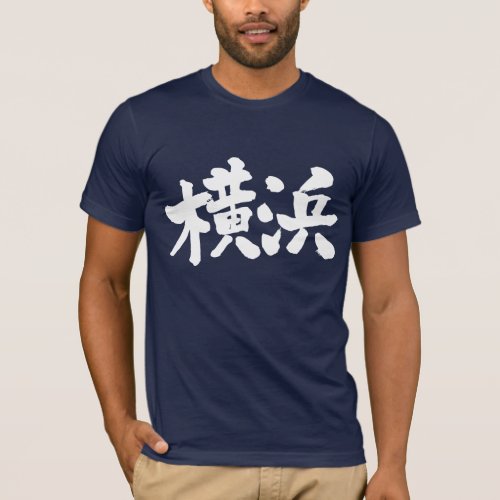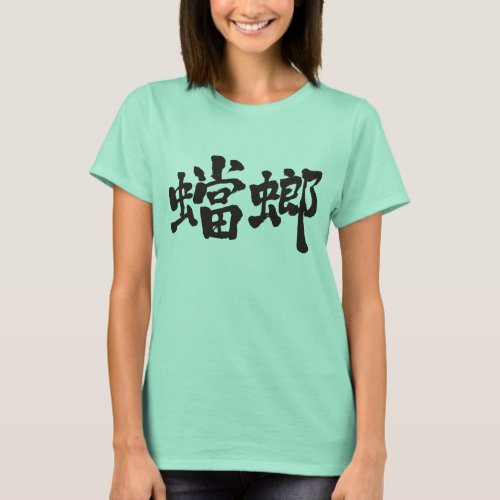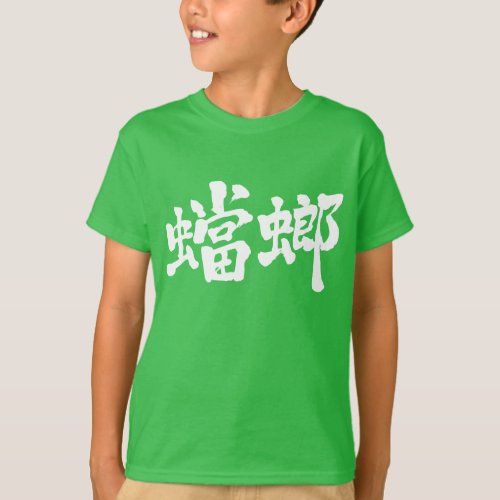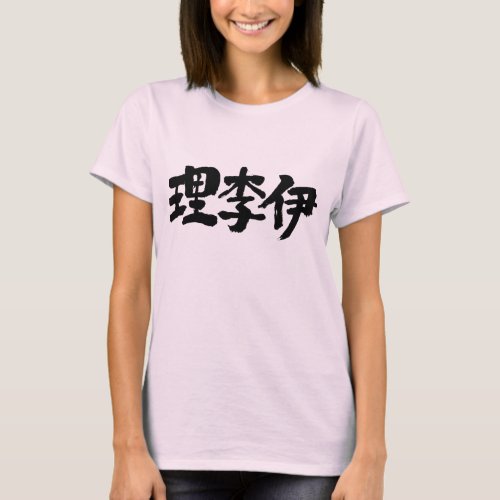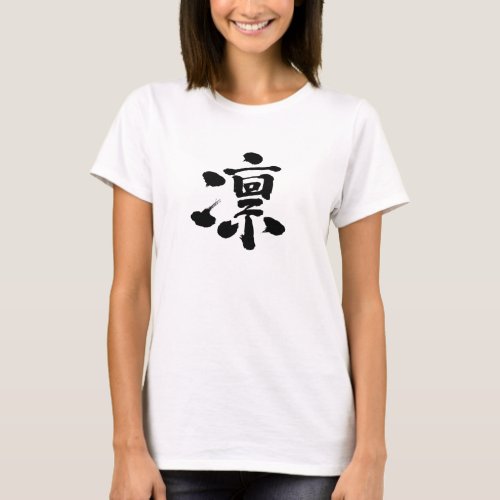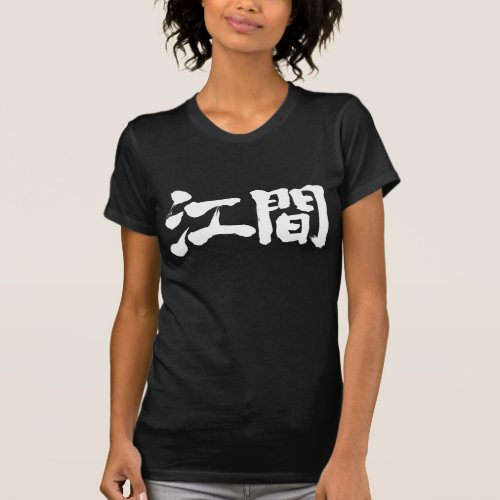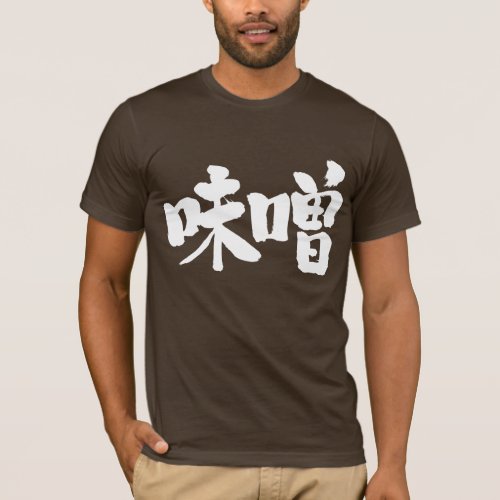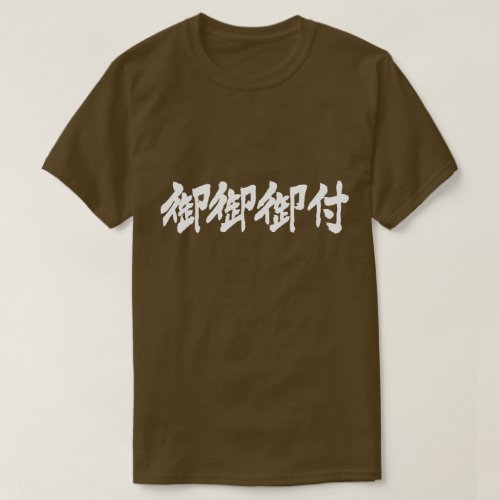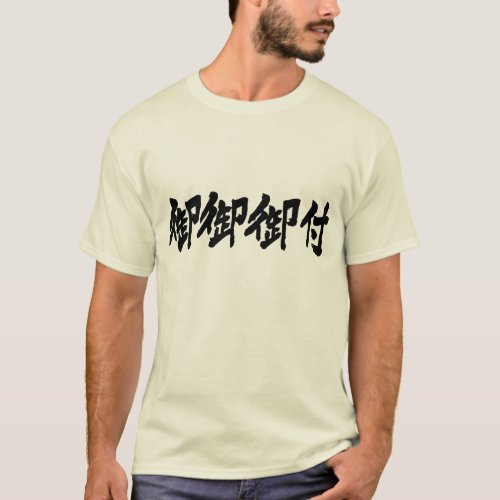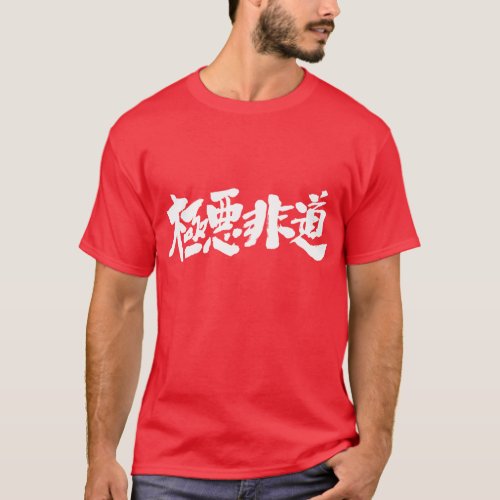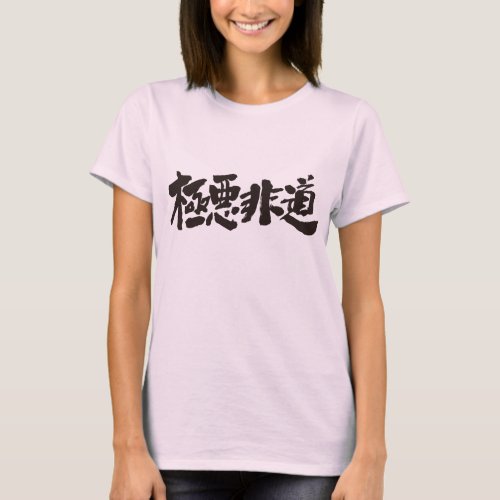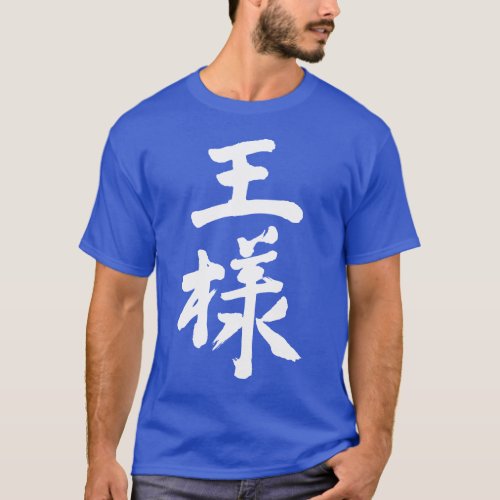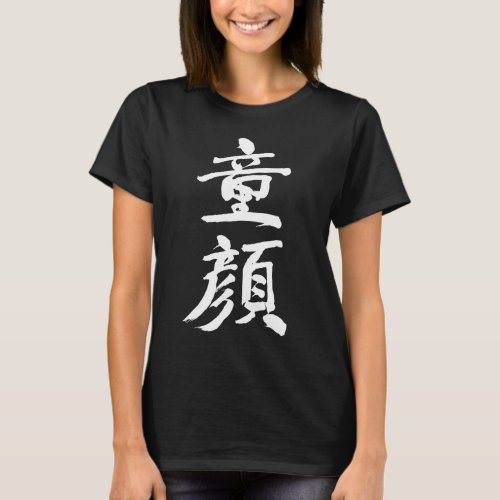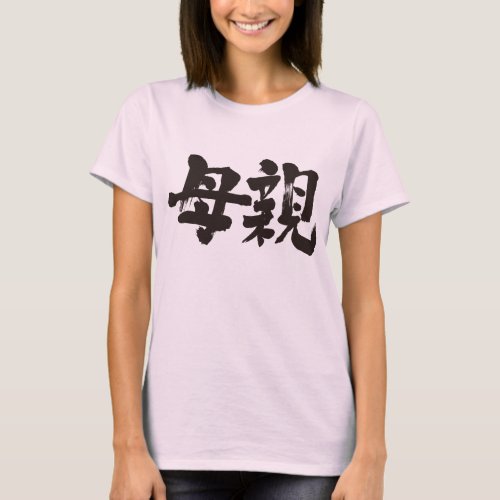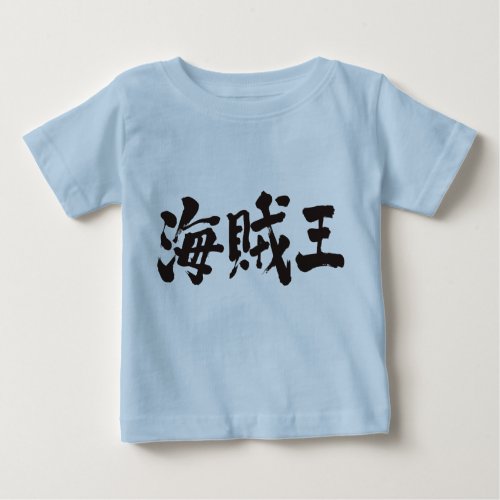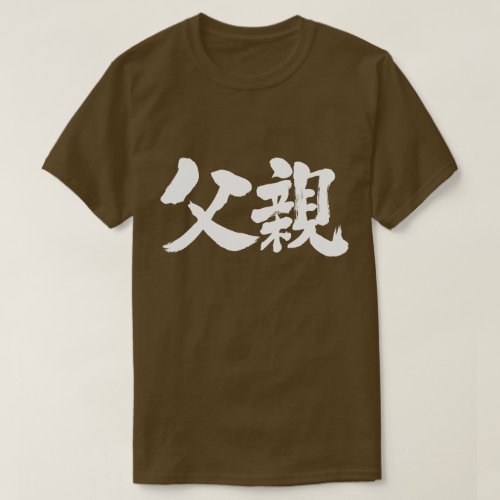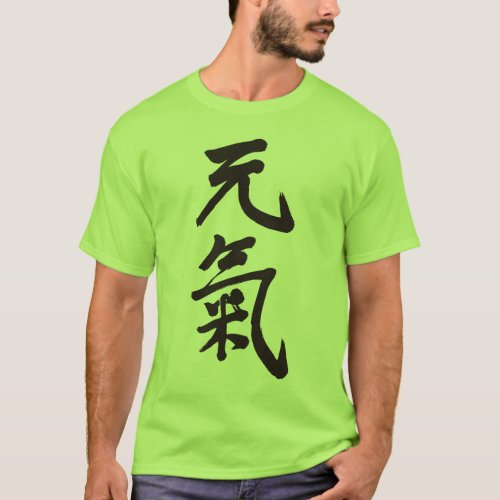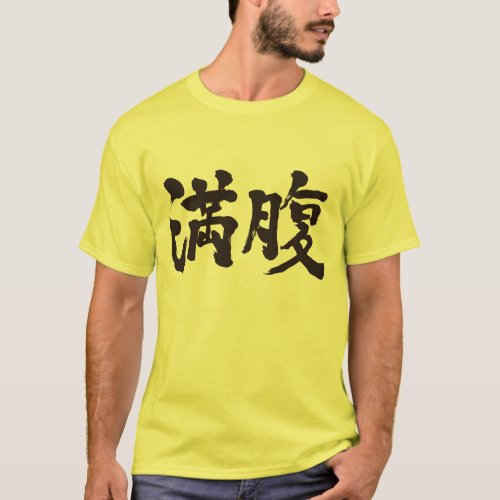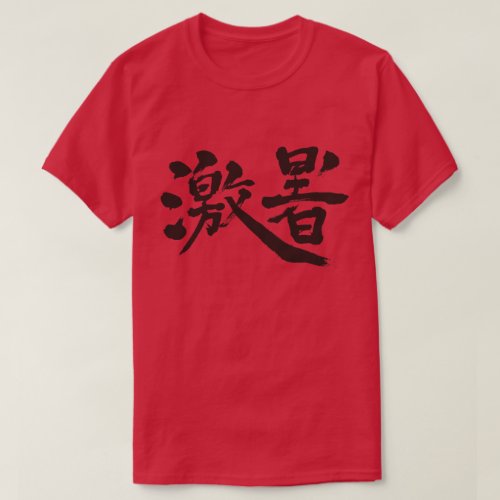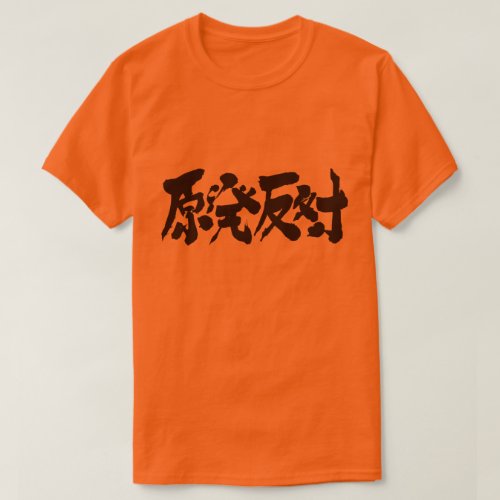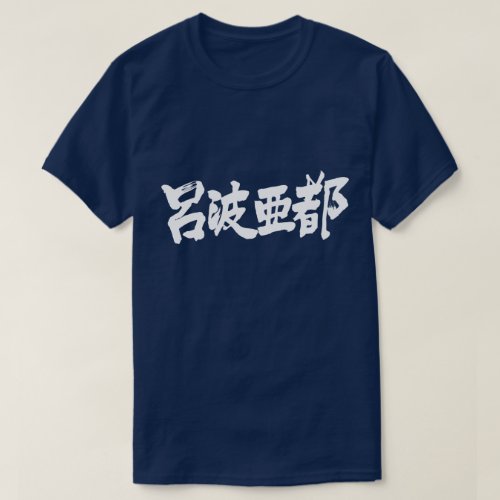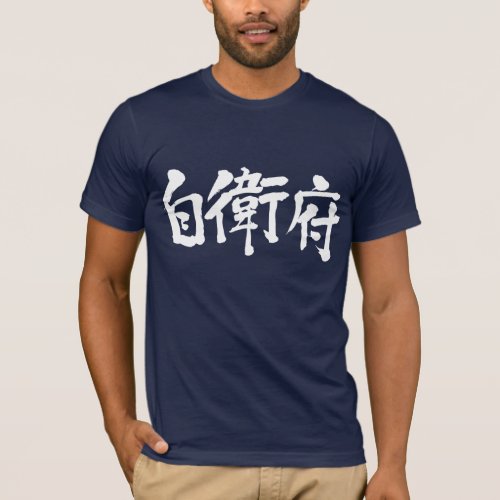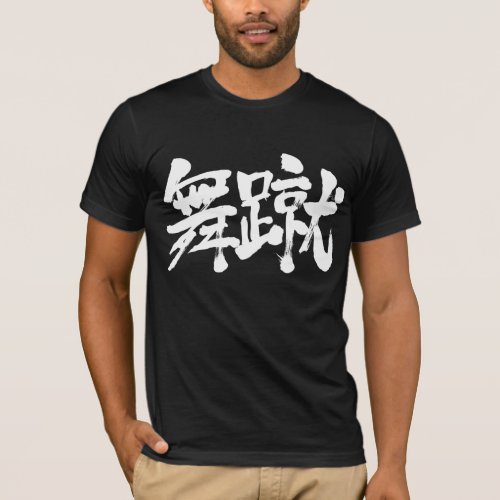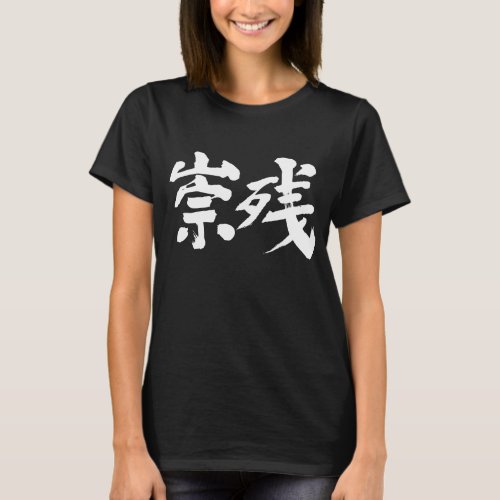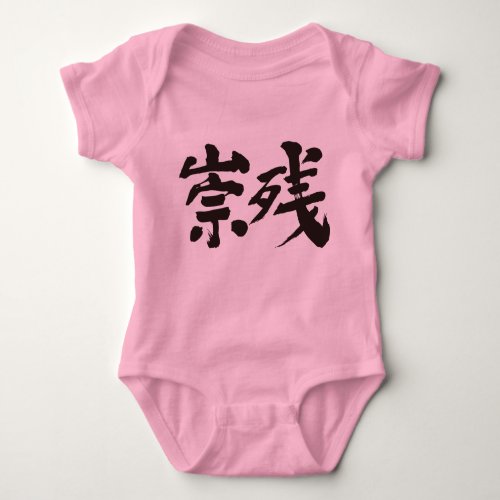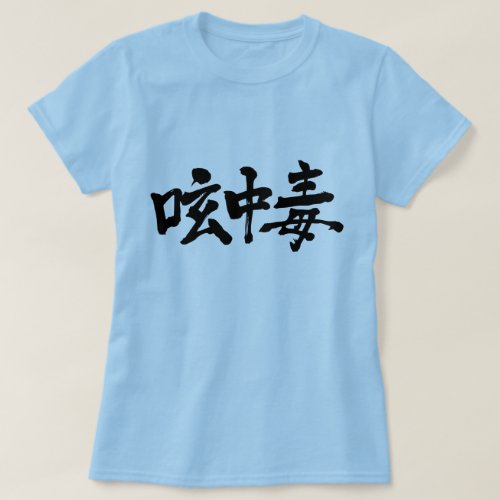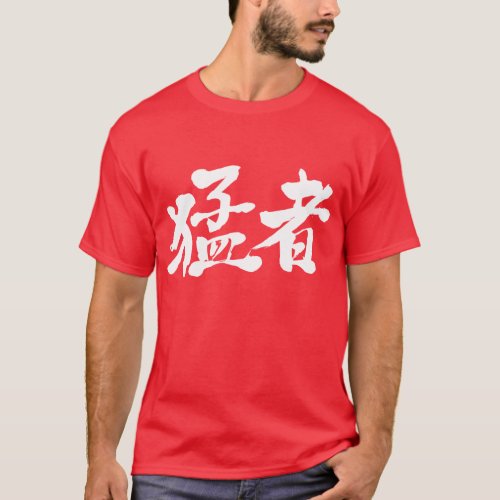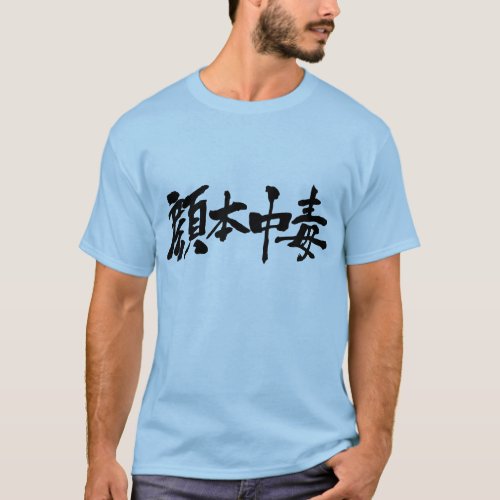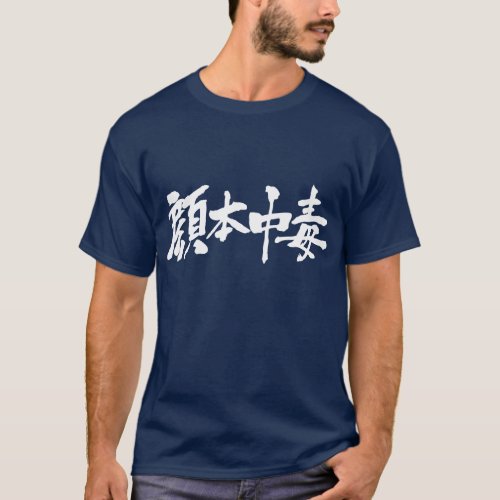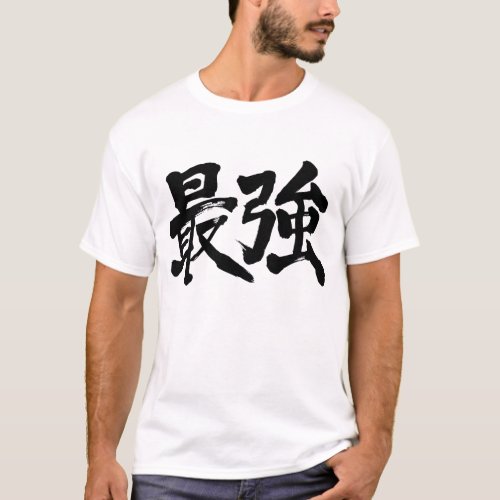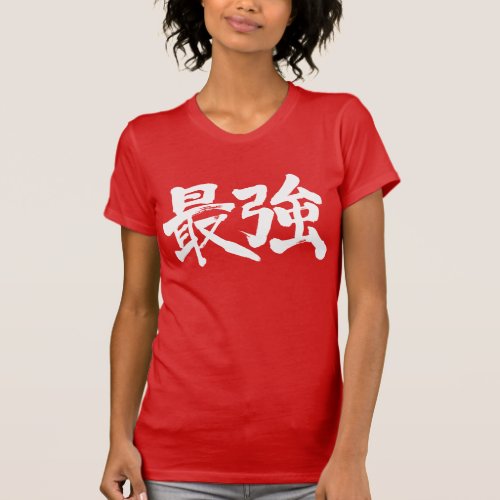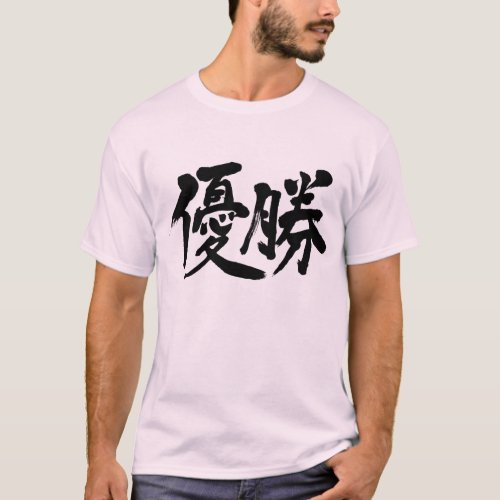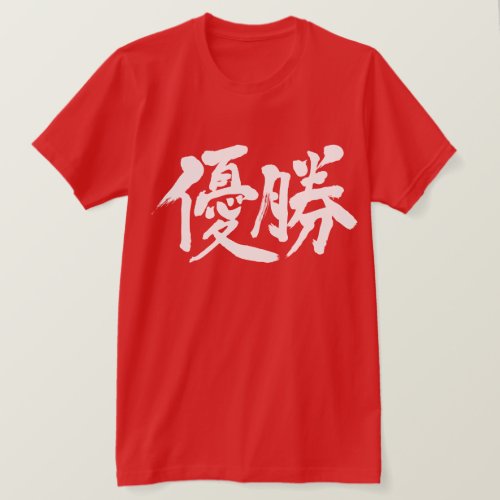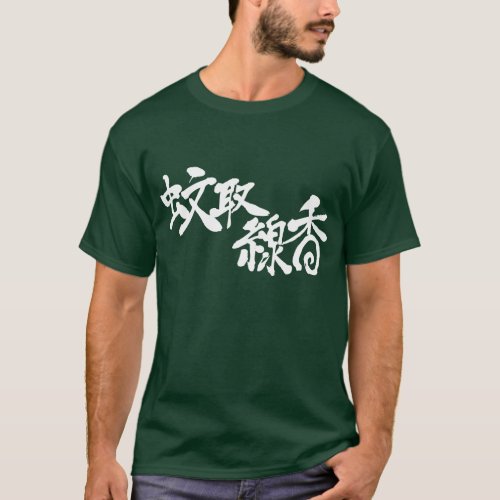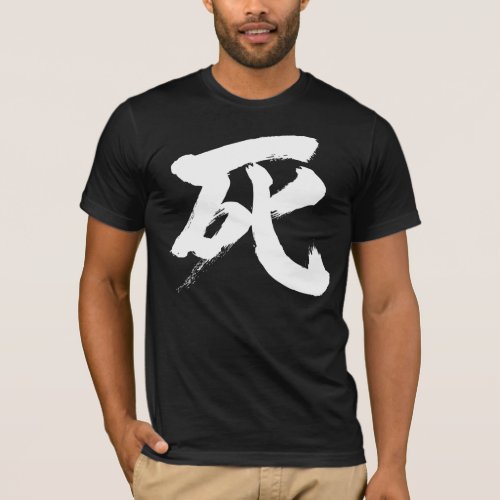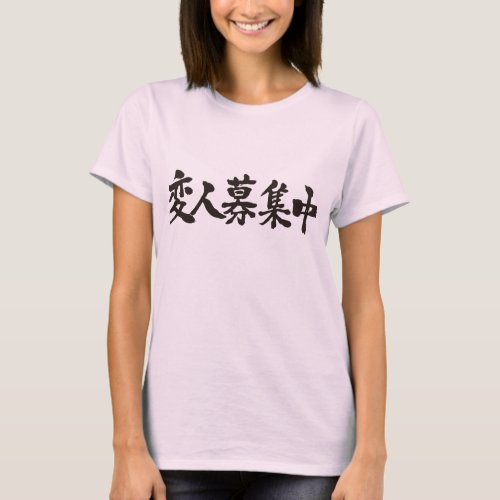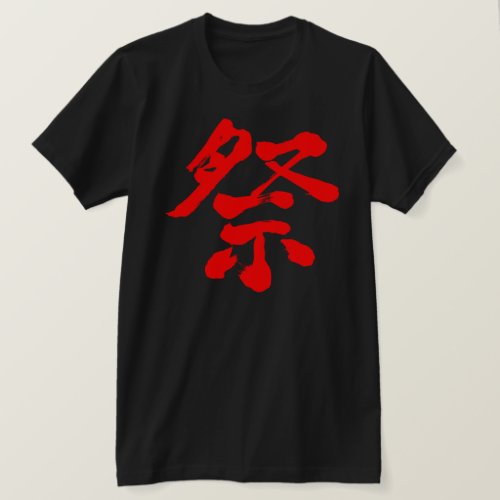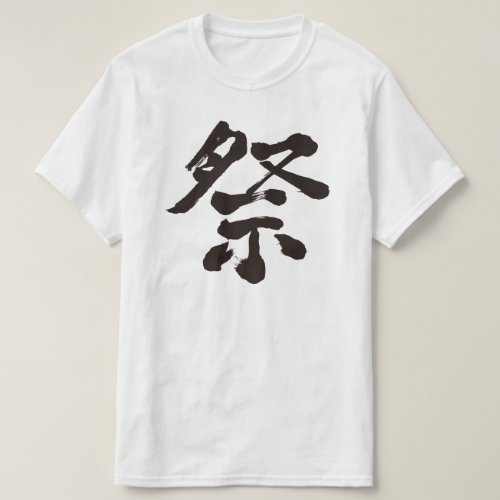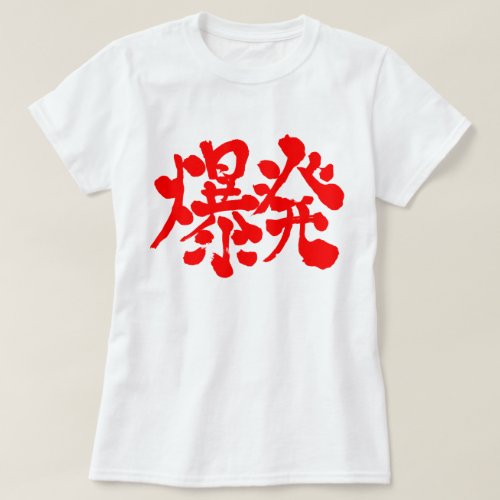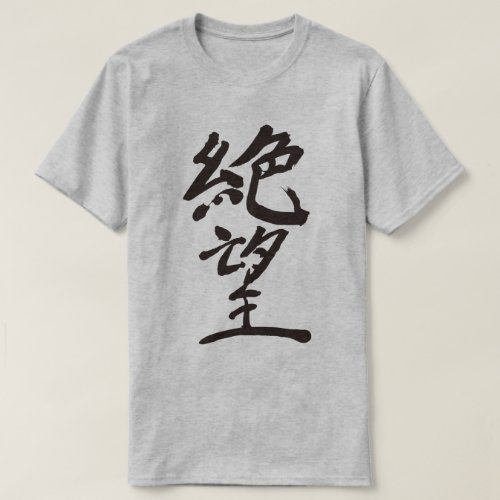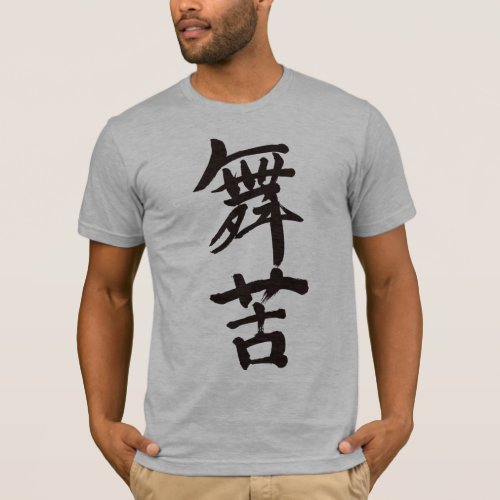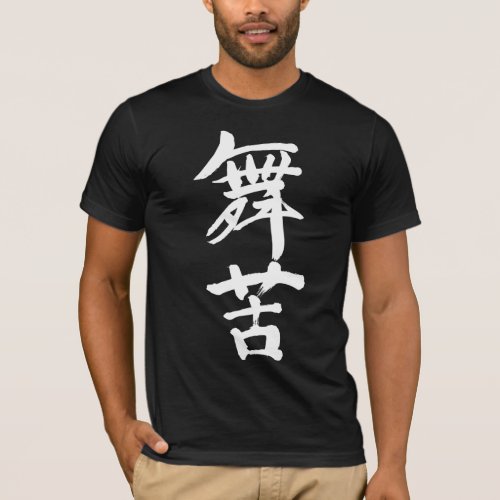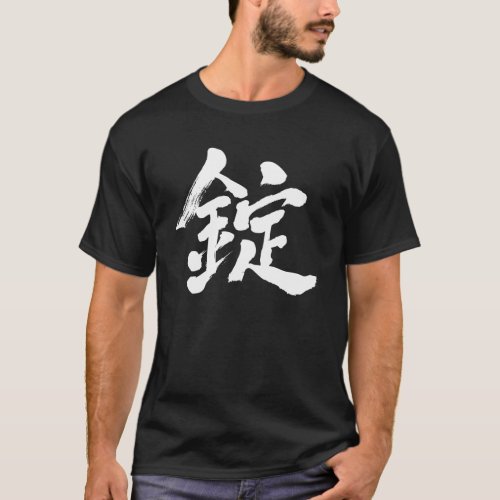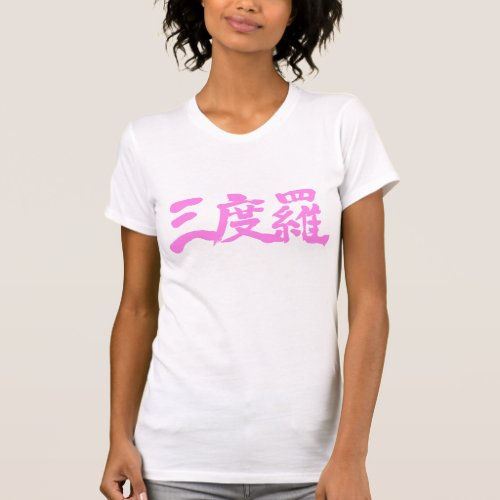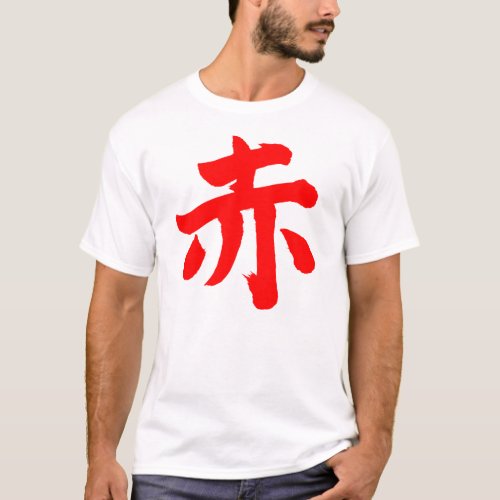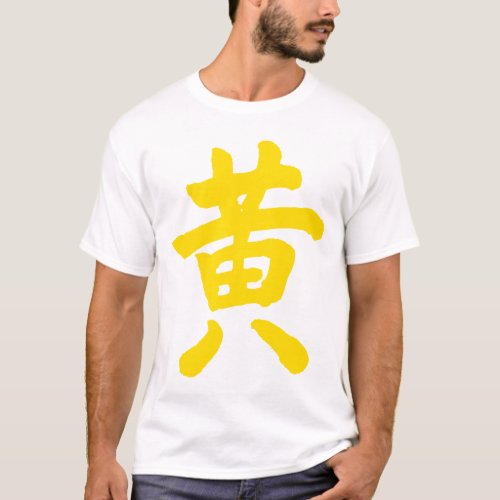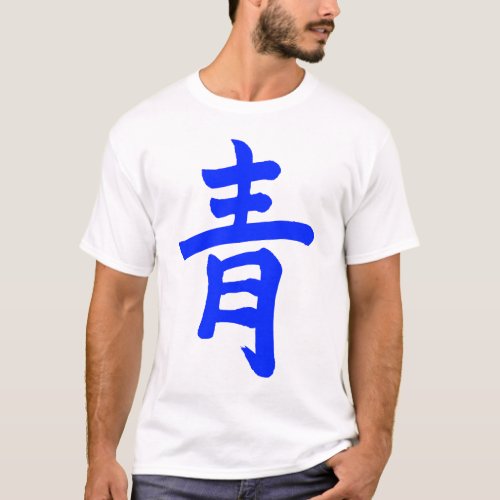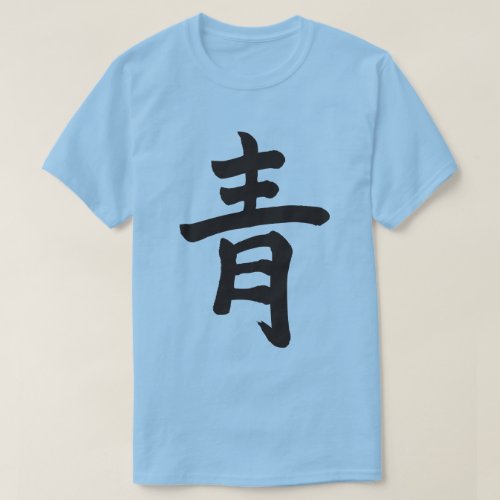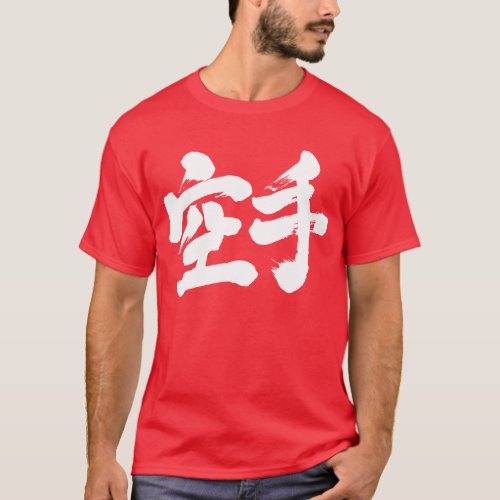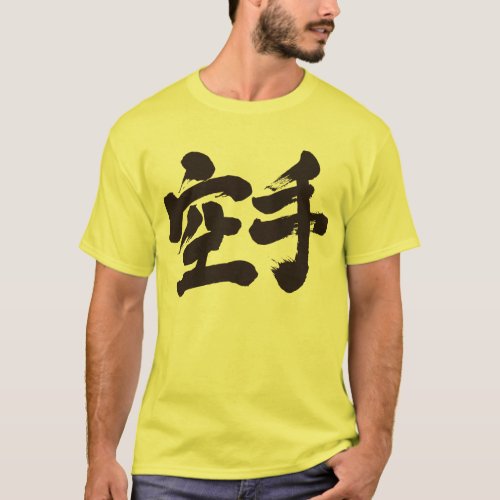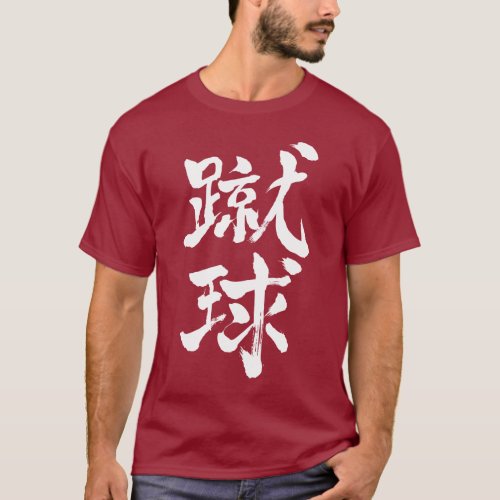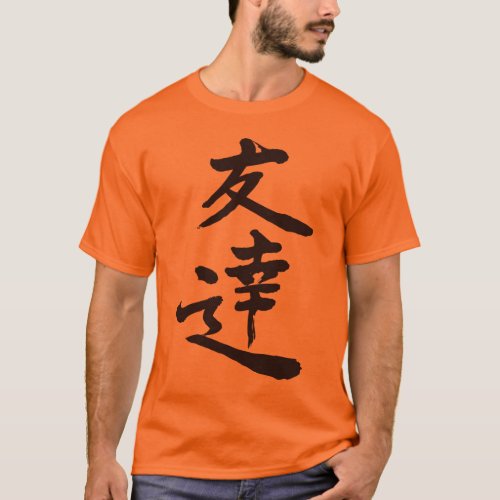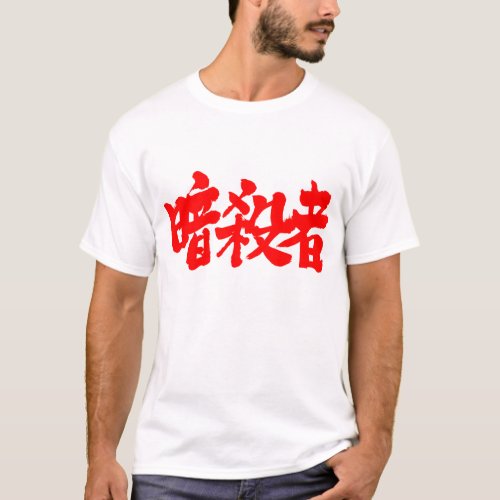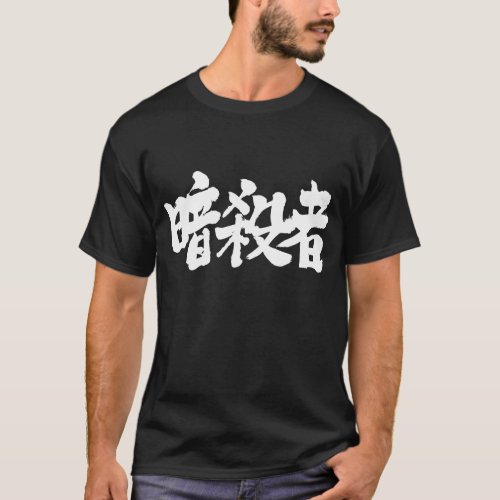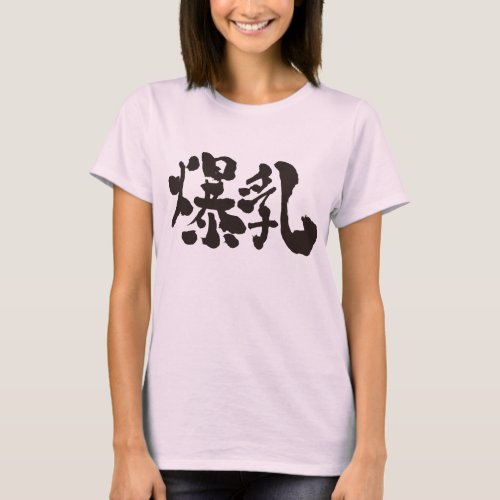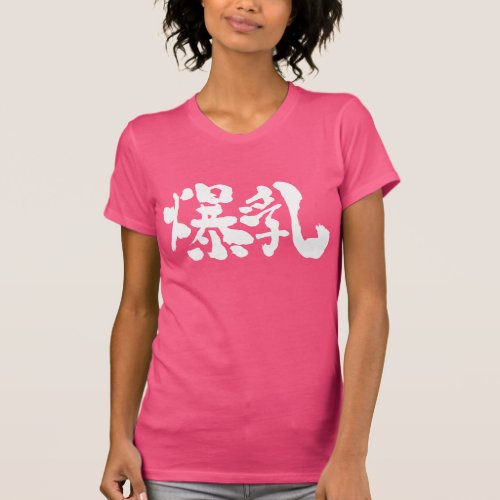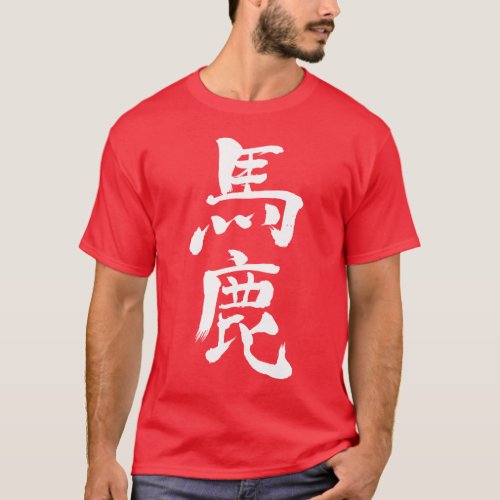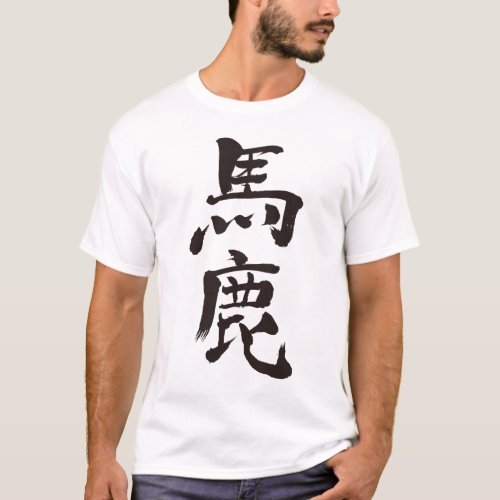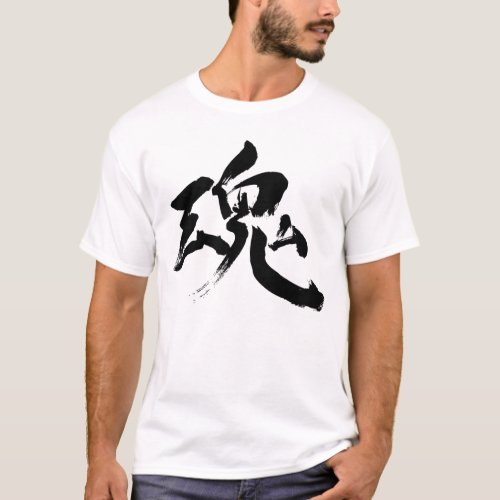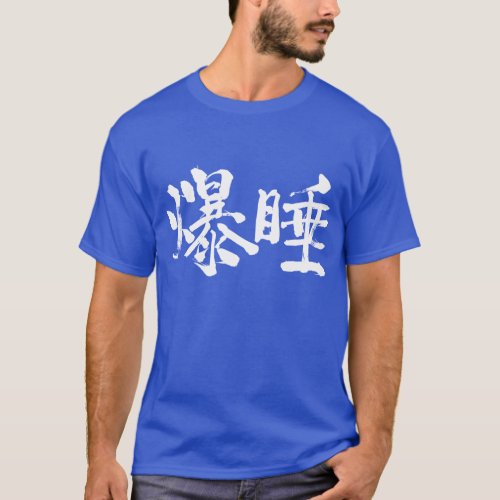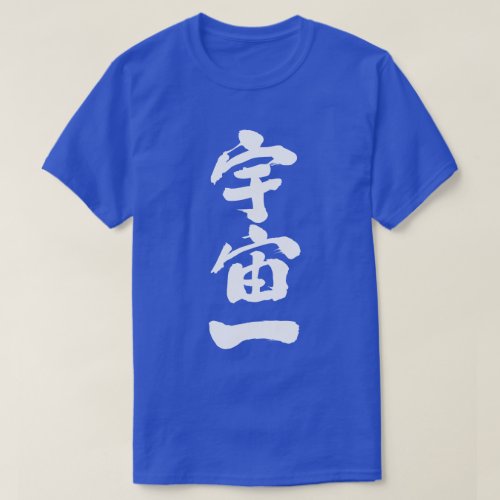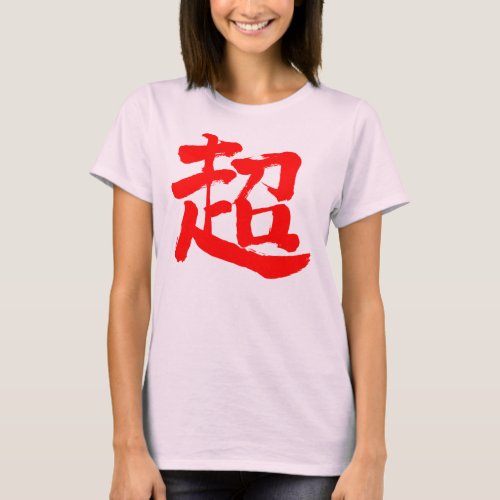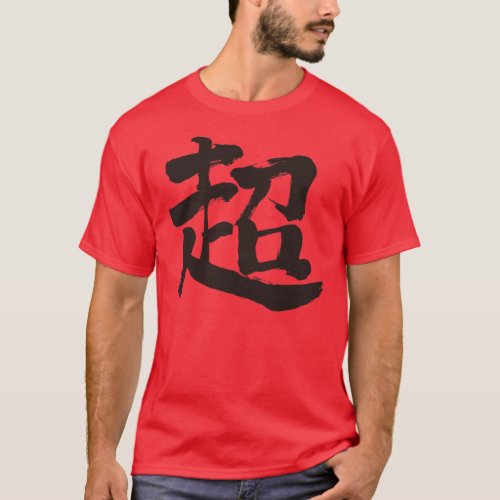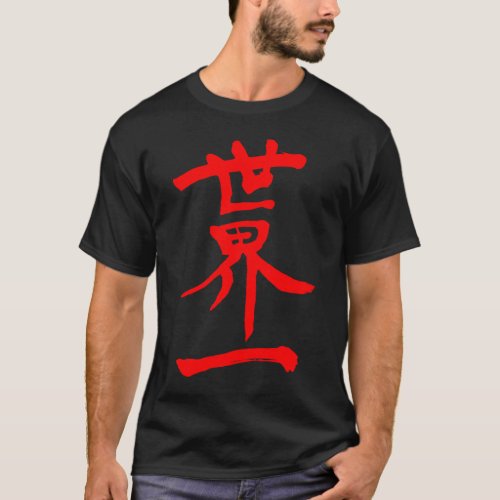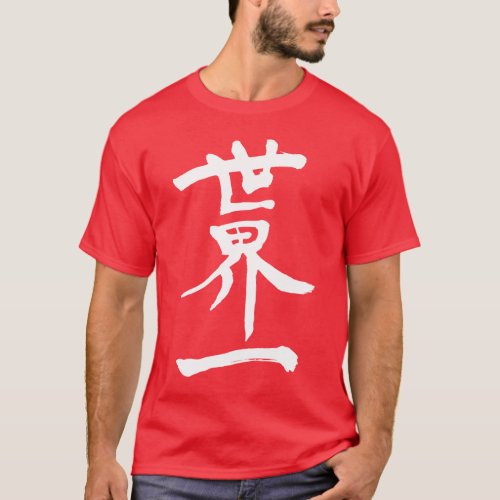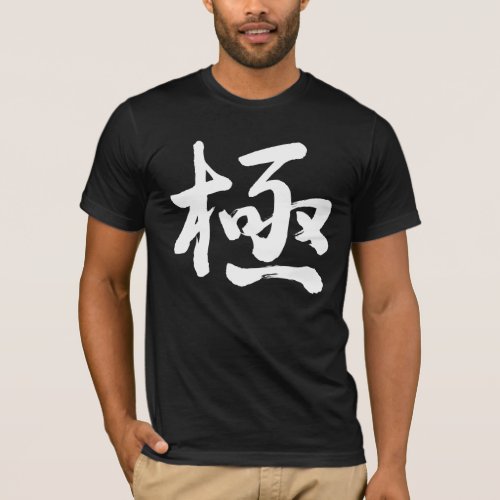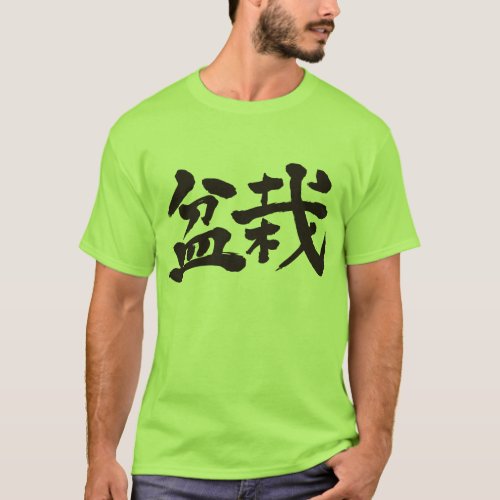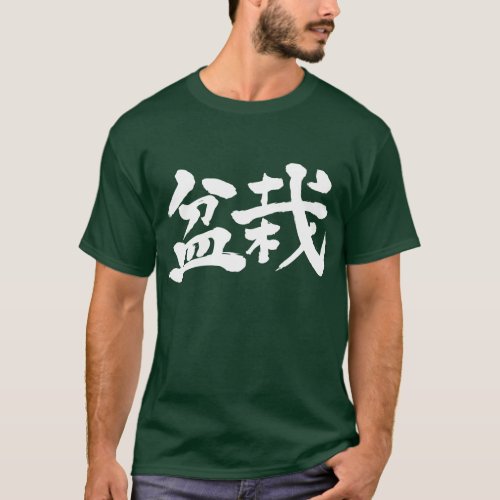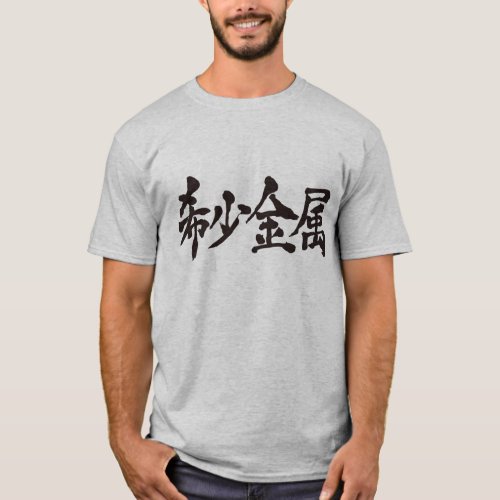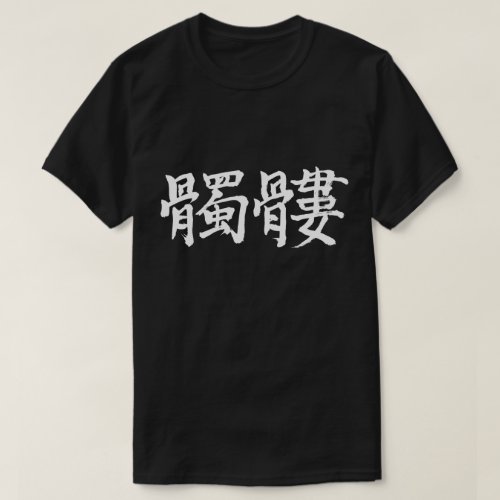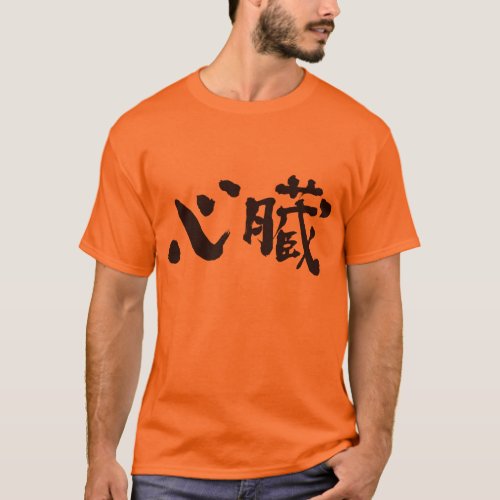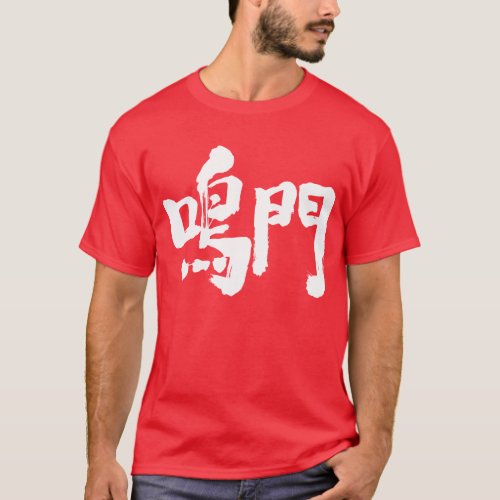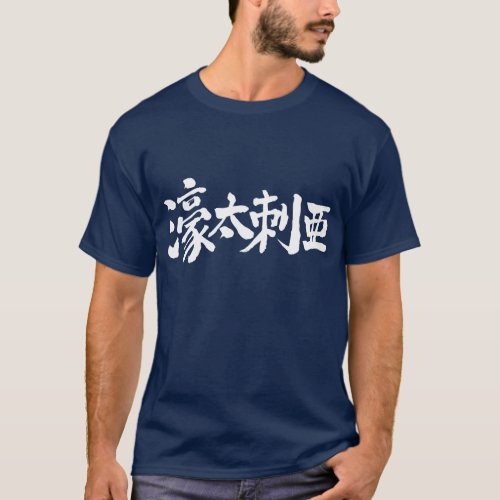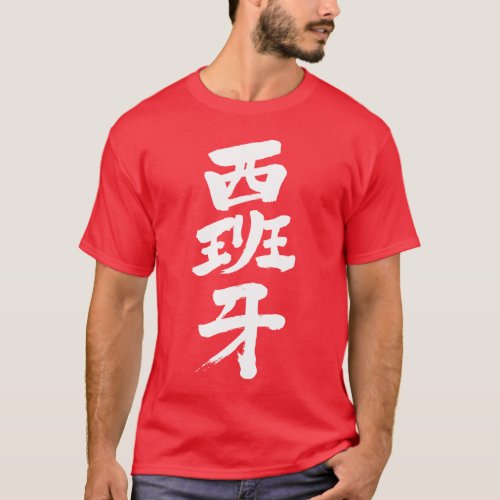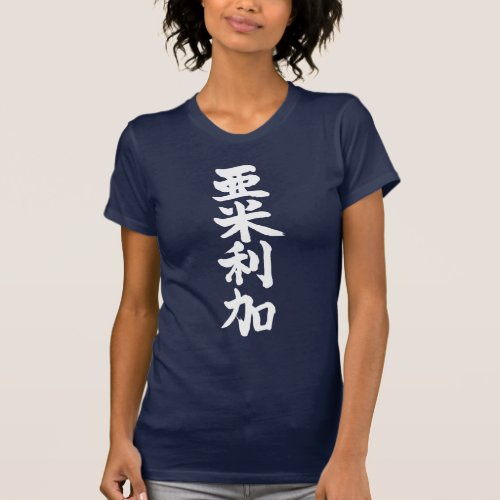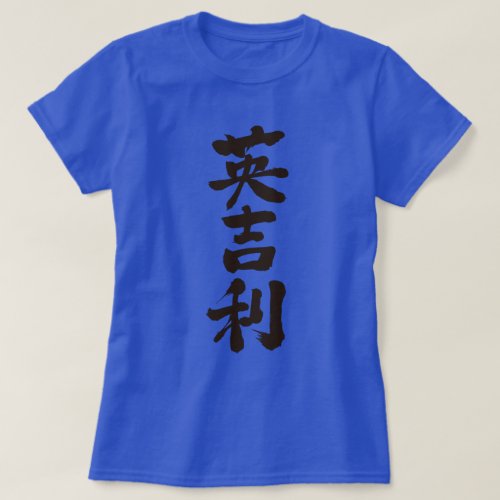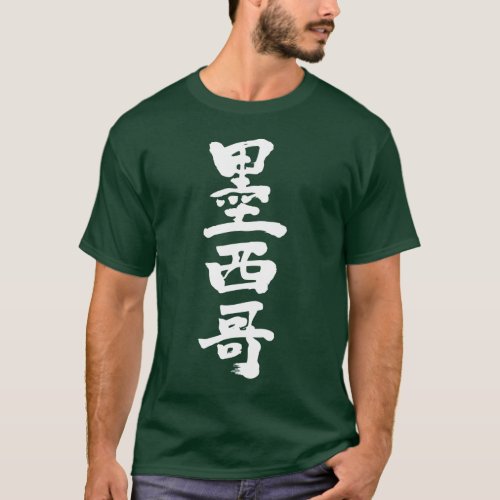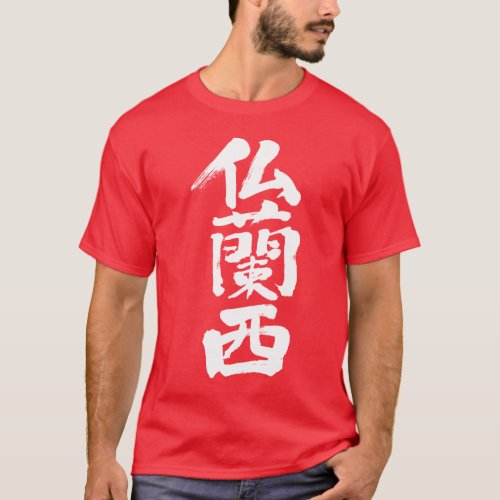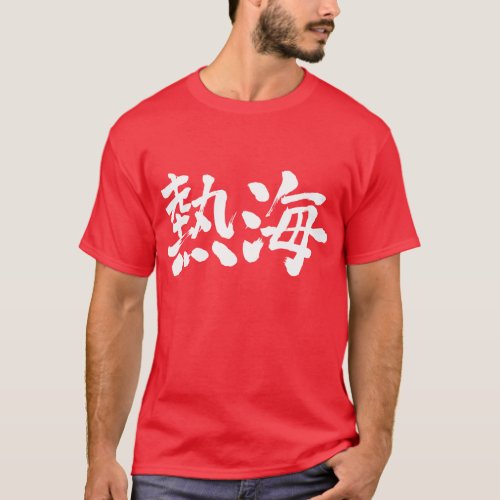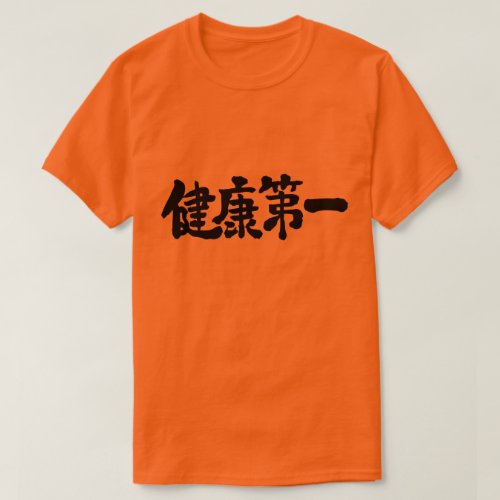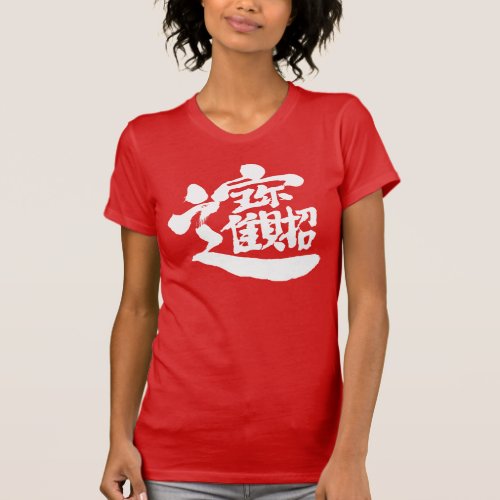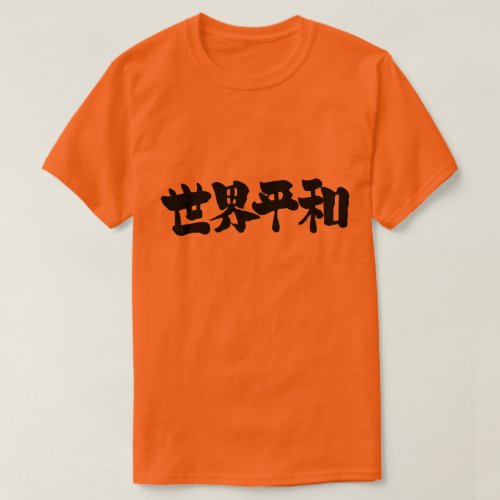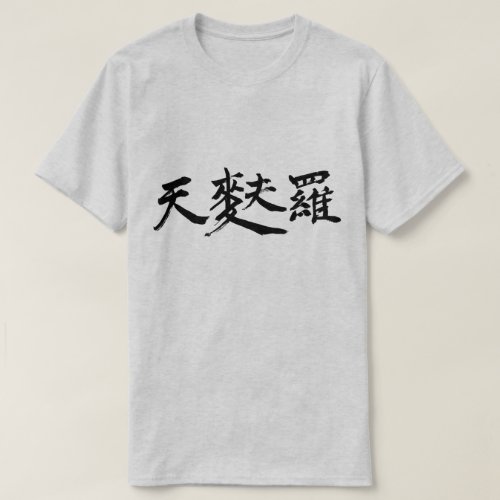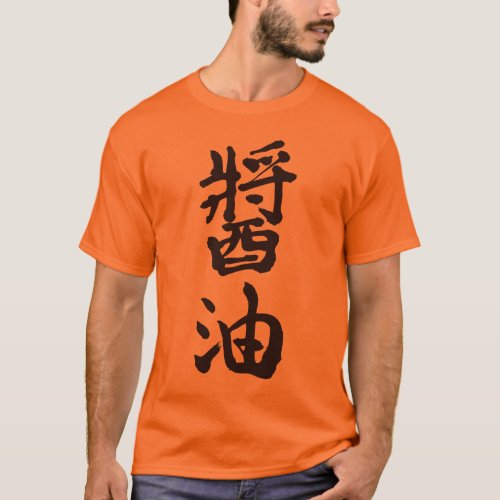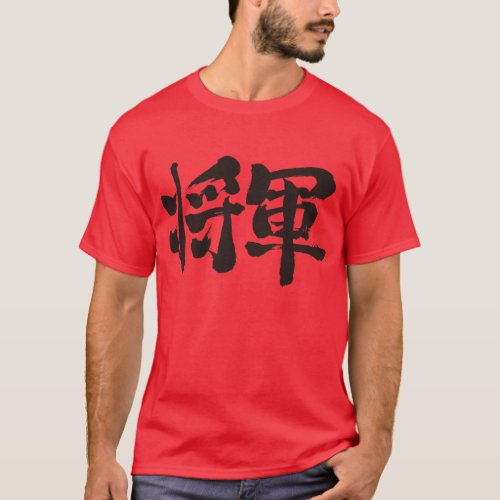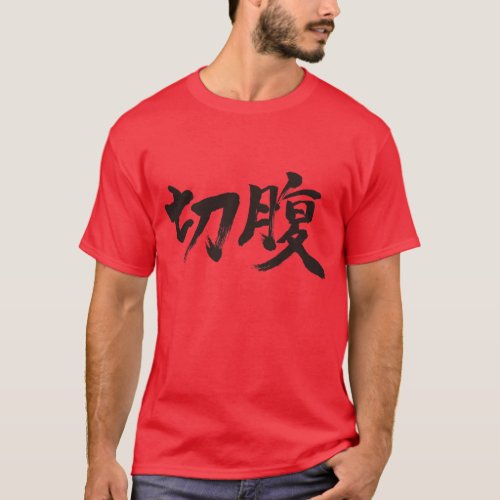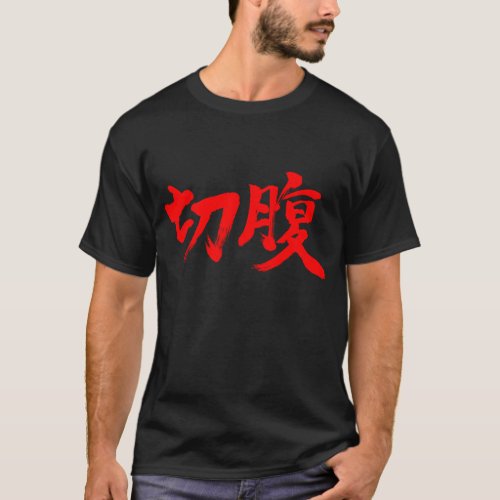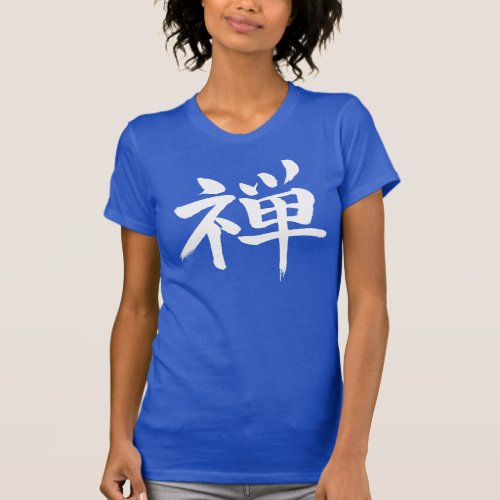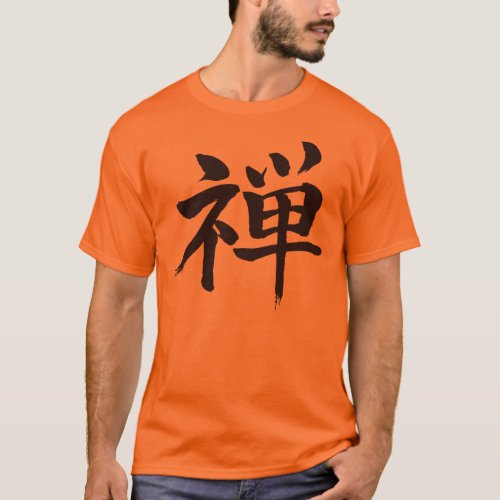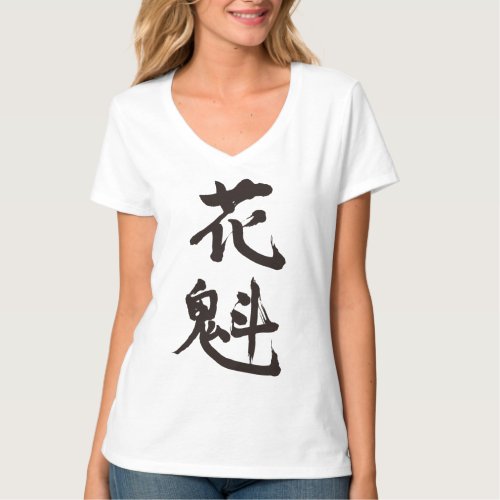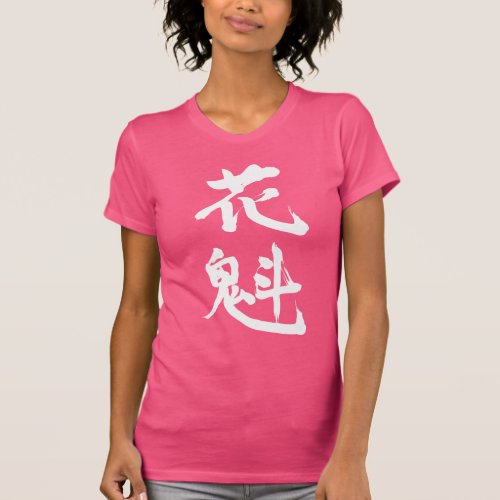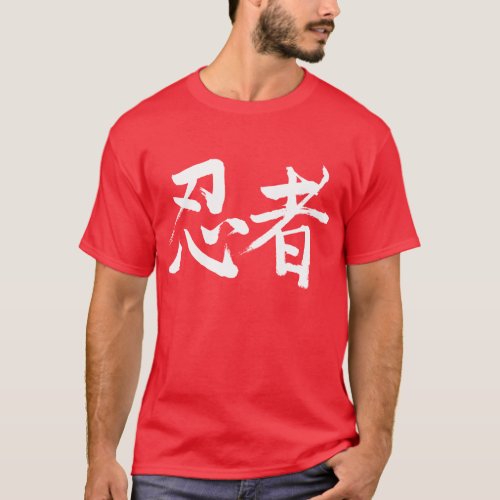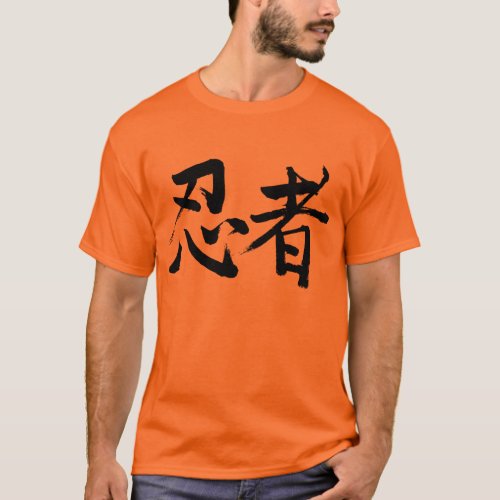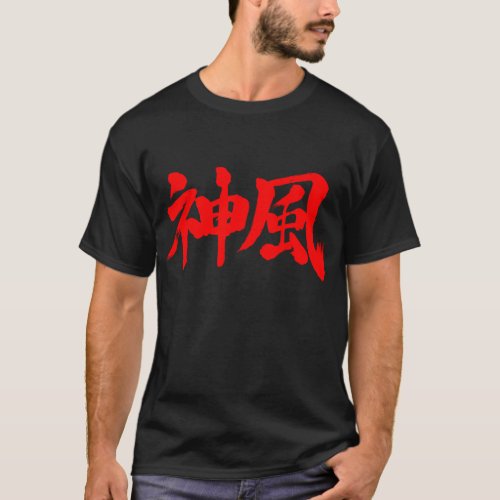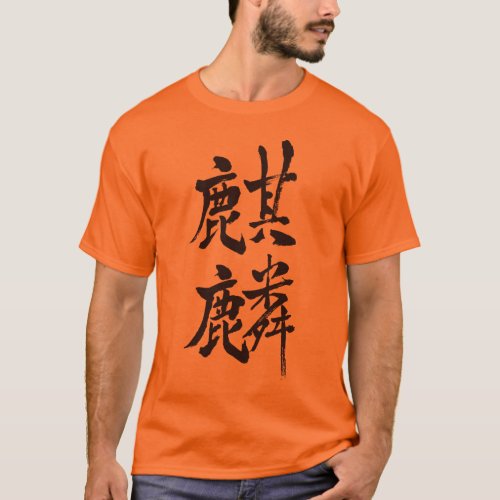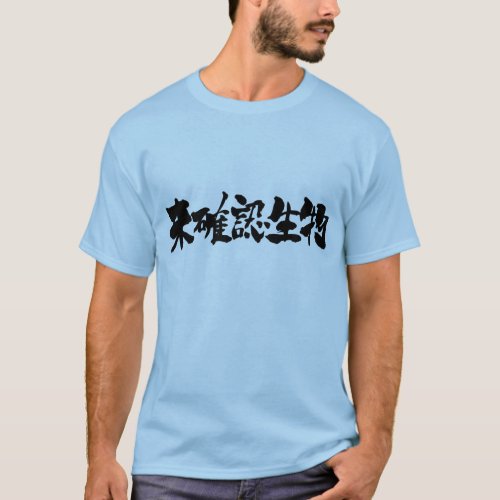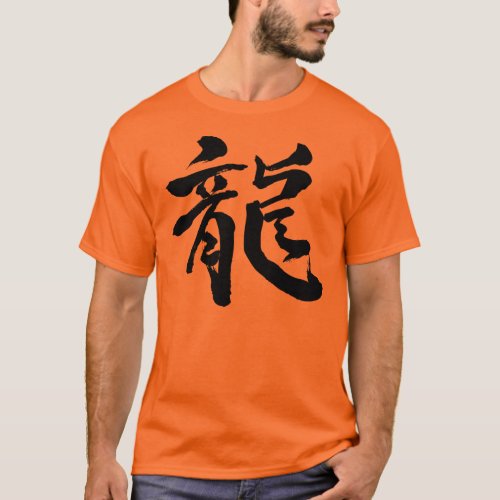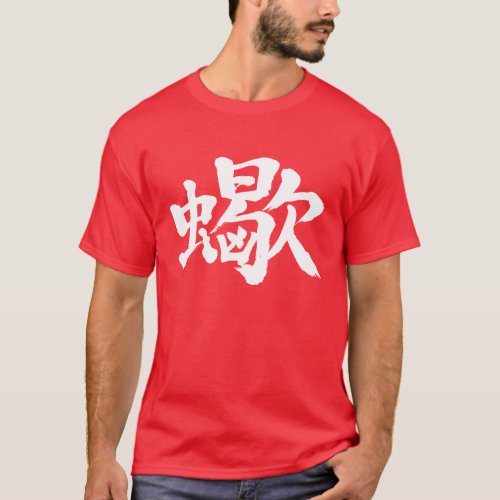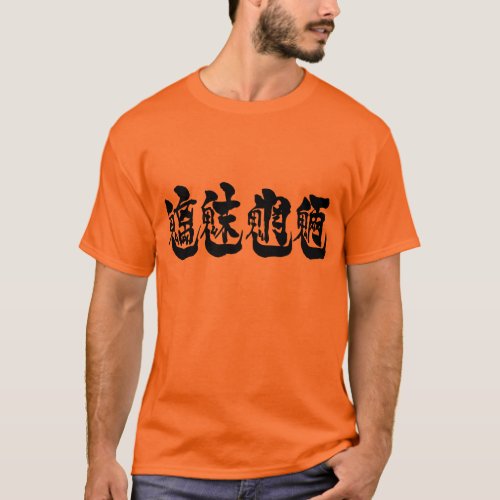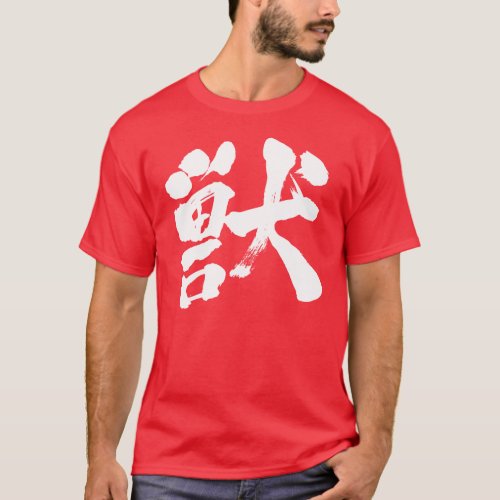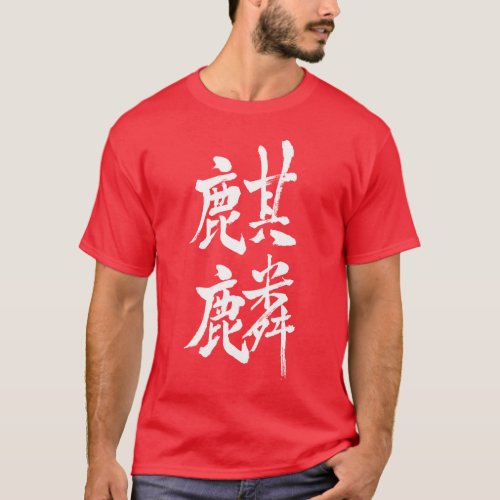short
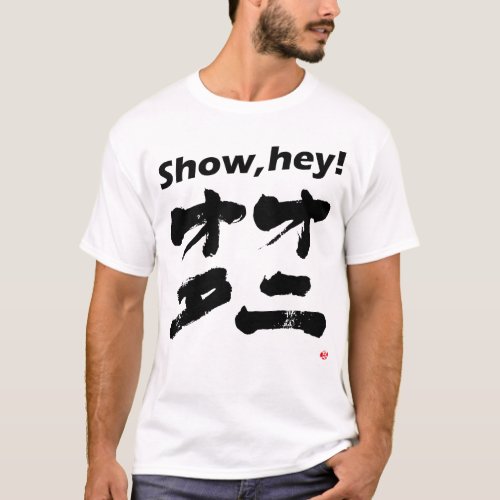
[Katakana] Show, hey! Ohtani T-Shirt
Show, hey! This is not exactly English, but it is an appeal to Shohei Otani. This is an appeal to Shohei Otani. It is a colloquial description of his first name
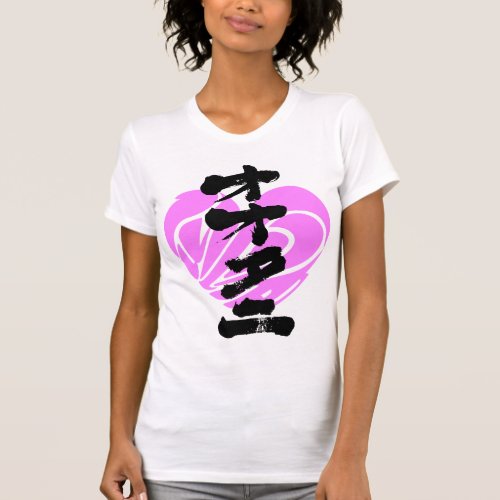
[Katakana + Kanji] Ohtani love T-Shirt
Ohtani in Japanese Katakana with love in Kanji on design front. Ohtani in Kanji with love in Kanji on design back.
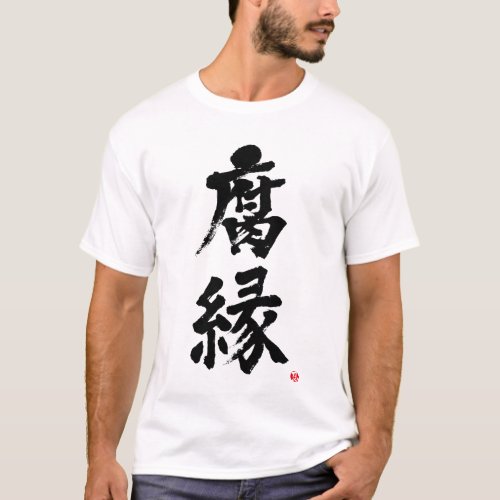
[Kanji] Old school friend T-Shirt
Japanese says "Kusare-en". It means a relationship that you can't leave even if you try to leave, but if you take it positively, it means a long-stand
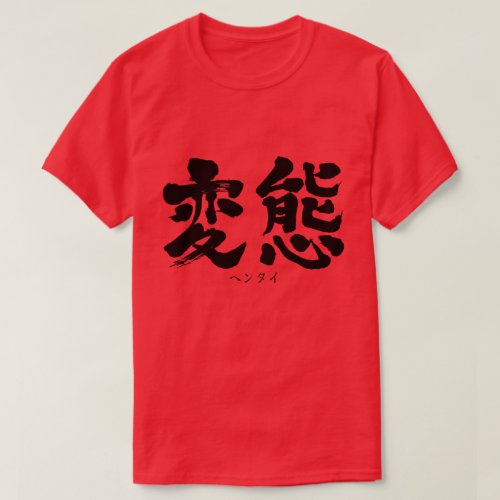
[Kanji] Hentai T-Shirt
It usually means to change shape. Common name for adult manga and adult anime. Japanese says "Hen Tai".
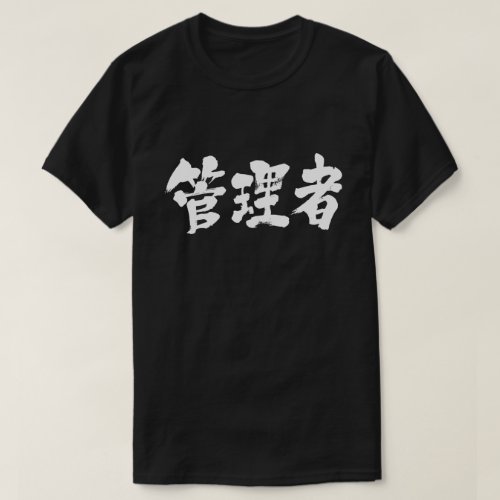
[Kanji] administrator T-Shirt
director of store operations. business related to the management of workers. a person responsible for information control. a person in charge of information man
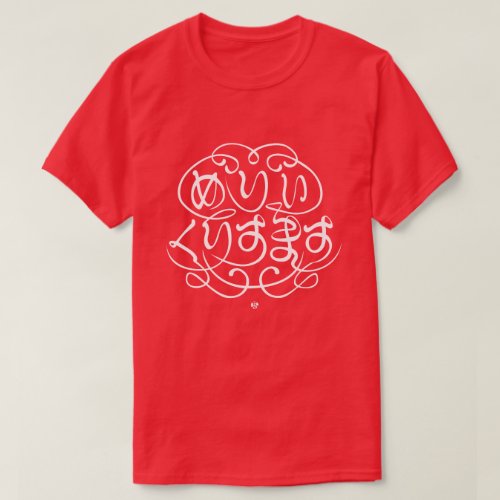
[Hiragana] merry christmas T-Shirt
Used to express good wishes on or before Christmas Day. it is literal translation in Japanese Hiragana.
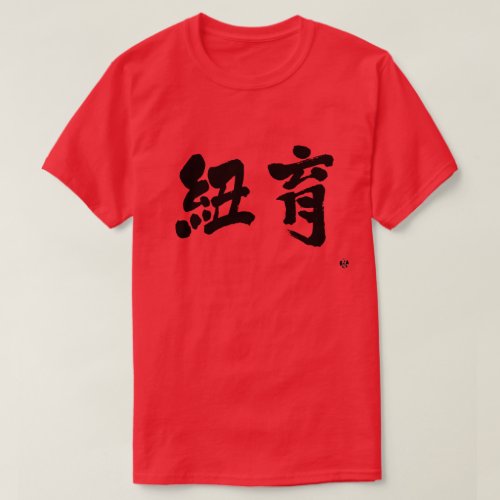
[Kanji] New York as two letters T-Shirt
New York in Japanese Kanji. "紐約" is in Chinese Kanji. It is a formal Japanese Kanji character that is also in the dictionary. It's a colloquial Chine
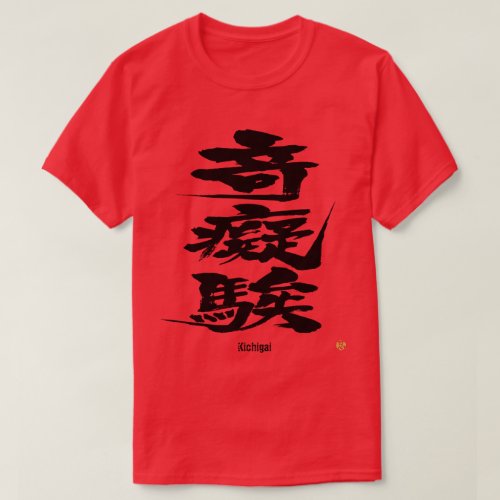
[Kanji] Crazy as difficult letters T-Shirt
It's coined word. A strange person who doubts humanity when translated freely. Japanese calls Ki-Chi-Gai. It's very difficult to read for Japanese too.
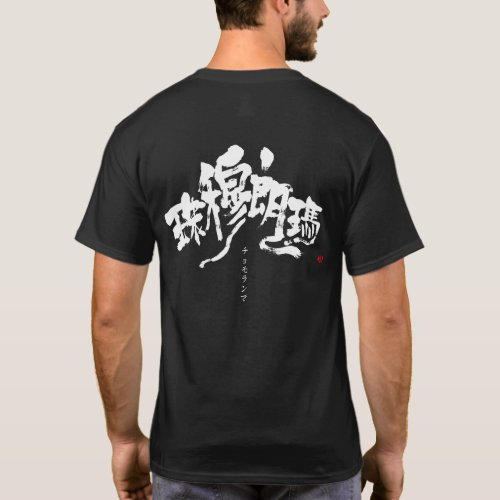
[Kanji] Mt.everest T-Shirt
a mountain in the central Himalayas on the border of Tibet and Nepal. Chomolungma in Kanji characters.
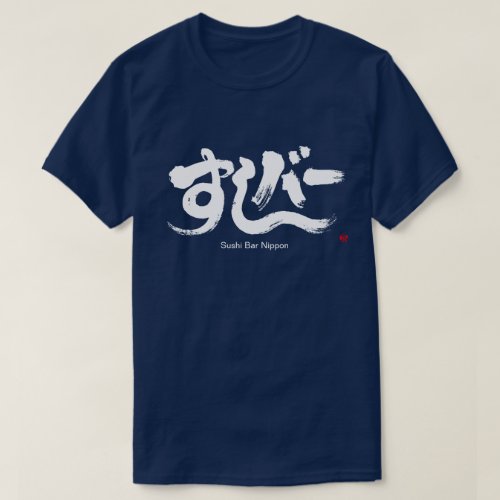
[Hiragana + Katakana] Sushi Bar T-Shirt
Sushi bar in Japanese Hiragana and Katakana. Sushi is Hiragana and Bar is Katakana letters
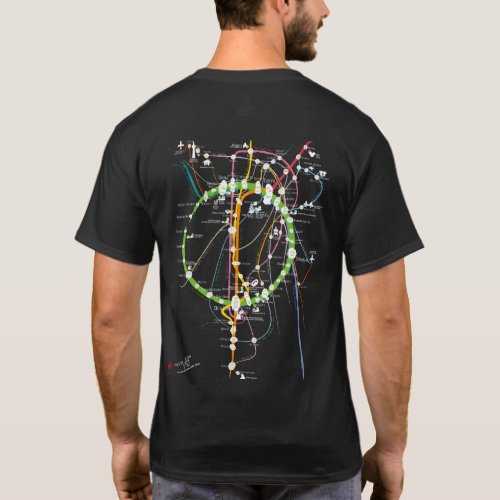
Front brushed back Access to Landmark in Tokyo T-Shirt
Front brushed design. And back Access to Famous Landmark in Tokyo rev2. I've listed some lines and stations that are easy for you to understand, but there are a
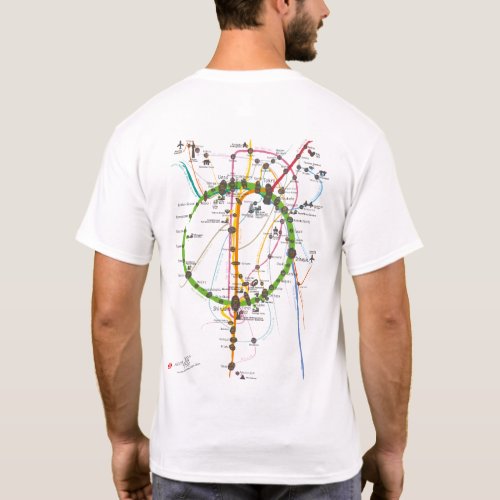
Front brushed, back Access to Landmark in Tokyo T-Shirt
Front brushed. And back Access to Famous Landmark in Tokyo rev2. I've listed some lines and stations that are easy for you to understand, but there are actually
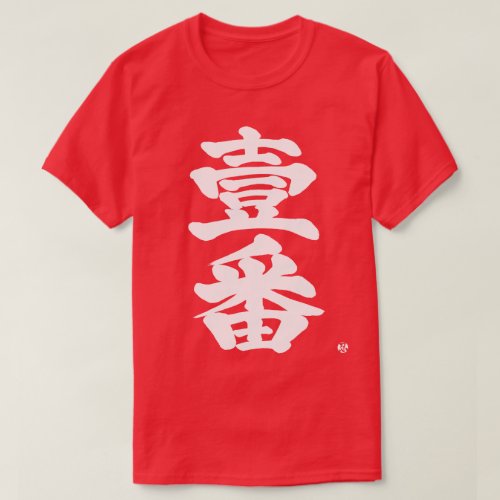
[Kanji] first, Ichiban as old difficult letter T-Shirt
Number one, first and Ichiban in Japanese Kanji. One is difficult classic kanji letter. Ban is current Kanji.
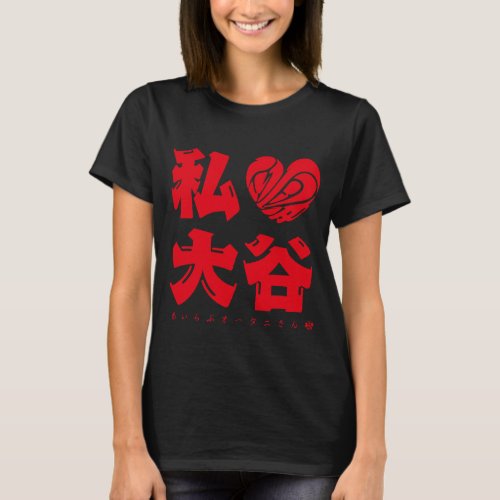
I love Ohtani T-Shirt
Heart is love in Kanji. Also "i love ohtani-san" in Japanese Hiragana and Katakana as small letters. Same designed front and back.
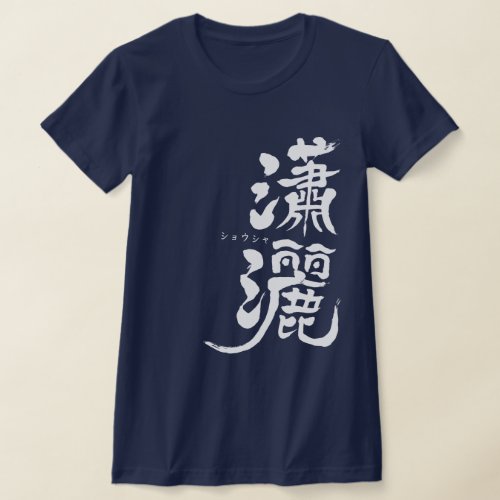
[Kanji] elegant men / women T-Shirt
It seems that it is clearly missing. It looks like it's not profane. Japanese says "Sho-Sya".
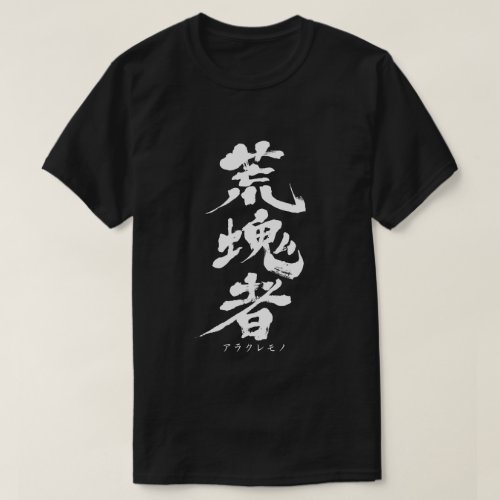
[Kanji] Whoops A55 T-Shirt
A person with a rough temper and a violent behavior. Japanese calls ara-kure-mono.
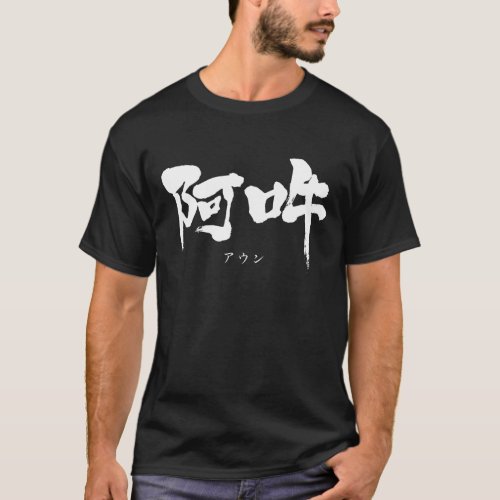
[Kanji] Inspiration and expiration T-Shirt
Inspiration and expiration. the beginning and end of things. alpha and omega. Japanese says a-un
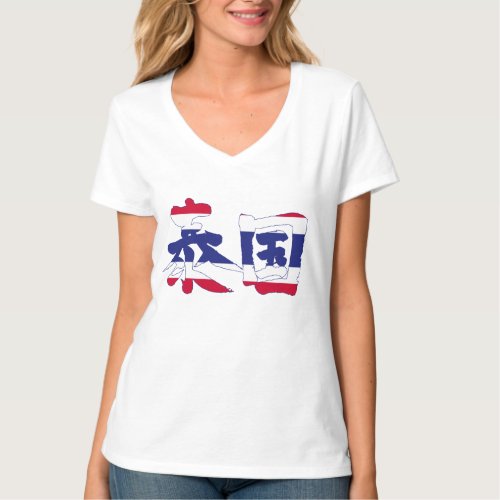
[Kanji] Thailand V-neck T-Shirt
a country of southeastern Asia that extends southward along the Isthmus of Kra to the Malay Peninsula.ราชอาณาจักรไทย Ratcha Anachak Thai.
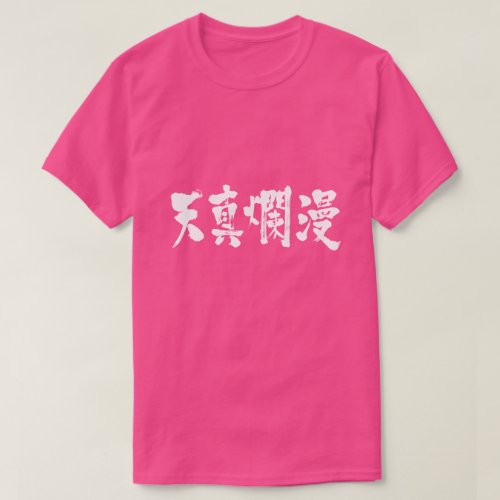
[Kanji] simple and innocent T-Shirt
Behave as you wish with innocence itself. Innocent and bright. Japanese says Ten-shin-ran-man.
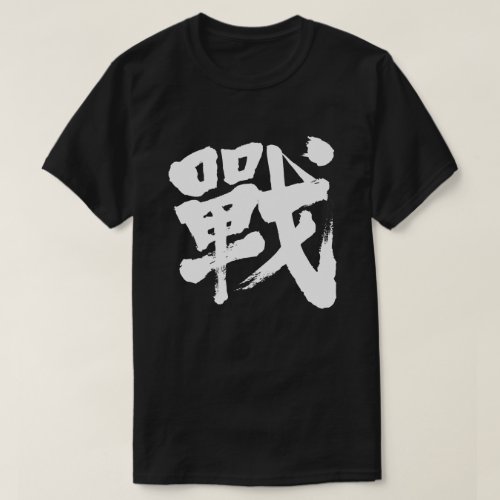
[Kanji] Battle as classic letter T-Shirt
It is a Kanji that old Japanese were using. Japanese says Ikusa. It's same means "戦".
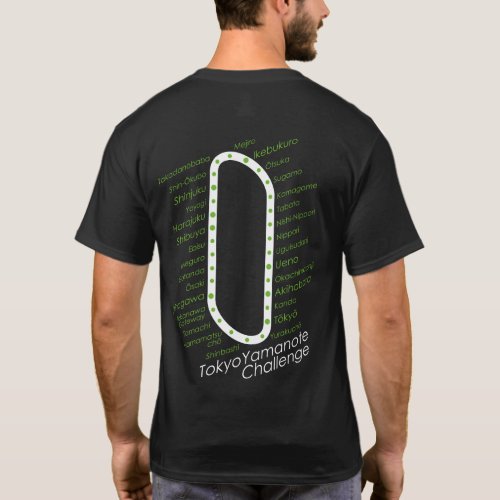
Tokyo Yamanote Challenge type2n T-Shirt
The Yamanote Line is a railway loop line in Tokyo. Let's wear this and go around the Yamanote line!
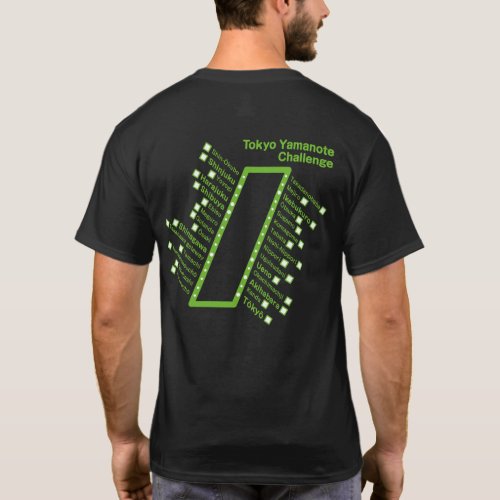
Tokyo Yamanote Challenge T-Shirt
The Yamanote Line is a railway loop line in Tokyo. Let's wear this and go around the Yamanote line!
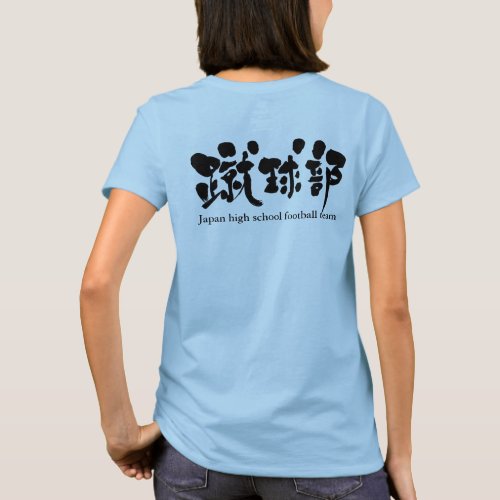
[Kanji] football team (black letters) T-Shirt
Japanese says shu-kyu-bu. You can change English letters to customize, "Japan high school...." for example letters.
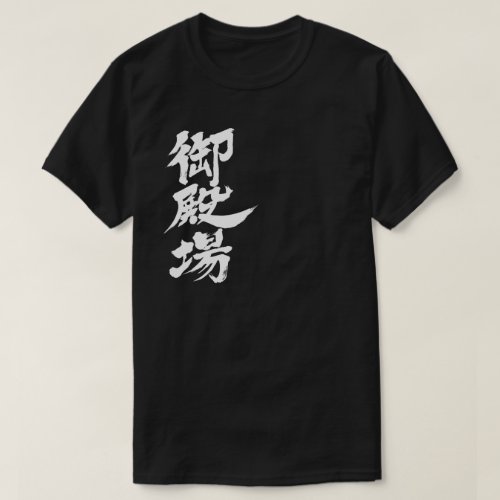
[Kanji] Gotemba by vertical T-Shirt
Gotemba is a city located on the southeastern flank of Mt. Fuji in Shizuoka, Japan.
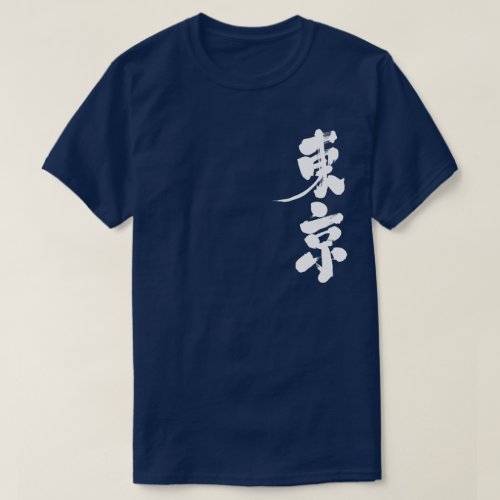
[Kanji] Tokyo T-Shirt
Tokyo, officially Tokyo Metropolis is one of the 47 prefectures of Japan. Tokyo is the capital of Japan, the center of the Greater Tokyo Area, and the most popu
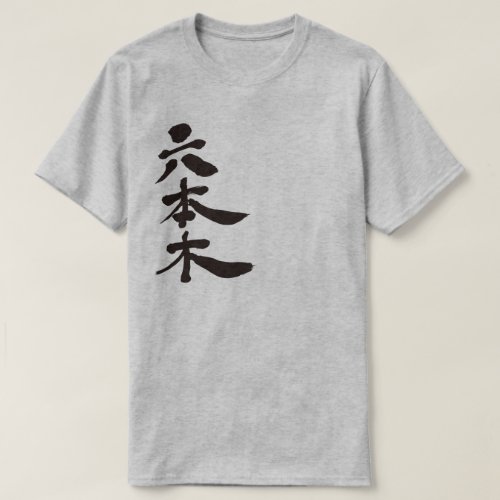
[Kanji] Roppongi T-Shirt
Many foreign embassies are located in Roppongi, and the night life is popular with locals and foreigners alike. It is in the southern portion of the Yamanote Li
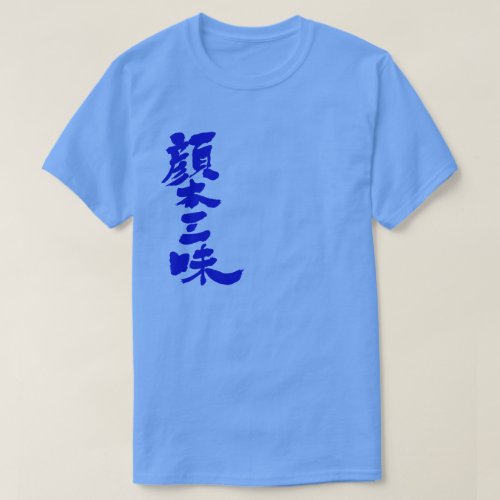
[Kanji] facebook luxury by vertical as blue letter T-Shirt
it is coined word. it is says facebook-zan-mai.
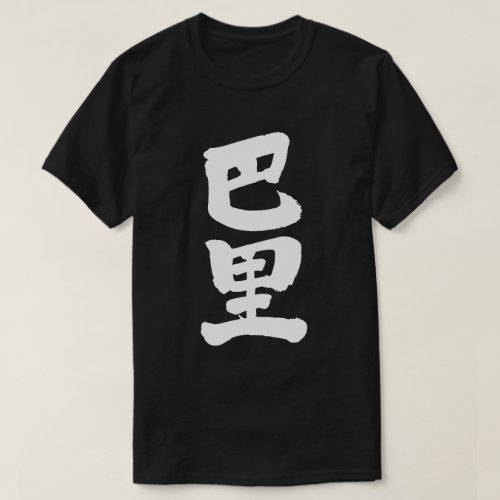
[Kanji] Paris T-Shirt
French capital. Located in the center of the Paris basin in the northern part of the country, the Seine river flows through the city.
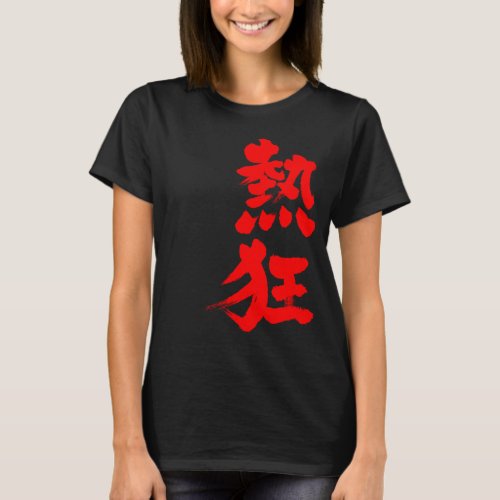
[Kanji] Fever T-Shirt
Japanese calls Ne-Kyo. a sudden outburst. overflowing with eager enjoyment or approval. a lively interest. keen and shared excitement. the feeling of lively and
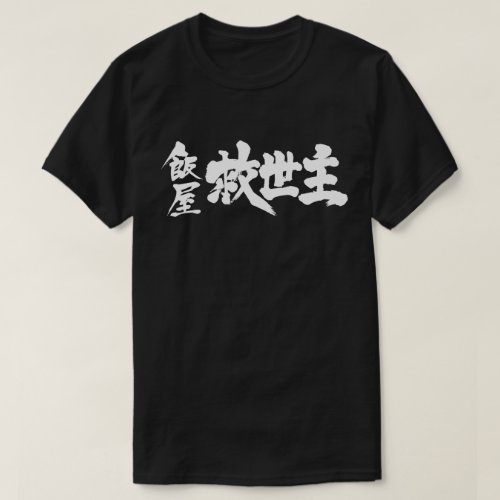
[Kanji] Restaurant the Messiah T-Shirt
The first vertical Iya reads "Meshiya". The next horizontal savior translates as "Messiah". In Japan, two words have almost the same sound.
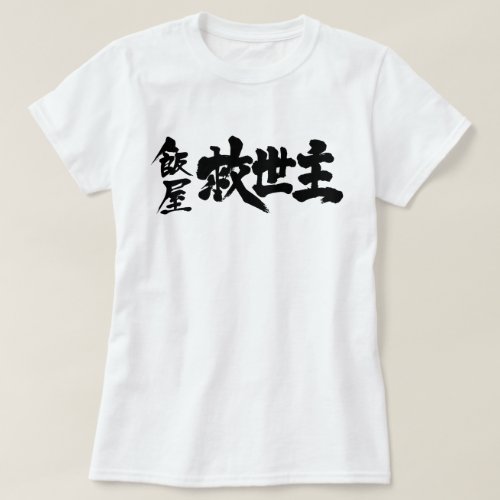
[Kanji] Restaurant the Messiah T-Shirt
The first vertical Iya reads "Meshiya". The next horizontal savior translates as "Messiah". In Japan, two words have almost the same sound.
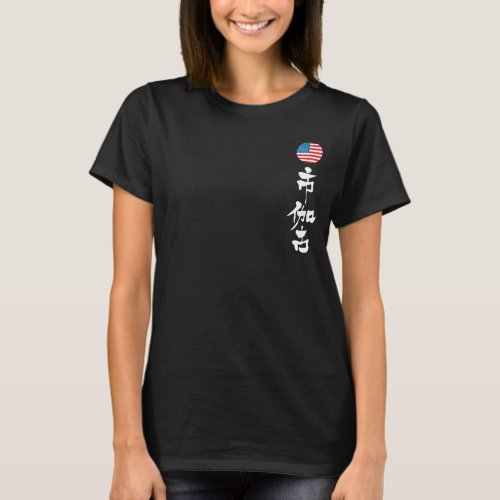
[Kanji] Chicago (white letter) T-Shirt
It is a formal Chinese character published in the dictionary. Chicago, on Lake Michigan in Illinois, is among the largest cities in the U.S.
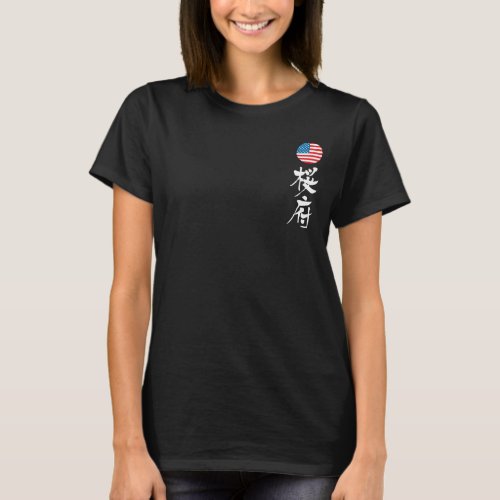
[Kanji] sacramento with flag T-Shirt
It is a venerable city with a history of nearly 160 years as the state capital of California. Located at the confluence of the American and Sacramento Rivers in
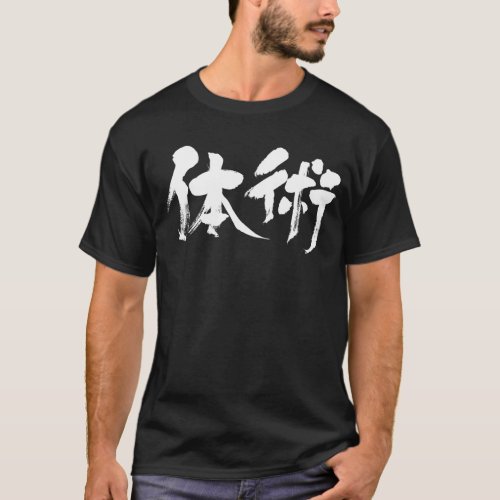
[Kanji] classical form of martial arts (White txt) T-Shirt
The art of attack and defense with bare hands or short weapons. In particular, it refers to Jujutsu. Japan call Tai-jutsu.
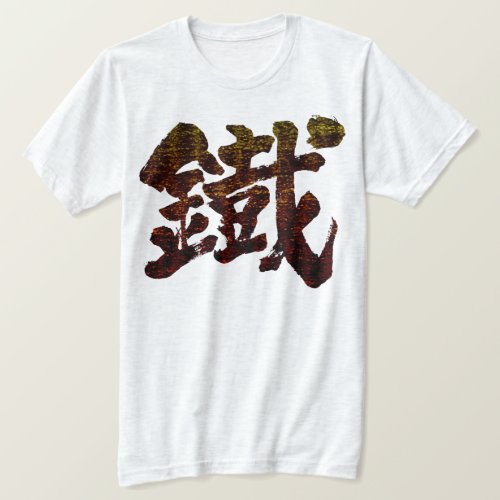
[Kanji] Iron as old word T-Shirt
It is a Kanji character called iron that was used long ago. There are many Japanese who can read it now. Japan calls Tetsu.
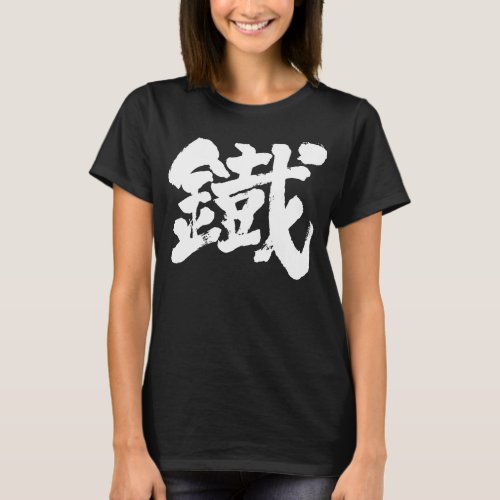
[Kanji] Iron as old character T-Shirt
Japan calls Tetsu. It is a Kanji character called iron that was used long ago. There are many Japanese who can read it now.
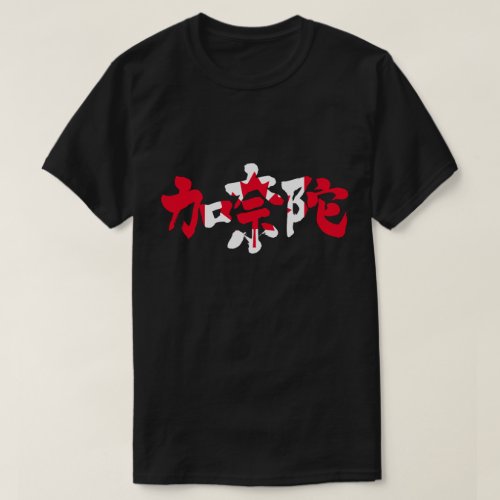
[Kanji] Canada with flag color T-Shirt
It is a formal Japanese Kanji character recorded in the dictionary. It's with flag colors.
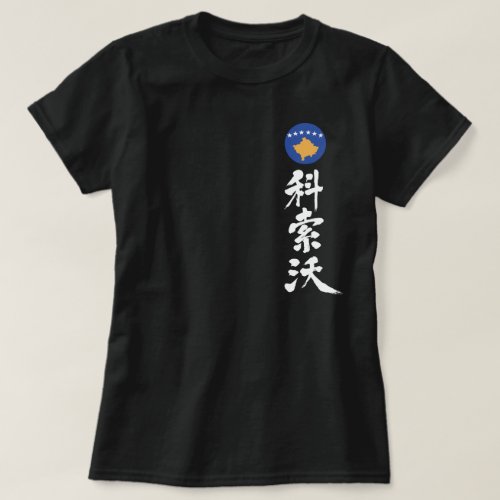
[Kanji] Kosovo by vertically T-Shirt
An autonomous state that occupies the southern part of the Serbian Republic. Most of the residents are Muslim Albanians. State capital Pristina.
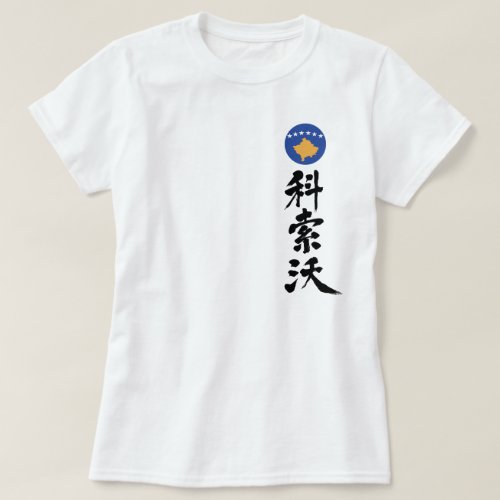
[Kanji] Kosovo by vertically T-Shirt
An autonomous state that occupies the southern part of the Serbian Republic. Most of the residents are Muslim Albanians. State capital Pristina.
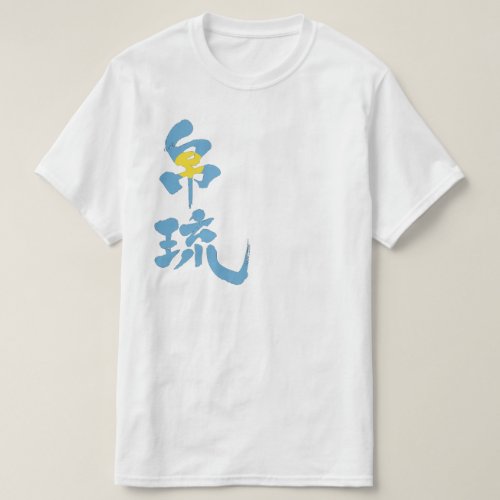
[Kanji] Palau with flag color T-Shirt
a chain of more than 200 islands about 400 miles long in the western central Pacific Ocean.
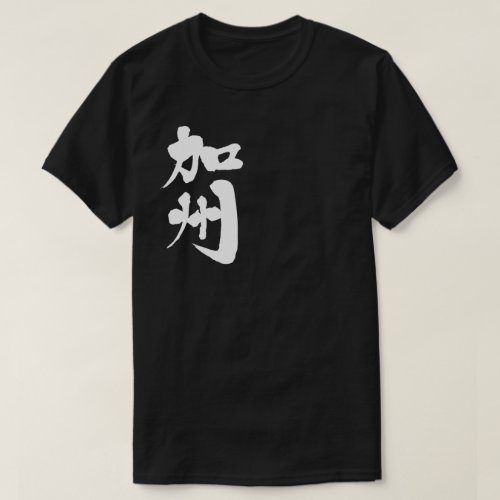
[Kanji] California US state T-Shirt
Its terrain includes cliff-lined beaches, redwood forest, the Sierra Nevada Mountains, Central Valley farmland and the Mojave Desert. The city of Los Angeles is
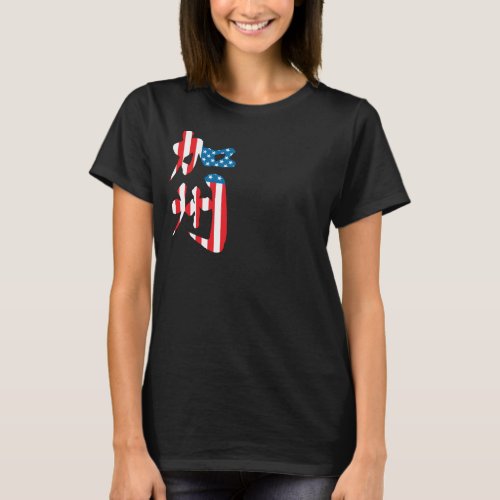
[Kanji] California US state T-Shirt
Its terrain includes cliff-lined beaches, redwood forest, the Sierra Nevada Mountains, Central Valley farmland and the Mojave Desert. The city of Los Angeles is
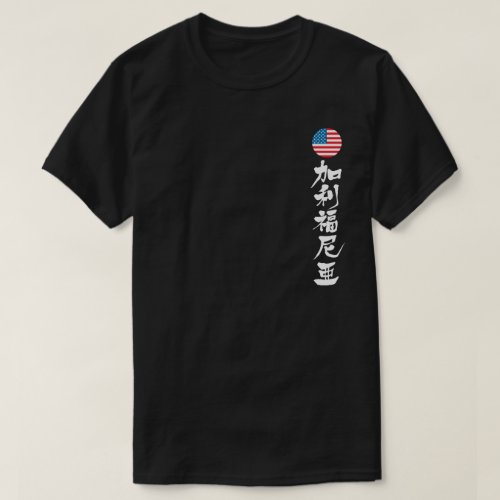
[Kanji] California (white letters) T-Shirt
California, a western U.S. state, stretches from the Mexican border along the Pacific for nearly 900 miles. It is a formal Japanese Kanji character published in
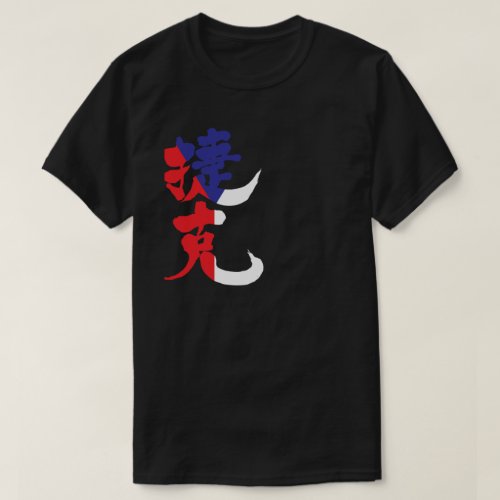
[Kanji] Czech Republic with flag color T-Shirt
a landlocked republic in central Europe. Czechia, Czechland, Czechlands. It's in Japanese Kanji.
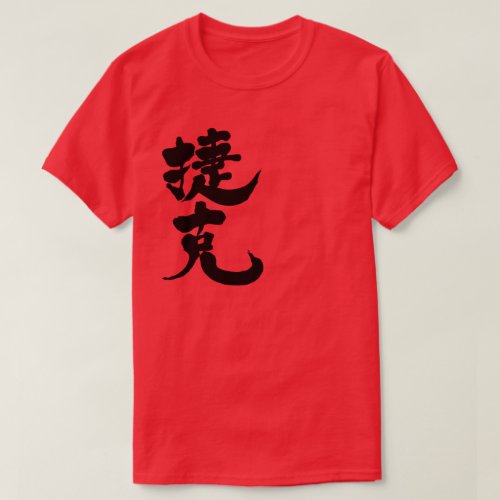
[Kanji] Czech Republic T-Shirt
a landlocked republic in central Europe. Czechia, Czechland, Czechlands. It's in Japanese Kanji.
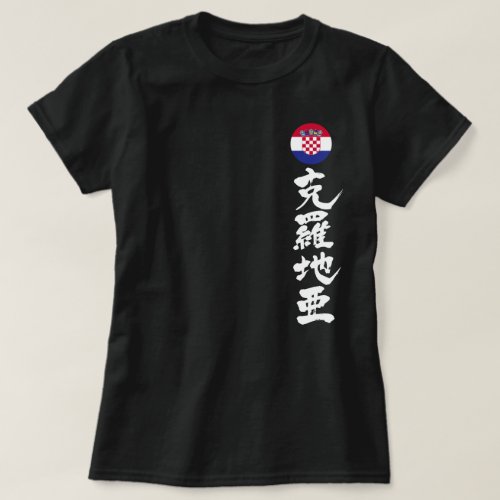
[Kanji] Croatia by vertically T-Shirt
Croatia overeign state at the crossroads of Central Europe, Southeast Europe, and the Mediterranean.
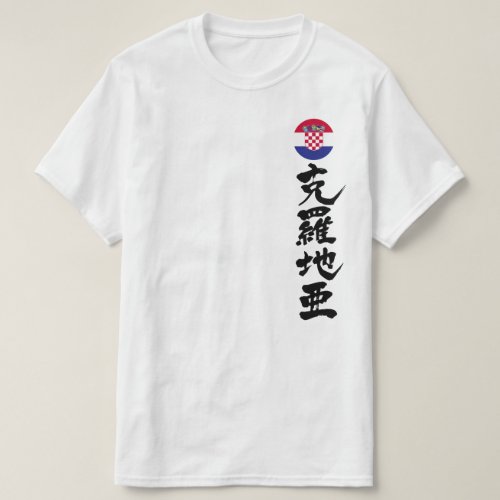
[Kanji] Croatia by vertically T-Shirt
Croatia overeign state at the crossroads of Central Europe, Southeast Europe, and the Mediterranean.
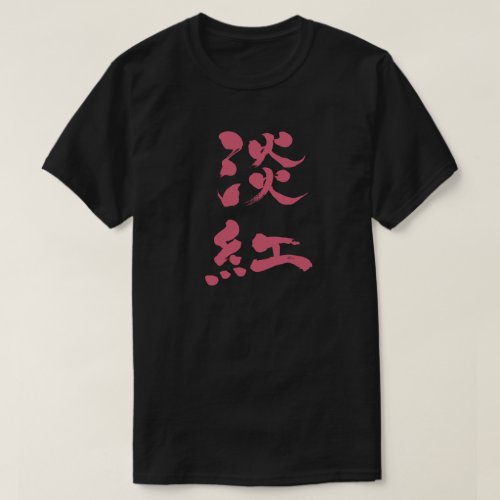
[Kanji] Usubeni color vertically T-Shirt
This color is a representation of the traditional Japan name.
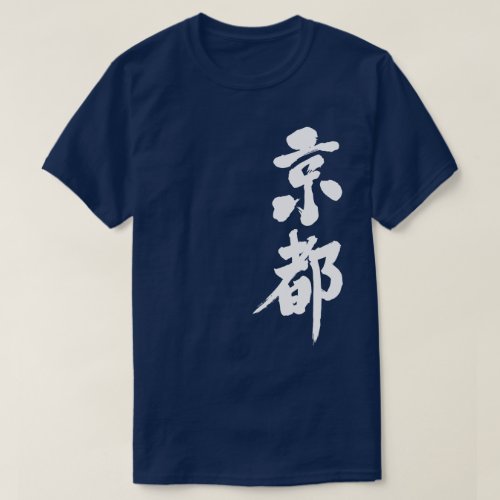
[Kanji] Kyoto by vertical T-Shirt
In Kyoto city, you can visit many famous temples such as Kiyomizu-dera, Kinkaku-ji (Kakan-ji) and Kitano Tenman-gu.
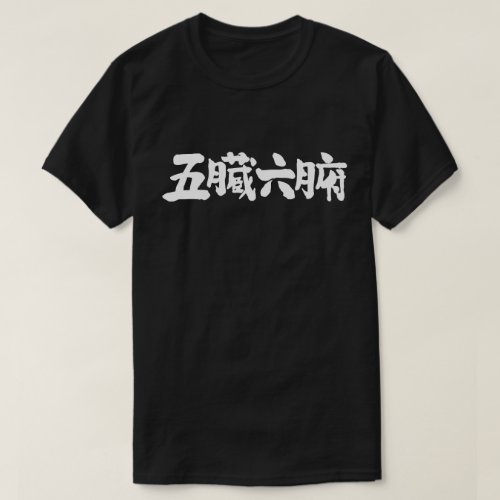
[Kanji] the internal organs T-Shirt
the locus of feelings and intuitions. Japanese says "Go Zo Ro Pu".
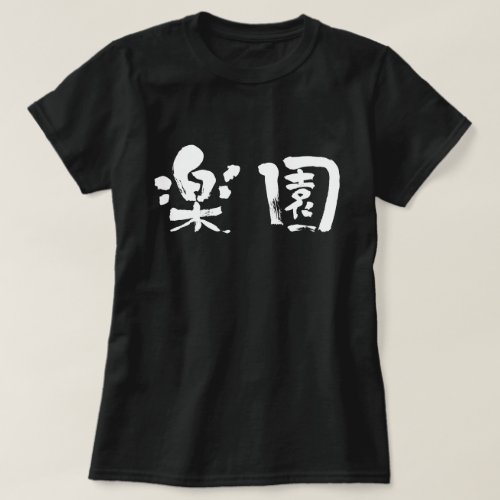
[Kanji] Paradise white text T-Shirt
Japanese says Raku-en. any place of complete bliss and delight and peace.
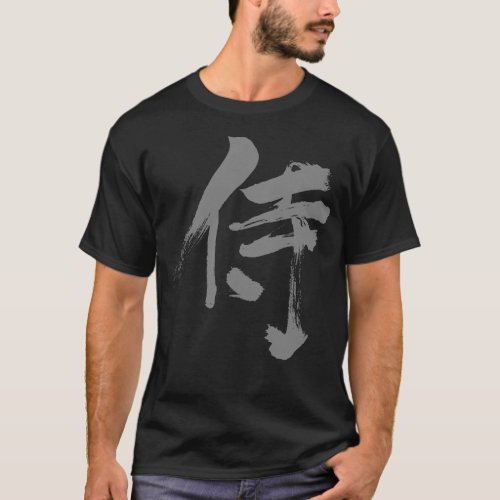
[Kanji] 侍 Samurai T-Shirt
A Japanese warrior. Now there are no samurais in japan. But Japanese has chivalrous spirit like a Samurai.
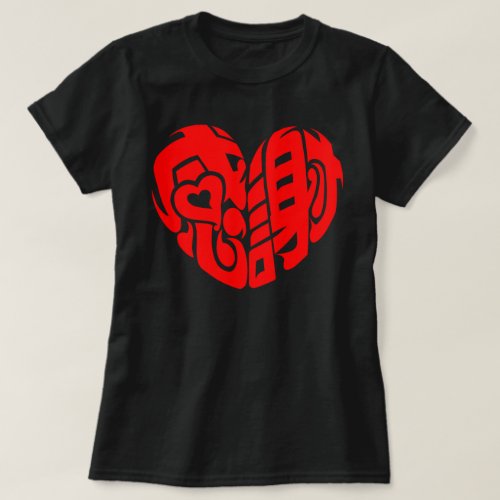
Red heart shaped thank you so much in kanji T-Shirt
Red heart shaped thank you so much in kanji (感謝).
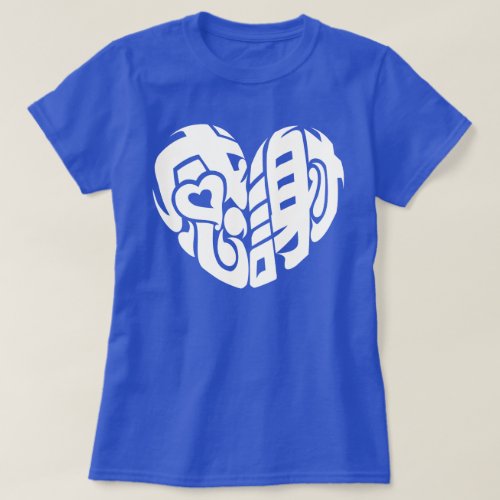
White heart shaped thank you so much in kanji T-Shirt
White heart shaped thank you so much in kanji (感謝).
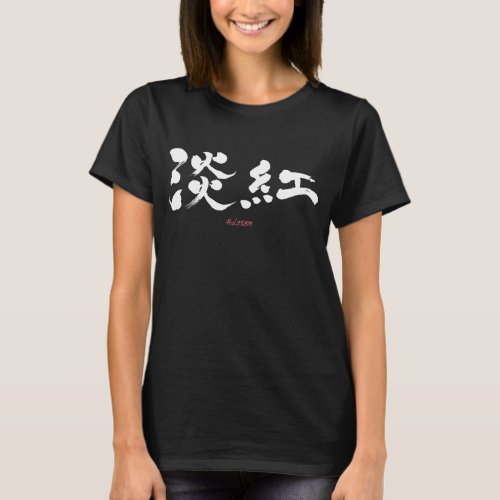
[Kanji] Usubeni color (white letters) T-Shirt
This color is a representation of the traditional Japan name.
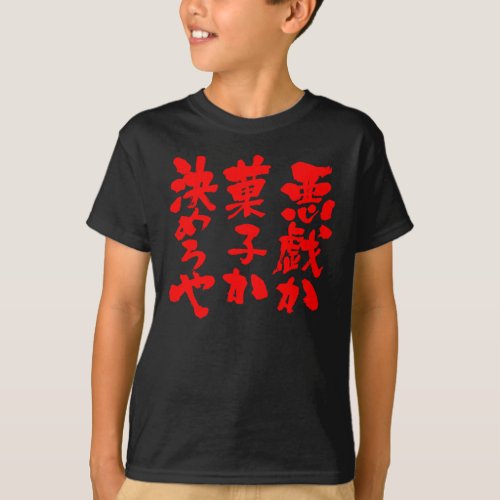
[Kanji + Hiragana] Trick or Treat T-Shirt
If Japanese unruly kid says "Trick or Treat" at Halloween in Japanese.
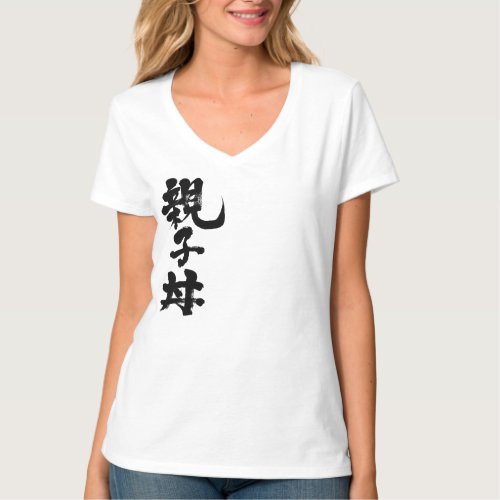
[Kanji] bowl of rice with chicken and egg Tshirts
a bowl of rice with (soy‐and‐sugar‐seasoned) chicken, egg, and vegetables. Japan calls "Oyakodon".
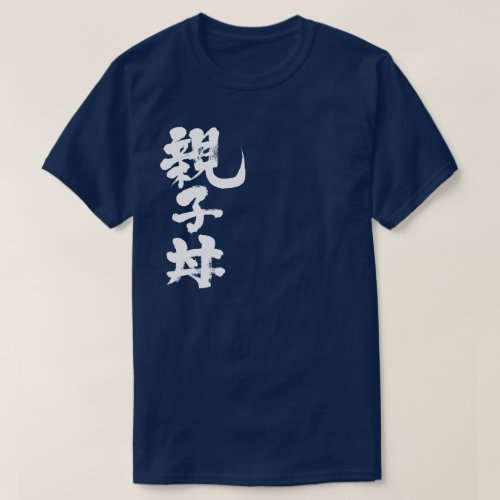
[Kanji] bowl of rice with chicken and egg T-Shirt
a bowl of rice with (soy‐and‐sugar‐seasoned) chicken, egg, and vegetables. japanese says "oyakodon".
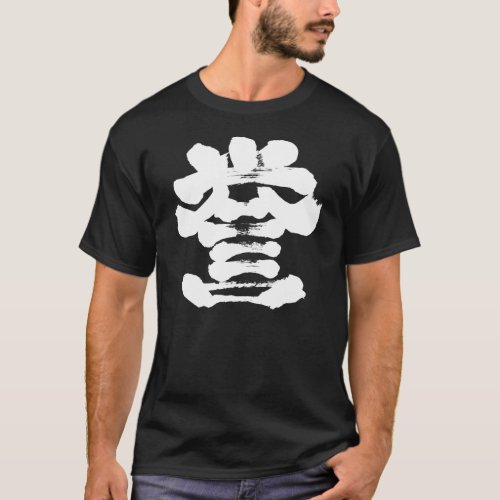
[kanji] honour calligraphy T-Shirt
1 the quality of being honorable and having a good name. 2 the state of being honored. 3 the state or quality of being widely honored and acclaimed. 4 the state
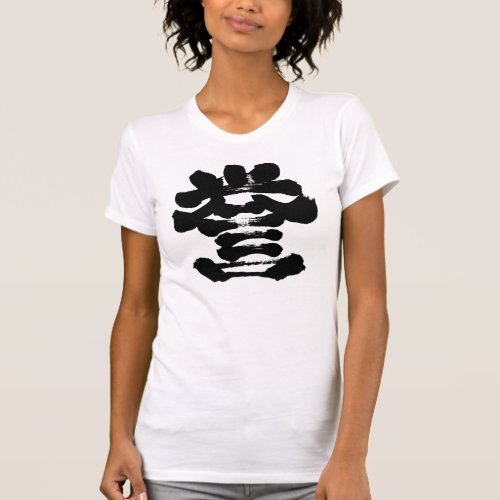
[kanji] honour calligraphy T-Shirt
1 the quality of being honorable and having a good name. 2 the state of being honored. 3 the state or quality of being widely honored and acclaimed. 4 the state
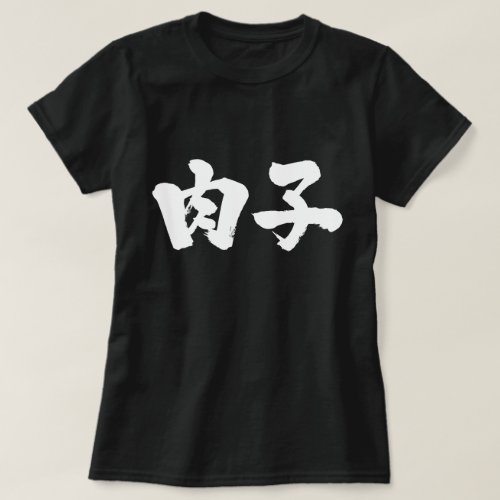
[Kanji] meat girl T-Shirt
It's coined word. It's person who likes meat, fat woman and thick woman. we can say Niku-ko.
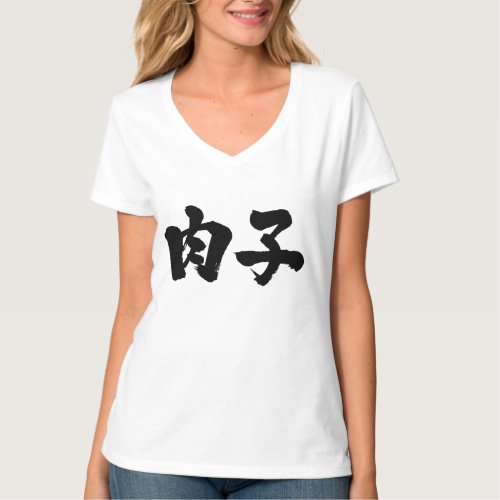
[Kanji] meat girl v-neck T-Shirt
It's coined word. It's person who likes meat, fat woman and thick woman. we can says Niku-ko.
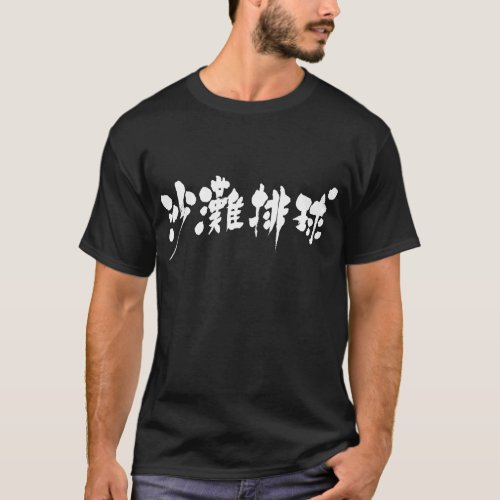
[Kanji] beach volleyball T-Shirt
An outdoor variant of volleyball played on sand. Japanese says sa-dan-hai-kyu.
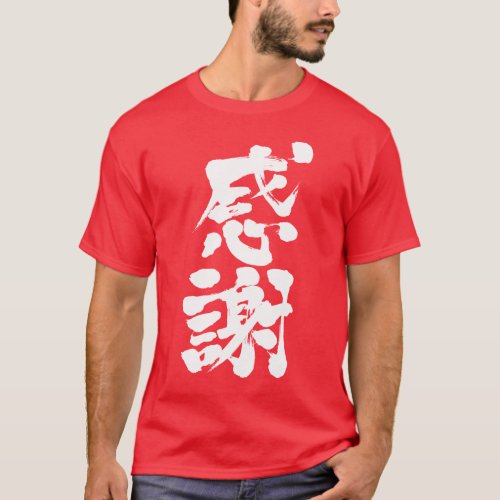
[Kanji] Thank you so much T-Shirt
1 an acknowledgment of appreciation. 2 a feeling of thankfulness and appreciation. 3 an expression of gratitude Japanese says kan-sha.
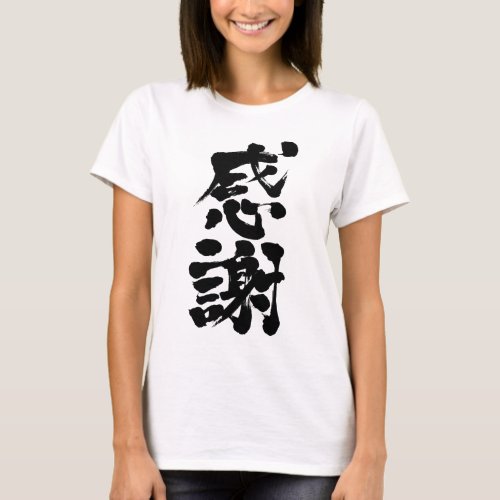
[Kanji] Thank you so much by vertical T-Shirt
1 an acknowledgment of appreciation. 2 a feeling of thankfulness and appreciation. 3 an expression of gratitude Japanese says kan-sha.
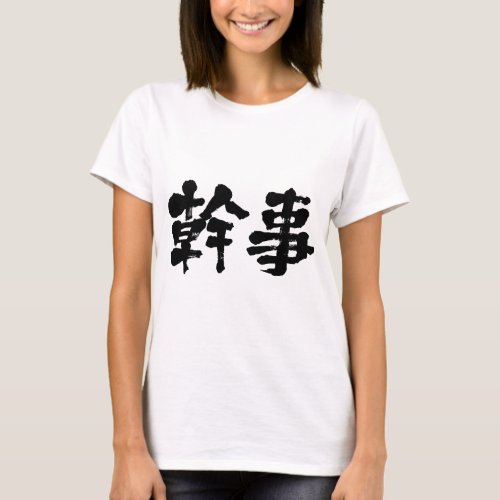
[Kanji] organizer T-Shirt
1 someone whose task is to see that work goes harmoniously. 2 a desk used for writing. 3 a secretary having administrative duties and responsibilities. Japanese
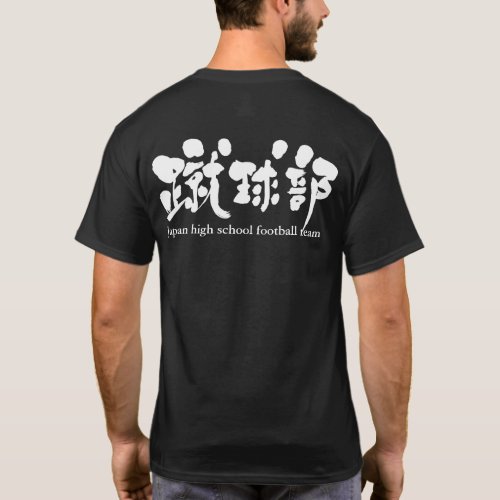
[Kanji] football team T-Shirt
Japanese says shu-kyu-bu. You can change English letters to customize, "Japan high school...." for example letters.
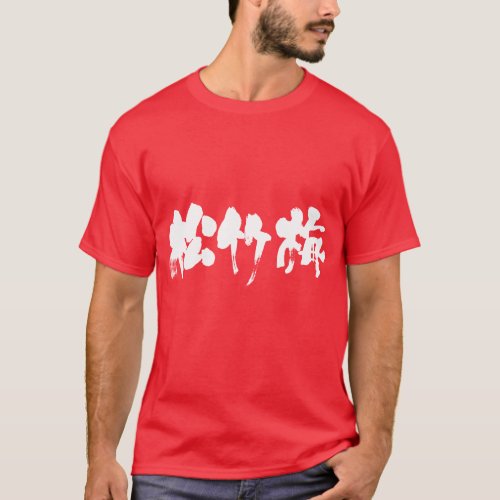
[Kanji] Shouchikubai (white letters) T-Shirt
1 It's happiness and fortune word. pine, bamboo and plum trees. 2 high, middle and low. top, middle and bottom. upper, medium, lower; first, second and third. J
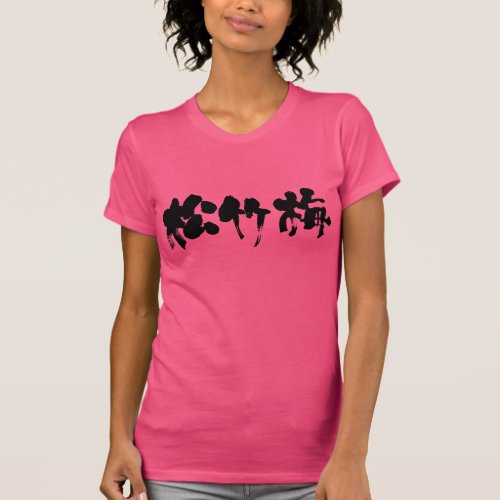
[Kanji] Shouchikubai T-Shirt
1 It's happiness and fortune word. pine, bamboo and plum trees. 2 high, middle and low. top, middle and bottom. upper, medium, lower; first, second and third. J
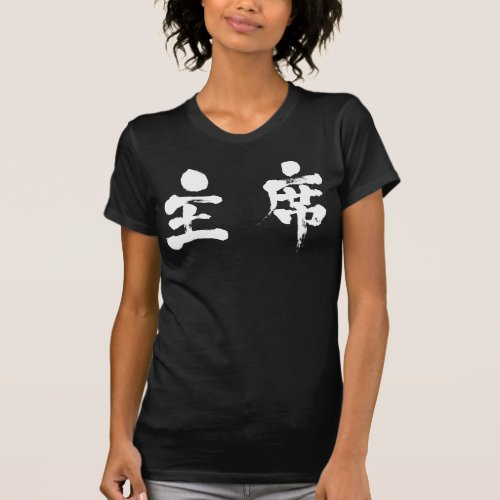
[Kanji] chief T-Shirt
1 the leader of a group of people. 2 the head of a tribe or clan. 3 the head administrative officer of a college or university. Japanese says shu-seki.
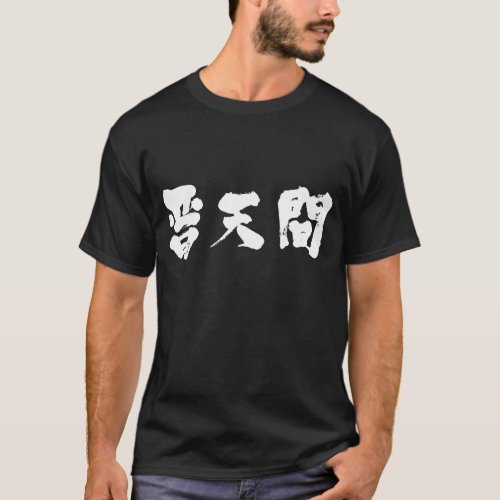
[Kanji] futenma T-Shirt
Marine Corps Air Station Futenma in Okinawa Japan. It has transfer problem between Japan govement and Okinawa prefecture.

[Kanji] metallic T-Shirt
containing or made of or resembling or characteristic of a metal. Japanese says koro-gane-iro.
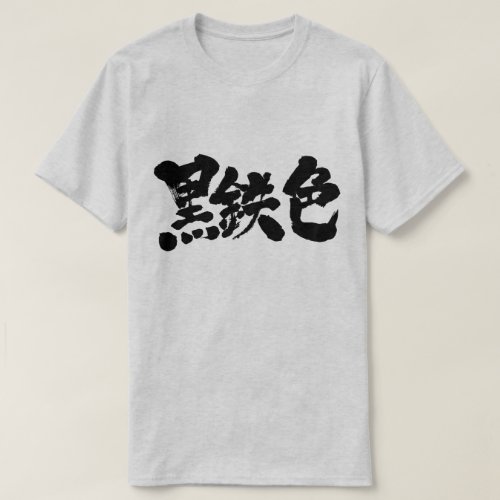
[Kanji] metallic (black letters) T-Shirt
containing or made of or resembling or characteristic of a metal. Japanese says koku-tetsu-iro.
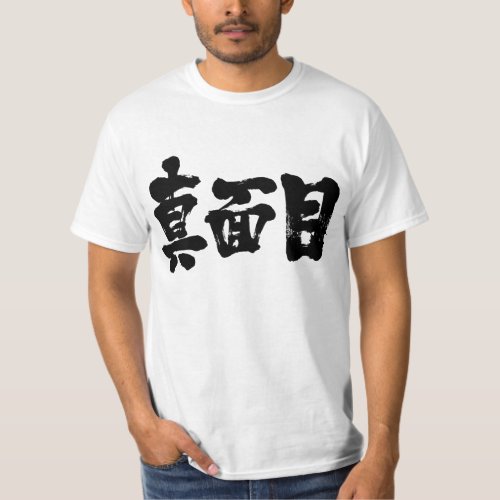
[Kanji] serious T-Shirt
concerned with work or important matters rather than play or trivialities. Japanese says ma-ji-me.
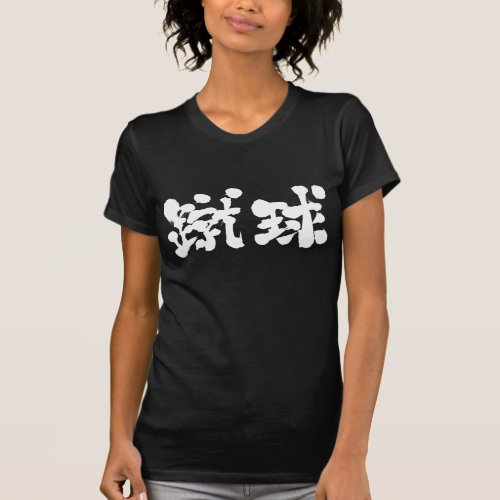
[Kanji] football T-Shirt
any of various games played with a ball (round or oval) in which two teams try to kick or carry or propel the ball into each other's goal. Japanese says syu-kyu
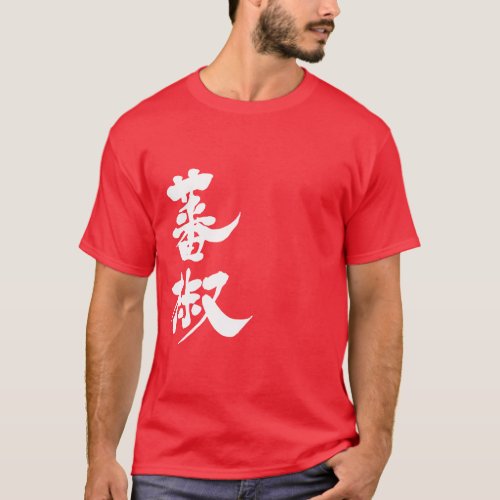
[Kanji] capsicum T-Shirt
1 chiefly tropical perennial shrubby plants having many-seeded fruits: sweet and hot peppers. 2 any of various tropical plants of the genus Capsicum bearing pep
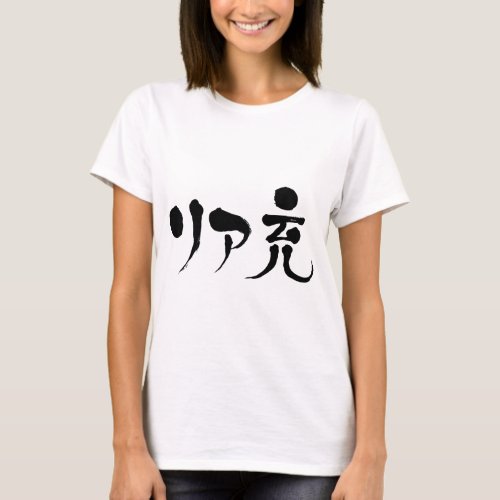
[Kanji] Real satisfied life T-Shirt
It is coined word and abbreviated word. person who is satisfied with his or her real offline life Japanese says ri-a-ju.
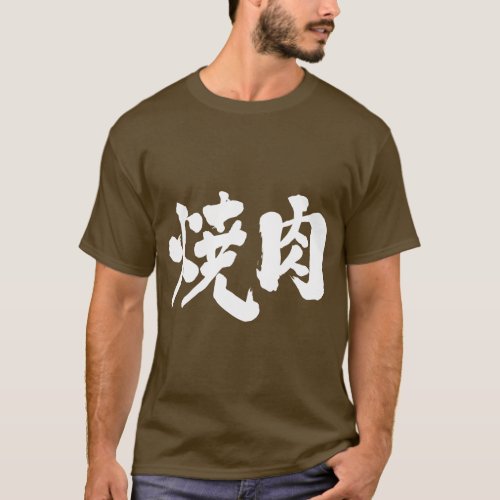
[Kanji] Yakiniku T-Shirt
Japanese dish of grilled meat similar to Korean barbecue. Japanese says yaki-niku.
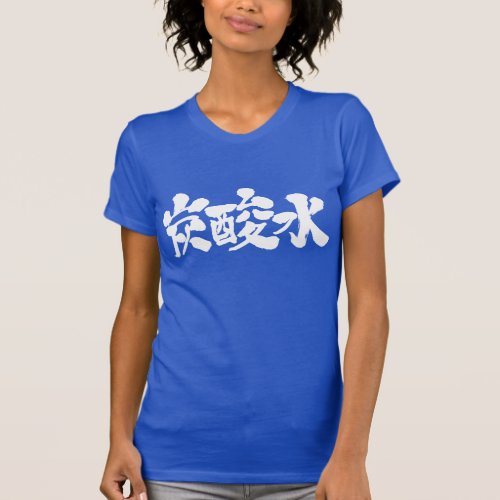
[Kanji] carbonated water T-Shirt
1 a sweet drink containing carbonated water and flavoring. 2 effervescent beverage artificially charged with carbon dioxide Japanese says tan-san-sui.
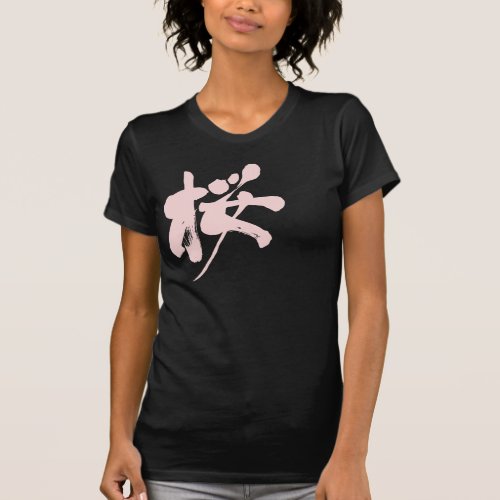
[Kanji] sakura color T-Shirt
1 a light shade of red. 2 any of numerous trees and shrubs producing a small fleshy round fruit with a single hard stone. 3 horsemea Japanese says sakura.
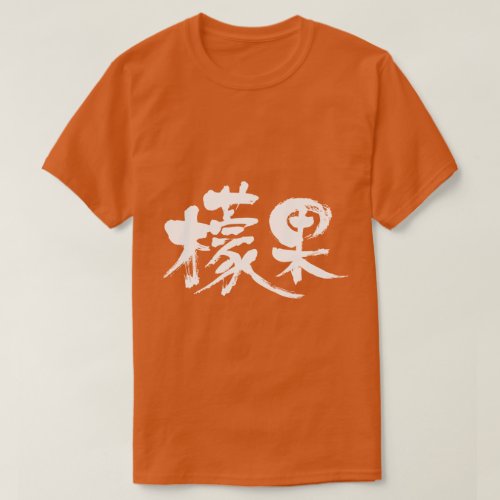
[Kanji] mango T-Shirt
large oval tropical fruit having smooth skin, juicy aromatic pulp, and a large hairy seed.
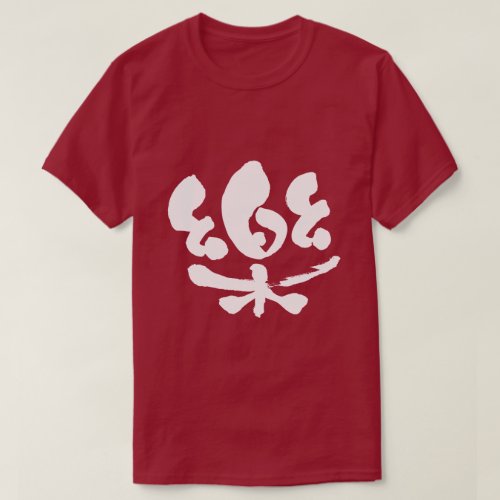
comfortable white in Kanji T-Shirt
1. free from stress or conducive to mental ease. 2. without strain or anxiety. Japan calls raku
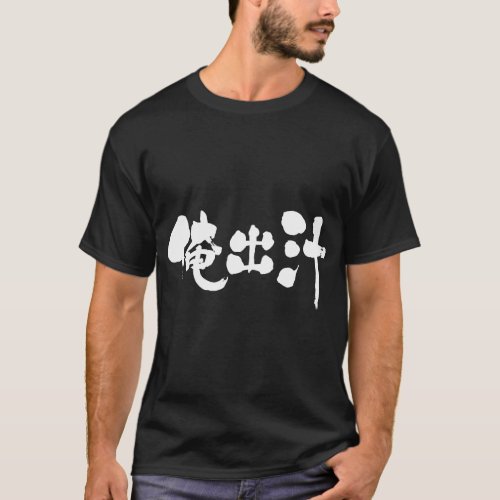
[Kanji] my soup stock T-Shirt
1 my soup stock. 2 soup stock made from my body fluids. 3 Emphasize the words for own ( colloquially ). Japanese says ore-da-shi.
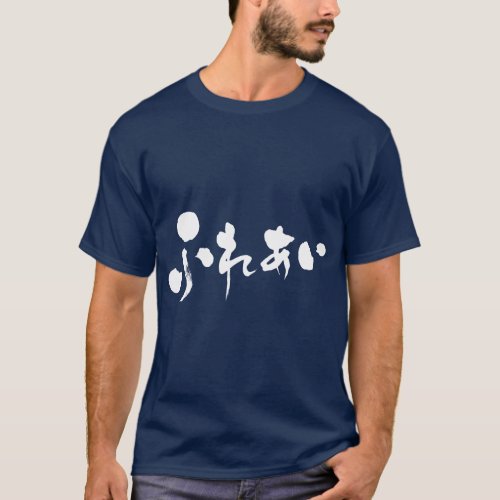
[Hiragana] rapport T-Shirt
a relationship of mutual understanding or trust and agreement between people Japanese says fu-re-a-i.
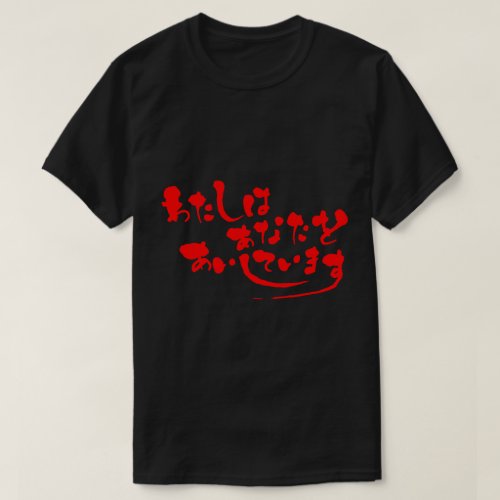
[Hiragana] I love you (red letters) T-Shirt
Japanese says wa-ta-shi-wa-a-na-ta-wo-a-i-shi-te-i-ma-su.
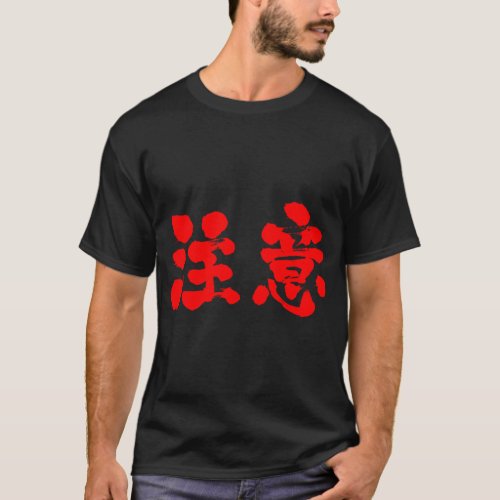
[Kanji] warning T-Shirt
notification of something, usually in advance. a message informing of danger. Japanese says chu-i.
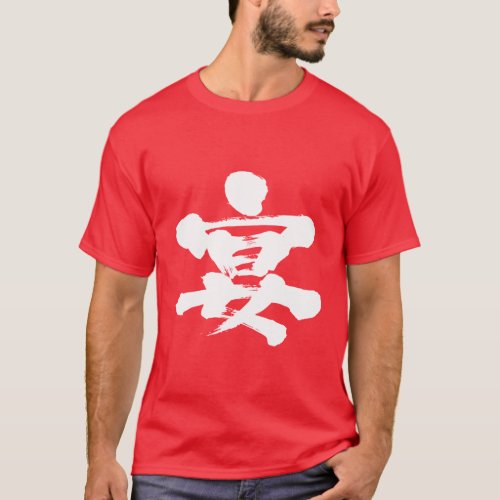
[Kanji] party T-Shirt
an occasion on which people can assemble for social interaction and entertainment Japanese says utage.
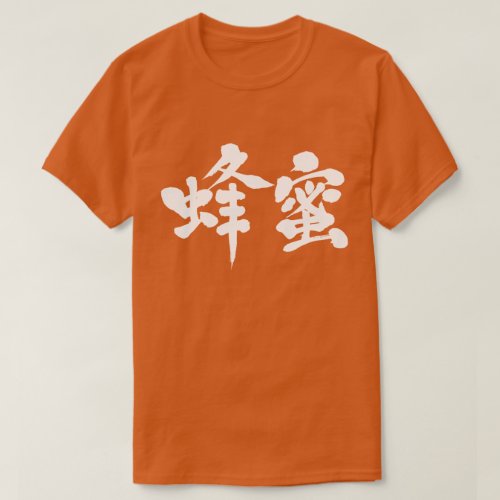
[Kanji] honey (White letters) T-Shirt
a sweet yellow liquid produced by bees. Japanese says hachi-mitsu.
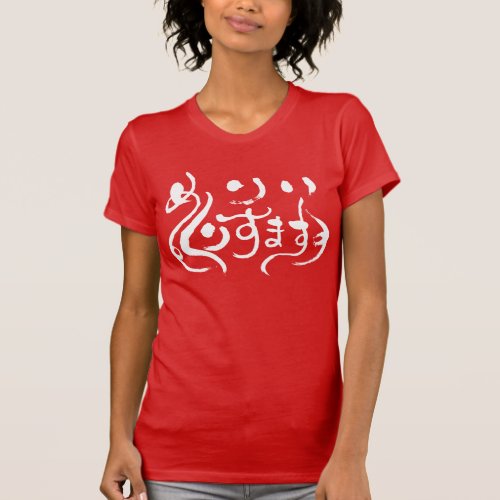
[Hiragana] merry christmas T-Shirt
Used to express good wishes on or before Christmas Day. it is literal translation in Japanese Hiragana.
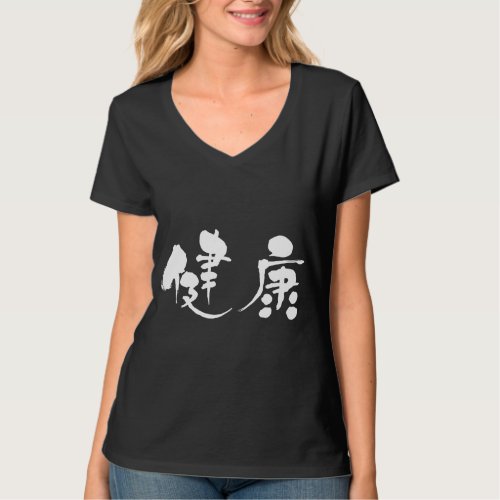
[Kanji] health T-Shirt
the general condition of body and mind. a healthy state of wellbeing free from disease. Japanese says ken-ko.
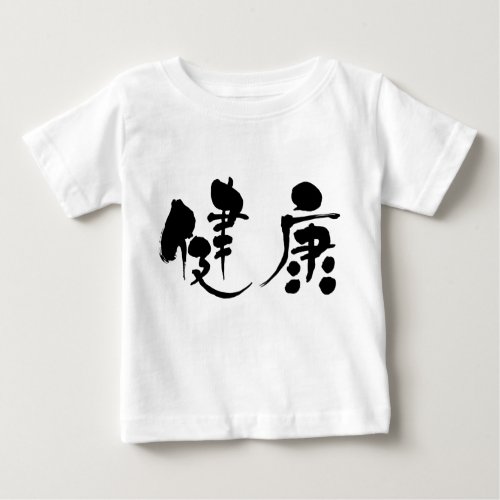
[Kanji] health Baby T-Shirt
the general condition of body and mind. a healthy state of wellbeing free from disease. Japanese says ken-ko.
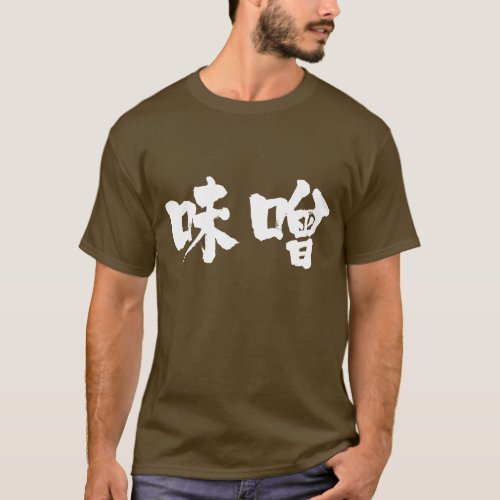
[Kanji] miso T-Shirt
a thick paste made from fermented soybeans and barley or rice malt. Japanese says mi-so.
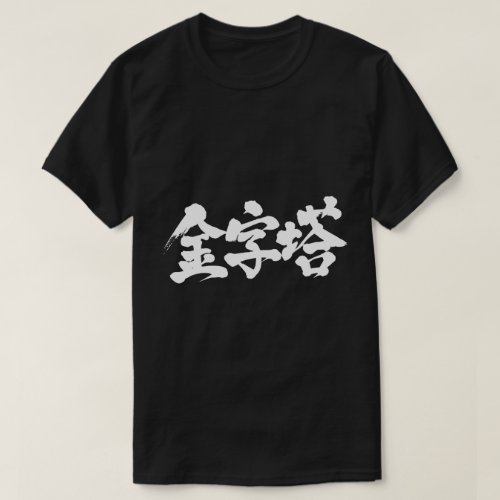
[Kanji] pyramid T-Shirt
a polyhedron having a polygonal base and triangular sides with a common vertex. a notable achievement. Japanese says kin-ji-to.
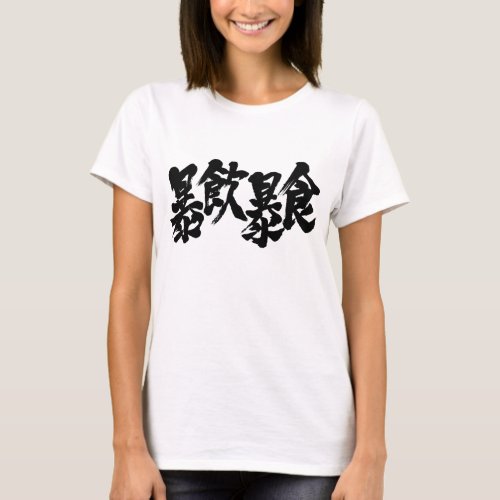
[Kanji] overeat and overdrink T-Shirt
the act of drinking alcoholic beverages to excess. Japanese says Bo-In-Bo-Syoku.
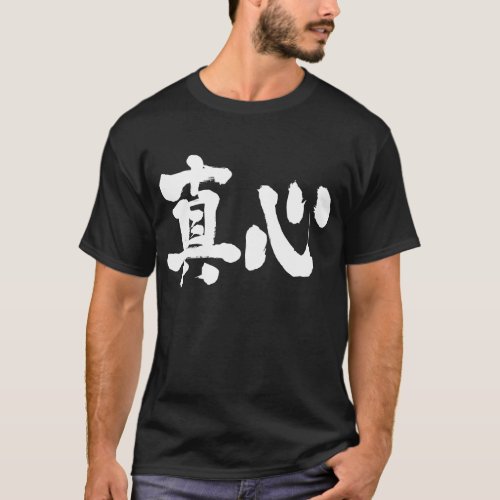
[Kanji] sincerity T-Shirt
the quality of being open and truthful. the quality of hearty sincerity. Japanese says Ma-Gokoro.
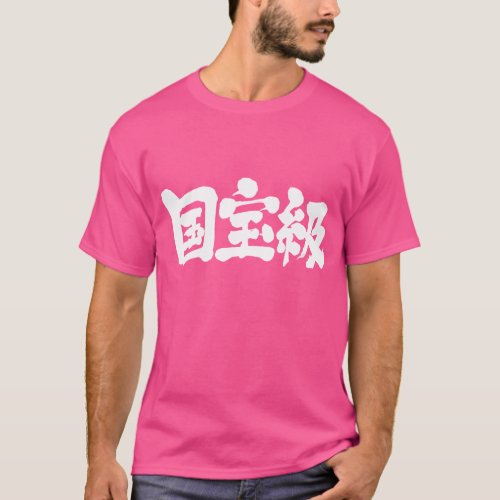
[Kanji] worthy of national treasure T-Shirt
worthy of national treasure substance and people. Japanese says koku-hou-kyu.
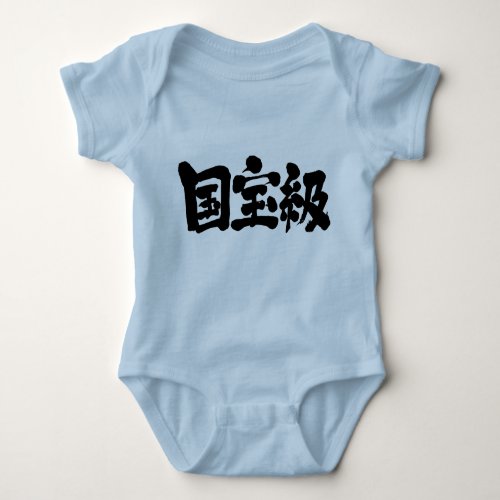
[Kanji] worthy of national treasure Baby Bodysuit
worthy of national treasure substance and people. Japanese says koku-hou-kyu.
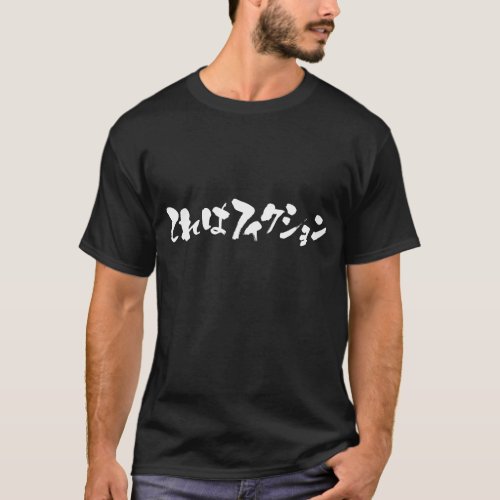
[Hiragana+Katakana] this is fiction T-Shirt
a literary work based on the imagination and not necessarily on fact. Japanese says ko-re-wa-fi-ku-syo-n.
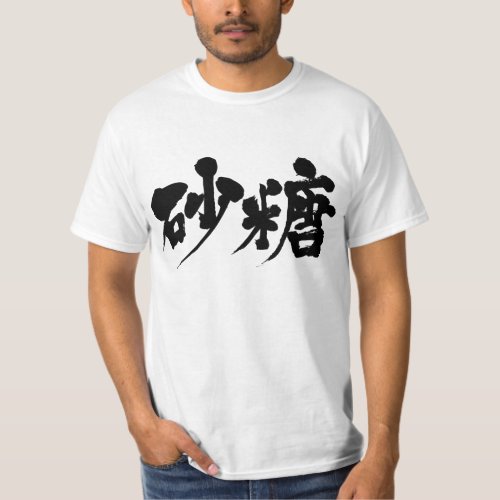
[Kanji] sugar T-Shirt
a white crystalline carbohydrate used as a sweetener and preservative Japanese says sa-to.
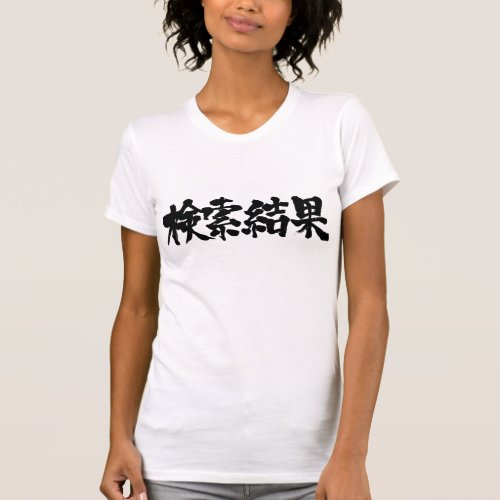
[Kanji] search results T-Shirt
The list of answers to a search request that match the search criteria specified by the user. Japanese says ken-saku-ke-kka.
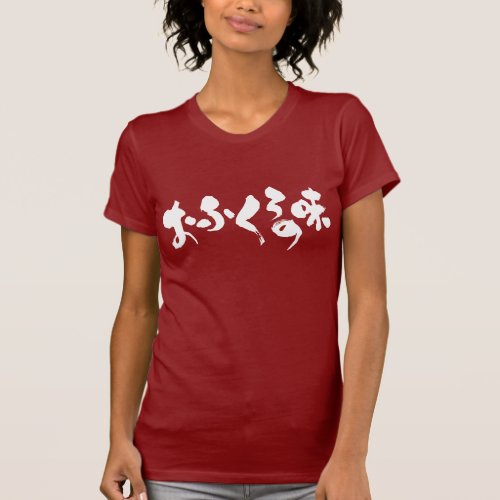
[Hiragana + Kanji] taste of home cooking T-Shirt
mom's home cooking. taste of mom's cooking. food like mom used to make. Japanese says o-fu-ku-ro-no-aji.
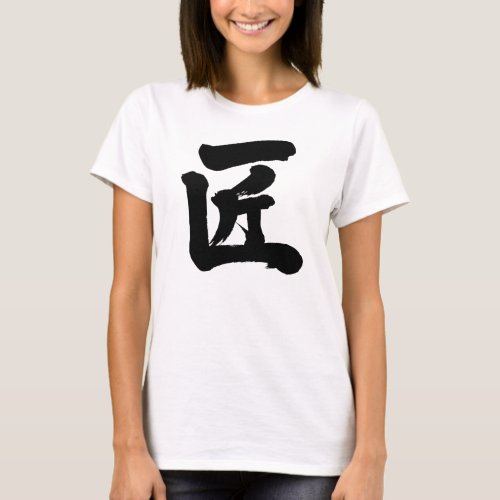
[Kanji] artisan T-Shirt
a skilled worker who practices some trade or handicraft. Japanese says takumi.
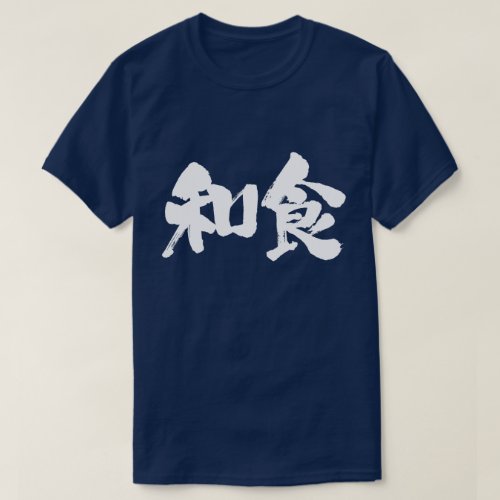
[Kanji] Japanese food T-Shirt
the specific foods planted/produced and well-eaten in Japan, such as fruits, vegetables, confections, snacks, etc. Japanese says Wa-Syoku.
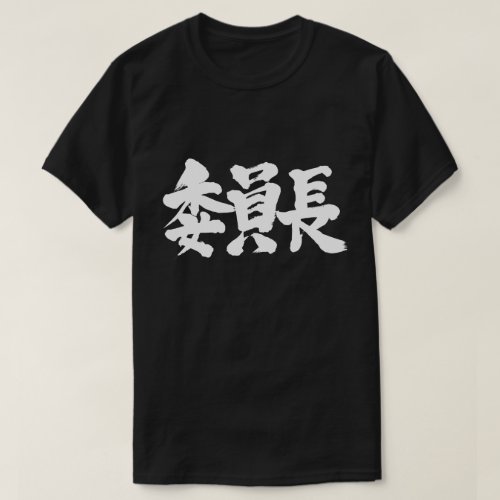
[Kanji] chairperson T-Shirt
the officer who presides at the meetings of an organization. Japanese says I-In-Cho.
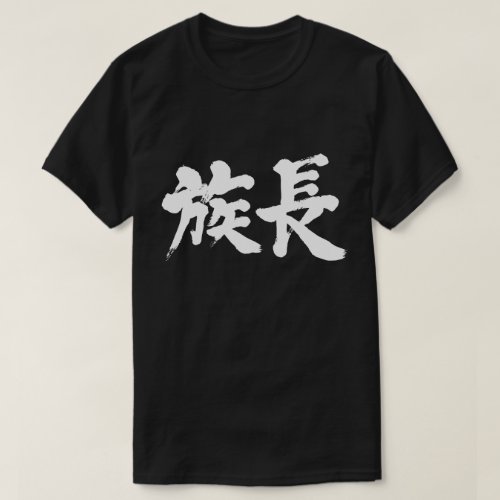
[Kanji] patriarch T-Shirt
head of a family. a man who is older and higher in rank than yourself. Japanese says Zoku-Cho.
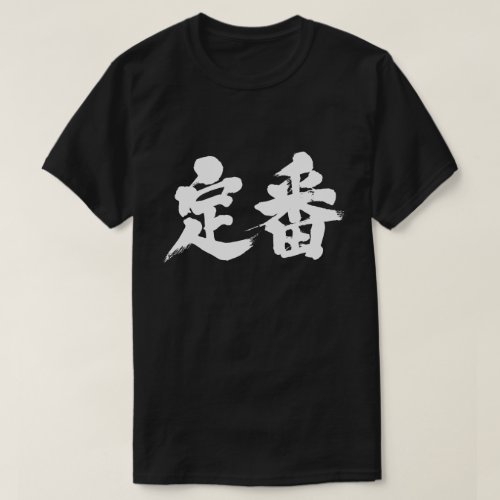
[Kanji] staple of a situation T-Shirt
staple of a situation, of a fiction genre, etc. Japanese says Tei-Ban. If said Jo-Ban, it's means watchman at the shogun's palaces. (Edo period)
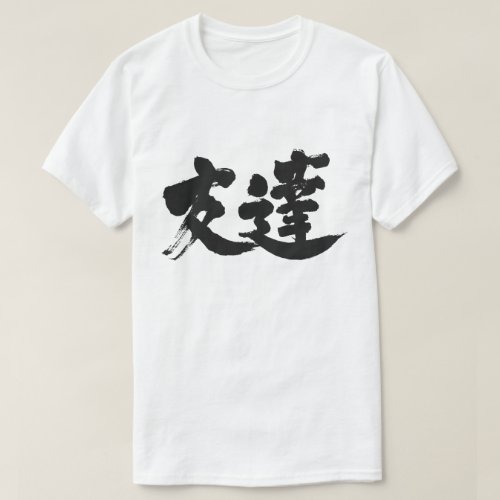
[Kanji] Friend T-Shirt
a person you know well and regard with affection and trust. Japanese says Tomo-Dachi.
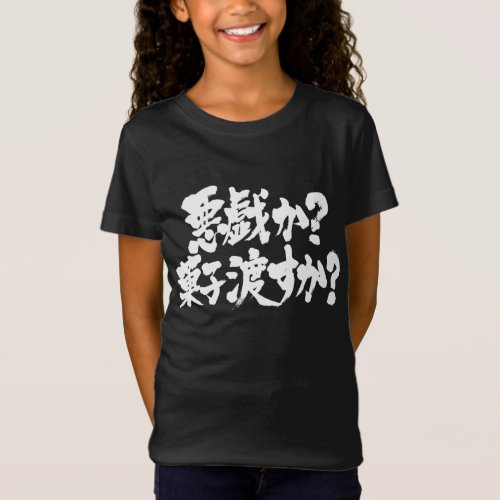
[Kanji + Hiragana] Trick or Treat T-Shirt
For example if Japanese kid says "Trick or Treat" at Halloween in Japanese. Japanese says Ita-Zura-Ka Ka-Shi-Wata-Su-Ka.
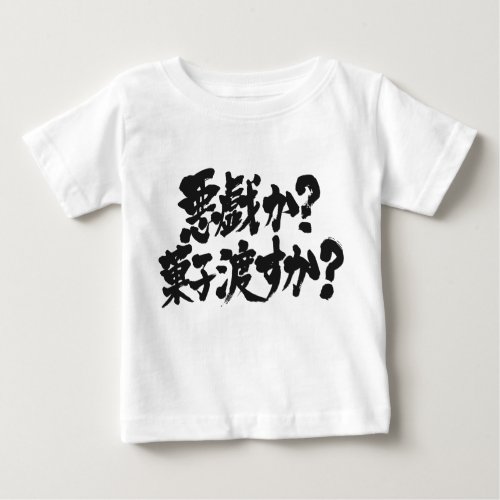
[Kanji + Hiragana] Trick or Treat Baby T-Shirt
For example if Japanese kid says "Trick or Treat" at Halloween in Japanese. Japanese says Ita-Zura-Ka Ka-Shi-Wata-Su-Ka.
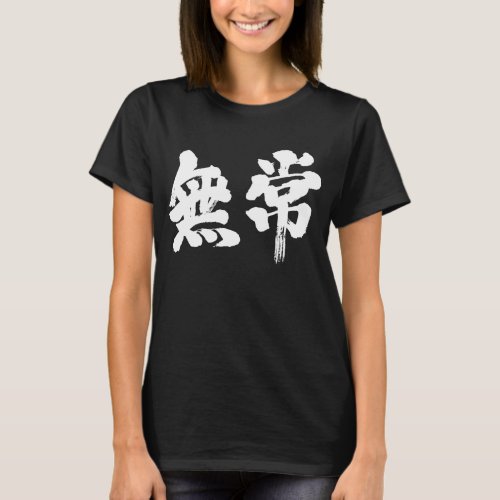
[Kanji] vanity (white letters) T-Shirt
the property of not existing for indefinitely long durations Japanese says Mu-Jou.
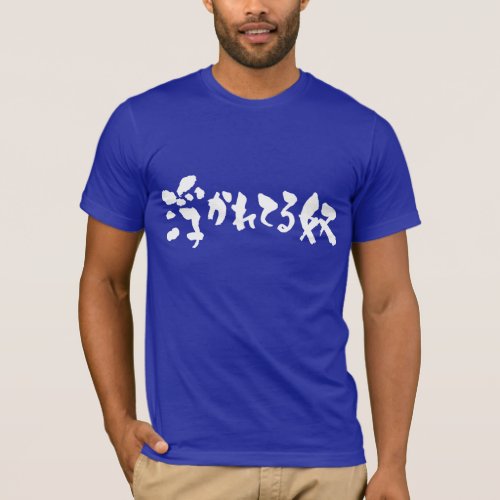
[Kanji + Hiragana] intoxicated person T-Shirt
as if under the influence of alcohol. Japanese says U-ka-re-te-i-ru-ya-tsu.
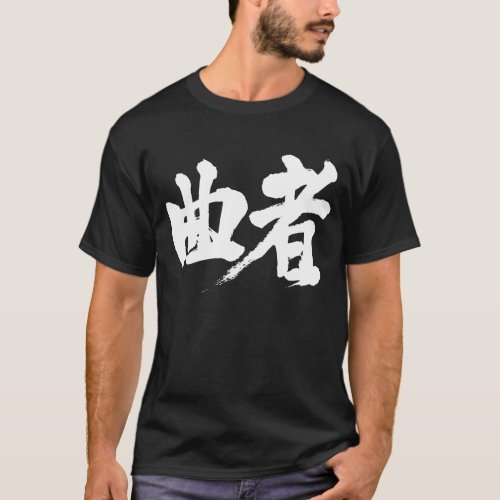
[Kanji] suspicious fellow T-Shirt
Often say a suspicious person in the costume drama. Japanese calls Kuse-mono.
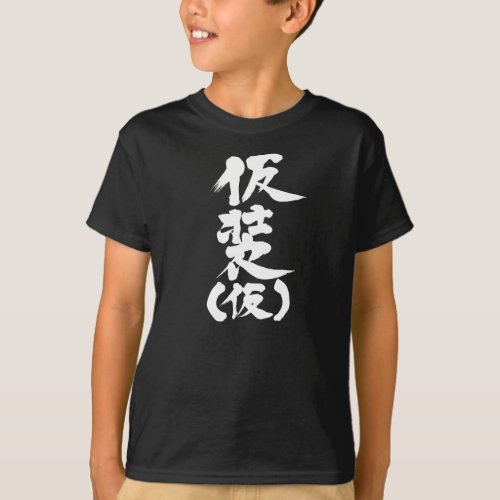
[Kanji] disguise (temporary) T-Shirt
Temporary costume for people who fancy dress is not determined at Halloween. Japanese calls Ka-So-Kakko-Kari.
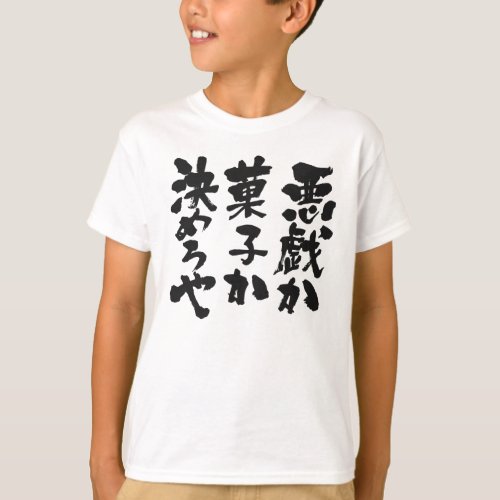
[Kanji + Kana] Trick or Treat T-Shirt
If Japanese unruly kid says "Trick or Treat" at Halloween in Japanese.
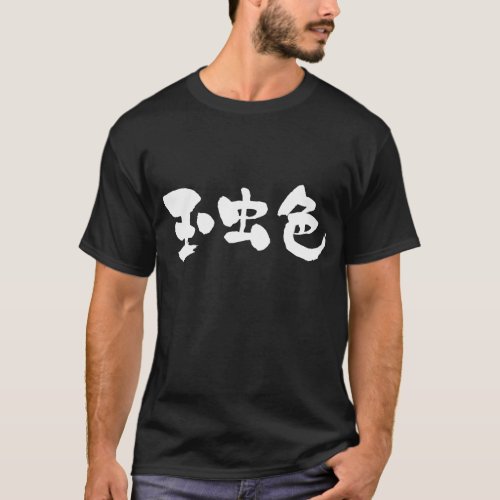
[Kanji] iridescent T-Shirt
the visual property of something having a milky brightness and a play of colors from the surface Japanese calls Tama-Mushi-Iro.
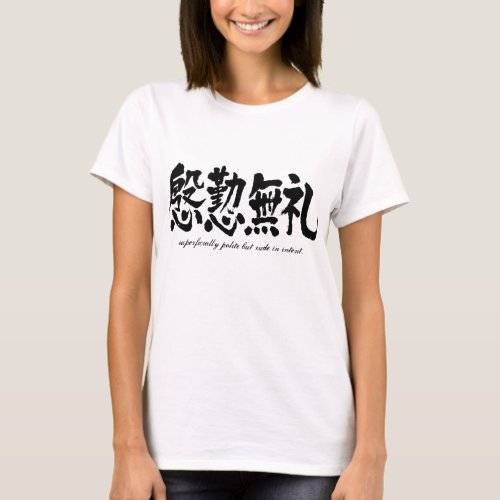
[Kanji] hypocritical courtesy T-Shirt
superficially polite but rude in intent. Japanese calls In-Gin-Bu-Rei.
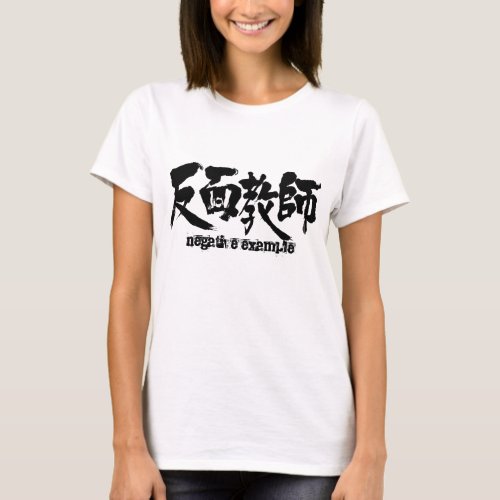
[Kanji] negative example T-Shirt
A sample of the bad side, a person or case that tells you that it shouldn't happen when you look at it. People and cases that can be a source of reflection by s
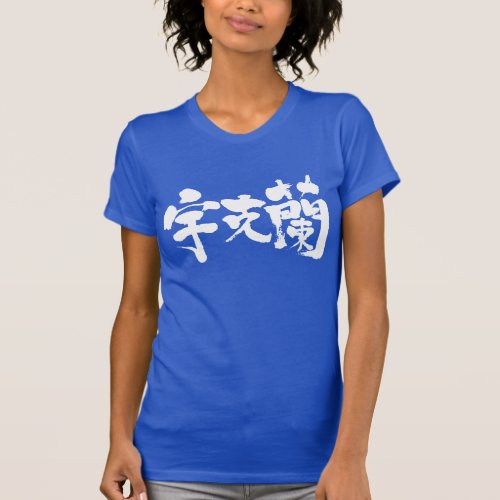
[Kanji] Ukraine T-Shirt
a republic in southeastern Europe. Ukrainskaya Sovietskaya Sotsialisticheskaya Respublika.
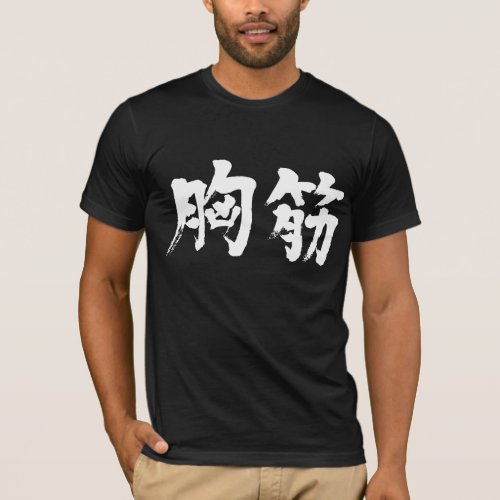
[Kanji] pectoralis muscle as white letters T-Shirt
either of two large muscles of the chest. Japanese traditional calls Kyo-Kin.
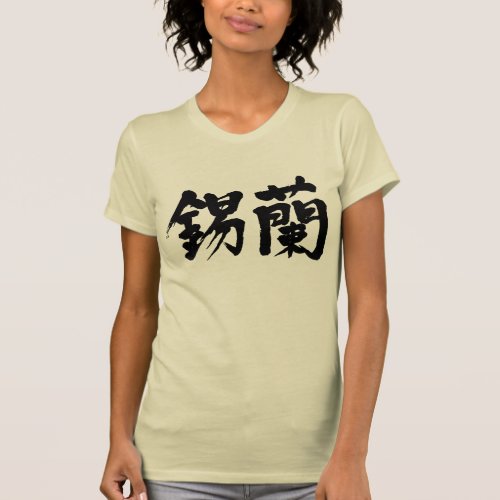
[Kanji] Sri Lanka T-Shirt
a republic on the island of Ceylon. Democratic Socialist Republic of Sri Lanka.
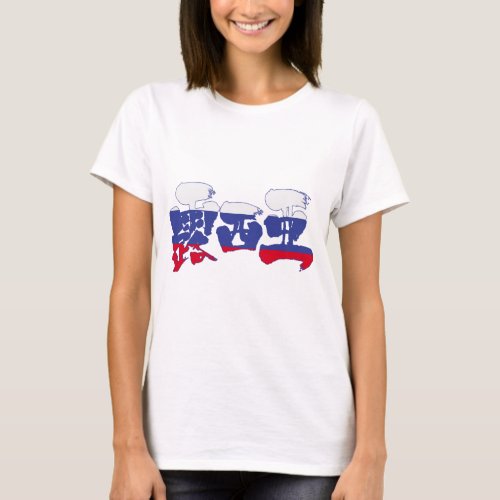
[Kanji] Russia T-Shirt
a former empire in eastern Europe and northern Asia created in the 14th century with Moscow as the capital.
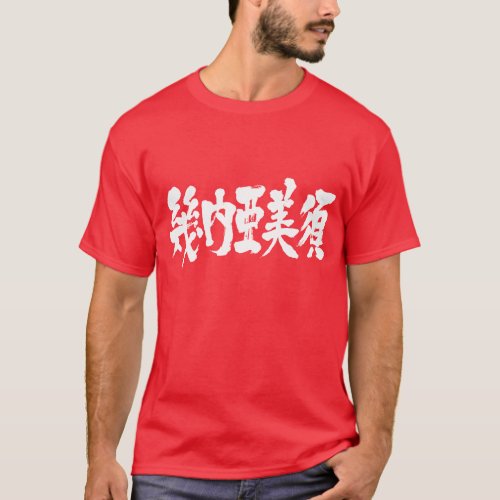
[Kanji] Guinea-Bissau as white letters T-Shirt
a republic on the northwestern coast of Africa. republic of guinea-bissau.
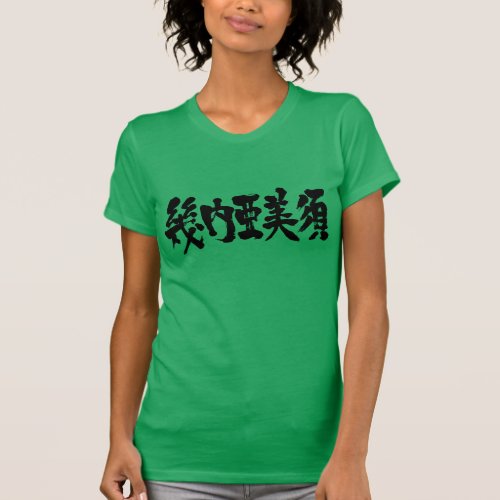
[Kanji] Guinea-Bissau as black letters T-Shirt
a republic on the northwestern coast of Africa. republic of guinea-bissau.
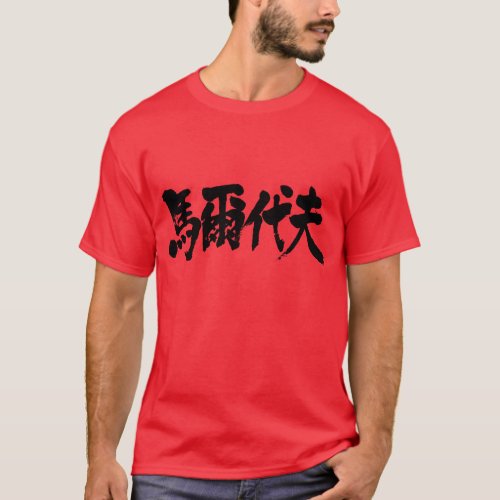
[Kanji] Maldive as white letters T-Shirt
a group of about 1,200 small coral islands (about 220 inhabited) in the Indian ocean. a republic on the Maldive Islands.
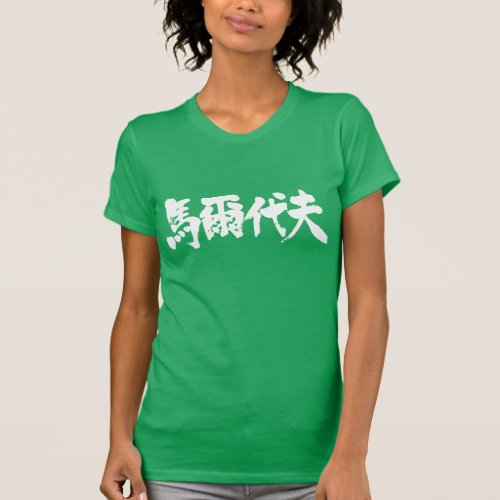
[Kanji] Maldive as black letters T-Shirt
a group of about 1,200 small coral islands (about 220 inhabited) in the Indian ocean. a republic on the Maldive Islands.
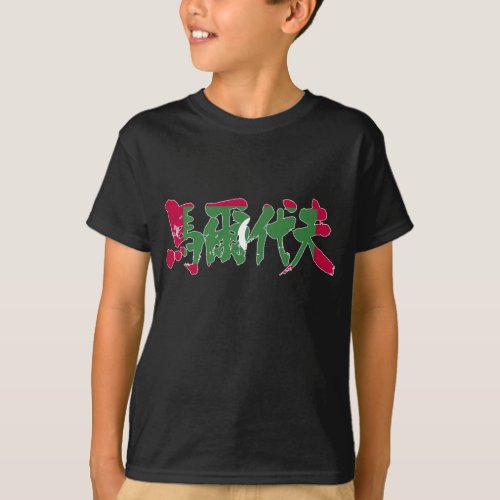
[Kanji] Maldive T-Shirt
a group of about 1,200 small coral islands (about 220 inhabited) in the Indian ocean. a republic on the Maldive Islands.
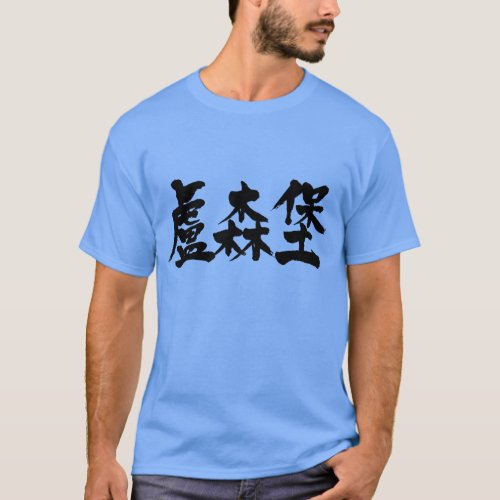
[Kanji] Luxembourg as black letters T-Shirt
a grand duchy (a constitutional monarchy) landlocked in northwestern Europe between France and Belgium and Germany.
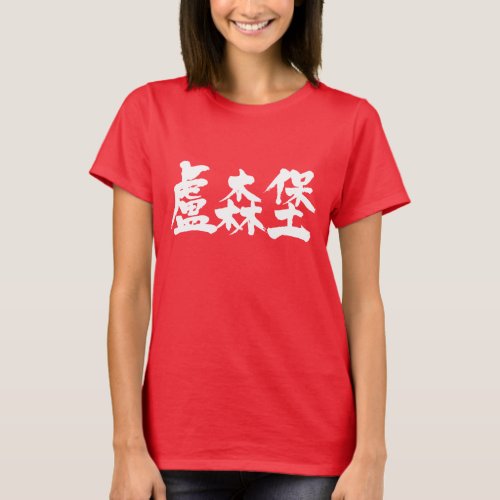
[Kanji] Luxembourg as white letters T-Shirt
a grand duchy (a constitutional monarchy) landlocked in northwestern Europe between France and Belgium and Germany.
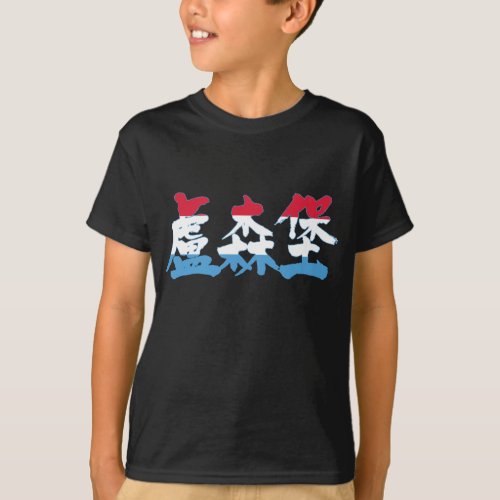
[Kanji] Luxembourg T-Shirt
a grand duchy (a constitutional monarchy) landlocked in northwestern Europe between France and Belgium and Germany.
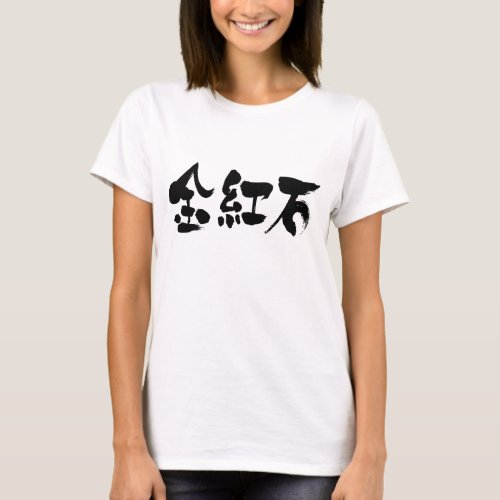
[Kanji] rutile T-Shirt
a mineral consisting of titanium dioxide in crystalline form. Japanese calls Kin-Kou-Seki.
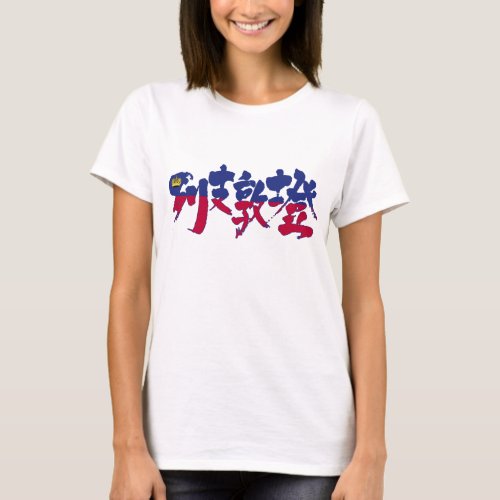
[Kanji] Liechtenstein T-Shirt
The Principality of Liechtenstein is a doubly landlocked German-speaking microstate in Central Europe. It is a constitutional monarchy with the rank of principa
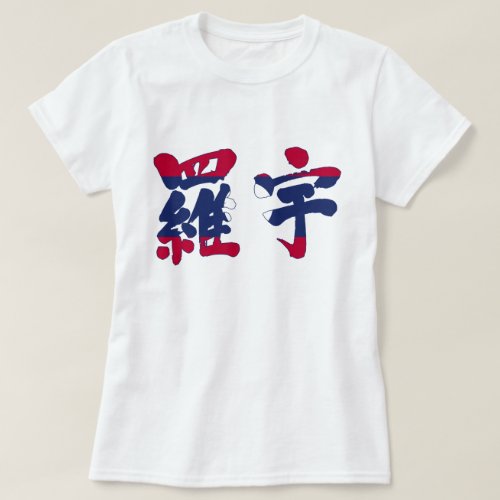
[Kanji] Laos T-Shirt
the Lao People's Democratic Republic. a mountainous landlocked communist state in southeastern Asia.
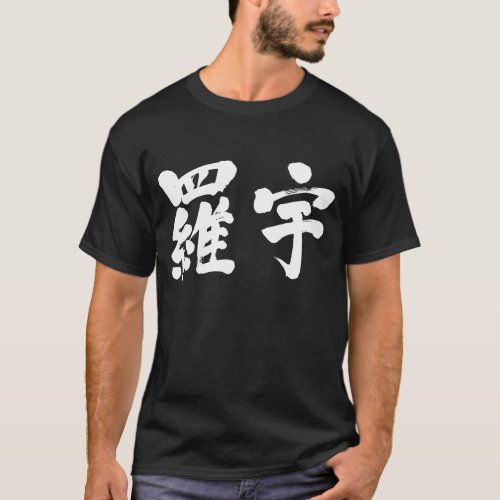
[Kanji] Laos (white letters) T-Shirt
the Lao People's Democratic Republic. a mountainous landlocked communist state in southeastern Asia.
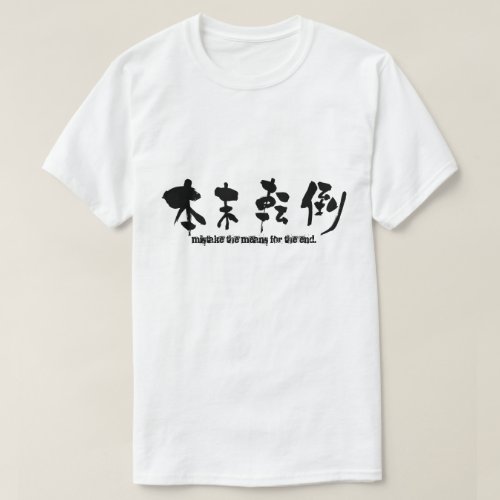
[Kanji] mistake the means for the end T-Shirt
mistake the means for the end. get one's priorities wrong. confuse the order of things. put the cart before the horse. Japanese calls Hon-Matsu-Ten-To.
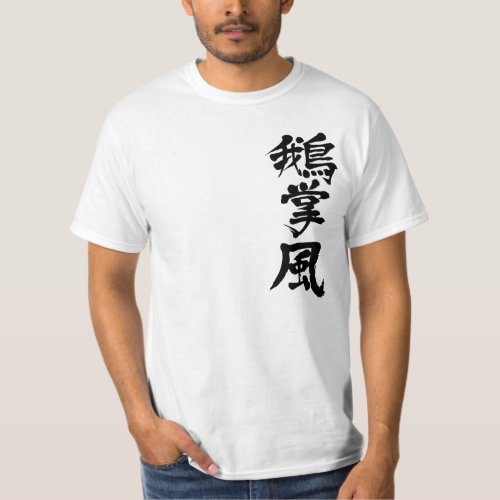
[Kanji] keratosis T-Shirt
1.any skin disorder consisting of a growth that appears horny 2.a skin condition marked by an overgrowth of layers of horny skin Japanese calls Ga-Sho-Fu
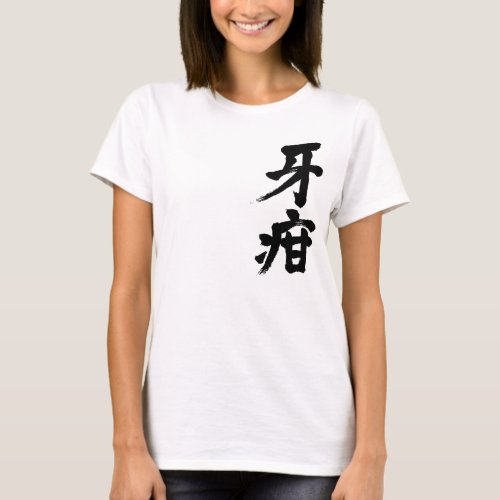
[Kanji] scurvy T-Shirt
a condition caused by deficiency of ascorbic acid (vitamin C) Japanese calls Ka-Gan.
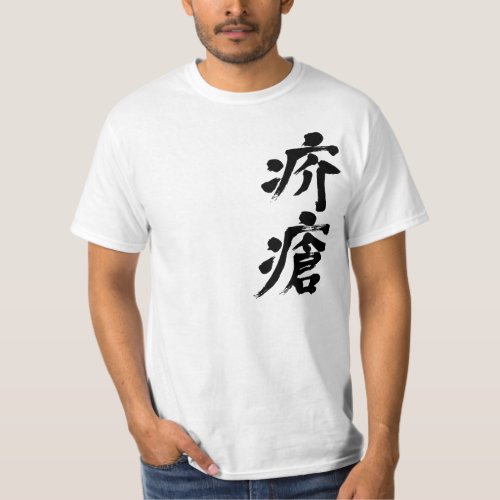
[Kanji] scabies T-Shirt
1.a contagious skin infection caused by the itch mite 2.a persistent and contagious disease of the skin causing inflammation and itching and loss of hair Japane
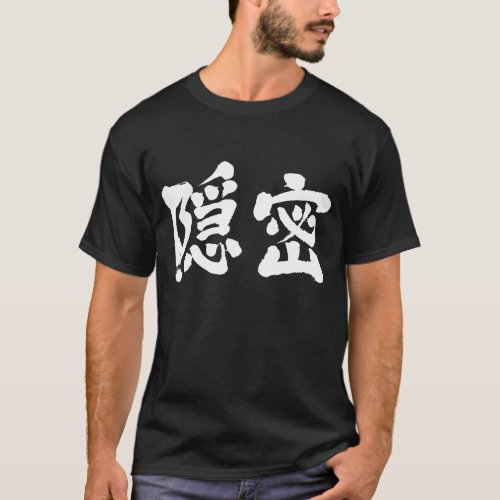
[Kanji] secretly T-Shirt
1.the quality of being secluded from the presence or view of others 2.a secret agent hired by a state to obtain information about its enemies or by a business t
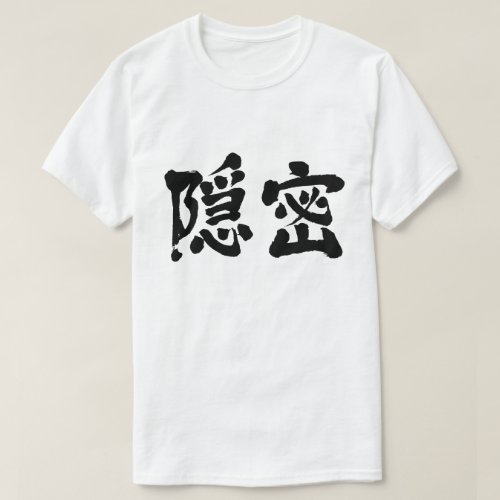
[Kanji] secretly (black letters) T-Shirt
1.the quality of being secluded from the presence or view of others 2.a secret agent hired by a state to obtain information about its enemies or by a business t
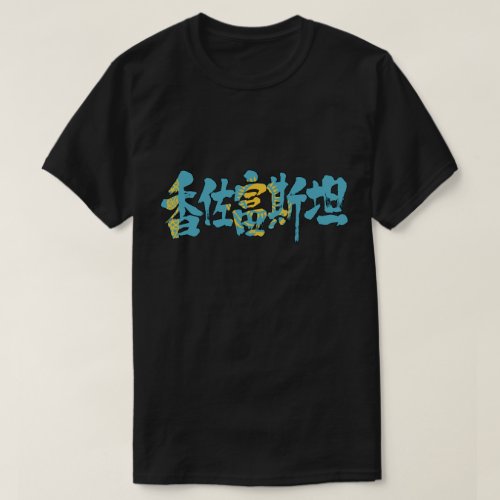
[Kanji] Kazakhstan T-Shirt
a landlocked republic to the south of Russia and to the northeast of the Caspian Sea
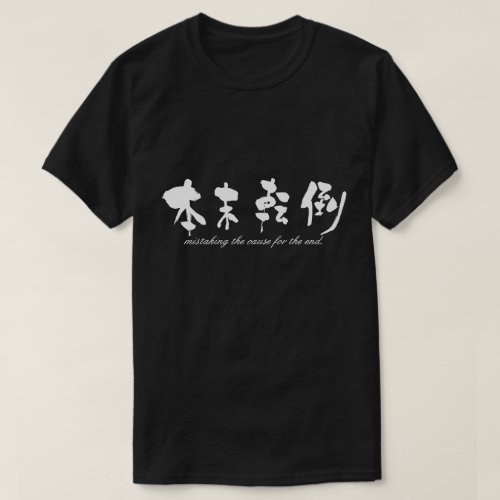
[Kanji] mistaking the cause for the end T-Shirt
failing to properly evaluate the importance. putting the cart before the horse. mistaking the cause for the end. mistaking the insignificant for the essential.
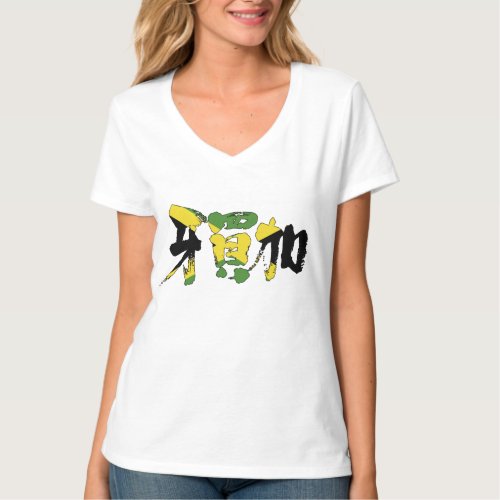
[Kanji] Jamaica T-Shirt
Jamaica is an island country situated in the Caribbean Sea, comprising the third-largest island of the Greater Antilles.
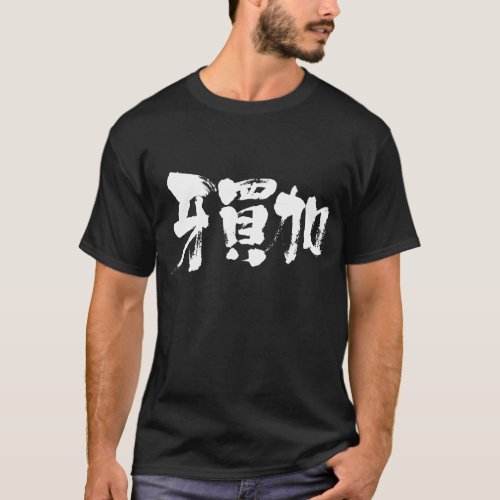
[Kanji] Jamaica as white letters T-Shirt
Jamaica is an island country situated in the Caribbean Sea, comprising the third-largest island of the Greater Antilles.
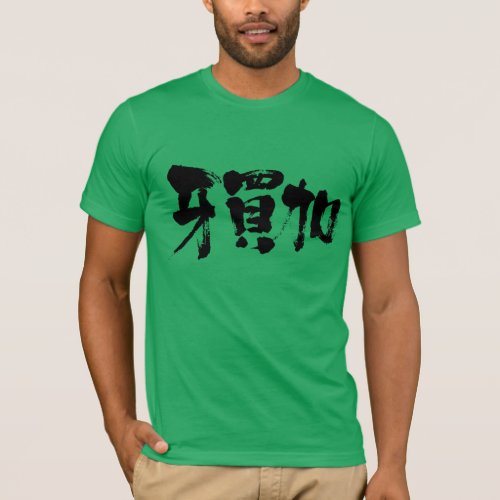
[Kanji] Jamaica as black letters T-Shirt
Jamaica is an island country situated in the Caribbean Sea, comprising the third-largest island of the Greater Antilles.
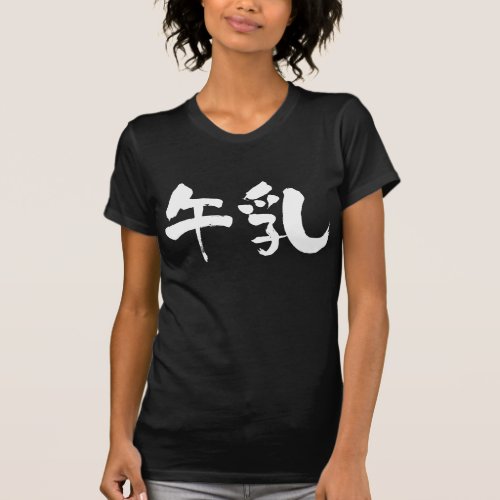
[Kanji] Milk T-Shirt
a white nutritious liquid secreted by mammals and used as food by human beings. Japanese calls Gyu-Nyu
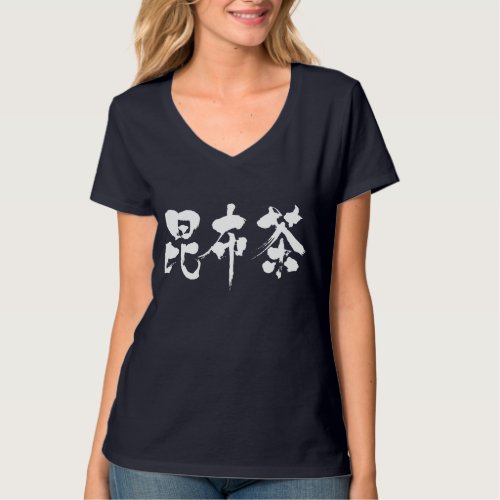
[Kanji] Kombucha V-nack T-Shirt
Black tea fungus is spread wrong out US and Euro as kombucha. Originally, tea made of powdered kelp. Japanese calls Kon-Bu-Cha
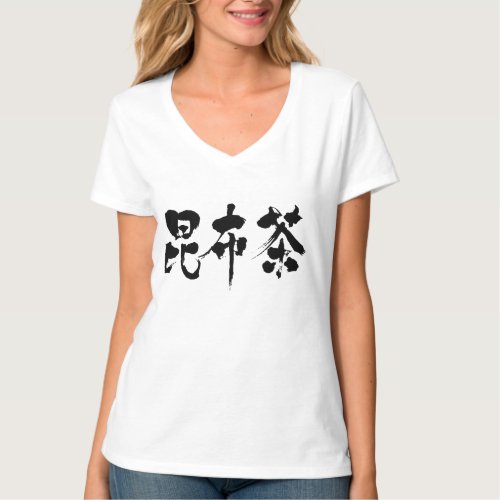
[Kanji] Kombucha T-Shirt
Black tea fungus is spread wrong out US and Euro as Kombucha. Originally, tea made of powdered kelp. Japanese calls Kon-Bu-Cha
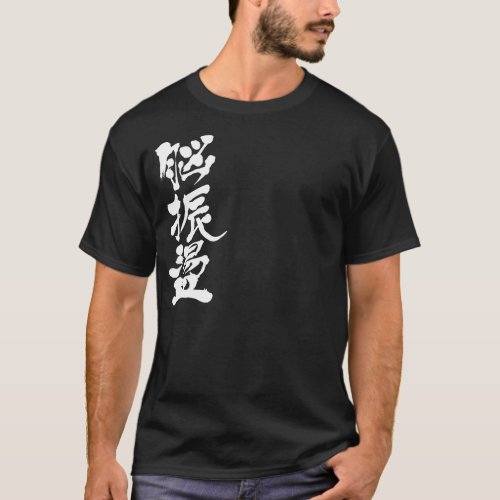
[Kanji] cerebral concussion T-Shirt
injury to the brain caused by a blow japanese calls Nou-Shin-Tou.
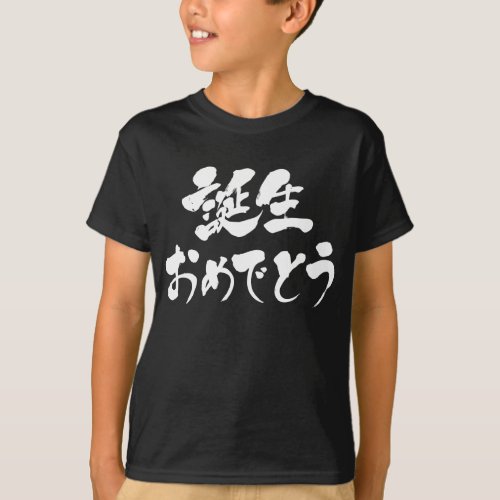
[Kanji + Katakana] I am glad you are born T-Shirt
I am glad you are born japanese calls Tan-Jou-O-Me-De-To-U
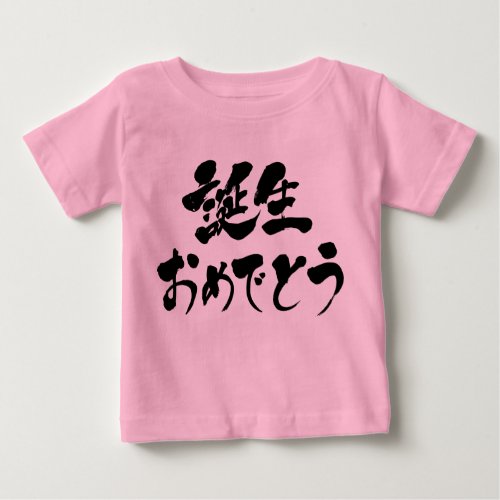
[Kanji + Hiragana] I am glad you are born Baby T-Shirt
I am glad you are born japanese calls Tan-Jou-O-Me-De-To-U
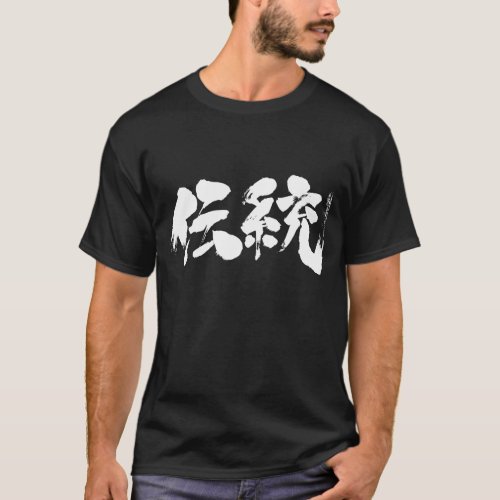
[Kanji] tradition T-Shirt
1.an inherited pattern of thought or action 2.orthodoxy as a consequence of being conventional 3.practices that are handed down from the past by tradition Japan
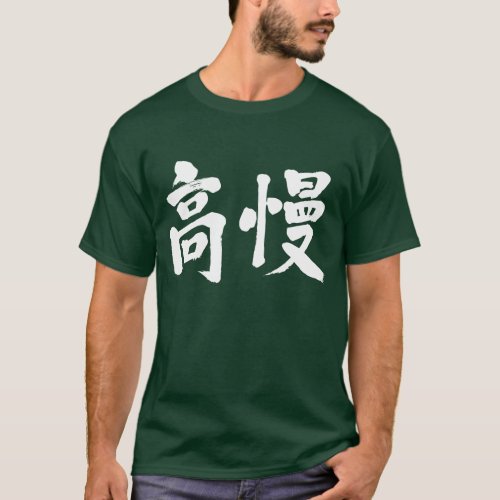
[Kanji] chesty T-Shirt
1.having or showing feelings of unwarranted importance out of overbearing pride 2.having or showing arrogant superiority to and disdain of those one views as un
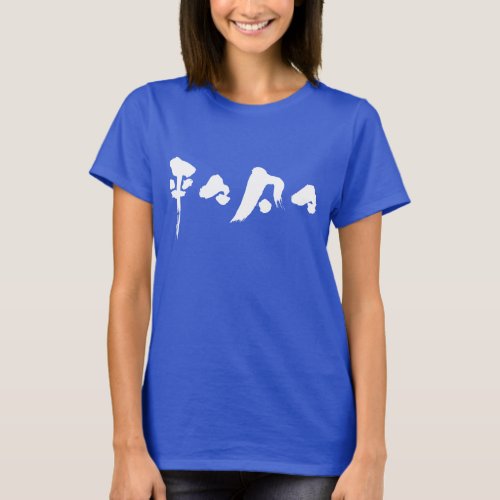
[Kanji] commonplace T-Shirt
1.ordinariness as a consequence of being average and not outstanding 2.the quality of lacking taste and refinement 3.the expected or commonplace condition or si
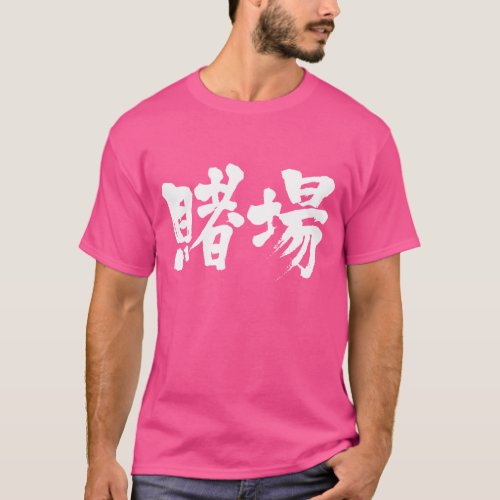
[Kanji] gambling house T-Shirt
a public building in which a variety of games of chance can be played. Japanese calls To-Ba.
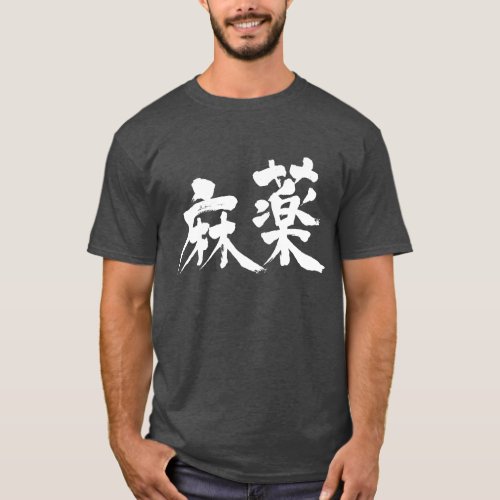
[Kanji] Drug T-Shirt
a substance used to treat moderate to severe pain. narcotics are like opiates such as morphine and codeine, but are not made from opium. they bind to opioid rec
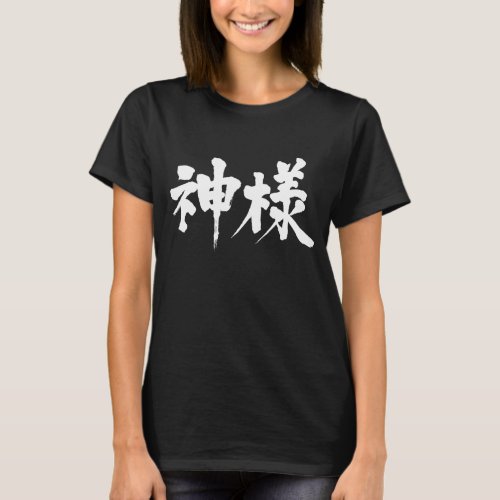
[Kanji] God T-Shirt
1. any supernatural being worshipped as controlling some part of the world or some aspect of life or who is the personification of a force 2.the supernatural be
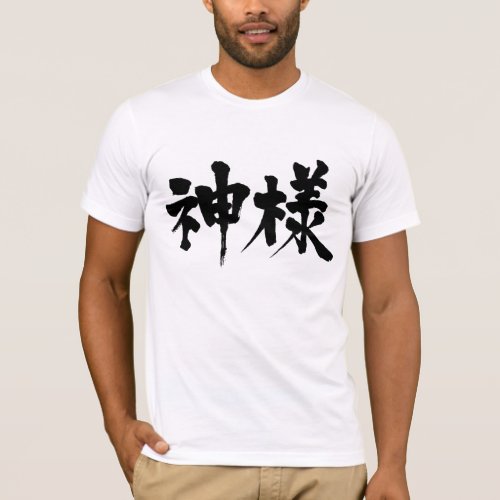
[Kanji] Gods T-Shirt
Japanese calls Kami-sama T-shirt. 1. any supernatural being worshipped as controlling some part of the world or some aspect of life or who is the personificatio
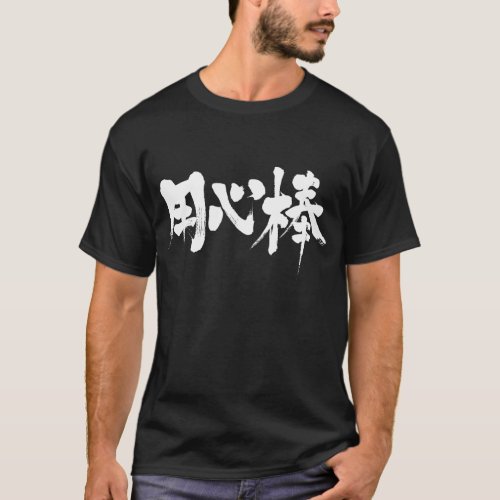
[Kanji] bodyguard T-Shirt
1. a group of men who escort and protect some important person 2. someone who escorts and protects a prominent person 3. a bully employed as a thug or bodyguard
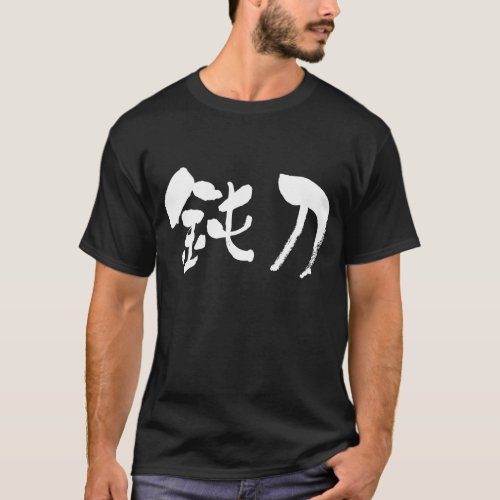
[Kanji] Dull blade T-Shirt
1. not in action or at work 2. disinclined to work or exertion 3. not having a sharp edge or point 4. used of a knife or other blade Japanese calls Namakura.

Tokyo Yamanote line T-Shirt
The Yamanote Line is a railway loop line in Tokyo. All station names in alphabet.
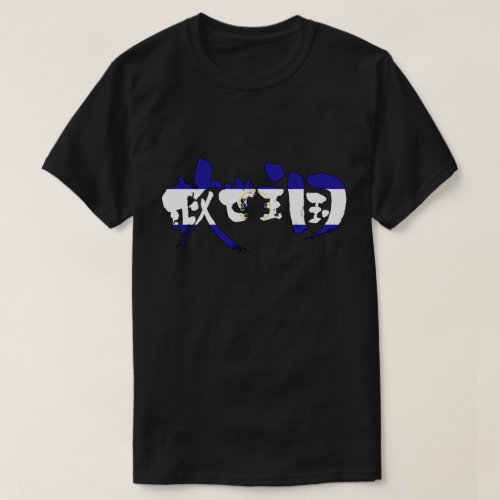
[Kanji] El Salvador T-Shirt
El Salvador is the smallest and the most densely populated country in Central America.
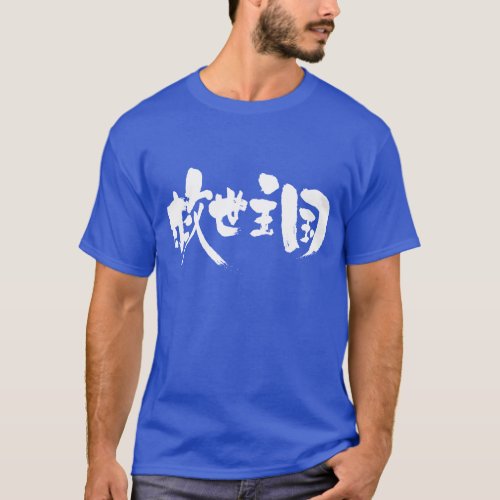
[Kanji] El Salvador as white letters T-Shirt
El Salvador is the smallest and the most densely populated country in Central America.
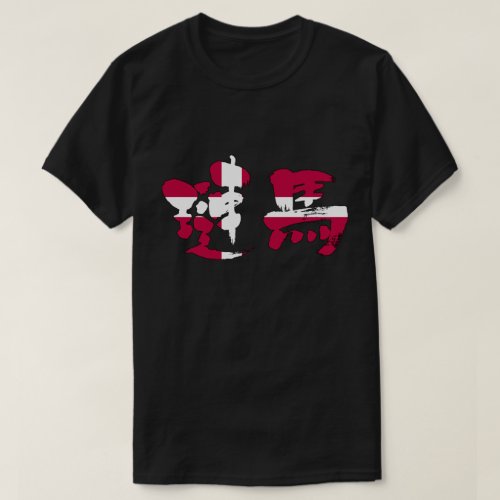
[Kanji] Denmark T-Shirt
Denmark is a country in Northern Europe. The southernmost of the Nordic countries, it is located southwest of Sweden and south of Norway, and bordered to the so
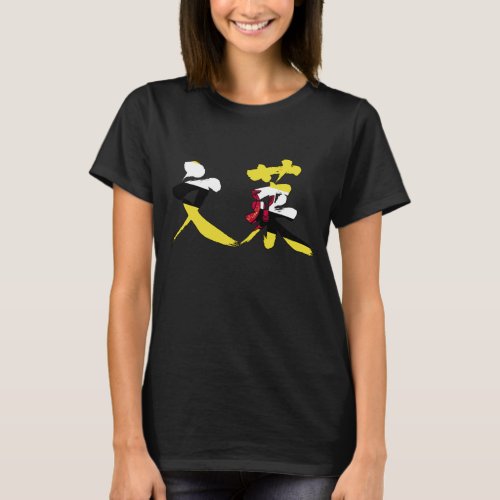
[Kanji] Brunei T-Shirt
Nation of Brunei(Negara Brunei Darussalam, Jawi: نڬارا بروني دارالسلام), is a sovereign state located on the north coast of the island of Borneo in Southeast A
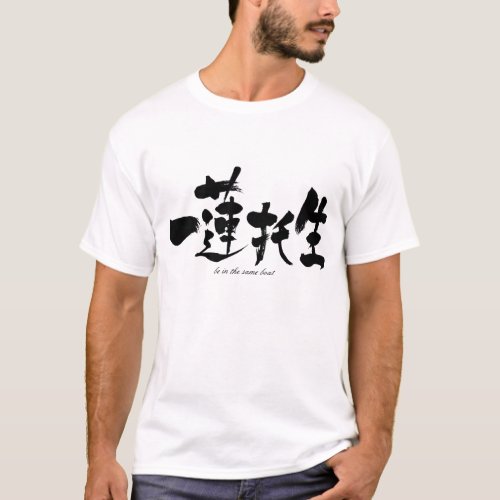
[Kanji] be in the same boat T-Shirt
sharing one's lot with another. Japanese calls Ichi-Ren-Taku-Sho.
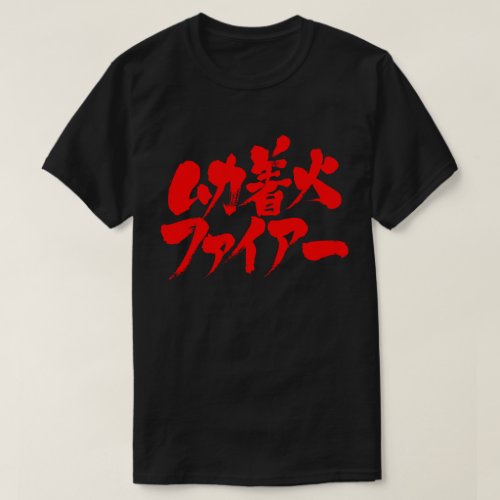
[Kanji + Katakana] very very angry T-Shirt
censure really severely or too angrily. become very angry. It is more anger than Geki-O-Ko-Pu-N-Pu-N-Maru. Japanese currently word as low importance between you
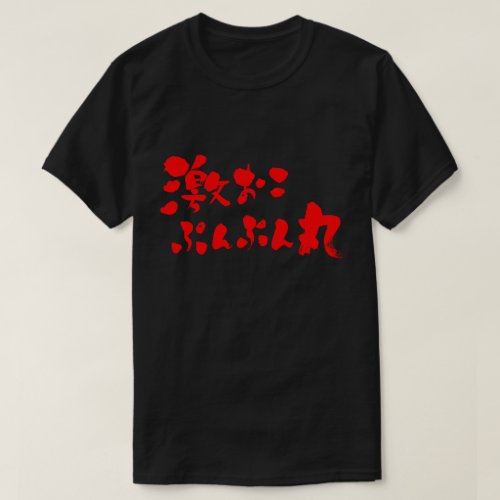
[Kanji + Hiragana] very angry T-Shirt
censure really severely or too angrily. become very angry. Japanese currently word as low importance between young ages. Japanese calls Geki-O-Ko-Pu-N-Pu-N-Maru
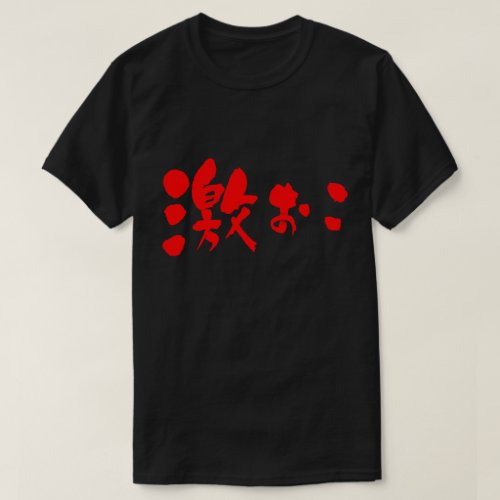
[Kanji + Hiragana] angry T-Shirt
censure severely or angrily. become angry. Japanese calls Geki-O-Ko.
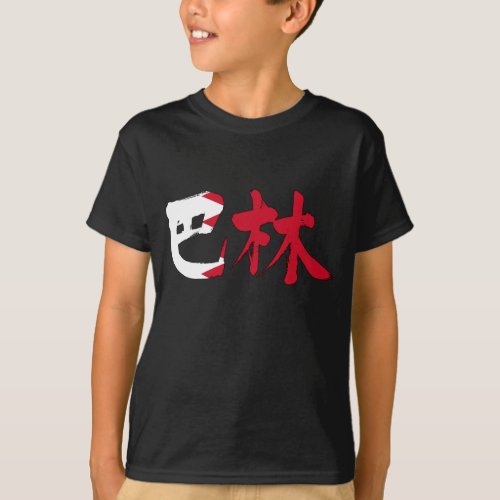
[Kanji] Bahrain T-Shirt
an island country in the Persian Gulf off the coast of Saudi Arabia. an island in the Persian Gulf.
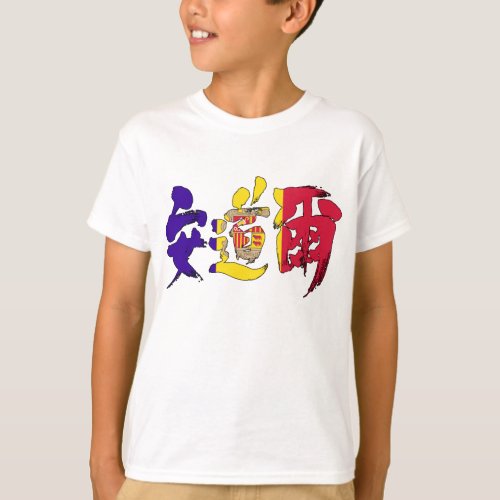
[Kanji] Andorra with flag colors T-Shirt
a small republic in the eastern Pyrenees between Spain and France.
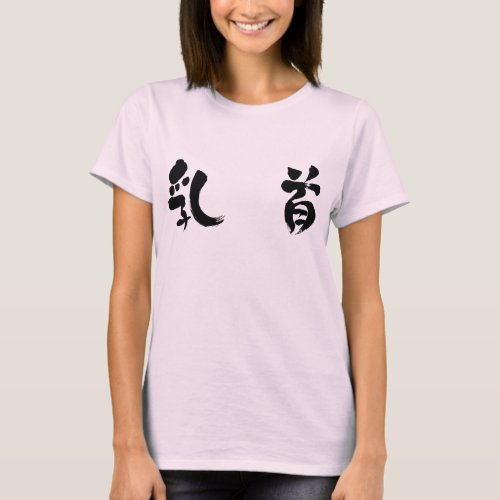
[Kanji] nipple T-Shirt
the small projection of a mammary gland. in anatomy, the small raised area in the center of the breast through which milk can flow to the outside. Japanese call
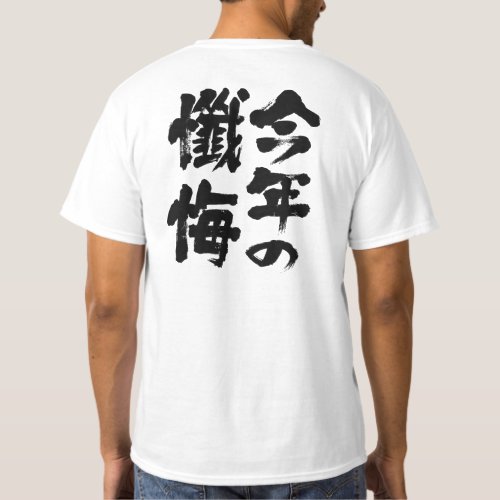
[Kanji] this years confession T-Shirt
Please wear when there are things you want to repent. Japanese calls Kyo-No-Zan-Ge.
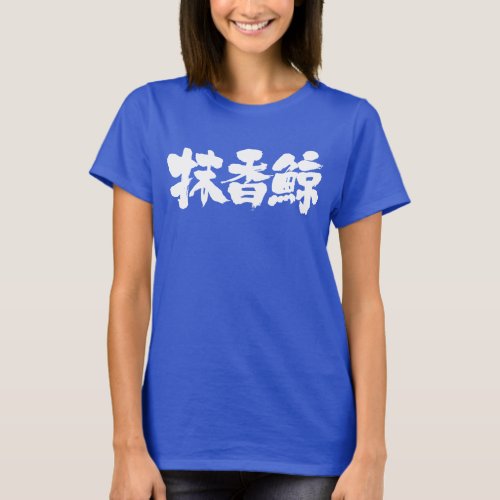
[Kanji] Sperm whale T-Shirt
large whale with a large cavity in the head containing spermaceti and oil. Japanese calls Ma-Kko-Kujira.
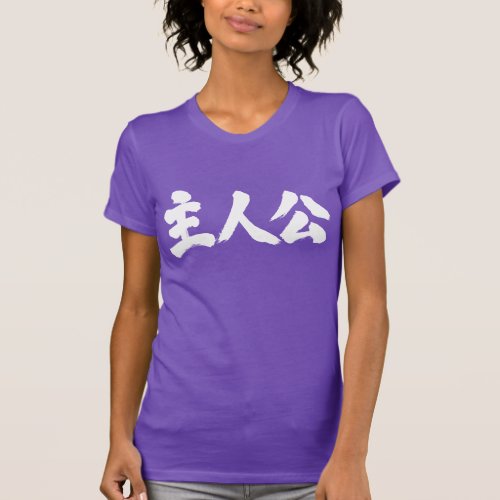
[Kanji] protagonist T-Shirt
the principal character in a play or movie or novel or poem. Japanese calls Shu-Jin-Ko.
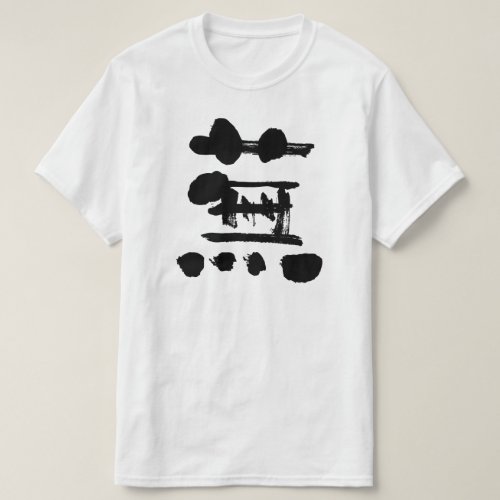
[Kanji] turnip as black letter T-Shirt
widely cultivated plant having a large fleshy edible white or yellow root. any of several widely cultivated plants having edible roots. root of any of several m
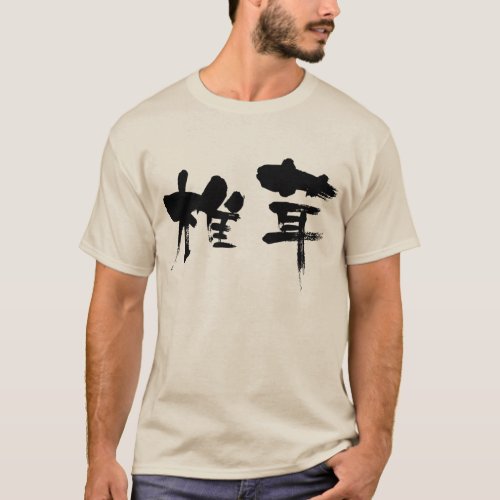
[Kanji] Shiitake mushroom T-Shirt
edible east Asian mushroom having a golden or dark brown to blackish cap and an inedible stipe. Japanese calls Shii-Take.
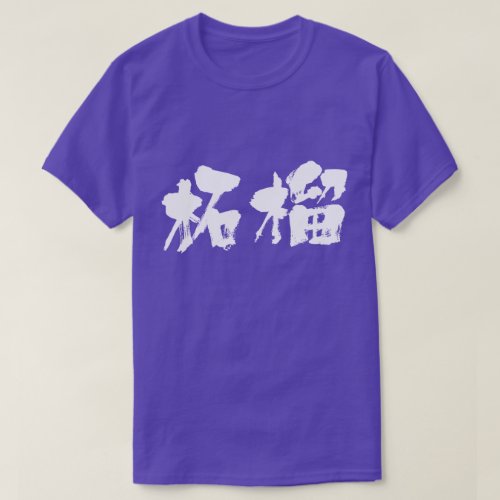
[Kanji] pomegranate T-Shirt
large globular fruit having many seeds with juicy red pulp in a tough brownish-red rind. Japanese calls Zakuro.
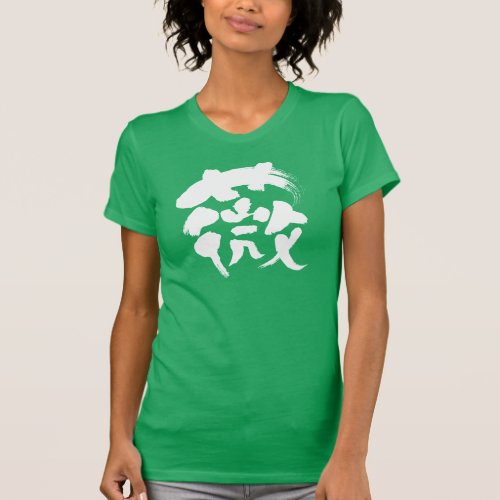
[Kanji] osmund T-Shirt
any fern of the genus Osmunda: large ferns with creeping rhizomes. Eats shoots in Japan. Japanese calls Zenmai.
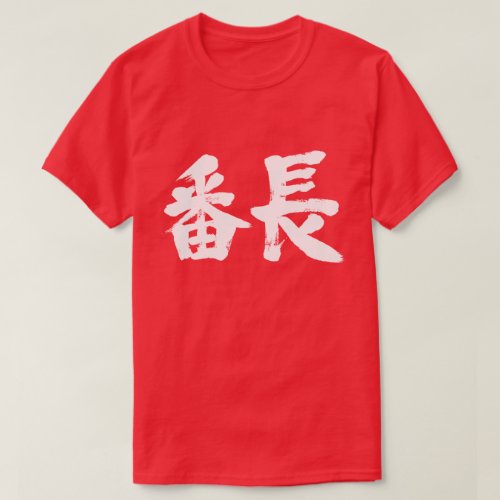
[Kanji] juvenile gang leader T-Shirt
the leader of a group of juvenile delinquents. Japanese calls Ban-Cho.
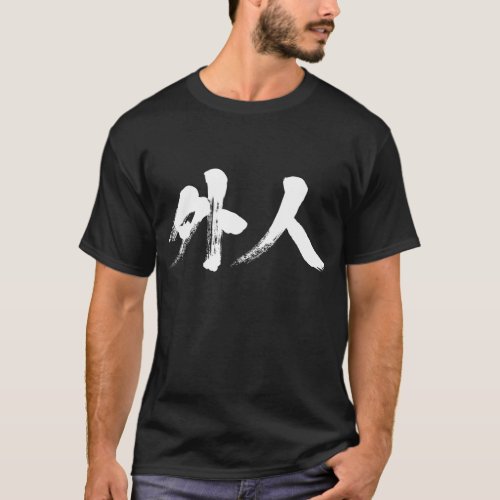
[Kanji] foreigner T-Shirt
a person who comes from a foreign country. anyone who does not belong in the environment in which they are found. Japanese calls Gai-Jin.
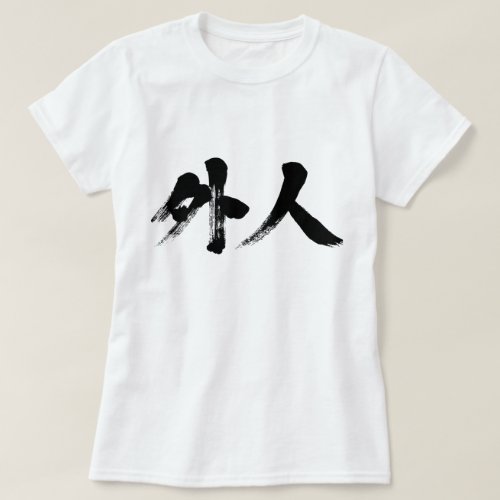
[Kanji] foreigner T-Shirt
a person who comes from a foreign country. anyone who does not belong in the environment in which they are found. Japanese calls Gai-Jin.
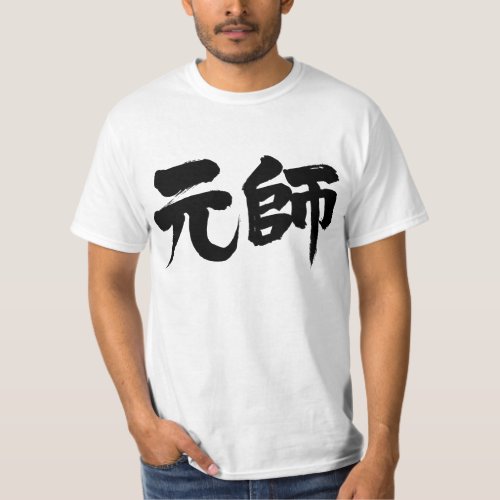
[Kanji] marshal T-Shirt
an officer holding the highest rank in the army. an admiral of the highest rank. a military officer of highest rank. Japanese calls Gen-Sui.
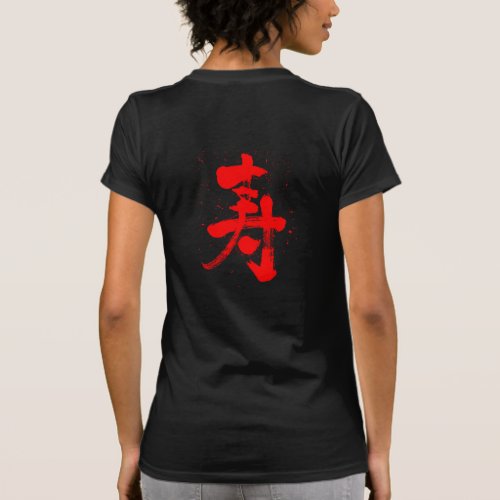
[Kanji] congratulations T-Shirt
the act of acknowledging that someone has an occasion for celebration. Japanese calls Kotobuki.
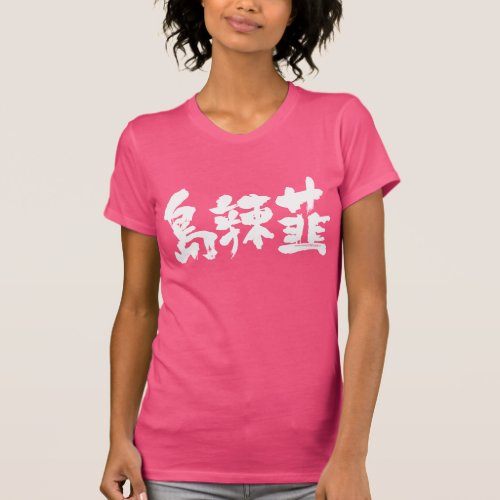
[Kanji] Okinawa scallion T-Shirt
Alliaceae or Liliaceae perennials and vegetables in Okinawa. Japanese calls Shima-Ra-Kyo.
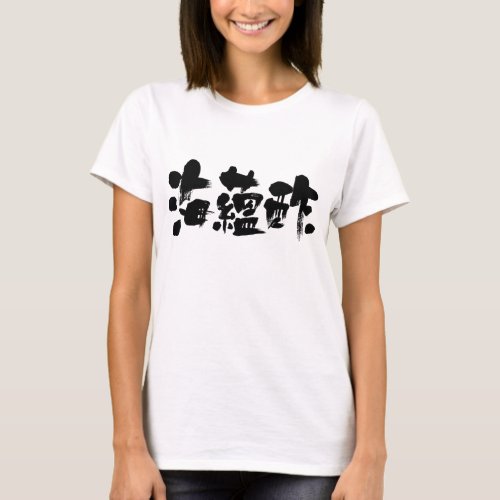
[Kanji] Mozuku seaweed vinegar T-Shirt
a seaweed of the family Spermatochnaceae, considered a delicacy when seasoned with vinegar. Japanese calls Mo-Zuku-Su.
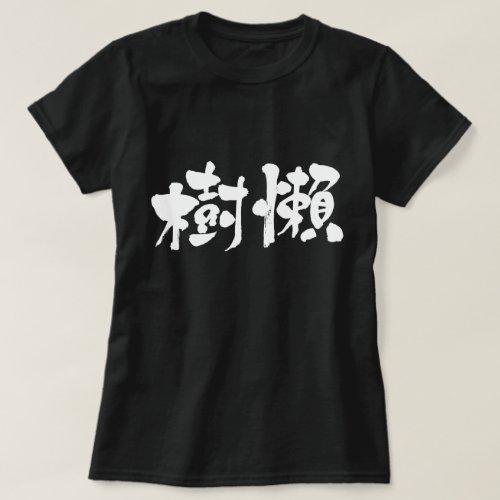
[Kanji] Sloth T-Shirt
any of several slow-moving arboreal mammals of South America and Central America. Japanese calls Namakemono.
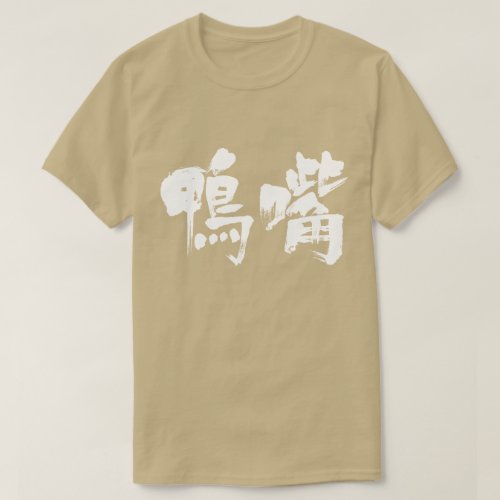
[Kanji] platypus T-Shirt
small densely furred aquatic monotreme of Australia and Tasmania having a broad bill and tail and webbed feet. Japanese calls Kamono-Hashi.
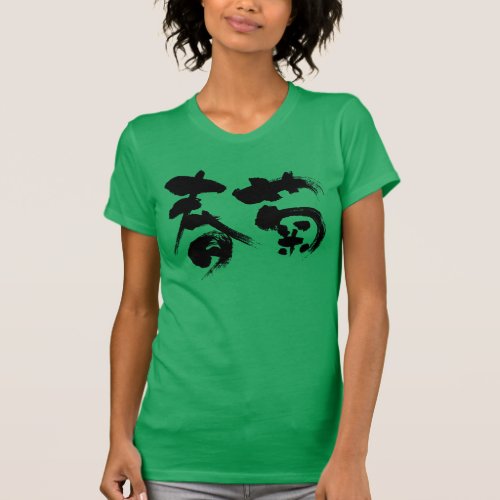
[Kanji] garland chrysanthemum T-Shirt
Garland chrysanthemum are ornamental in Europe. That leaves are cultivated as food in Japan. Japanese calls Go-Koku-Mai.
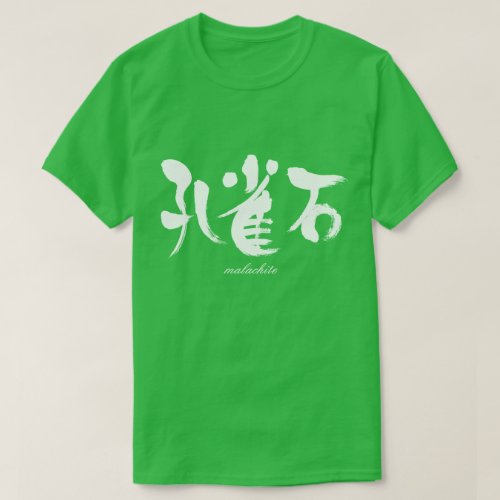
[Kanji] malachite T-Shirt
a green or blue mineral used as an ore of copper and for making ornamental objects. Japanese calls Ku-Jaku-Ishi.
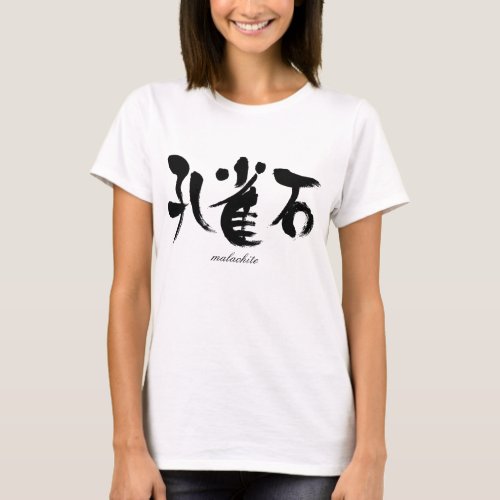
[Kanji] malachite Raglan T-Shirt
a green or blue mineral used as an ore of copper and for making ornamental objects. Japanese calls Ku-Jaku-Ishi.
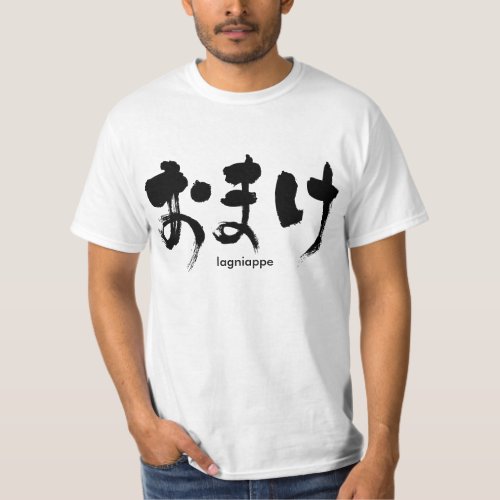
[Hiragana] lagniappe T-Shirt
a small gift especially one given by a merchant to a customer who makes a purchase. Japanese calls O-Ma-Ke.
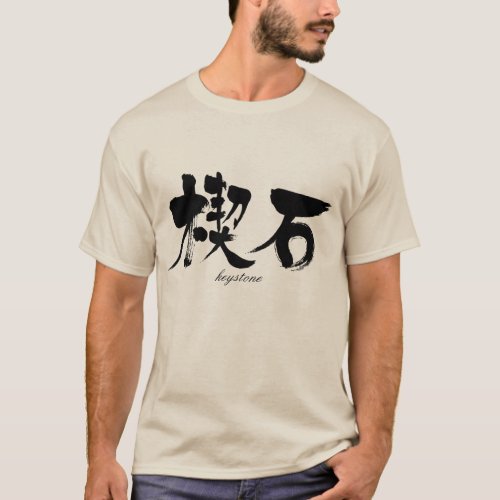
[Kanji] keystone T-Shirt
the central building block at the top of an arch or vault. Japanese calls Kusabi-Ishi.
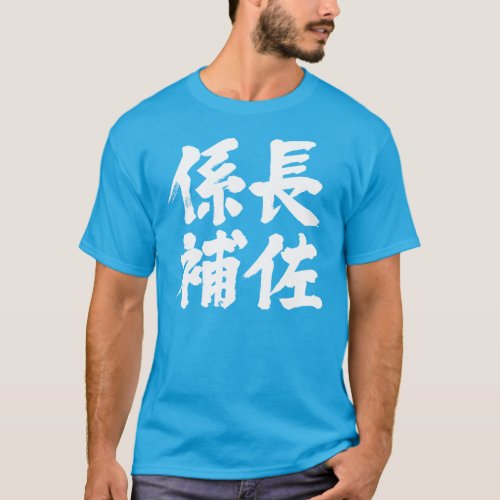
[Kanji] head assistant of a unit T-Shirt
a person responsible for the unit of a business. Japanese calls Kakari-Cho-Ho-Sa.
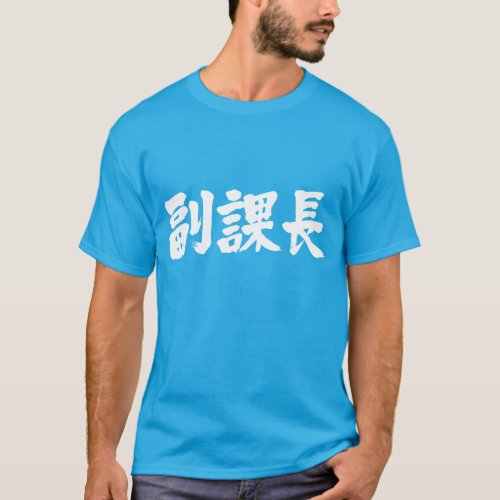
[Kanji] vice chief of a section T-Shirt
a person responsible for the section of a business. Japanese calls Fuku-Ka-Cho.
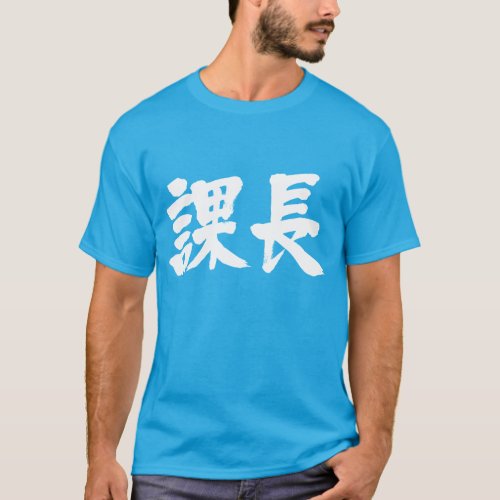
[Kanji] head of a section T-Shirt
a person responsible for the section of a business. Japanese calls Ka-Cho.
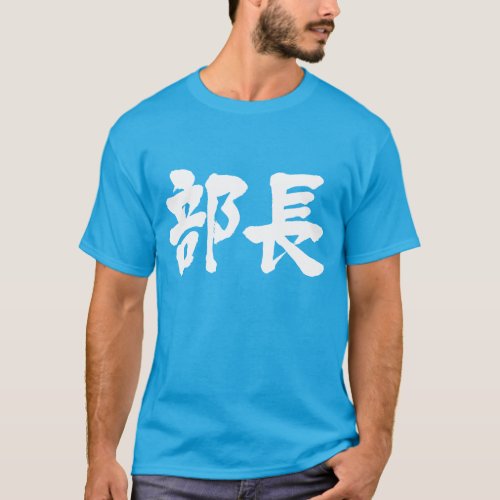
[Kanji] head of a department T-Shirt
a person responsible for the administration of a business. Japanese calls Bu-Cho.
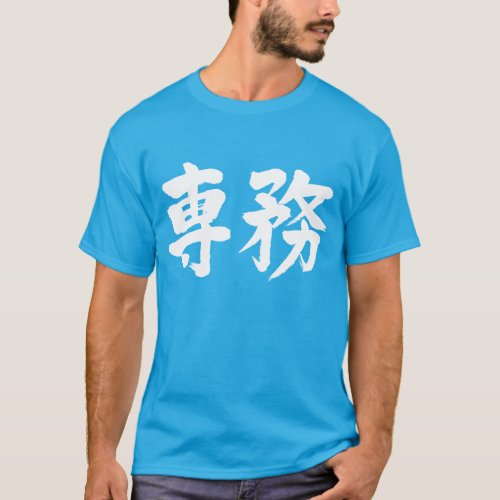
[Kanji] principal duty T-Shirt
a person responsible for the administration of a business. Japanese calls Sen-Mu.
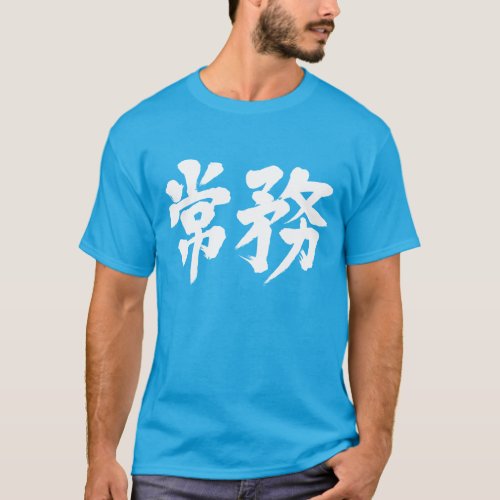
[Kanji] managing director T-Shirt
a person responsible for the administration of a business. Japanese calls Jo-Mu.
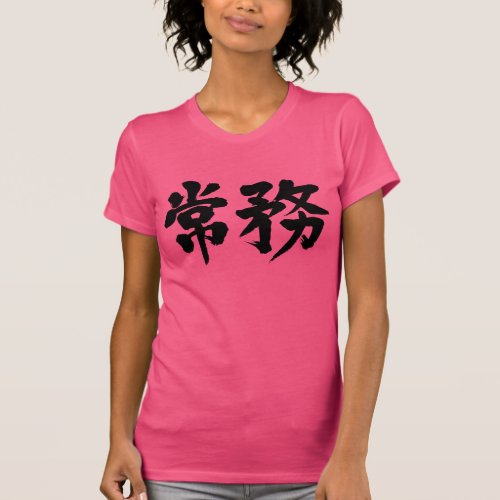
[Kanji] managing director T-Shirt
a person responsible for the administration of a business. Japanese calls Jo-Mu.
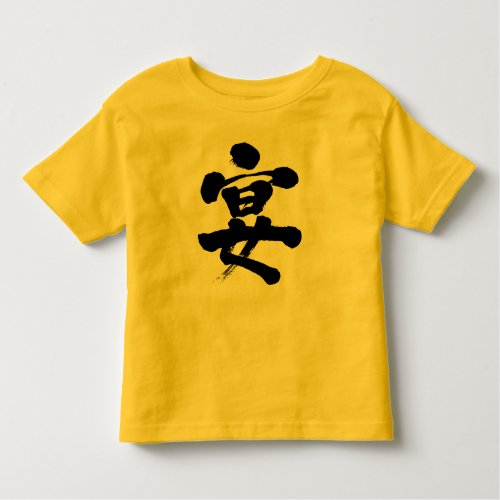
[Kanji] party Toddler T-shirt
an occasion on which people can assemble for social interaction and entertainment. Japanese calls Utage.
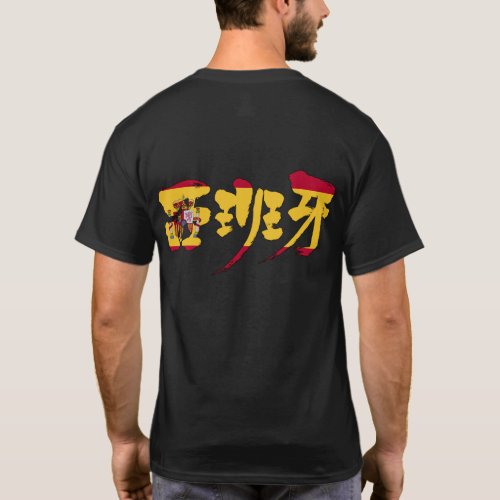
[Kanji] españa T-Shirt
a parliamentary monarchy in southwestern Europe on the Iberian Peninsula. It is a formal Kanji recorded in the dictionary.
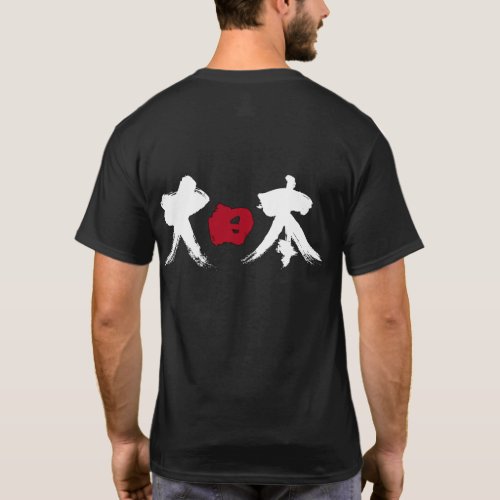
[Kanji] Japan (Dai Nippon) T-Shirt
a constitutional monarchy occupying the Japanese Archipelago. Japanese calls Dai-Nippon.
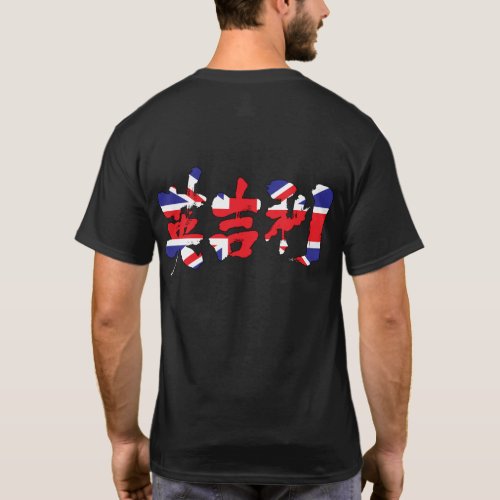
[Kanji] United Kingdom T-Shirt
a monarchy in northwestern Europe occupying most of the British Isles. It is a formal Kanji recorded in the dictionary.
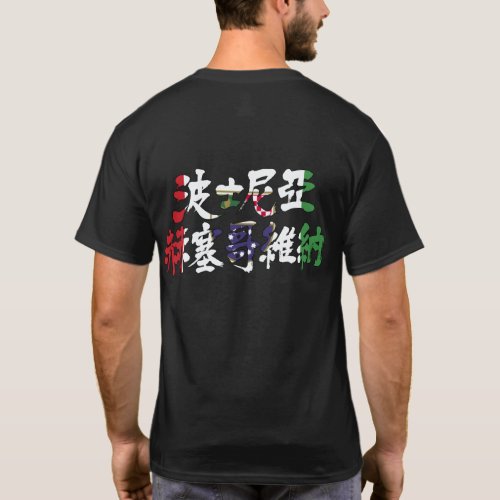
[Kanji] Bosnia and Herzegovina flag color T-Shirt
a mountainous republic of south-central Europe. It is a formal Kanji recorded in the dictionary.
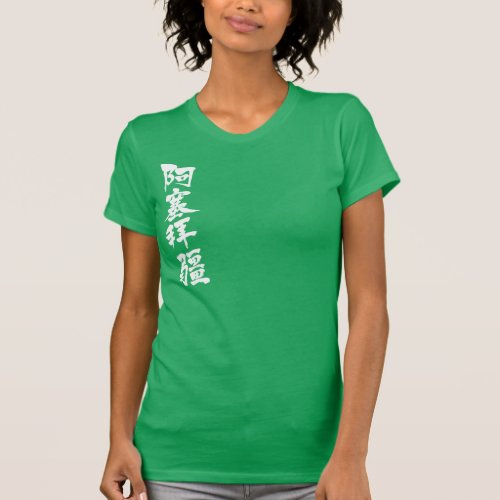
[Kanji] Azerbaijan by vertical T-Shirt
a landlocked republic in southwestern Asia. It is a formal Kanji recorded in the dictionary.
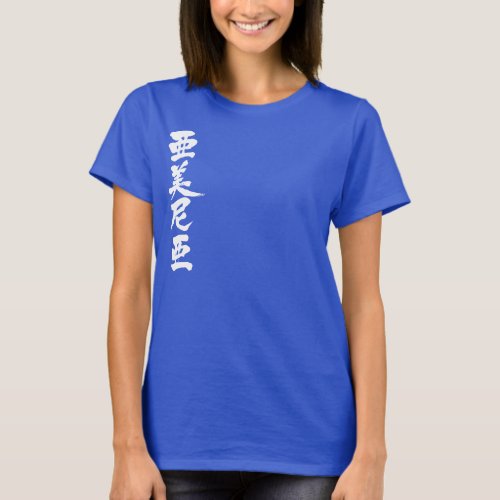
[Kanji] Armenia for name T-Shirt
a landlocked republic in southwestern Asia. It is a formal Kanji recorded in the dictionary.
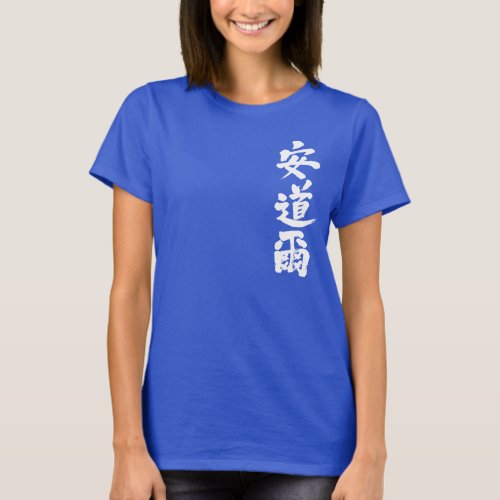
[Kanji] Andorra by vertical T-Shirt
Andorra (officially the Principality of Andorra , also called the Principality of the Valleys of Andorra), is a landlocked microstate in Southwestern Europe, lo
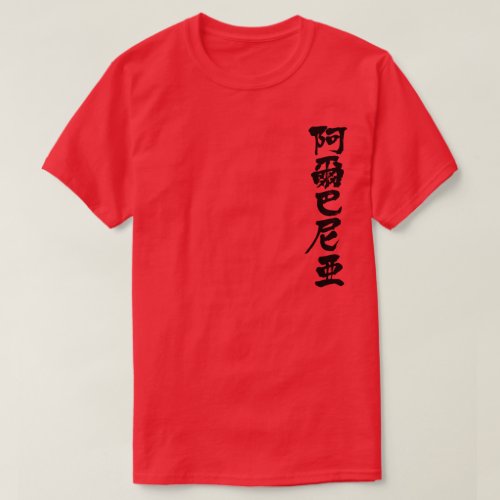
[Kanji] Albania T-Shirt
It is a formal Kanji recorded in the dictionary. a republic in southeastern Europe on the Adriatic coast of the Balkan Peninsula.
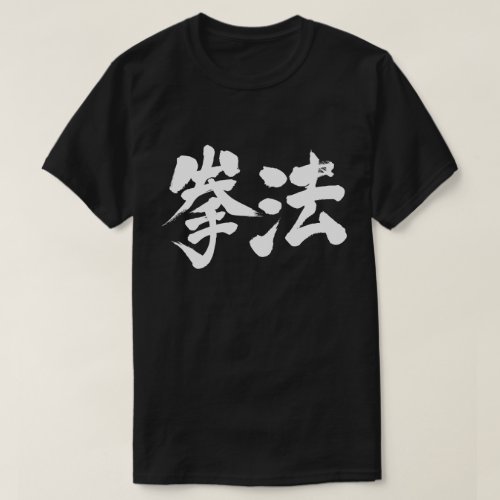
[Kanji] Kenpo T-Shirt
Modern means "martial arts manual" by hitting, poking, kicking and atemi Waza. Japanese calls Ken-Po.
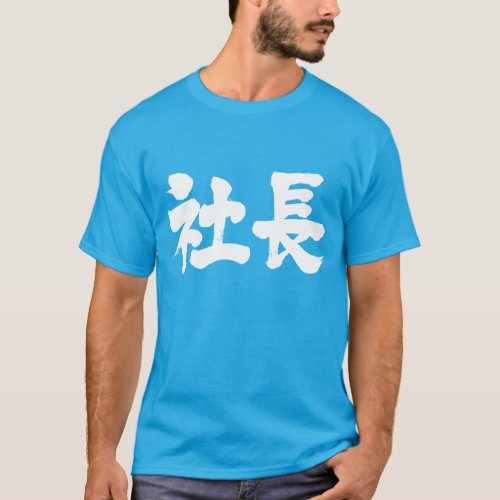
[Kanji] company president T-Shirt
an executive officer of a firm or corporation. the leader of a group meeting. Japanese calls Sha-Cho.
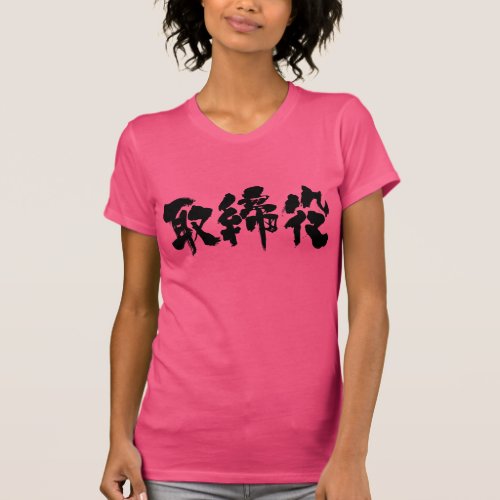
[Kanji] company director (black letters) T-Shirt
someone who administers a business. member of a board of directors. Japanese calls Tori-Shimari-Yaku.
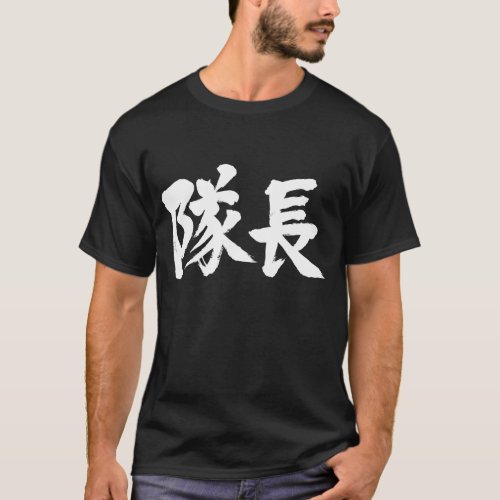
[Kanji] captain T-Shirt
the leader of a group of people. a general officer of the high rank. Japanese calls Tai-Cho.
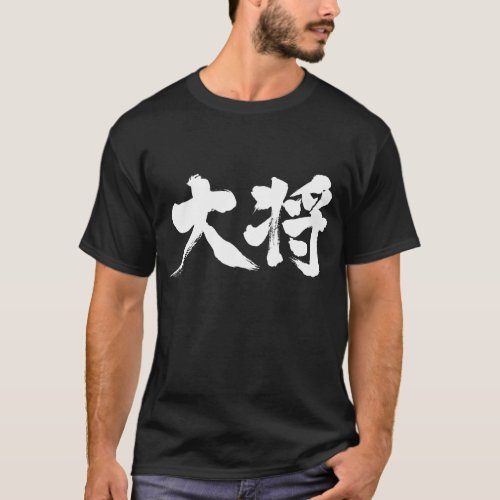
[Kanji] Boss T-Shirt
a person responsible for hiring workers. a person who exercises control and makes decisions. the head of a tribe or clan. a leader in a political party who cont
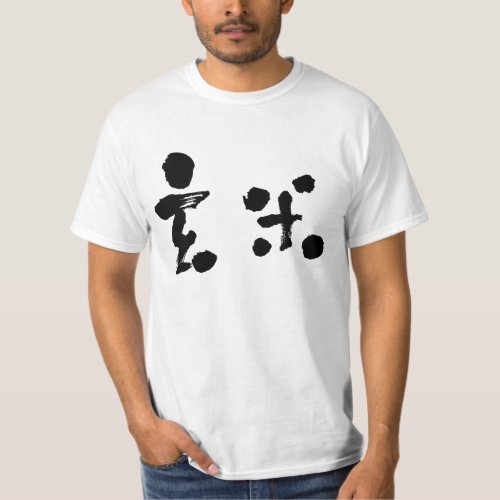
[Kanji] Brown rice T-Shirt
unpolished rice retaining the yellowish-brown outer layer. Japanese calls Gen-Mai.
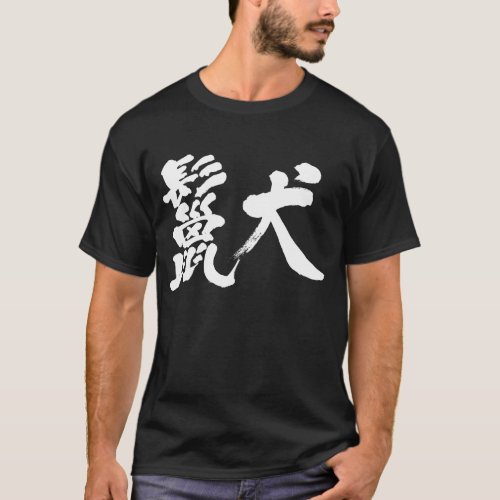
[Kanji] Hyenas T-Shirt
doglike nocturnal mammal of Africa and southern Asia that feeds chiefly on carrion.
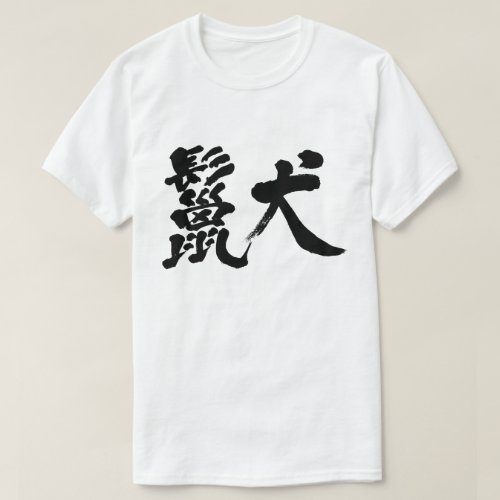
[Kanji] hyena T-shirts
doglike nocturnal mammal of Africa and southern Asia that feeds chiefly on carrion.
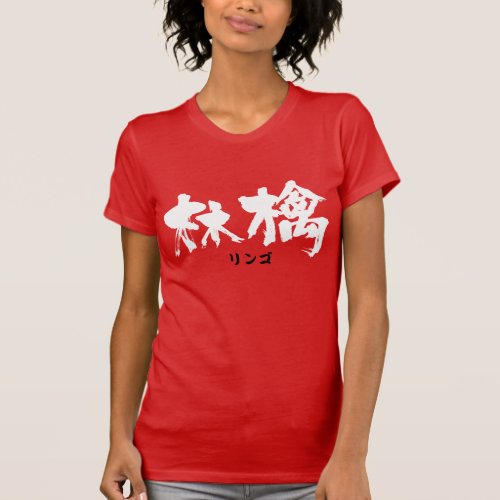
[Kanji] Apple T-Shirt
fruit with red or yellow or green skin and sweet to tart crisp whitish flesh. Japanese calls Rin-Go.
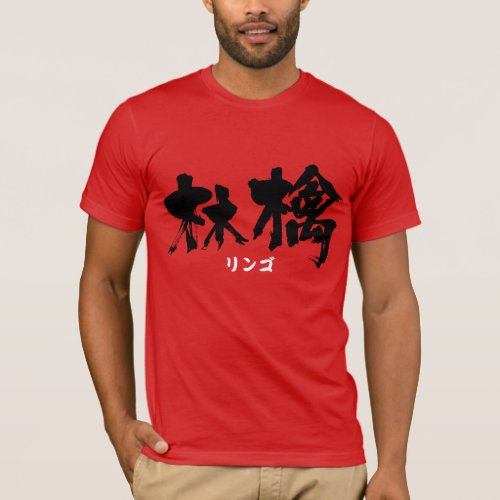
[Kanji] Apple (black letters) T-Shirt
fruit with red or yellow or green skin and sweet to tart crisp whitish flesh. Japanese calls Rin-Go.
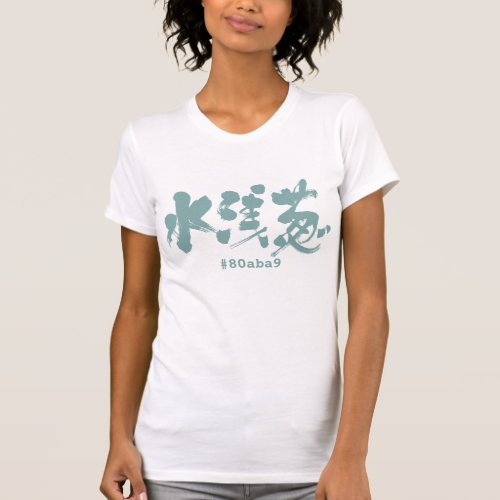
[Kanji] Mizuasagi color T-Shirt
Japanese calls Mizu-Asa-Gi. This color is a representation of the traditional Japan name. #80aba9 R:128 G:171 B:169, C:25% M:0% Y:1% K:33%
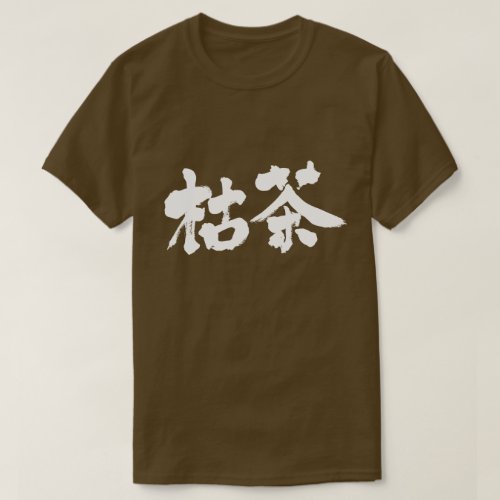
[Kanji] Karacha color T-Shirt
Japanese calls Kara-Cha. This color is a representation of the traditional Japan name. #8d6449 R:141 G:100 B:73, C:0% M:29% Y:48% K:45%
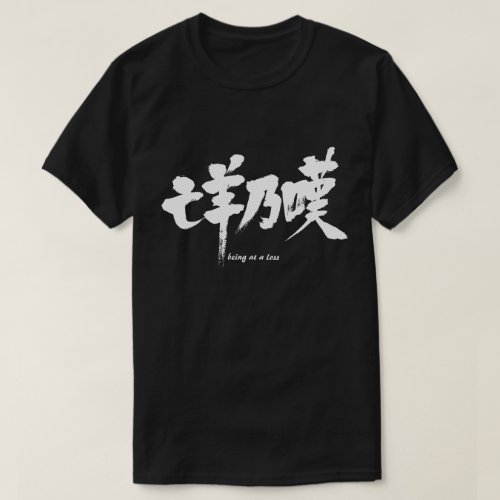
[Kanji] being at a loss T-Shirt
bemoaning the frustration of reaching truth for surplus of academic paths. Japanese calls Bou-Yo-No-Tan.
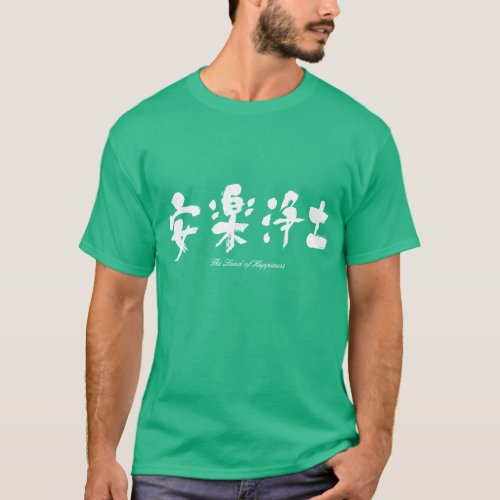
[Kanji] The Land of Happiness T-Shirt
any place of complete bliss and delight and peace. Japanese calls An-Raku-Jo-Do.
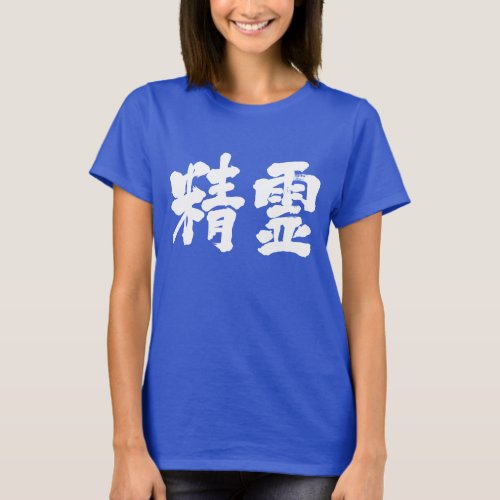
[Kanji] spirit T-Shirt
any incorporeal supernatural being that can become visible to human beings. Japanese calls Sei-Rei.
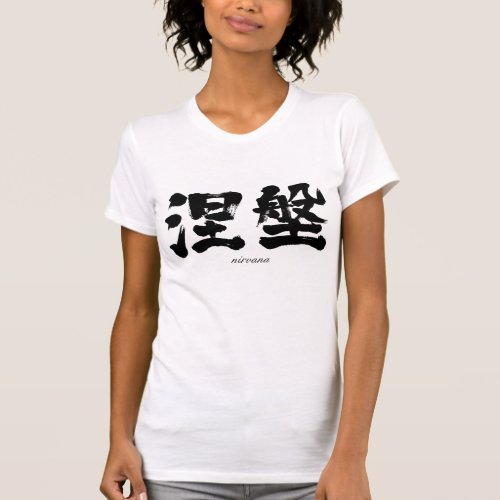
[Kanji] nirvana T-Shirt
the beatitude that transcends the cycle of reincarnation. Japanese calls Ne-Han.
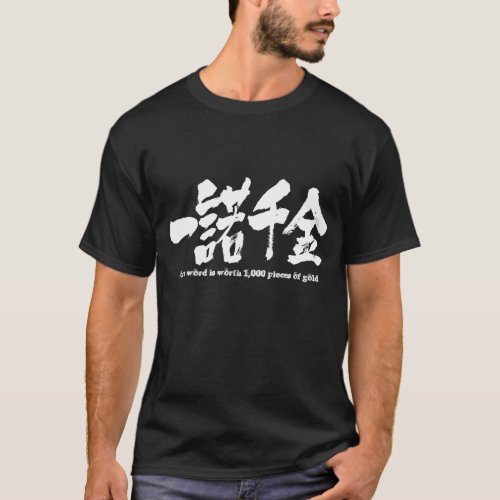
[Kanji] one's word is worth 1,000 pieces of gold T-Shirt
a promise should be kept at all cost. Japanese calls Ichi-Daku-Sen-Kin.
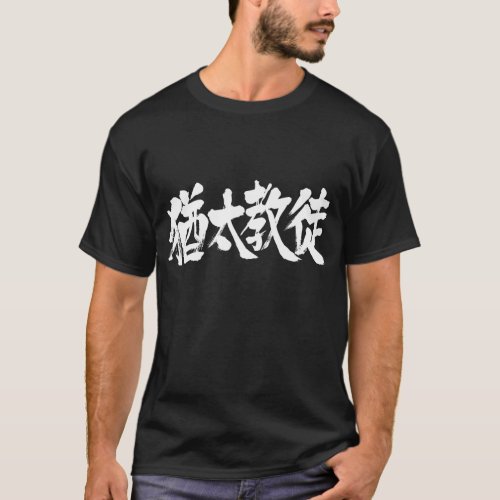
[Kanji] Judaist T-Shirt
Japanese calls Yu-Daya-Kyo-To. a person belonging to the worldwide group claiming descent from Jacob and connected by cultural or religious ties
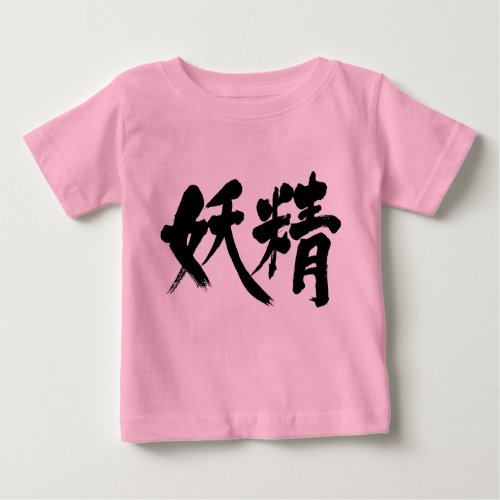
[Kanji] fairy Baby T-Shirt
Japanese calls Yo-Sei. a small being, human in form, playful and having magical powers
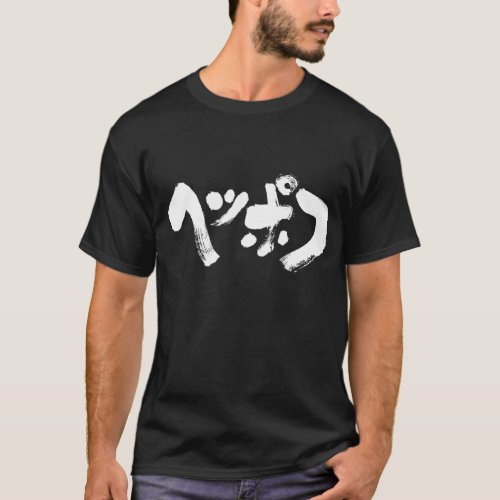
[Katakana] useless T-Shirt
Japanese calls He-Ppo-Ko. having no beneficial use or incapable of functioning usefully
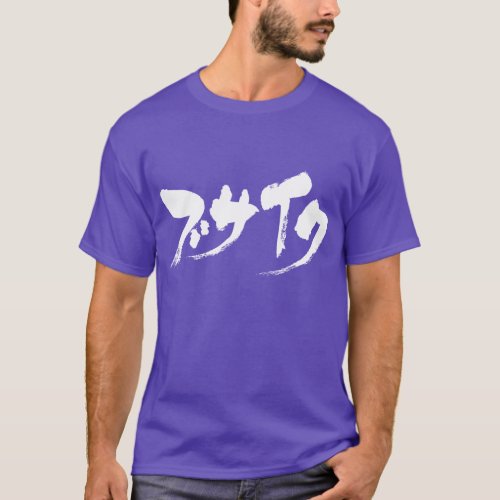
[Katakana] ugly T-Shirt
Japanese calls Bu-Sa-I-Ku. displeasing to the senses. lacking in physical beauty or proportion.
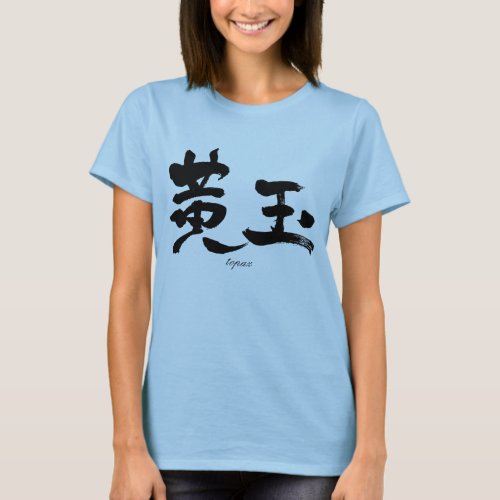
[Kanji] topaz black letters T-Shirt
Japanese calls Ou Gyoku. a mineral that occurs in crystals of various colors and is used as a gemstone
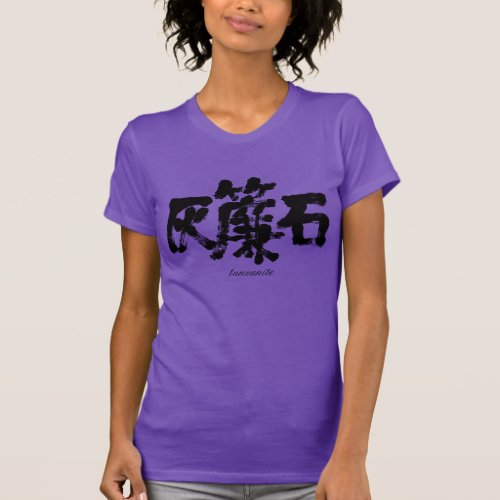
[Kanji] tanzanite T-Shirt
Japanese calls Kan Rei Seki. A trichroic violet-blue variety of the mineral zoisite mined in Tanzania, used as a gemstone.
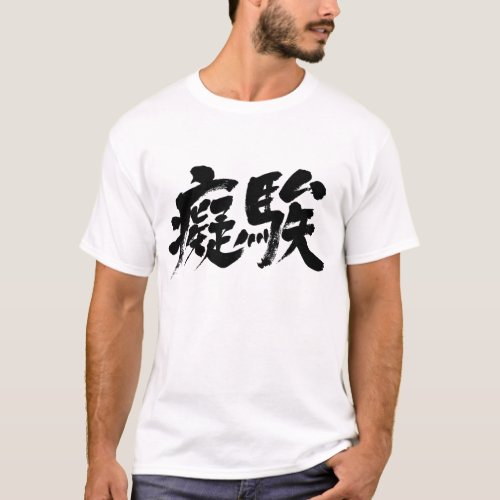
[Kanji] Stupid Raglan T-Shirt
Japanese calls Chi-Gai. It's very difficult to read for Japanese too. a person who is not very bright
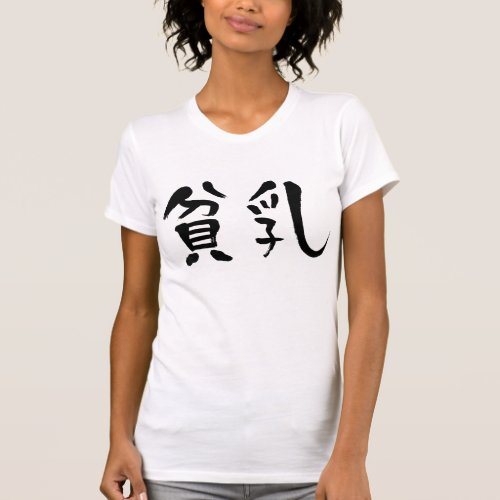
[Kanji] tiny breasts T-Shirt
Japanese calls Hin-Nyu. It is a slang term commonly known in Japan. It is a slang term for small breasts women.
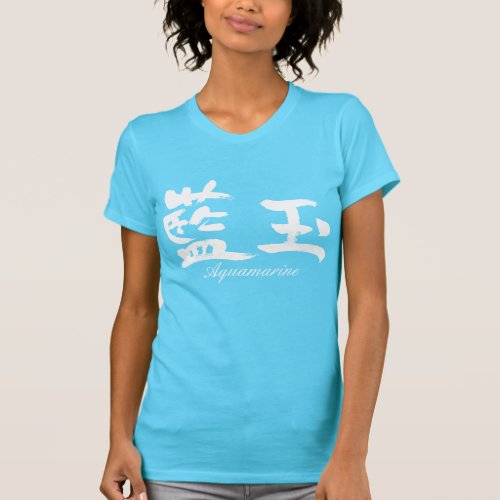
[Kanji] Aquamarine T-Shirt
Japanese calls Ai-Gyoku a transparent variety of beryl that is blue green in color
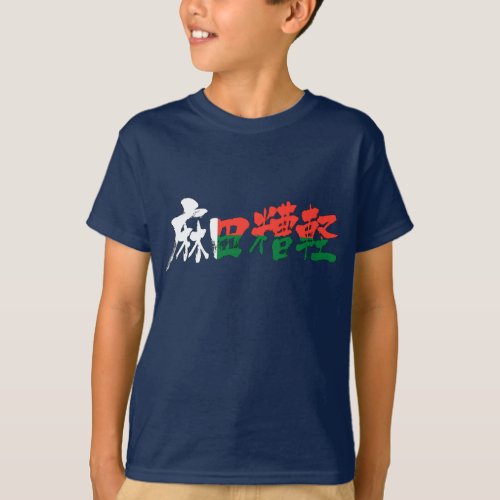
[Kanji] Madagascar T-Shirt
an island in the Indian Ocean off the southeastern coast of Africa. a republic on the island of Madagascar.
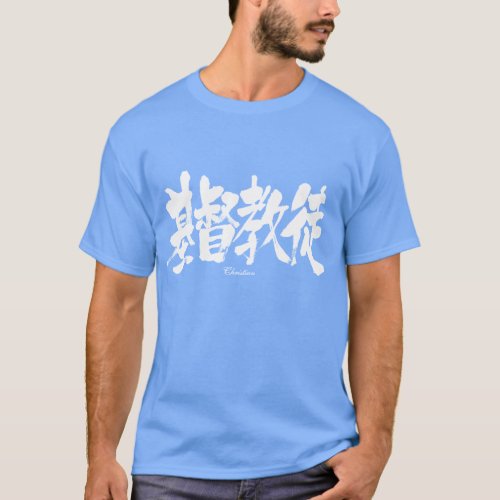
[Kanji] Christian T-Shirt
Japanese calls Kiri-Suto-Kyo-To a religious person who believes Jesus is the Christ and who is a member of a Christian denomination
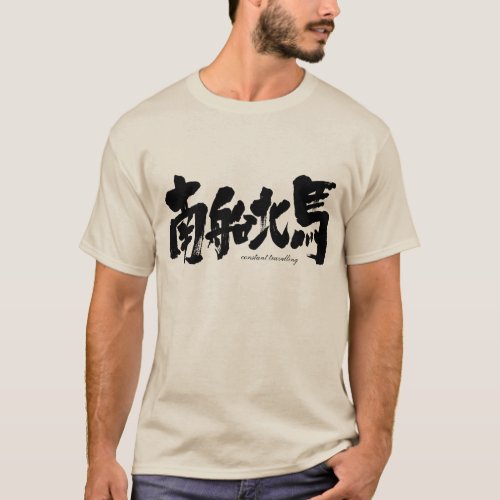
[Kanji] constant travelling T-Shirt
Japanese calls Nan-Sen-Hoku-Ba. being on the move, restless wandering
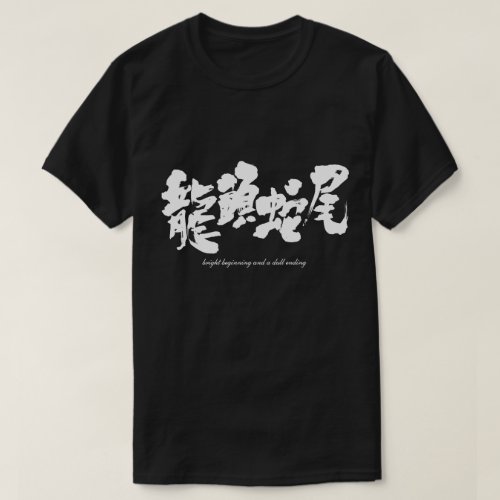
[Kanji] bright beginning and a dull ending T-Shirt
Japanese calls Ryu-To-Da-Bi. a strong beginning and a weak ending
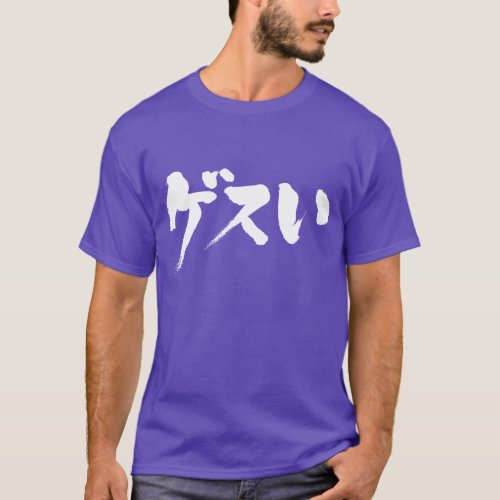
[Katakana+Hiragana] mean fellow T-Shirt
Japanese calls Ge-Su-I as Contemporary colloquial. having or showing an ignoble lack of honor or morality
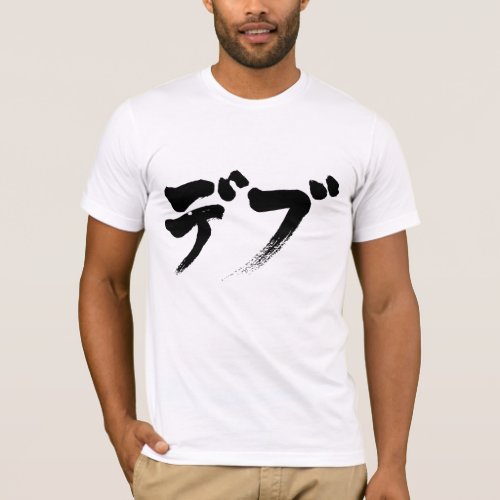
[Katakana] chubby T-Shirt
Japanese calls De-Bu. sufficiently fat so as to have a pleasing fullness of figure
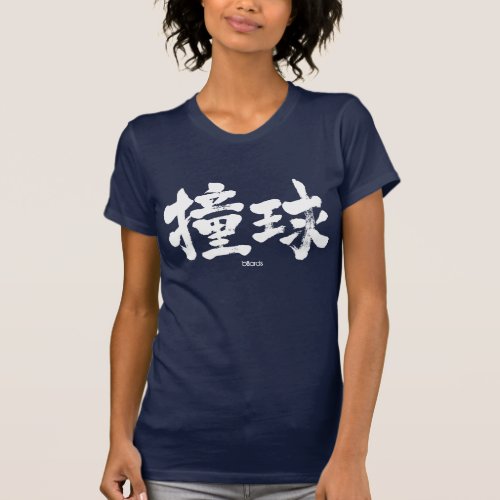
[Kanji] billiards T-Shirt
Japanese called "Do Kyu". any of several games played on rectangular cloth-covered table in which long tapering cue sticks are used to propel ivory ba
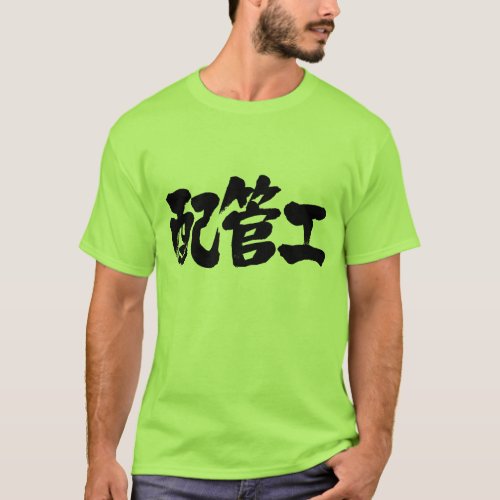
[Kanji] plumber T-shirts
Japanese calls "Hai Kan Ko" a craftsman who installs and repairs pipes and fixtures and appliances
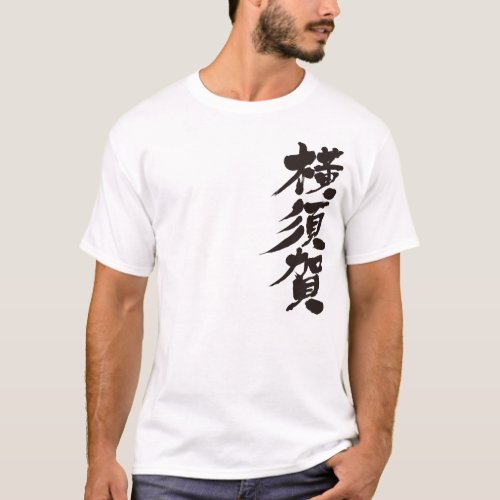
[Kanji] Yokosuka T-Shirt
Yokosuka-shi is a city located in Kanagawa Prefecture, Japan.The U.S. Navy anchored in here.
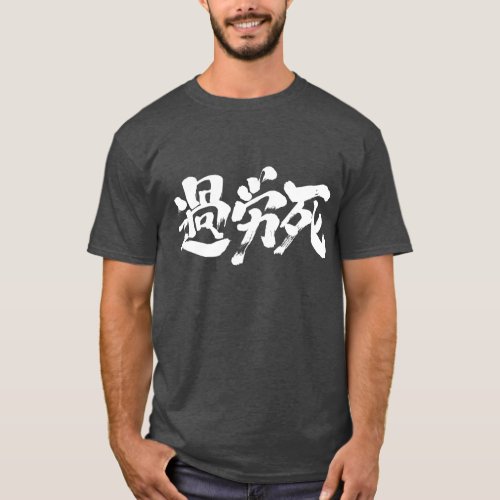
[Kanji] Karoushi (white letters) T-Shirt
Japanese calls "Ka Rou Shi". death from overwork and mental stress.
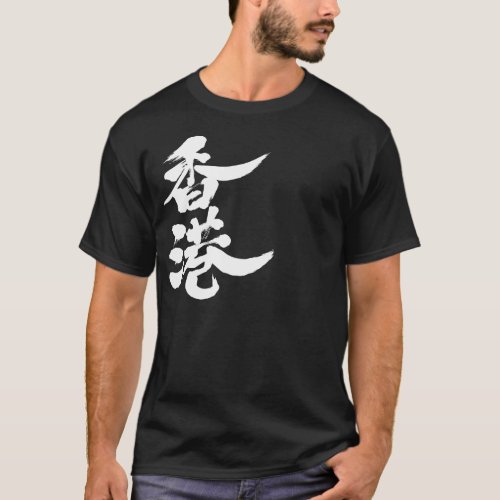
[Kanji] Hongkong T-Shirt
formerly a Crown Colony on the coast of southern China in Guangdong province
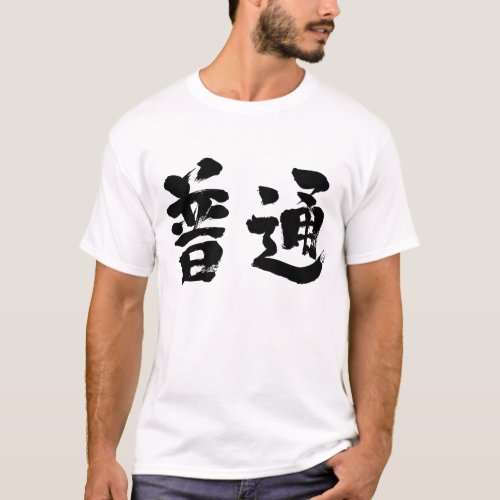
[Kanji] regular T-Shirt
Japanese calls Fu-Tsu. the expected or commonplace condition or situation. completely ordinary and unremarkable.
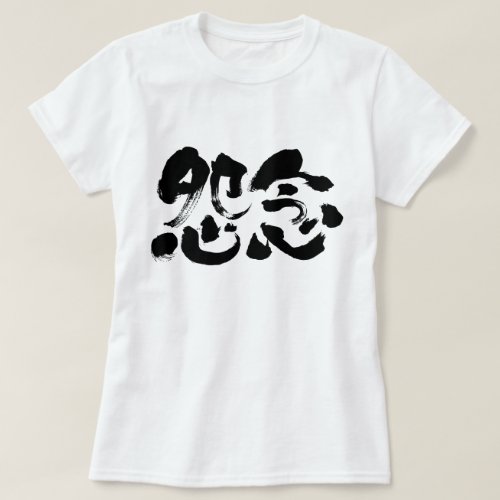
[Kanji] deep‐seated grudge T-Shirt
Japanese calls On-Nen. a resentment strong enough to justify retaliation. feeling a need to see others suffer.
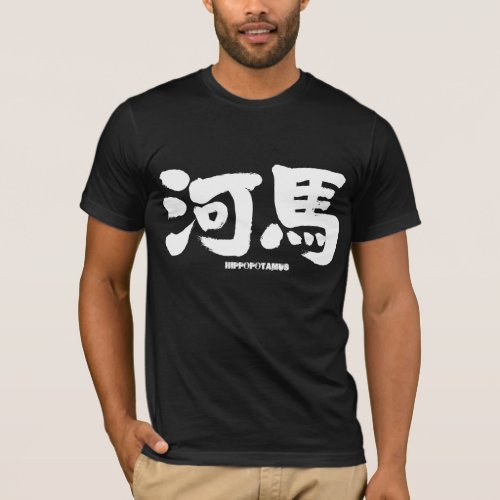
[Kanji] hippopotamus as white letters T-Shirt
Japanese calls Ka-Ba. massive thick-skinned herbivorous animal living in or around rivers of tropical Africa.
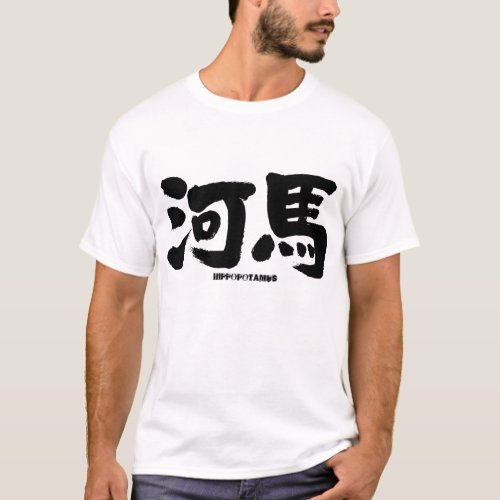
[Kanji] hippopotamus T-Shirt
Japanese calls Ka-Ba. massive thick-skinned herbivorous animal living in or around rivers of tropical Africa.
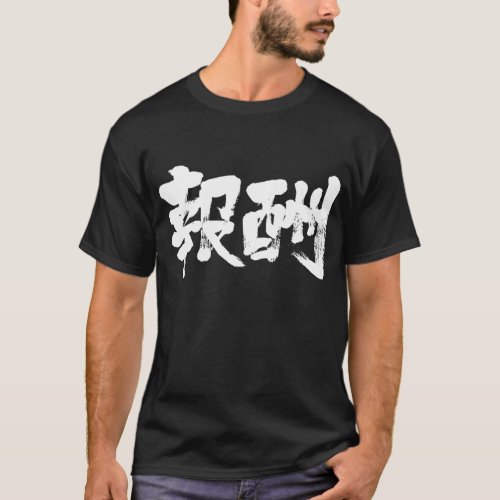
[Kanji] reward T-Shirt
Japanese calls "Hou-Shu". the act of paying for goods or services or to recompense for losses. benefit resulting from some event or action.
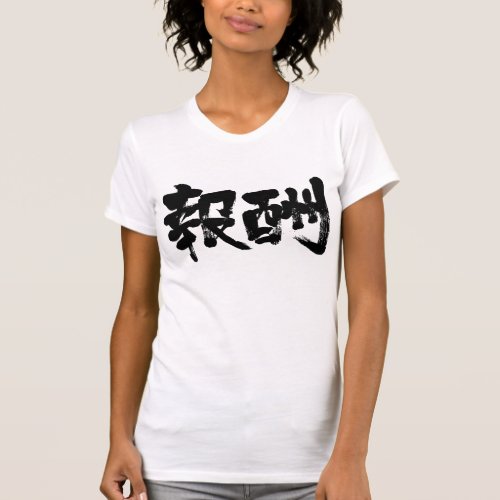
[Kanji] reward T-Shirt
Japanese calls "Hou-Shu". the act of paying for goods or services or to recompense for losses. benefit resulting from some event or action.
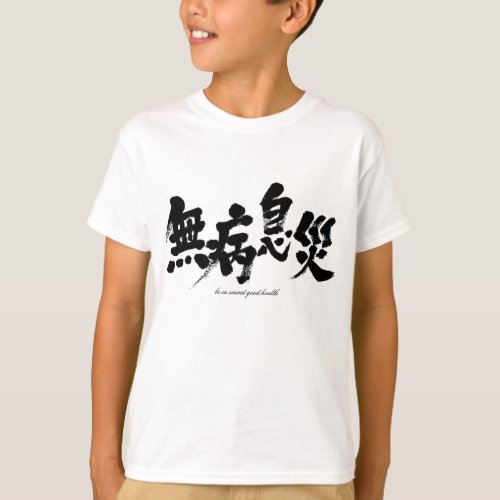
[Kanji] be in sound good health T-Shirt
Japanese calls "Mu-Byo-Soku-Sai". Liveable life without illness or injury
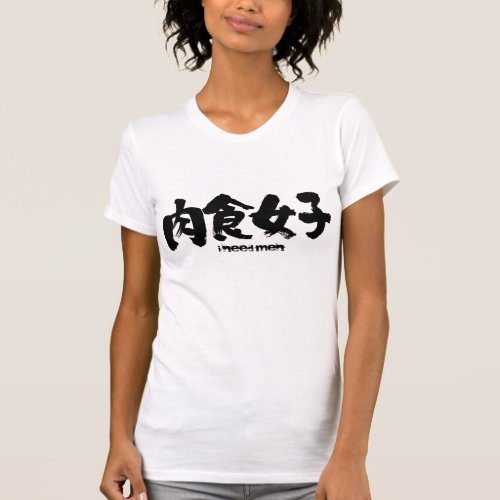
[Kanji] Carnivorous girl T-Shirt
Slang of Japan. They are love and connection for the men to act aggressively.
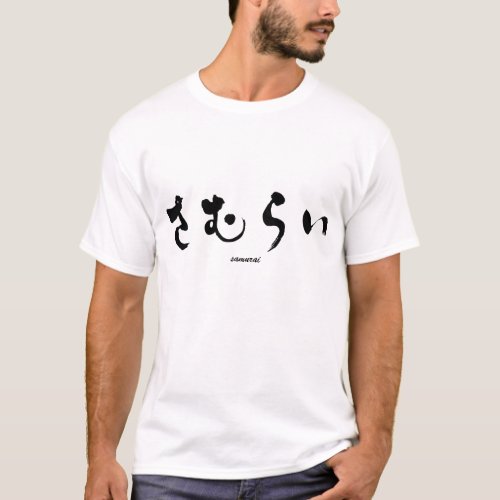
[Hiragana] samurai T-Shirt
feudal Japanese military aristocracy. a Japanese warrior who was a member of the feudal military aristocracy
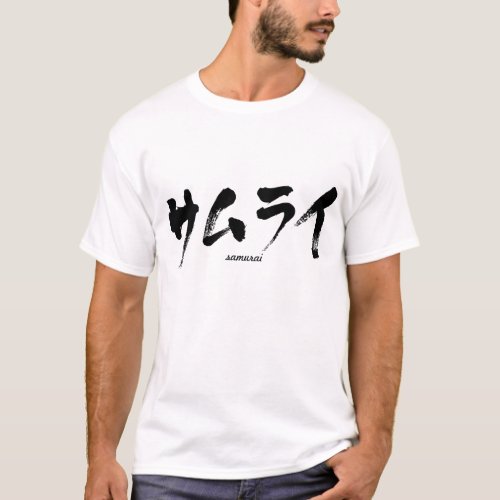
[Katakana] Samurai T-Shirt
feudal Japanese military aristocracy. a Japanese warrior who was a member of the feudal military aristocracy
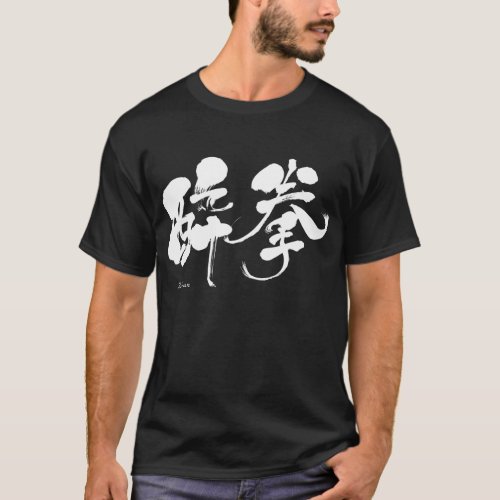
[Kanji] Zui Quan T-Shirt
Zui Quan is a concept in traditional Chinese martial arts, as well as a classification of modern Wushu forms. Zui Quan is sometimes called Zuijiuquan
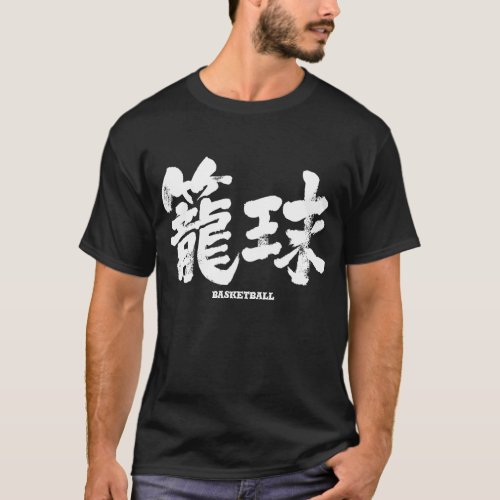
[Kanji] basketball T-Shirt
In the old days was called RouKyu. a game played on a court by two opposing teams of 5 players
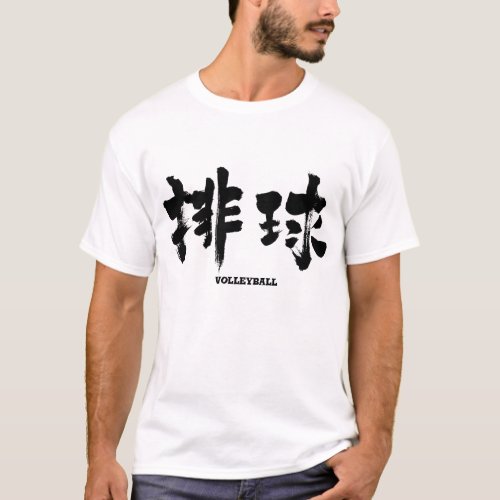
[Kanji] Volleyball T-Shirt
In the old days was called HaiKyu. a game in which two teams hit an inflated ball over a high net using their hands
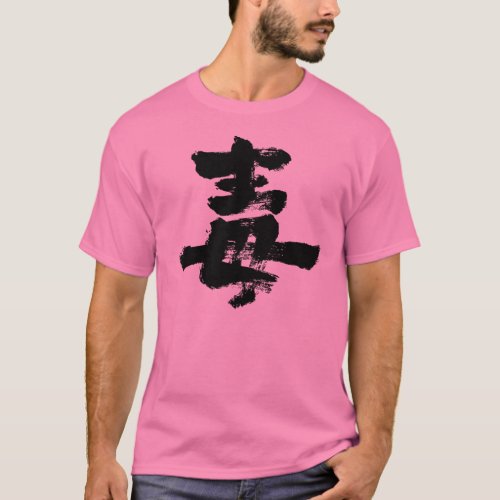
[Kanji] Poison T-Shirt
Japanese tells "Doku". any substance that causes injury or illness or death of a living organism
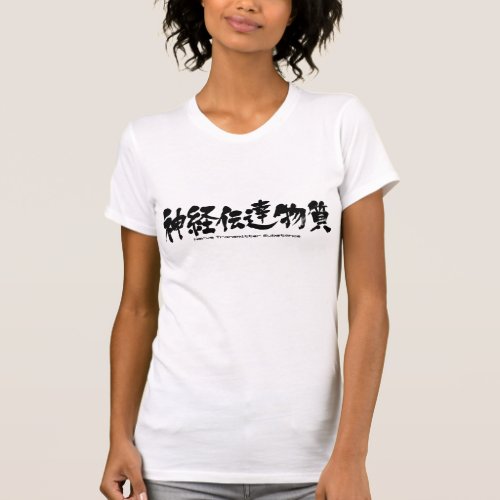
[Kanji] Neurotransmitter T-Shirt
Japanese tells "Shinkei Dentatsu Bushitsu". a chemical that is made by nerve cells and used to communicate with other cells, including other nerve cel
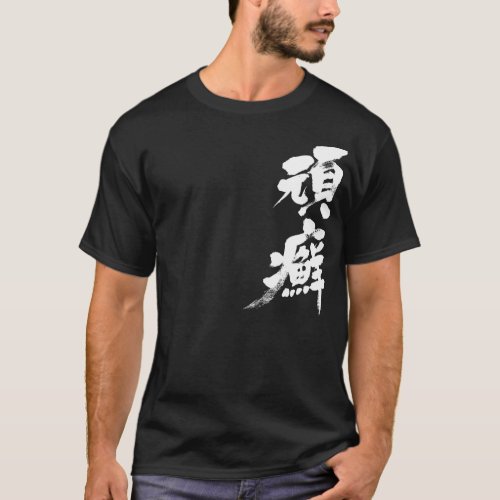
[Kanji] Ringworm T-Shirt
Japanese tells "Tamushi" as human Disease. few people for the difficult to read. infections of the skin or nails caused by fungi and appearing as itch
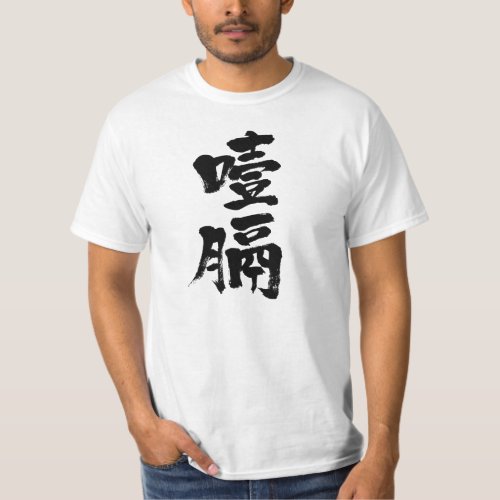
[Kanji] Esophageal cancer T-Shirt
Japanese tells "Shokudo Gan" as human Disease. few people for the difficult to read. cancer that forms in tissues lining the esophagus. two types of e
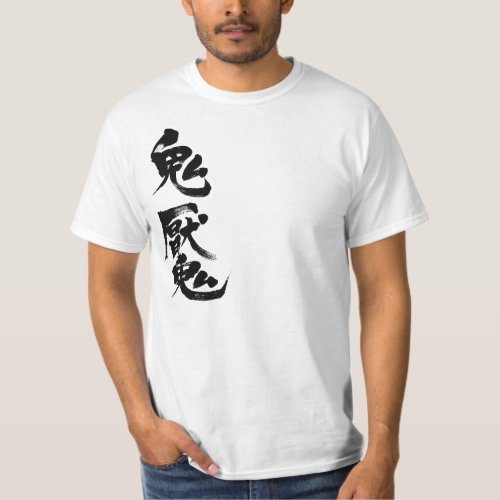
[Kanji] Schizophrenia T-Shirt
Japanese tells "Seishin Bunretsu Sho" as human Disease. few people for the difficult to read. any of several psychotic disorders characterized by dist
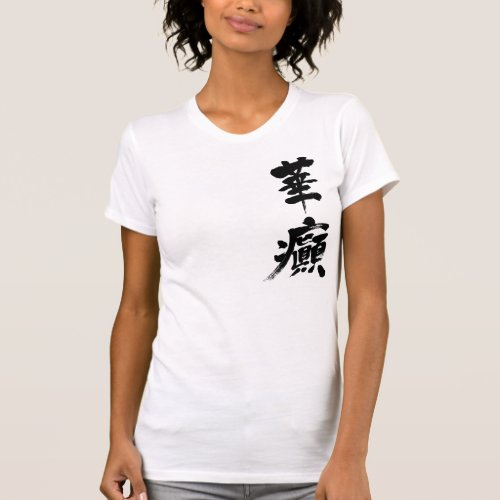
[Kanji] Incontinence T-Shirt
Japanese tells "Inran" as human Disease. few people for the difficult to read. indiscipline with regard to sensuous pleasures
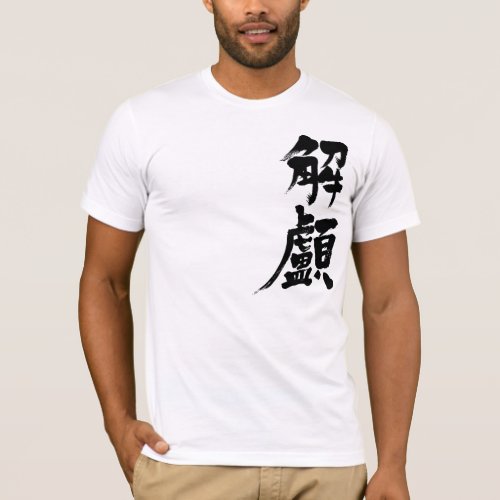
[Kanji] Hydrocephalus T-Shirt
Japanese tells "Nou Suishu". few people for the difficult to read. the abnormal buildup of cerebrospinal fluid in the ventricles of the brain.
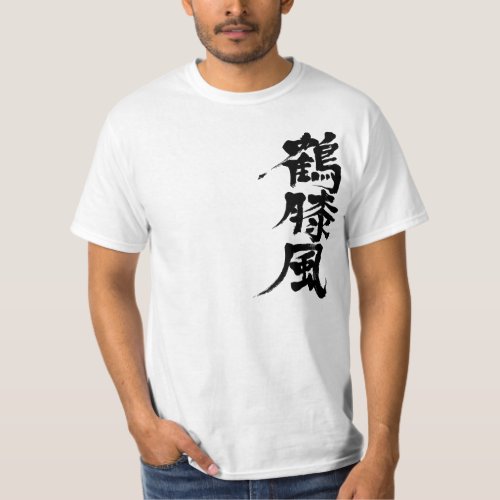
[Kanji] Hydrarthrosis T-Shirt
Japanese tells "Kansetsu Suishu". few people for the difficult to read. inflammation and swelling of a movable joint because of excess synovial fluid.
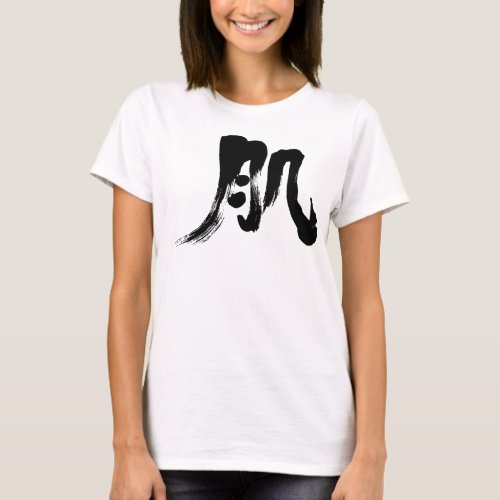
[Kanji] skin T-Shirt
Japanese tells "Hada". a natural protective body covering and site of the sense of touch
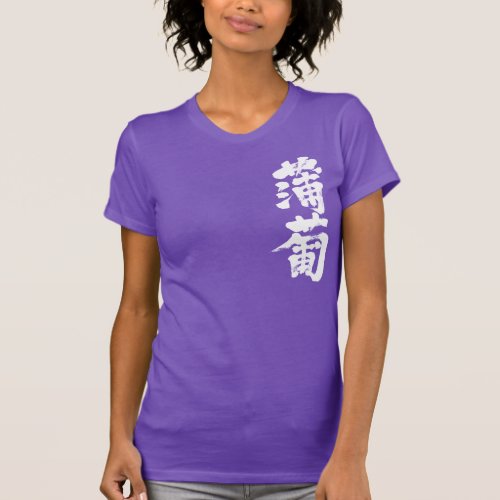
[Kanji] Ebizome color Shirt
Japanese says "Ebi-Zome". This color is a representation of the traditional Japan name. #7a4171 R:122 G:65 B:113 C:0% M:47% Y:7% K:52%
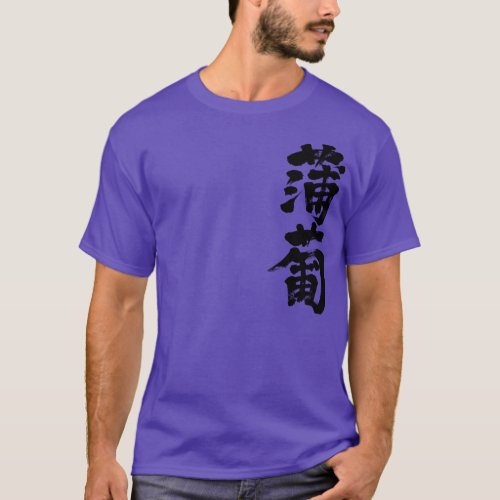
[Kanji] Ebizome color T-Shirt
Japanese says "Ebi-Zome". This color is a representation of the traditional Japan name. #7a4171 R:122 G:65 B:113 C:0% M:47% Y:7% K:52%
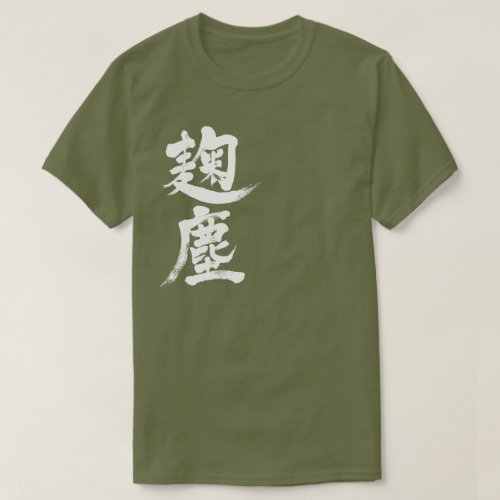
[Kanji] Kikujin color T-Shirt
Japanese says "Kiku-Jin". This color is a representation of the traditional Japan name. #6e7955 R:110 G:121 B:85 C:9% M:0% Y:30% K:53%
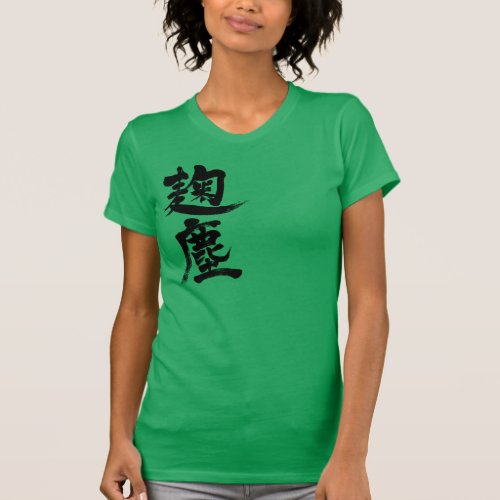
[Kanji] Kikujin color (black letters) T-Shirt
Japanese says "Kiku-Jin". This color is a representation of the traditional Japan name. #6e7955 R:110 G:121 B:85 C:9% M:0% Y:30% K:53%
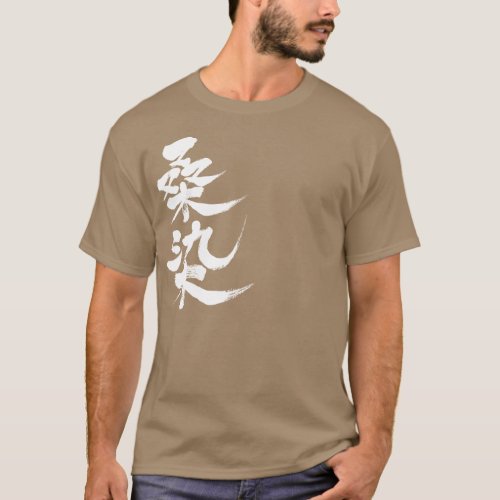
[Kanji] Kuwazome color T-Shirt
Japanese says "Kuwa-Zome". This color is a representation of the traditional Japan name. #b79b5b R:183 G:155 B:91 C:0% M:15% Y:50% K:28%
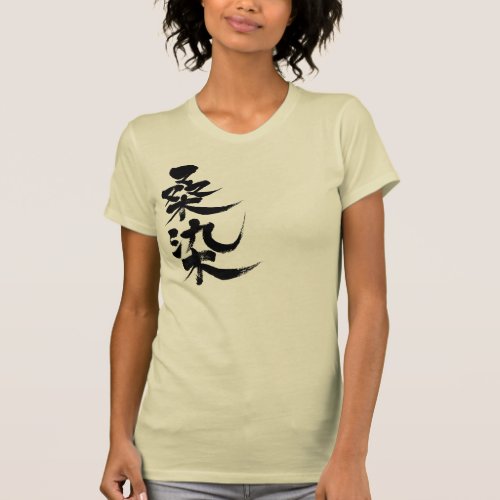
[Kanji] Kuwazome color (black letters) T-Shirt
Japanese says "Kuwa-Zome". This color is a representation of the traditional Japan name. #b79b5b R:183 G:155 B:91 C:0% M:15% Y:50% K:28%
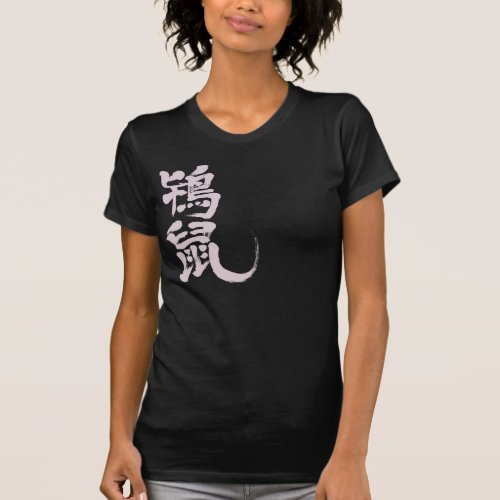
[Kanji] Tokinezu color T-Shirt
Japanese says "Togi-Nezu". This color is a representation of the traditional Japan name. #e4d2d8 R:228 G:210 B:216 C:0% M:8% Y:5% K:11%
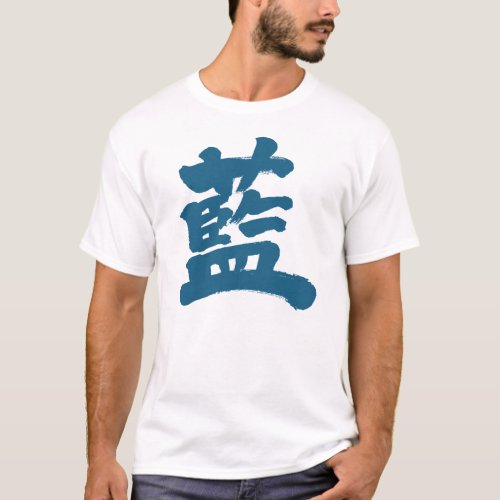
[Kanji] indigo color T-Shirt
Japanese says "Ai". In another sense also said that deep blue in English.
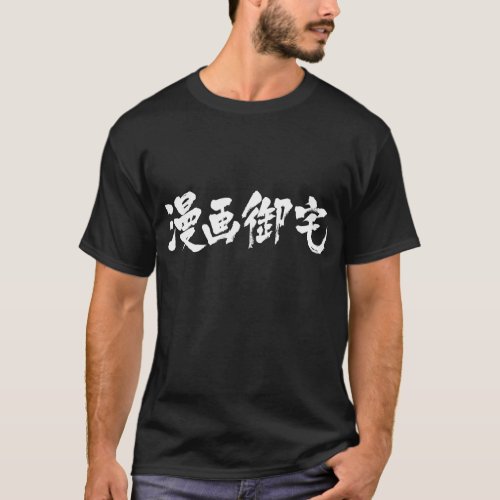
[Kanji] Manga Otaku 漫画 御宅 T-Shirt
a comic fanatic. a house inside meny manga. Someone who has high interest and knowledge of manga
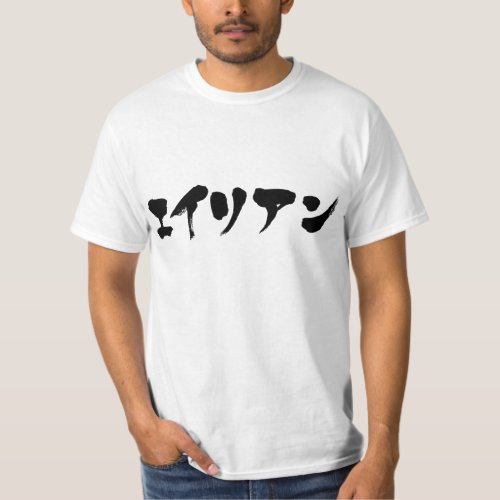
[Kana] alien エイリアン T-Shirt
Wrote in Japanese Katakana. a form of life assumed to exist outside the Earth or its atmosphere
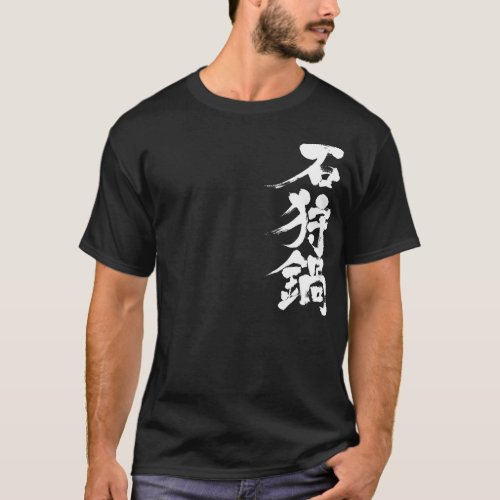
[Kanji] salmon and vegetable with miso hotpot Wh T-Shirt
it's white letters salmon and vegetable stew with miso and butter. Japanese says "Ishi-Kari-Nabe".
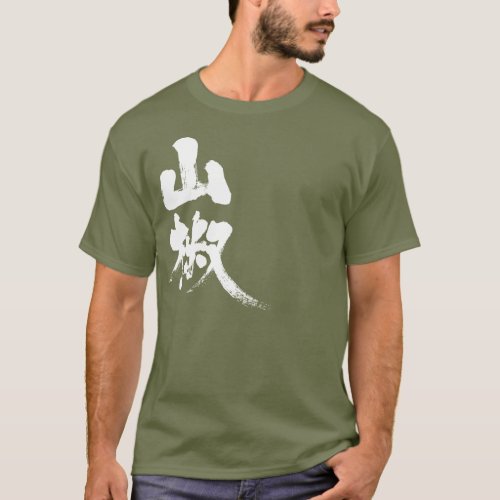
[Kanji] Japanese pepper T-Shirt
Japanese says "San-Sho". Small he may be, but he is not a man to be trifled with.
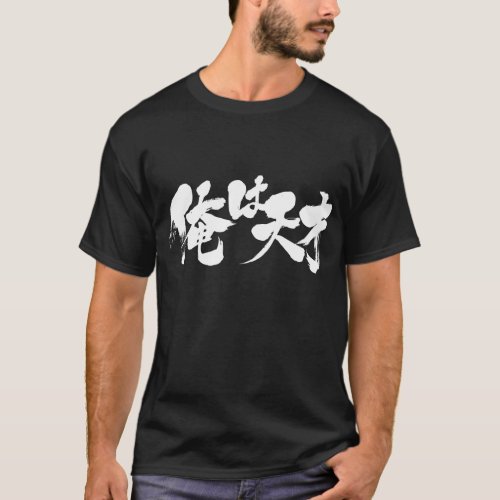
[Kanji + Hiragana] I'm genius T-Shirt
Japanese say "Ore-Wa-Ten-Sai". It's men style when they says to.
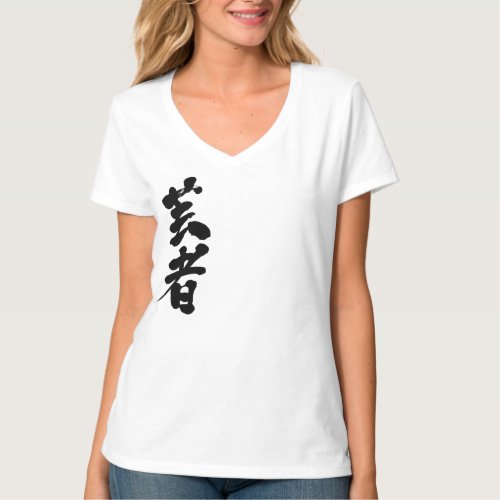
[Kanji] Geisha V-neck T-Shirt
a Japanese woman trained to entertain men with conversation and singing and dancing
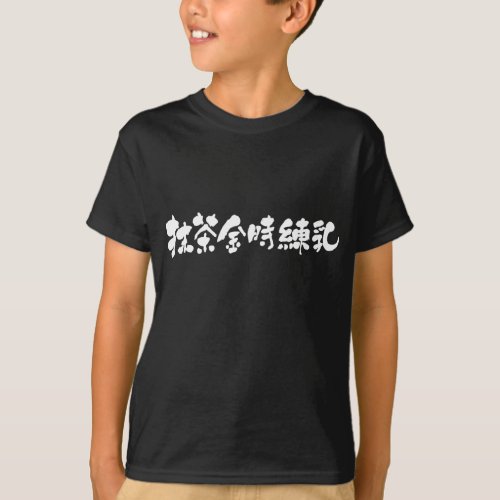
[Kanji] Matcha azuki milk T-Shirt
Japanese says "Ma-Cha-Kin-Toki-Ren-Nyu". It is Poker ice with Green tea and Red bean paste and Mike Syrup in Japan.
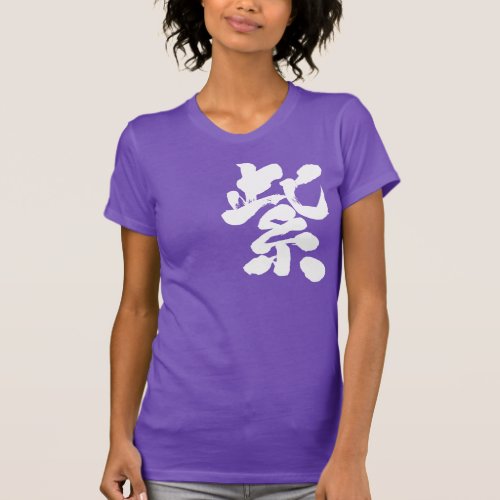
[Kanji] Purple color (white letter) T-Shirt
Japanese says "Murasaki". Long ago, in Japan had said high color.
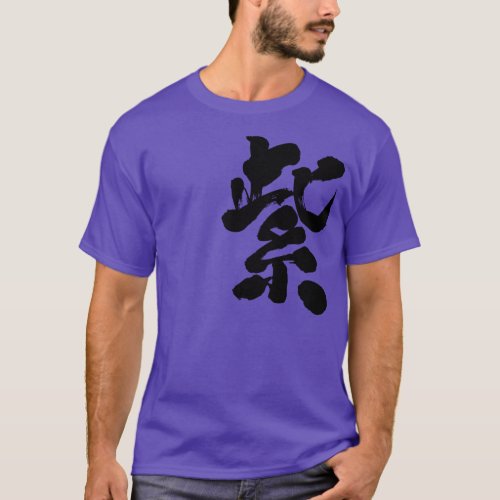
[Kanji] Purple color (black letter) T-Shirt
Japanese says "Murasaki". Long ago, in Japan had said high color.
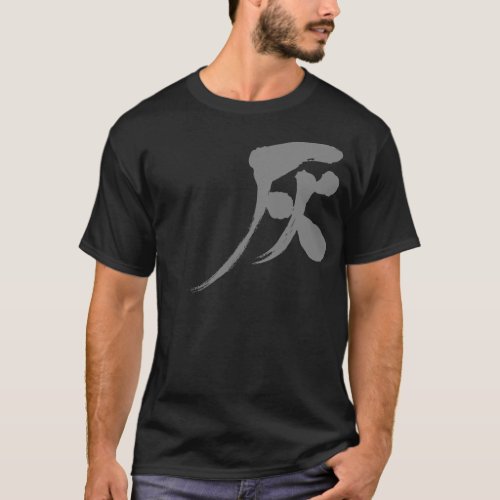
[Kanji] Gray color T-Shirt
Japanese says "Hai". It is means Ash. Usually it combines "Iro", and they says "Hai-Iro".

[Kanji] Yellow T-Shirt
Japanese says "Ki". Usually it combined color 'Iro' (色), and They says 'Kiiro'.
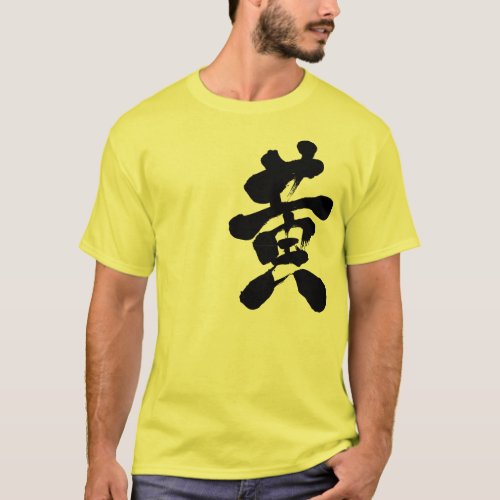
[Kanji] Yellow T-Shirt
Japanese says "Ki". Usually it combined color 'Iro' (色), and They says 'Kiiro'.
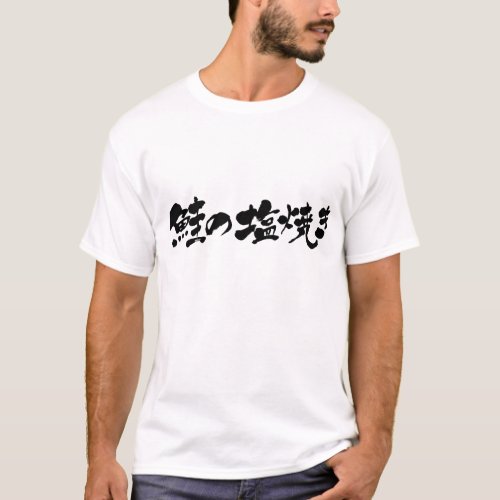
[Kanji+Kana] Grilling fish with salt of the salmon T-Shirt
Grilled salmon is a common breakfast food in Japan.
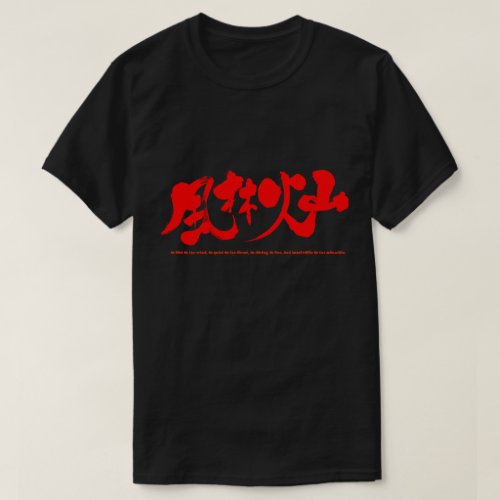
[Kanji] Furinkazan 風林火山 T-Shirt
as fast as the wind, as quiet as the forest, as daring as fire, and immovable as the mountain
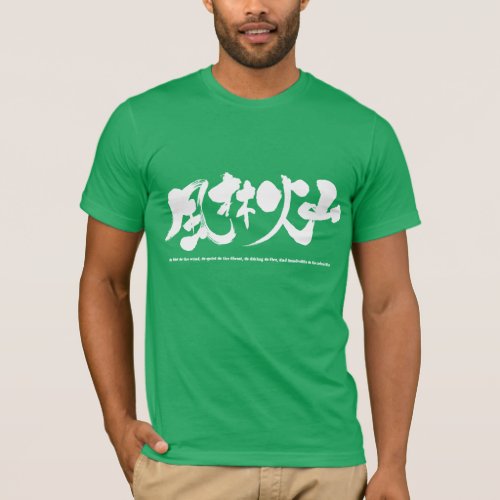
[Kanji] Furinkazan 風林火山 Shirt
as fast as the wind, as quiet as the forest, as daring as fire, and immovable as the mountain
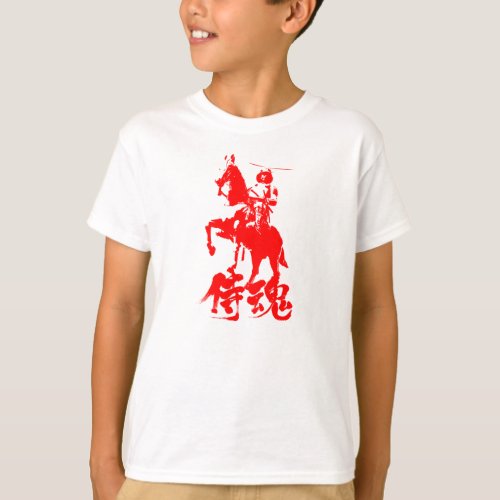
[Kanji] Samurai spirit 3 with red char T-Shirt
Japanese says "Samurai-Damashii" with Samurai illustration.
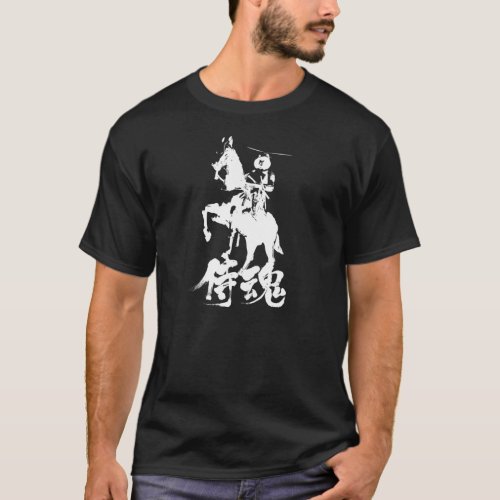
[Kanji] Samurai spirit 3 with white char T-Shirt
Japanese says "Samurai-Damashii" with Samurai illustration.

[Kanji] Hello! Vanessa. T-Shirt
Your (her/his) name became a Chinese character [Kanji]. This used as a phonetic symbol rather than for its meaning.
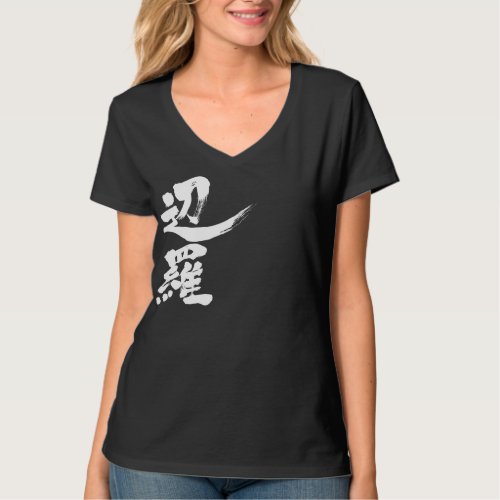
[Kanji] Hello! Vera. T-Shirt
Your (her/his) name became a Chinese character [Kanji]. This used as a phonetic symbol rather than for its meaning.
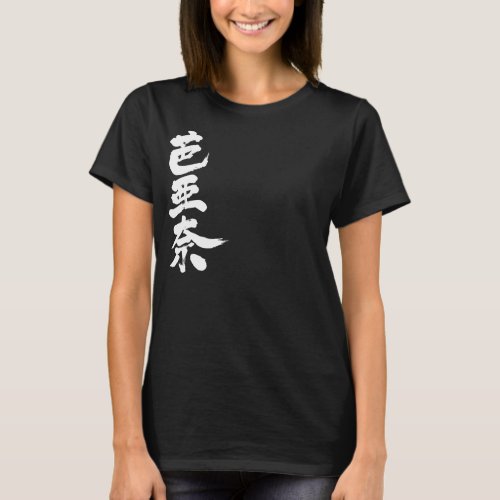
[Kanji] Hello! Verna. T-Shirt
Your (her/his) name became a Chinese character [Kanji]. This used as a phonetic symbol rather than for its meaning.
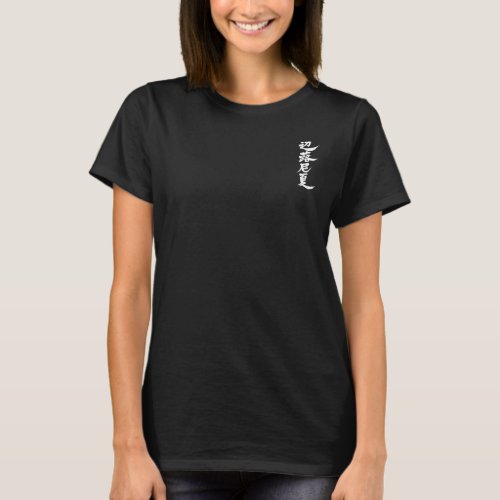
[Kanji] Hello! Veronica. T-Shirt
Your (her/his) name became a Chinese character [Kanji]. This used as a phonetic symbol rather than for its meaning.
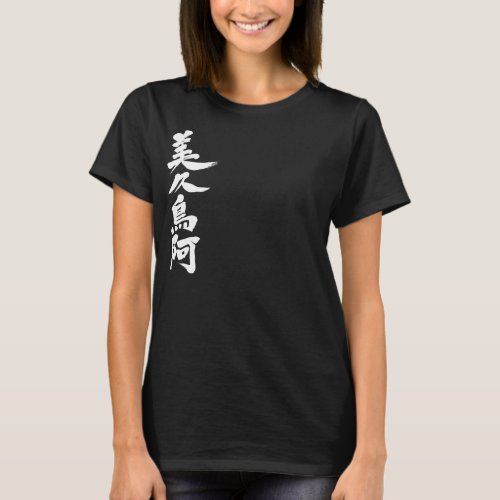
[Kanji] Hello! Victoria. T-Shirt
Your (her/his) name became a Chinese character [Kanji]. This used as a phonetic symbol rather than for its meaning.
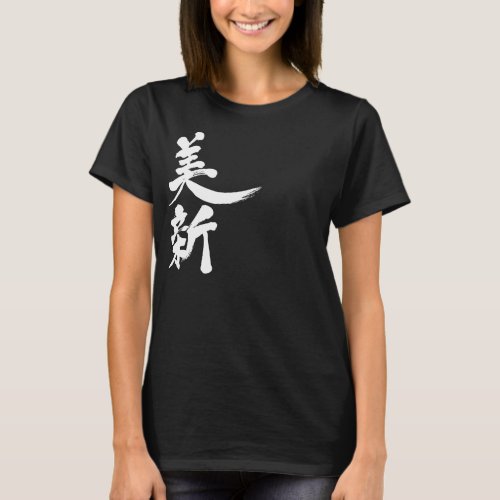
[Kanji] Hello! Vinnie. T-Shirt
Your (her/his) name became a Chinese character [Kanji]. This used as a phonetic symbol rather than for its meaning.
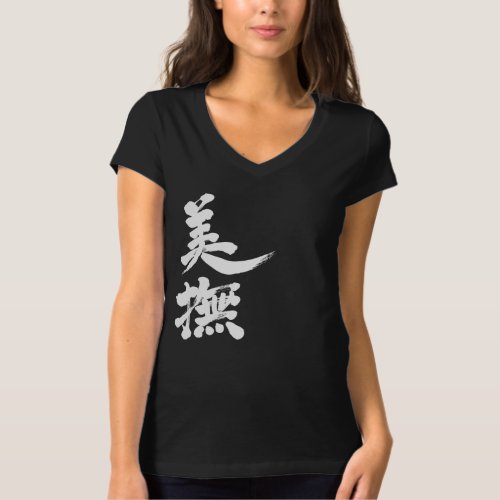
[Kanji] Hello! Viv. T-Shirt
Your (her/his) name became a Chinese character [Kanji]. This used as a phonetic symbol rather than for its meaning.
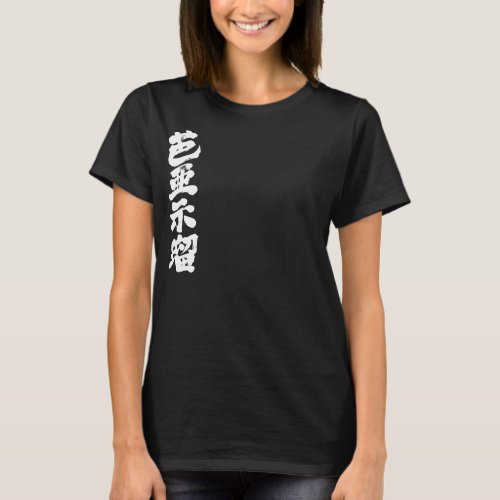
[Kanji] Hello! Virgil. T-Shirt
Your (her/his) name became a Chinese character [Kanji]. This used as a phonetic symbol rather than for its meaning.
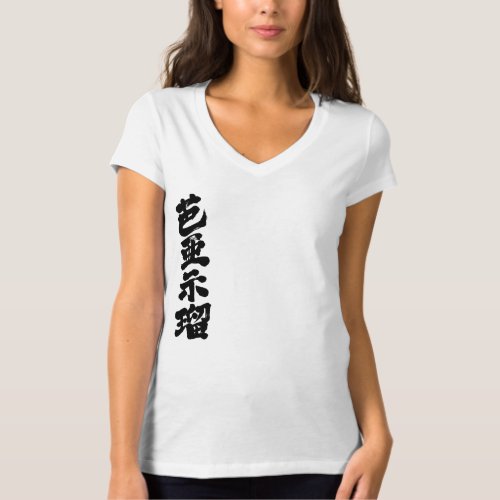
[Kanji] Hello! Virgil. V-neck T-Shirt
Your (her/his) name became a Chinese character [Kanji]. This used as a phonetic symbol rather than for its meaning.
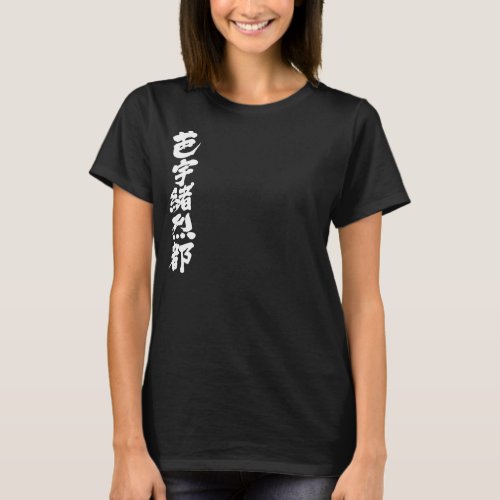
[Kanji] Hello! Violet. T-Shirt
Your (her/his) name became a Chinese character [Kanji]. This used as a phonetic symbol rather than for its meaning.
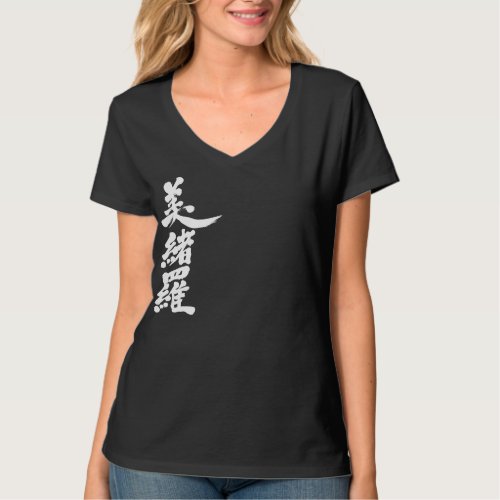
[Kanji] Hello! Viola. T-Shirt
Your (her/his) name became a Chinese character [Kanji]. This used as a phonetic symbol rather than for its meaning.
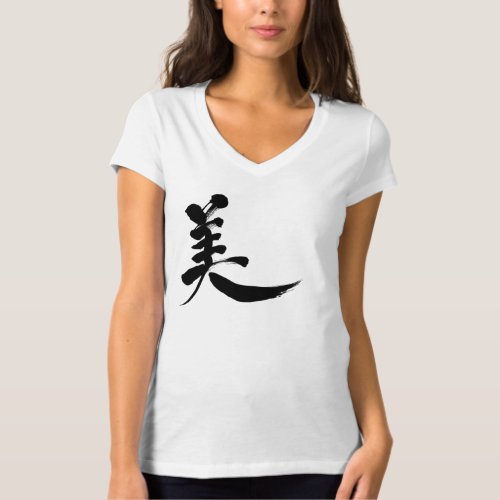
[Kanji] Hello! Vi. T-Shirt
Your (her/his) name became a Chinese character [Kanji]. This used as a phonetic symbol rather than for its meaning.
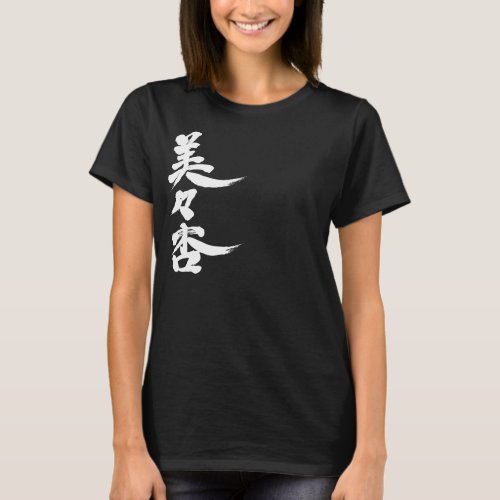
[Kanji] Hello! Vivian. T-Shirt
Your (her/his) name became a Chinese character [Kanji]. This used as a phonetic symbol rather than for its meaning.
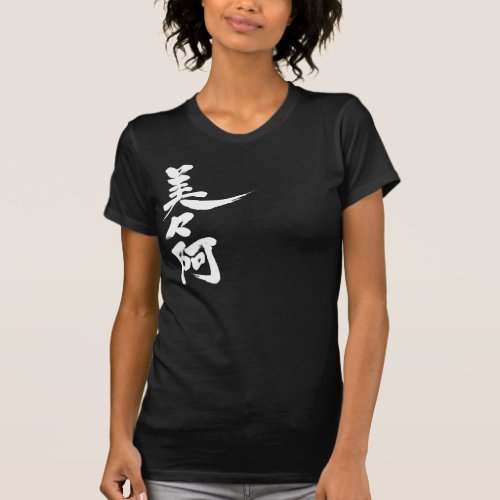
[Kanji] Hello! Vivia. T-Shirt
Your (her/his) name became a Chinese character [Kanji]. This used as a phonetic symbol rather than for its meaning.
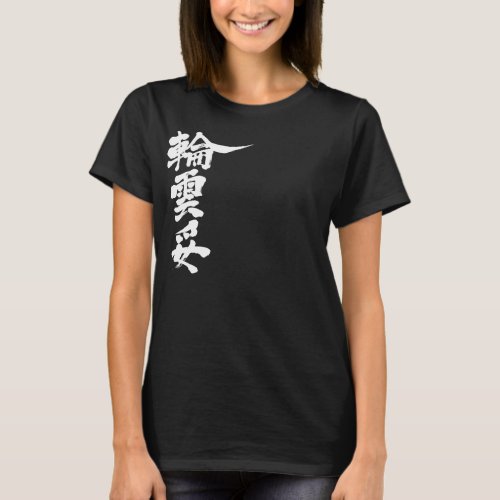
[Kanji] Hello! Wanda. T-Shirt
Your (her/his) name became a Chinese character [Kanji]. This used as a phonetic symbol rather than for its meaning.
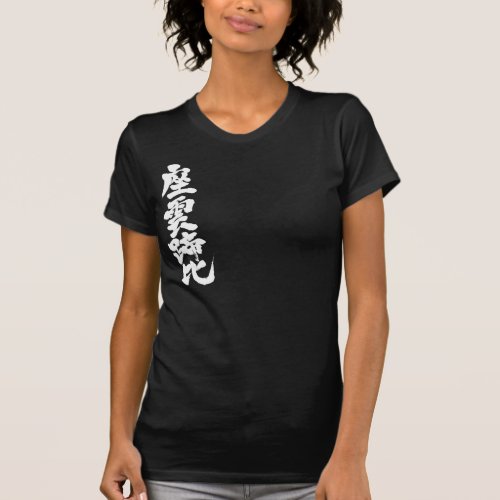
[Kanji] Hello! Xanthippe T-Shirt
Your (her/his) name became a Chinese character [Kanji]. This used as a phonetic symbol rather than for its meaning.
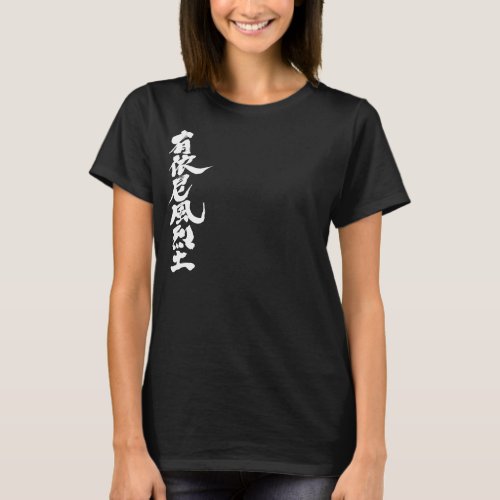
[Kanji] Hello! Winifred. T-Shirt
Your (her/his) name became a Chinese character [Kanji]. This used as a phonetic symbol rather than for its meaning.
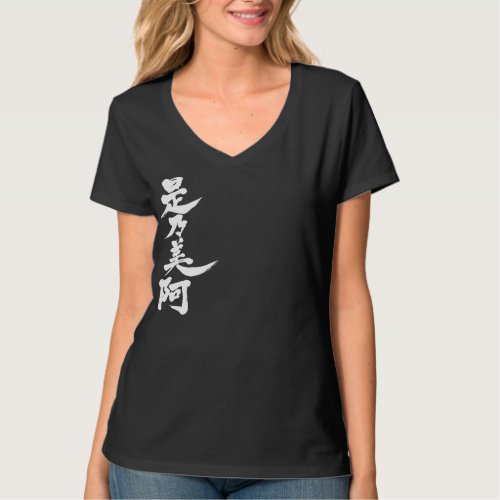
[Kanji] Hello! Zenobia T-Shirt
Your (her/his) name became a Chinese character [Kanji]. This used as a phonetic symbol rather than for its meaning.
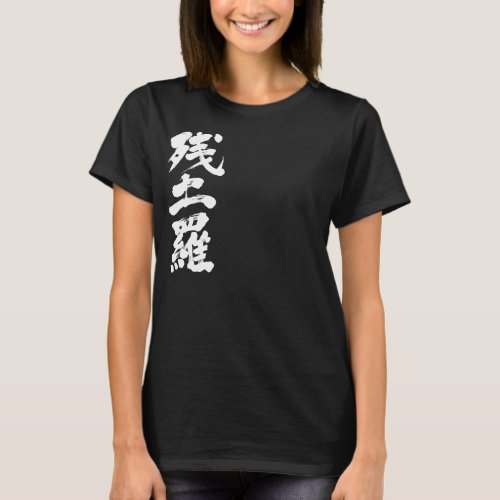
[Kanji] Hello! Zandra T-Shirt
Your (her/his) name became a Chinese character [Kanji]. This used as a phonetic symbol rather than for its meaning.
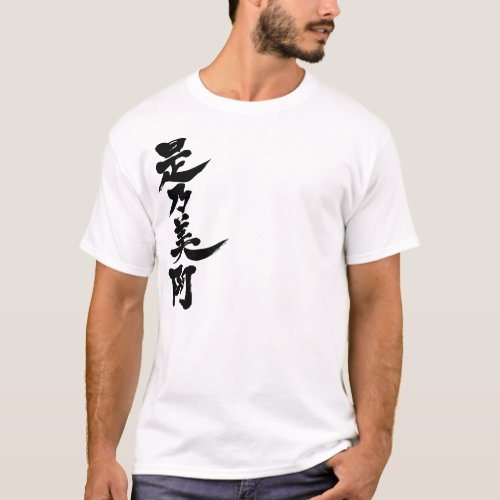
[Kanji] Zenobia T-Shirt
Your (her/his) name became a Chinese character [Kanji]. This used as a phonetic symbol rather than for its meaning.
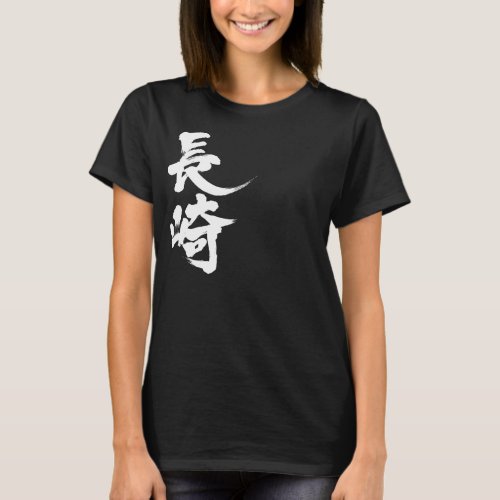
[Kanji] Nagasaki T-Shirt
Nagasaki is the capital and the largest city of Nagasaki Prefecture on the island of Kyushu in Japan. During World War II, the atomic bombings of Hiroshima and
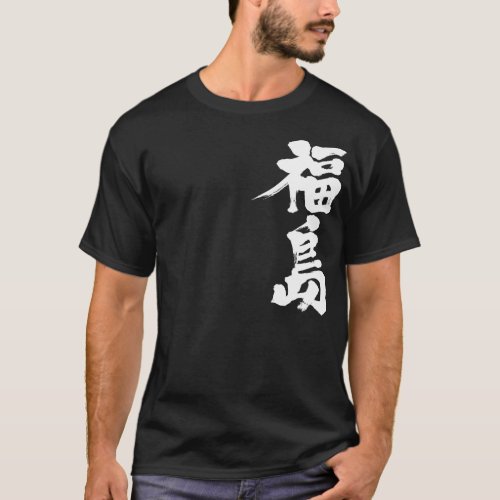
[Kanji] Fukushima T-Shirt
Prefecture is a prefecture of Japan located in the To-hoku region on the island of Honshu.[2] The capital is the city of Fukushima. Fukushima is the capital cit
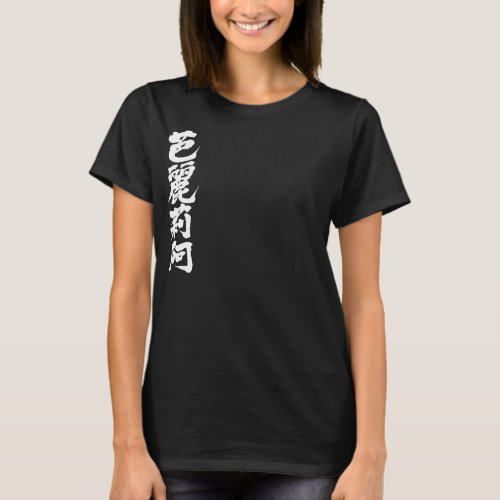
[Kanji] Hello! Valeria. T-Shirt
Your (her/his) name became a Chinese character [Kanji]. This used as a phonetic symbol rather than for its meaning.
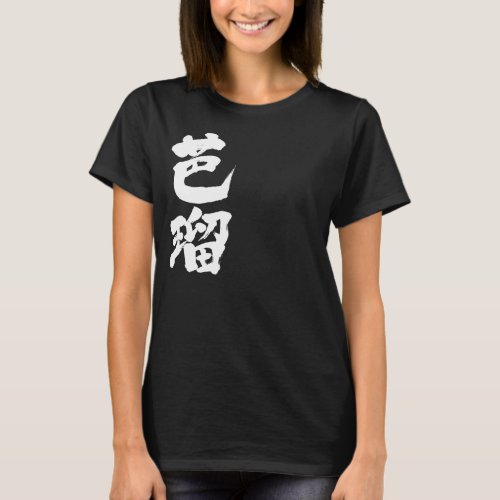
[Kanji]Hello! Val. T-Shirt
Your (her/his) name became a Chinese character [Kanji]. This used as a phonetic symbol rather than for its meaning.
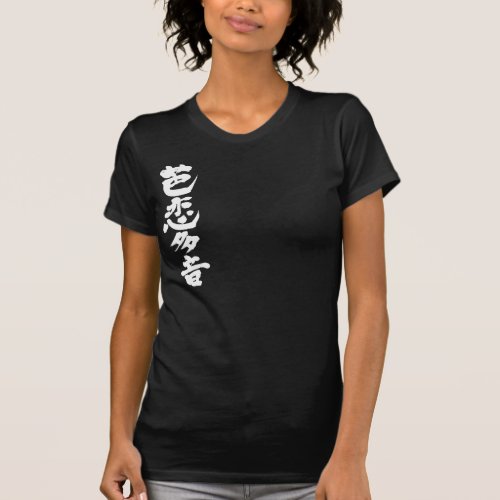
[Kanji] Hello! Valentine. T-Shirt
Your (her/his) name became a Chinese character [Kanji]. This used as a phonetic symbol rather than for its meaning.
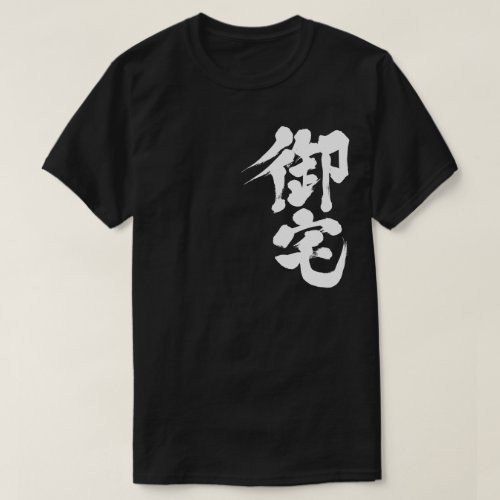
[Kanji] Otaku 御宅 T-Shirt
Otaku is a Japanese term used to refer to people with obsessive interests, particularly (but not limited to) anime, manga or Japanese video games.
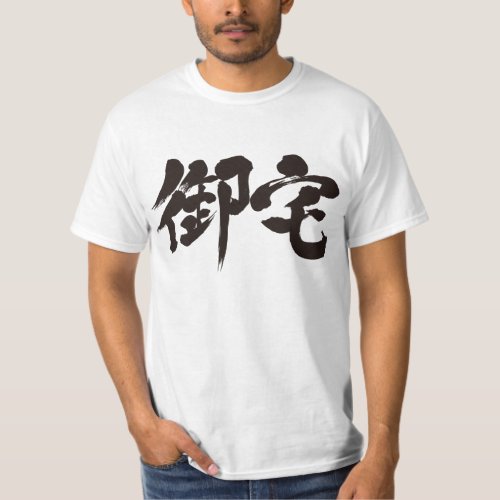
[Kanji] Otaku 御宅 T-Shirt
Otaku is a Japanese term used to refer to people with obsessive interests, particularly (but not limited to) anime, manga or Japanese video games.
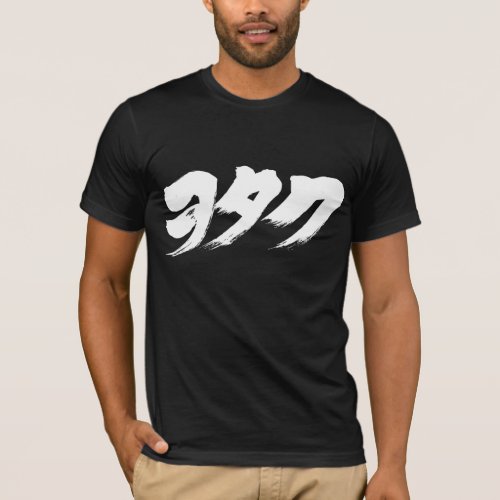
[Katakana] otaku ヲタク T-Shirt
Otaku is a Japanese term used to refer to people with obsessive interests, particularly (but not limited to) anime, manga or Japanese video games.
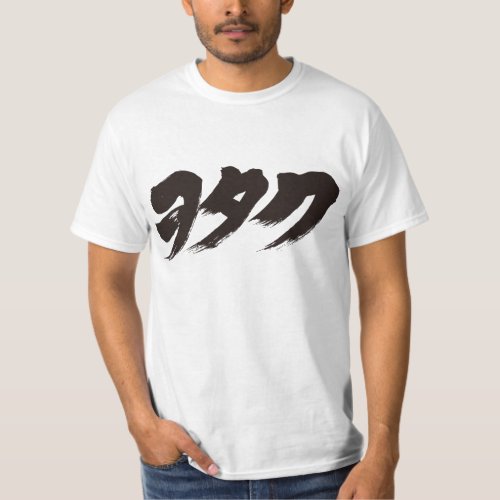
[Katakana] otaku (Wotaku) T-Shirt
Otaku is a Japanese term used to refer to people with obsessive interests, particularly (but not limited to) anime, manga or Japanese video games.
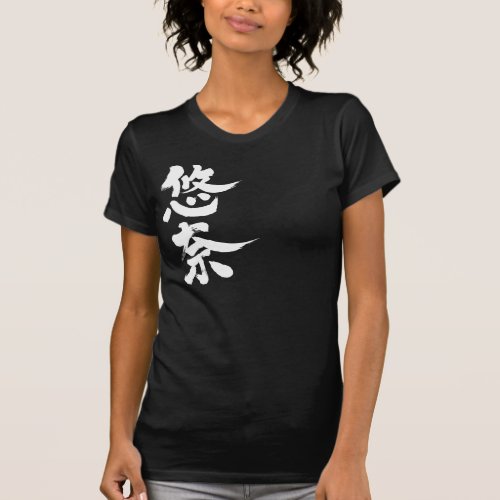
[Kanji] Hello! Una. T-Shirt
Your (her/his) name became a Chinese character [Kanji]. This used as a phonetic symbol rather than for its meaning.
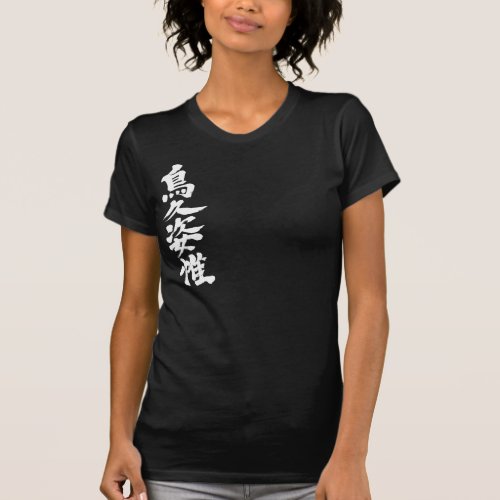
[Kanji] Hello! Trixie. T-Shirt
Your (her/his) name became a Chinese character [Kanji]. This used as a phonetic symbol rather than for its meaning.
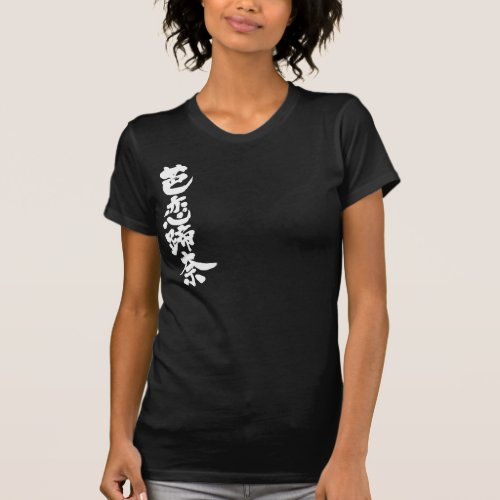
[Kanji] Valentina T-Shirt
Your (her/his) name became a Chinese character [Kanji]. This used as a phonetic symbol rather than for its meaning.
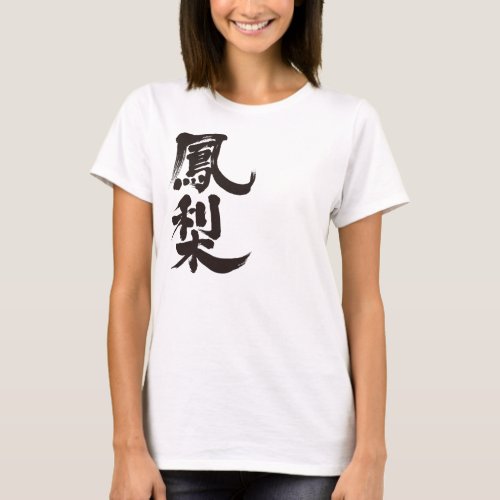
[Kanji] pineapple T-Shirt
a tropical American plant bearing a large fleshy edible fruit with a terminal tuft of stiff leaves
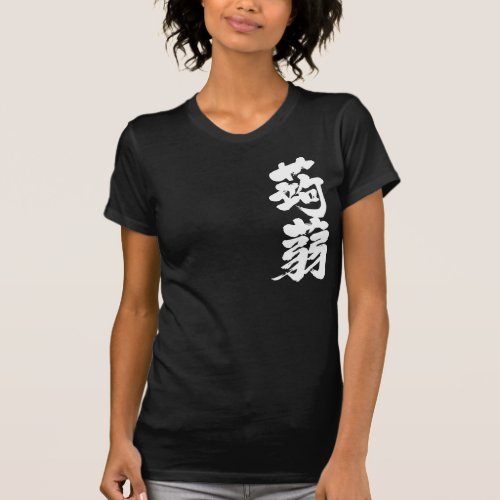
[Kanji] Konjak (white text) T-Shirt
Solidified jelly made from the rhizome of devil's tongue. Low calorie foods in Japan.
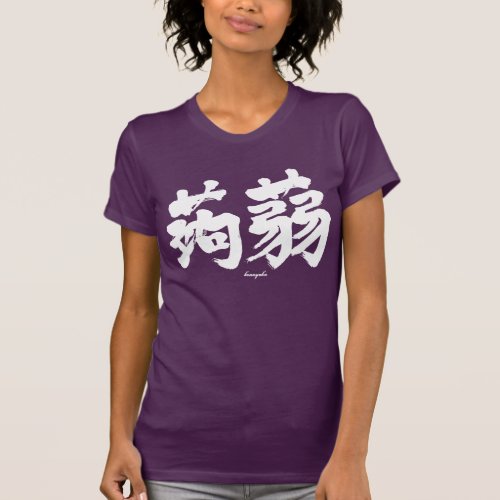
[Kanji] Konjak by horizontally (white text) T-Shirt
Solidified jelly made from the rhizome of devil's tongue. Low calorie foods in Japan.
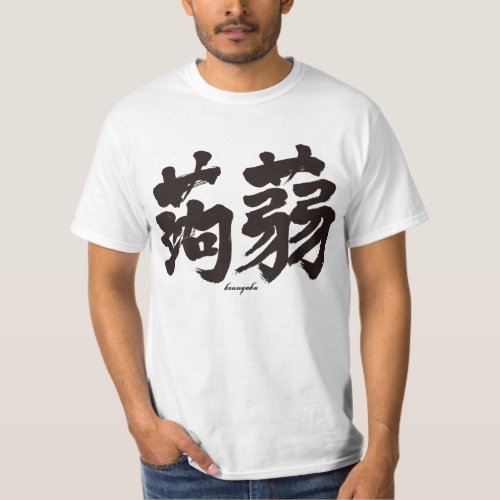
[Kanji] Konjak by horizontally T-Shirt
Solidified jelly made from the rhizome of devil's tongue. Low calorie foods in Japan.
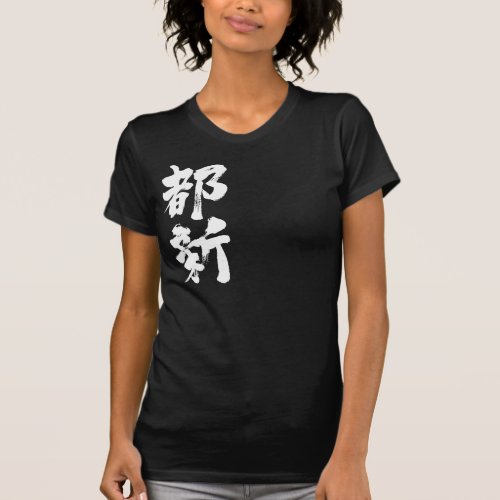
[Kanji] Hello! Toni. T-Shirt
Your (her/his) name became a Chinese character [Kanji]. This used as a phonetic symbol rather than for its meaning.
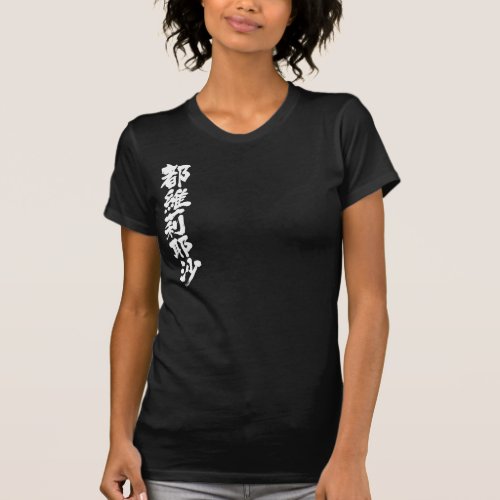
[Kanji] Hello! Toireasa. T-Shirt
Your (her/his) name became a Chinese character [Kanji]. This used as a phonetic symbol rather than for its meaning.
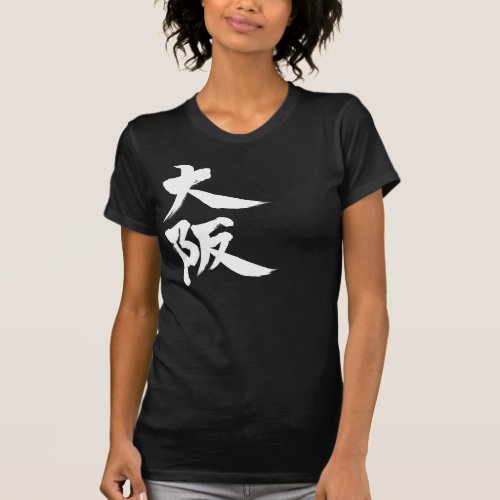
[Kanji] Osaka T-Shirt
Osaka is a city in the Kansai region of Japan's main island of Honshu, a designated city under the Local Autonomy Law, the capital city of Osaka Prefecture and
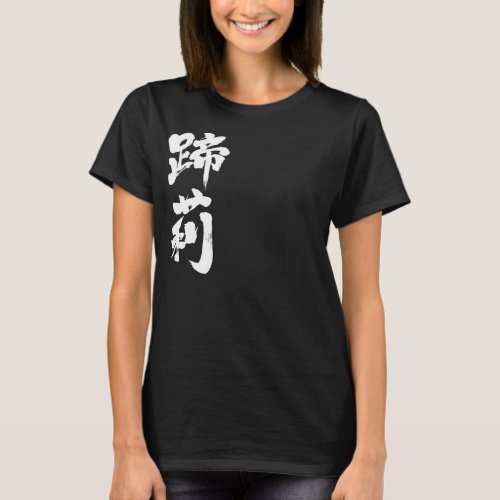
[Kanji] Hello! Tillie or Tilly. T-Shirt
Your (her/his) name became a Chinese character [Kanji]. This used as a phonetic symbol rather than for its meaning.
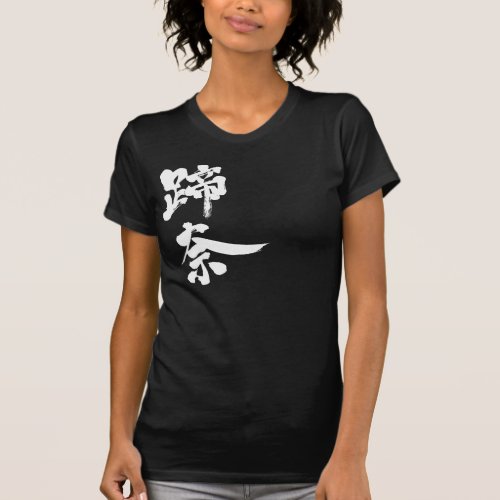
[Kanji] Hello! Tina. T-Shirt
Your (her/his) name became a Chinese character [Kanji]. This used as a phonetic symbol rather than for its meaning.
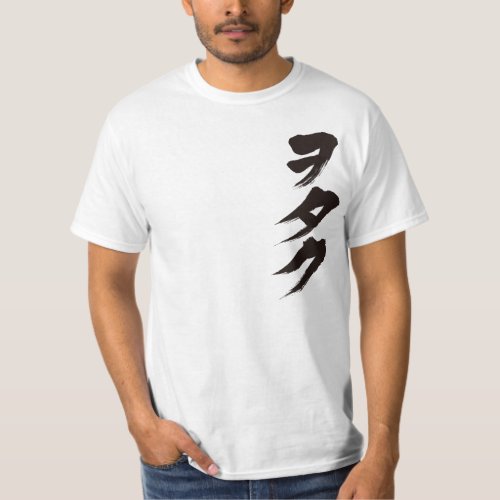
[Katakana] Otaku (Wotaku) T-Shirt
Otaku is a Japanese term used to refer to people with obsessive interests, particularly (but not limited to) anime, manga or Japanese video games.
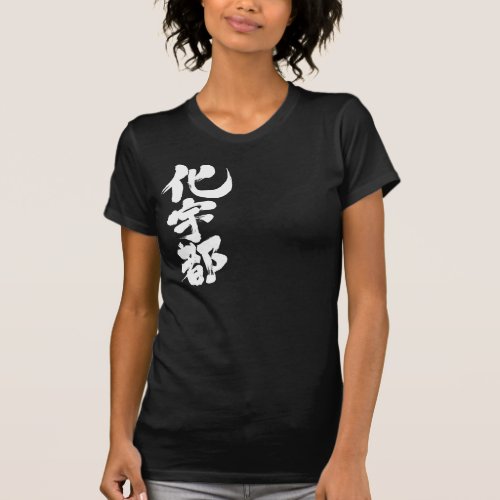
[Kanji] Hello! Kate. T-Shirt
Your (her/his) name became a Chinese character [Kanji]. This used as a phonetic symbol rather than for its meaning.
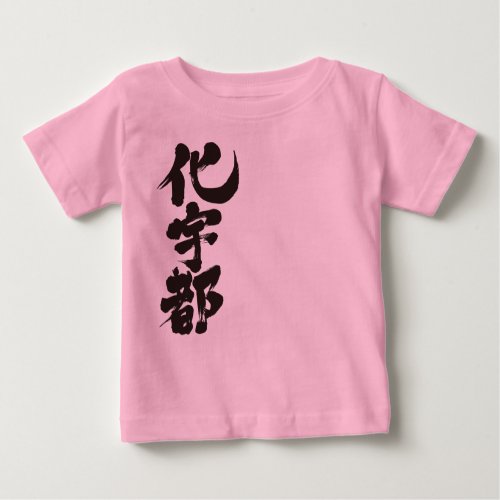
[Kanji] Hello! Kate. Baby T-Shirt
Your (her/his) name became a Chinese character [Kanji]. This used as a phonetic symbol rather than for its meaning.
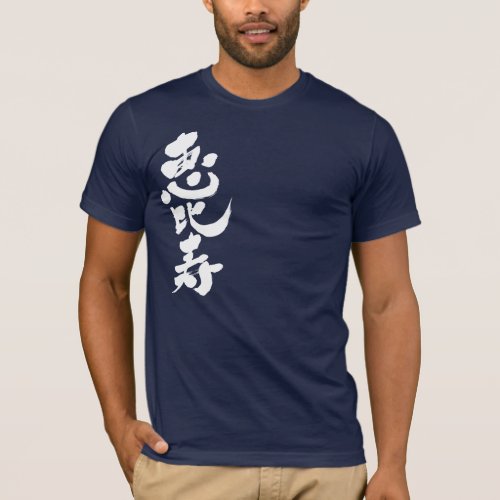
[Kanji] Ebisu T-Shirt
a district of Tokyo, Japan a god of Japanese mythology a train station located in Tokyo's Shibuya ward a fictional character from the manga and anime Naruto
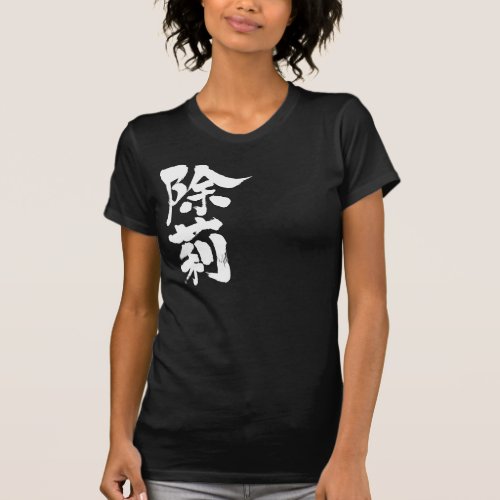
[Kanji] Hello! Jolene. T-Shirt
Your (her/his) name became a Chinese character [Kanji]. This used as a phonetic symbol rather than for its meaning.
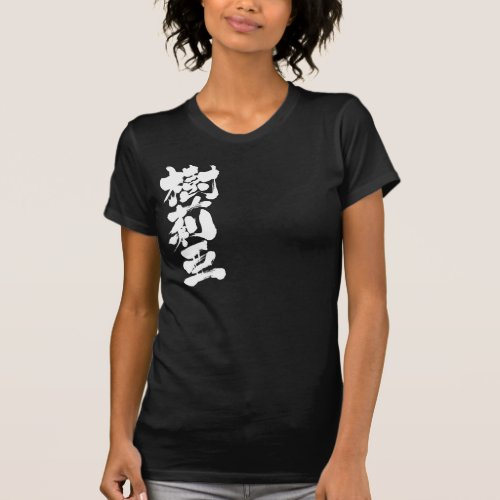
[Kanji] Hello! Julia. T-Shirt
Your (her/his) name became a Chinese character [Kanji]. This used as a phonetic symbol rather than for its meaning.
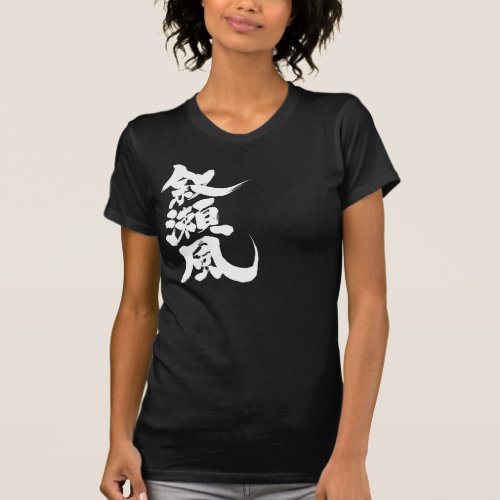
[Kanji] Hello! Joseph. T-Shirt
Your (her/his) name became a Chinese character [Kanji]. This used as a phonetic symbol rather than for its meaning.
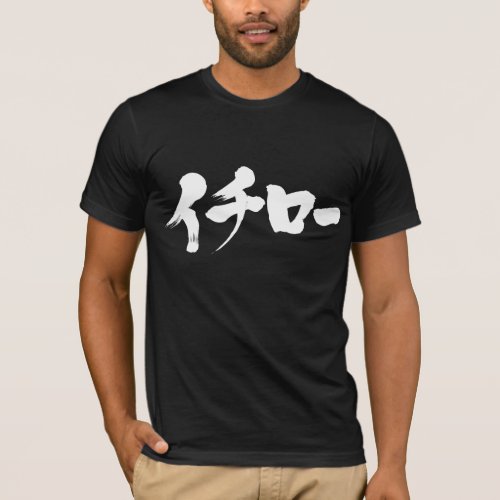
[Kana] Hello! Ichiro. T-Shirt
Your (her/his) name became a Chinese character [Kanji]. This used as a phonetic symbol rather than for its meaning.
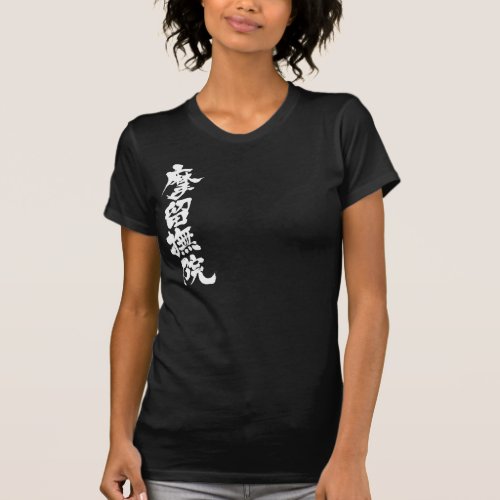
[Kanji] Hello! Malvine. T-Shirt
Your (her/his) name became a Chinese character [Kanji]. This used as a phonetic symbol rather than for its meaning.
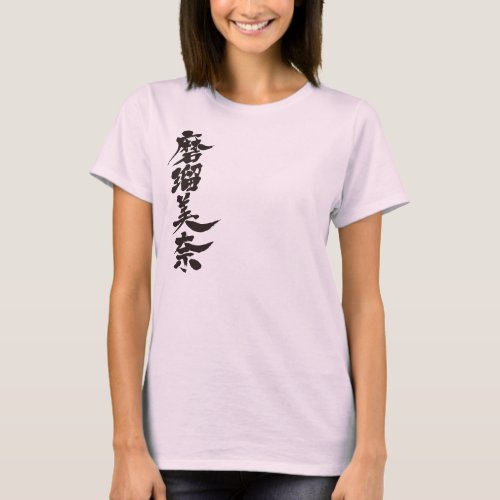
[Kanji] Hello! Malvina. T-Shirt
Your (her/his) name became a Chinese character [Kanji]. This used as a phonetic symbol rather than for its meaning.
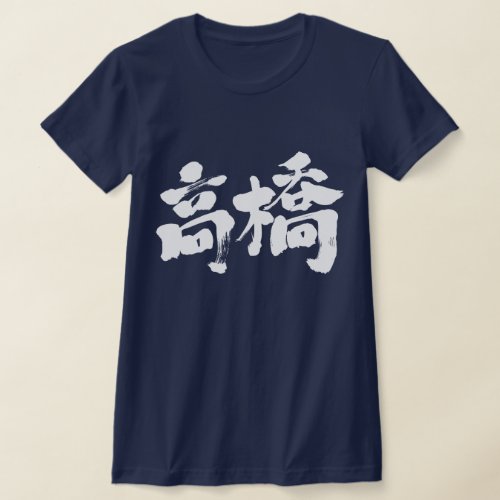
[Kanji] Hello! Takahashi. T-Shirt
Your (her/his) name became a Chinese character [Kanji]. This used as a phonetic symbol rather than for its meaning.
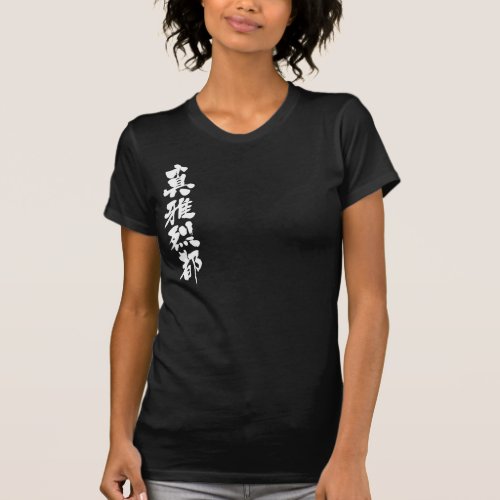
[Kanji] Hello! Margaret T-Shirt
Your (her/his) name became a Chinese character [Kanji]. This used as a phonetic symbol rather than for its meaning.
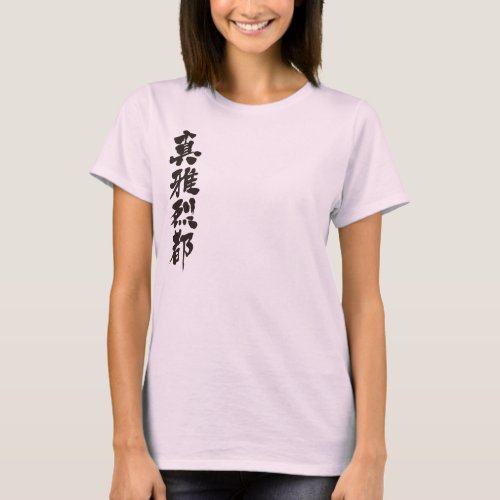
[Kanji] Hello! Margaret T-Shirt
Your (her/his) name became a Chinese character [Kanji]. This used as a phonetic symbol rather than for its meaning.
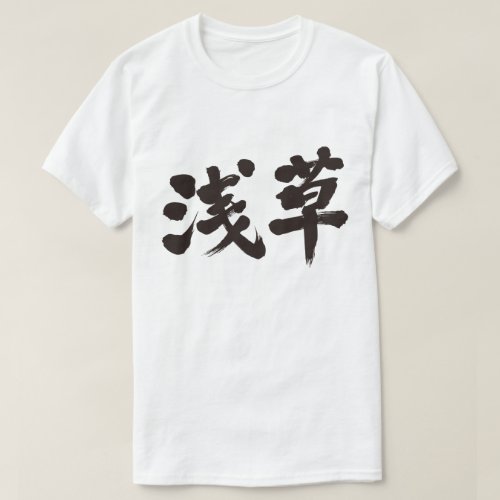
[Kanji] Asakusa T-Shirt
Asakusa is a district in Taitō, Tokyo, Japan, most famous for the Sensō-ji, a Buddhist temple dedicated to the bodhisattva Kannon. There are several other temp
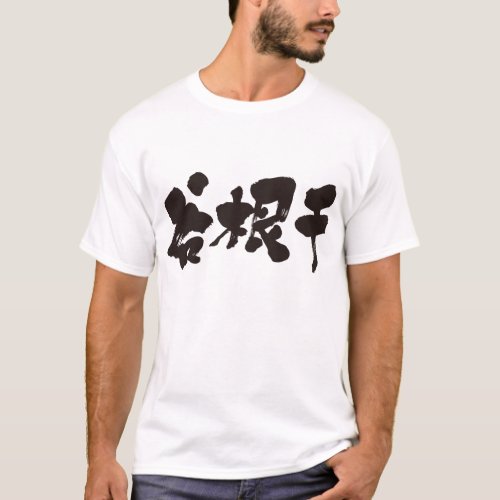
[Kanji] Yanesen T-Shirt
Yanesen is a district in Tokyo. The three neighbourhoods, Yanaka, Nezu and Sendagi are collectively called Yanesen.
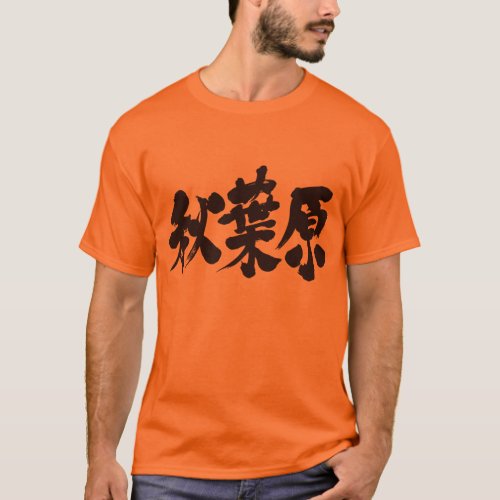
[Kanji] Akihabara T-Shirt
It is located less than five minutes by rail from Tokyo Station. Its name is frequently shortened to Akiba in Japan.
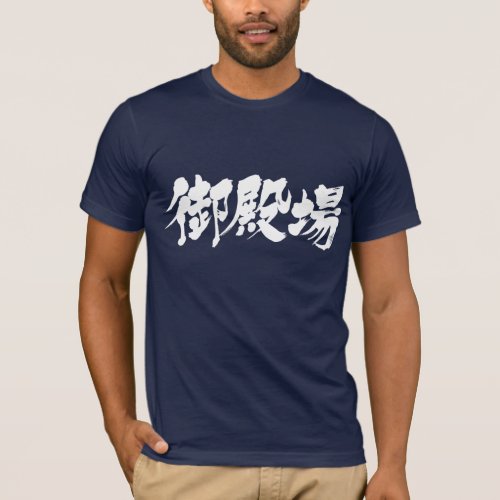
[Kanji] Gotemba T-Shirt
Gotemba is a city located on the southeastern flank of Mt. Fuji in Shizuoka, Japan.
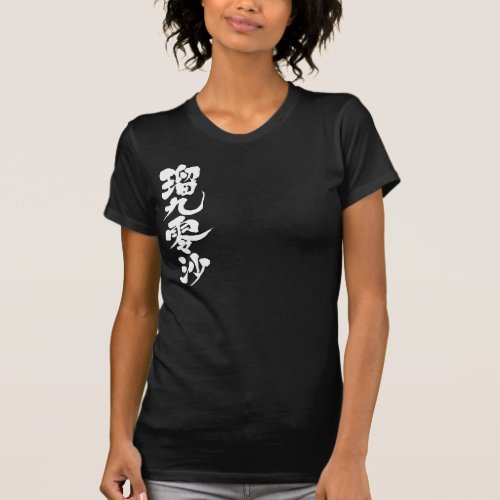
[Kanji] Hello! Lucretia. T-Shirt
Your (her/his) name became a Chinese character [Kanji]. This used as a phonetic symbol rather than for its meaning.
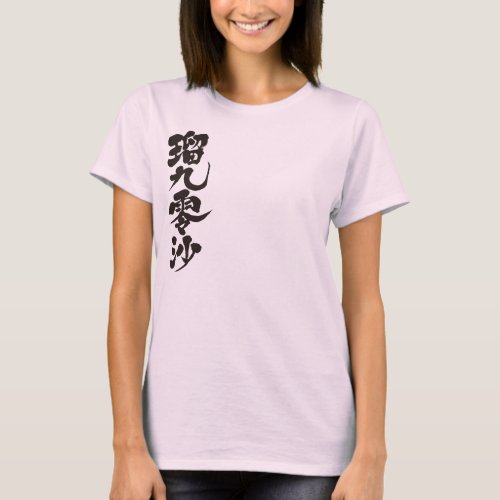
[Kanji] Hello! Lucretia. T-Shirt
Your (her/his) name became a Chinese character [Kanji]. This used as a phonetic symbol rather than for its meaning.
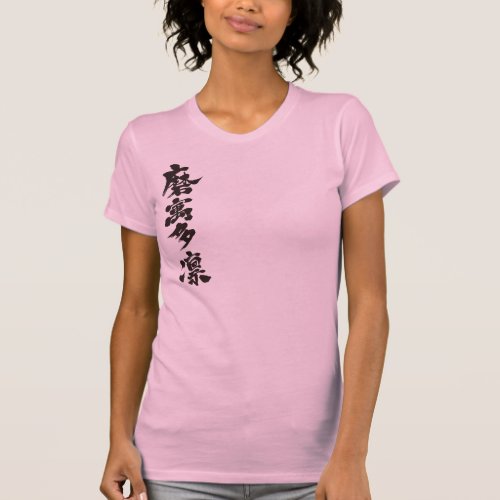
[Kanji] Hello! Magdalen. T-Shirt
Your (her/his) name became a Chinese character [Kanji]. This used as a phonetic symbol rather than for its meaning.
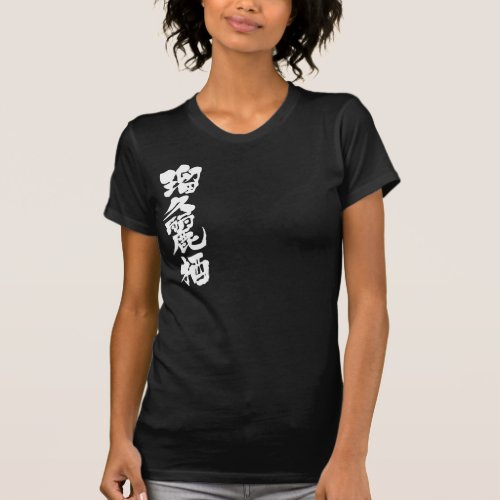
[Kanji] Hello! Lucrece. T-Shirt
Your (her/his) name became a Chinese character [Kanji]. This used as a phonetic symbol rather than for its meaning.
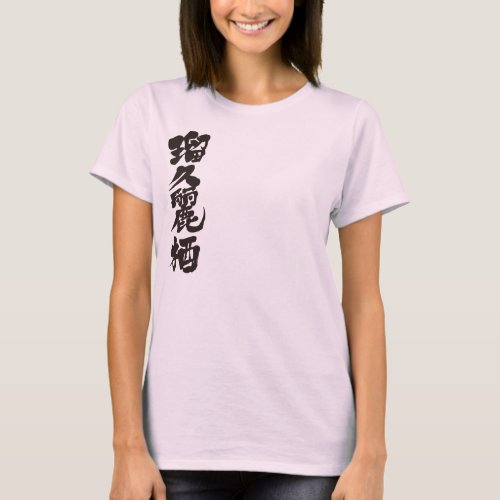
[Kanji] Hello! Lucrece. T-Shirt
Your (her/his) name became a Chinese character [Kanji]. This used as a phonetic symbol rather than for its meaning.
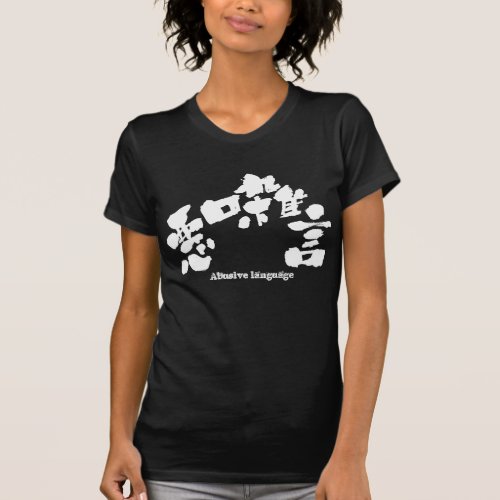
[Kanji] Abusive language T-Shirt
a rude expression intended to offend or hurt. Japanese says "A-Kko-Zo-Gon".
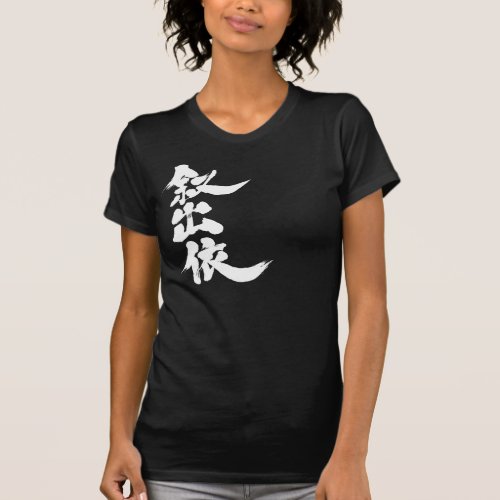
[Kanji] Hello! Jody. T-Shirt
Your (her/his) name became a Chinese character [Kanji]. This used as a phonetic symbol rather than for its meaning.
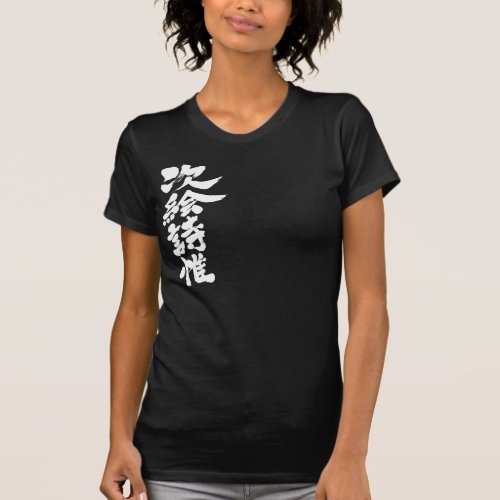
[Kanji] Hello! Jessie. T-Shirt
Your (her/his) name became a Chinese character [Kanji]. This used as a phonetic symbol rather than for its meaning.
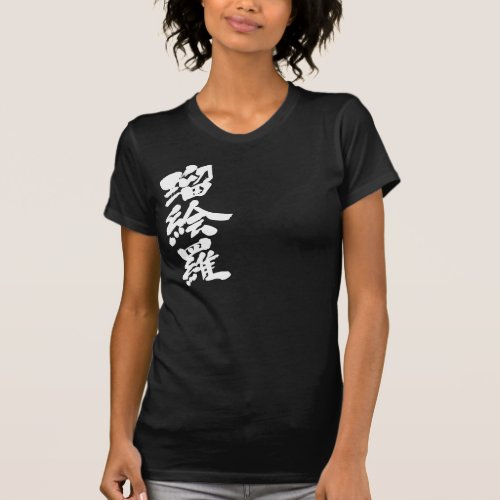
[Kanji] Hello! Luella. T-Shirt
Your (her/his) name became a Chinese character [Kanji]. This used as a phonetic symbol rather than for its meaning.
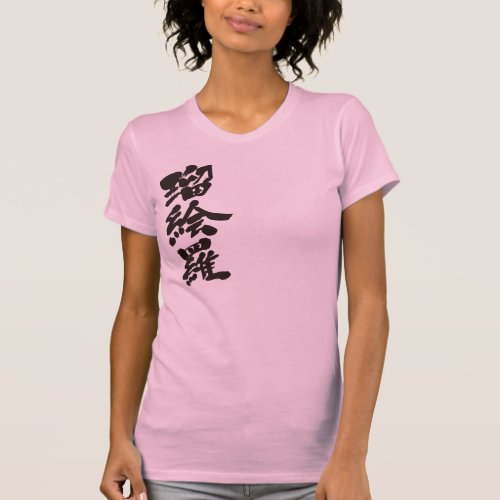
[Kanji] Hello! Luella. T-Shirt
Your (her/his) name became a Chinese character [Kanji]. This used as a phonetic symbol rather than for its meaning.
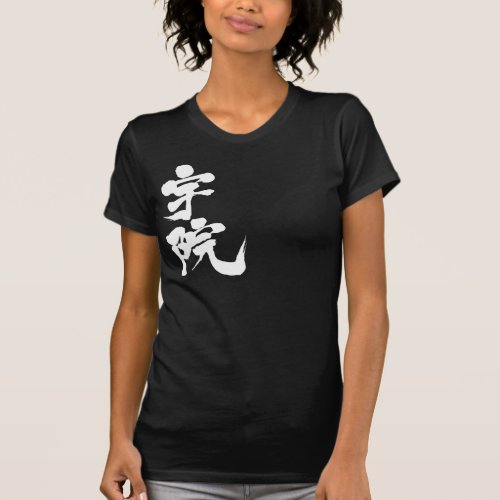
[Kanji] Hello! Win. T-Shirt
Your (her/his) name became a Chinese character [Kanji]. This used as a phonetic symbol rather than for its meaning.
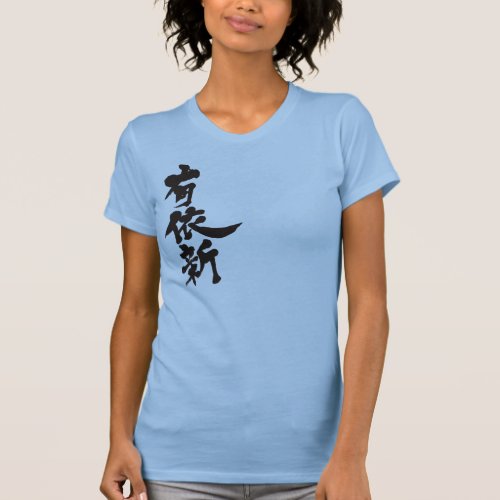
[Kanji] Hello! Winne. T-Shirt
Your (her/his) name became a Chinese character [Kanji]. This used as a phonetic symbol rather than for its meaning.
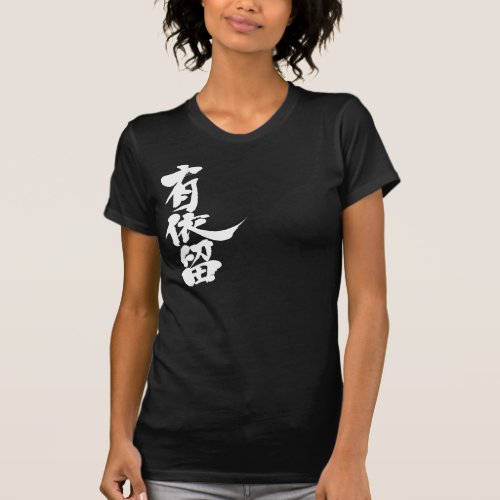
[Kanji] Hello! Will. T-Shirt
Your (her/his) name became a Chinese character [Kanji]. This used as a phonetic symbol rather than for its meaning.
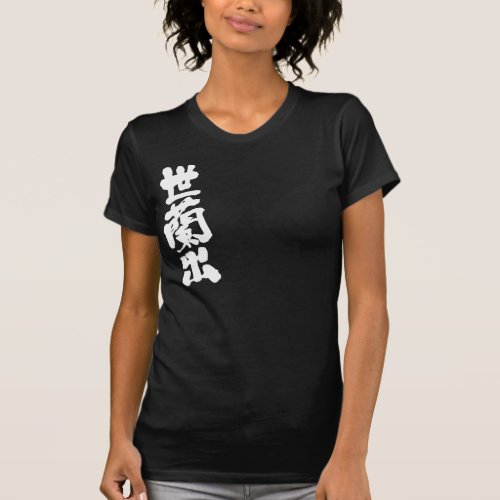
[Kanji] Hello! Yolande. T-Shirt
Your (her/his) name became a Chinese character [Kanji]. This used as a phonetic symbol rather than for its meaning.
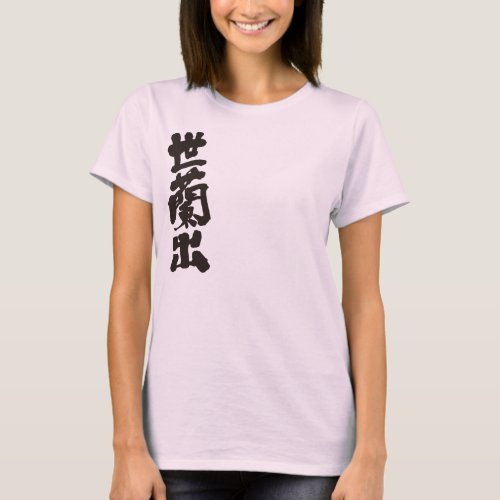
[Kanji] Hello! Yolande. T-Shirt
Your (her/his) name became a Chinese character [Kanji]. This used as a phonetic symbol rather than for its meaning.
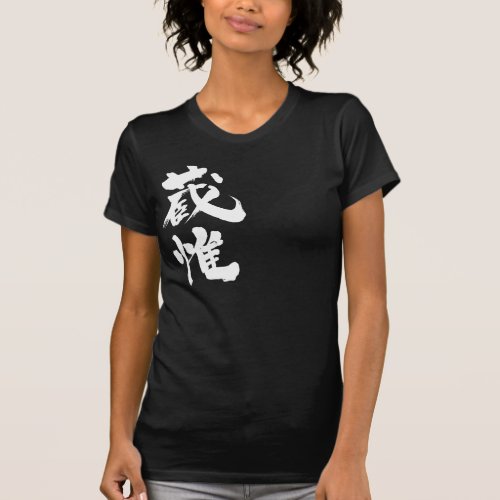
[Kanji] Hello! Zoe. T-Shirt
Your (her/his) name became a Chinese character [Kanji]. This used as a phonetic symbol rather than for its meaning.
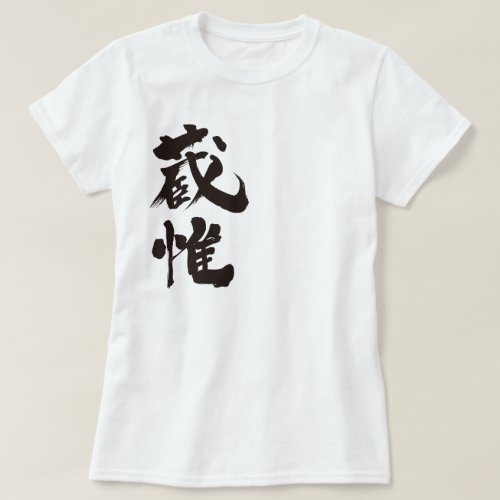
[Kanji] Hello! Zoe. T-Shirt
Your (her/his) name became a Chinese character [Kanji]. This used as a phonetic symbol rather than for its meaning.
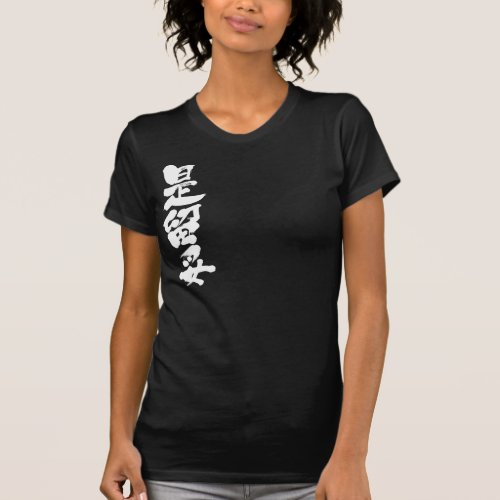
[Kanji] Hello! Zelda. T-Shirt
Your (her/his) name became a Chinese character [Kanji]. This used as a phonetic symbol rather than for its meaning.
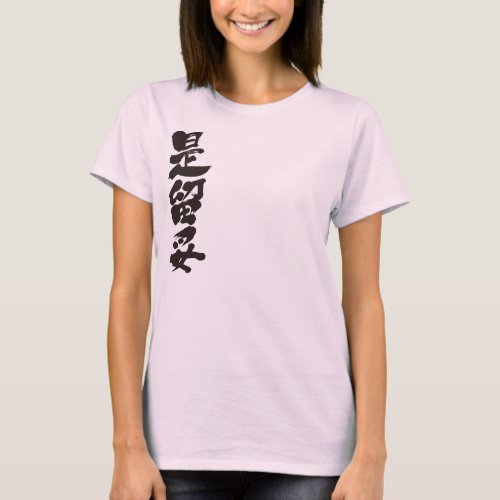
[Kanji] Hello! Zelda. T-Shirt
Your (her/his) name became a Chinese character [Kanji]. This used as a phonetic symbol rather than for its meaning.
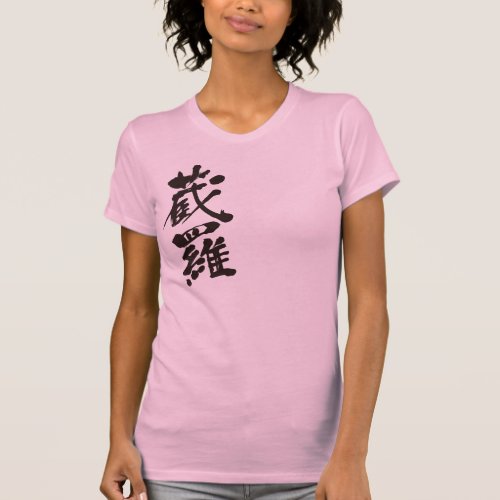
[Kanji] Hello! Zora. T-Shirt
Your (her/his) name became a Chinese character [Kanji]. This used as a phonetic symbol rather than for its meaning.
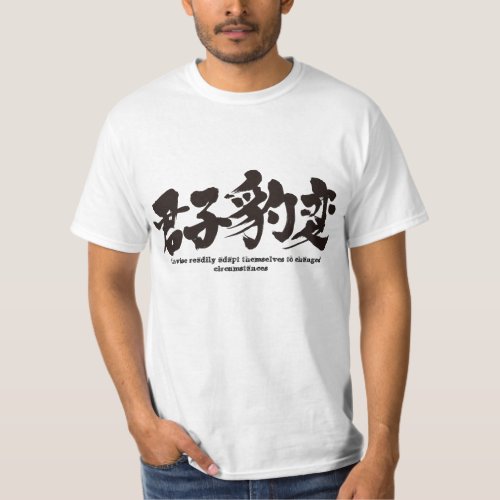
[Kanji] the wise readily adapt themselves to chan T-Shirt
the wise readily adapt themselves to changed circumstances. Japanese says "Kun-Shi-Hyo-Hen".
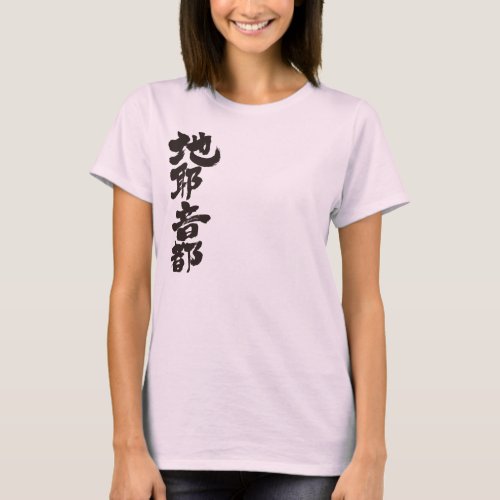
[Kanji] Hello! Jannette. T-Shirt
Your (her/his) name became a Chinese character [Kanji]. This used as a phonetic symbol rather than for its meaning.
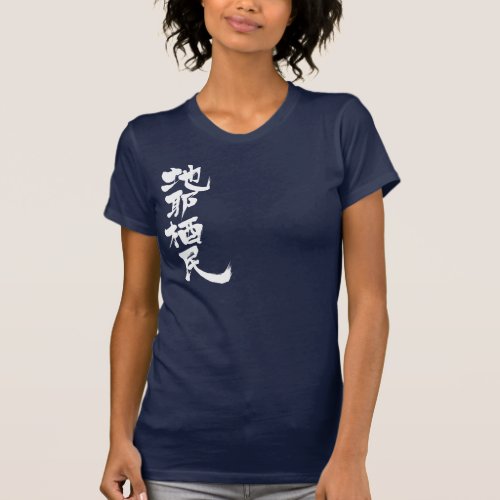
[Kanji] Hello! Jasmine. T-Shirt
Your (her/his) name became a Chinese character [Kanji]. This used as a phonetic symbol rather than for its meaning.
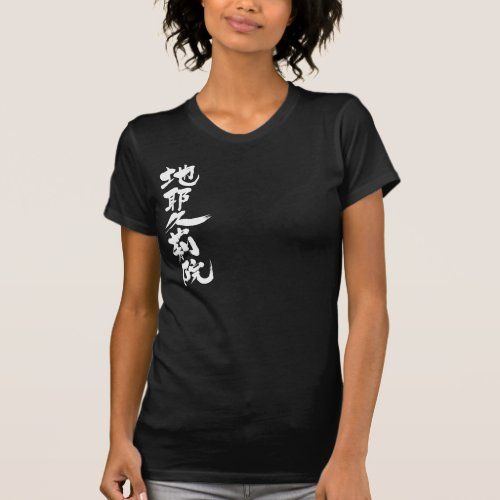
[Kanji] Hello! Jacqueline. T-Shirt
Your (her/his) name became a Chinese character [Kanji]. This used as a phonetic symbol rather than for its meaning.
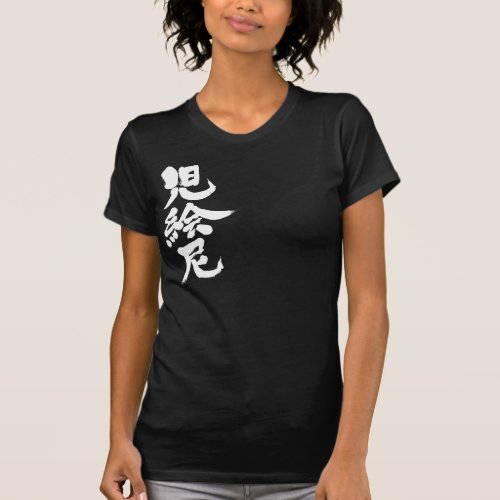
[Kanji] Hello! Jeni. T-Shirt
Your (her/his) name became a Chinese character [Kanji]. This used as a phonetic symbol rather than for its meaning.
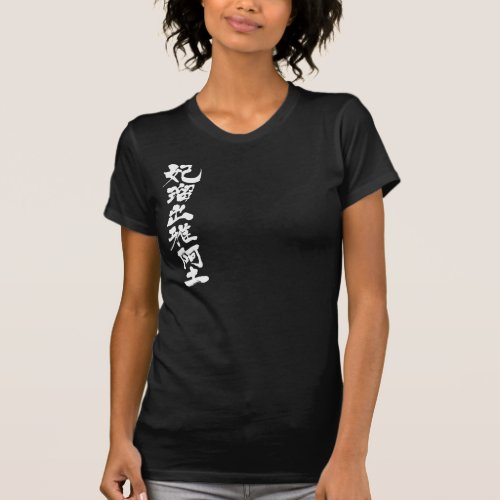
[Kanji] Hello! Hildegard. T-Shirt
Your (her/his) name became a Chinese character [Kanji]. This used as a phonetic symbol rather than for its meaning.
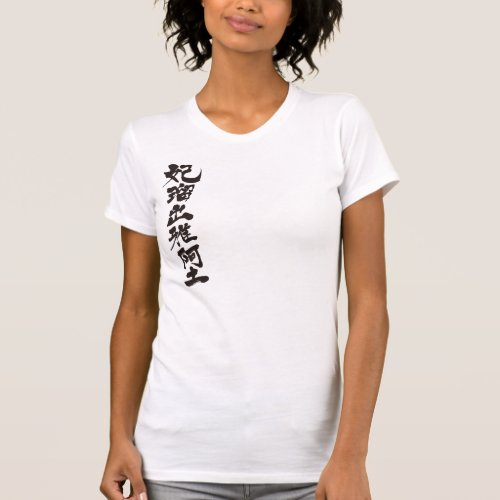
[Kanji] Hello! Hildegard. T-Shirt
Your (her/his) name became a Chinese character [Kanji]. This used as a phonetic symbol rather than for its meaning.
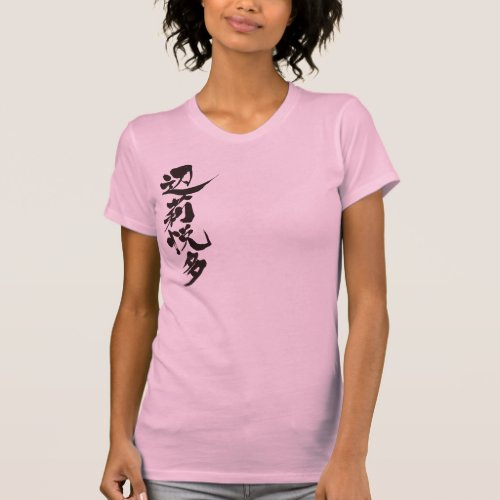
[Kanji] Hello! Henrietta. T-Shirt
Your (her/his) name became a Chinese character [Kanji]. This used as a phonetic symbol rather than for its meaning.
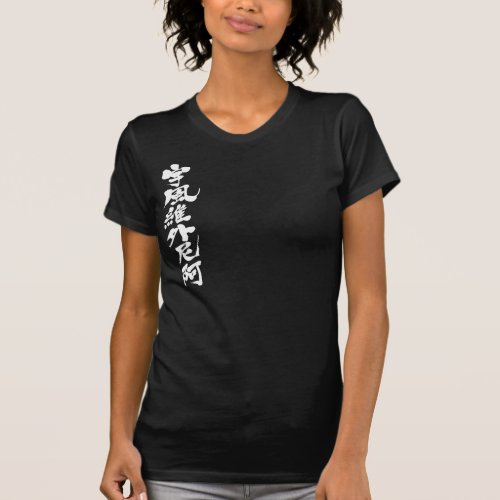
[Kanji] Hello! Iphigenia. T-Shirt
Your (her/his) name became a Chinese character [Kanji]. This used as a phonetic symbol rather than for its meaning.
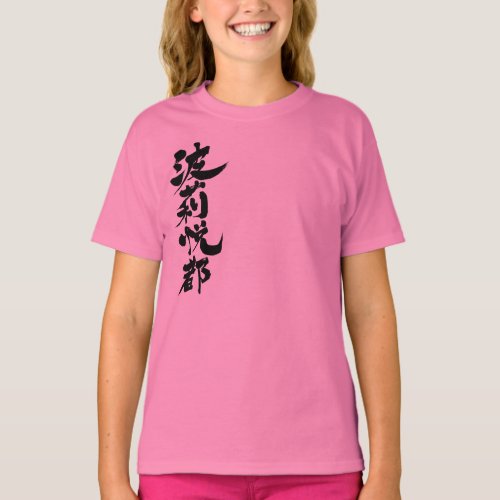
[Kanji] Hello! Hariet T-Shirt
Your (her/his) name became a Chinese character [Kanji]. This used as a phonetic symbol rather than for its meaning.
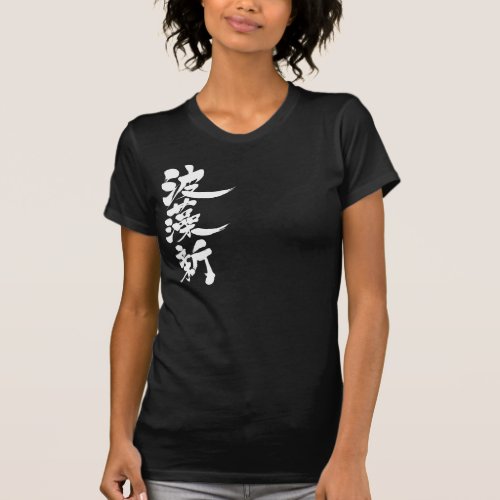
[Kanji] Hello! Harmony T-Shirt
Your (her/his) name became a Chinese character [Kanji]. This used as a phonetic symbol rather than for its meaning.
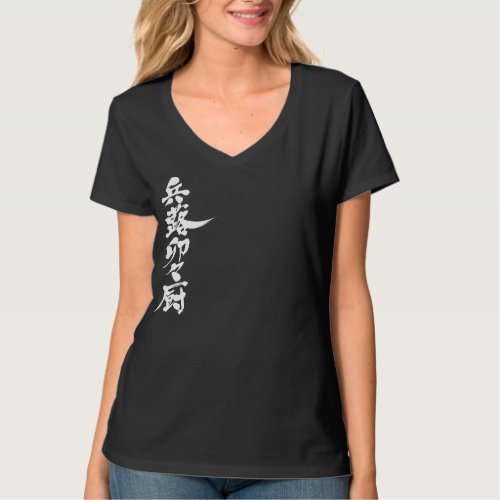
[Kanji] Hello! Heloise v-neck T-Shirt
Your (her/his) name became a Chinese character [Kanji]. This used as a phonetic symbol rather than for its meaning.
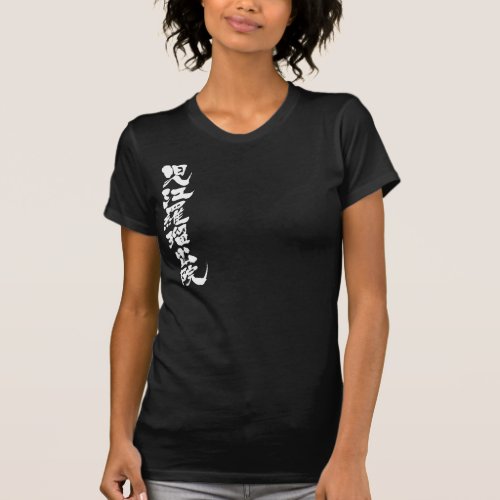
[Kanji] Hello! Geraldine T-Shirt
Your (her/his) name became a Chinese character [Kanji]. This used as a phonetic symbol rather than for its meaning.
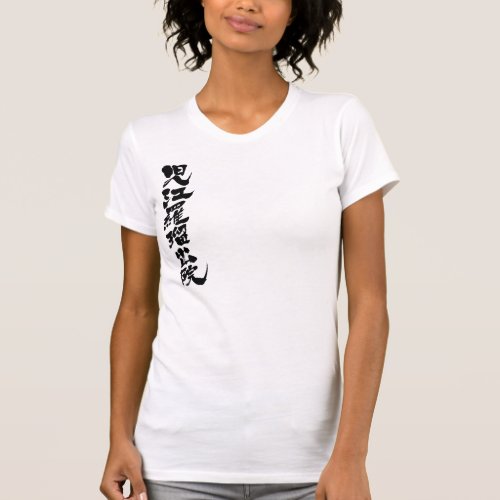
[Kanji] Hello! Geraldine T-Shirt
Your (her/his) name became a Chinese character [Kanji]. This used as a phonetic symbol rather than for its meaning.
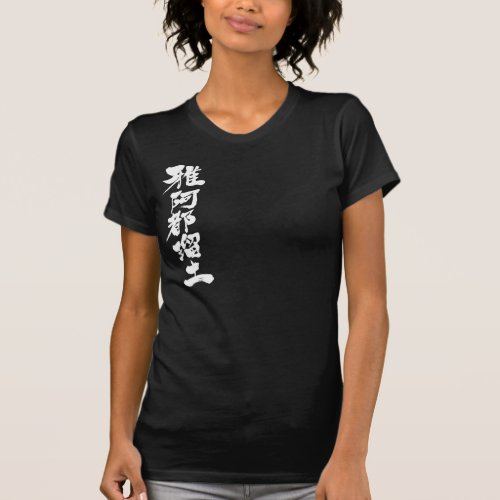
[Kanji] Hello! Gertrude T-Shirt
Your (her/his) name became a Chinese character [Kanji]. This used as a phonetic symbol rather than for its meaning.
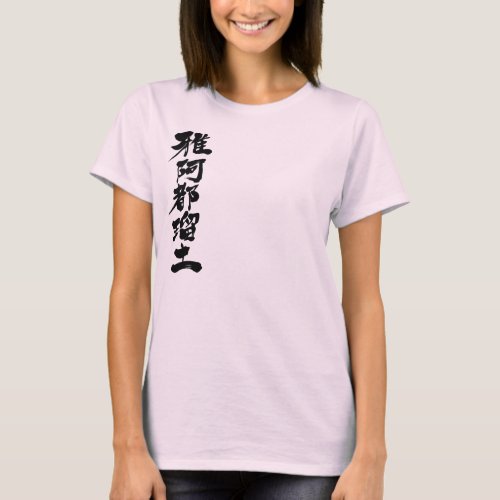
[Kanji] Hello! Gertrude T-Shirt
Your (her/his) name became a Chinese character [Kanji]. This used as a phonetic symbol rather than for its meaning.
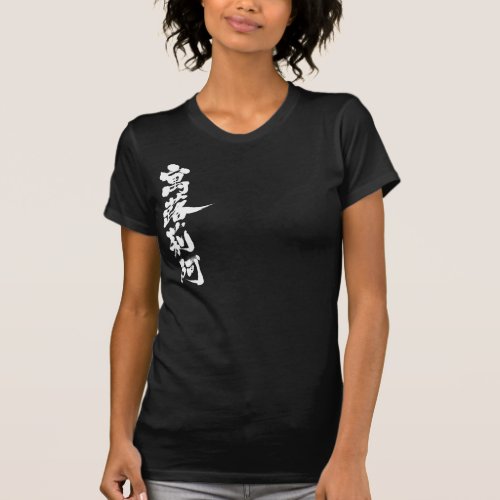
[Kanji] Hello! Gloria. T-Shirt
Your (her/his) name became a Chinese character [Kanji]. This used as a phonetic symbol rather than for its meaning.
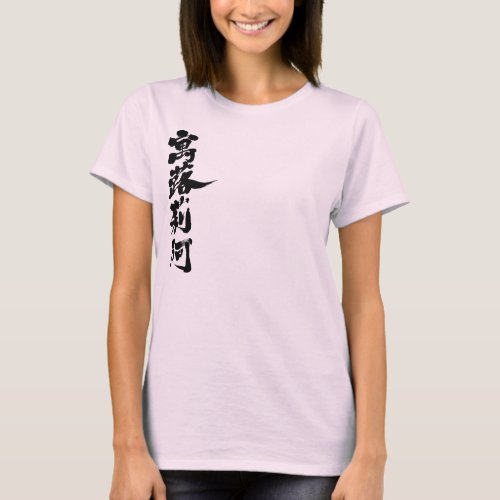
[Kanji] Hello! Gloria. T-Shirt
Your (her/his) name became a Chinese character [Kanji]. This used as a phonetic symbol rather than for its meaning.
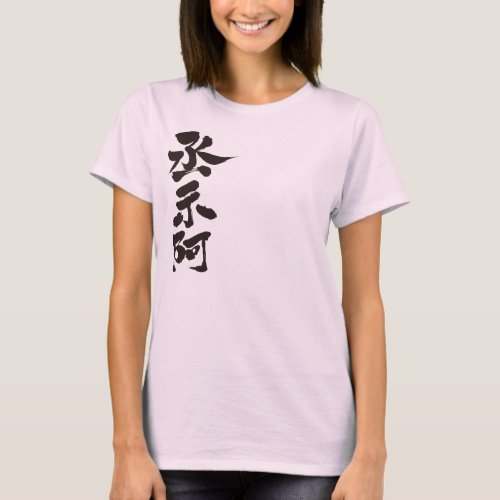
[Kanji] Hello! Georgia T-Shirt
Your (her/his) name became a Chinese character [Kanji]. This used as a phonetic symbol rather than for its meaning.
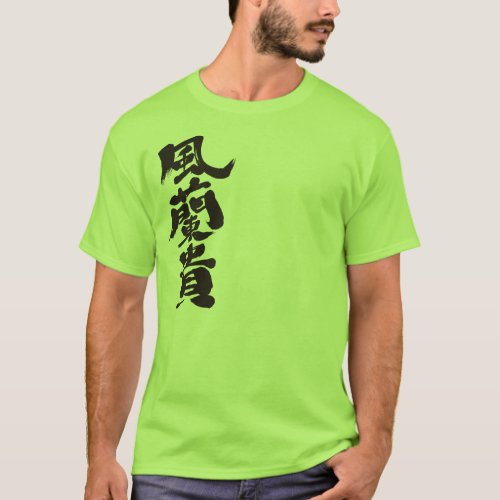
[Kanji] Hello! Frankie T-Shirt
Your (her/his) name became a Chinese character [Kanji]. This used as a phonetic symbol rather than for its meaning.
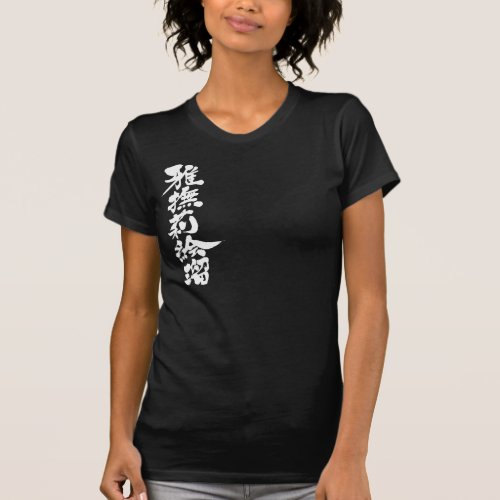
[Kanji] Hello! Gabriel T-Shirt
Your (her/his) name became a Chinese character [Kanji]. This used as a phonetic symbol rather than for its meaning.
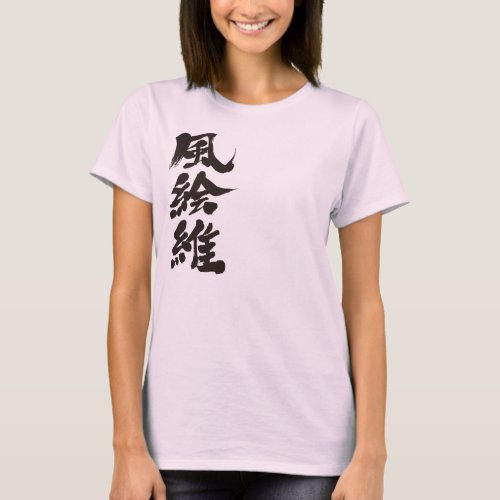
[Kanji] Hello! Fay T-Shirt
Your (her/his) name became a Chinese character [Kanji]. This used as a phonetic symbol rather than for its meaning.
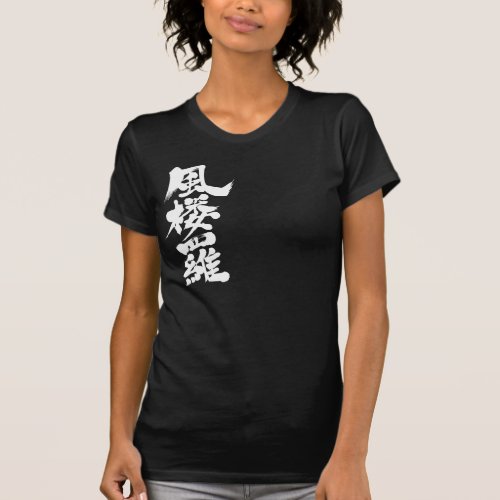
[Kanji] Hello! Flora T-Shirt
Your (her/his) name became a Chinese character [Kanji]. This used as a phonetic symbol rather than for its meaning.
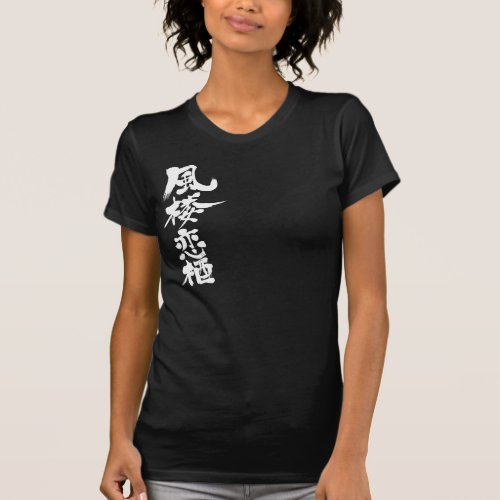
[Kanji] Hello! Florence T-Shirt
Your (her/his) name became a Chinese character [Kanji]. This used as a phonetic symbol rather than for its meaning.
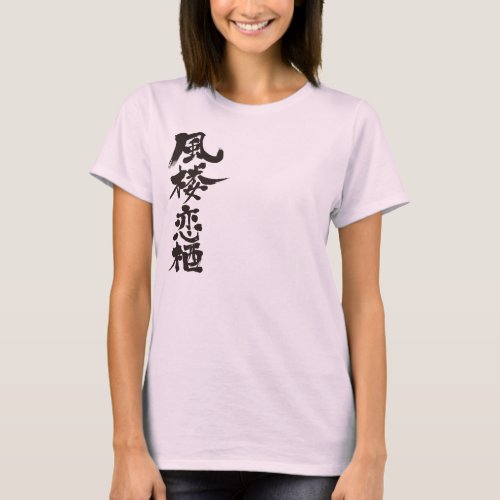
[Kanji] Hello! Florence T-Shirt
Your (her/his) name became a Chinese character [Kanji]. This used as a phonetic symbol rather than for its meaning.

[Kanji] Hello! Eleanor T-Shirt
Your (her/his) name became a Chinese character [Kanji]. This used as a phonetic symbol rather than for its meaning.
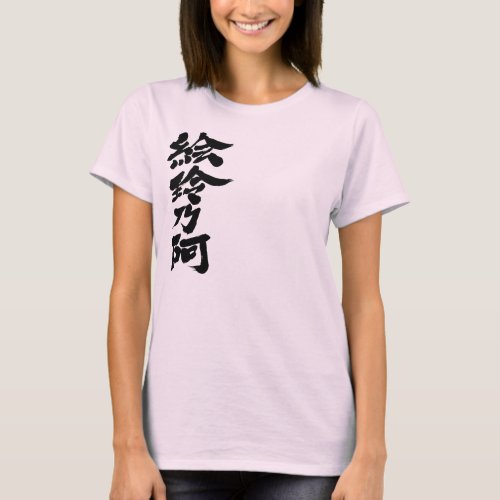
[Kanji] Hello! Eleanor T-Shirt
Your (her/his) name became a Chinese character [Kanji]. This used as a phonetic symbol rather than for its meaning.
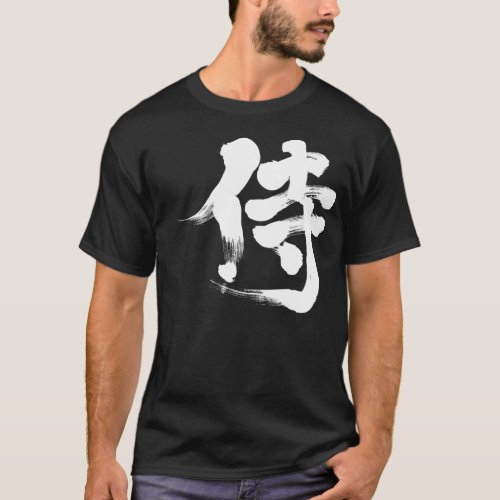
[Kanji] Samurai 侍 T-Shirt
A Japanese warrior. Now there are no samurais in japan. But Japanese has chivalrous spirit like a Samurai.
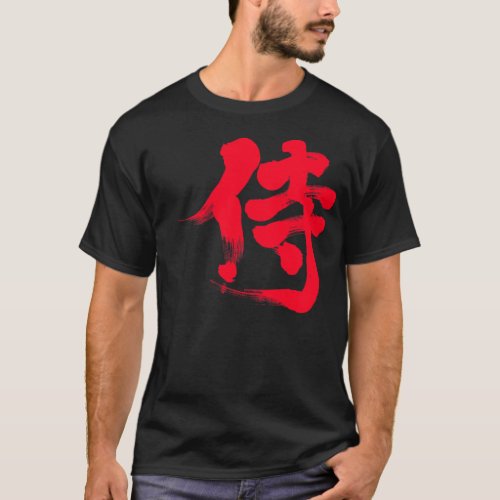
[Kanji] Samurai 侍 T-Shirt
A Japanese warrior. Now there are no samurais in japan. But Japanese has chivalrous spirit like a Samurai.
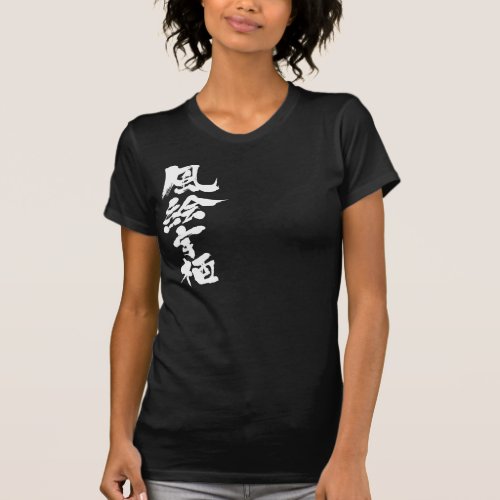
[Kanji] Hello! Faith T-Shirt
Your (her/his) name became a Chinese character [Kanji]. This used as a phonetic symbol rather than for its meaning.
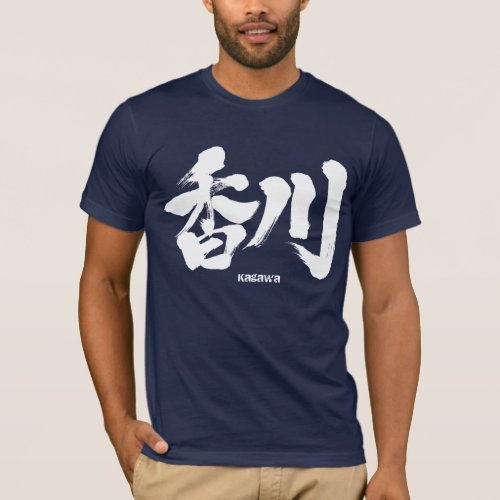
[Kanji] Kagawa as Japanese name T-Shirt
1. A name of a prefecture of Japan. 2. A Japanese famous soccer player.
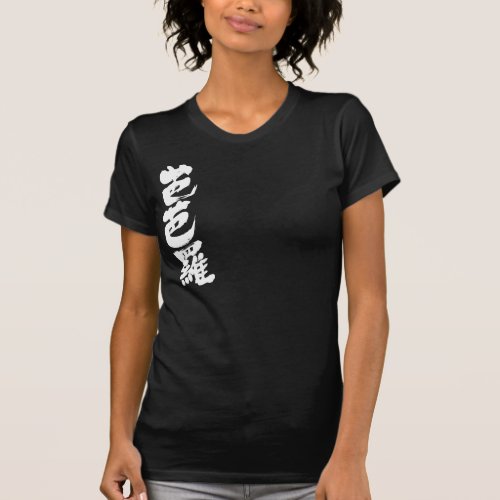
[Kanji] Hello! Barbara T-Shirt
Your (her/his) name became a Chinese character [Kanji]. This used as a phonetic symbol rather than for its meaning.
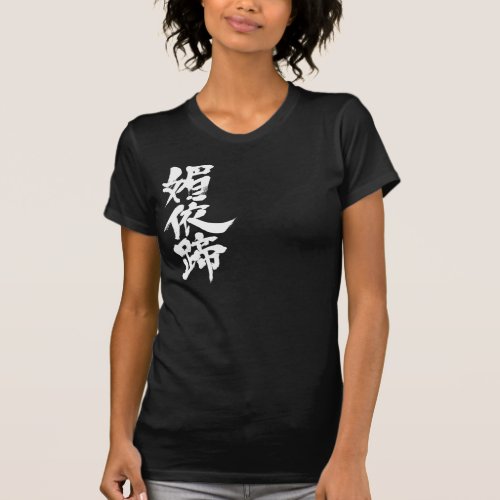
[Kanji] Hello! Beatie T-Shirt
Your (her/his) name became a Chinese character [Kanji]. This used as a phonetic symbol rather than for its meaning.
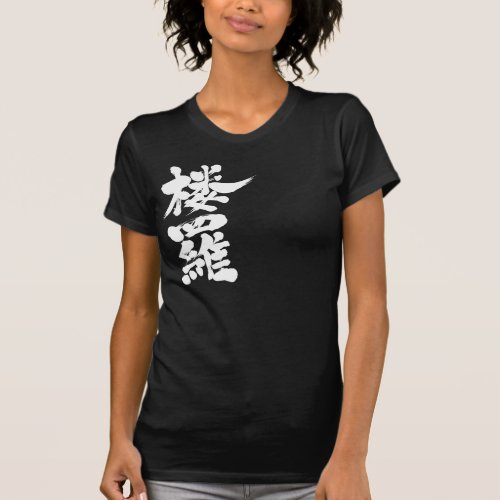
[Kanji] Hello! Laura. T-Shirt
Your name became a Chinese character [Kanji]. This used as a phonetic symbol rather than for its meaning.
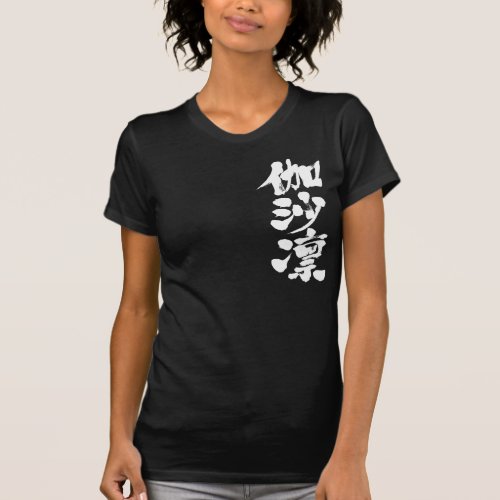
[Kanji] Hello! Katharine T-Shirt
Your name became a Chinese character [Kanji]. This used as a phonetic symbol rather than for its meaning.
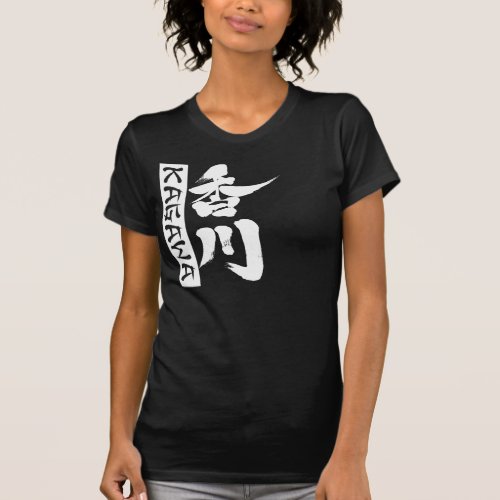
[Kanji] Kagawa by vertical as Japanese name T-Shirt
1. A name of a prefecture of Japan. 2. A Japanese famous soccer player.
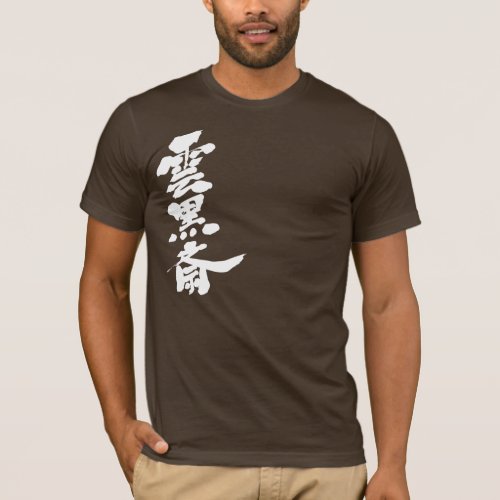
[Kanji] Un-Koku-Sai T-Shirt
it's name that sound like a something master. But It's mean "dirt is bad smell".
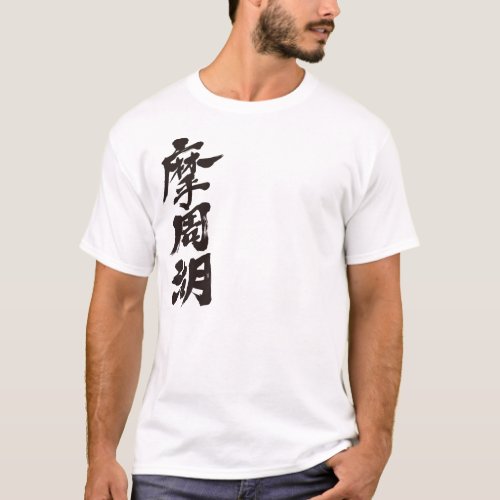
[Kanji] Mashu Lake T-Shirt
Lake Mashū is a landlocked endorheic crater lake formed in the caldera of a potentially active volcano.
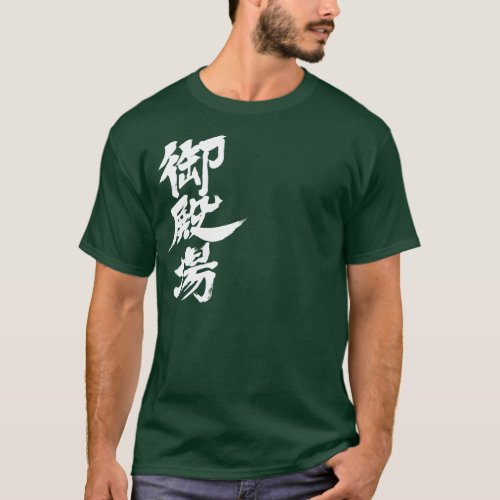
[Kanji] Gotenba T-Shirt
Gotemba is a city located on the southeastern flank of Mt. Fuji in Shizuoka, Japan.
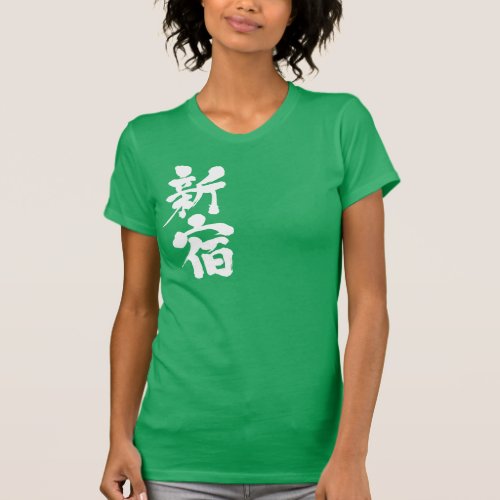
[Kanji] Shinjuku T-Shirt
Shinjuku is one of the 23 special wards of Tokyo, Japan. It is a major commercial and administrative centre, housing the busiest train station in the world and
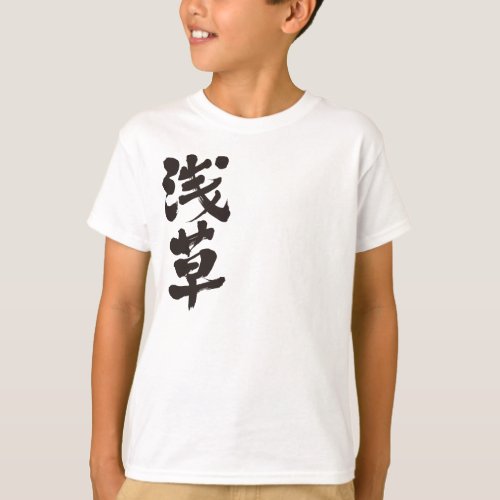
[Kanji] Asakusa T-Shirt
Asakusa is one of those 'hotspot' places where you can experience traditional Janaese culture just about any day you visit.
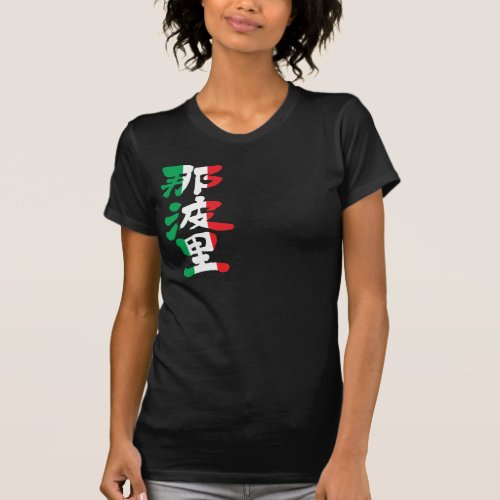
[Kanji] Naples T-Shirt
It is a formal Chinese character published in the dictionary. a port and tourist center in southwestern Italy.
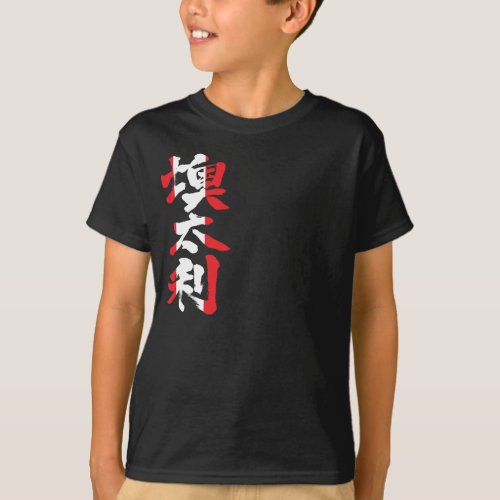
[kanji] Austria by vertical with flag colors T-Shirt
It is a formal Chinese character published in the dictionary.
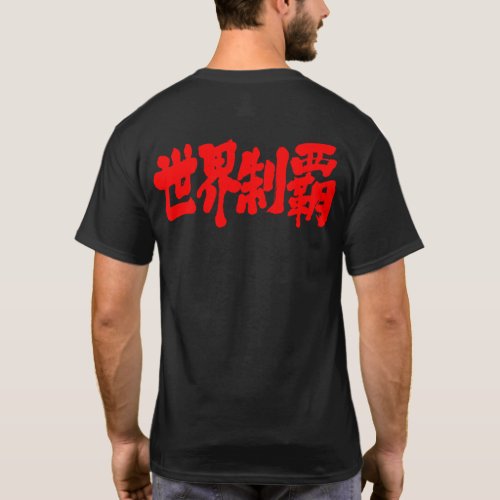
[Kanji] conquest all of the world T-Shirt
Japanese says "Se-Kai-Sei-Ha". red color japanese text language.
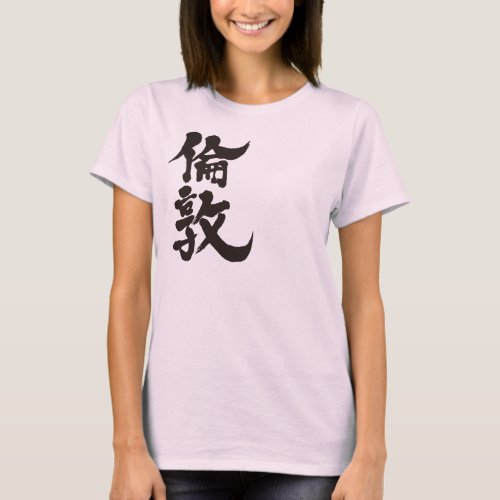
[Kanji] London T-Shirt
It is a formal Chinese character published in the dictionary. the capital and largest city of England.
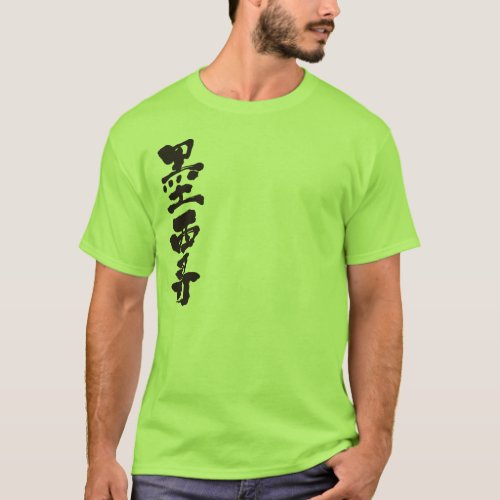
[Kanji] Mexico T-Shirt
It is a formal Chinese character published in the dictionary. a republic in southern North America.
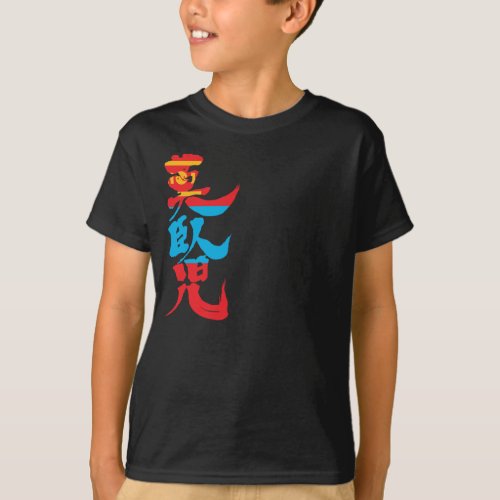
[Kanji] Mongolia with flag colors T-Shirt
It is a formal Chinese character published in the dictionary.
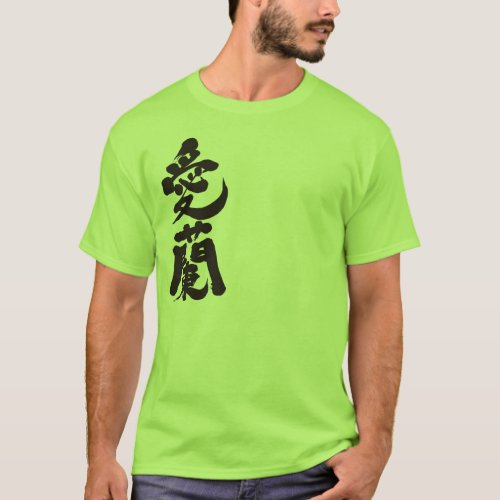
[Kanji] Ireland T-Shirt
It is a formal Chinese character published in the dictionary. A republic consisting of 26 of 32 counties comprising the island of Ireland.
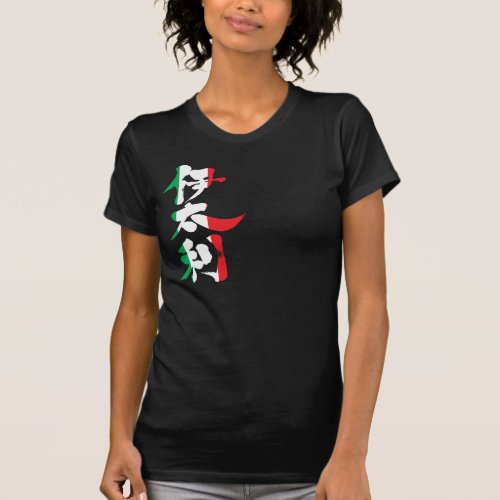
[Kanji] Italy by vertical with flag colors T-Shirt
It is a formal Chinese character published in the dictionary. A republic in southern Europe on the Italian Peninsula.
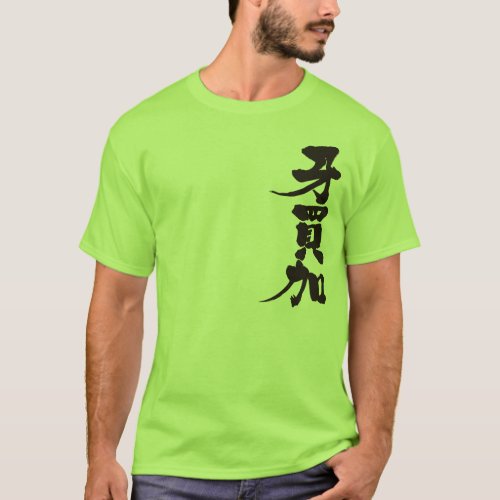
[kanji] Jamaica T-Shirt
It is a formal Chinese character published in the dictionary. An island in the West Indies to the south of Cuba and to the west of Haiti.

[Kanji] Hawaii with flag colors T-Shirt
It is a formal Chinese character published in the dictionary.
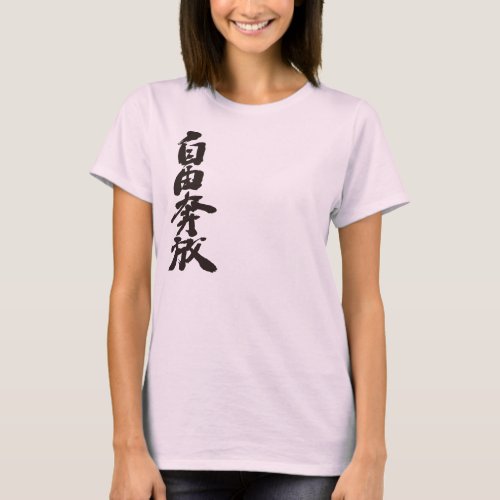
[Kanji] free and wild T-Shirt
It's four characters idiom as Japanese Kanji. It seems that he behaves as he wishes without following the usual rules. Japanese says "Ji-Yu-Hon-Pou".
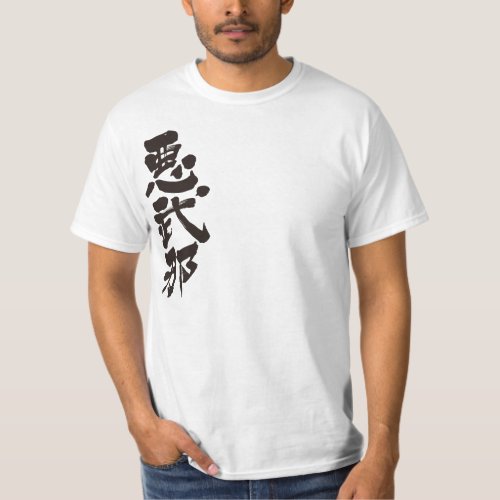
[Kanji] Hello! Abner (black text) T-Shirt
This used as a phonetic symbol rather than for its meaning.
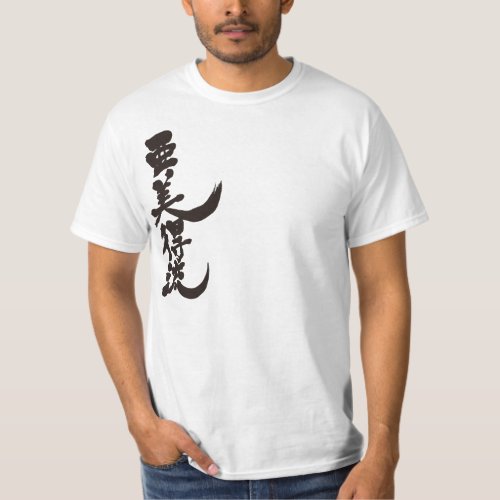
[Kanji] Hello! Abiel (black text) T-Shirt
This used as a phonetic symbol rather than for its meaning.
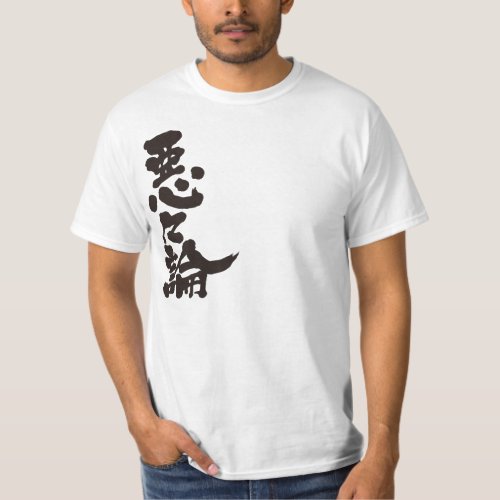
[Kanji] Hello! Aaron (black text) T-Shirt
This used as a phonetic symbol rather than for its meaning.
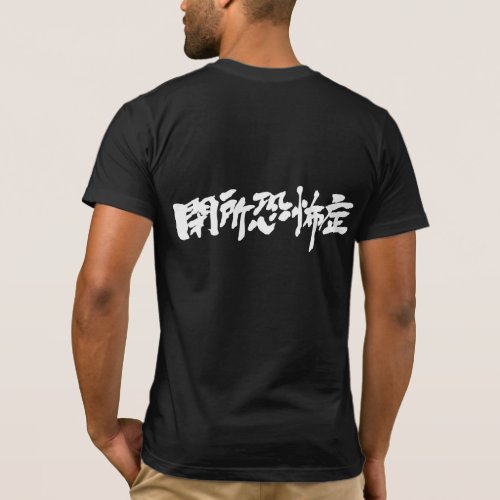
[Kanji] claustrophobia T-Shirt
Japanese says "Hei-Sho-Kyou-Fu-Sho" on back in Kanji. "Se-ma-i-to-ko-da-me" on front in Japanese Katakana.
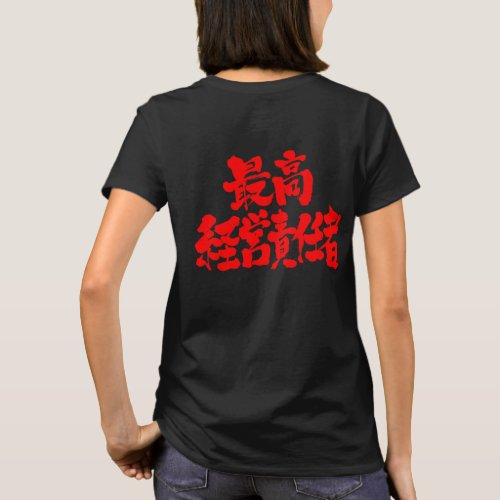
[Kanji] CEO chief executive officer (red letters) T-Shirt
Japanese says “Sai-Ko Kei-Ei-Seki-Nin-Sha”.
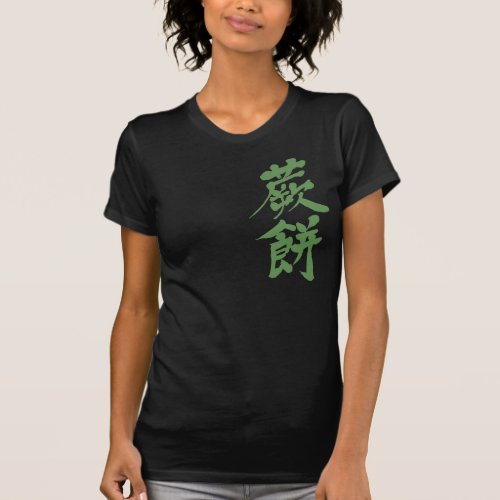
[Kanji] jelly-like confection made from bracken T-Shirt
Japanese says "Warabi-Mochi". a jelly-like confection made from bracken starch and covered or dipped in kinako.
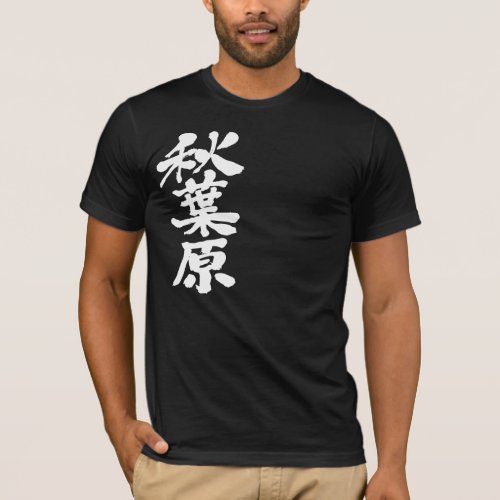
[Kanji] Akihabara T-Shirt
Akihabara also known as Akihabara Electric Town is an area of Tokyo, Japan.
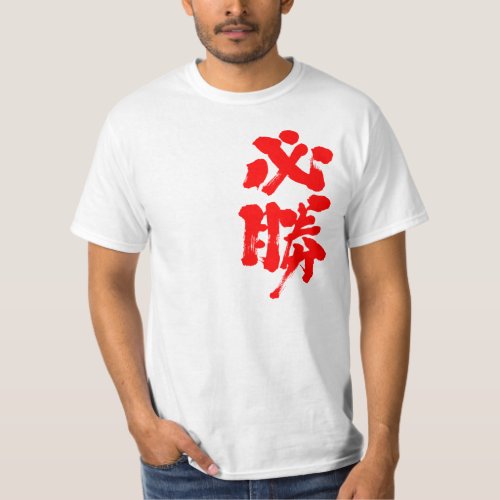
[Kanji] certain victory T-Shirt
In Japan, it is a word used when making a request for sports competitions and academic tests. The wish to win is included. Japanese says "Hi-Sho".
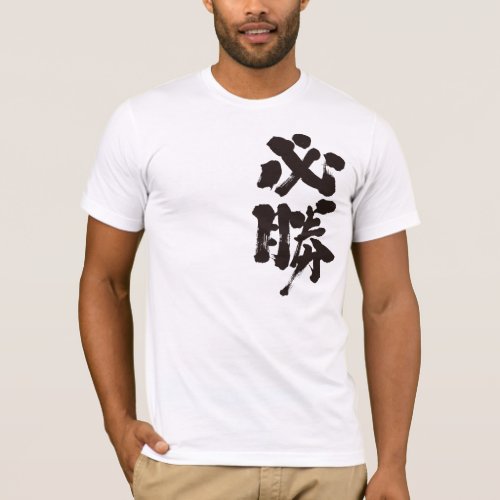
[Kanji] certain victory T-Shirt
In Japan, it is a word used when making a request for sports competitions and academic tests. The wish to win is included. Japanese says "Hi-Sho".
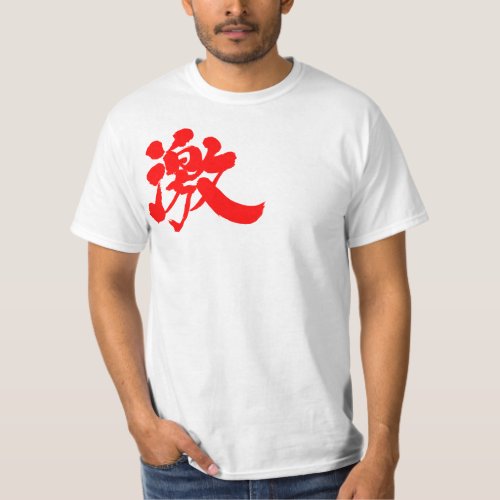
[Kanji] extremely, much, very T-Shirt
Japanese says "Geki". It is mean very or much include strength.
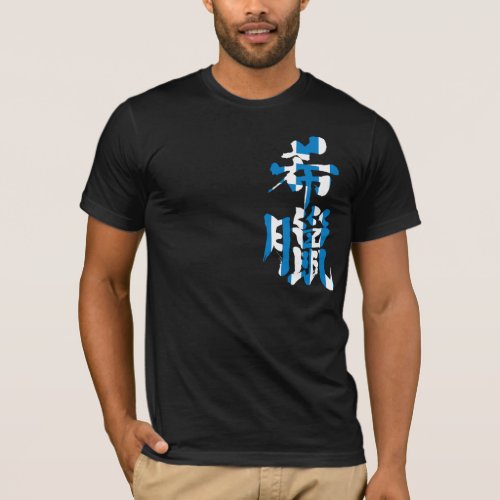
[Kanji] Greece with flag colors T-Shirt
It is a formal Chinese character published in the dictionary.

[Kanji] Finland with flag colors T-Shirt
It is a formal Chinese character published in the dictionary.
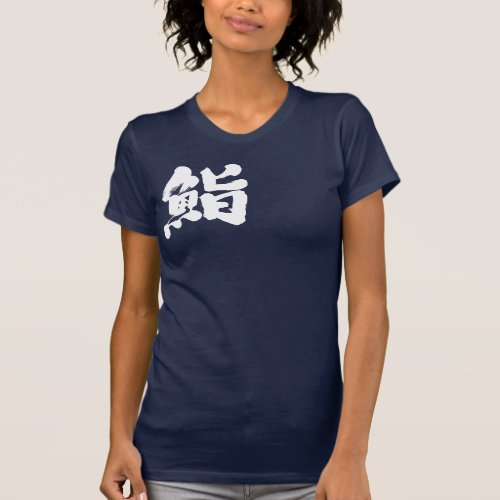
[Kanji] Sushi by one white letter T-Shirt
Sushi is raw fish on vinegared rice. We love it from EDO period.
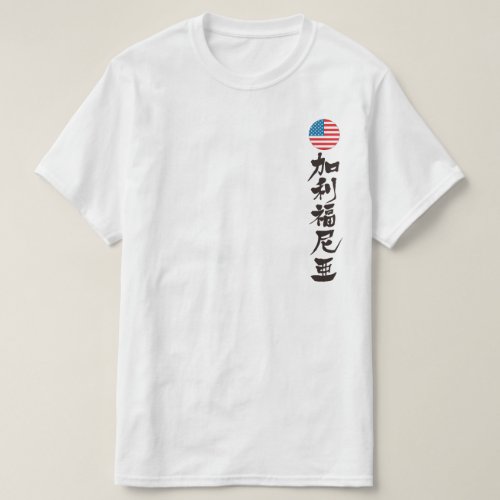
[Kanji] California (black letters) T-Shirt
It is a formal Japanese Kanji character published in the dictionary.
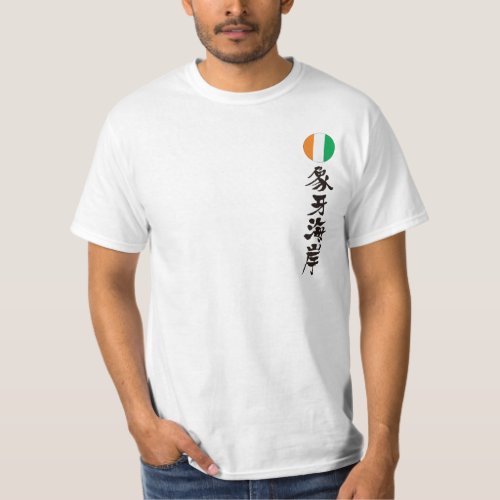
[Kanji] Republic of Cote d'Ivoire T-Shirt
It is a formal Chinese character published in the dictionary.
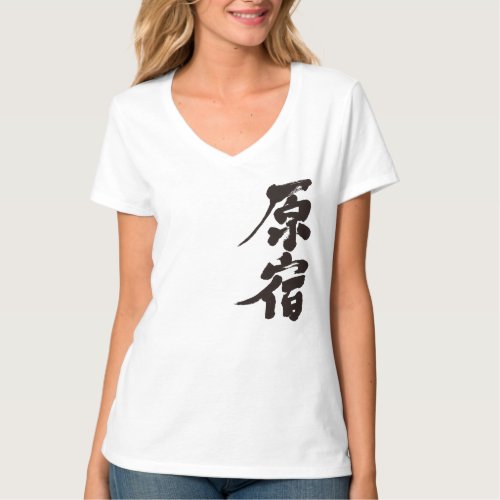
[Kanji] Harajuku V-neck T-Shirt
It is a famous city for young person's fashion and culture. There is one from Shibuya at the next station to be near Shinjuku, too.
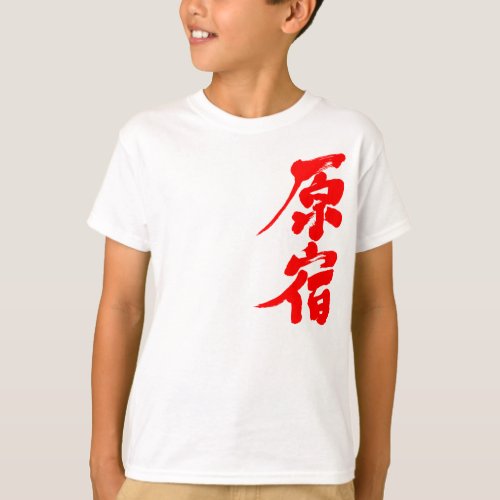
[Kanji] Harajuku T-Shirt
It is a famous city for young person's fashion and culture. There is one from Shibuya at the next station to be near Shinjuku, too.
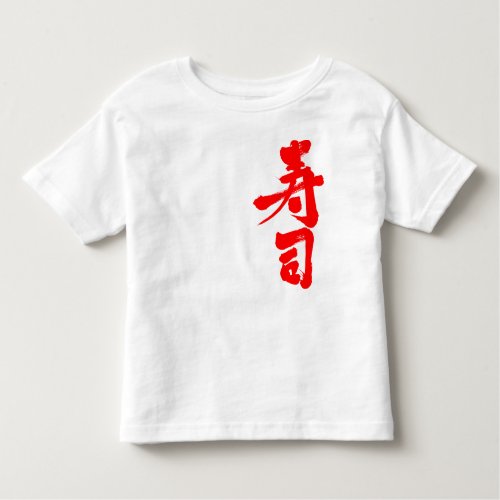
[Kanji] Sushi red-letter Toddler T-shirt
Sushi is raw fish on vinegared rice. We love it from EDO period.
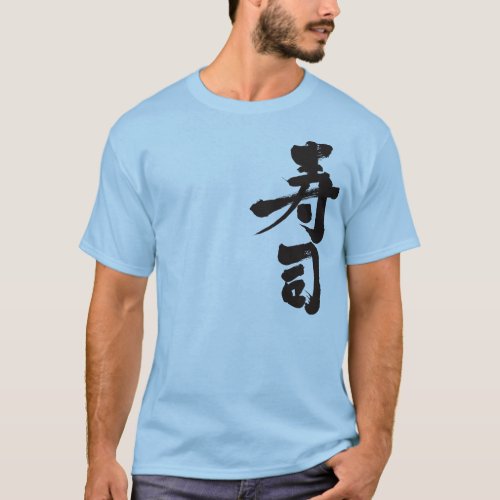
[Kanji] Sushi T-Shirt
There are different kinds of "Sushi", depending on the locality. The most common is "Nigiri zushi", originally produced in the Tokyo distric
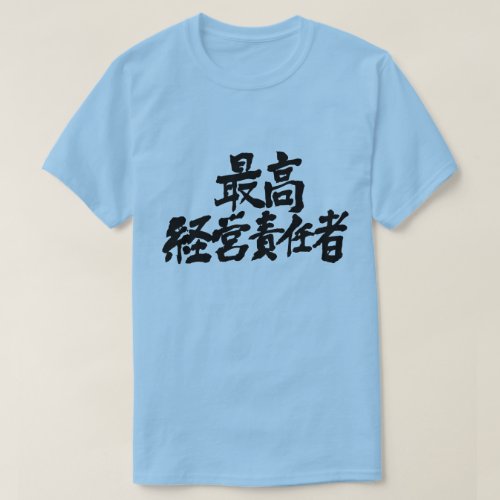
[Kanji] chief executive officer CEO (black letter) T-Shirt
Japanese says “Sai Ko Kei Ei Seki Nin Sya”.
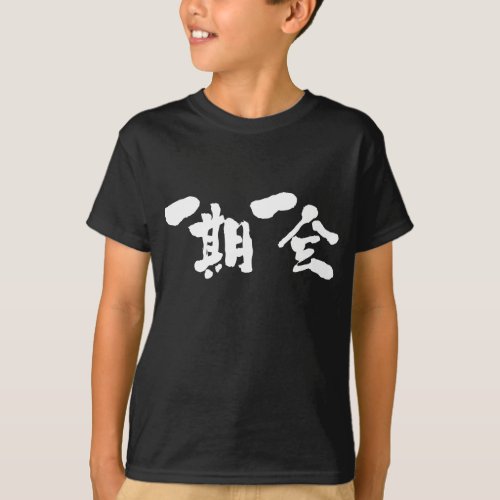
[Kanji] once in a lifetime encounter T-Shirt
Treasure every meeting, for it will never recur. Japanese says "Ichi Go Ichi E".
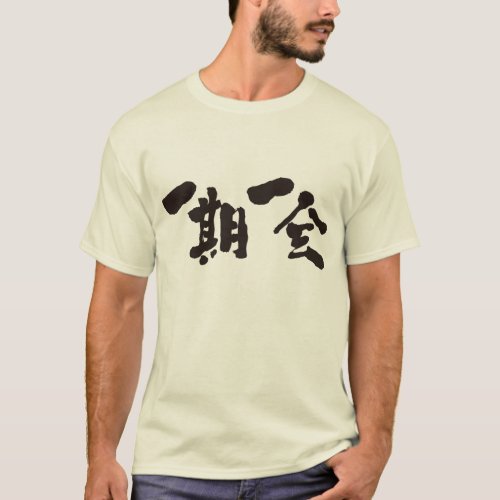
[Kanji] once in a lifetime encounter Shirt
Treasure every meeting, for it will never recur. Japanese says "Ichi Go Ichi E".
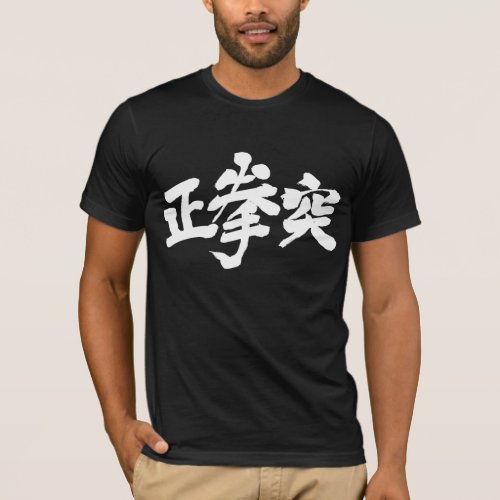
[Kanji] Oi zuki white letters T-Shirt
It is one of the Karate techniques. Japanese says "Sei Ken Zuki".
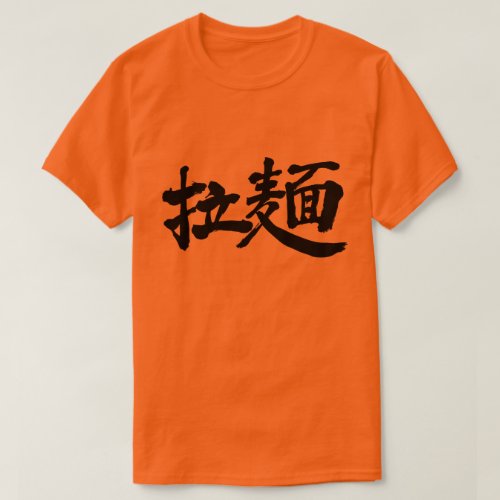
[Kanji] Ramen noodles T-Shirt
Japanese says "Ra Men". The roots of ramen lie in China, but ramen as we know it today developed independently in Japan.
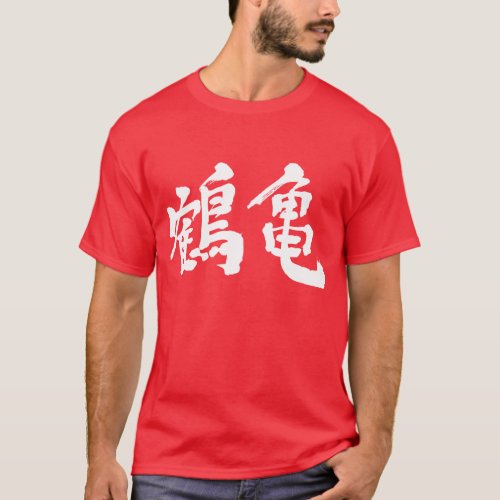
[Kanji] crane and tortoise T-Shirt
It is said the animal of the long life in Japan. Japanese says "Tsuru Kame".
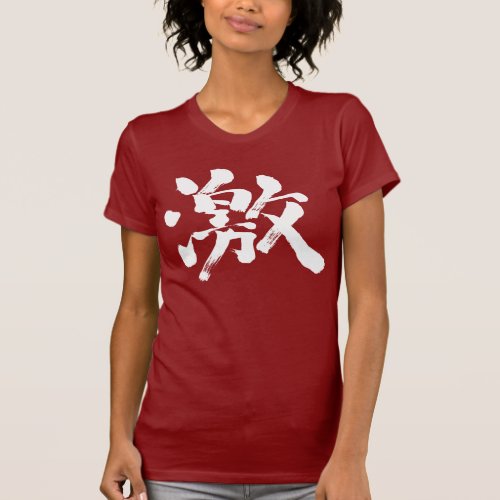
[Kanji] extremely (very, much) T-Shirt
Japanese says "Geki". It is mean very or much include strength.
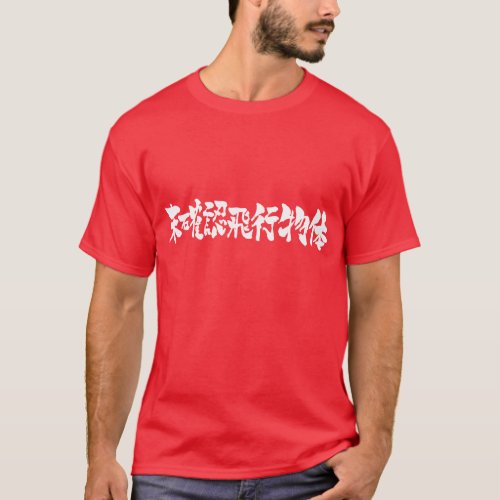
[Kanji] UFO by horizon T-Shirt
Japanese says "Mi Kaku Nin Hiko Bu Tai". Unidentified flying object in Japanese.
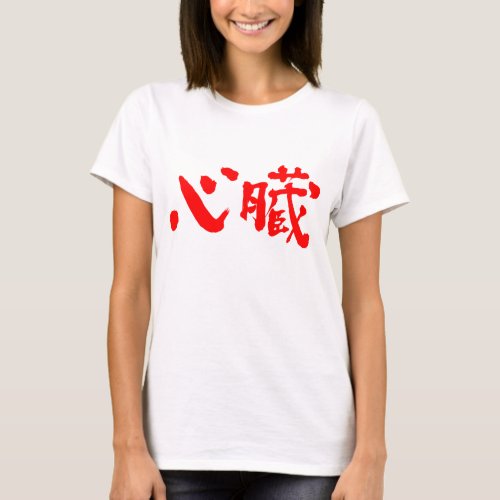
[Kanji] Heart organ as red letters T-Shirt
Japanese says "Shin Zou". It is a formal medical treatment term.
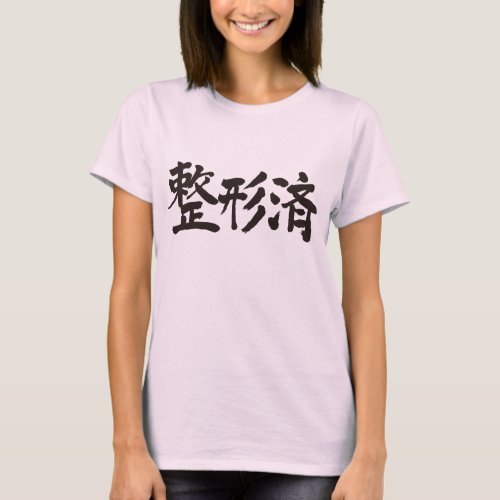
[Kanji] Repaired face or body T-Shirt
Japanese says "Sei Kei Zumi". It is a formal medical treatment term.
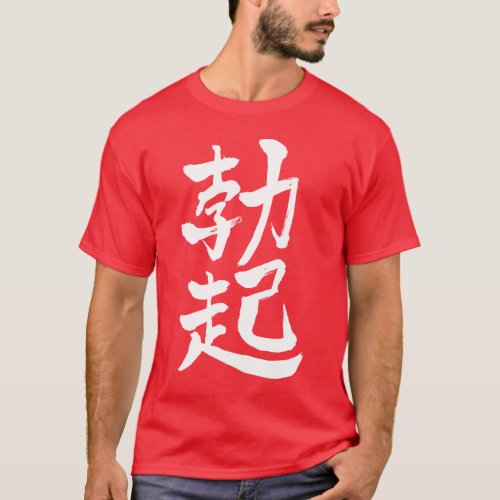
[Kanji] election T-Shirt
Japanese says "Bo Ki". It is who Men feels sexal emotion. It is a formal medical treatment term. But it seems to be abnormal when it puts this on in
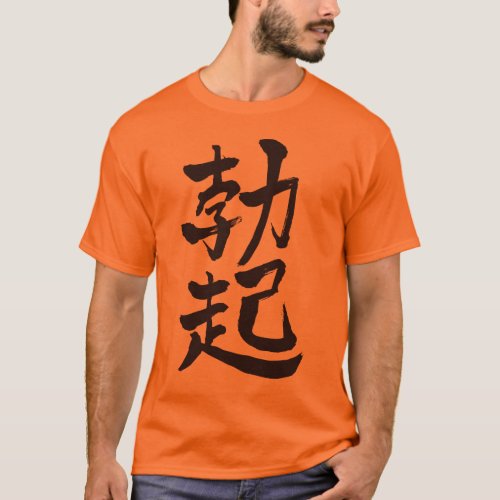
[Kanji] erection T-Shirt
Japanese says "Bo Ki". It is who Men feels sexal emotion. It is a formal medical treatment term. But it seems to be abnormal when it puts this on in
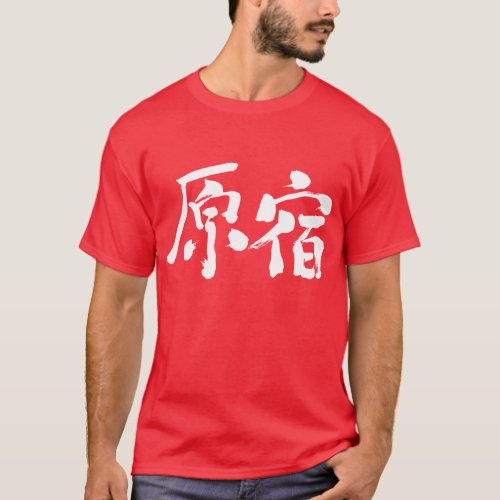
[Kanji] Hara-juku T-Shirt
It is a famous city for young person's fashion and culture. There is one from Shibuya at the next station to be near Shinjuku, too.
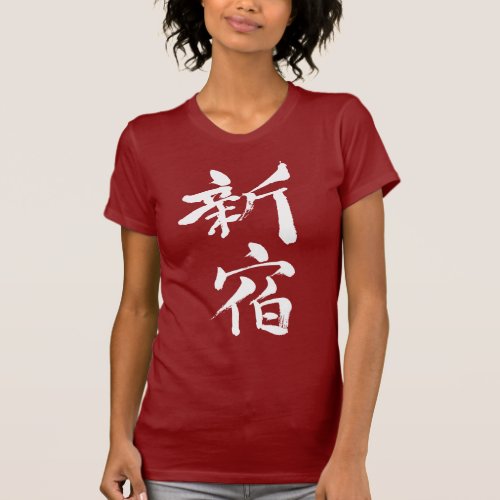
[Kanji] Shin-juku T-Shirt
The number of stations of those who get on and off is a lot of places that are.
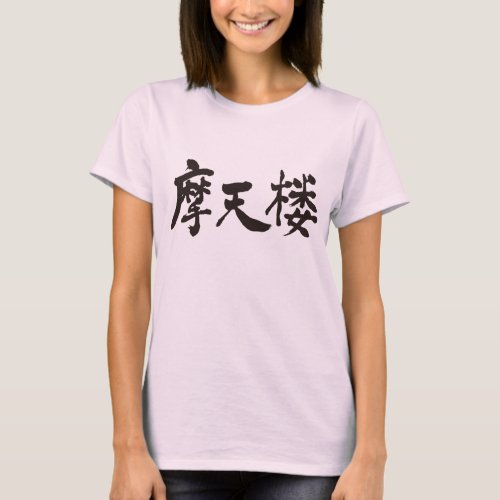
[Kanji] New York T-Shirt
Japanese says "Ma Ten Rou". It is a formal Kanji recorded in the dictionary.
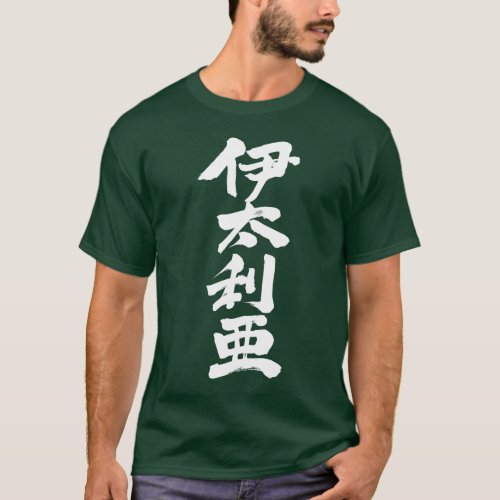
[Kanji] Italy 4 letters by vertical T-Shirt
Japanese says "I Ta Ri A". It is a formal Kanji recorded in the dictionary.
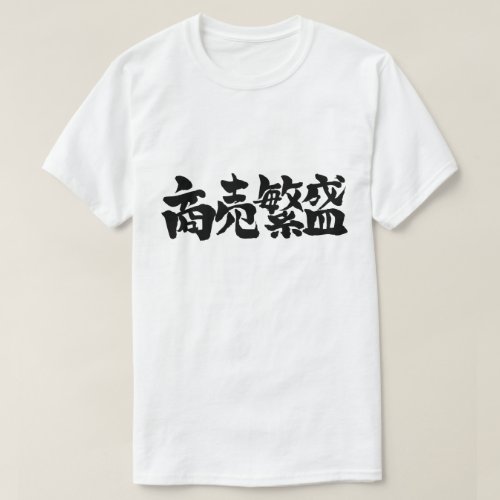
[Kanji] Make big business T-Shirt
Japanese says "Syo Bai Han jo". thriving business. rush of business.
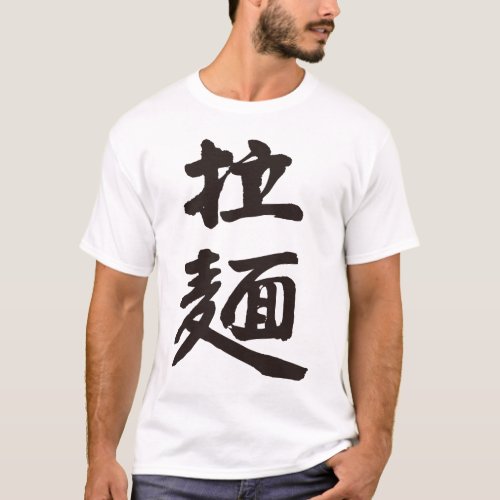
[kanji] Ramen noodles by vertical T-Shirt
Japanese says "Ra Men". The roots of ramen lie in China, but ramen as we know it today developed independently in Japan.
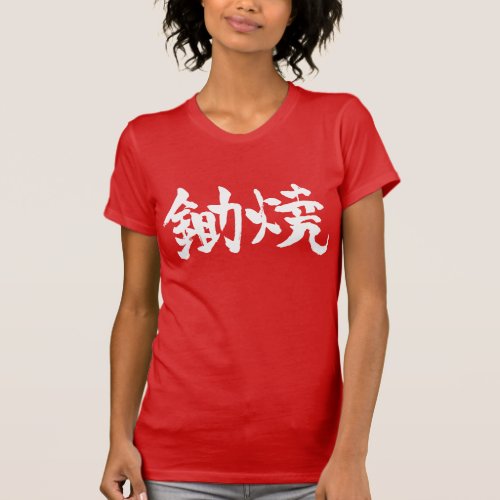
[Kanji] Sukiyaki T-Shirt
Thin beef strips cooked briefly at the table with onions, greens and soy sauce.
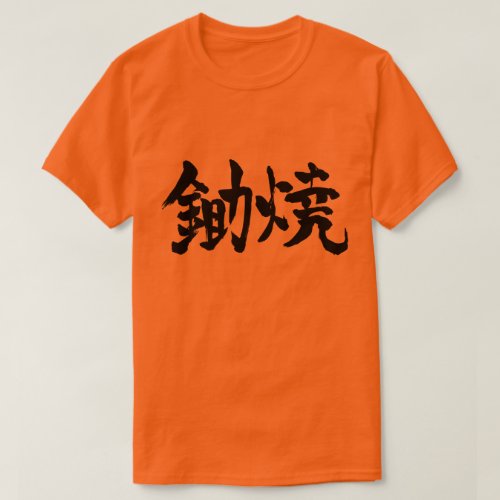
[Kanji] Sukiyaki T-Shirt
Thin beef strips cooked briefly at the table with onions, greens and soy sauce.
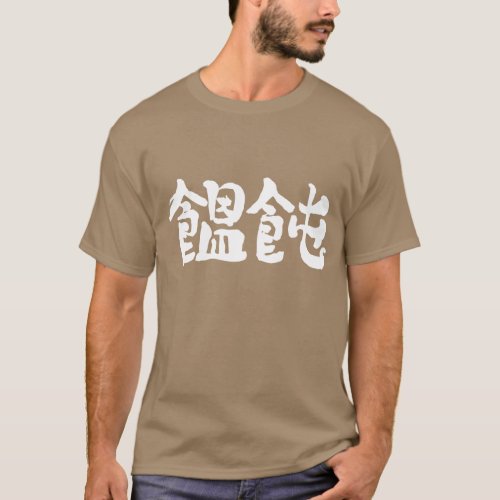
[Kanji] Udon noodle T-Shirt
Japanese says "U Don". Udon is a type of thick wheat-flour noodle popular in Japanese cuisine. Udon is usually served hot as noodle soup in a mildly
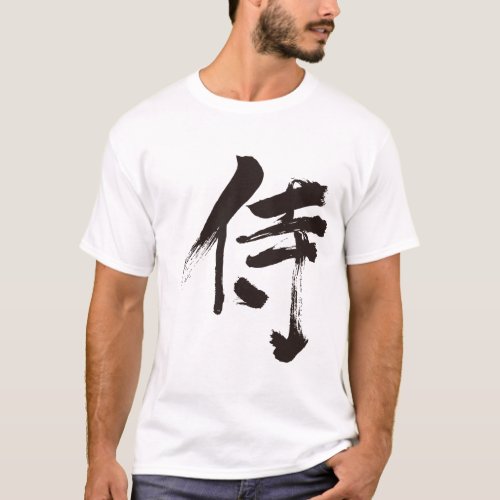
[Kanji] Samurai T-Shirt
A Japanese warrior. Now there are no samurais in Japan. But Japanese has chivalrous spirit like a Samurai.
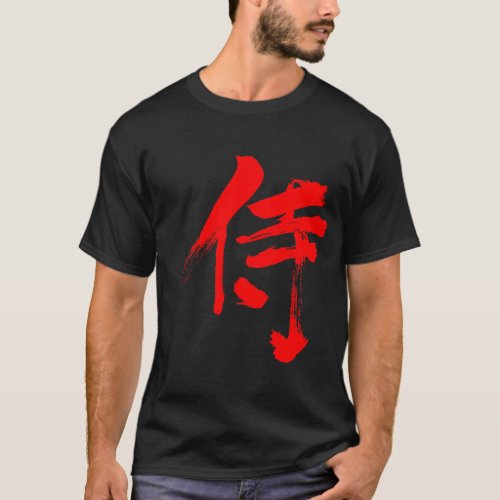
[Kanji] Samurai red letter T-Shirt
A Japanese warrior. Now there are no samurais in Japan. But Japanese has chivalrous spirit like a Samurai.
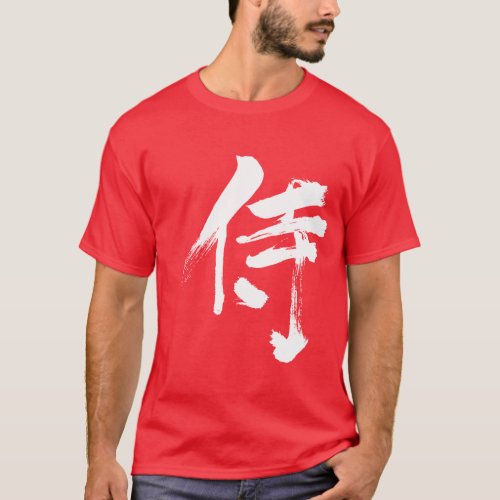
[Kanji] Samurai white letter T-Shirt
A Japanese warrior. Now there are no samurais in japan. But Japanese has chivalrous spirit like a Samurai.
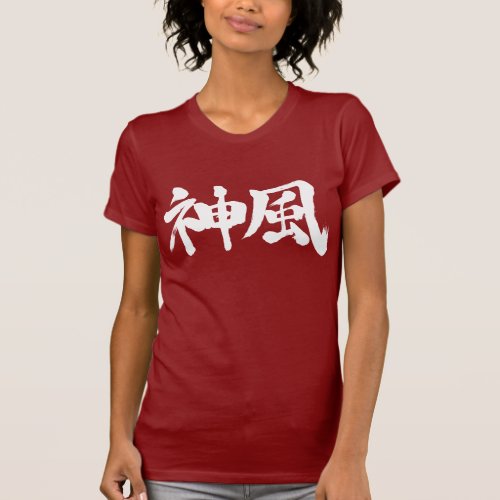
[Kanji] Kamikaze (white horizon letters) T-Shirt
wildly-driven with god breath It is oldies word in Japan.
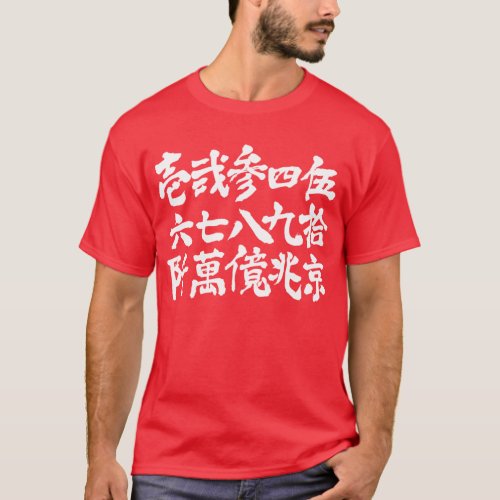
[Kanji] Oldies Numbes T-Shirt
Japanese say to left "Ichi Ni San Shi Go Roku Nana Hachi Kyu Jyu Sen Man Oku Cyo Kei".
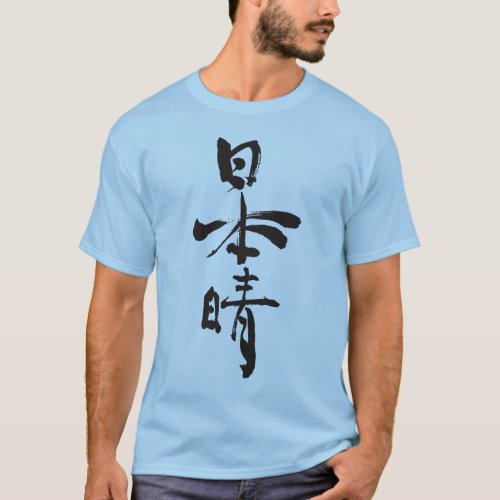
[Kanji] Fine days (black letters) T-Shirt
It is fine day when there is no cloud. Japanese says "Ni Hon Bare"
